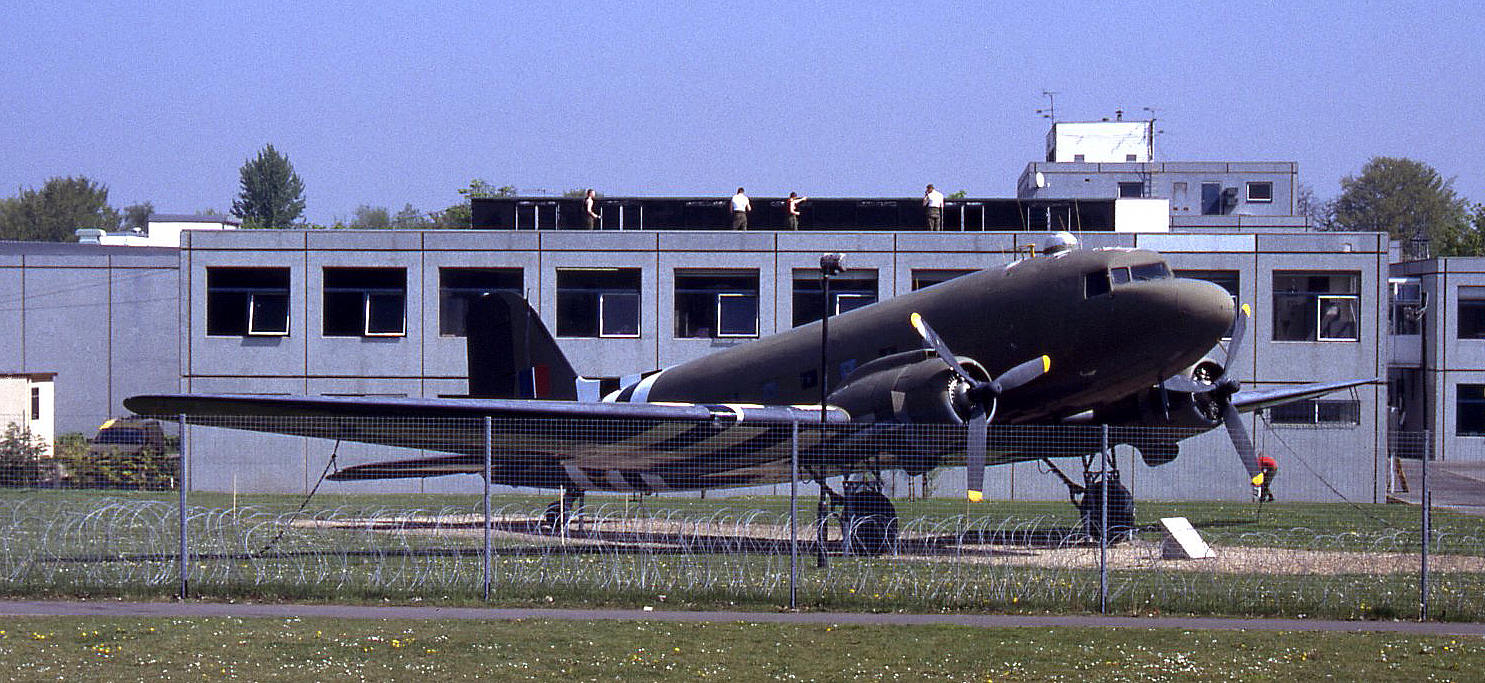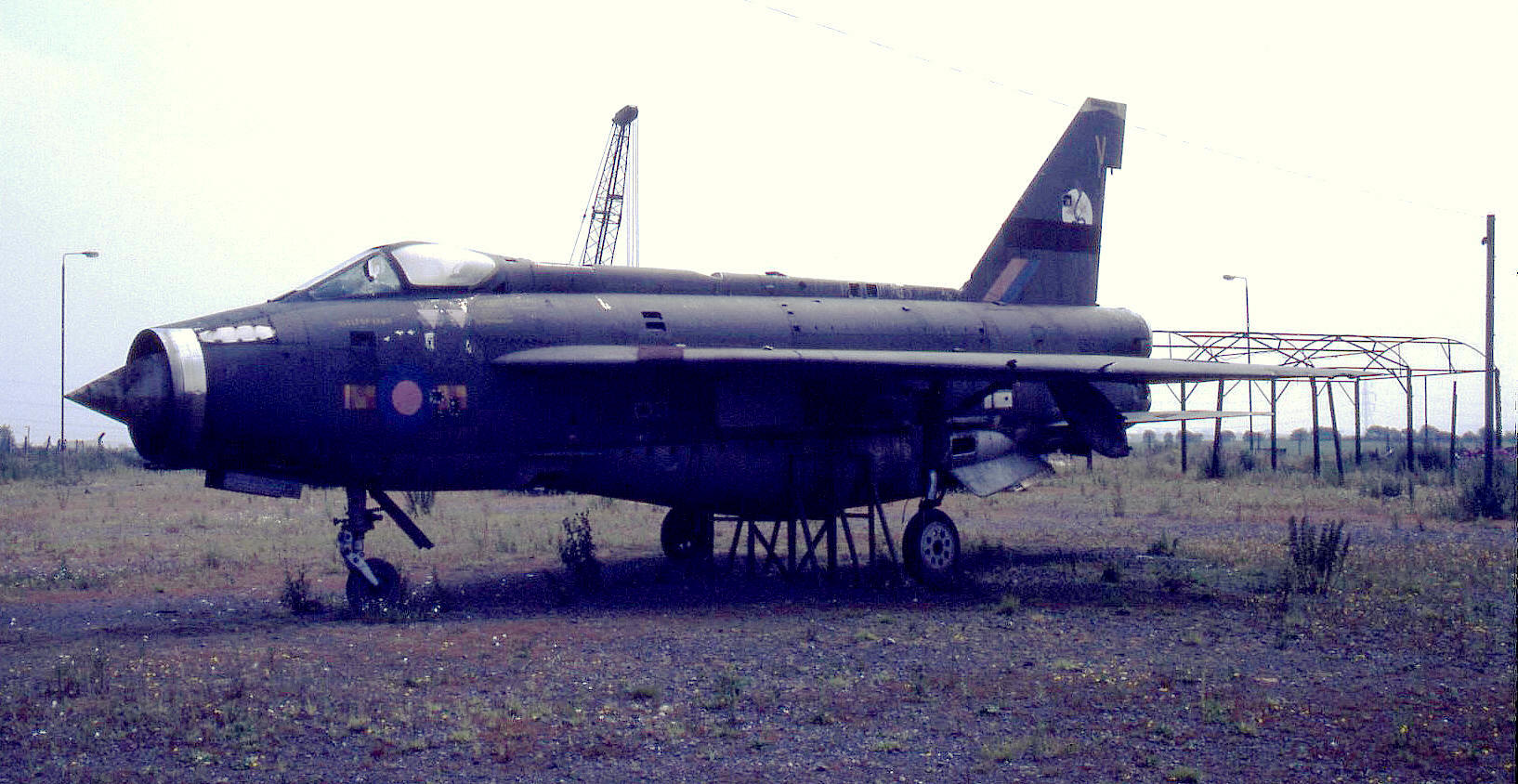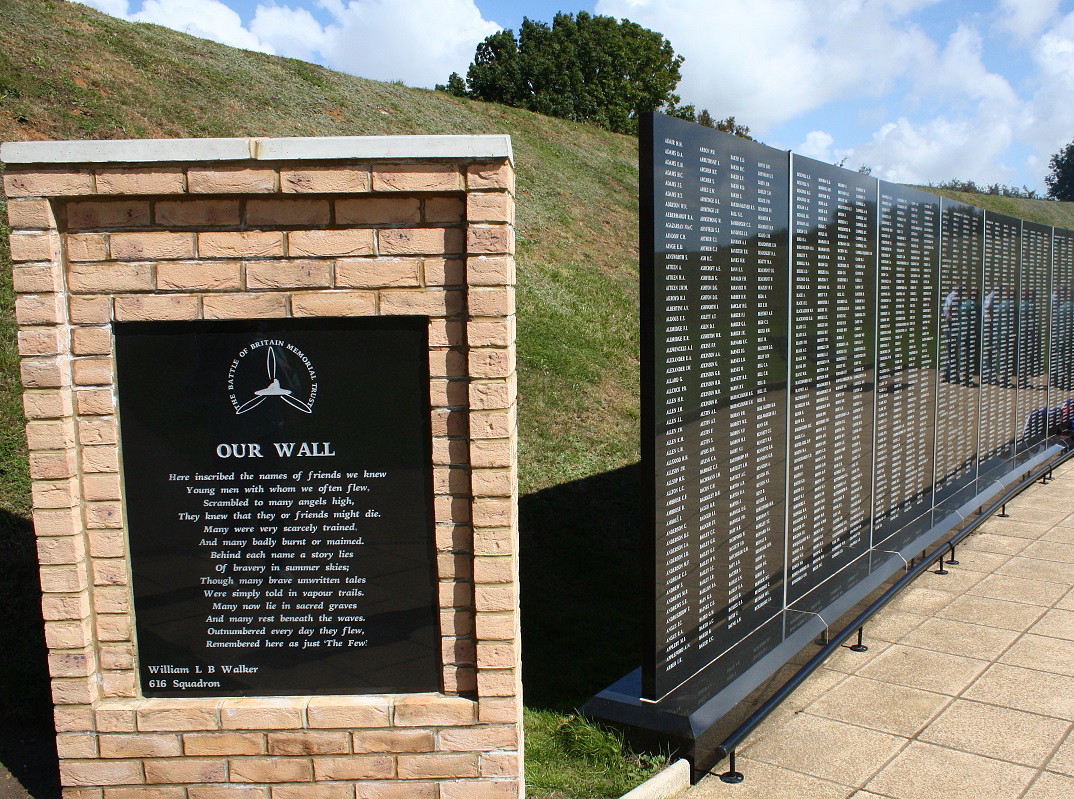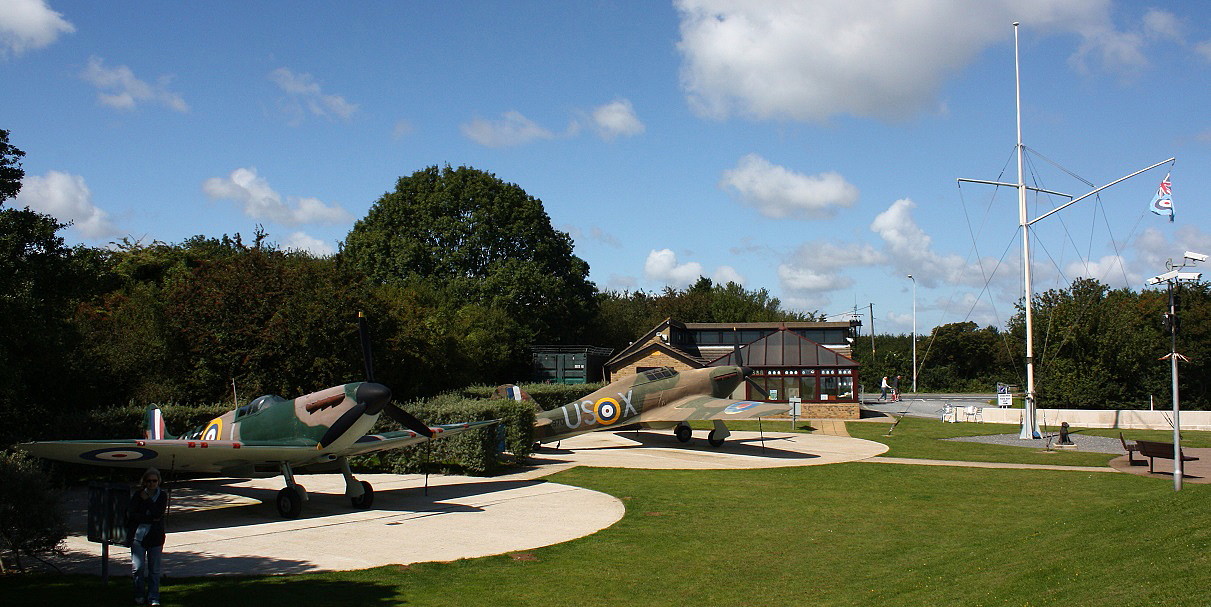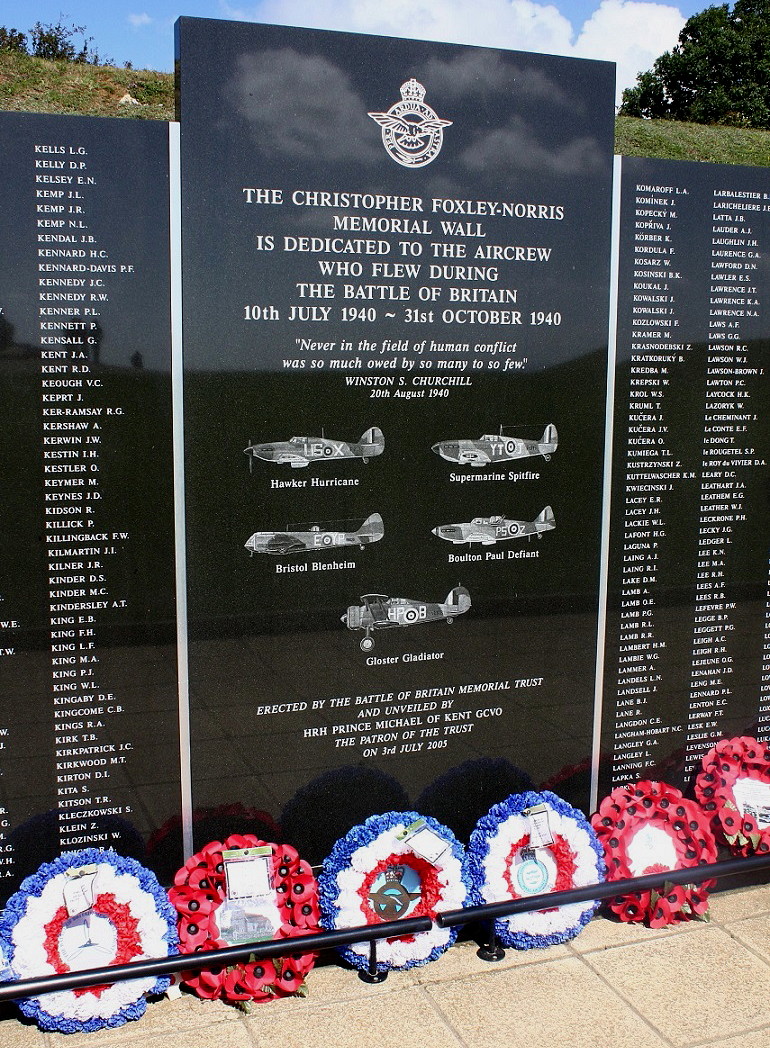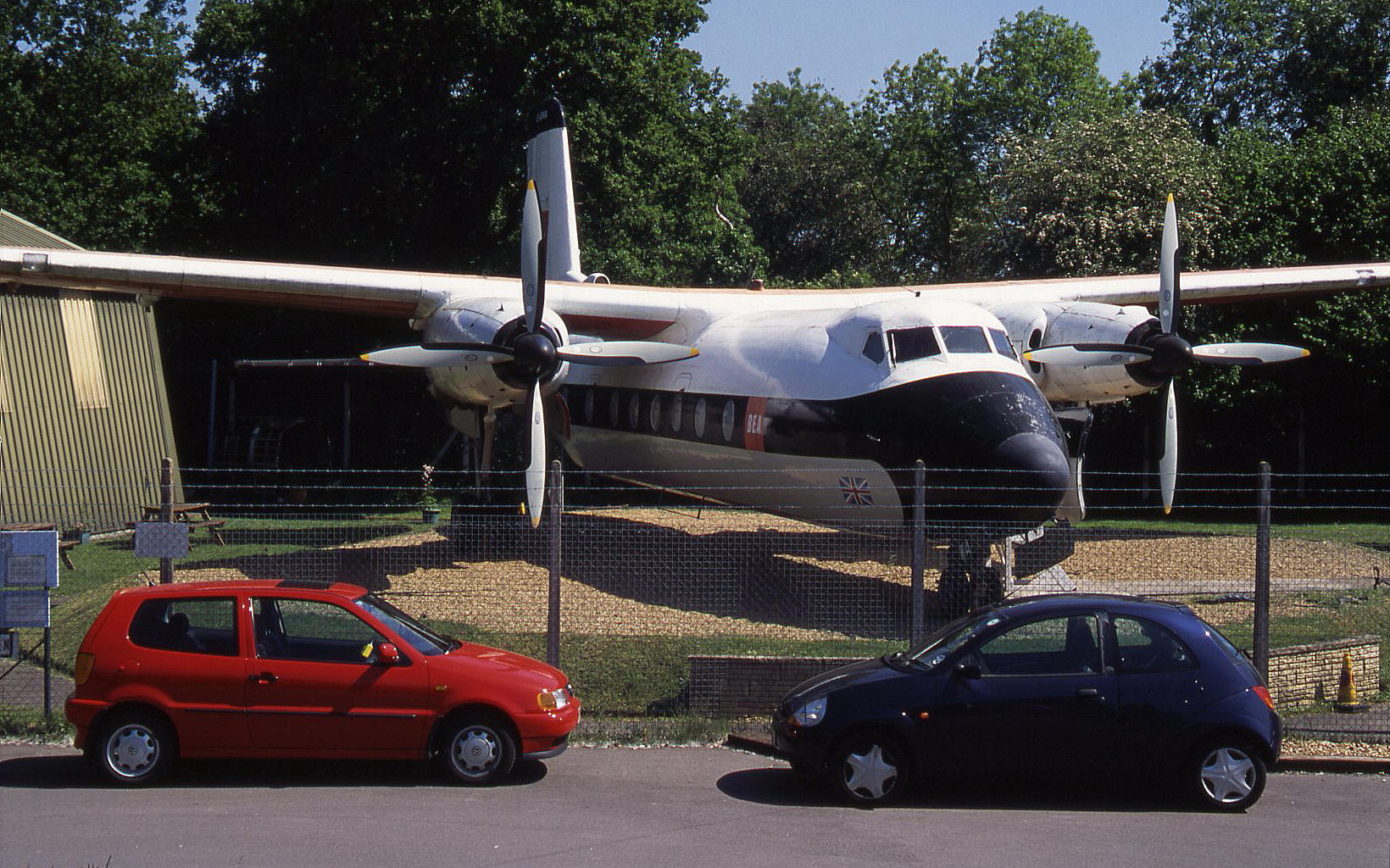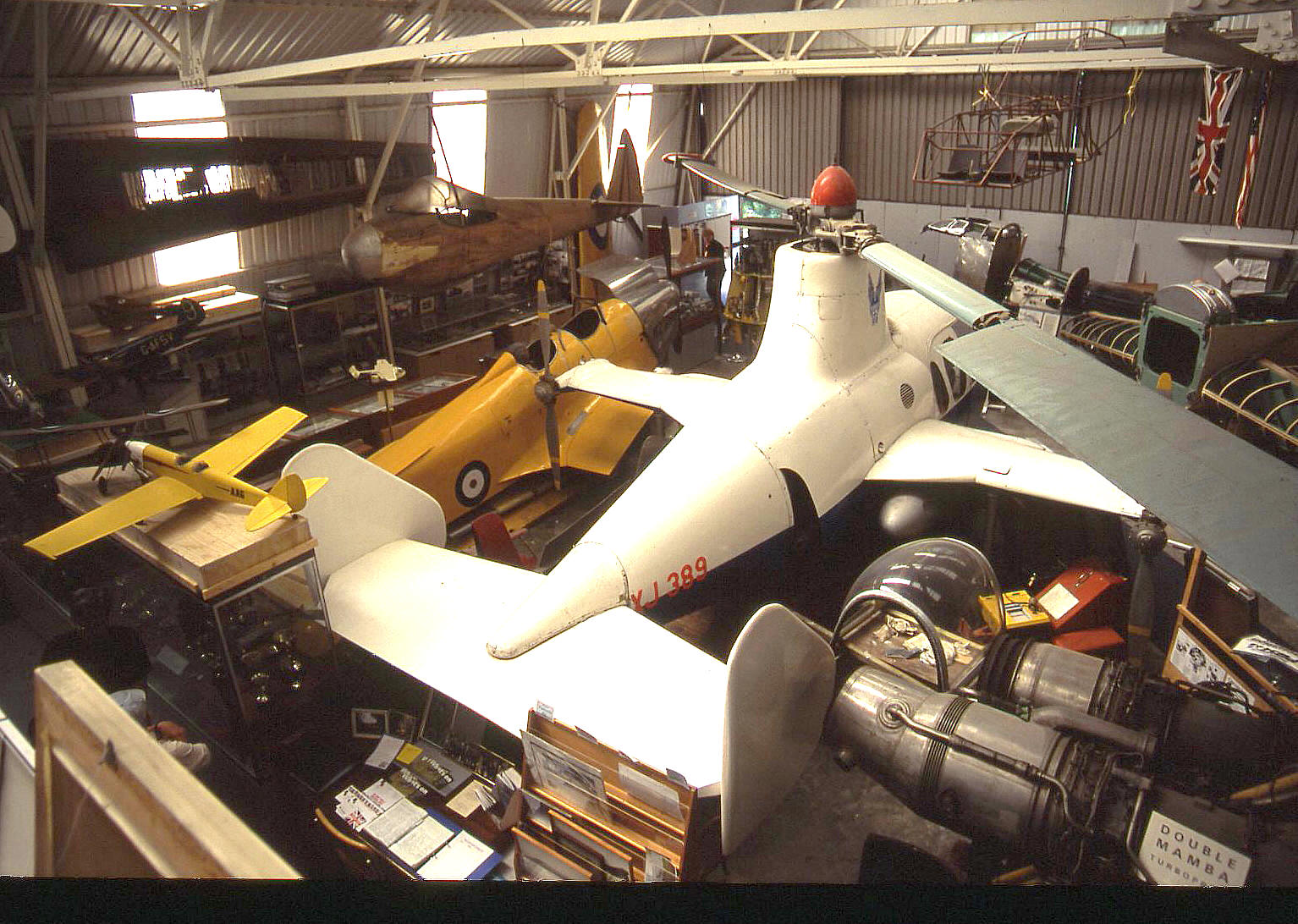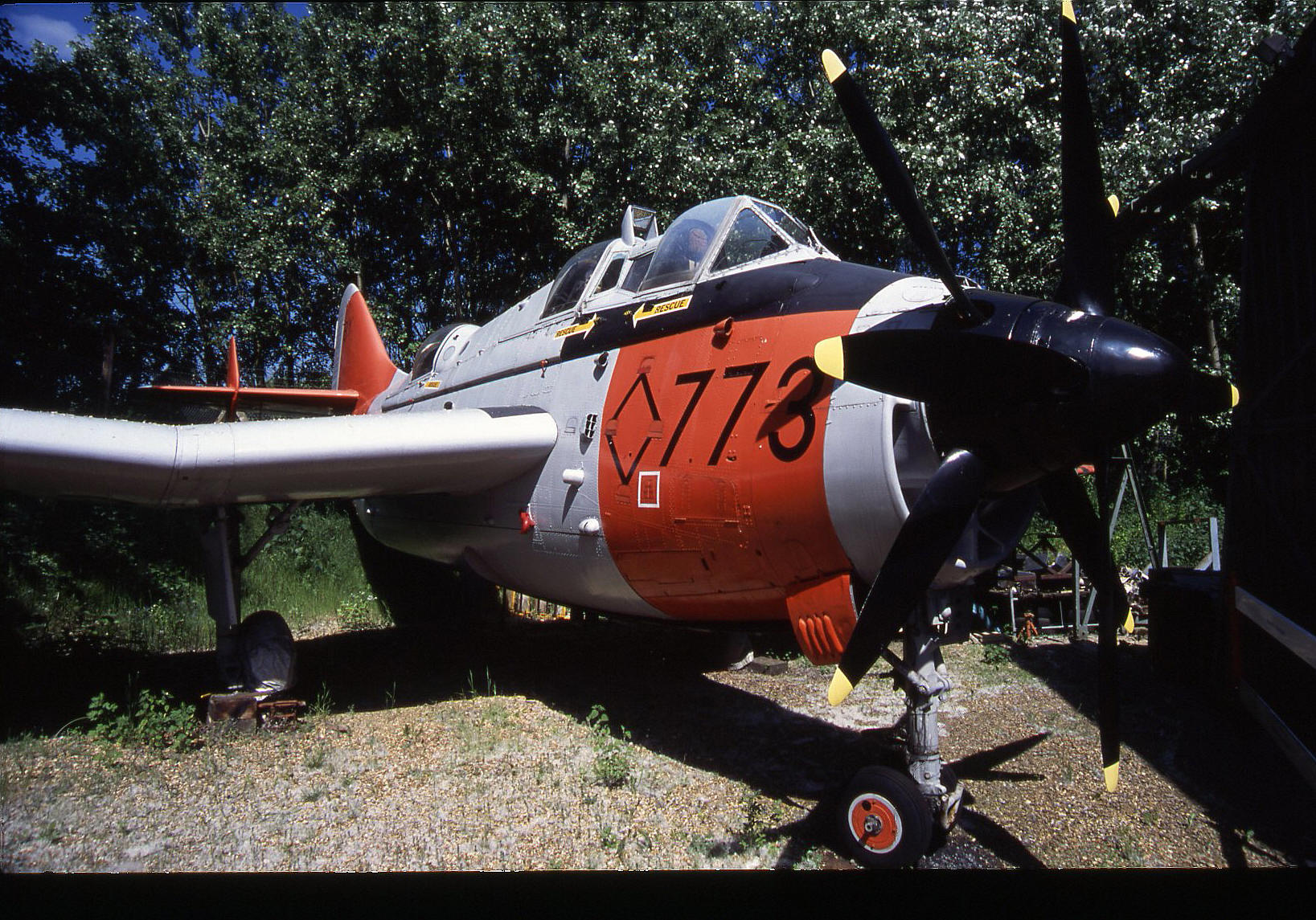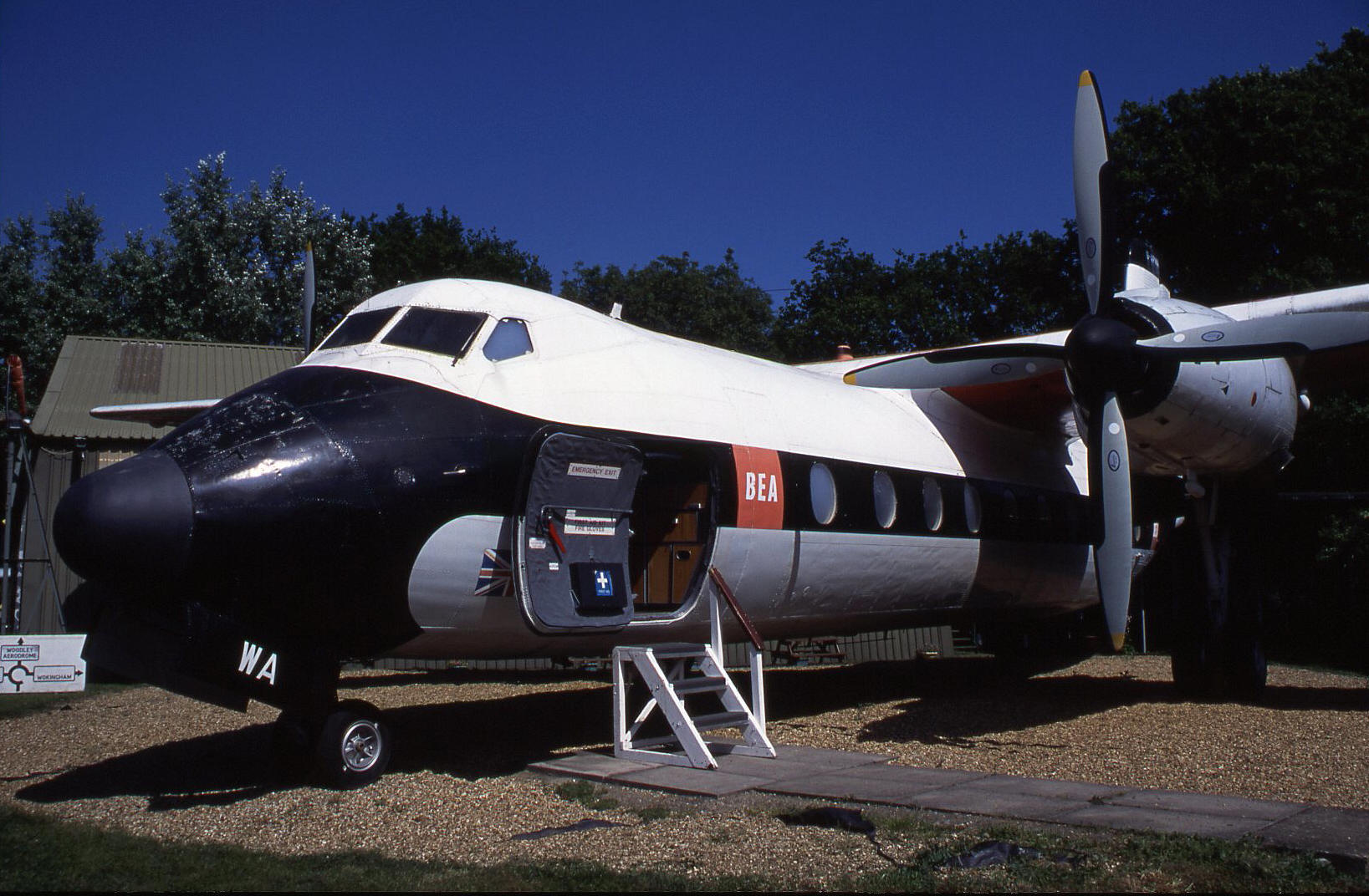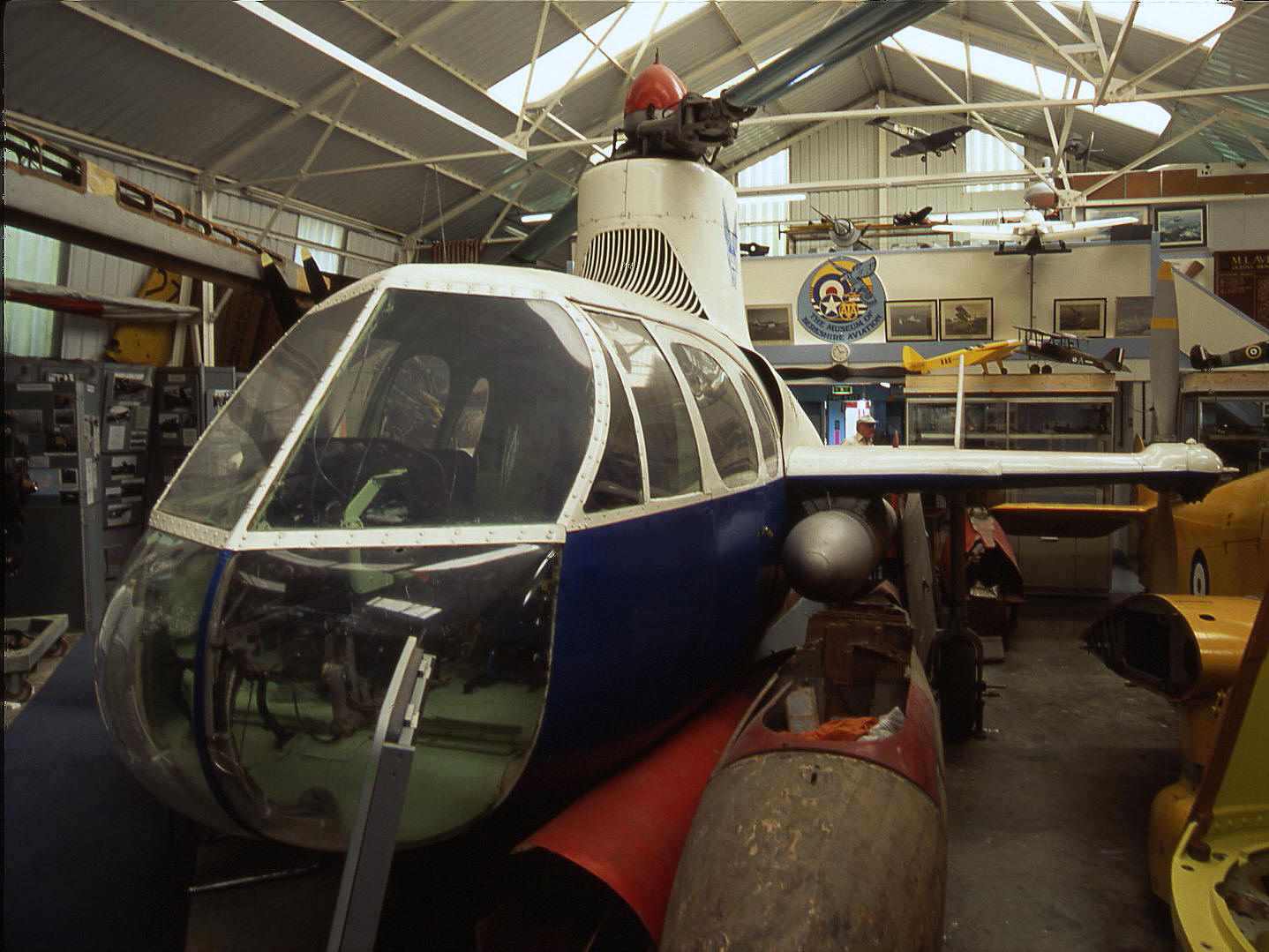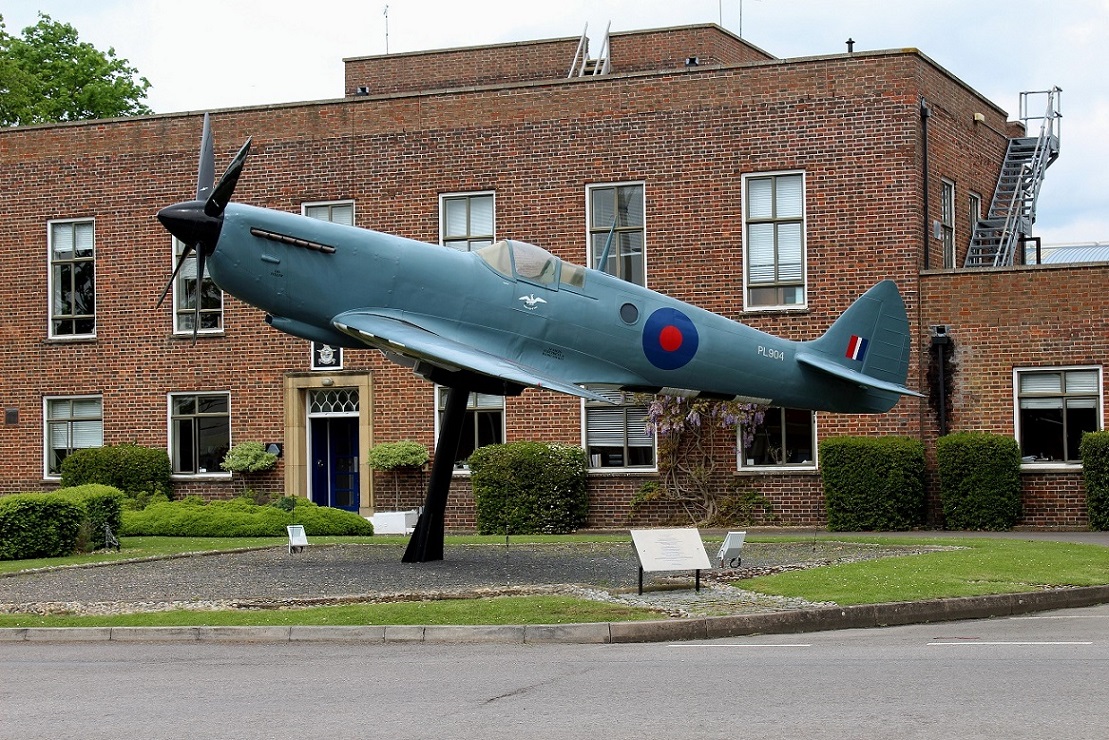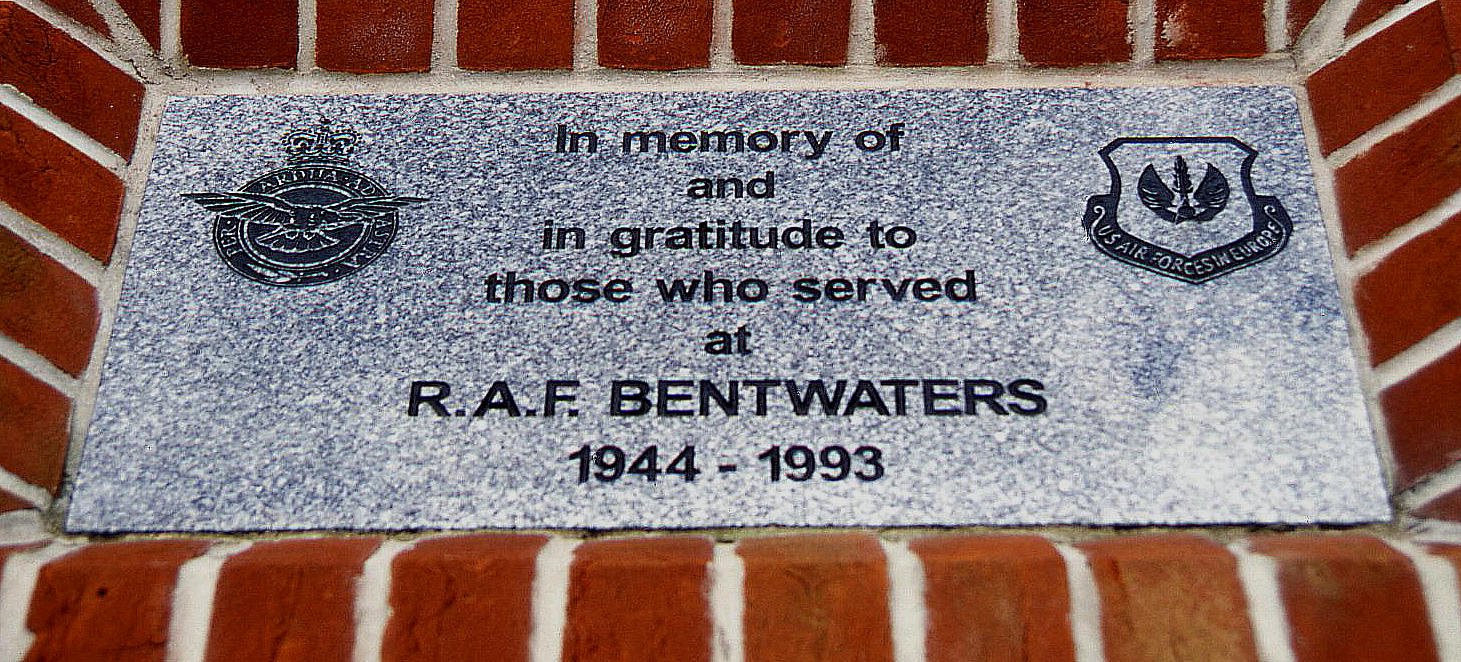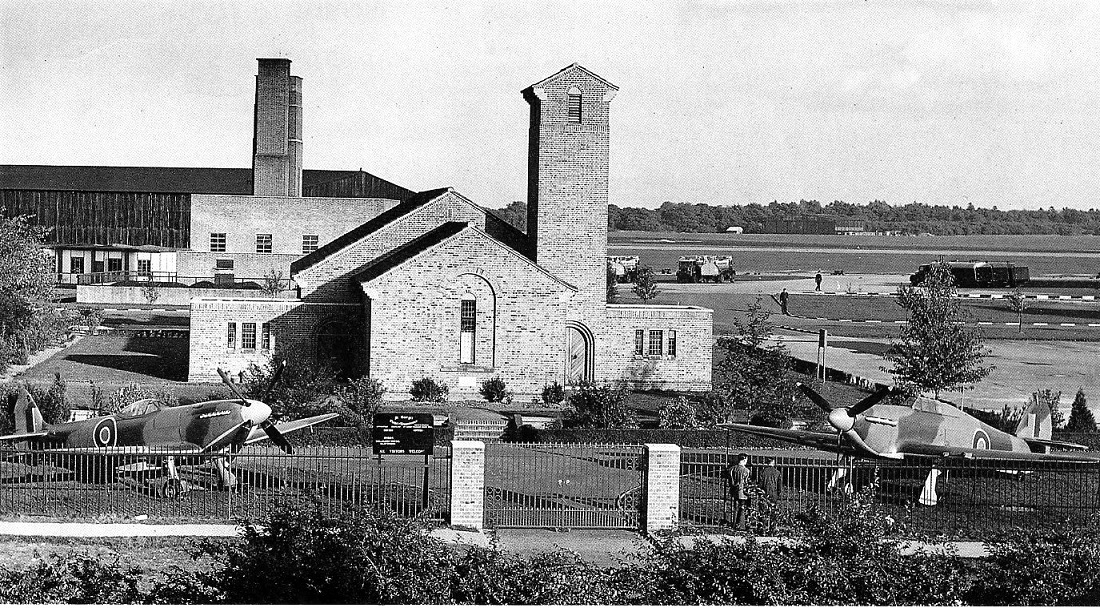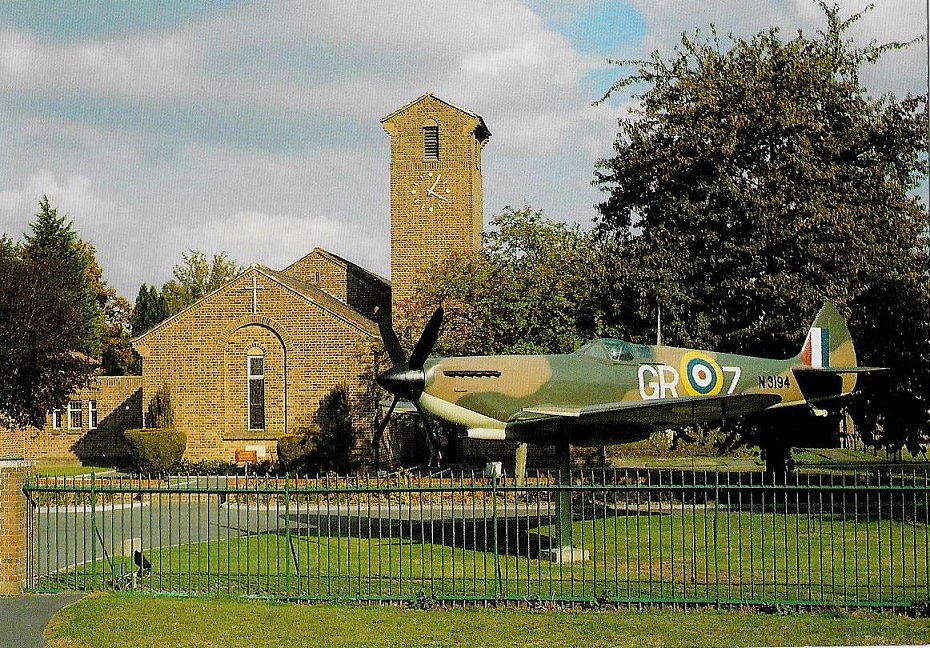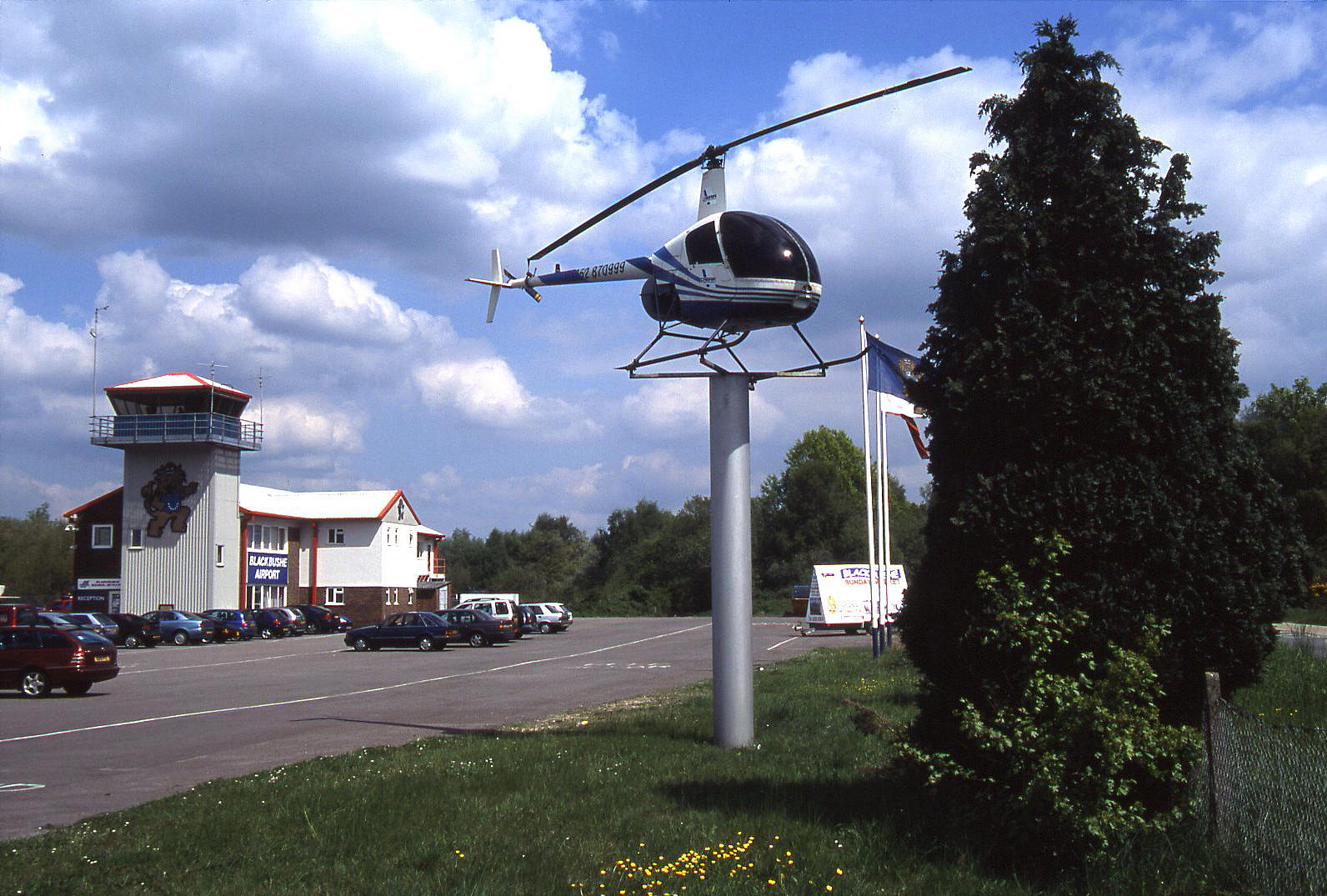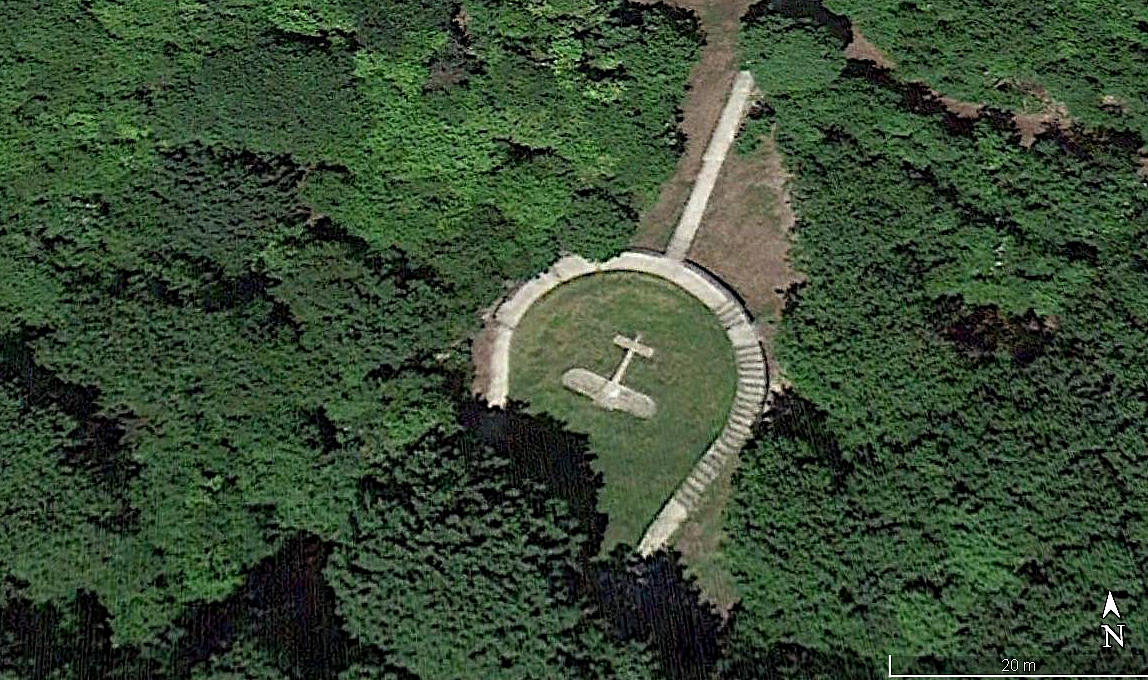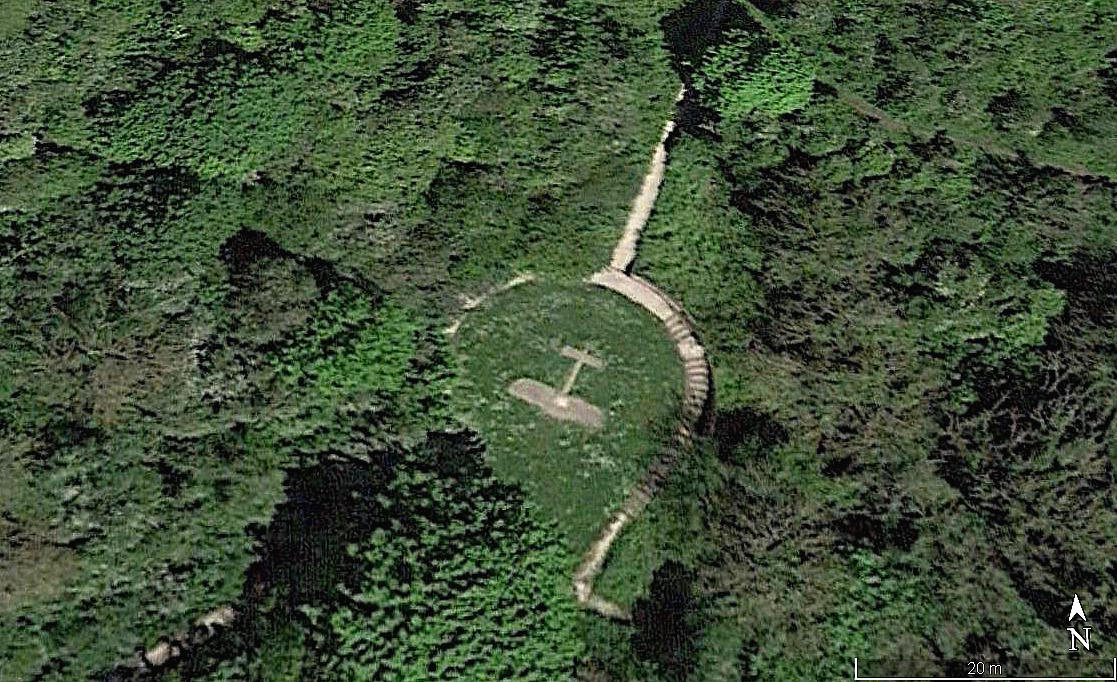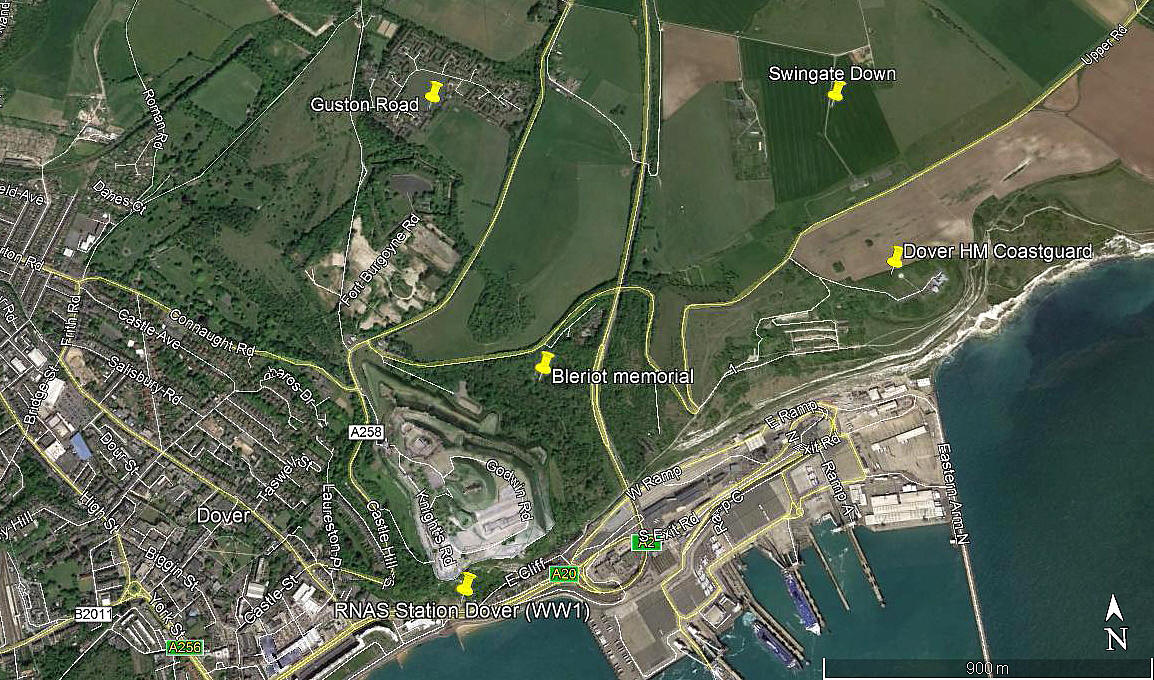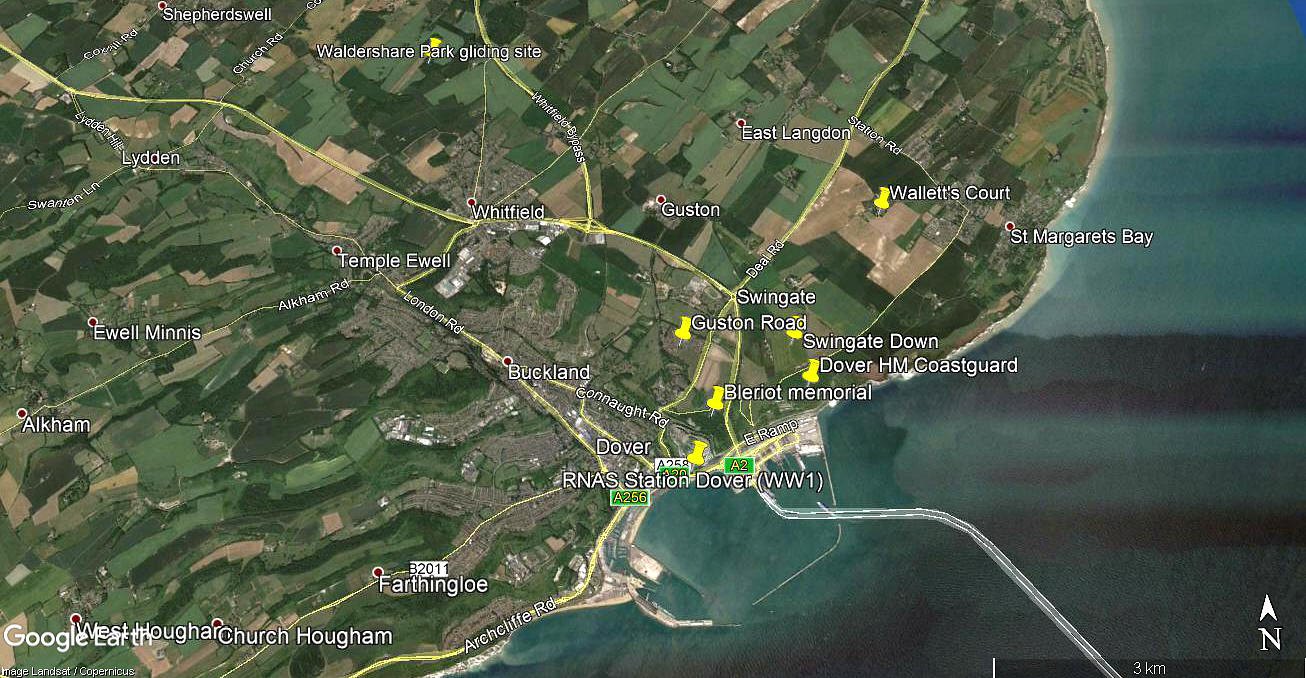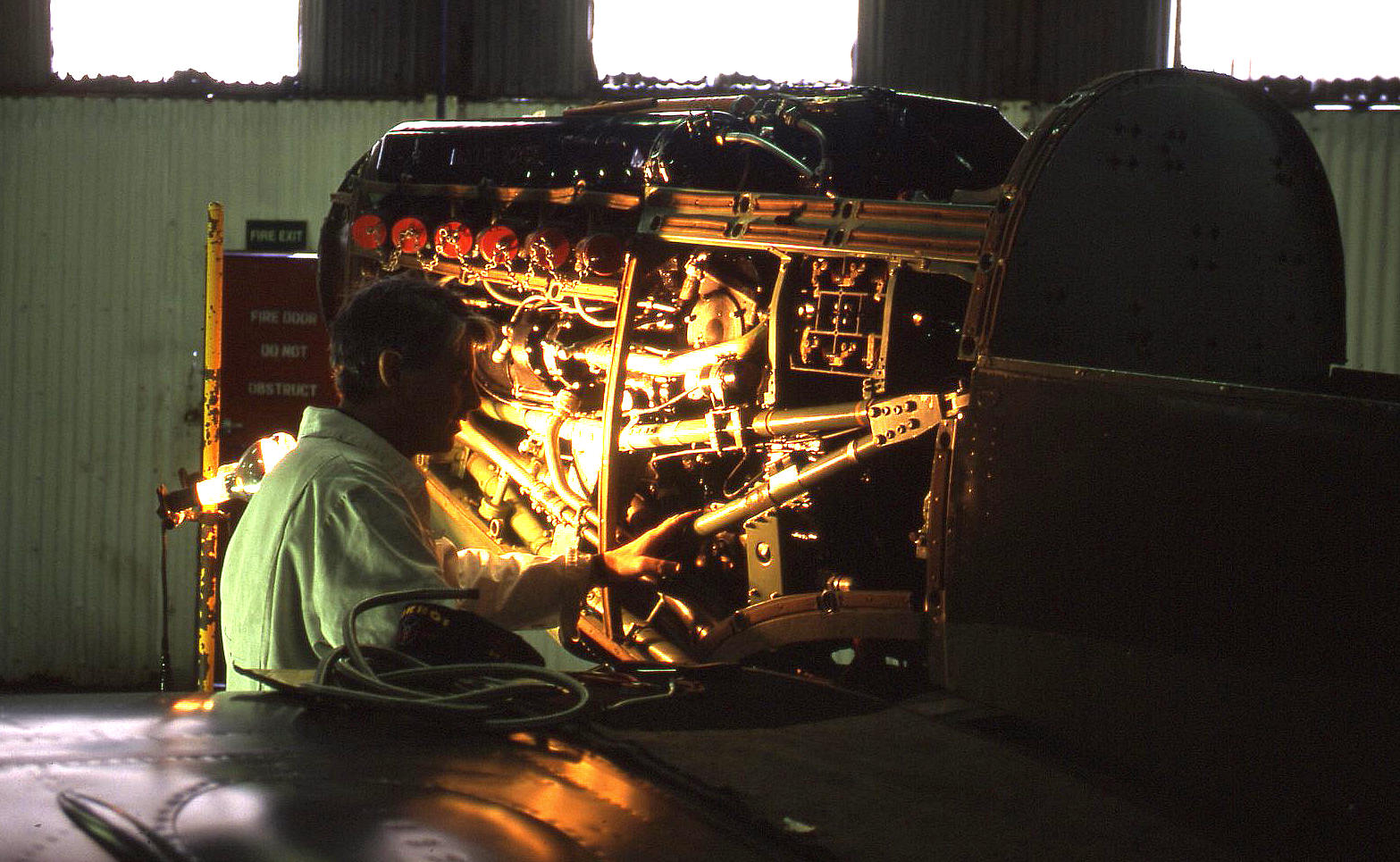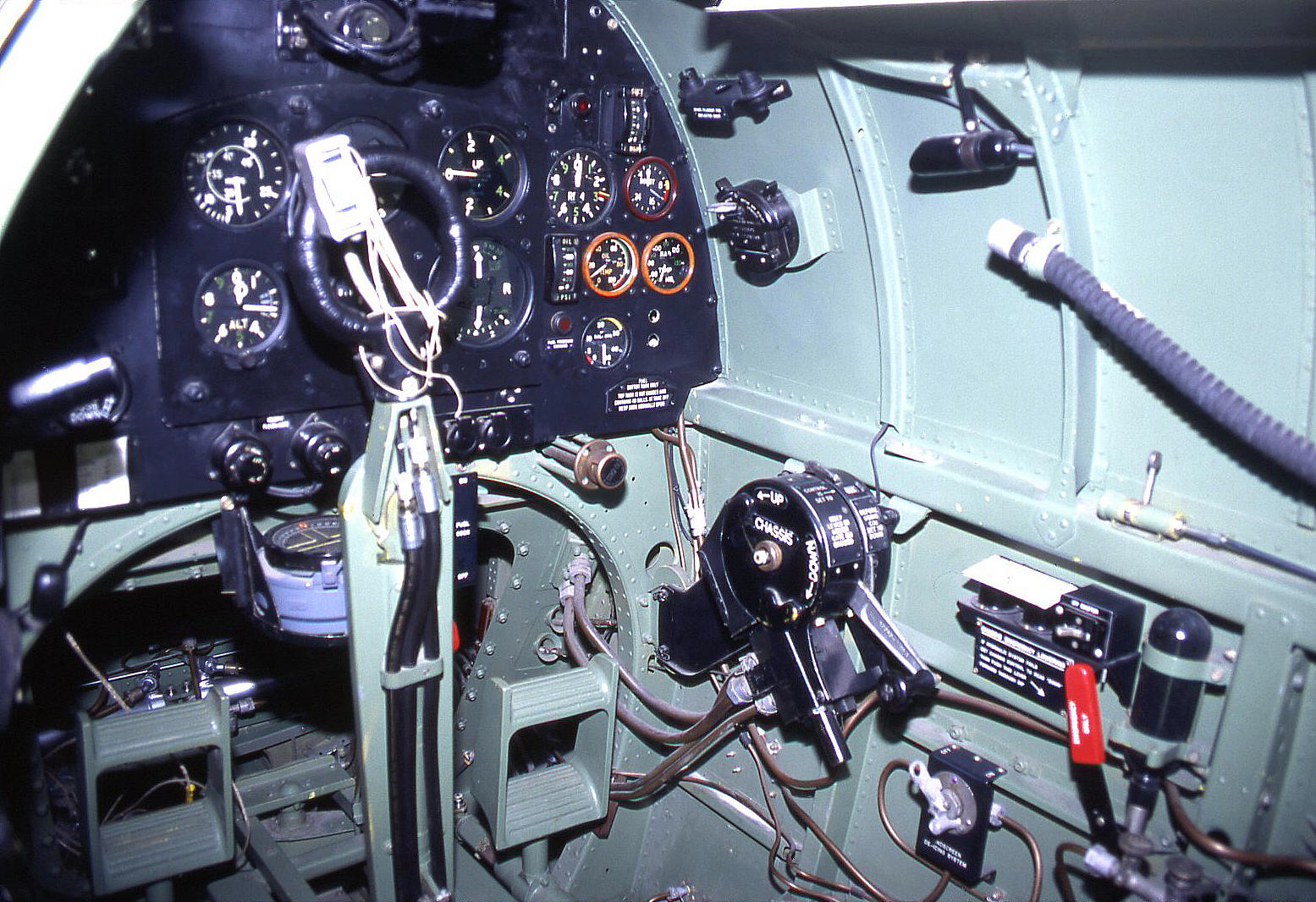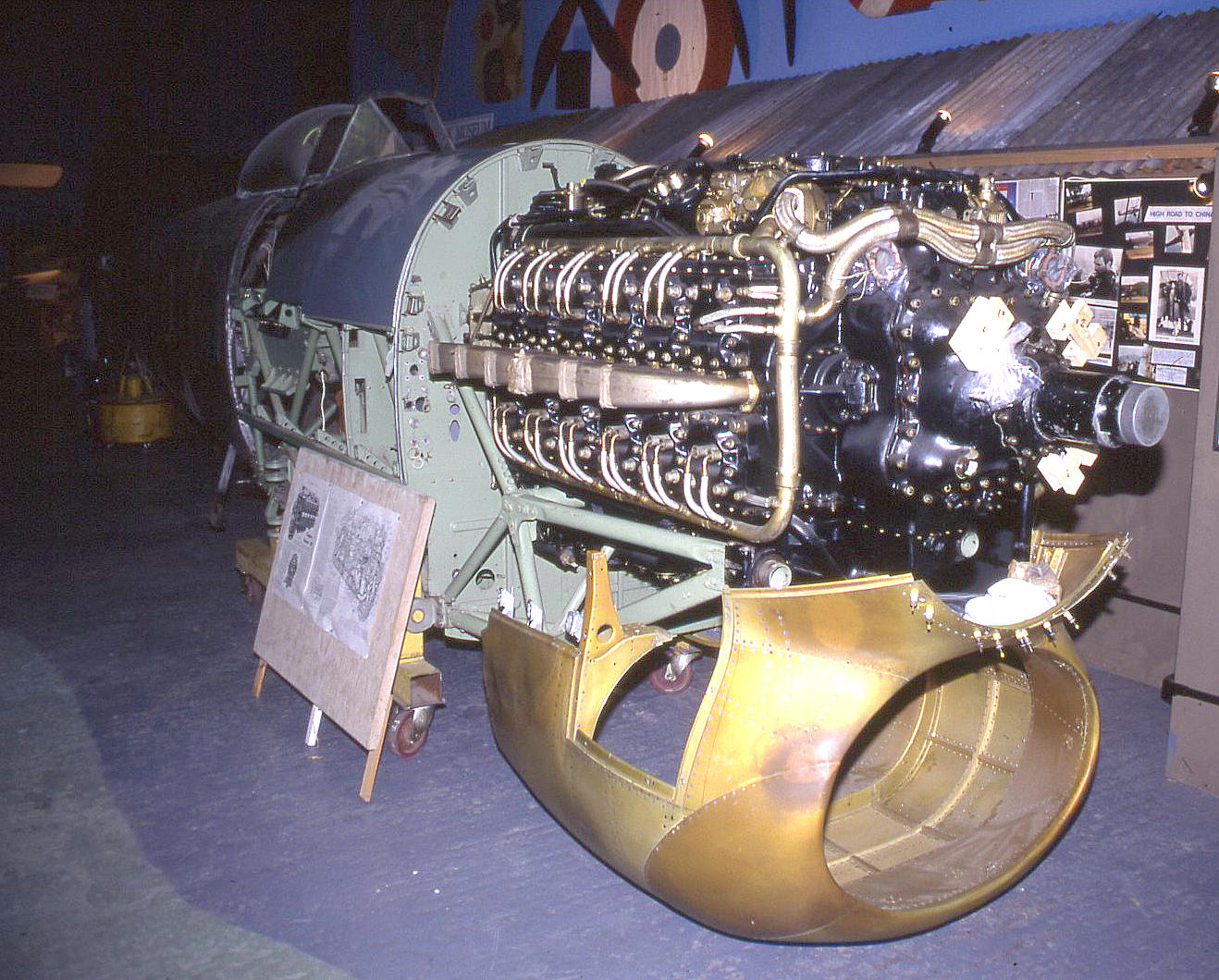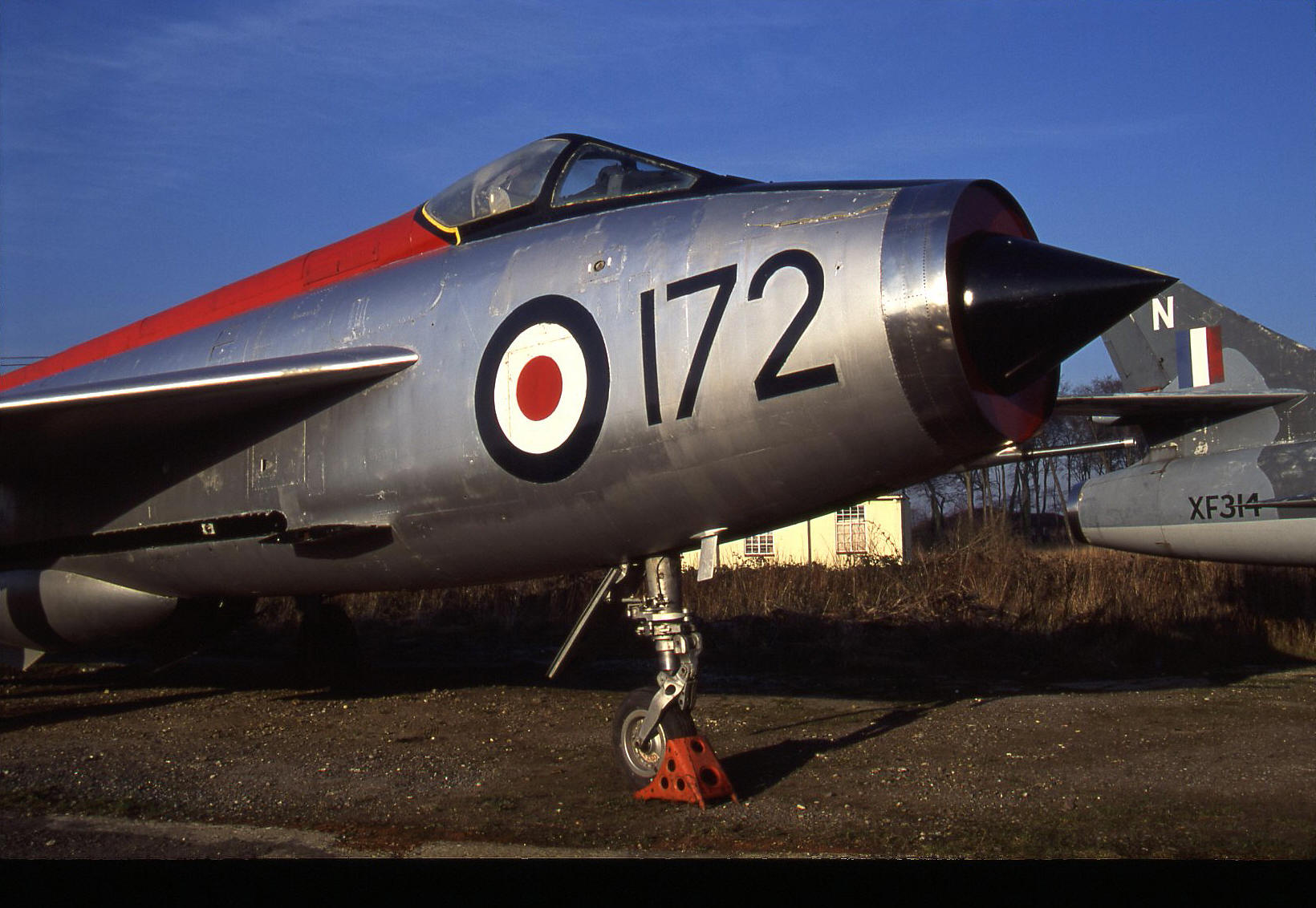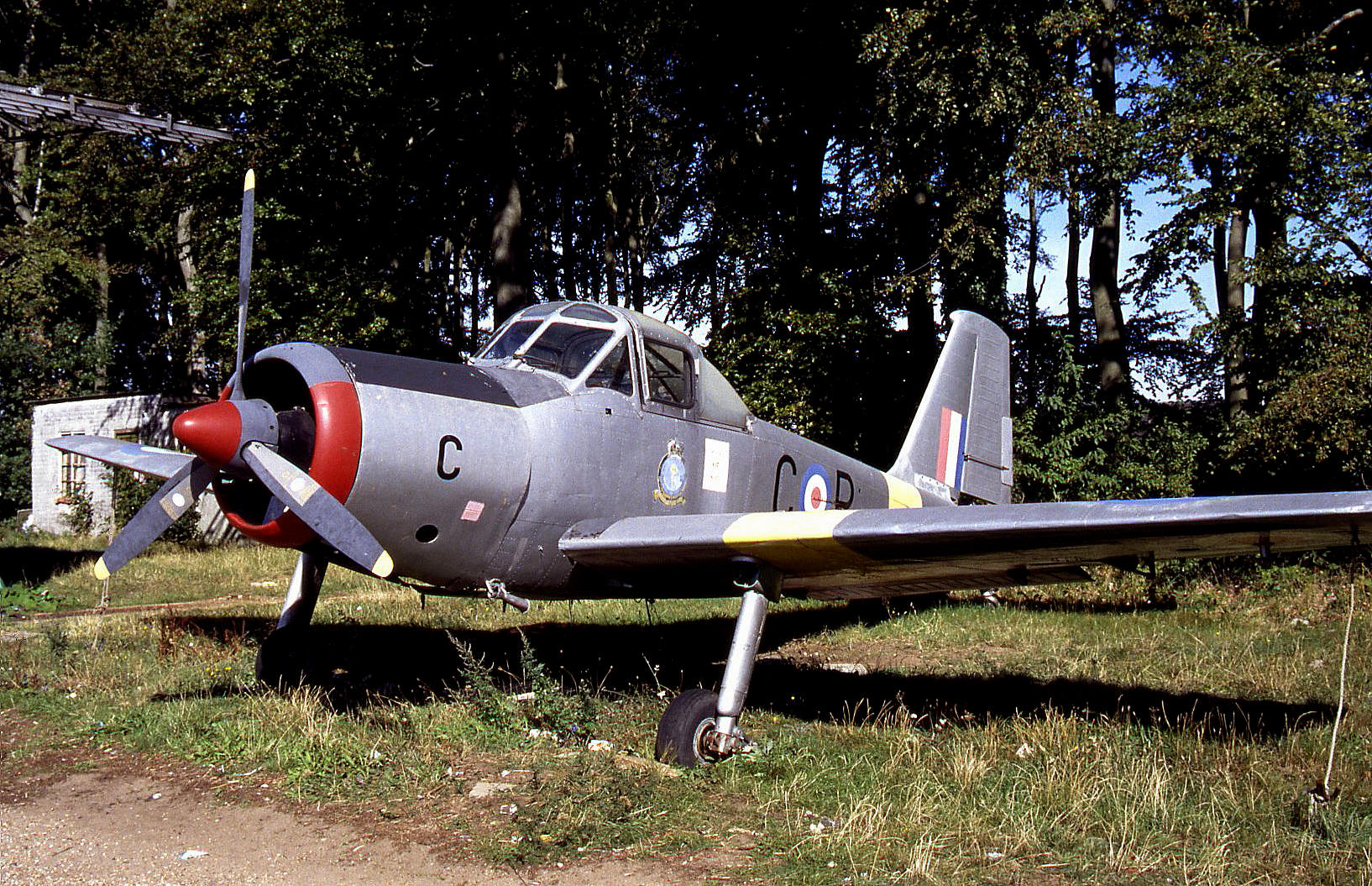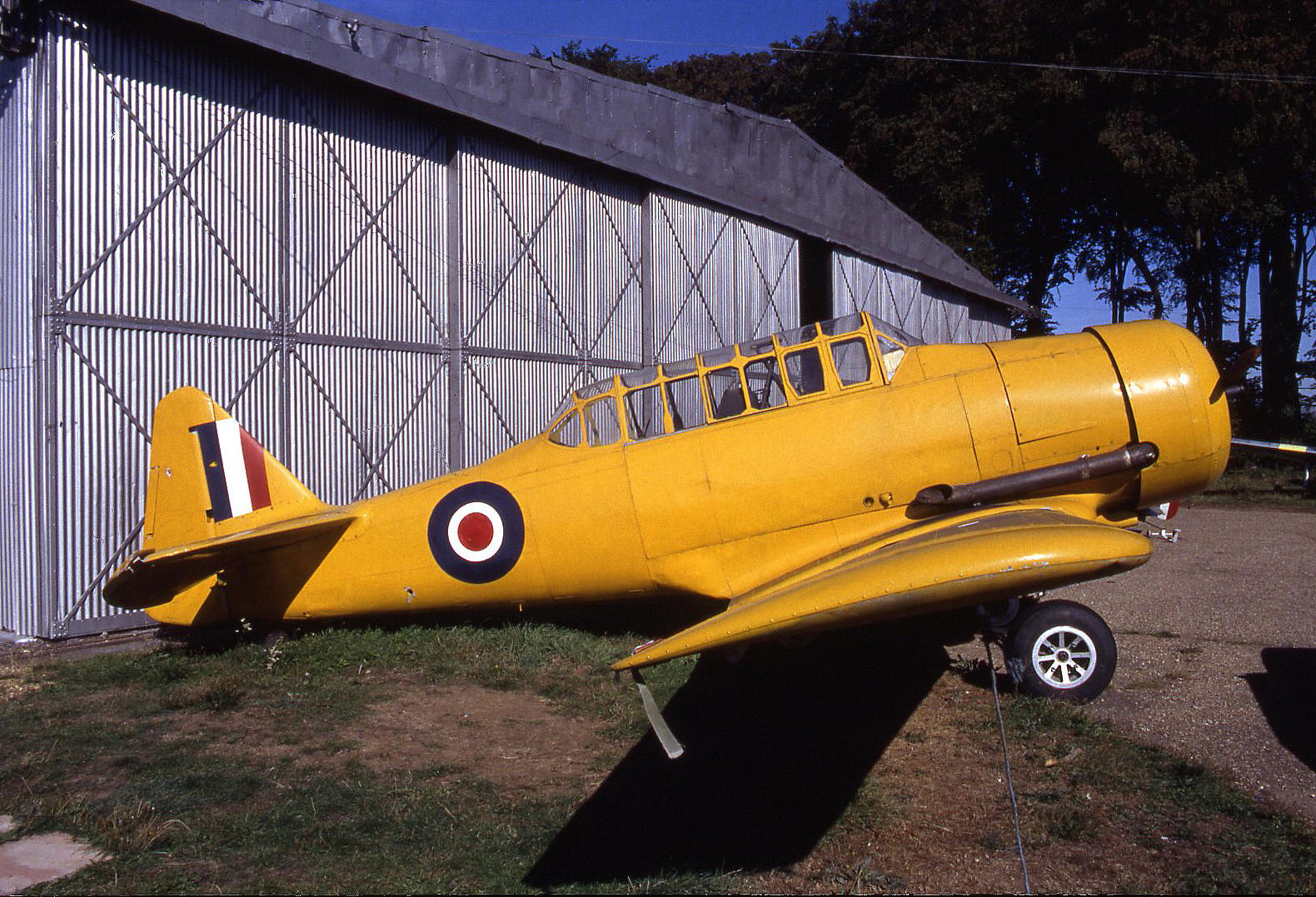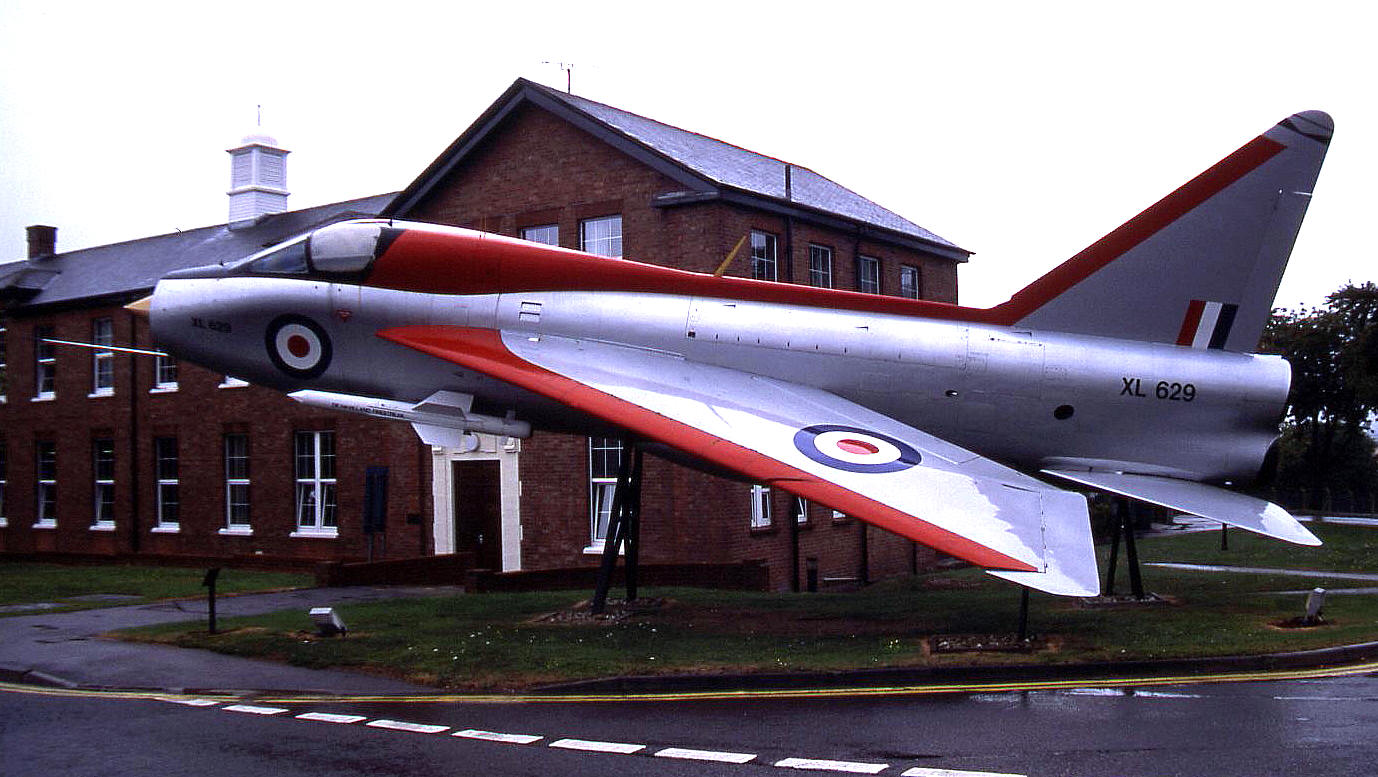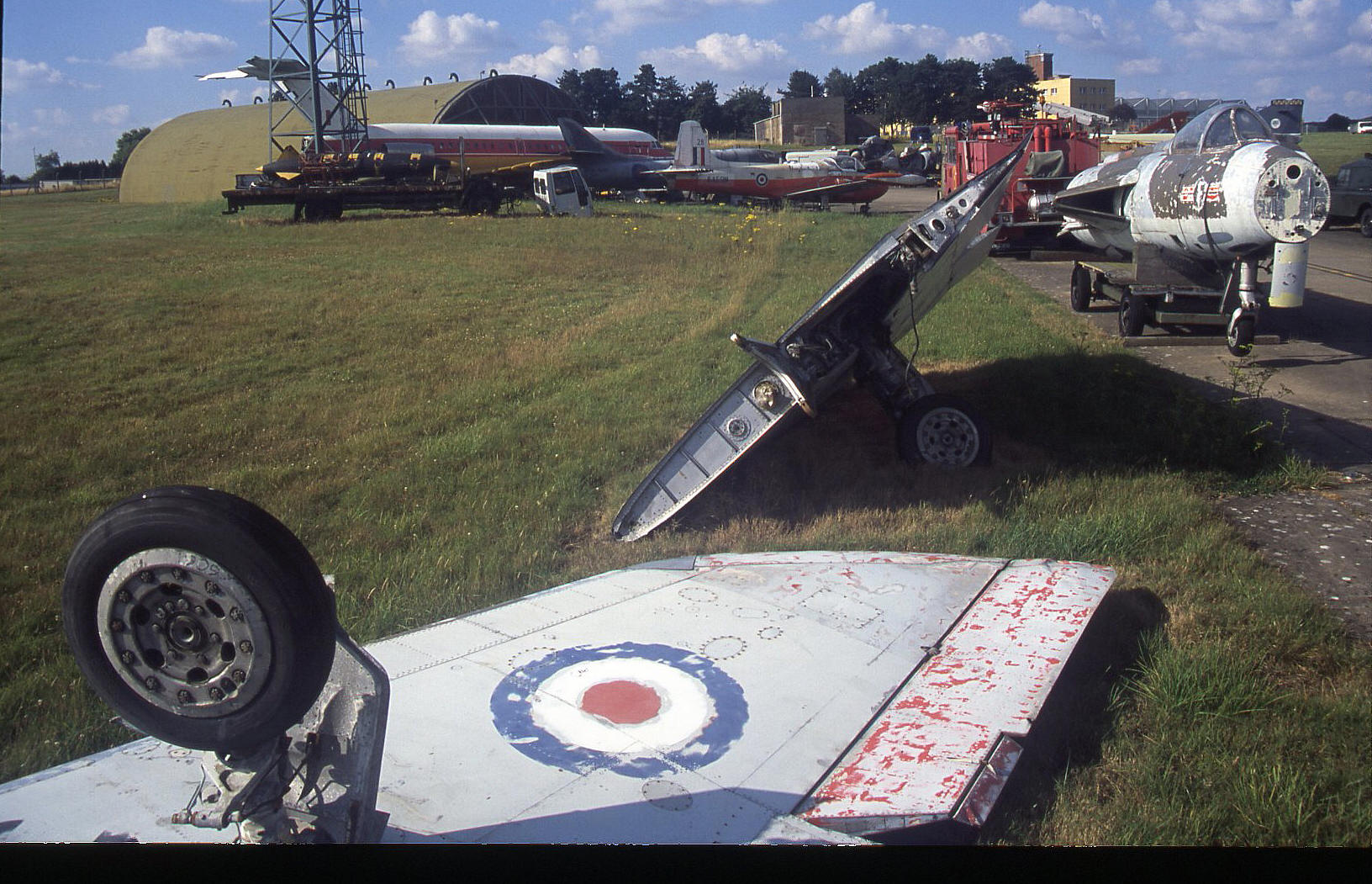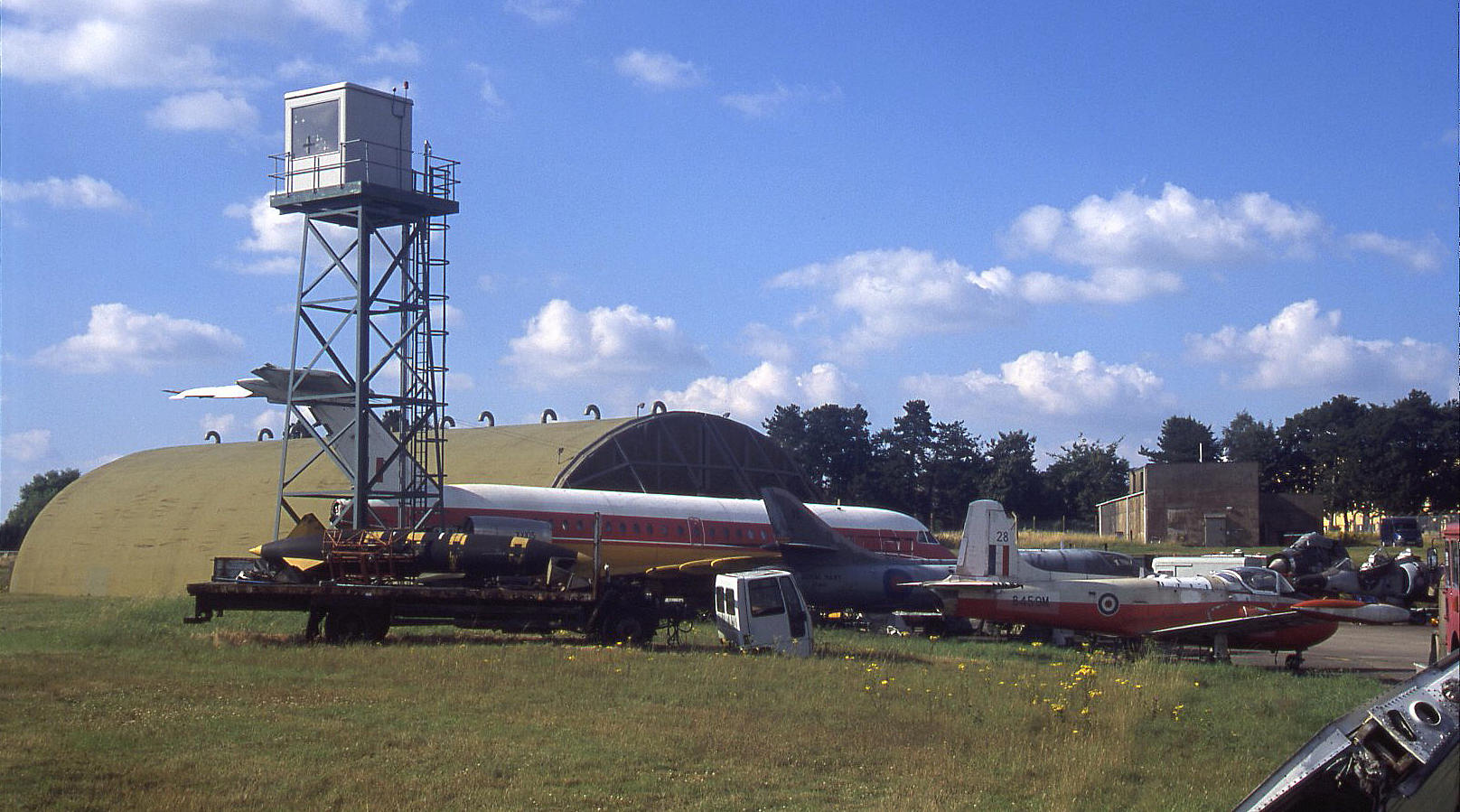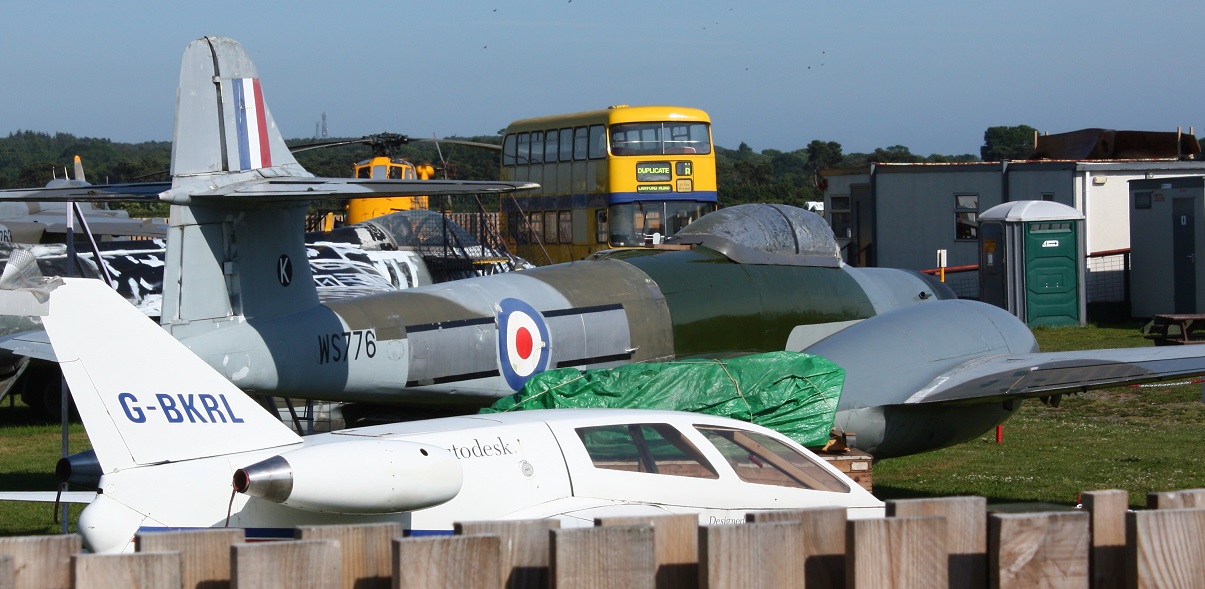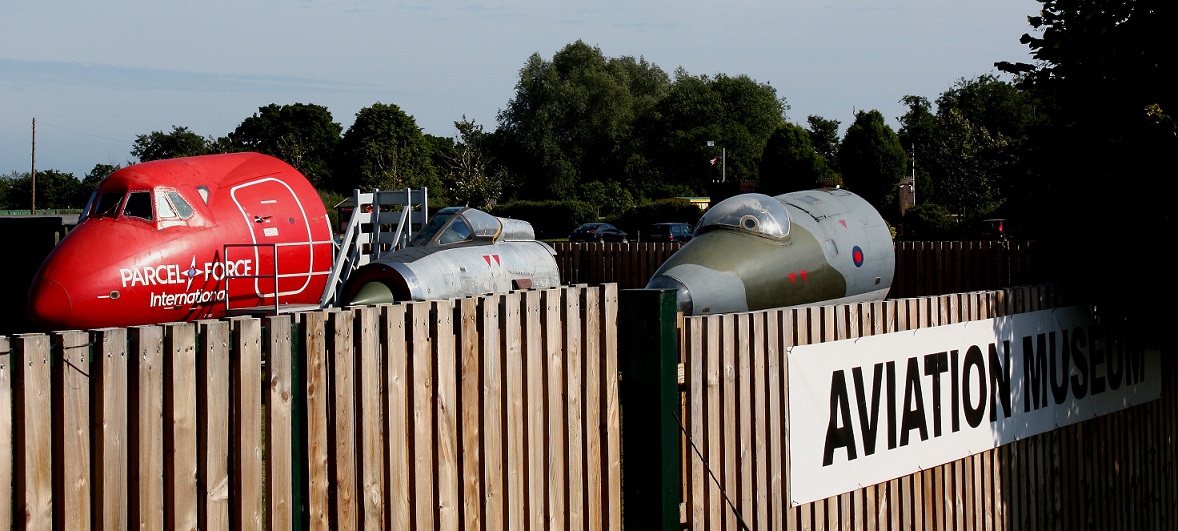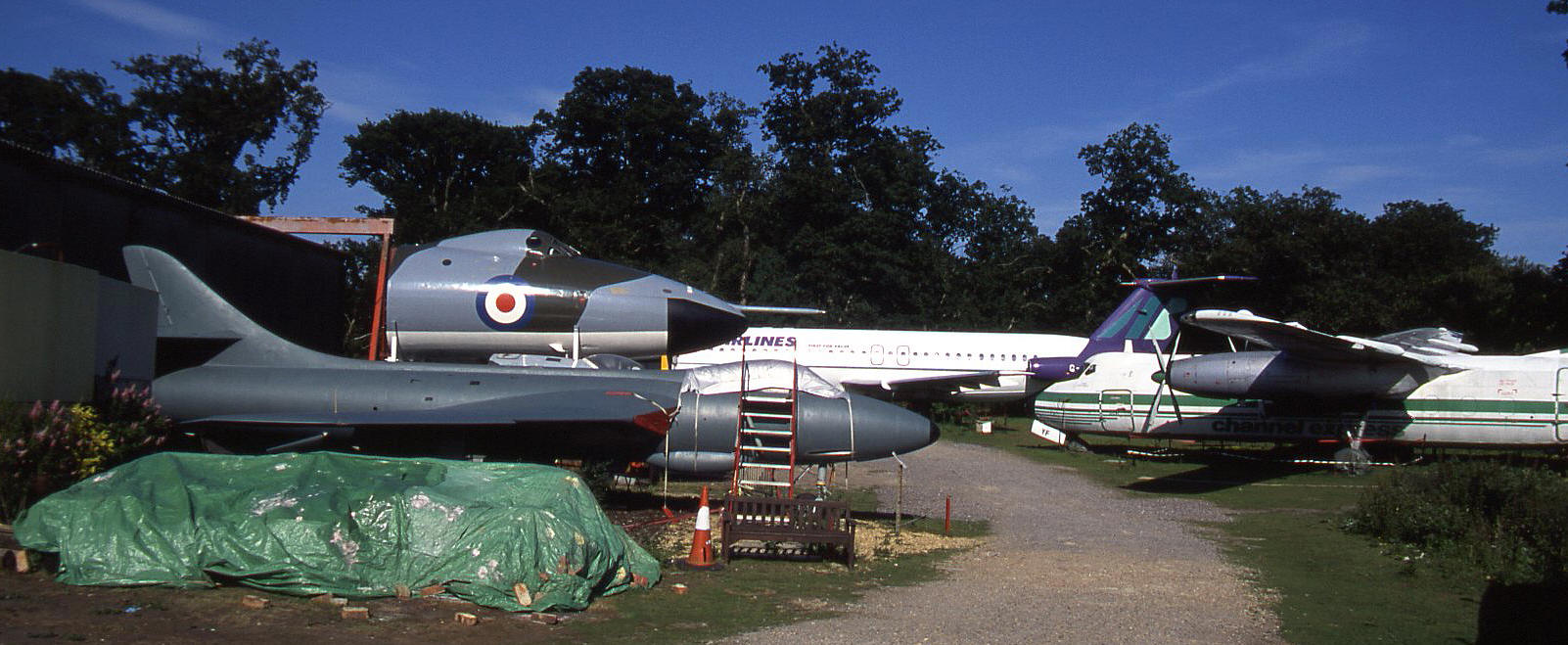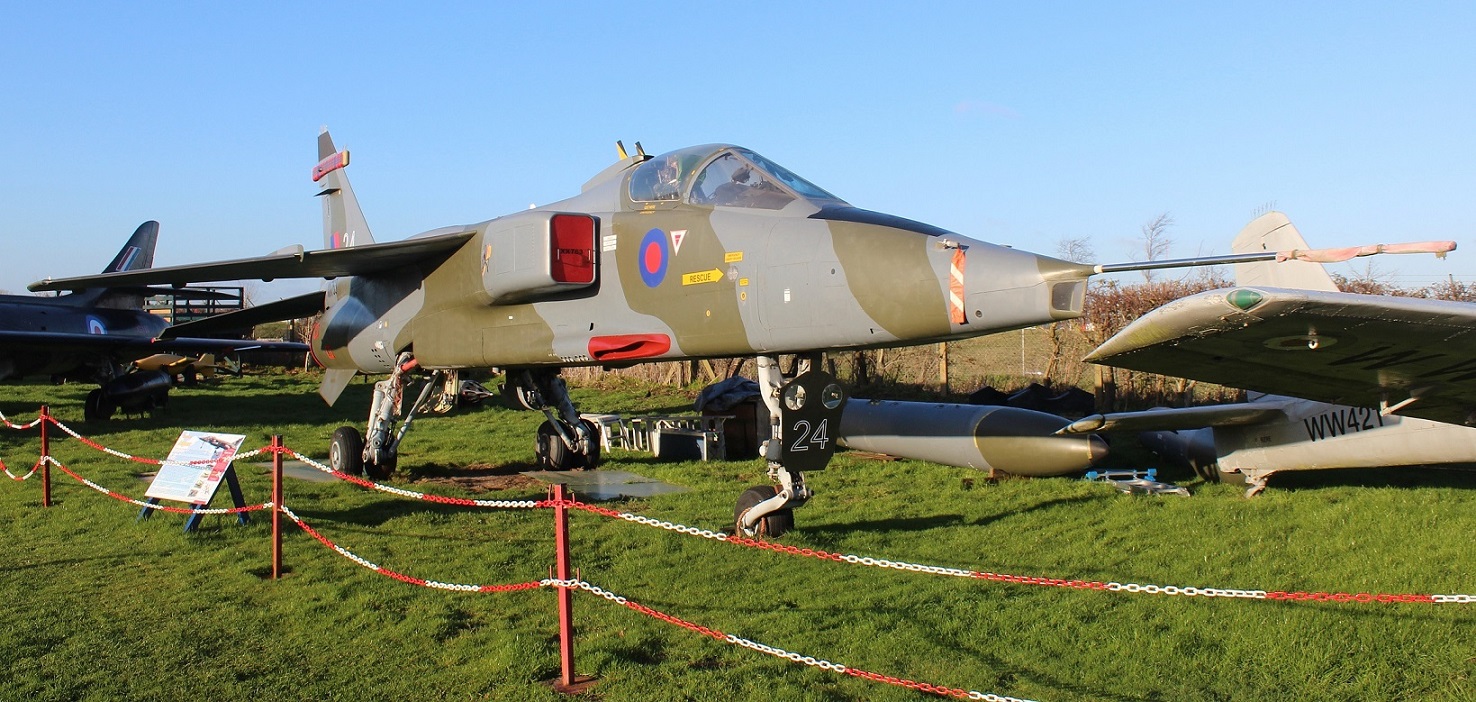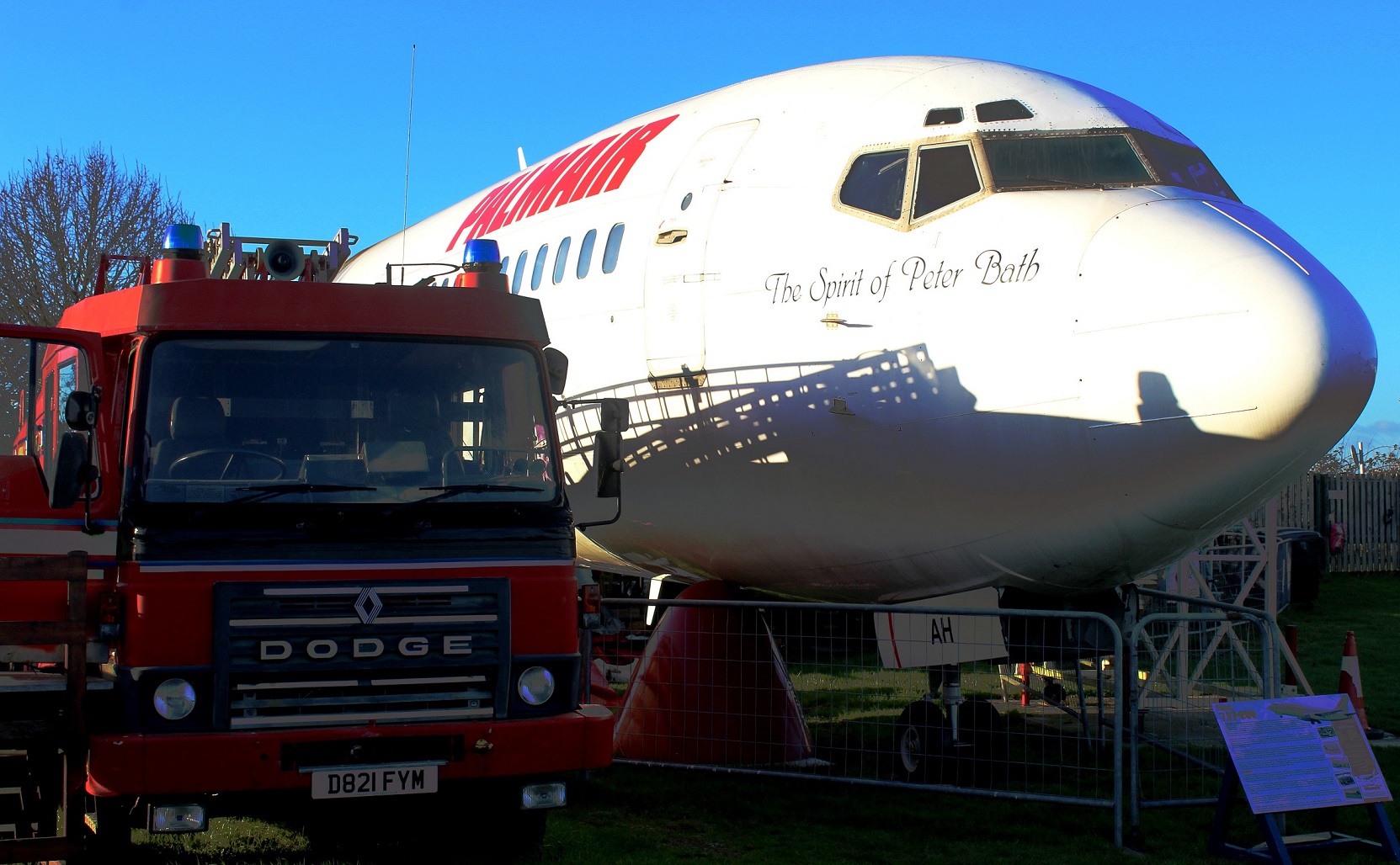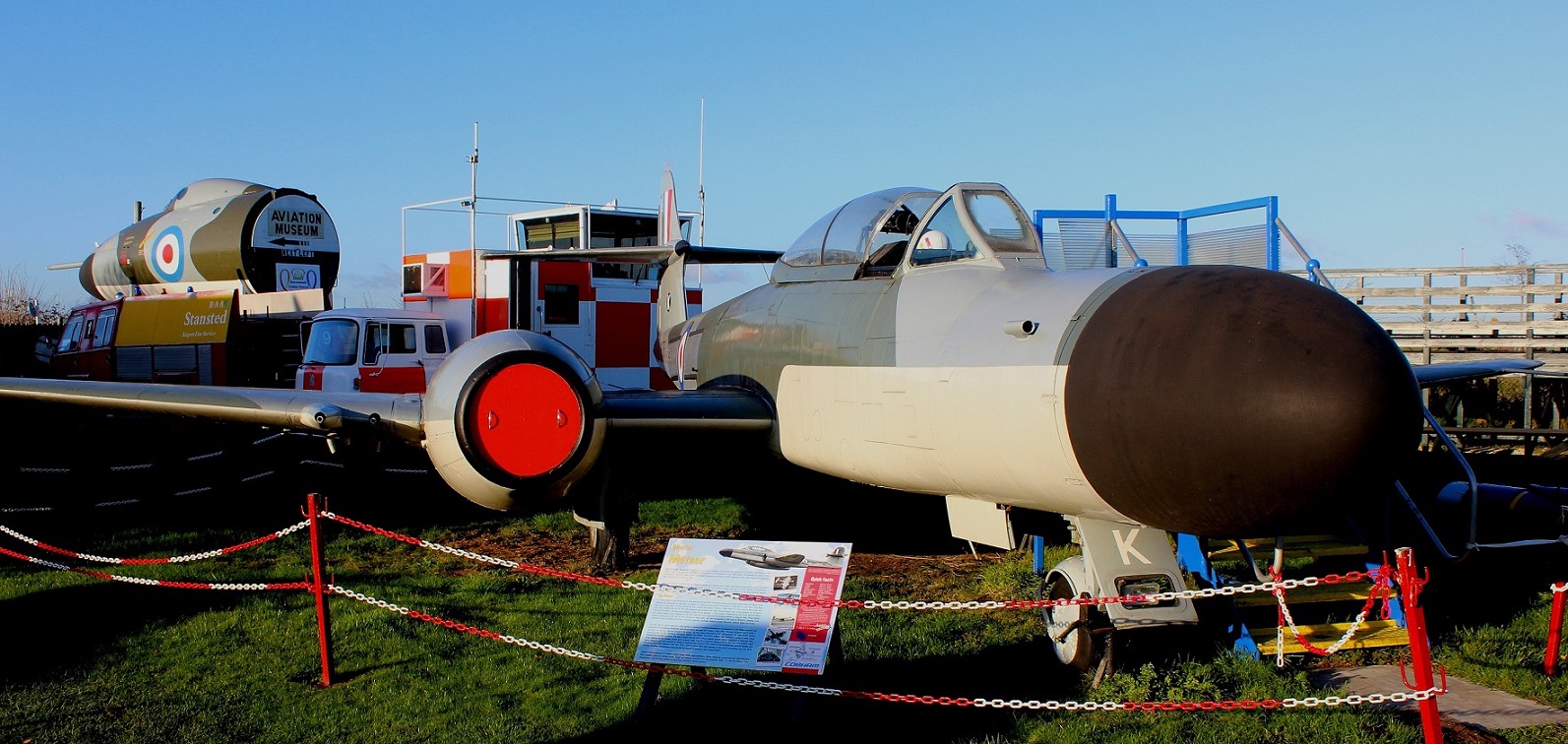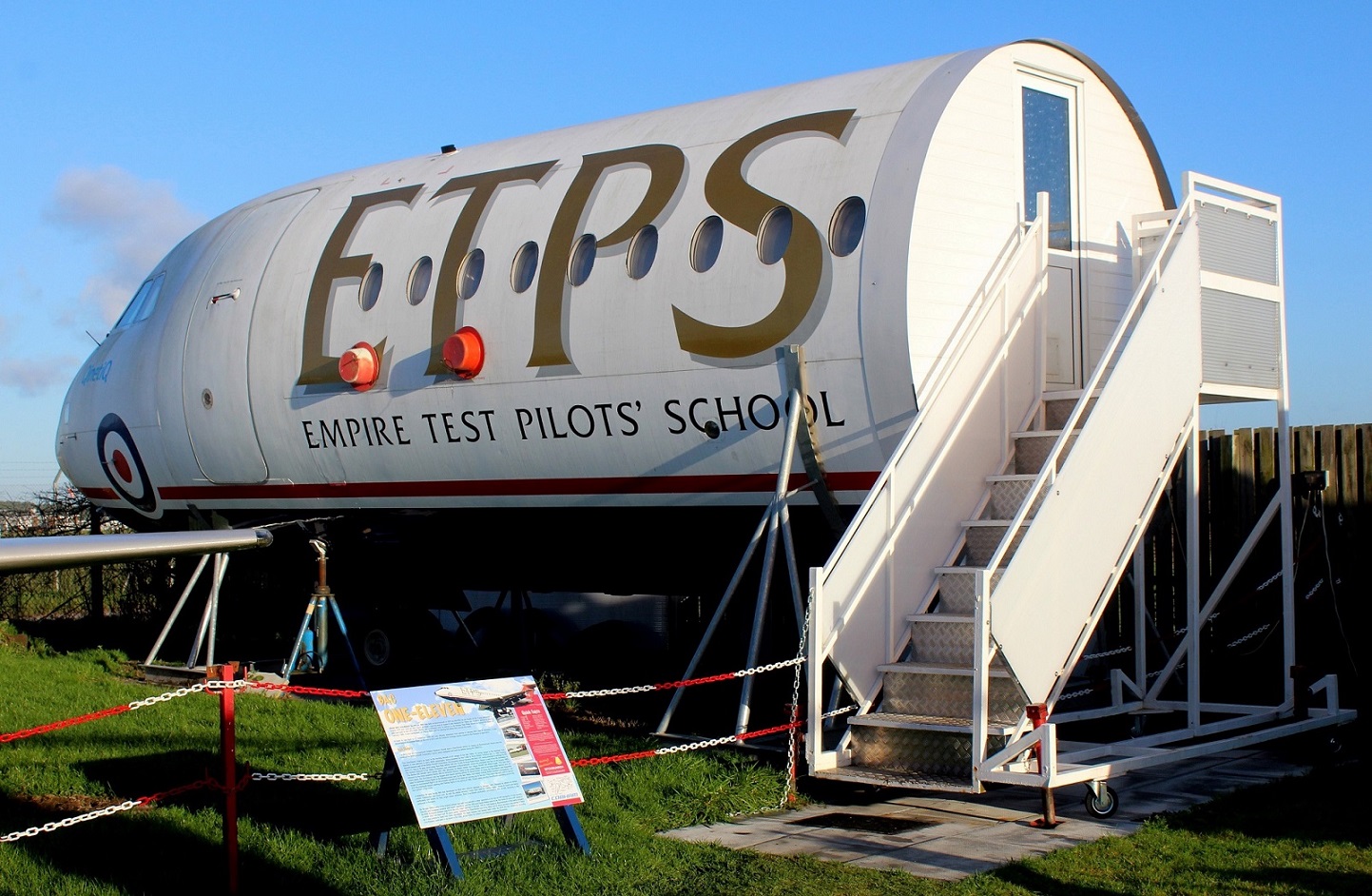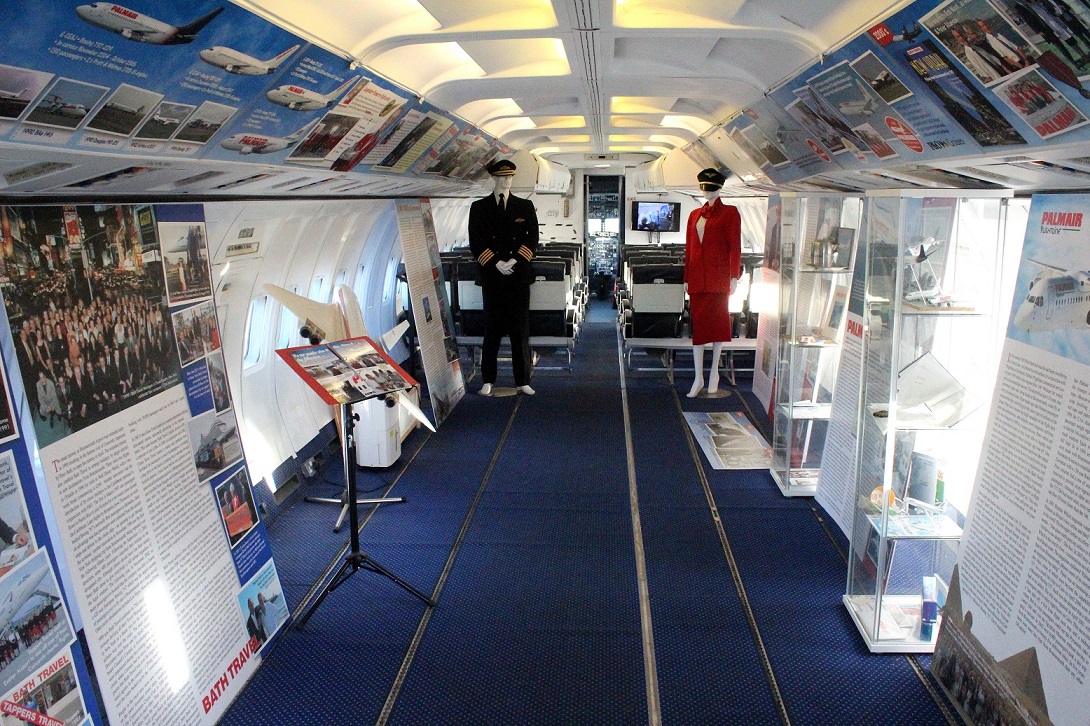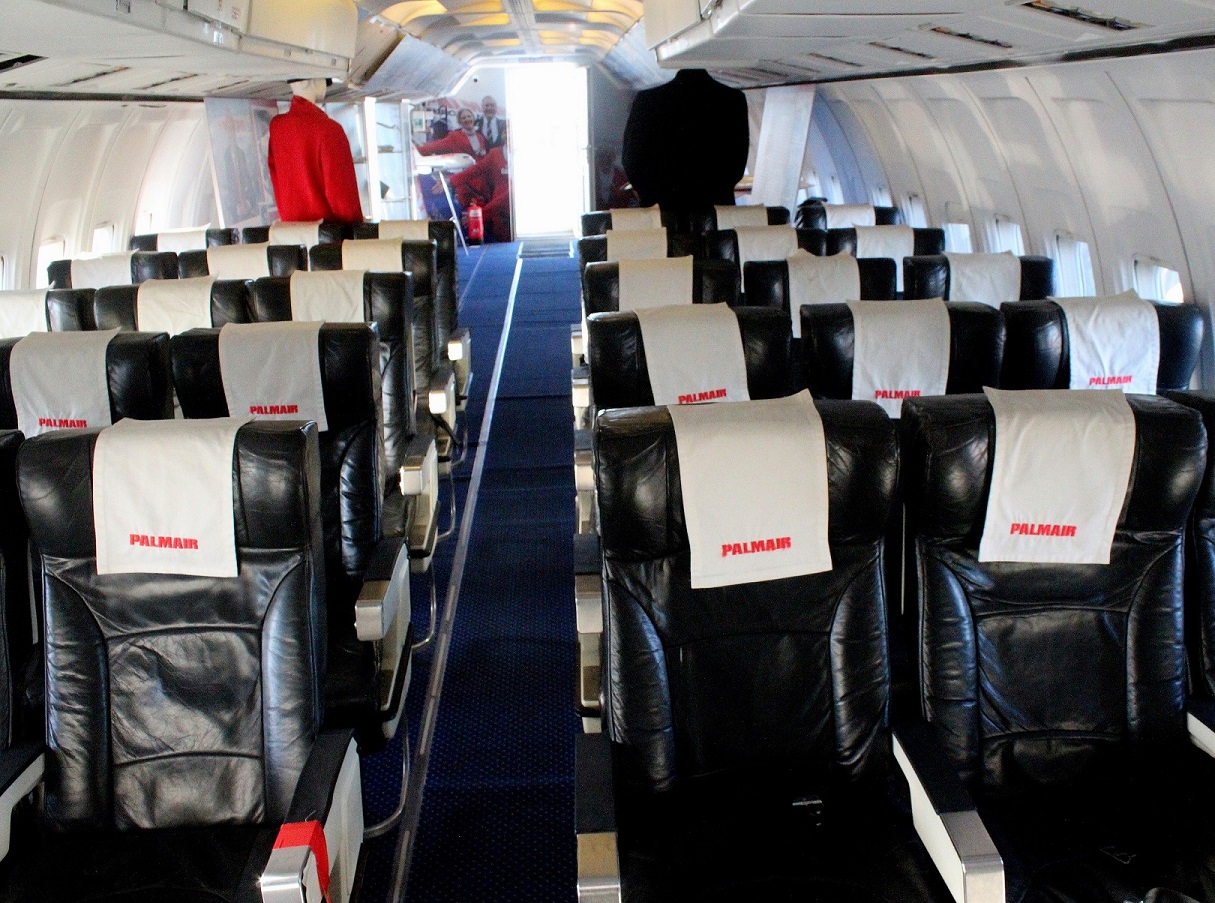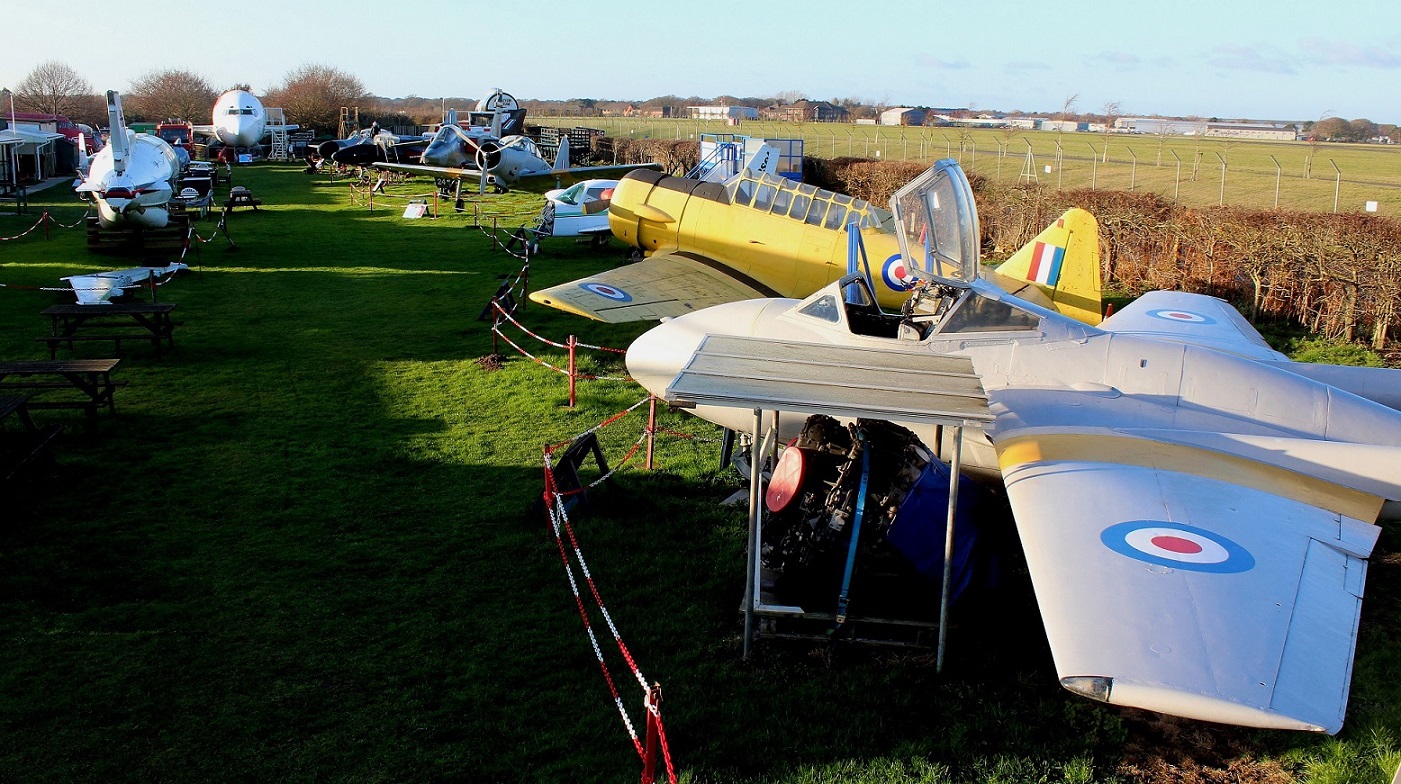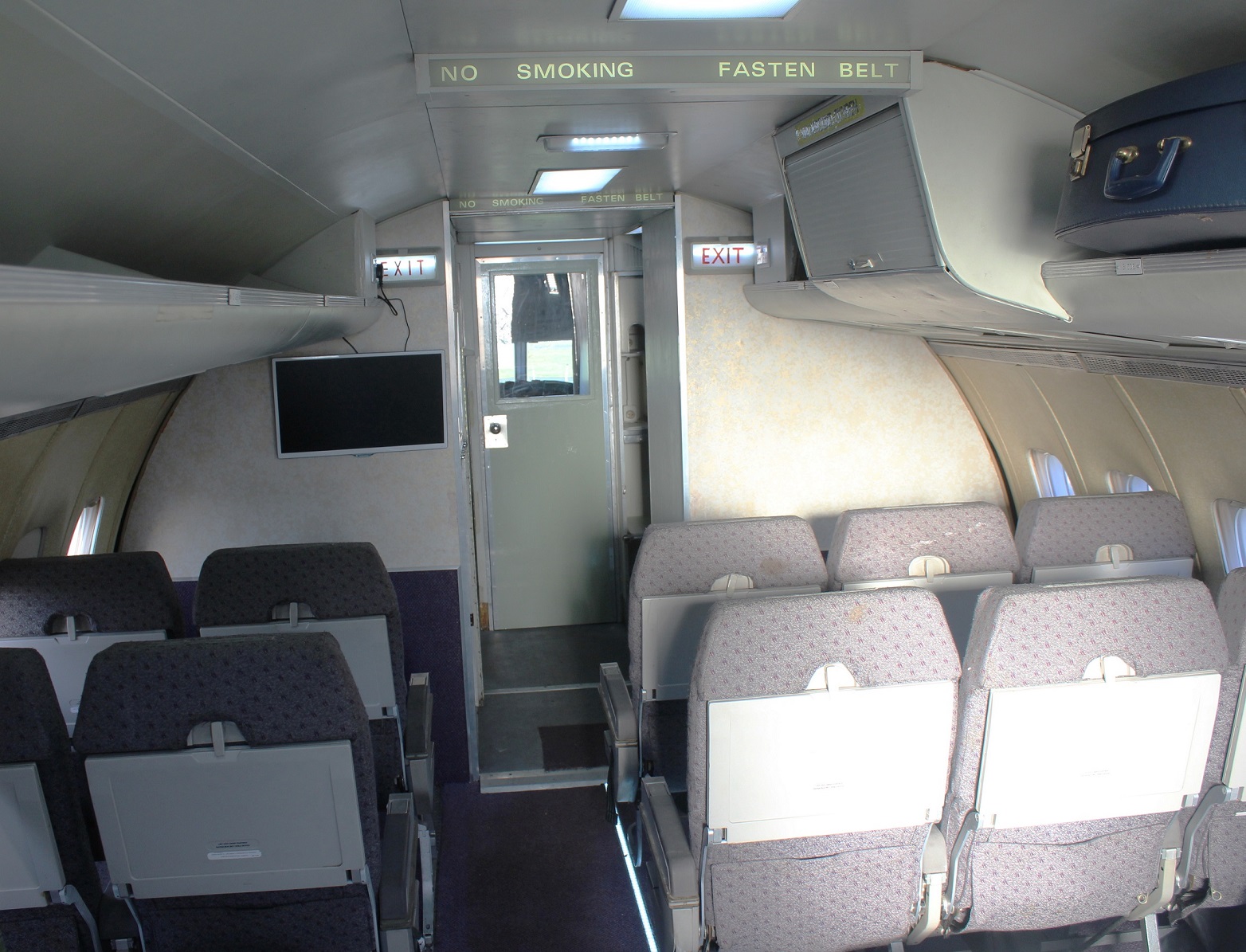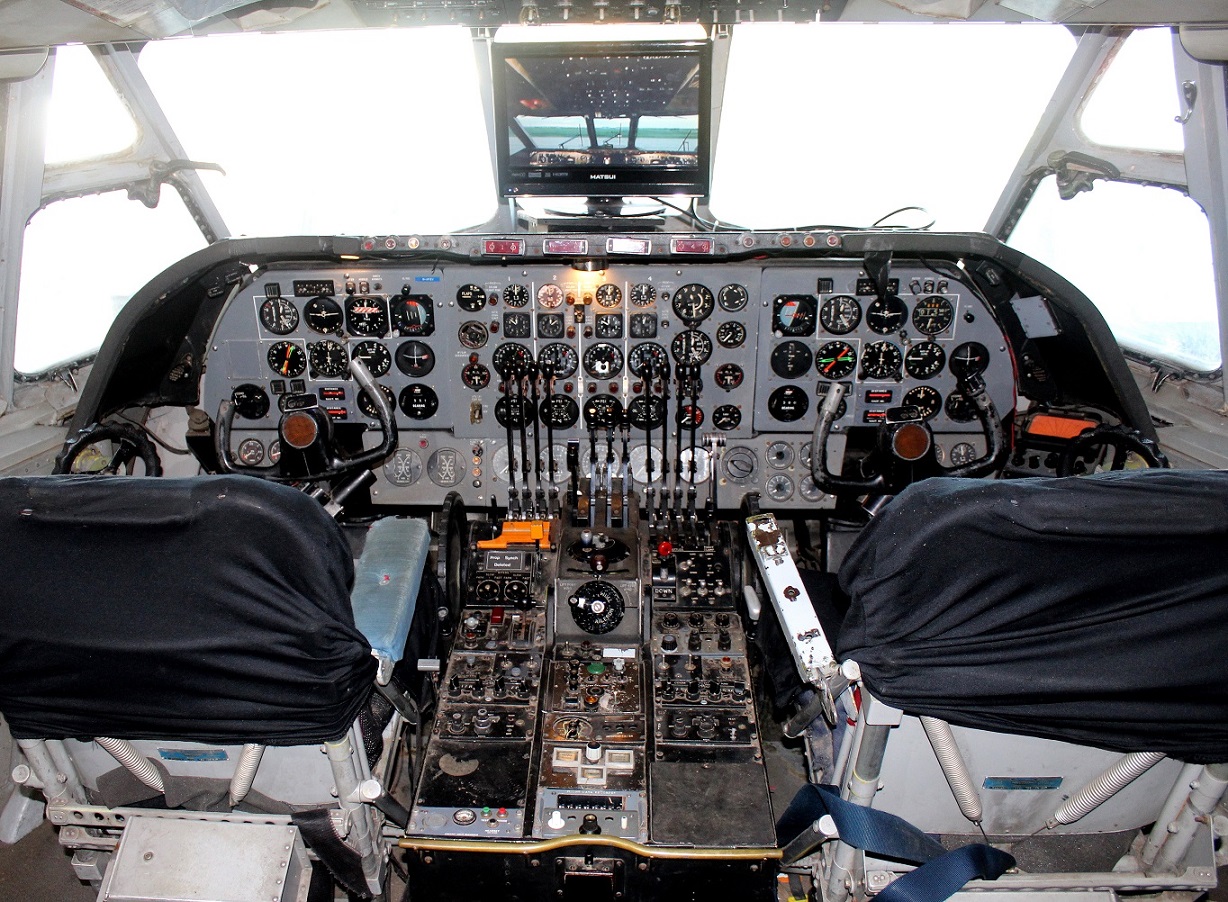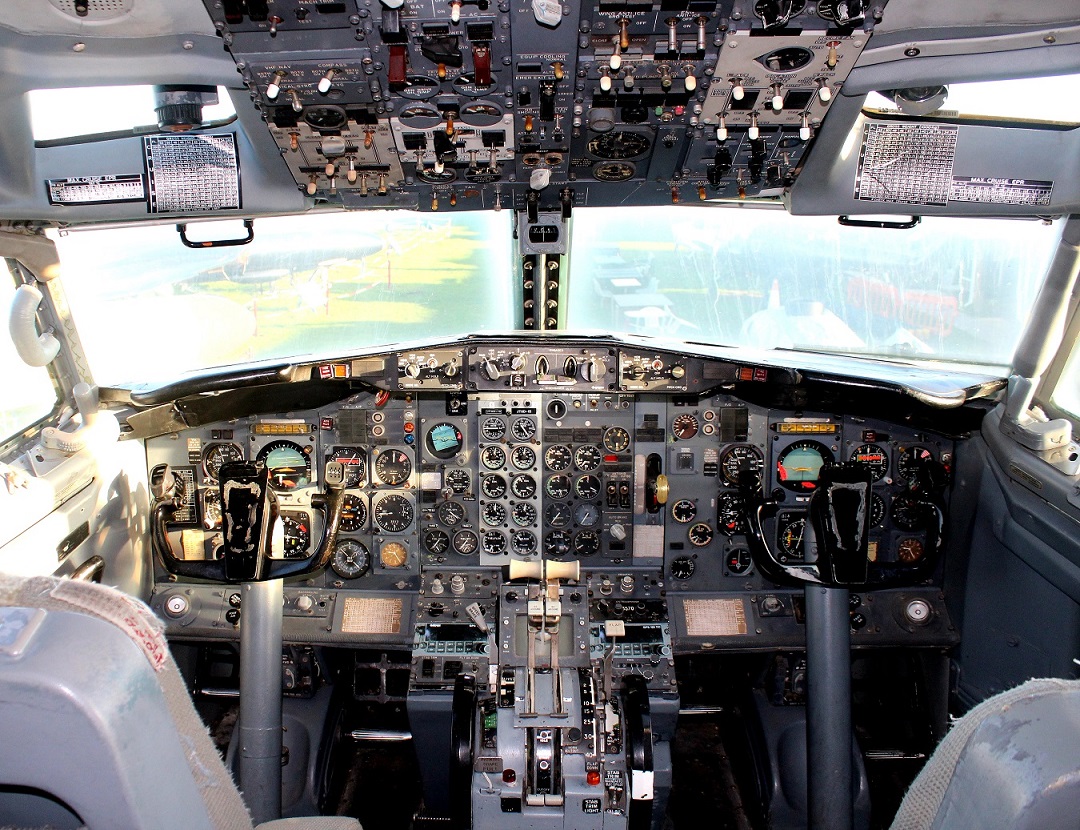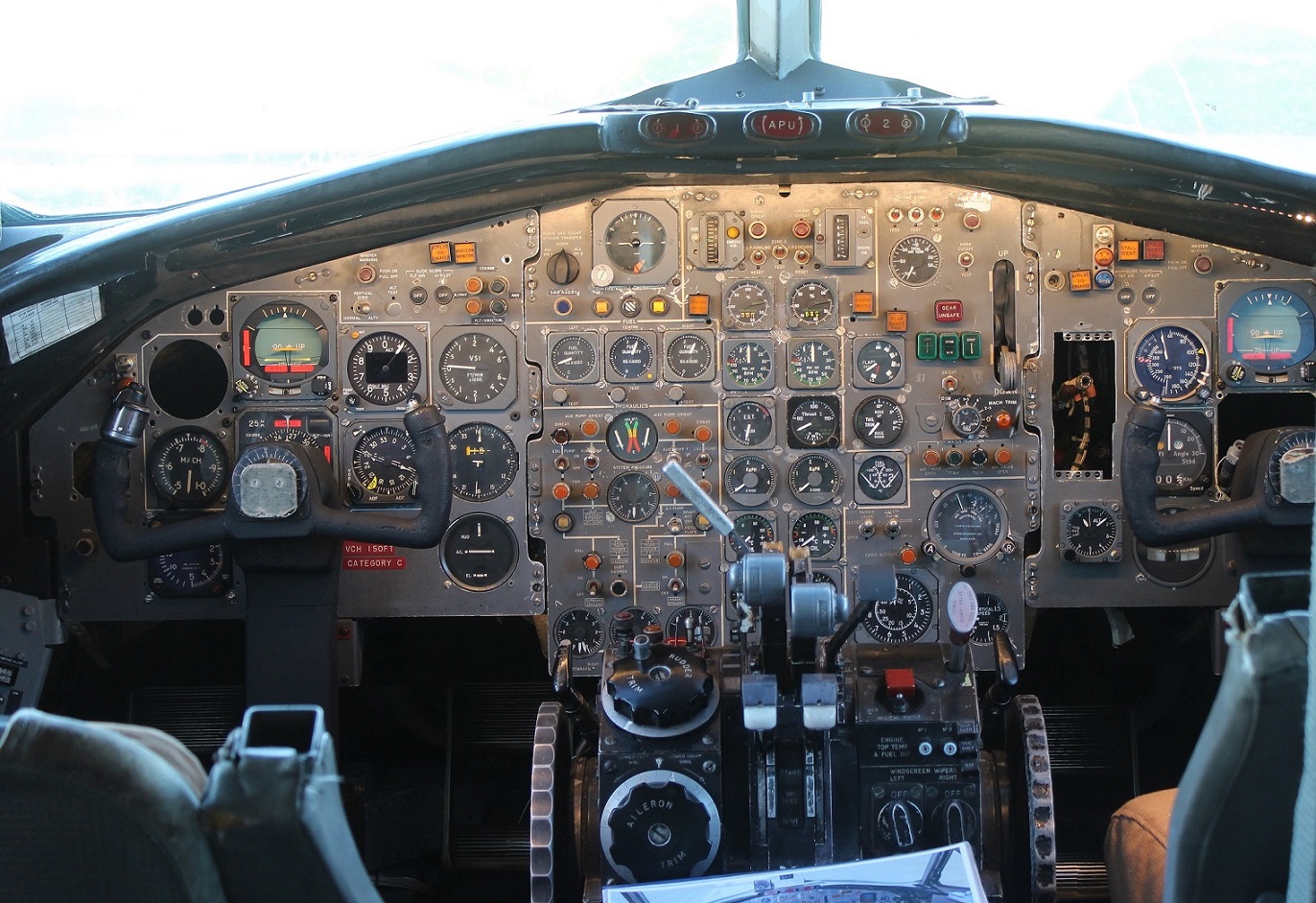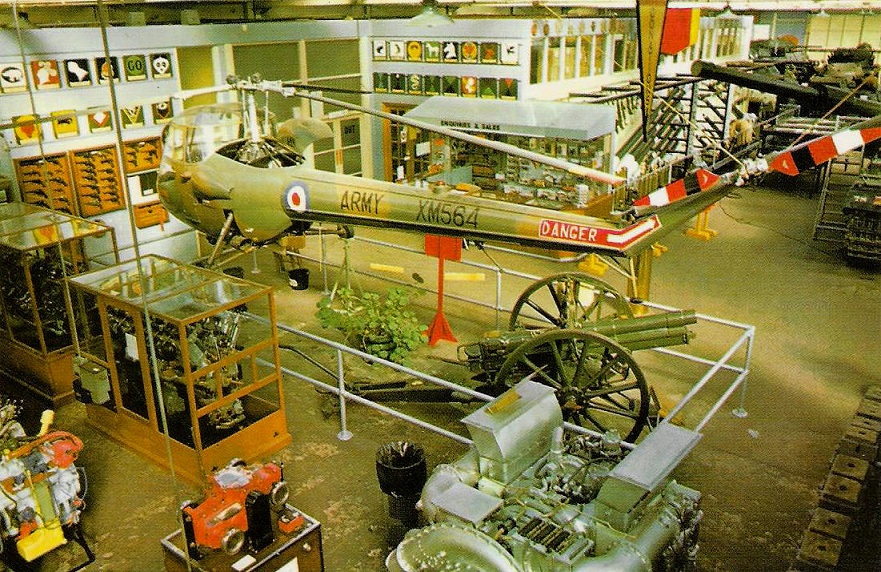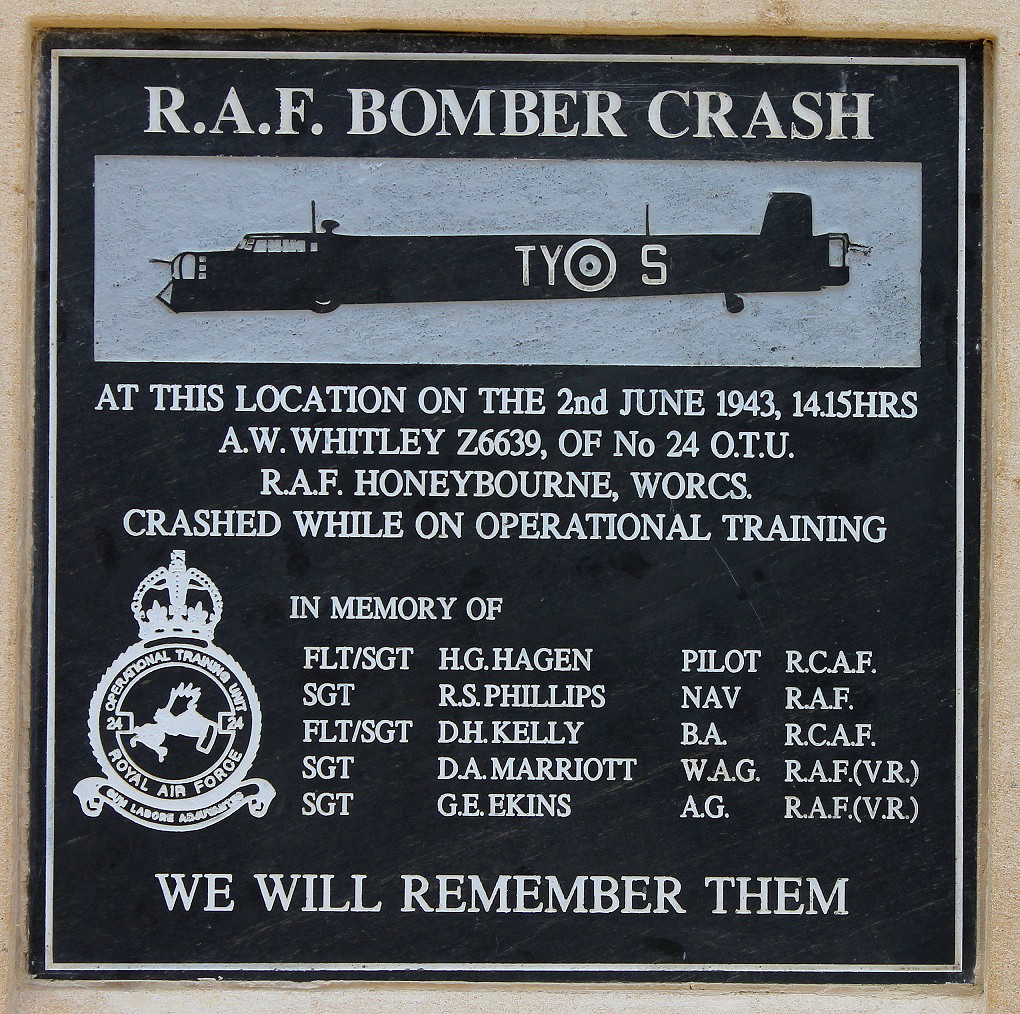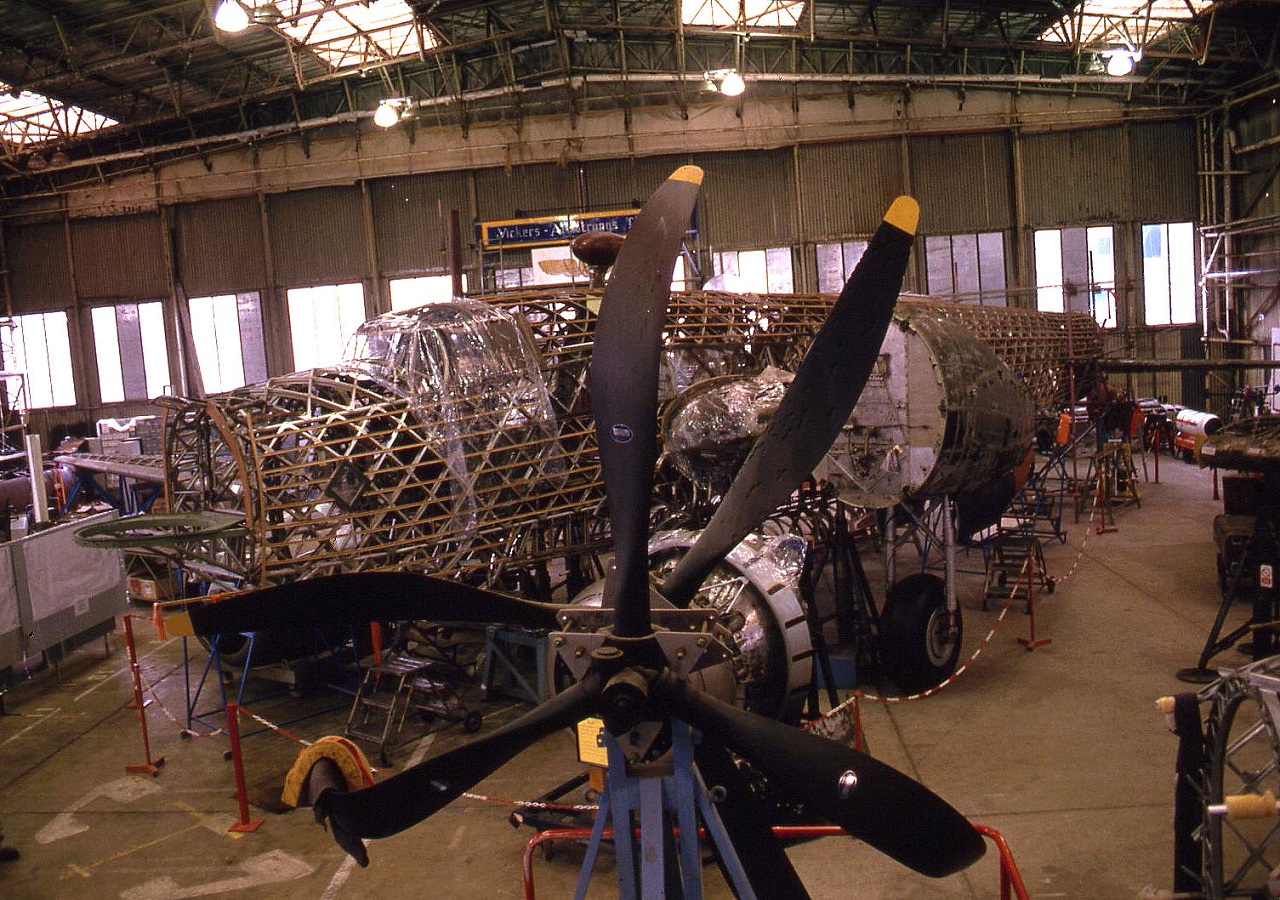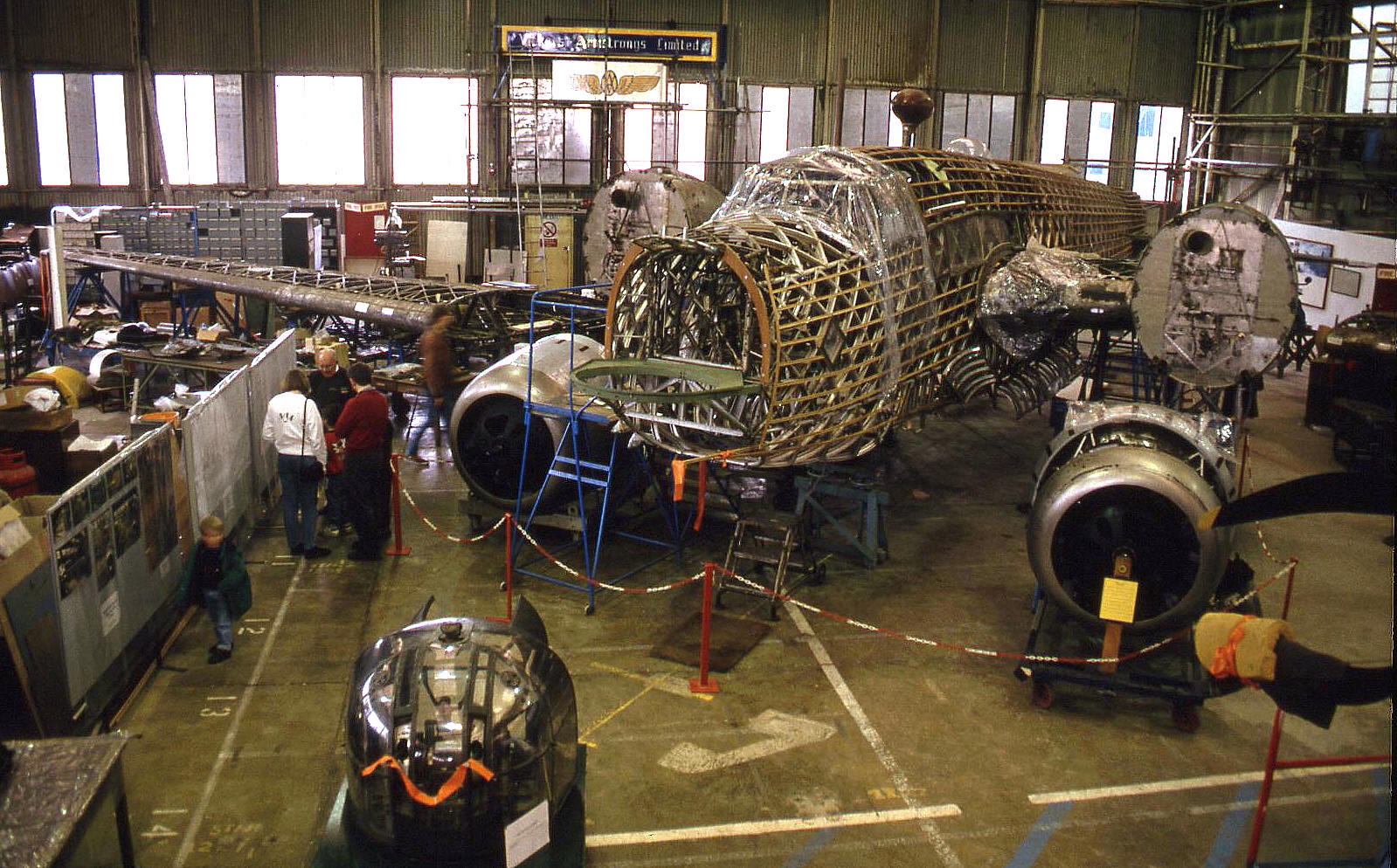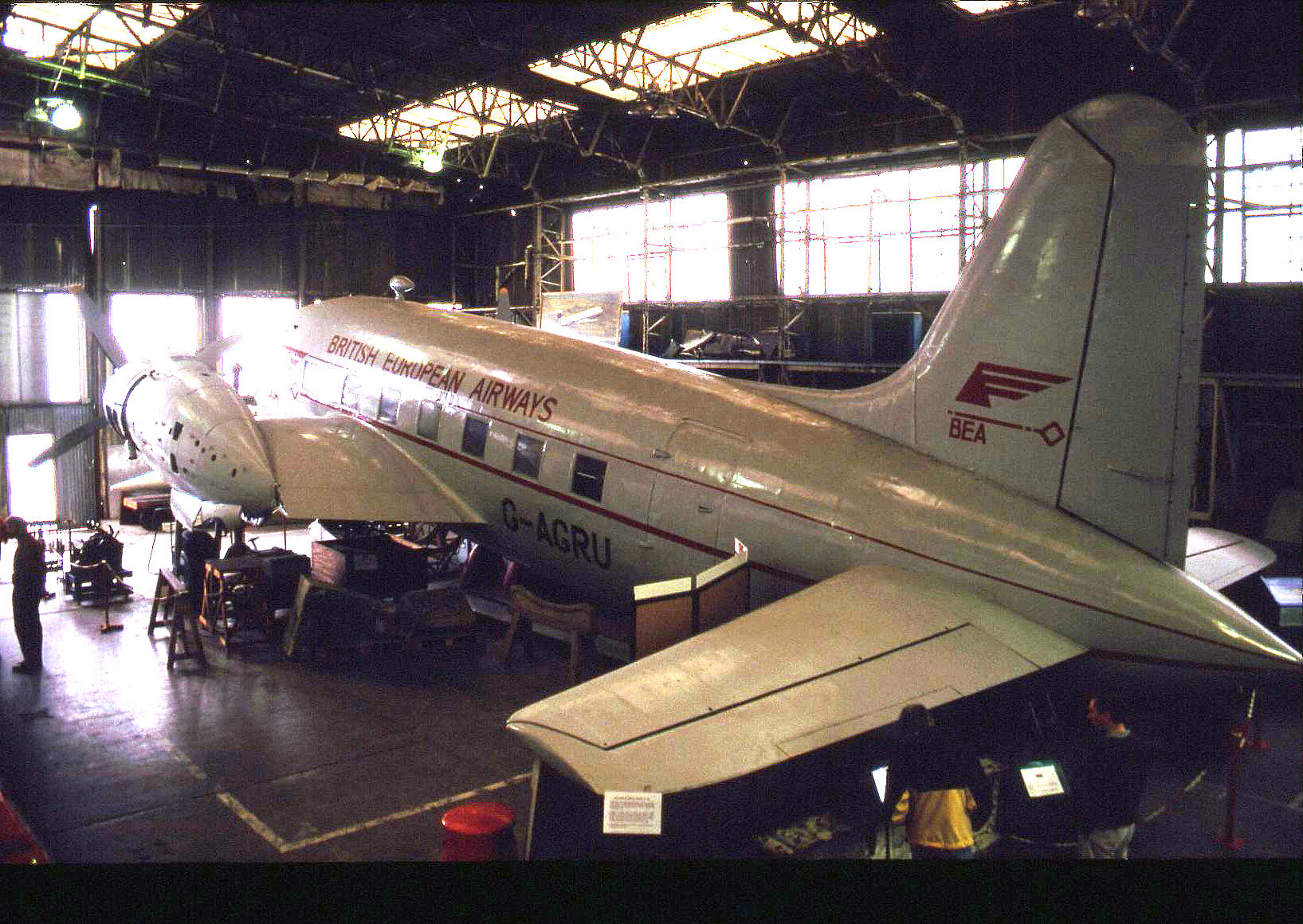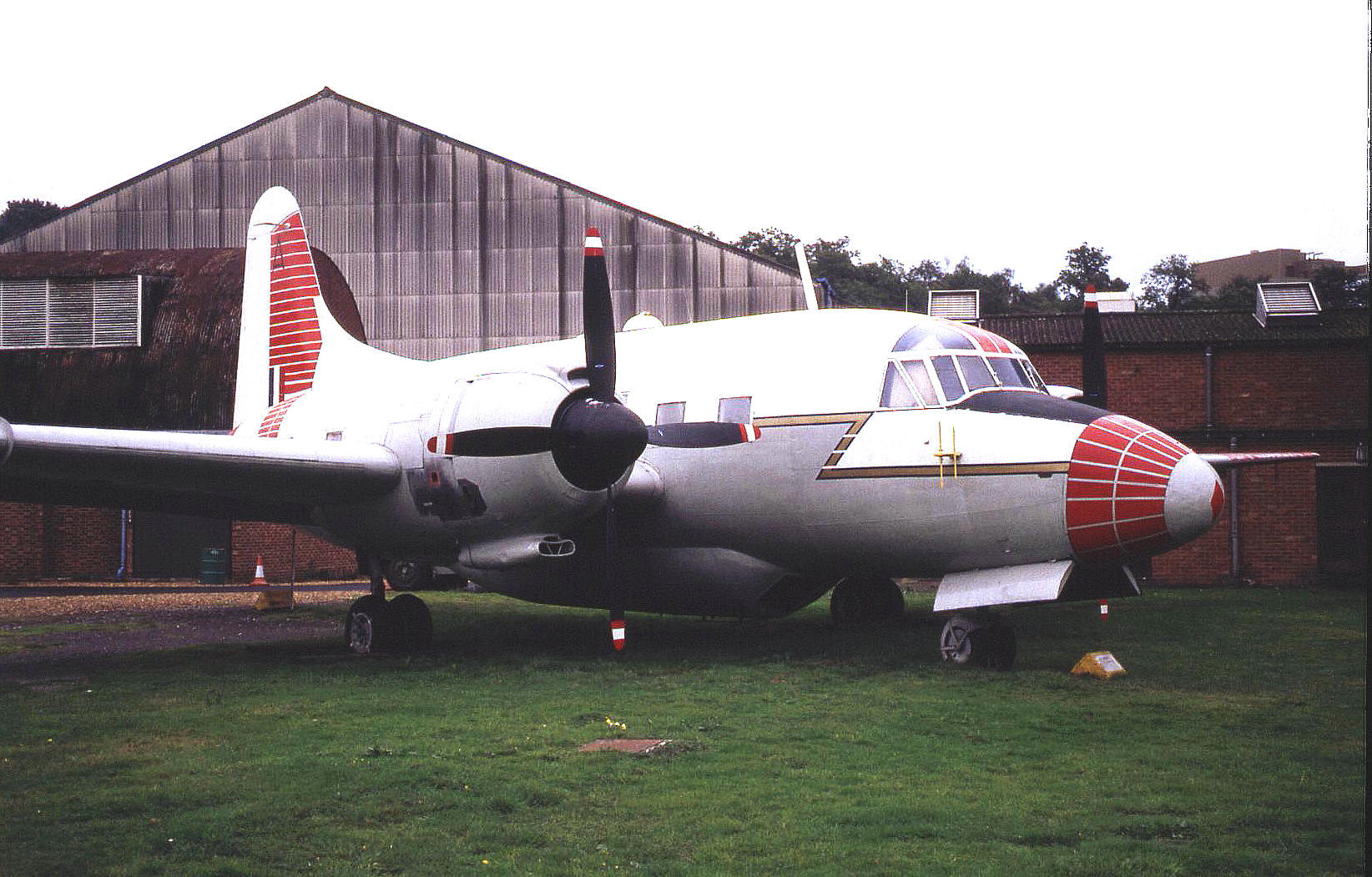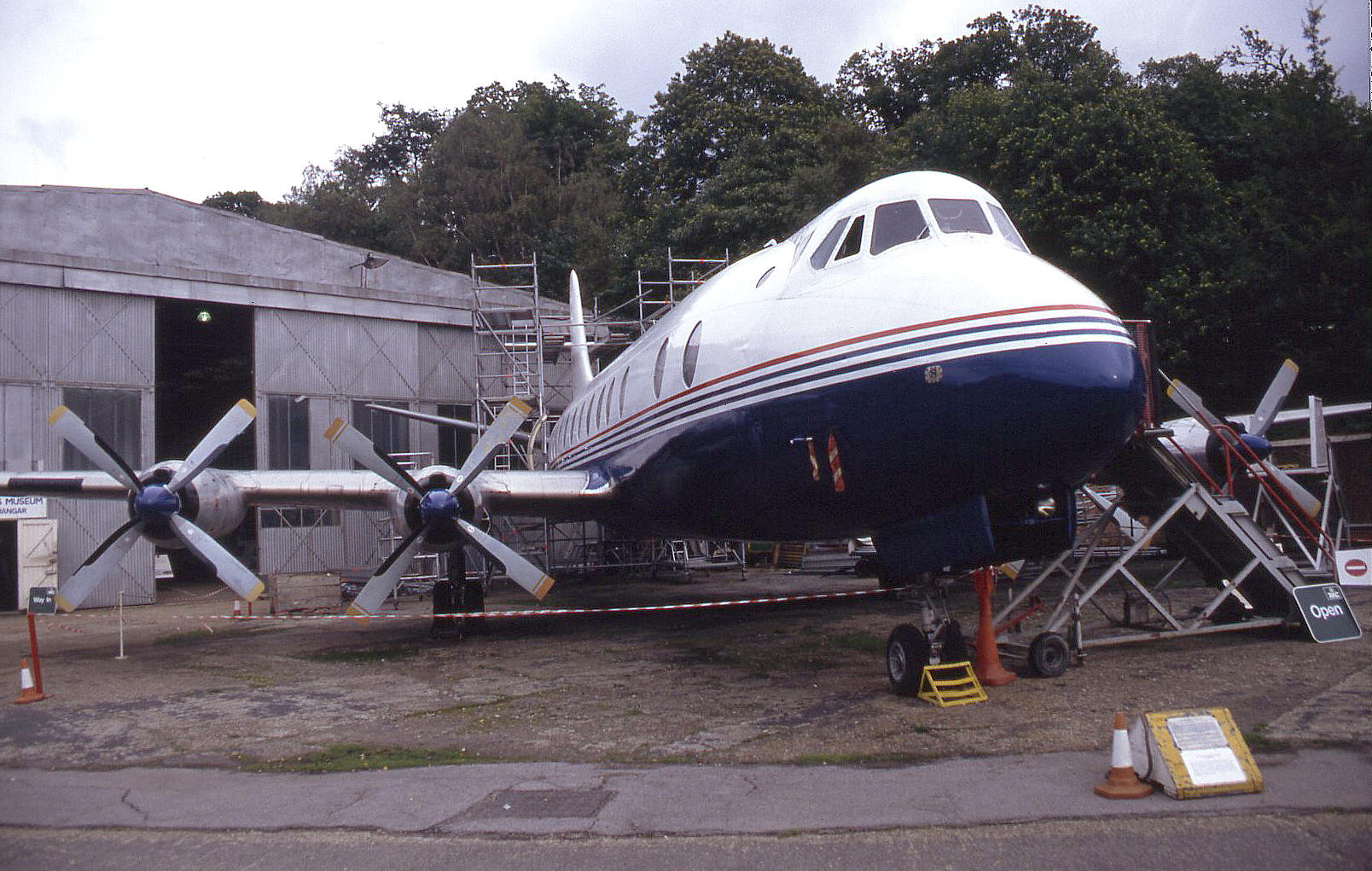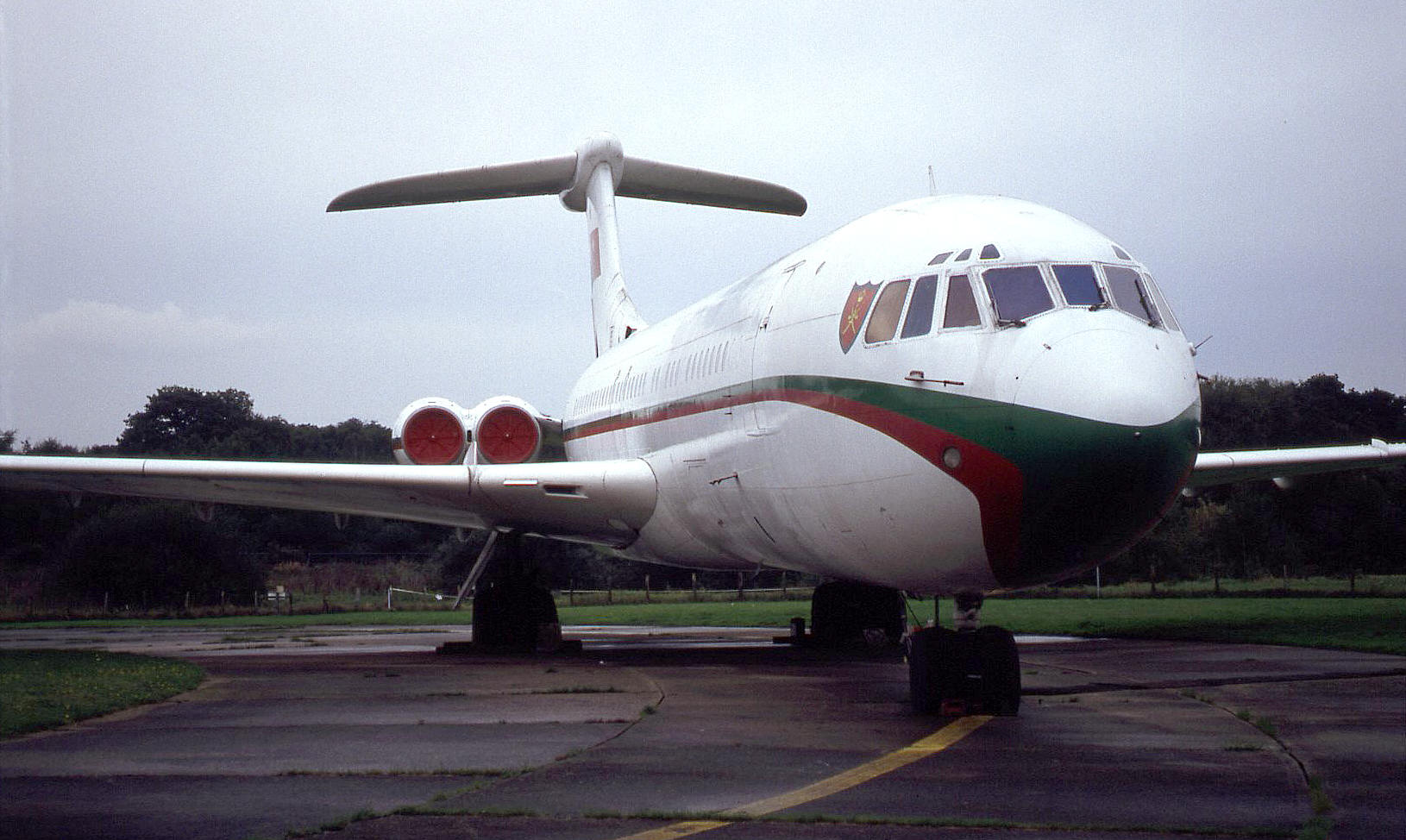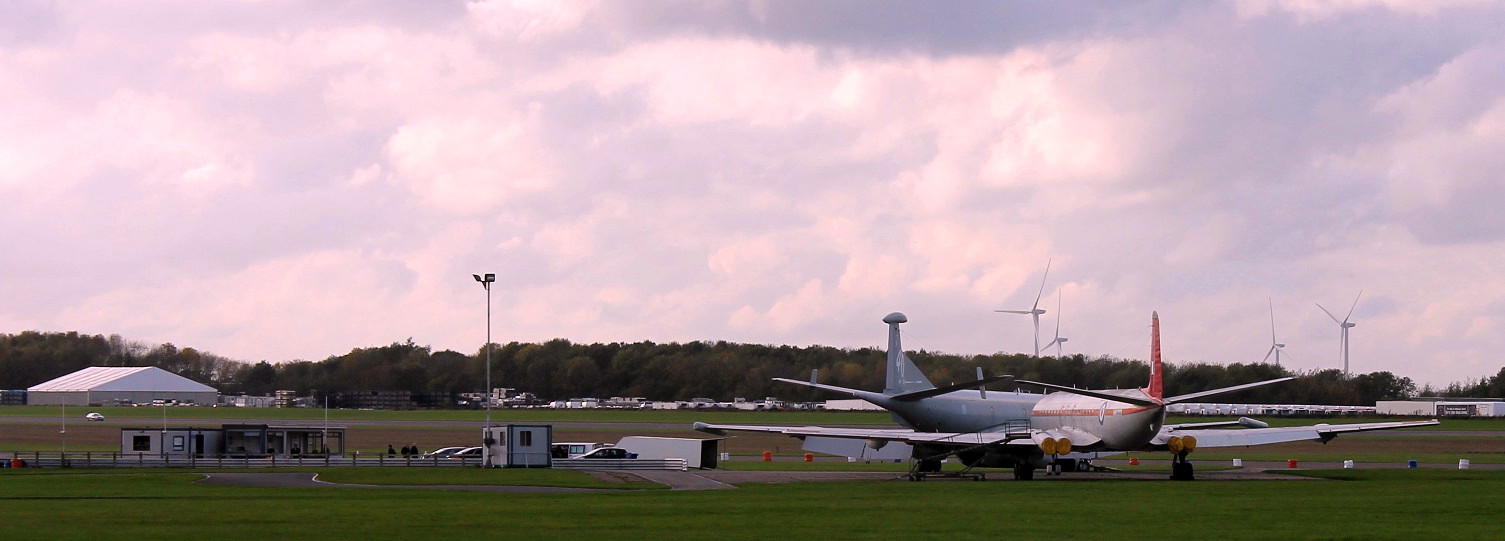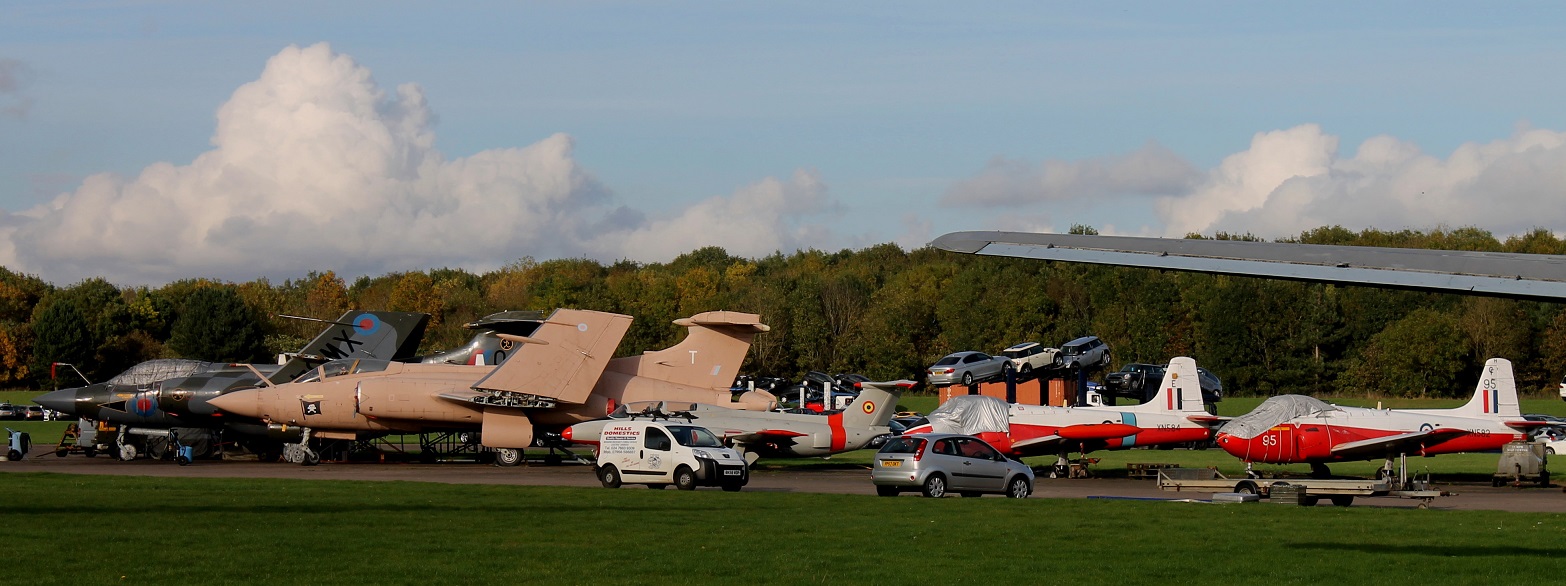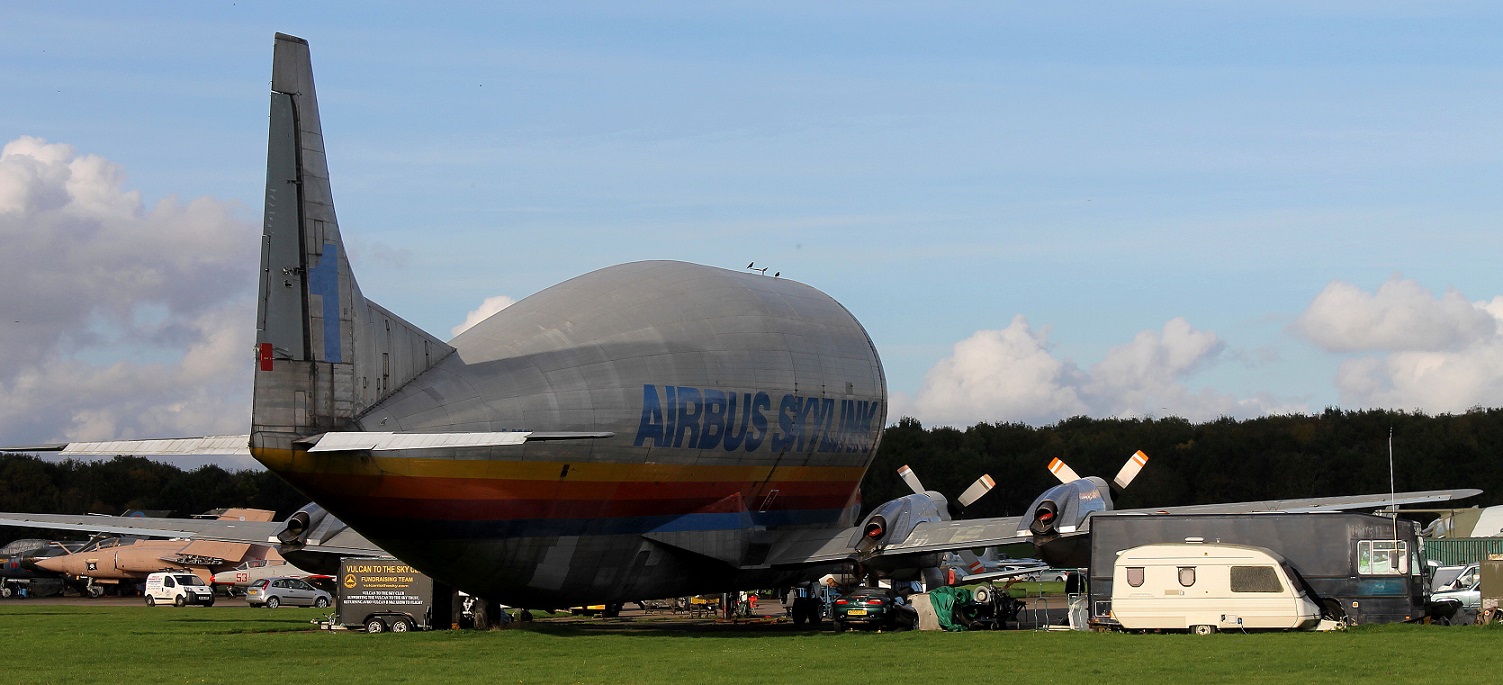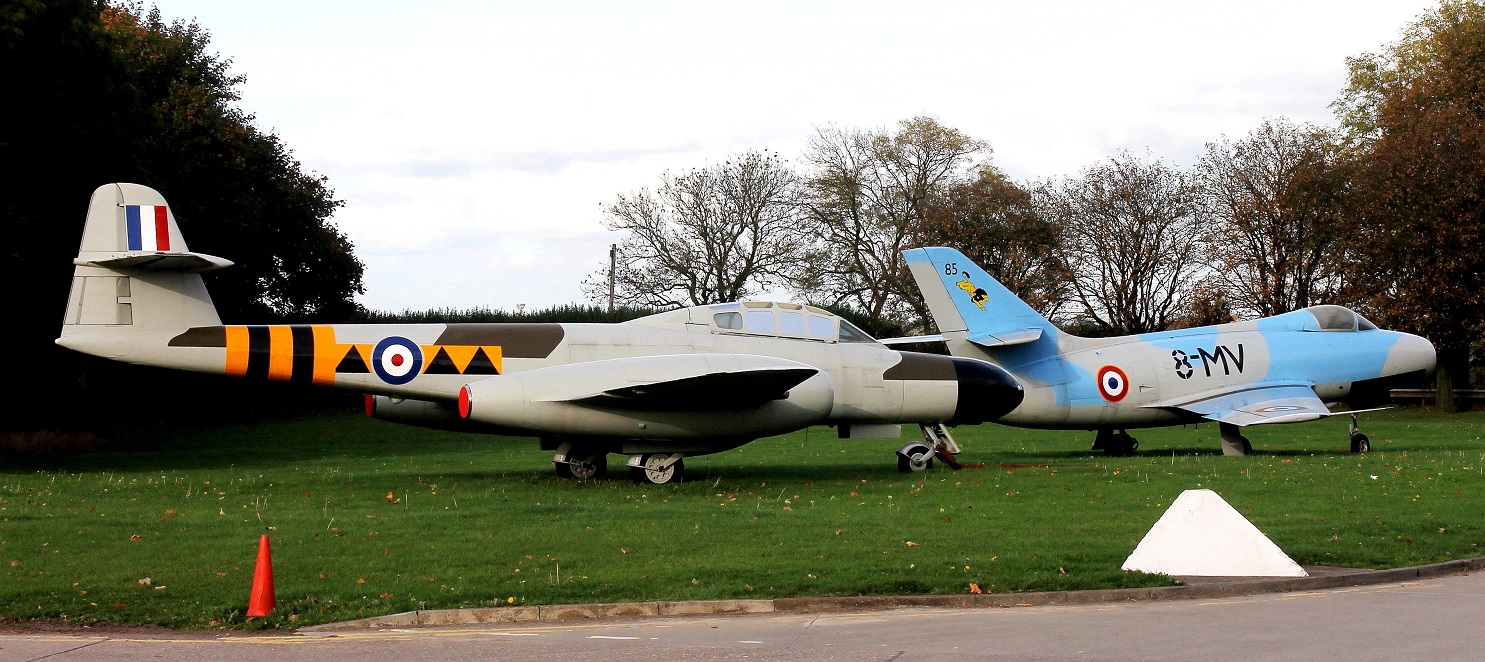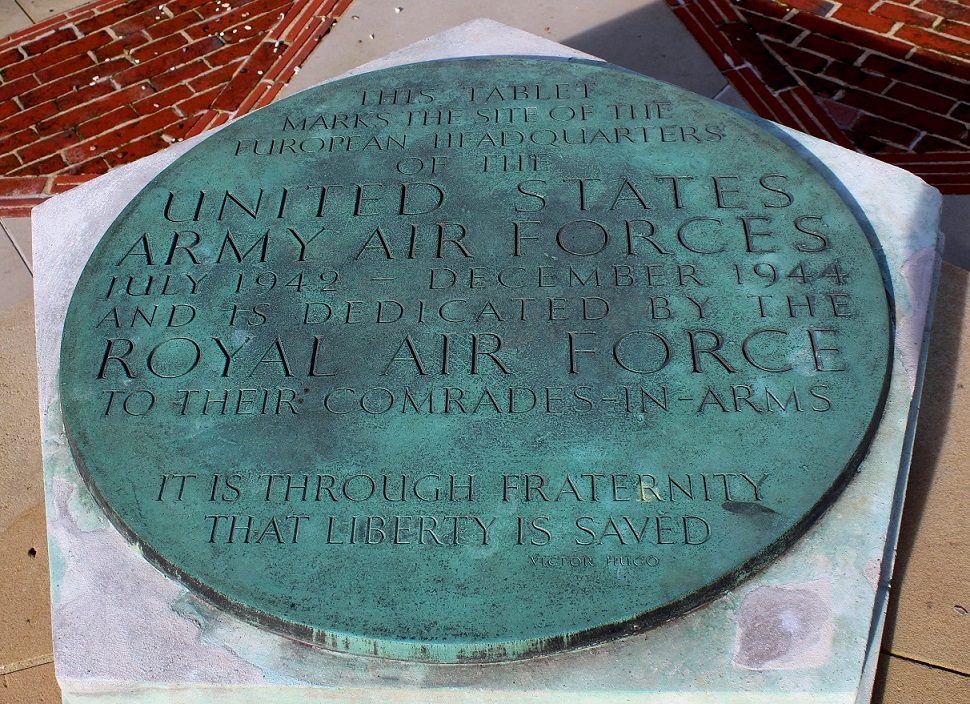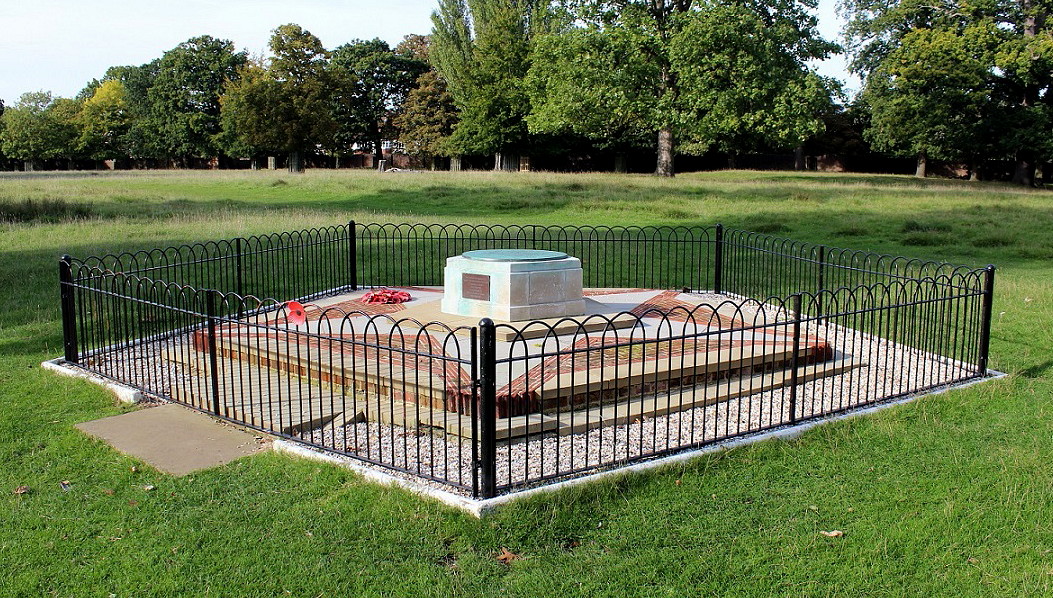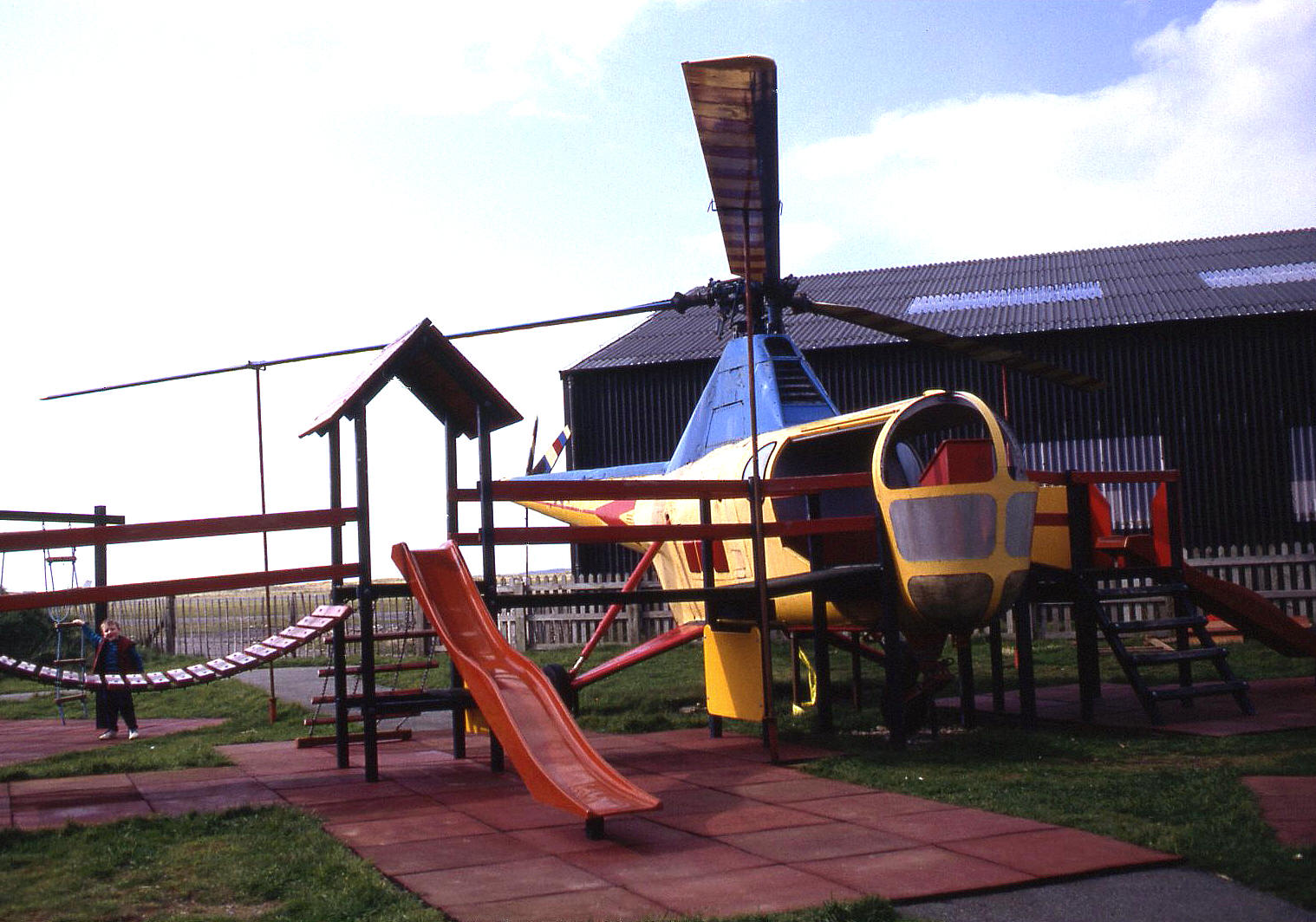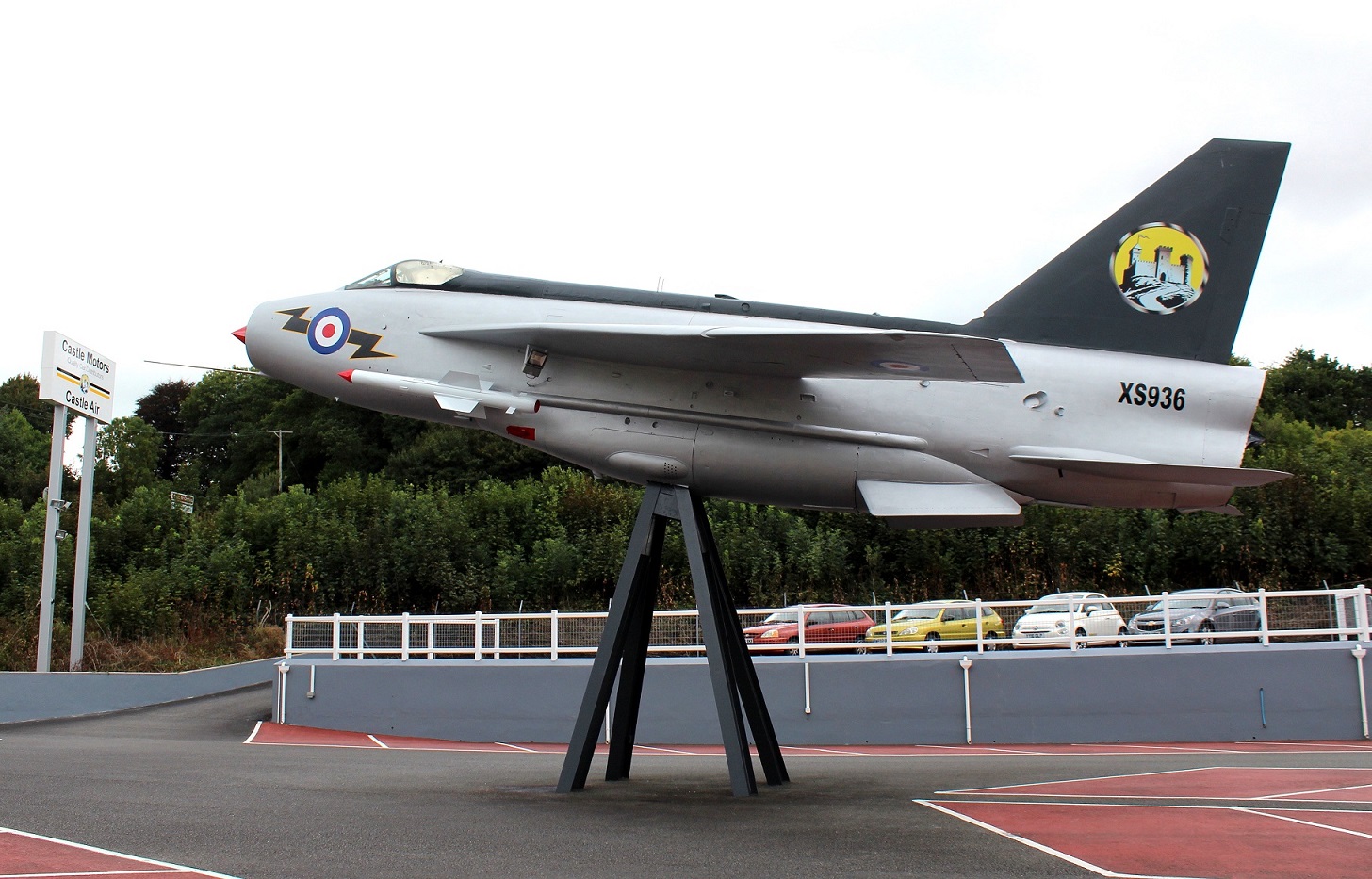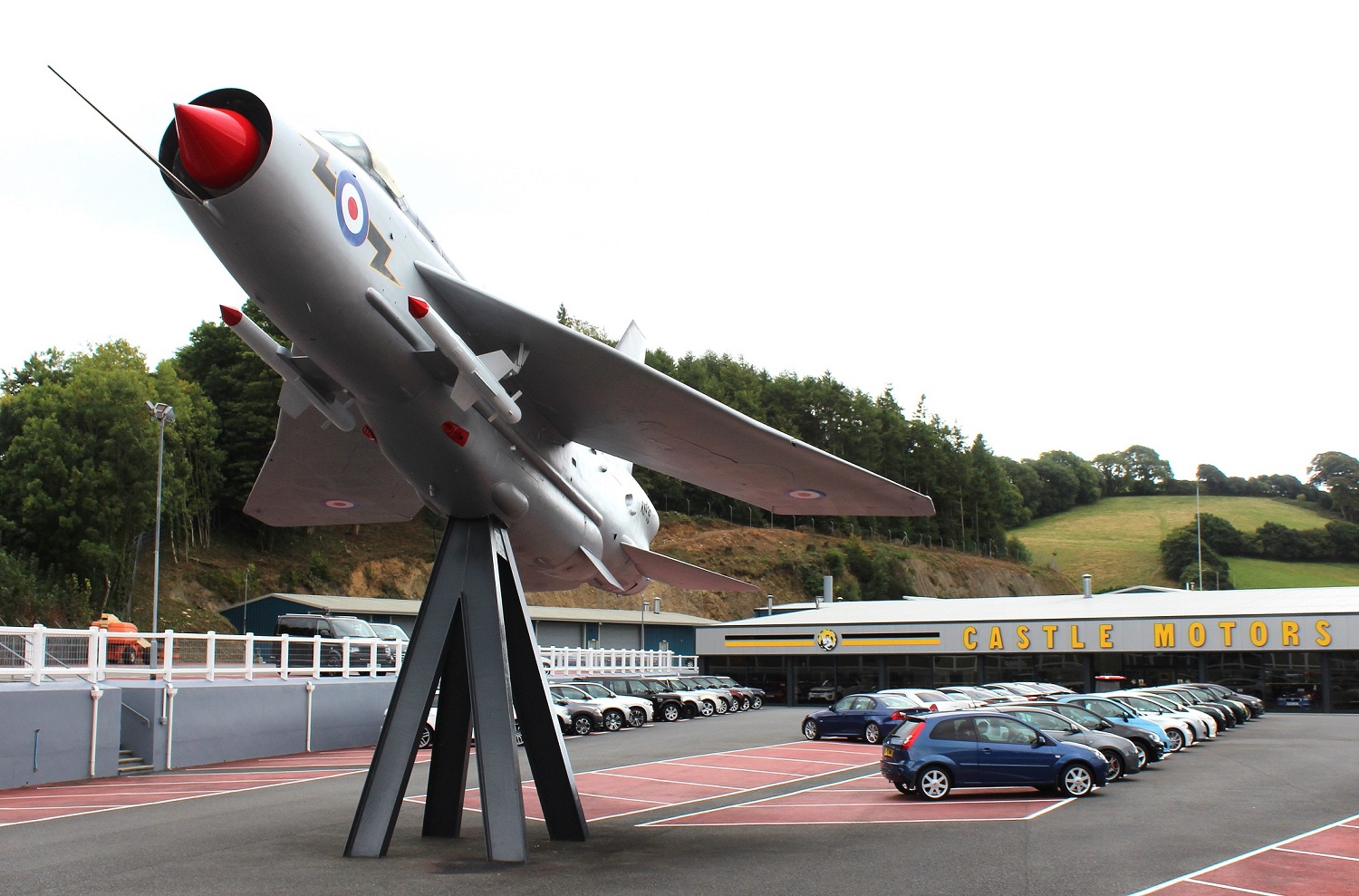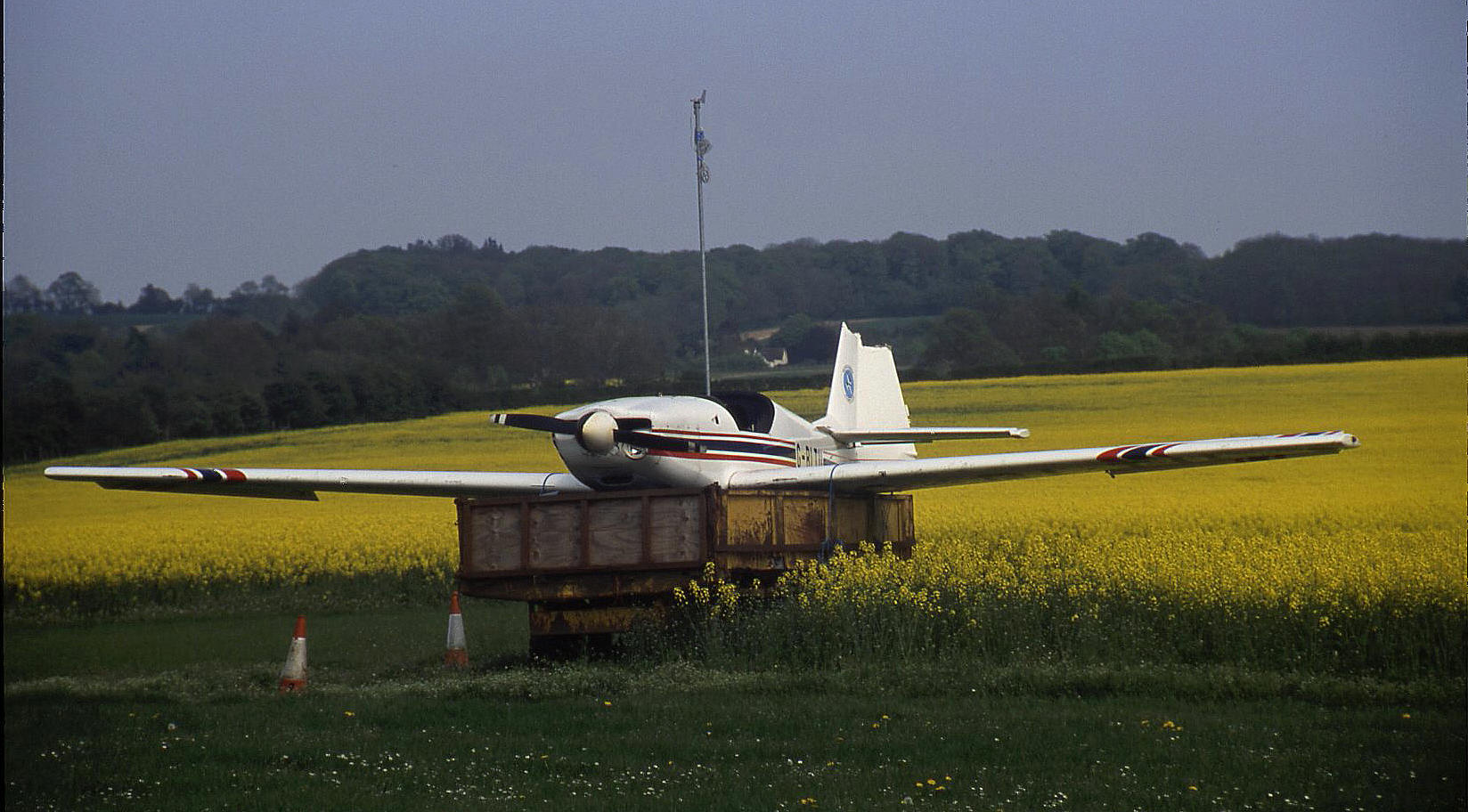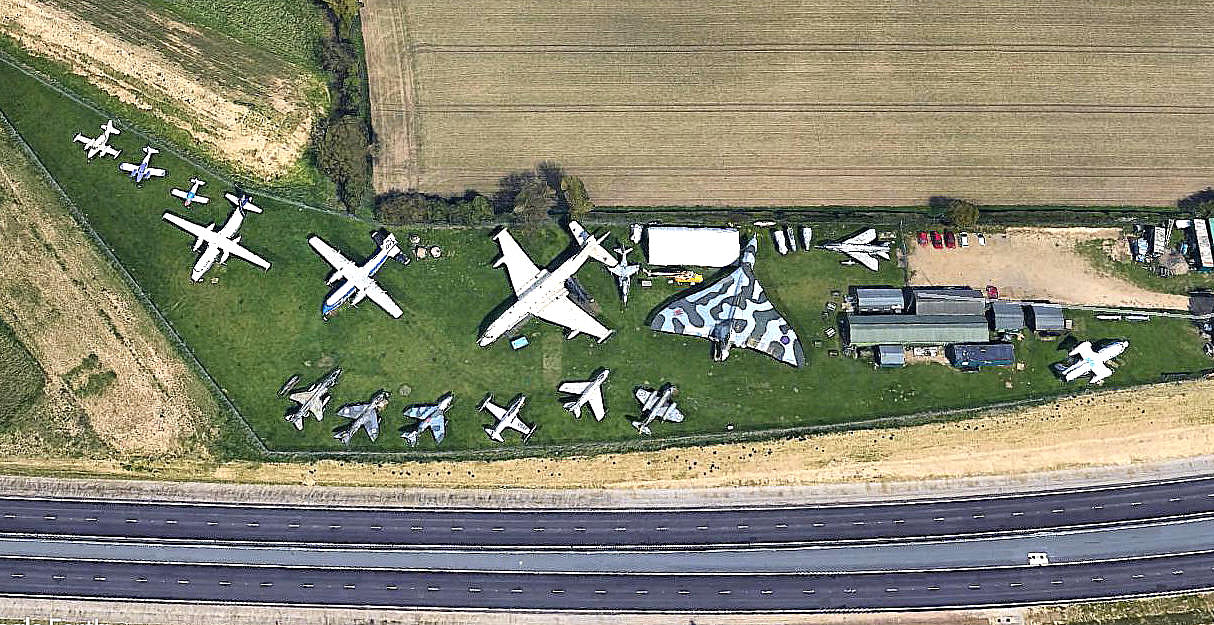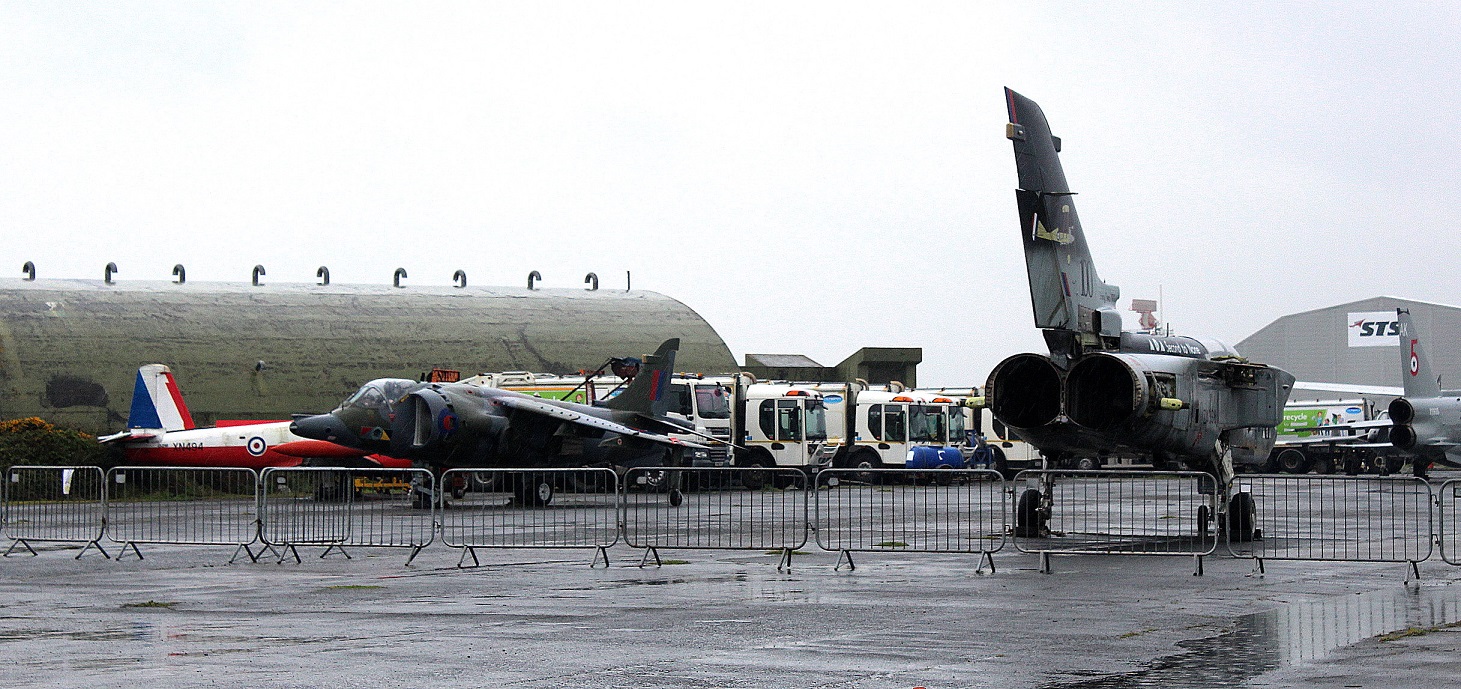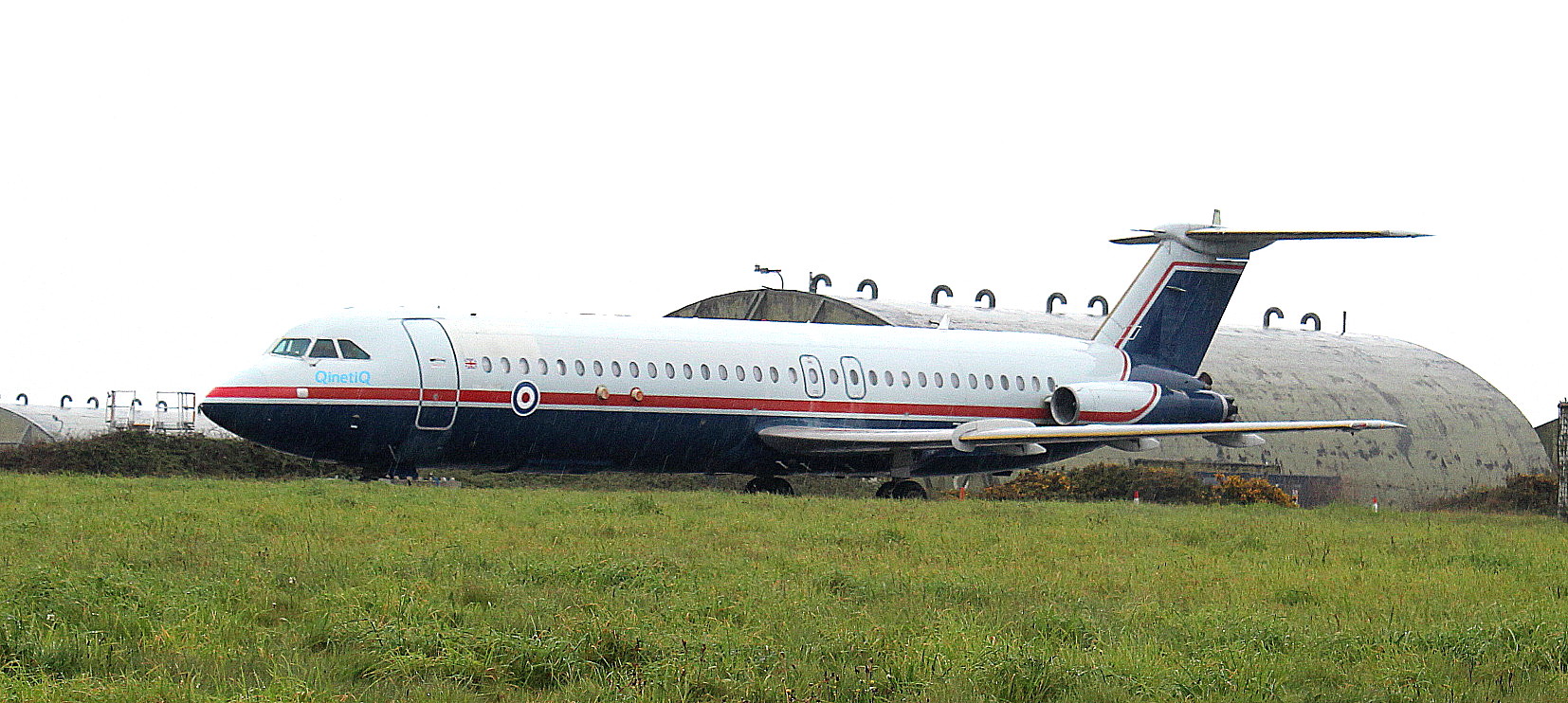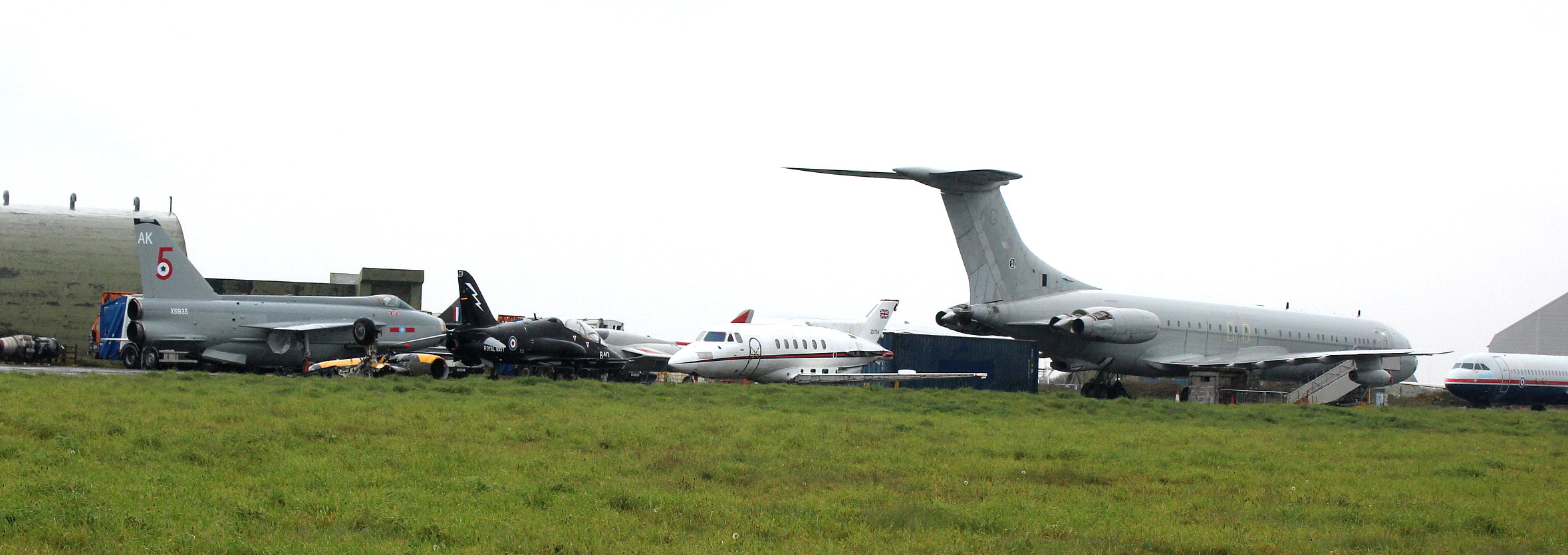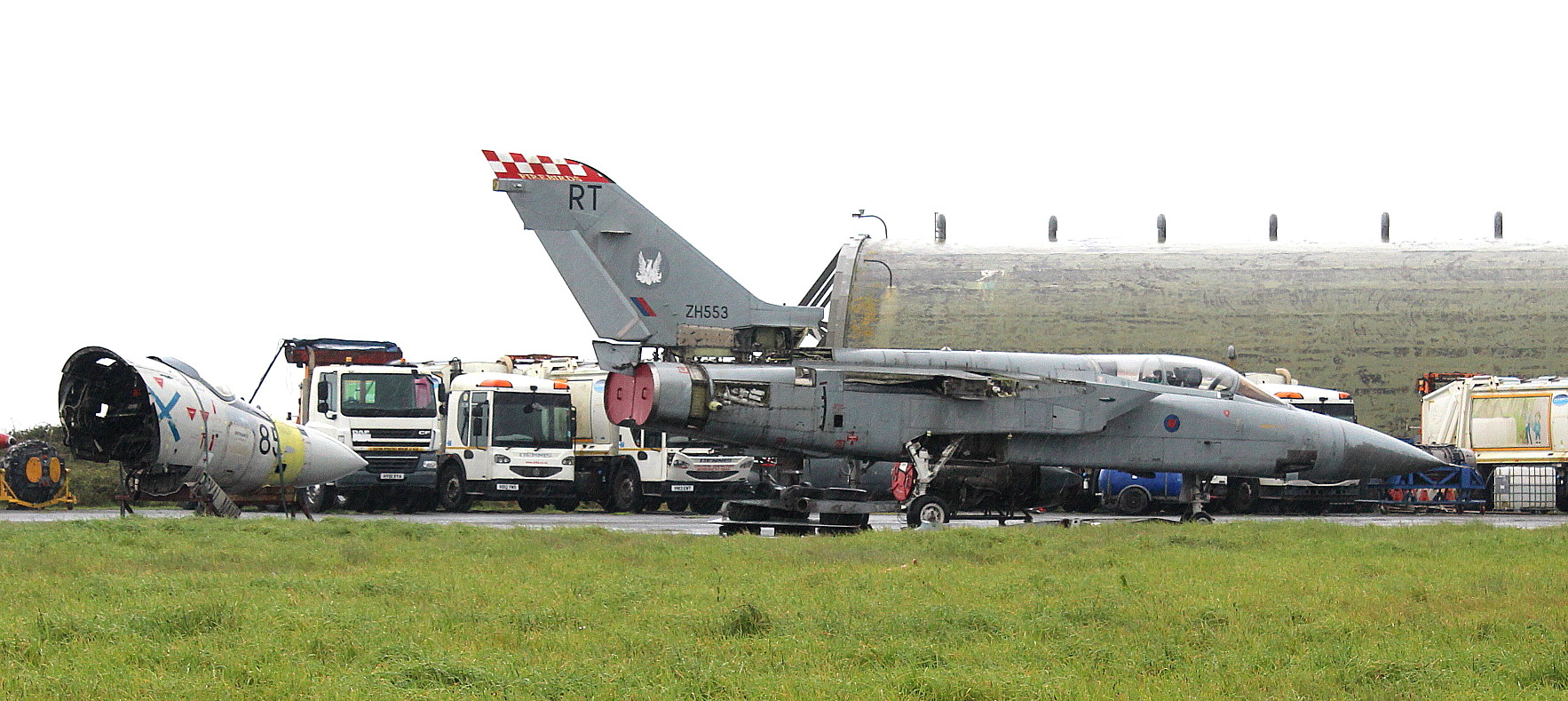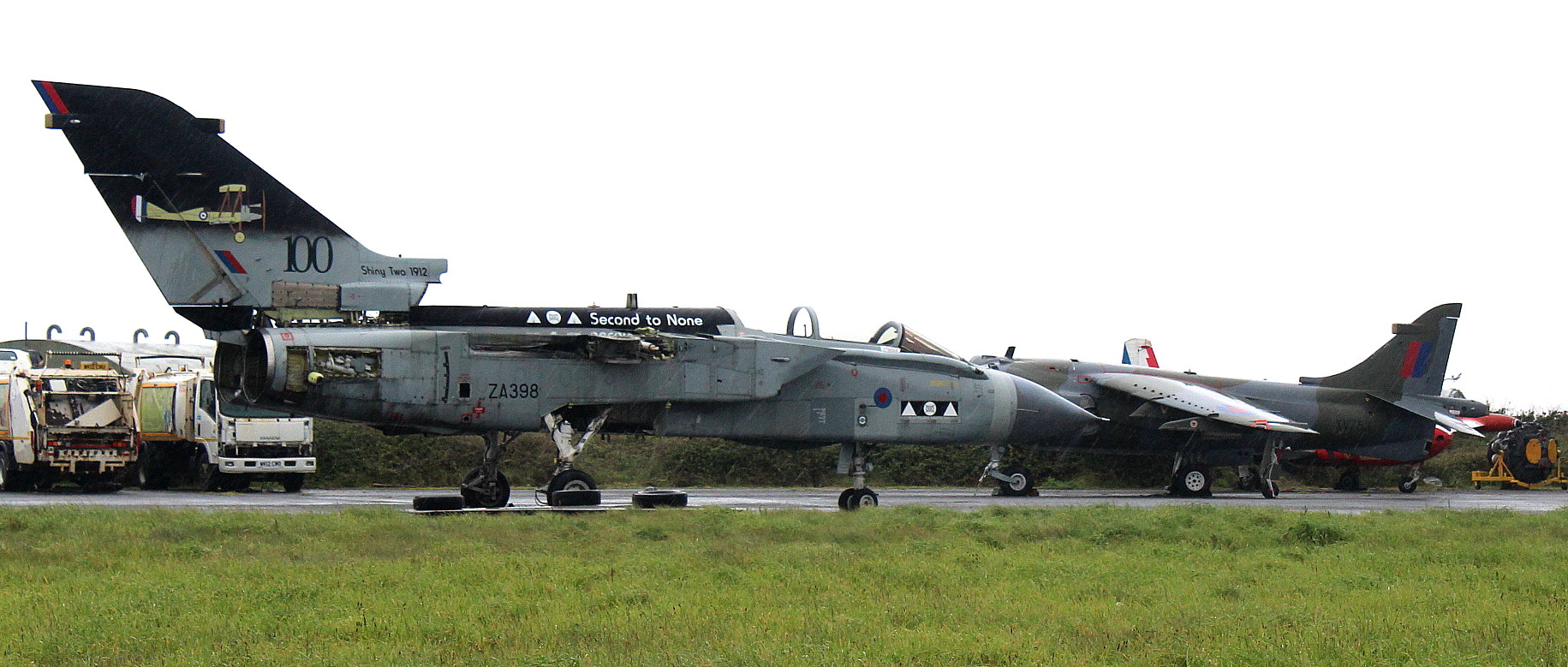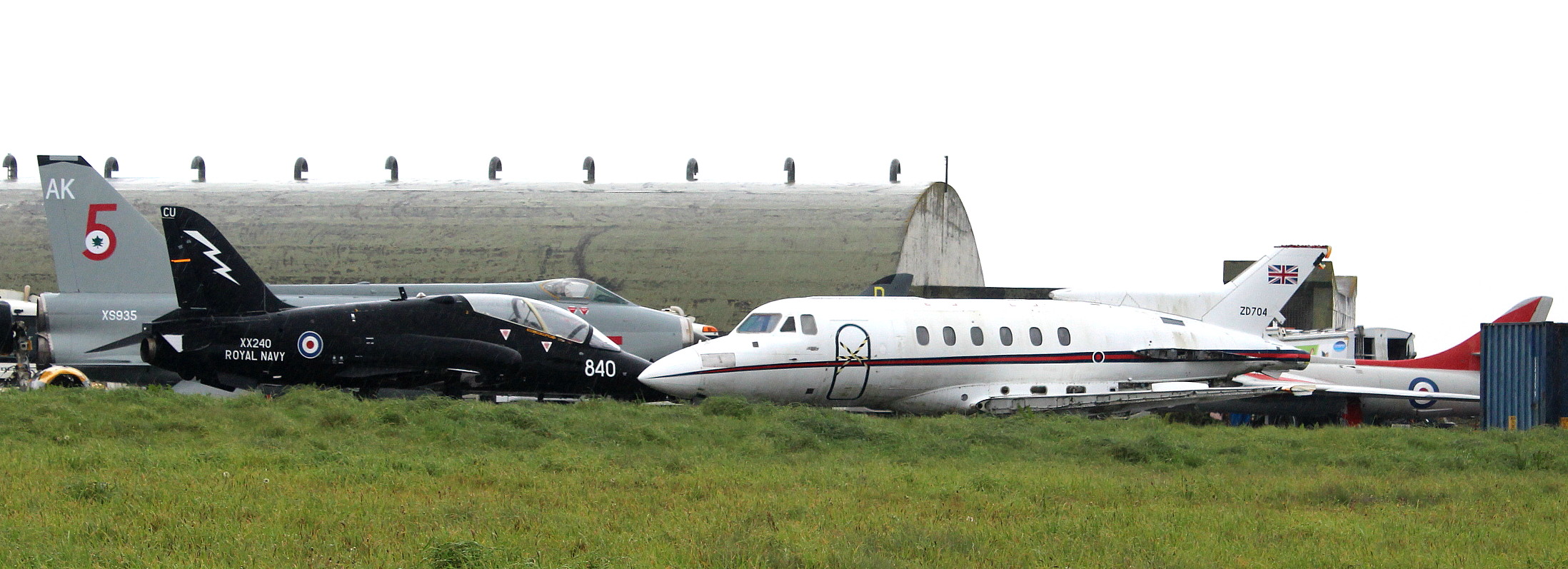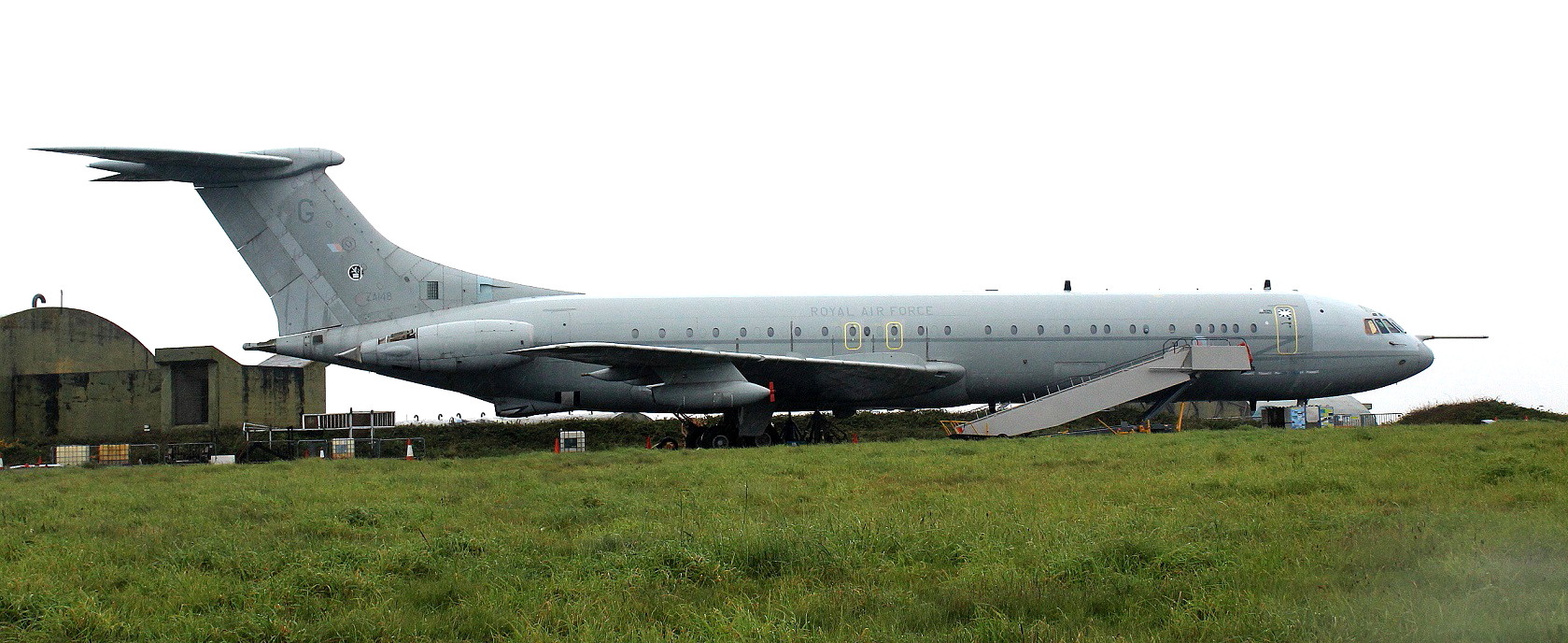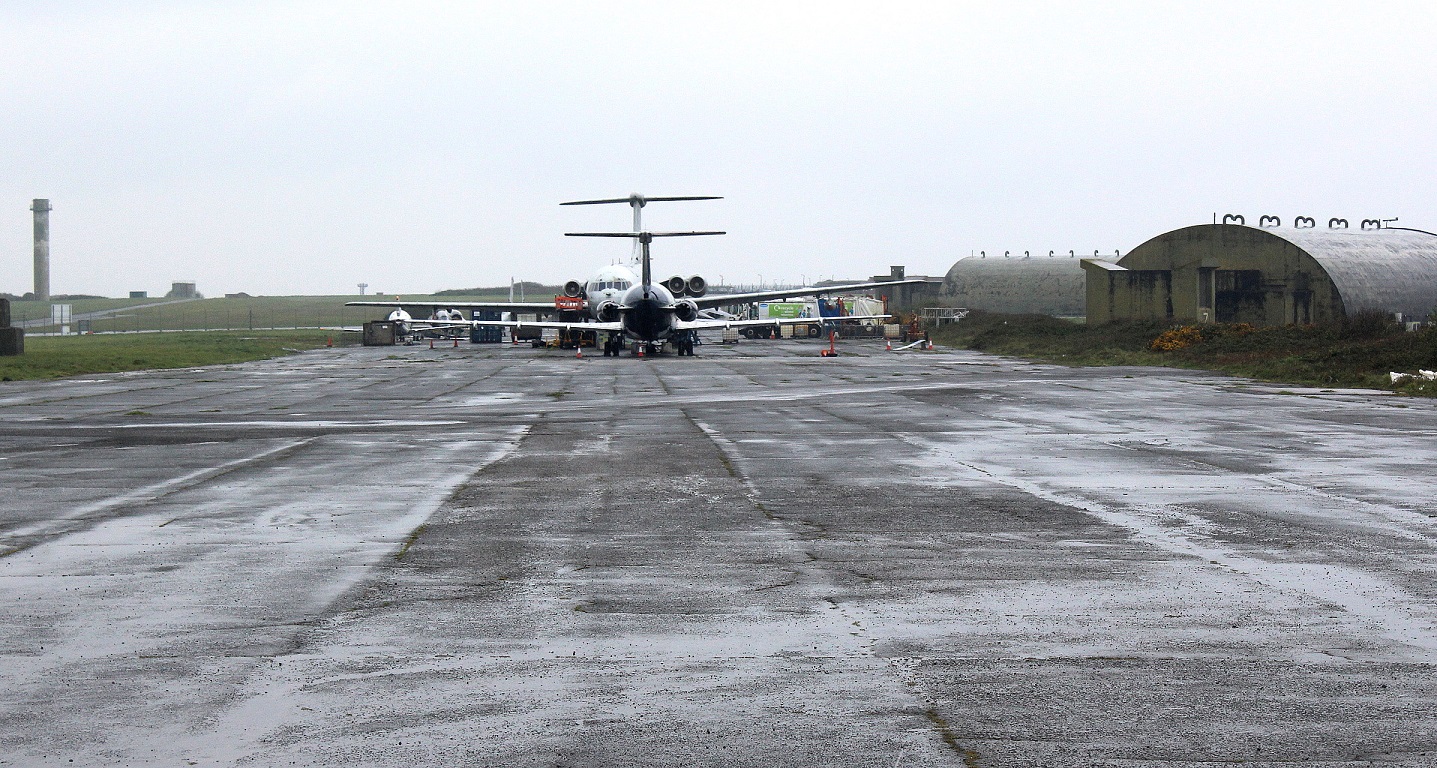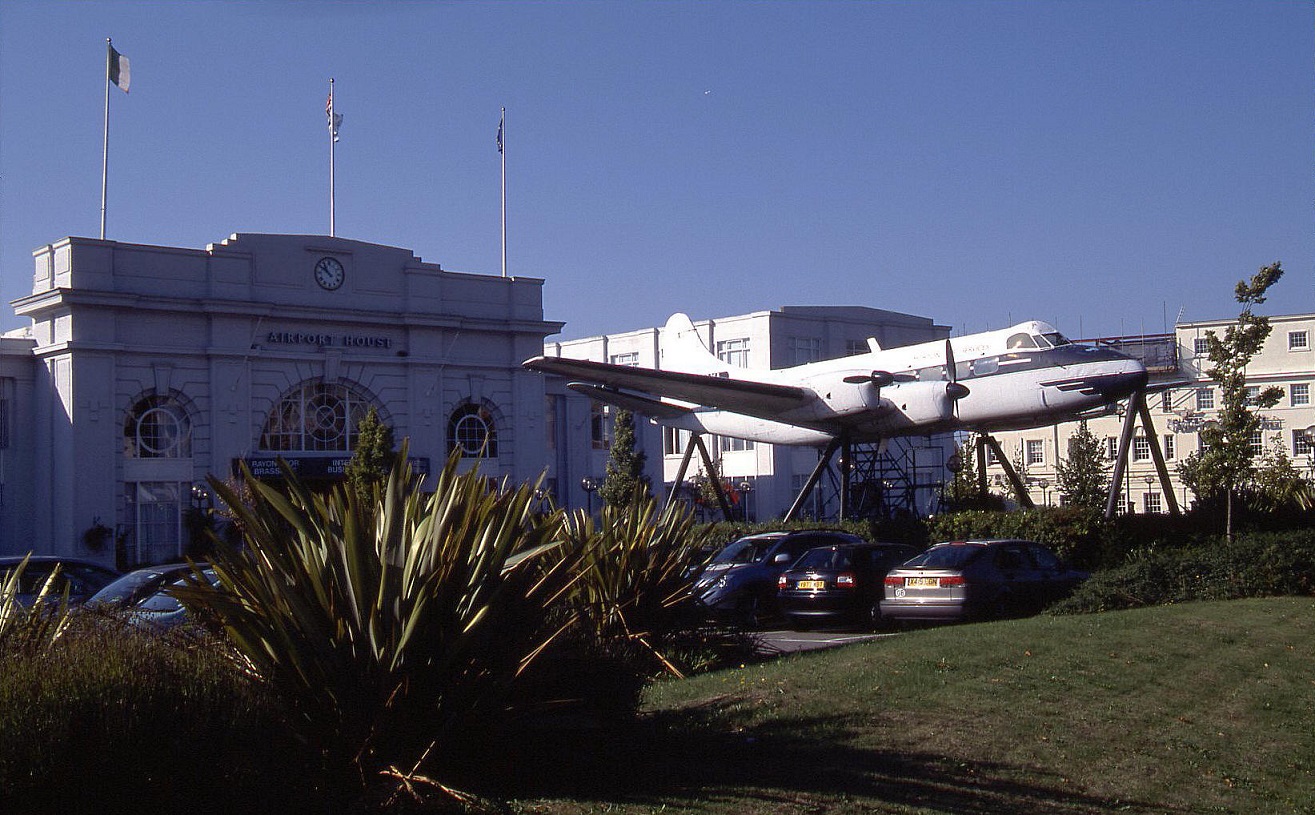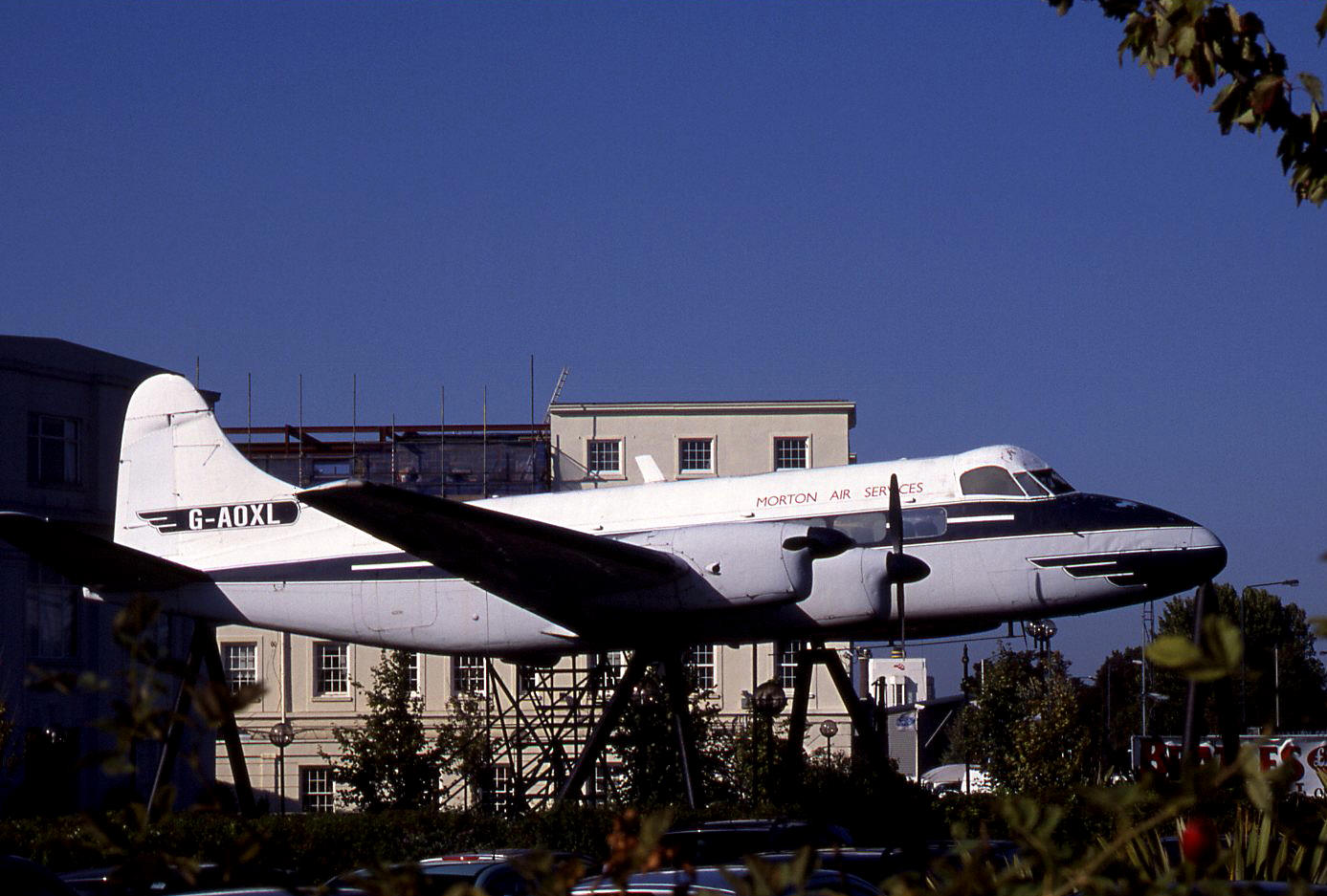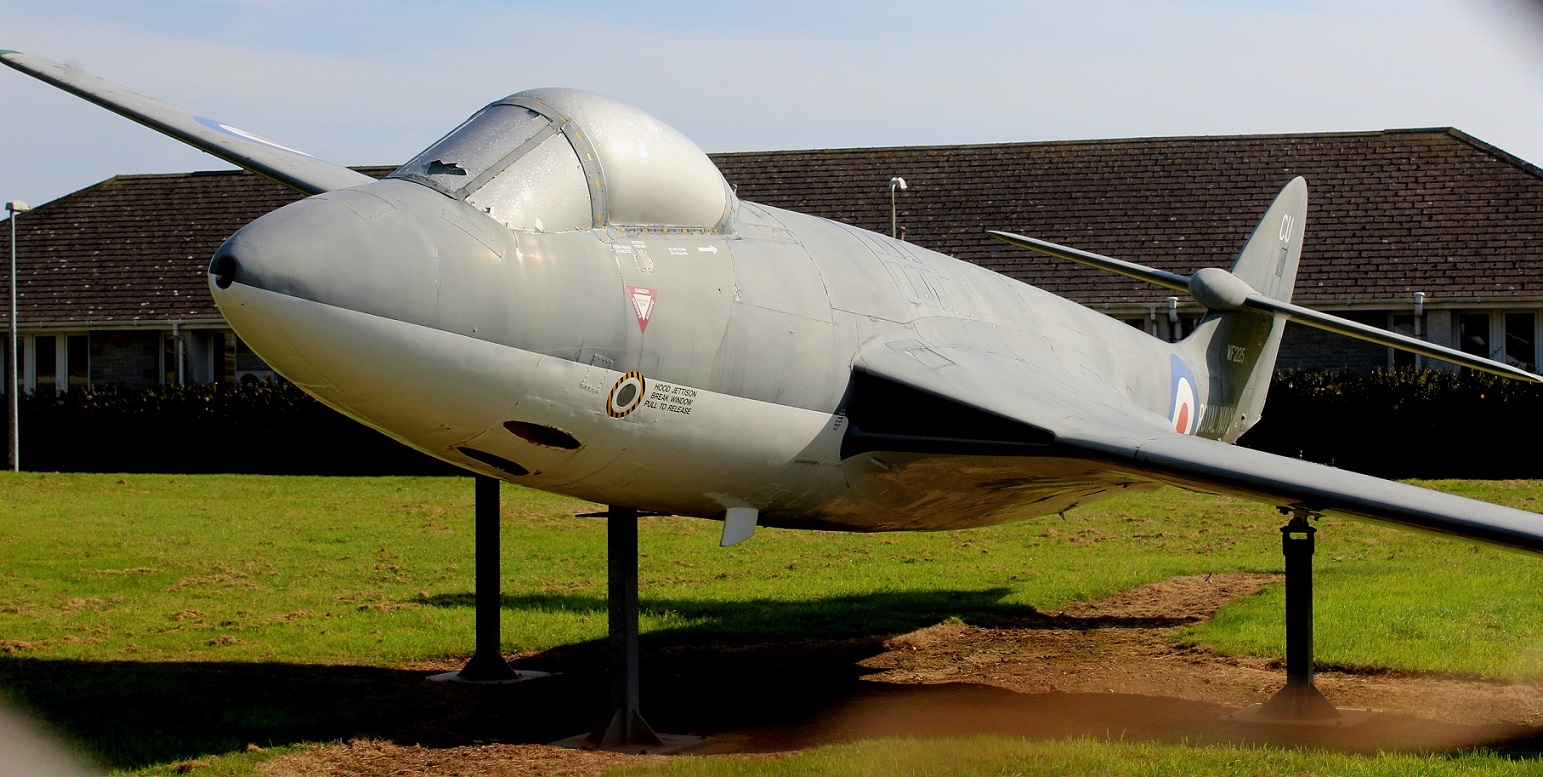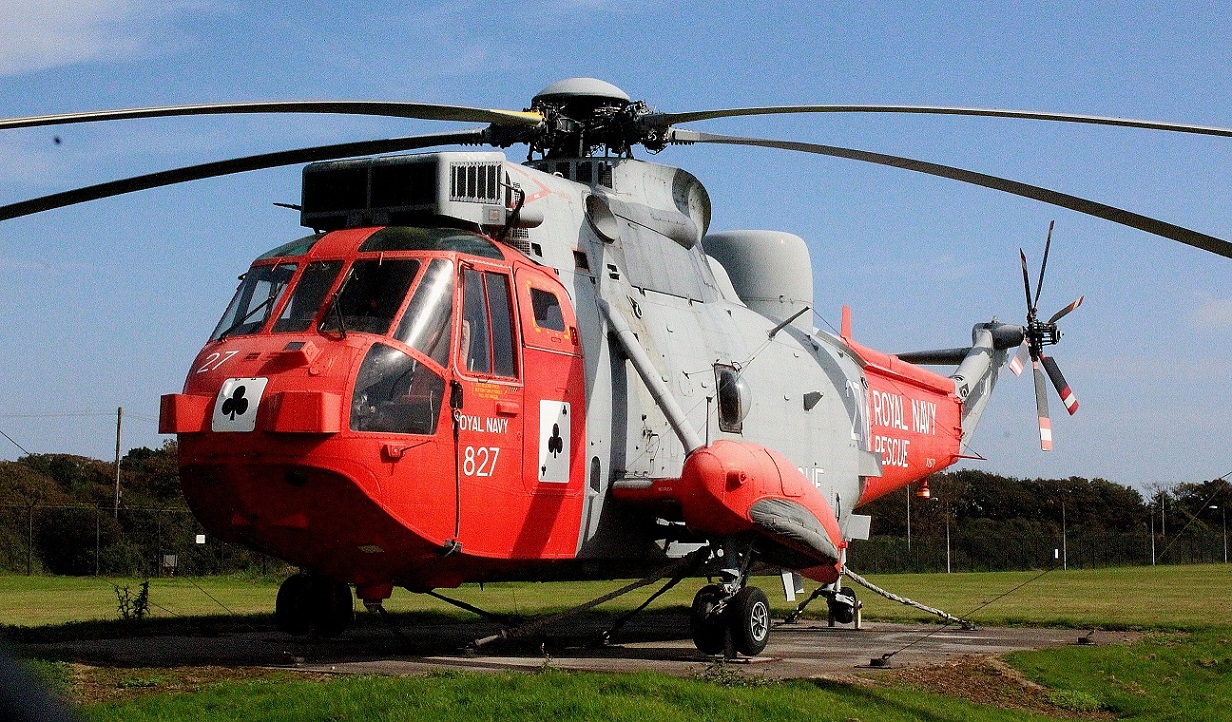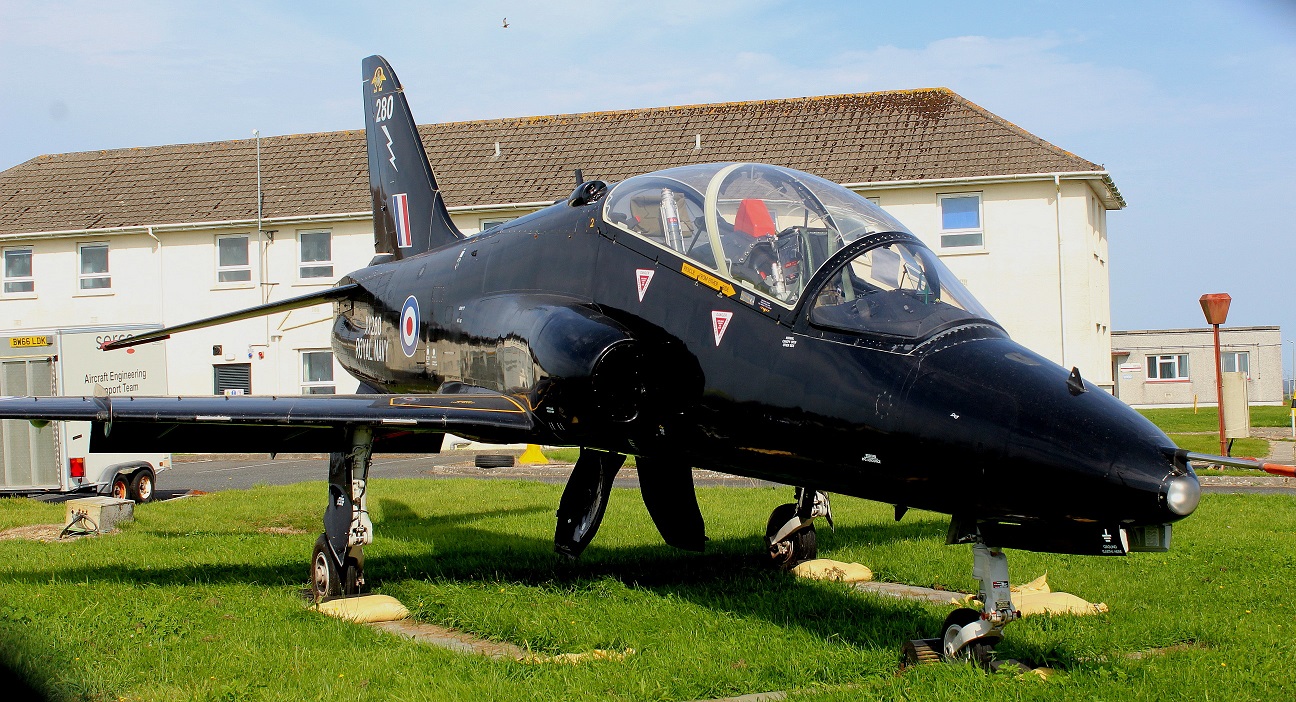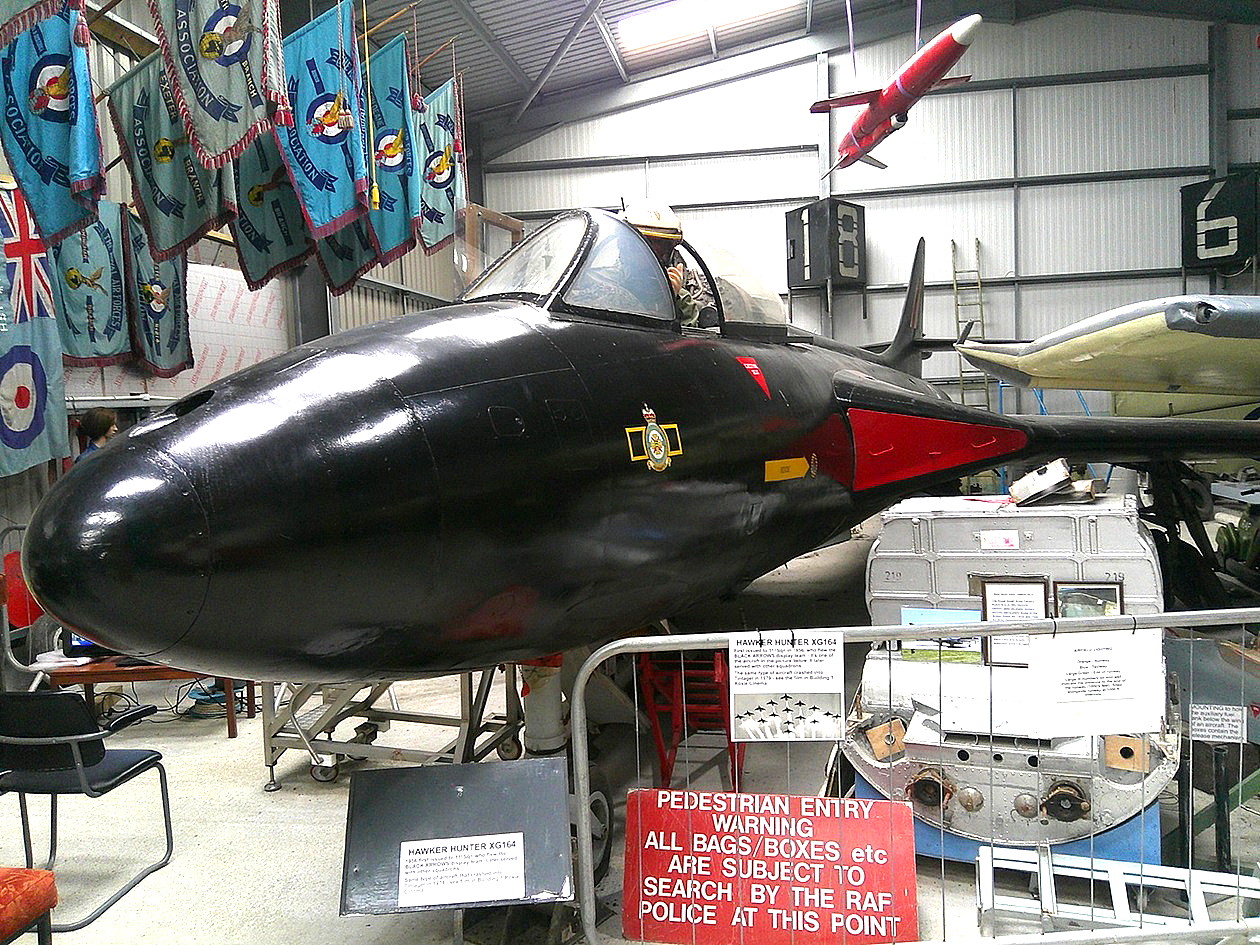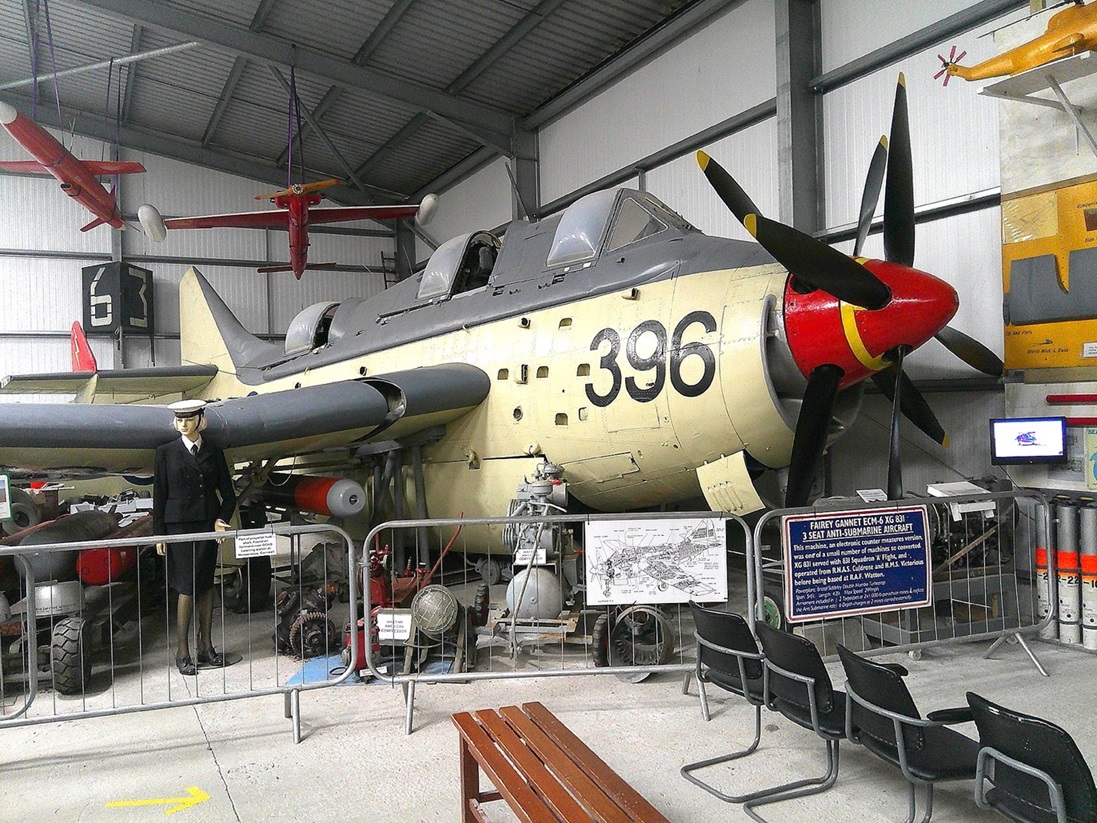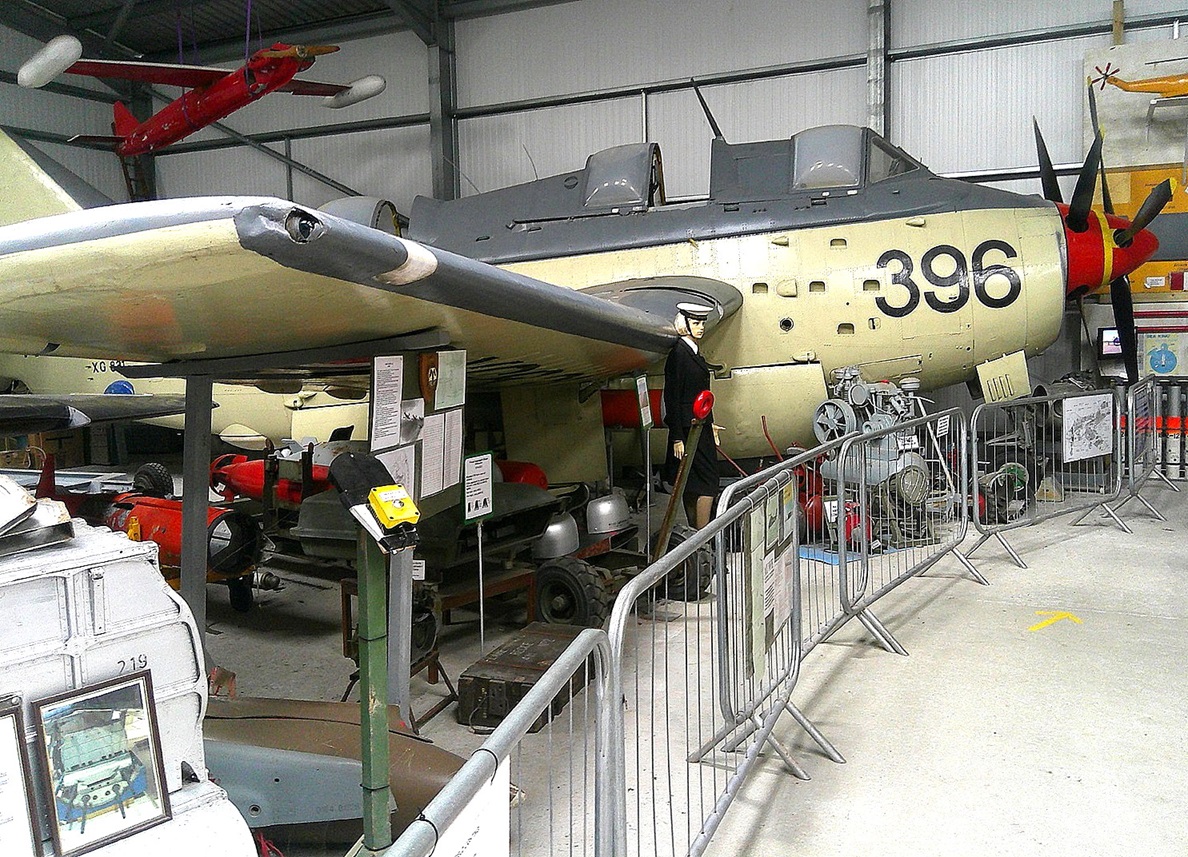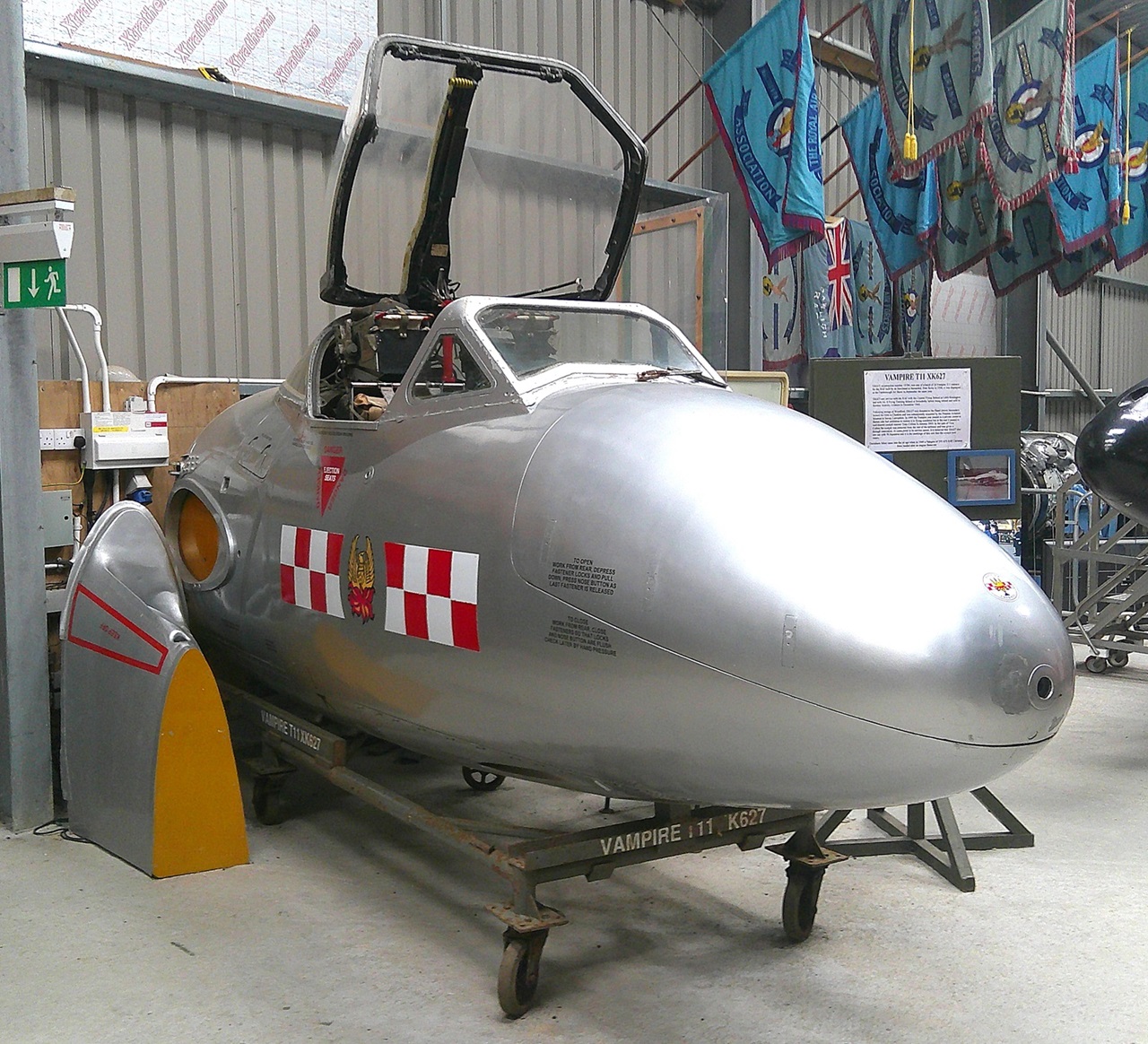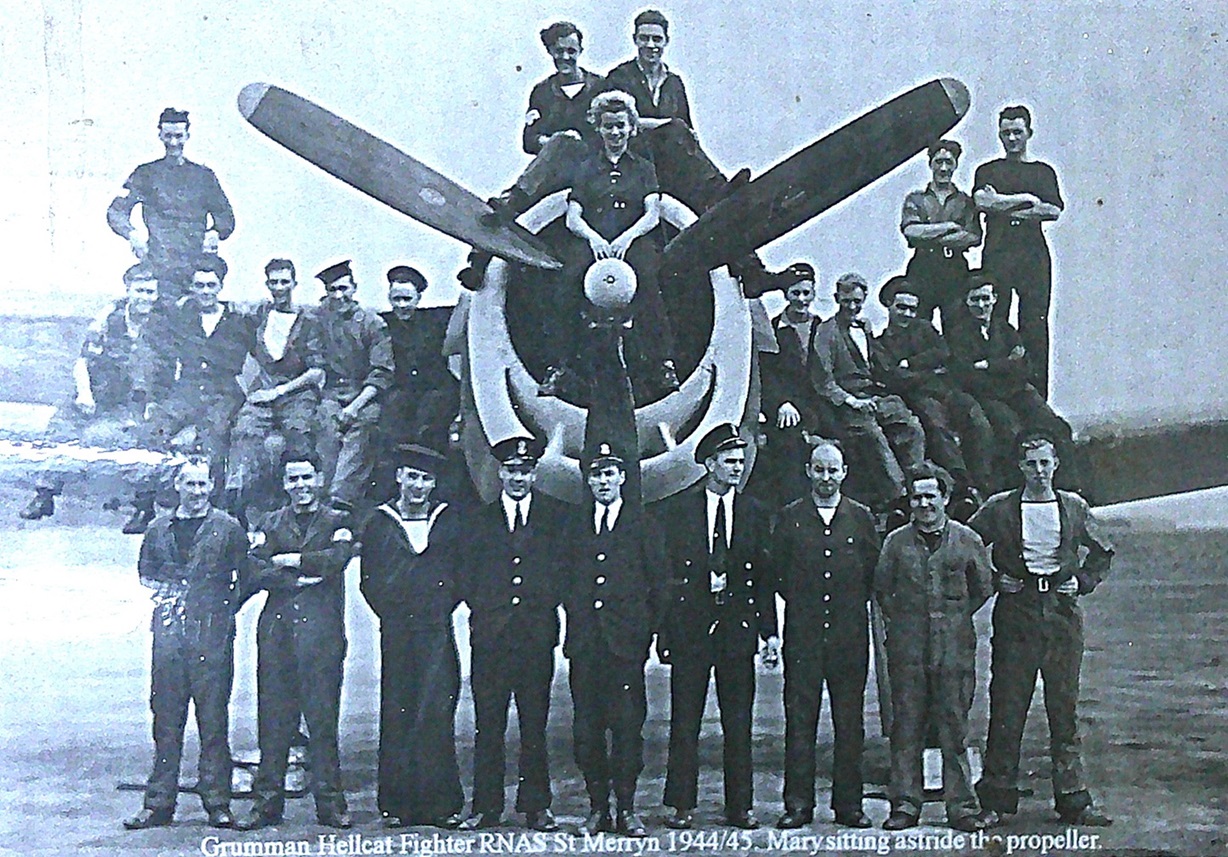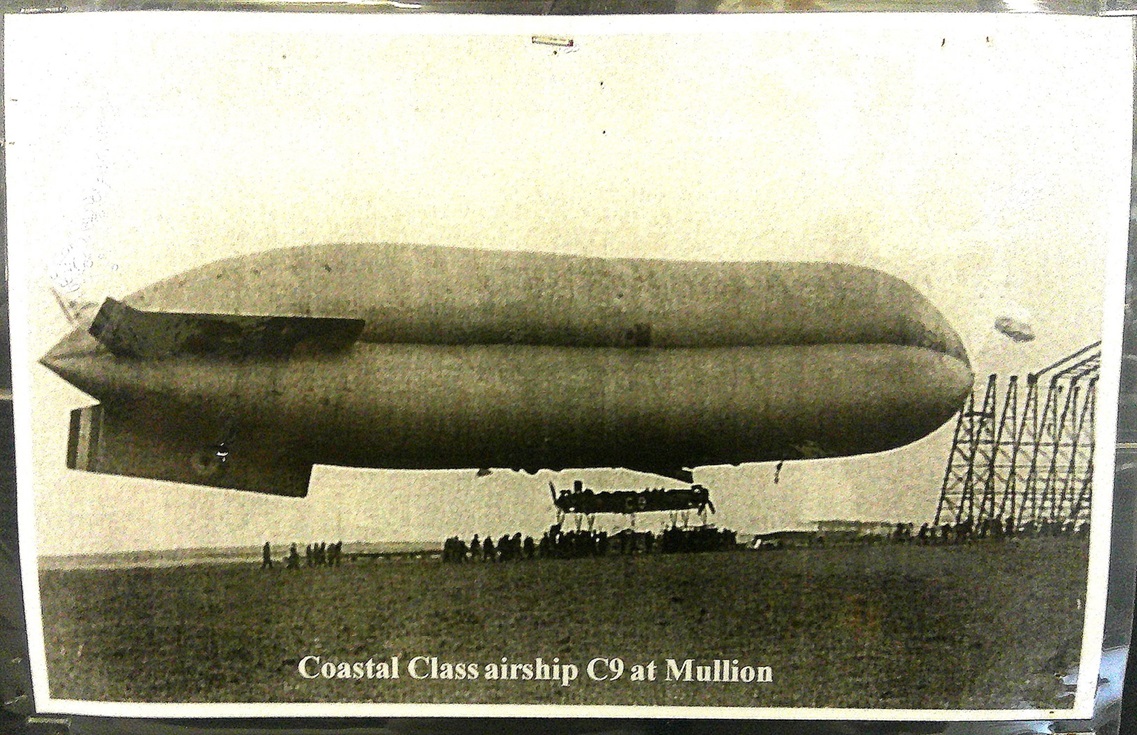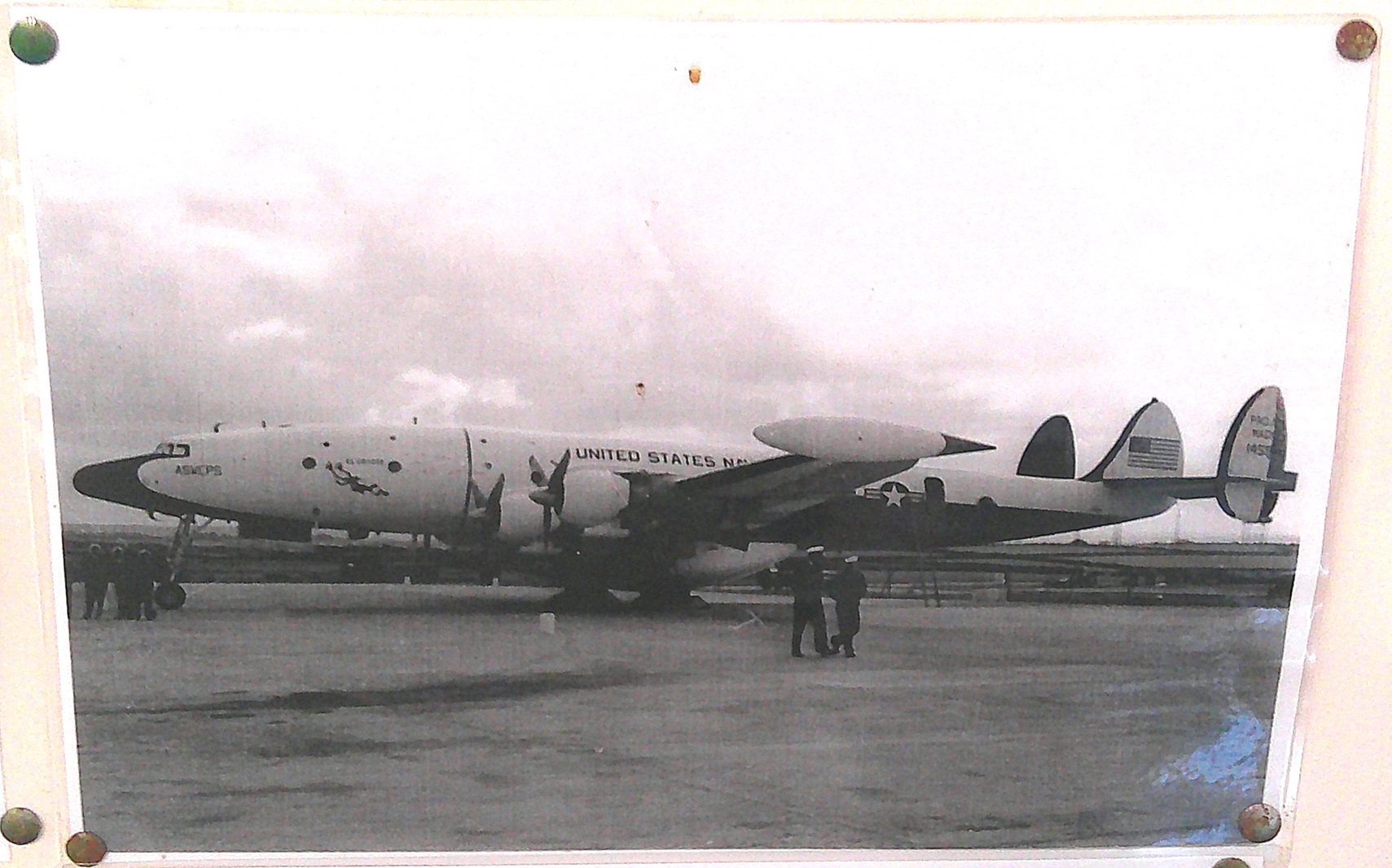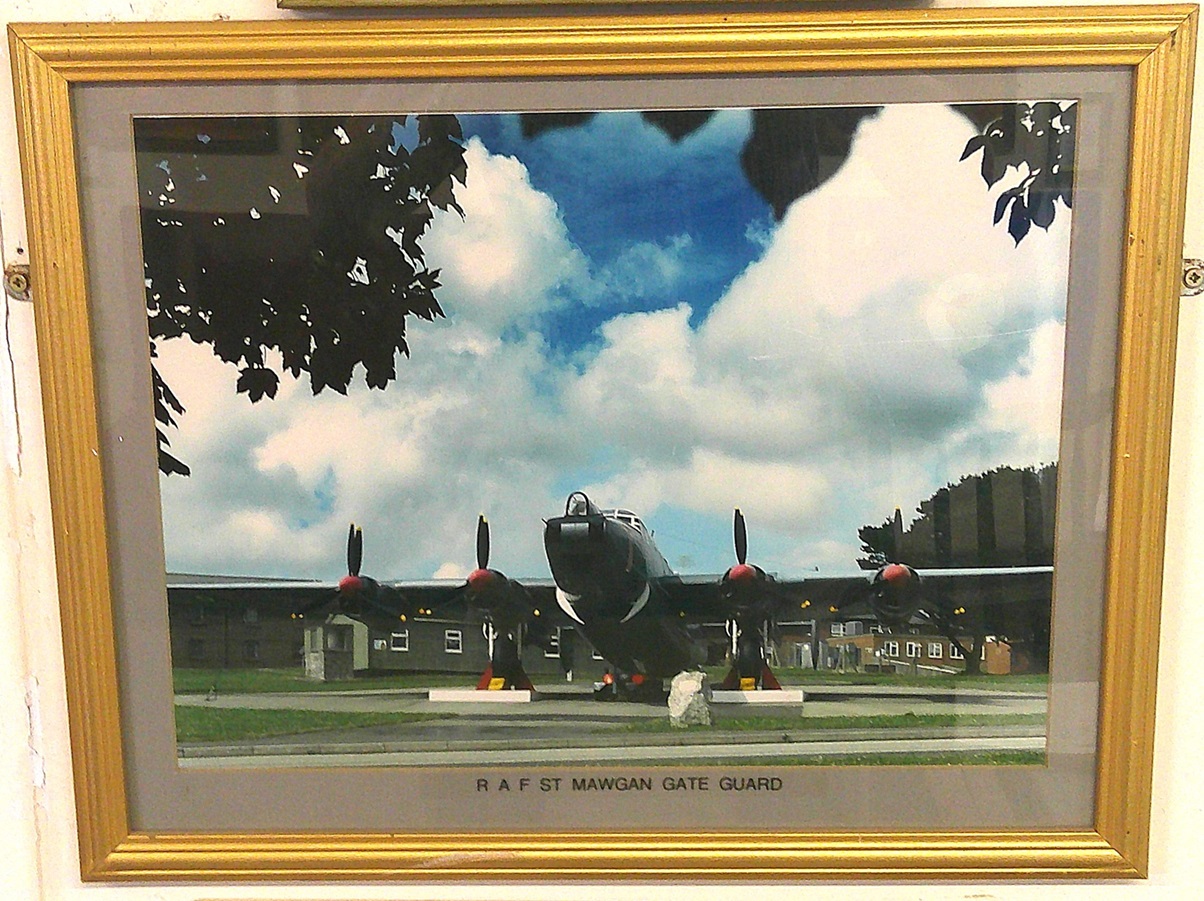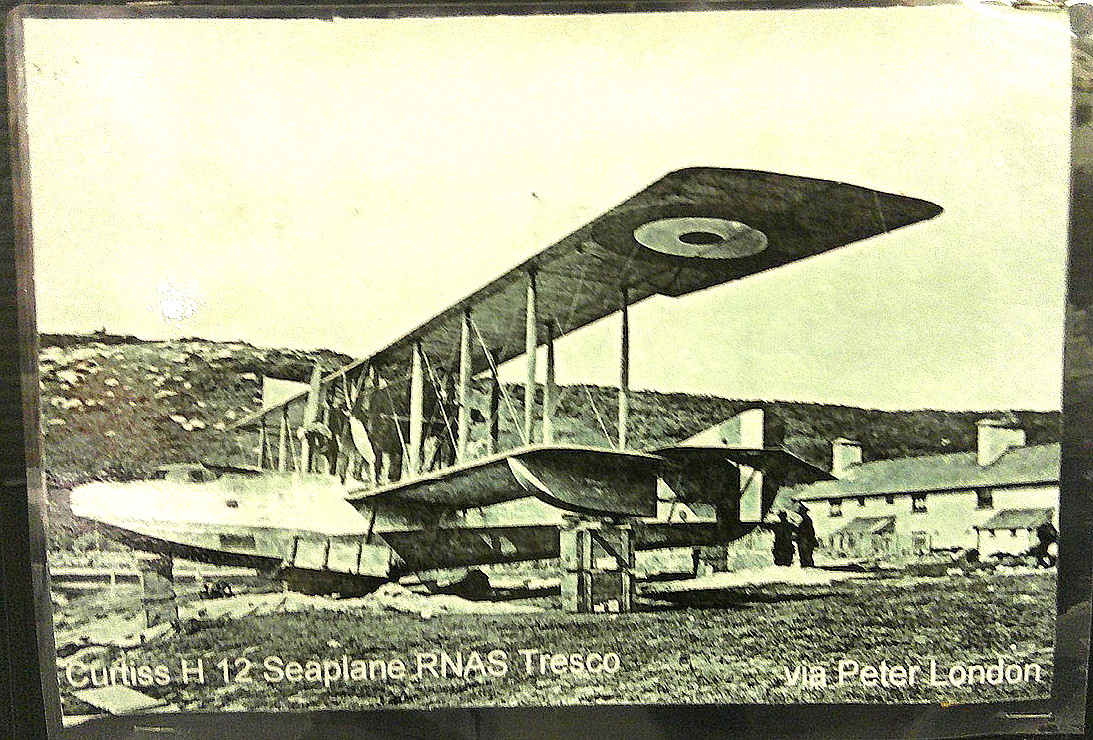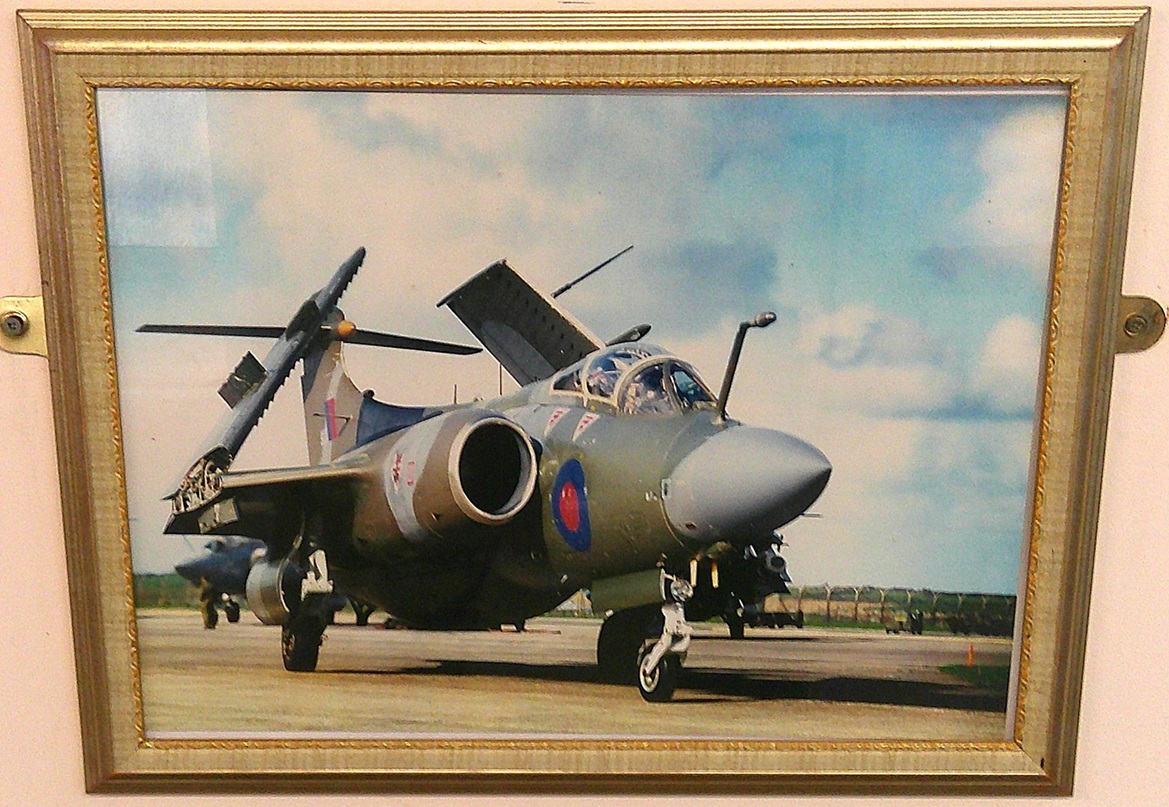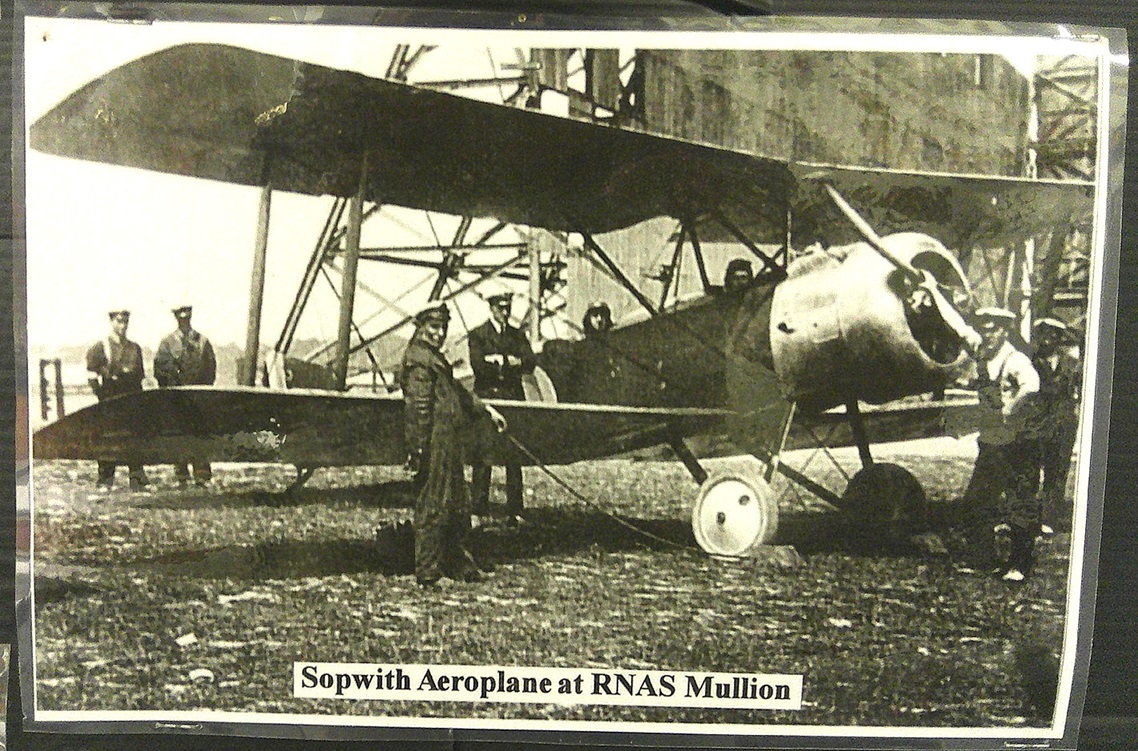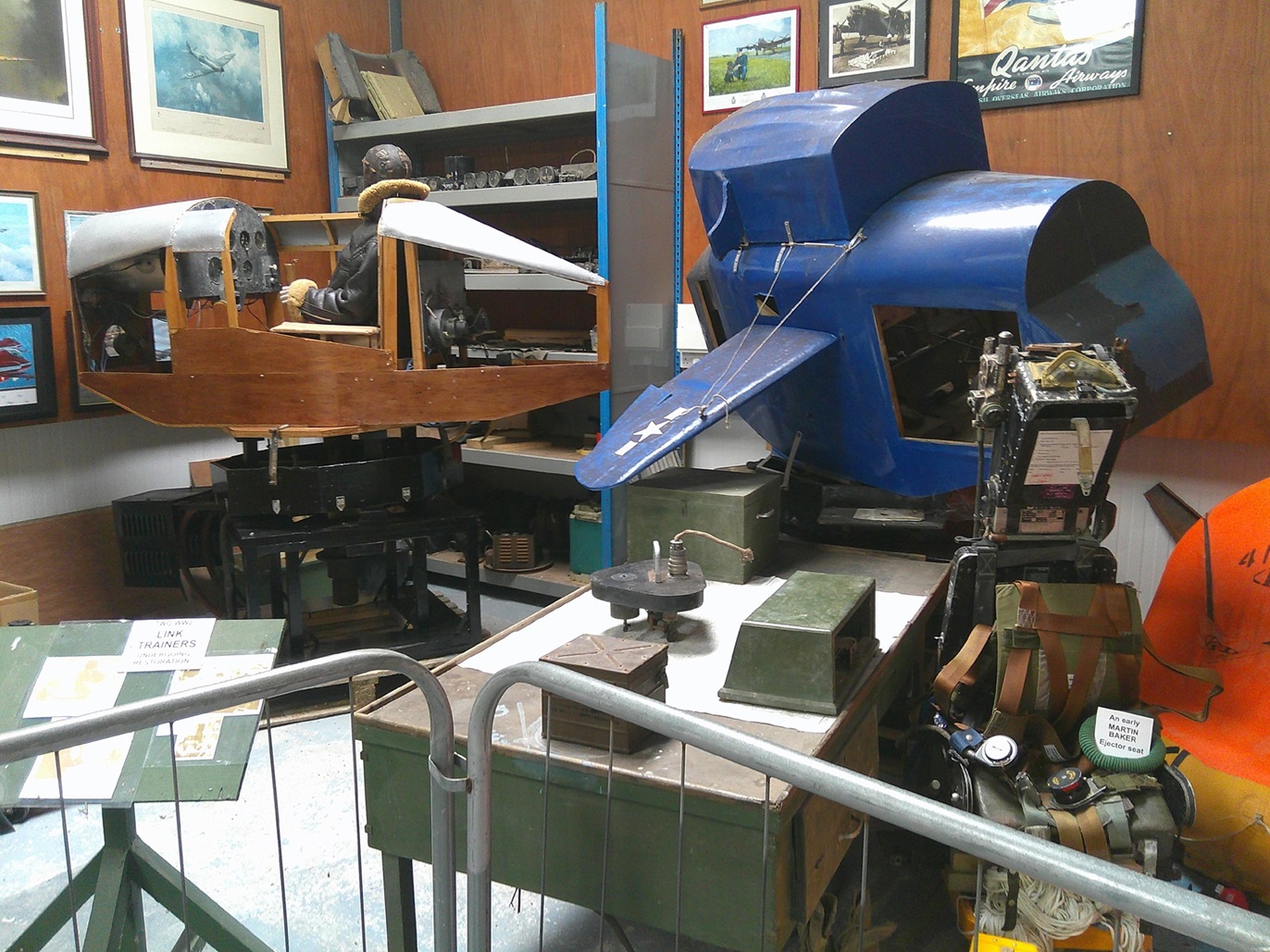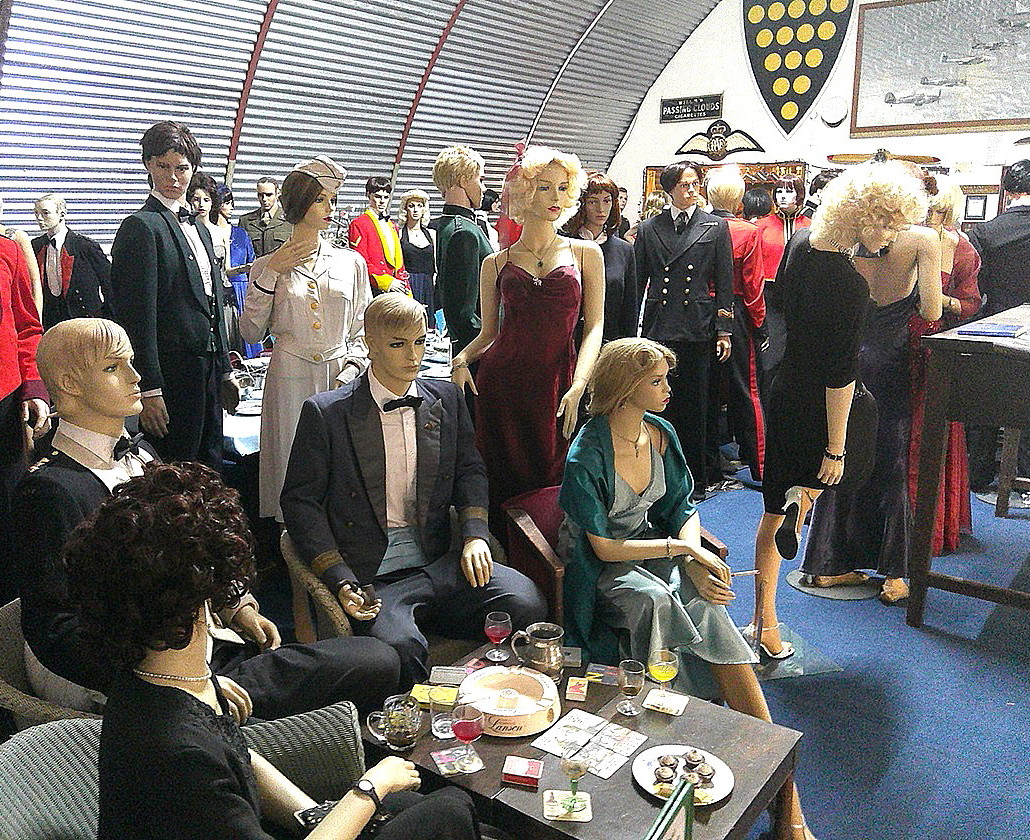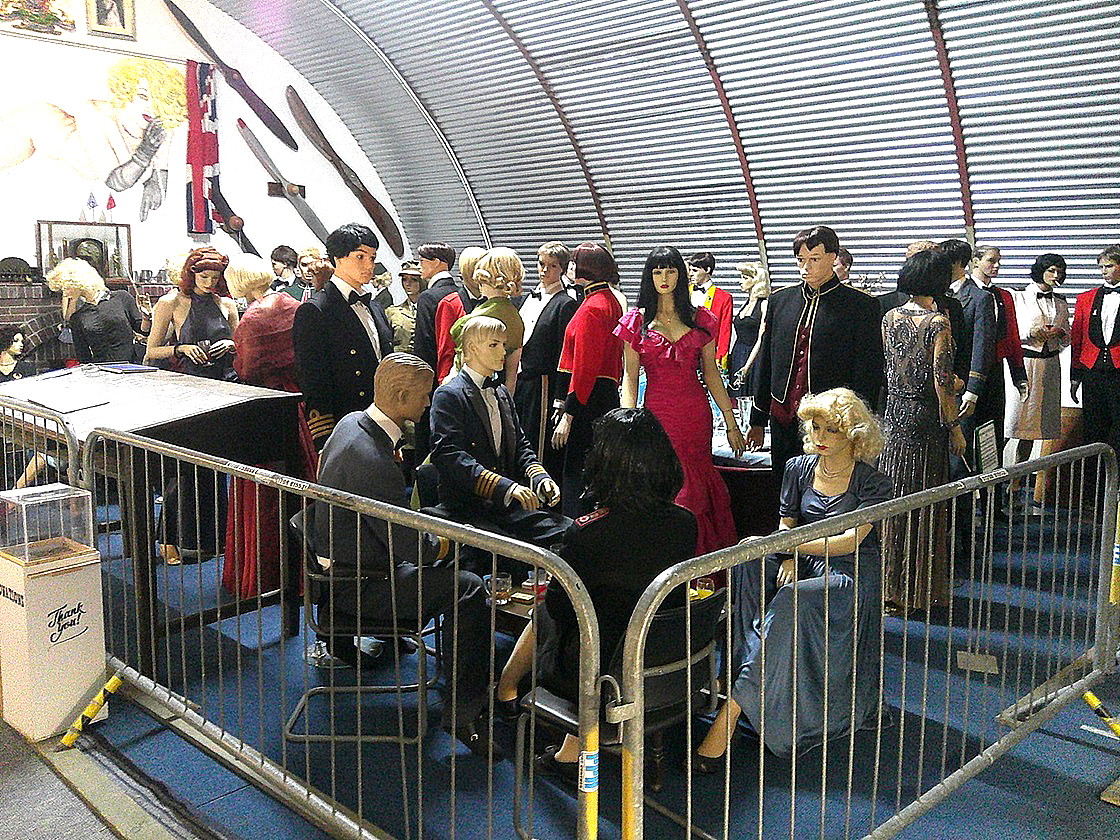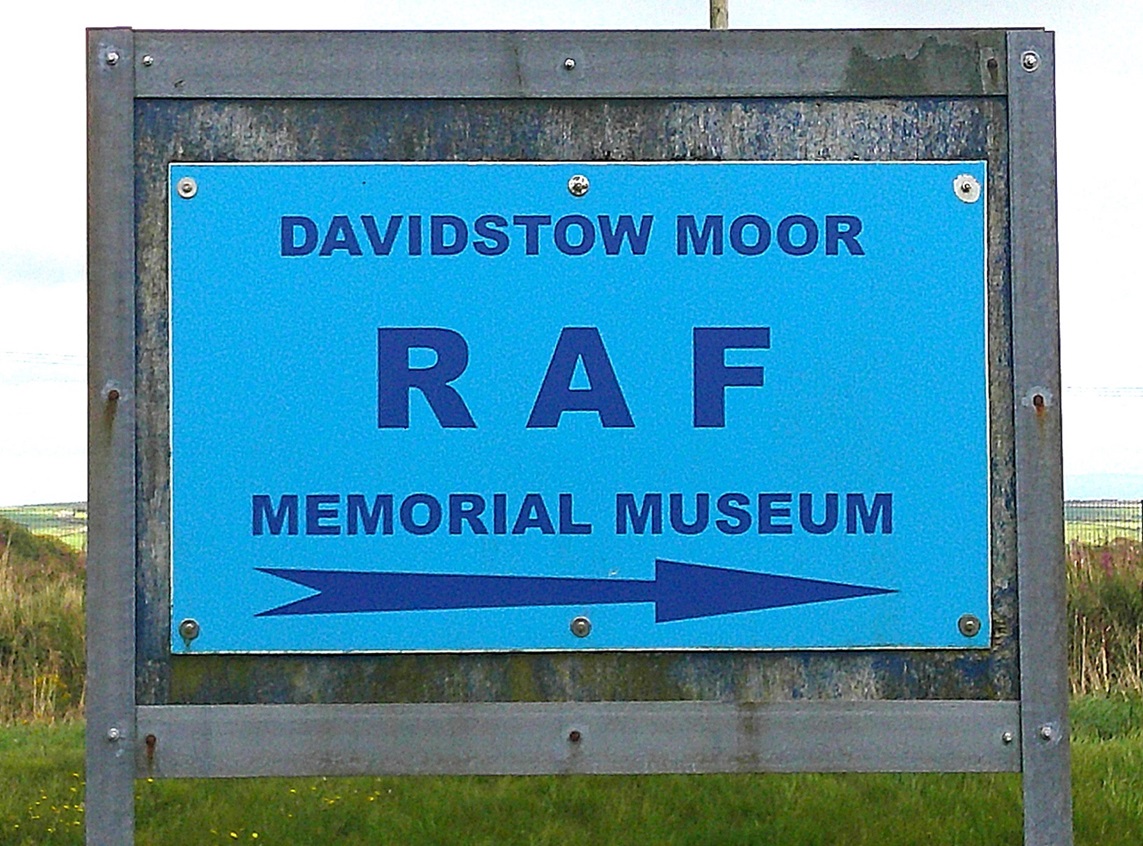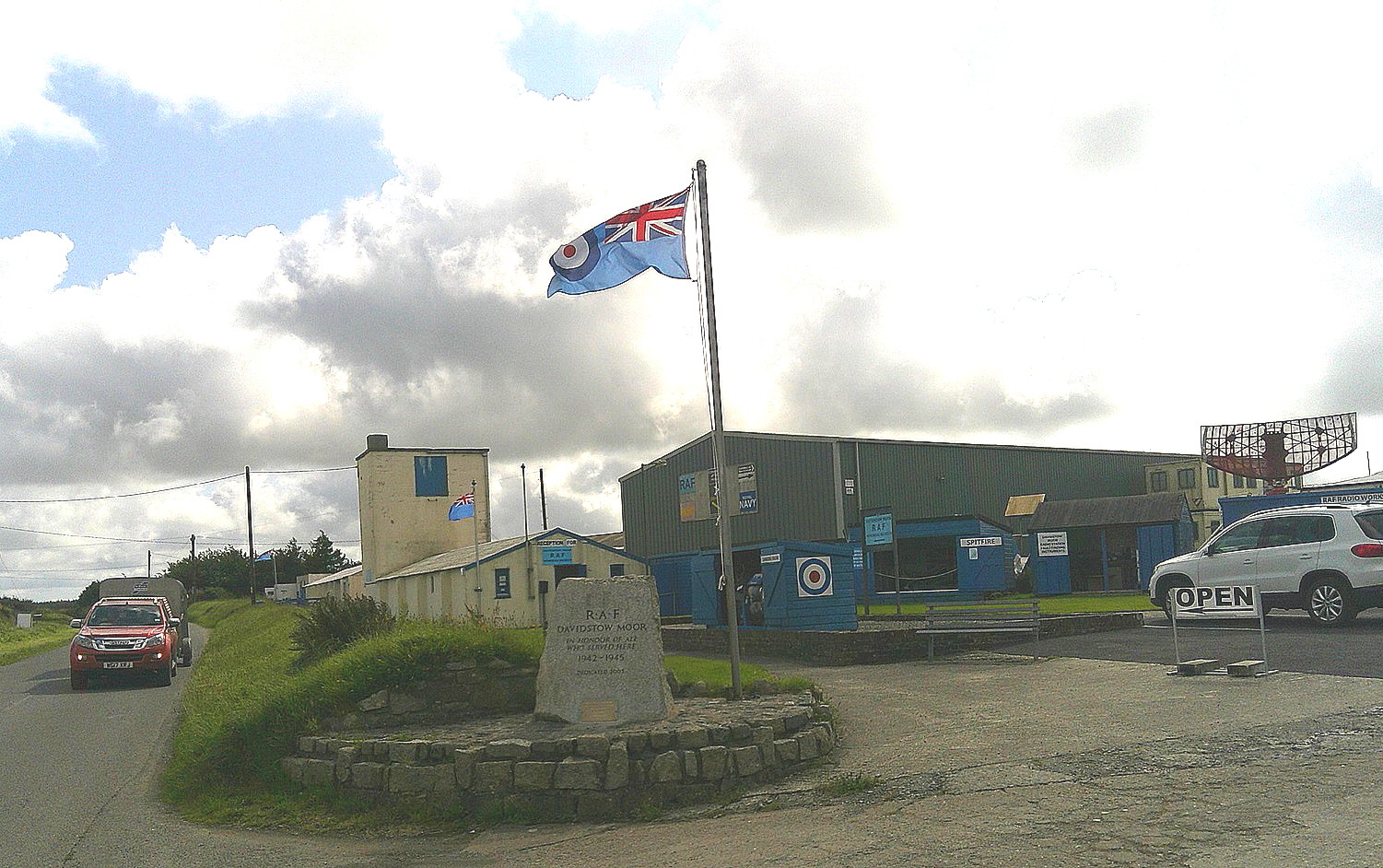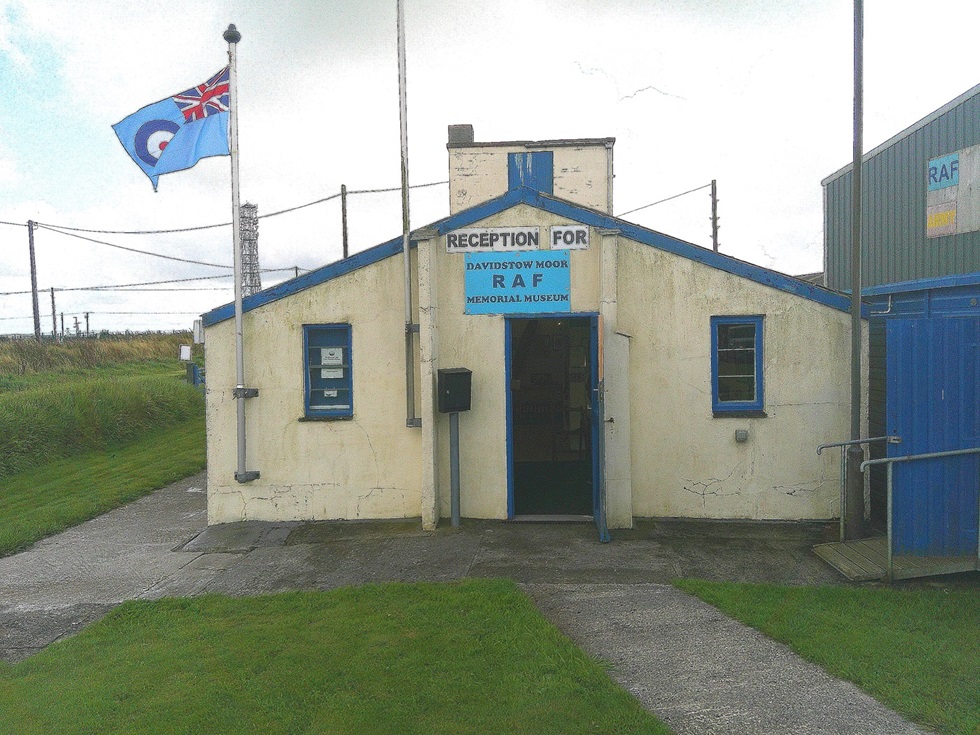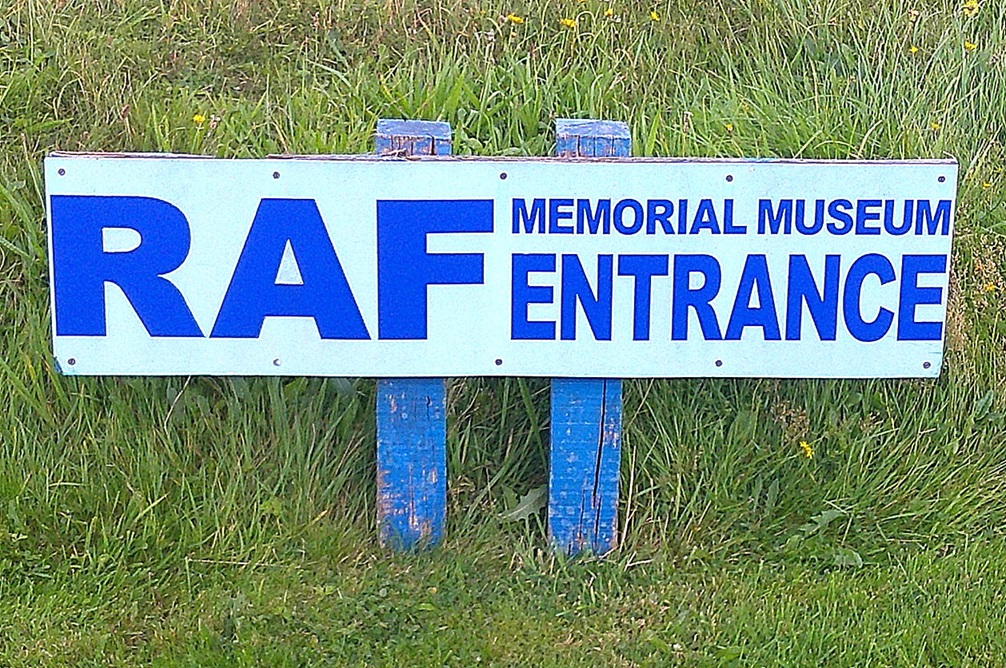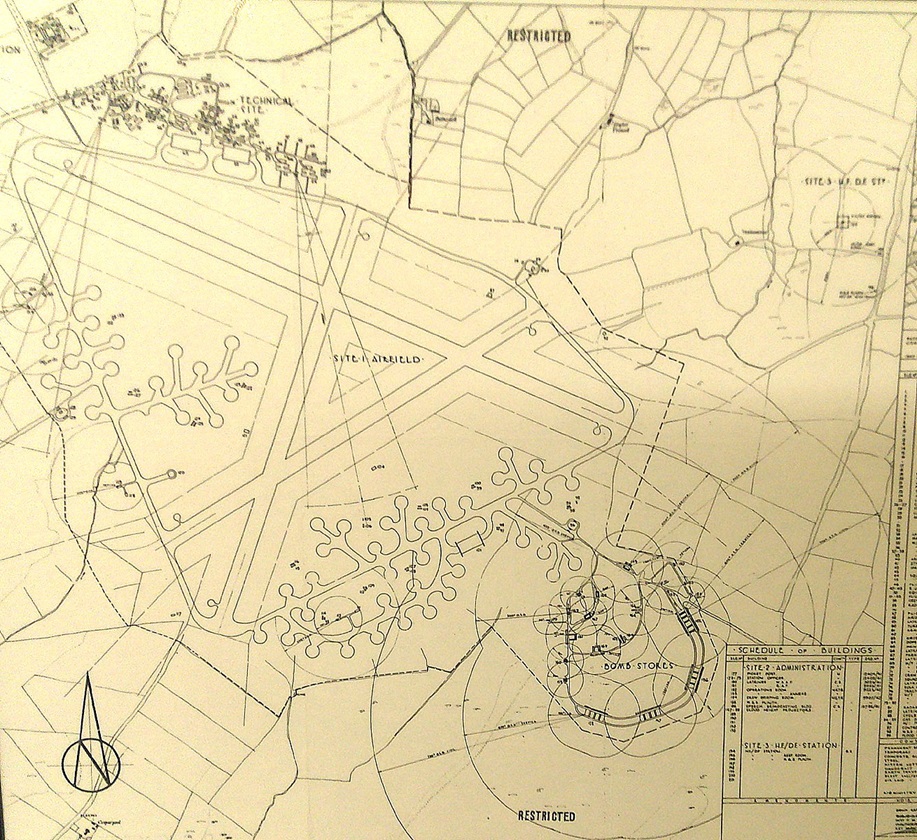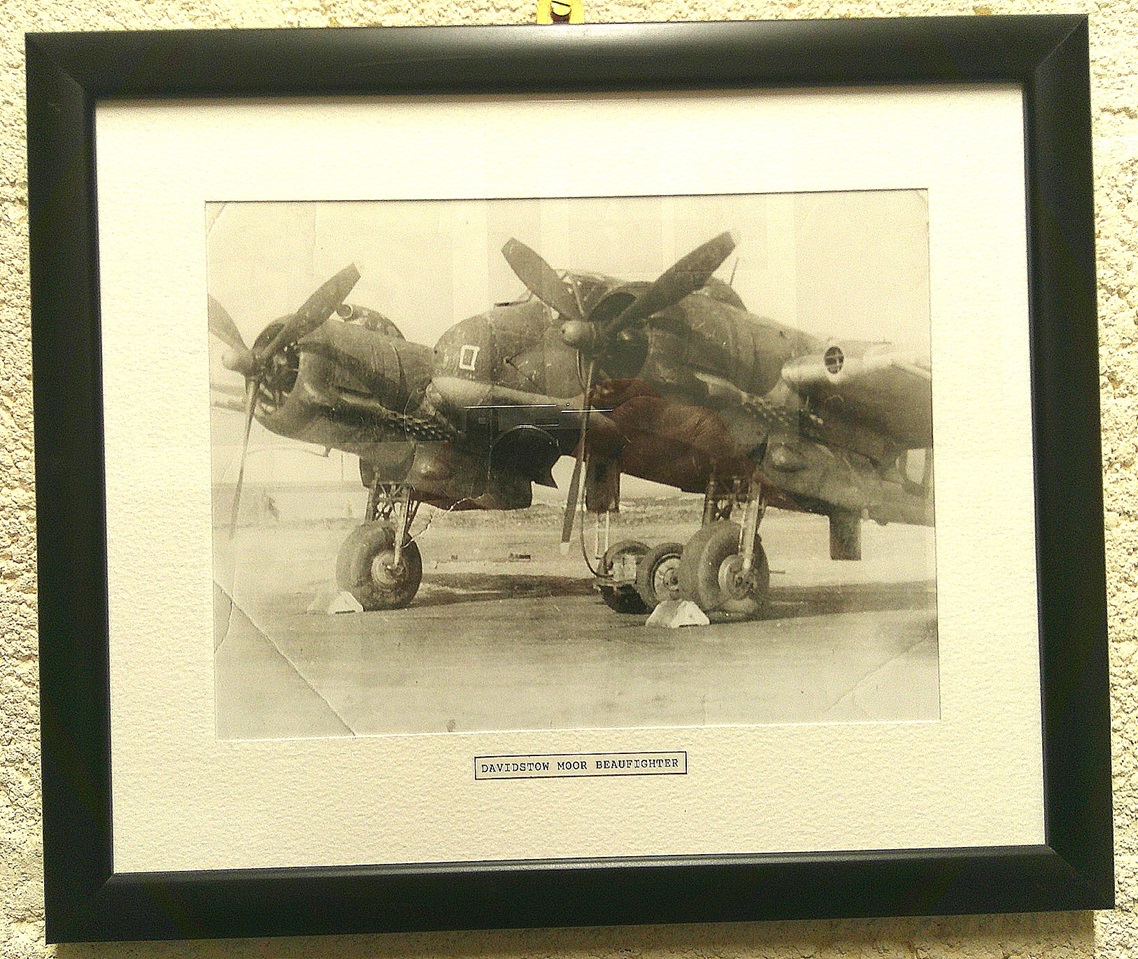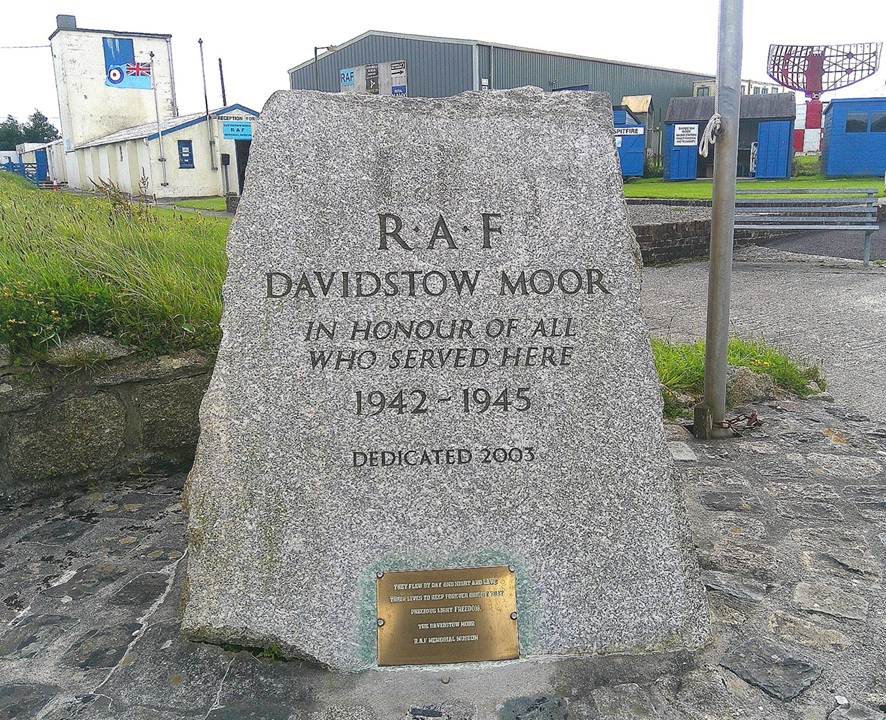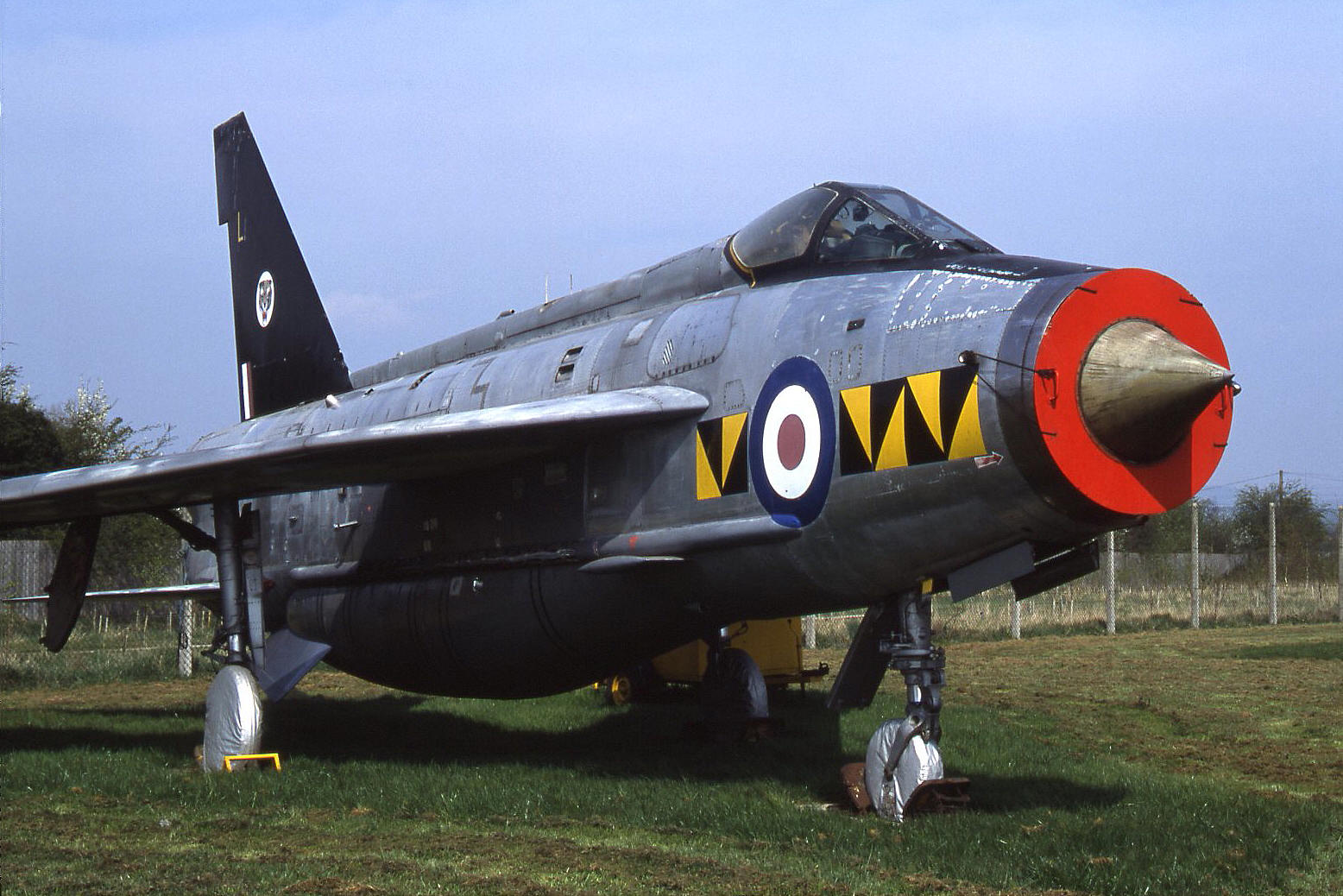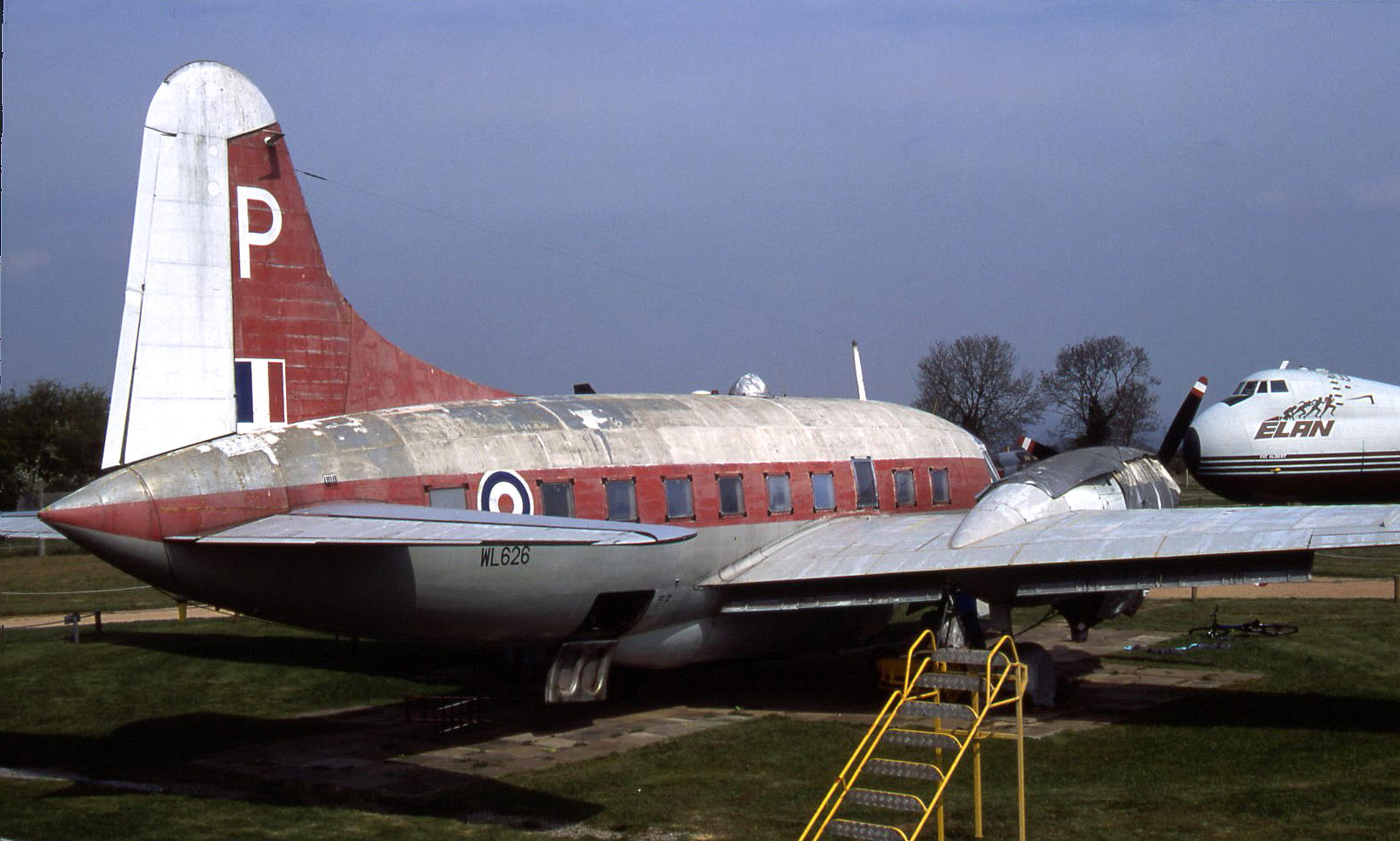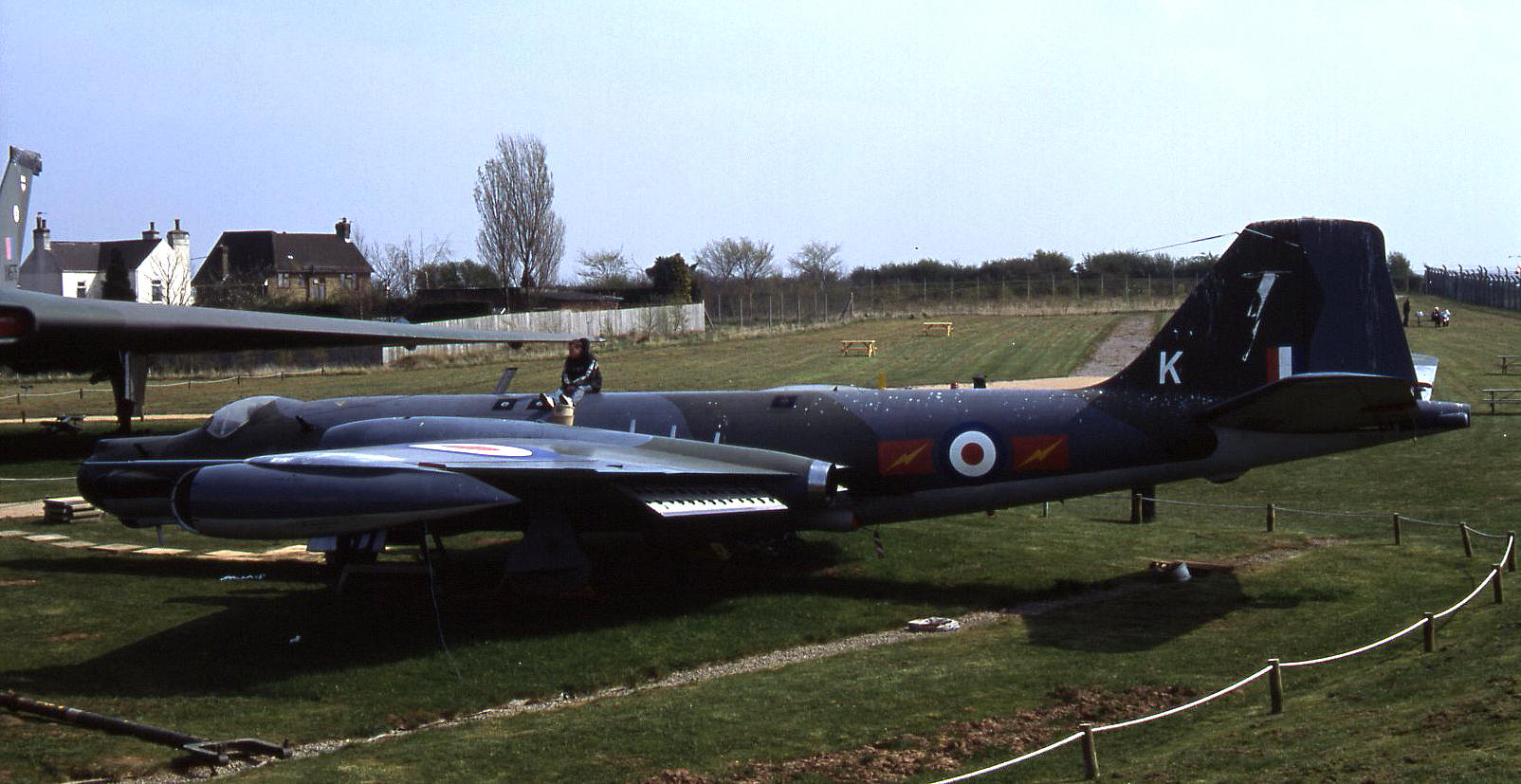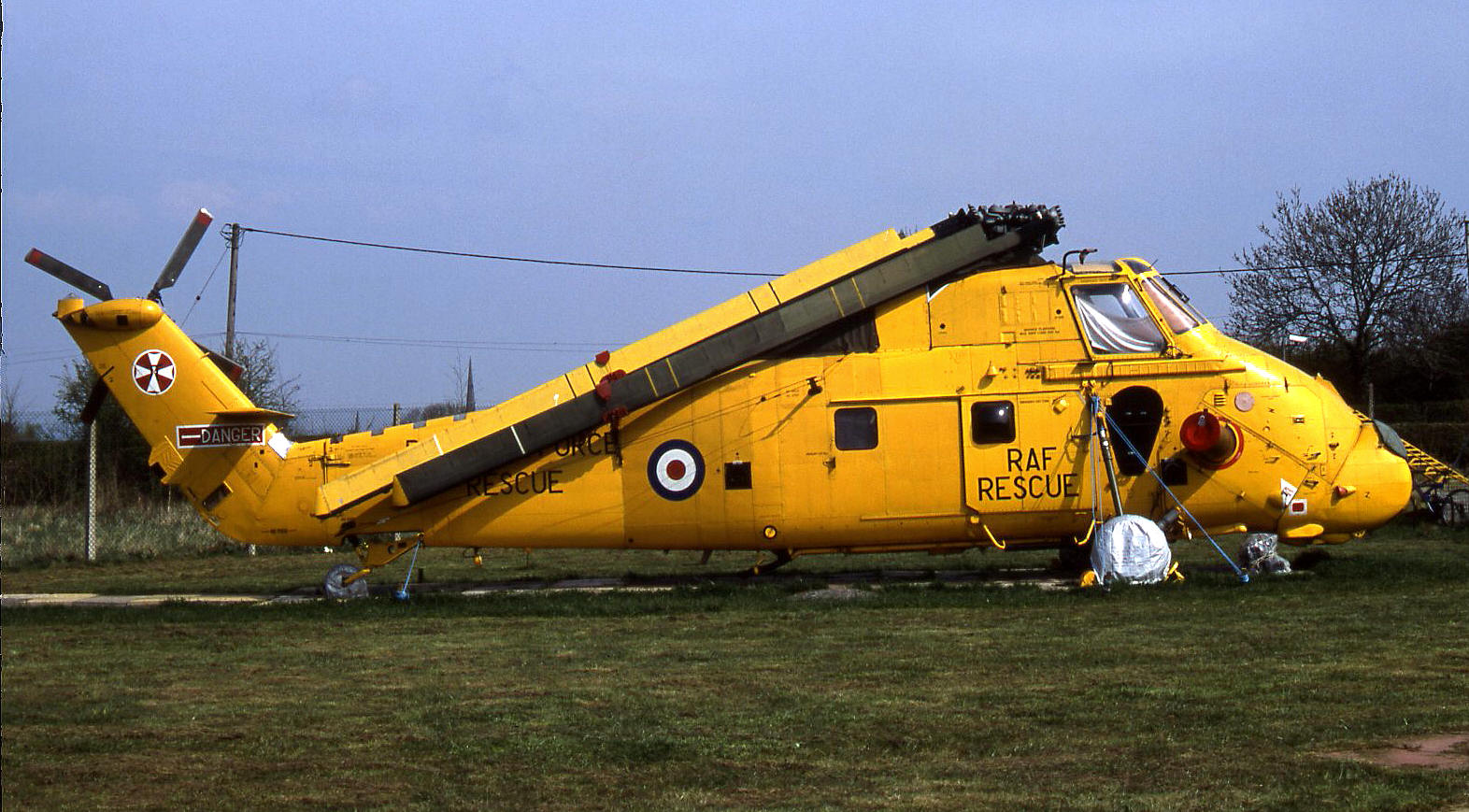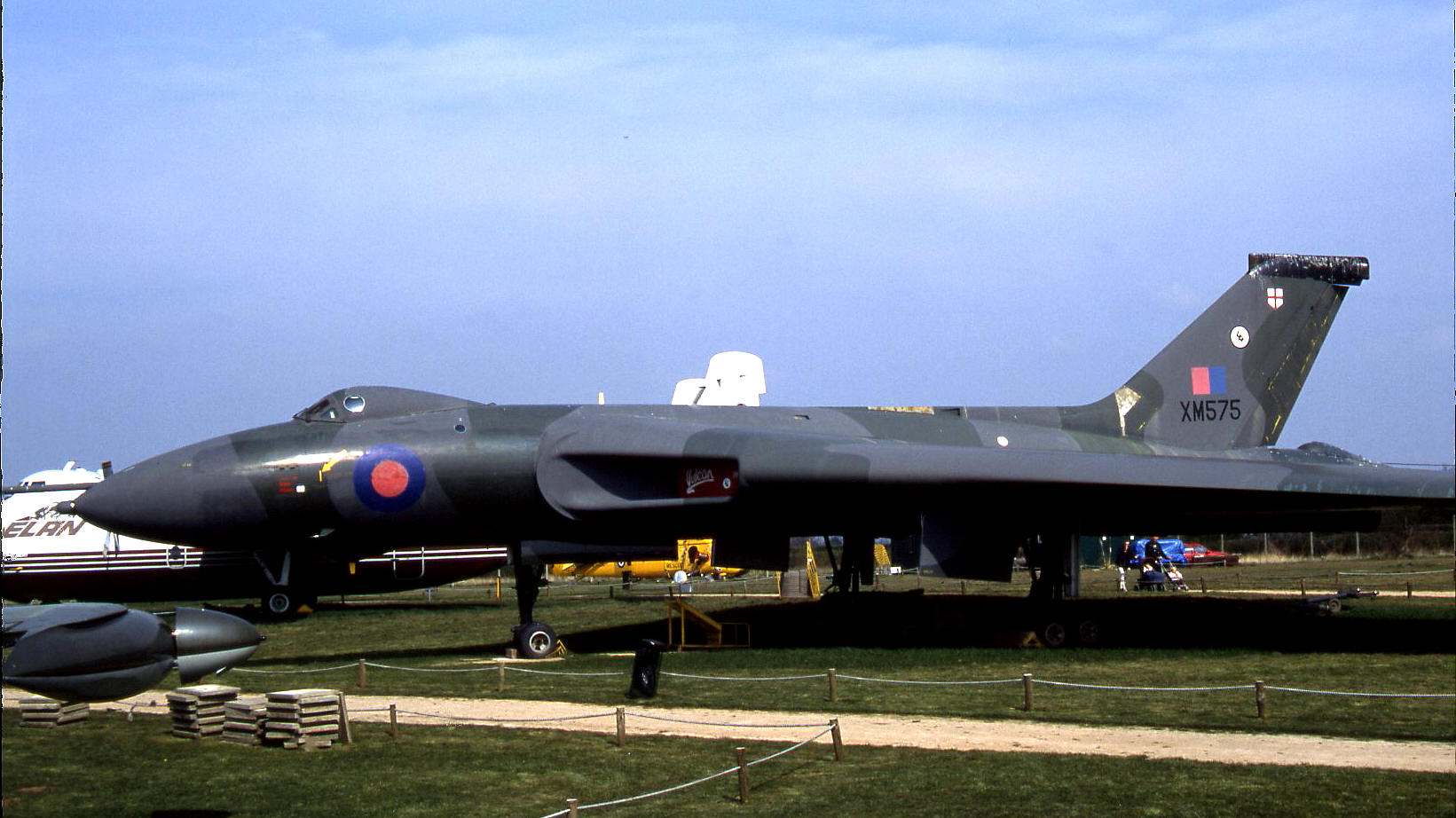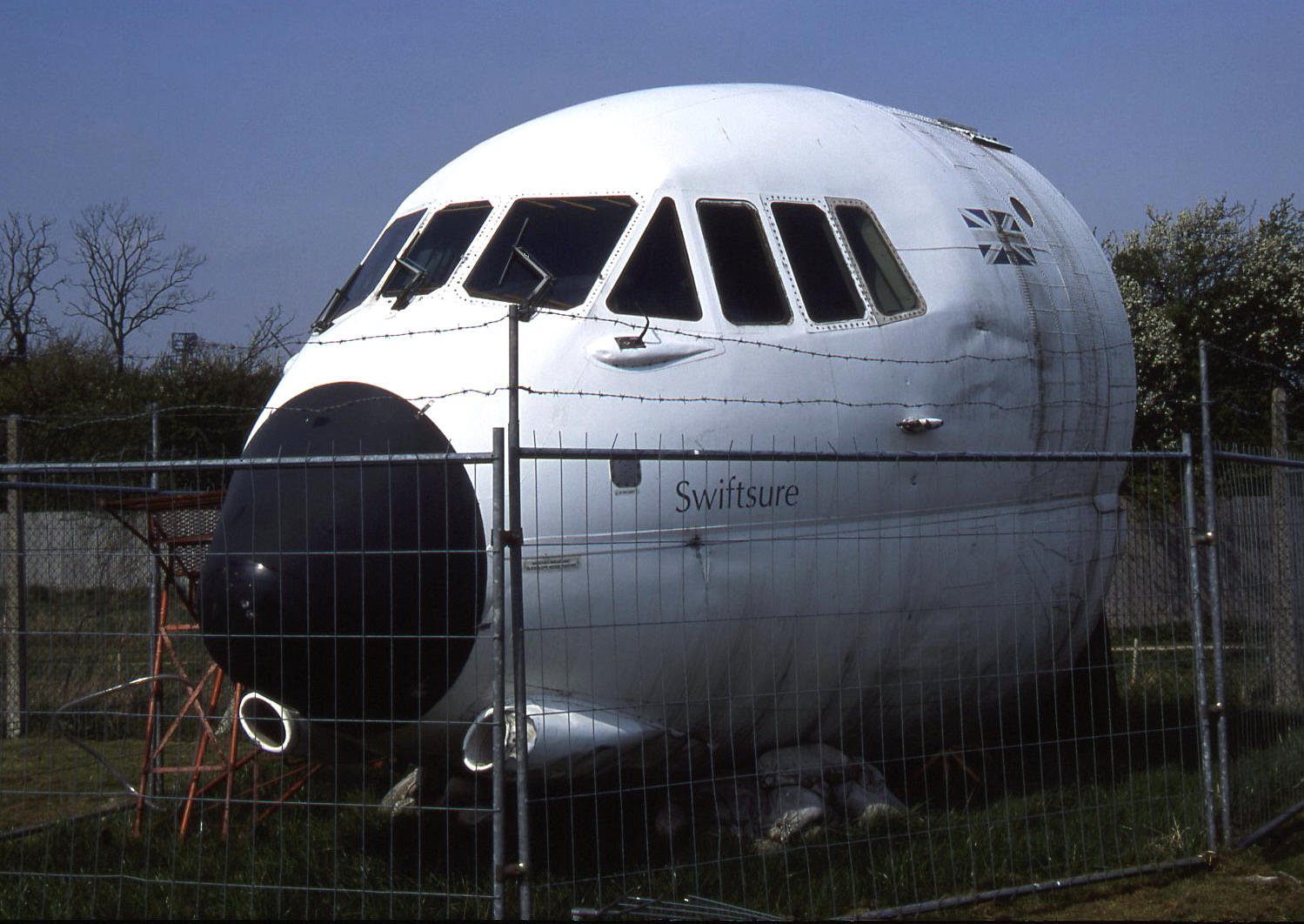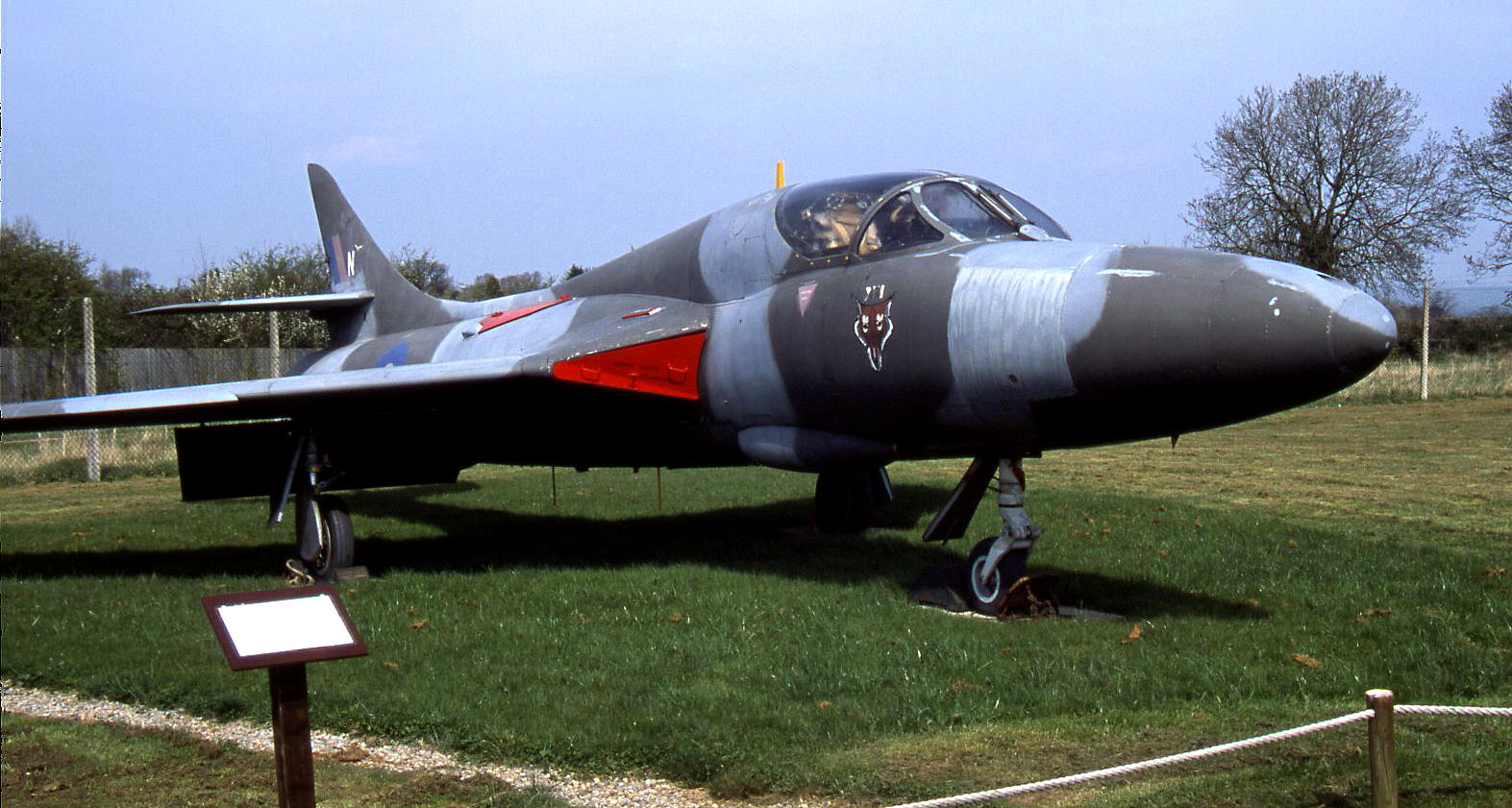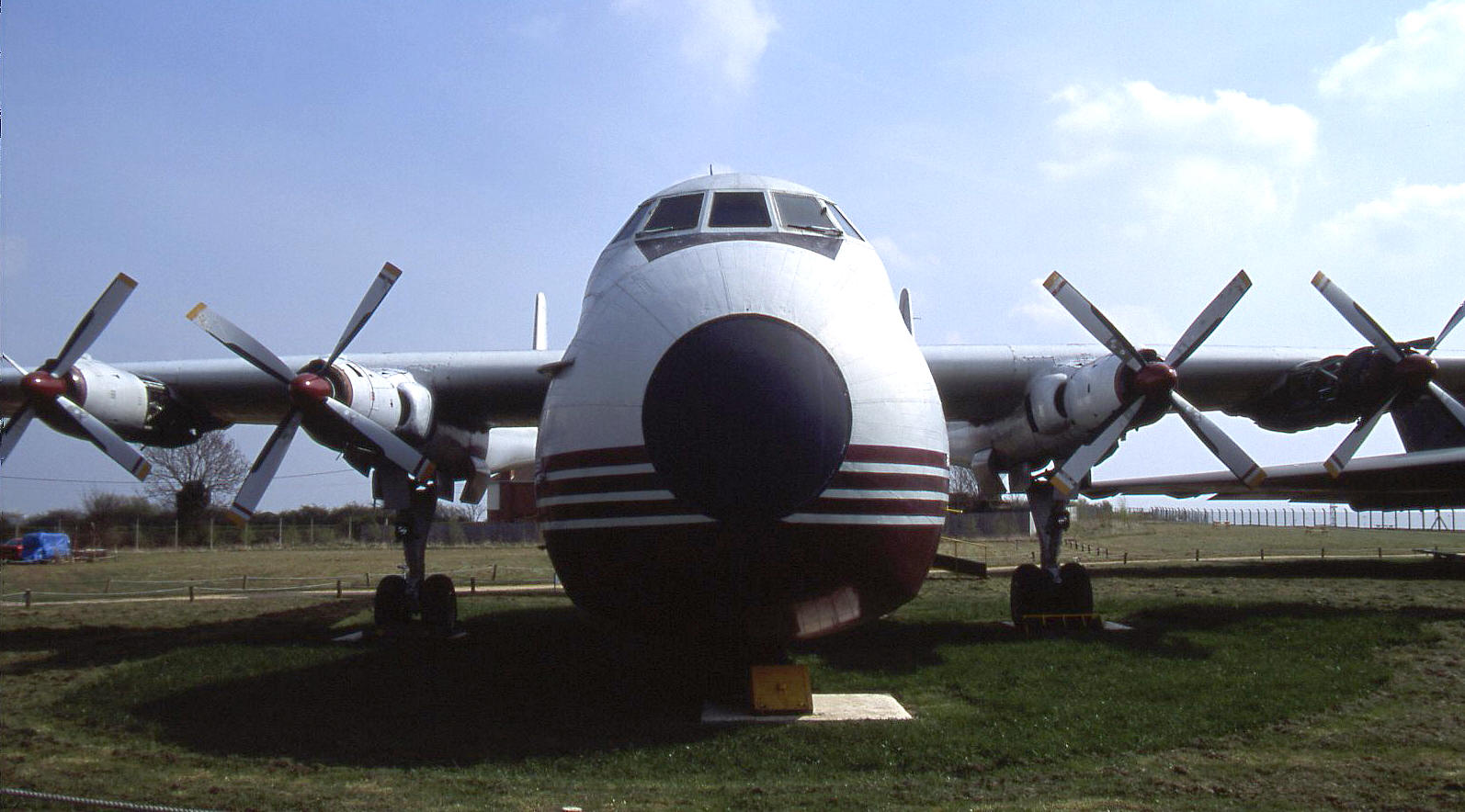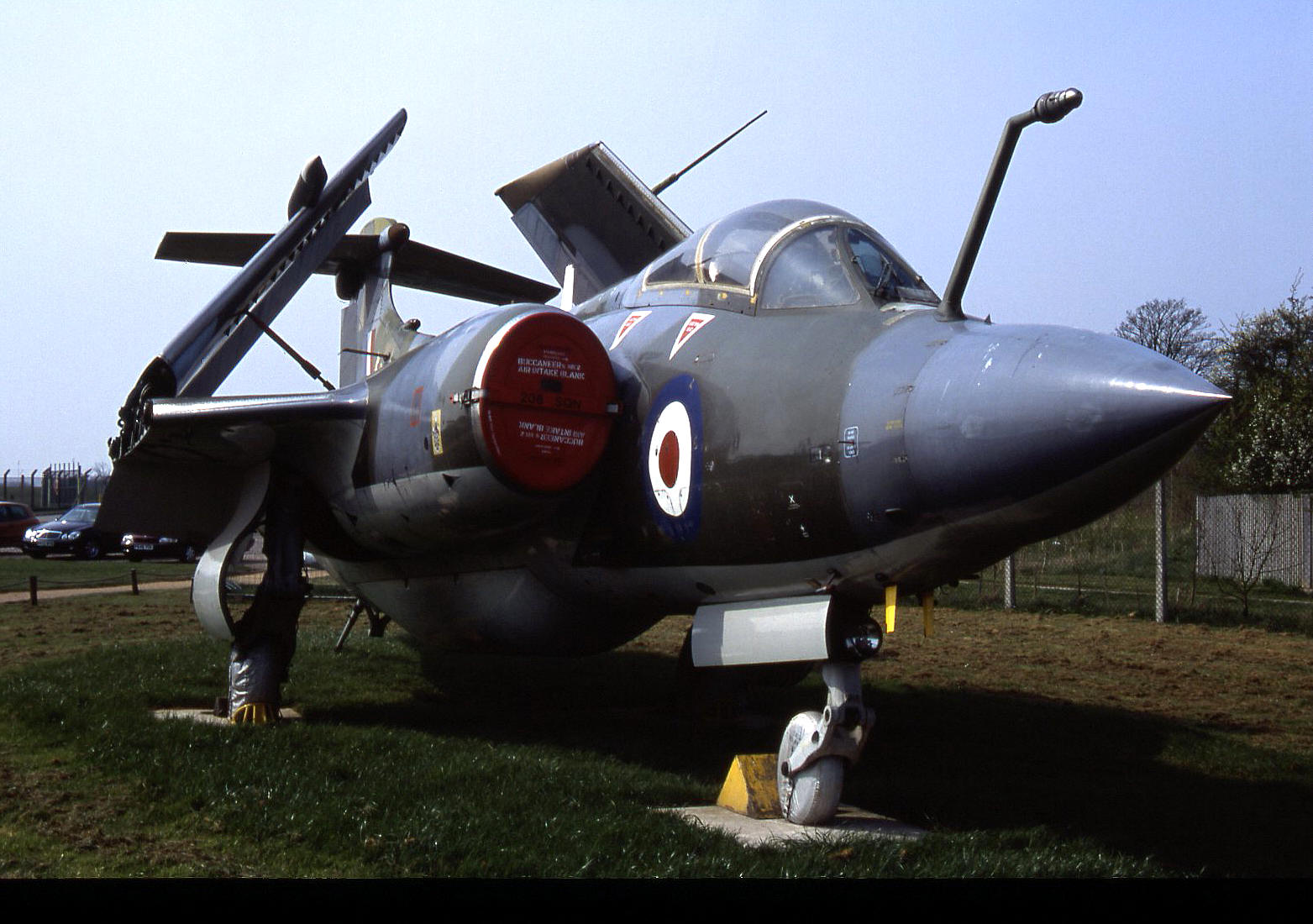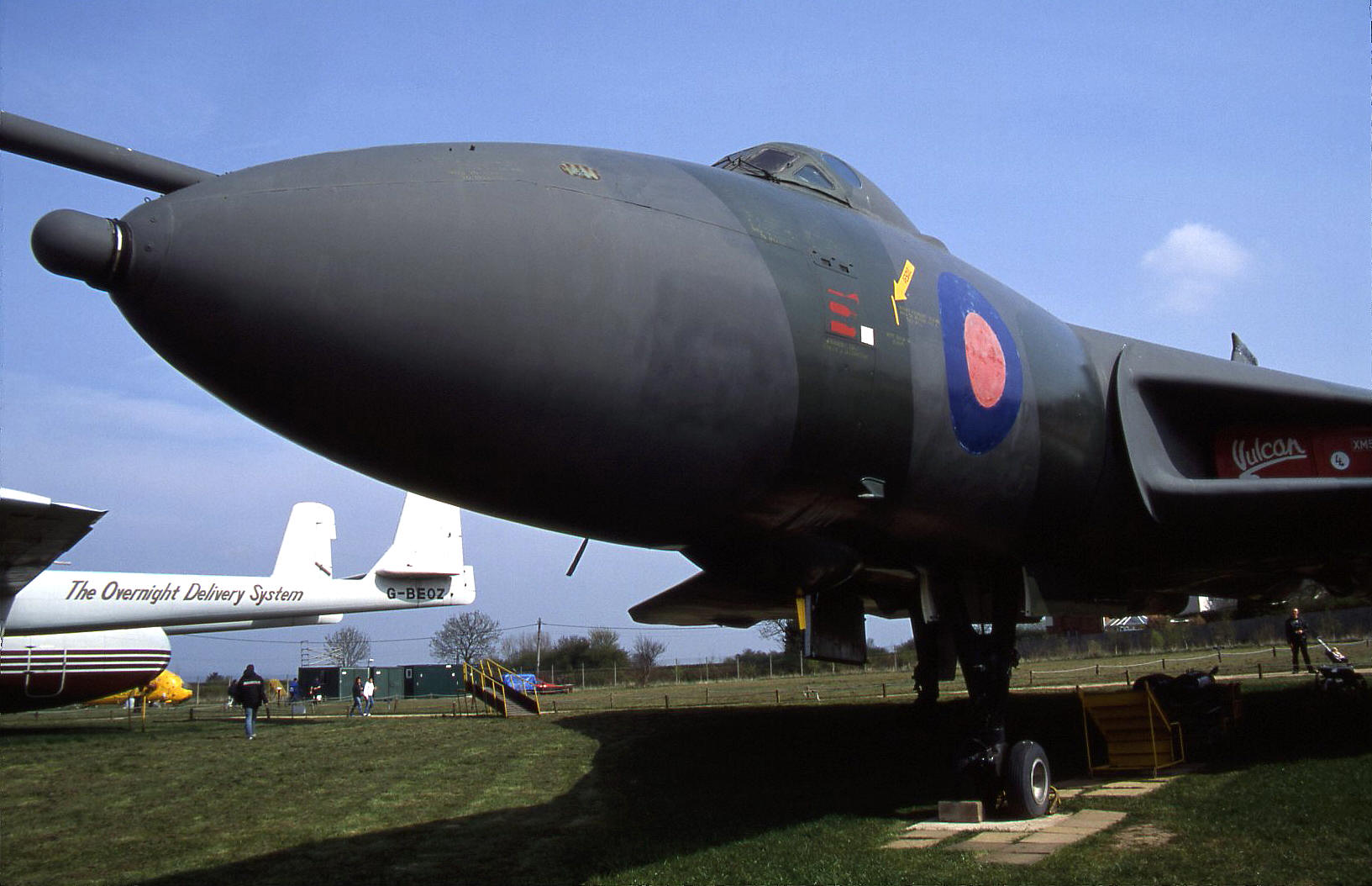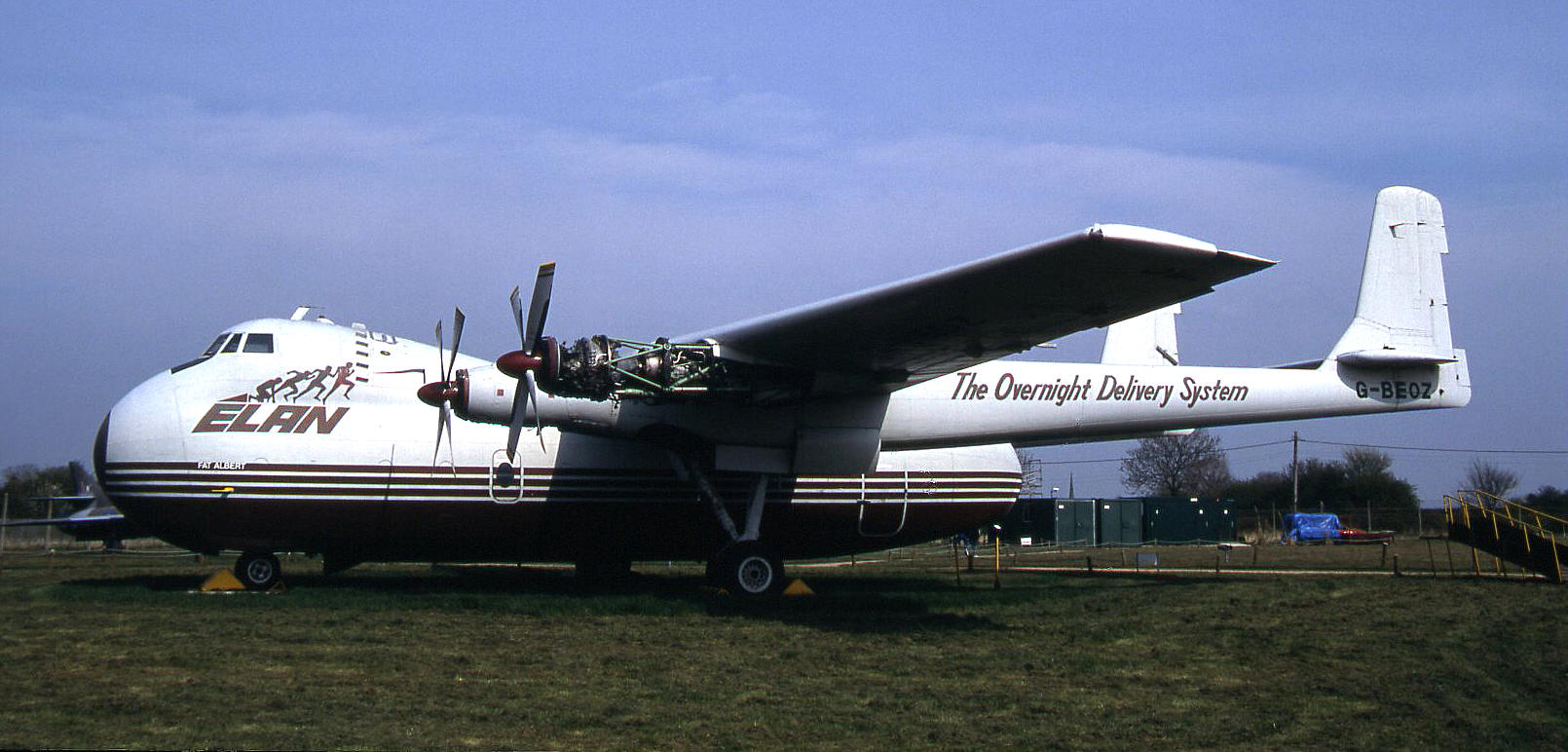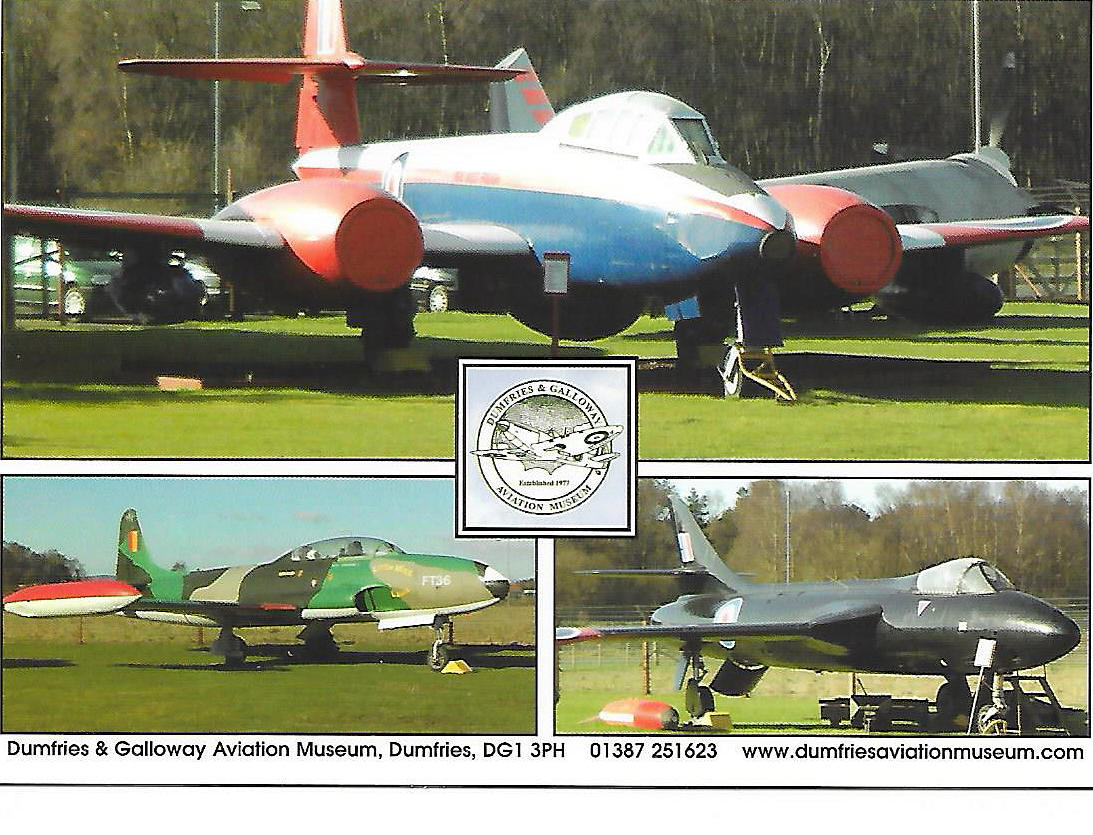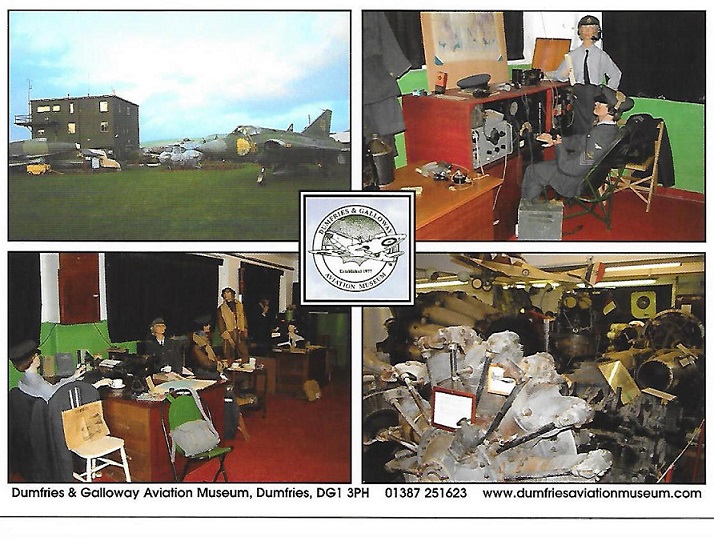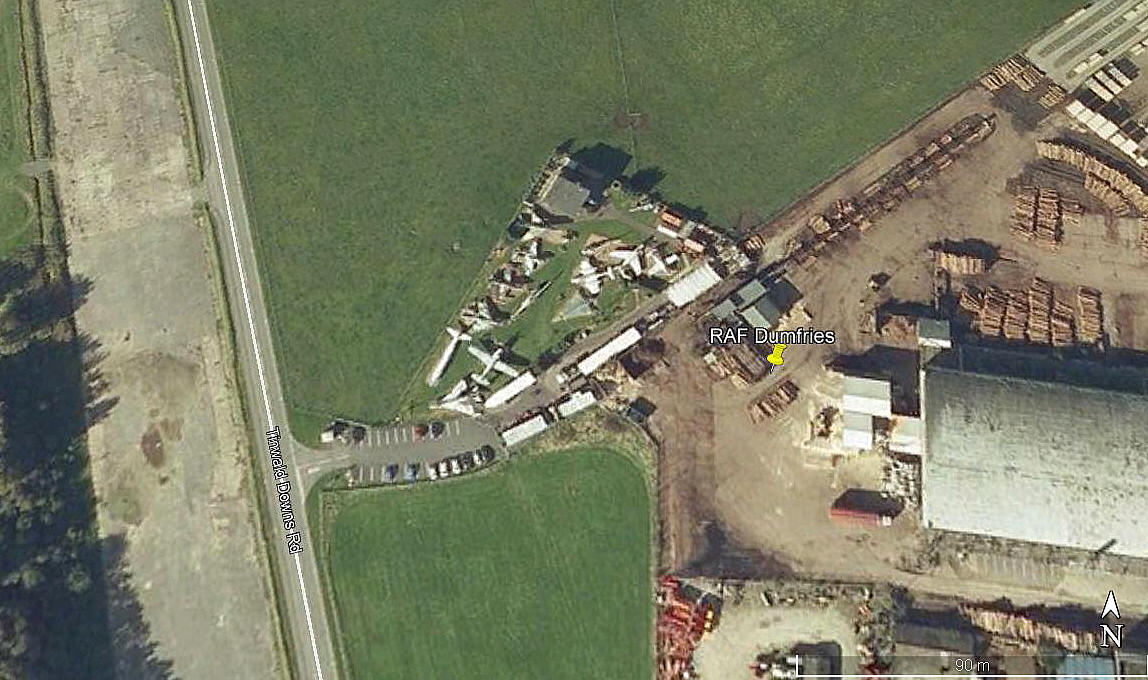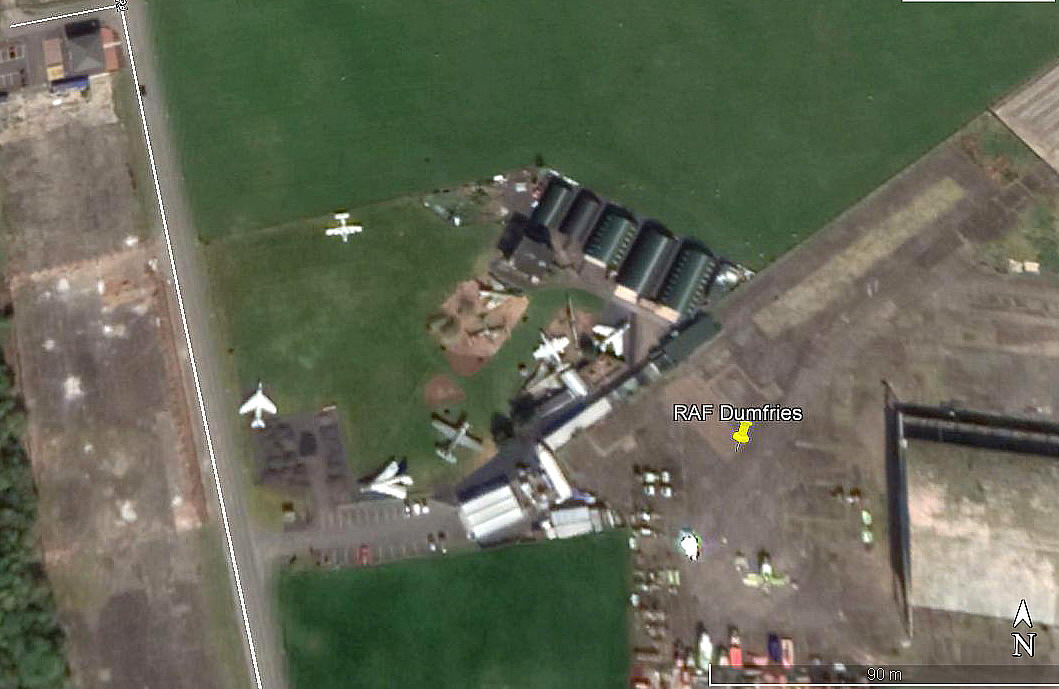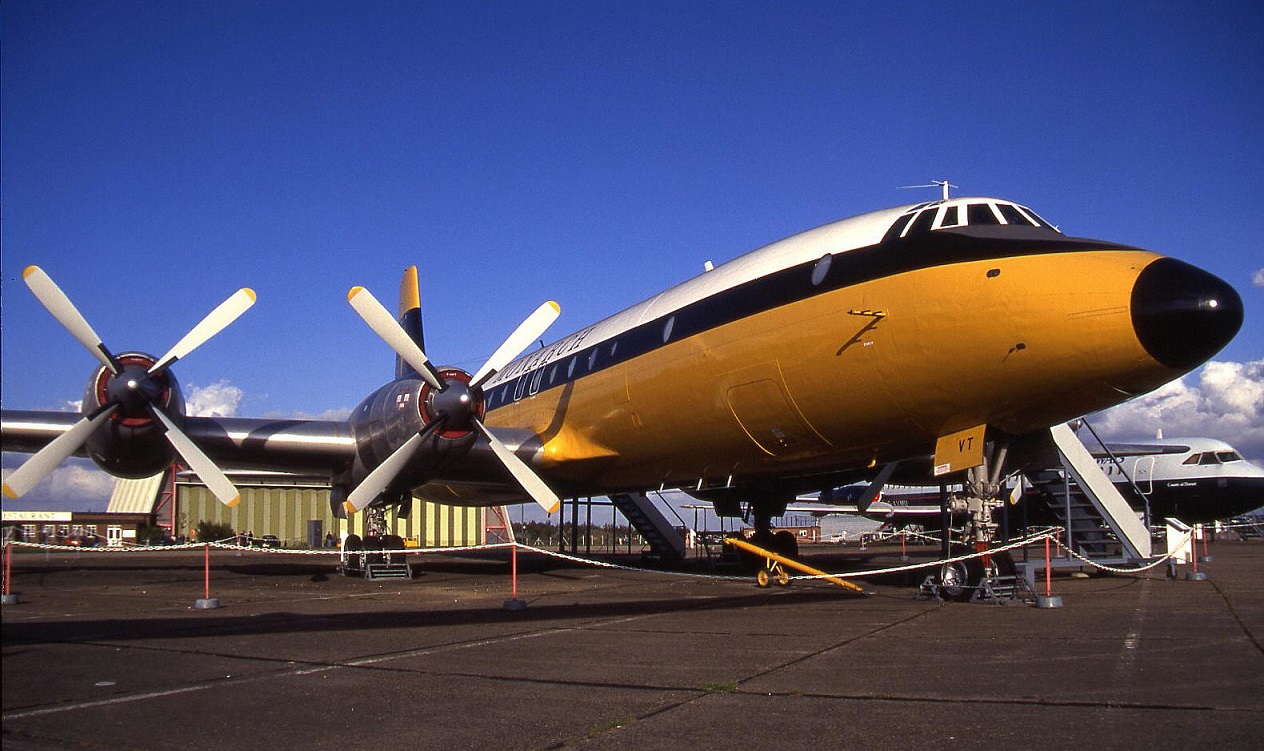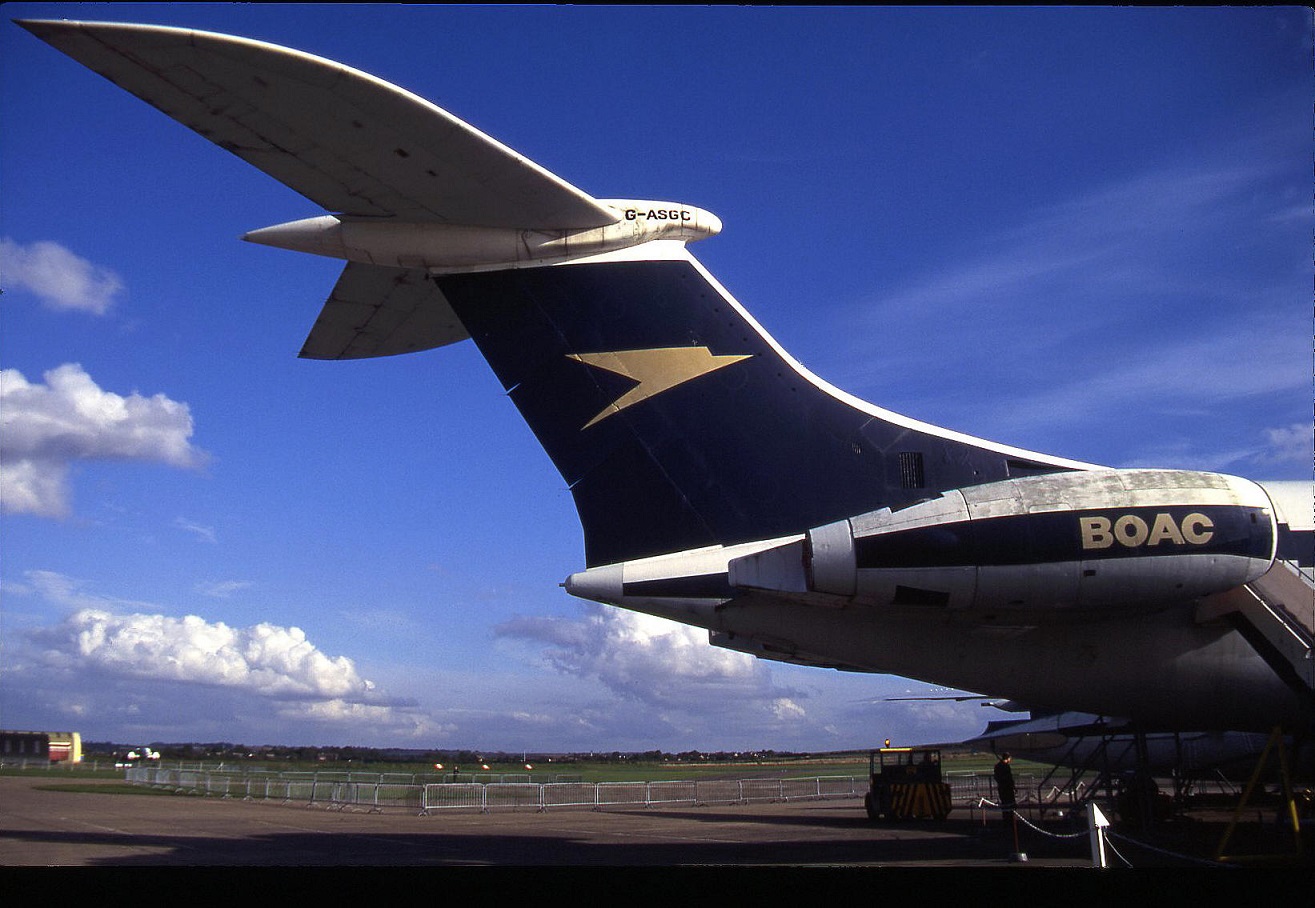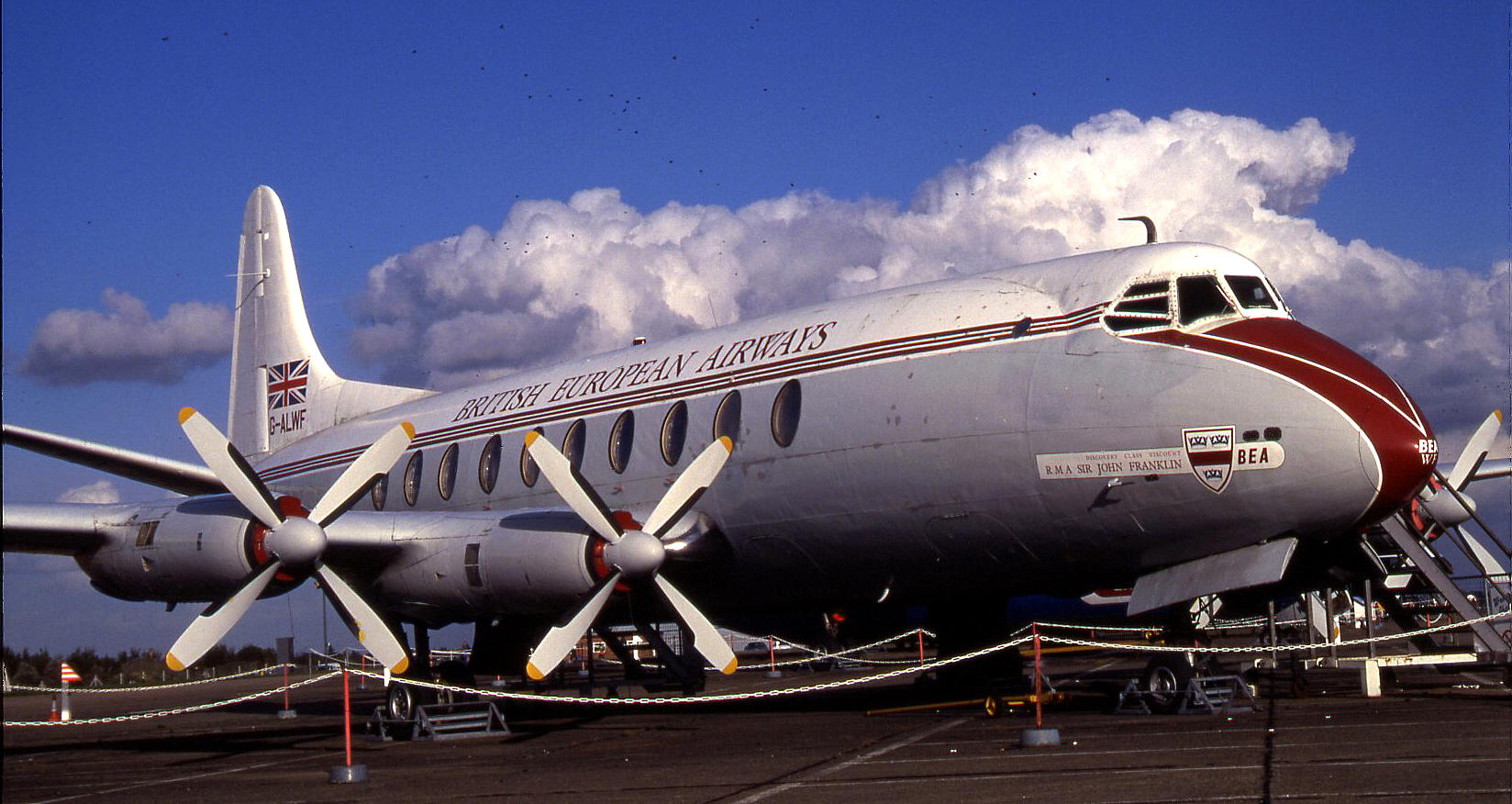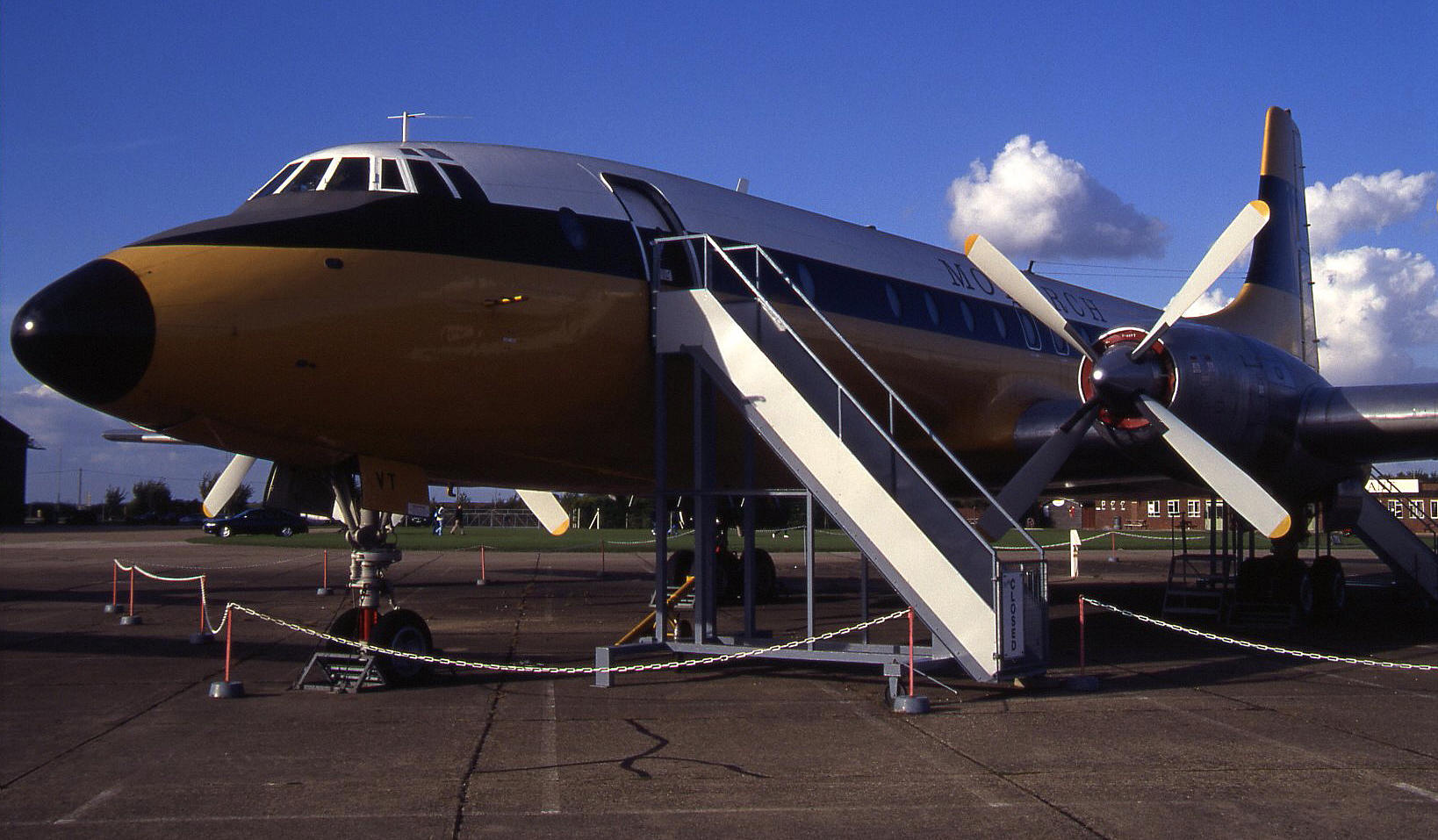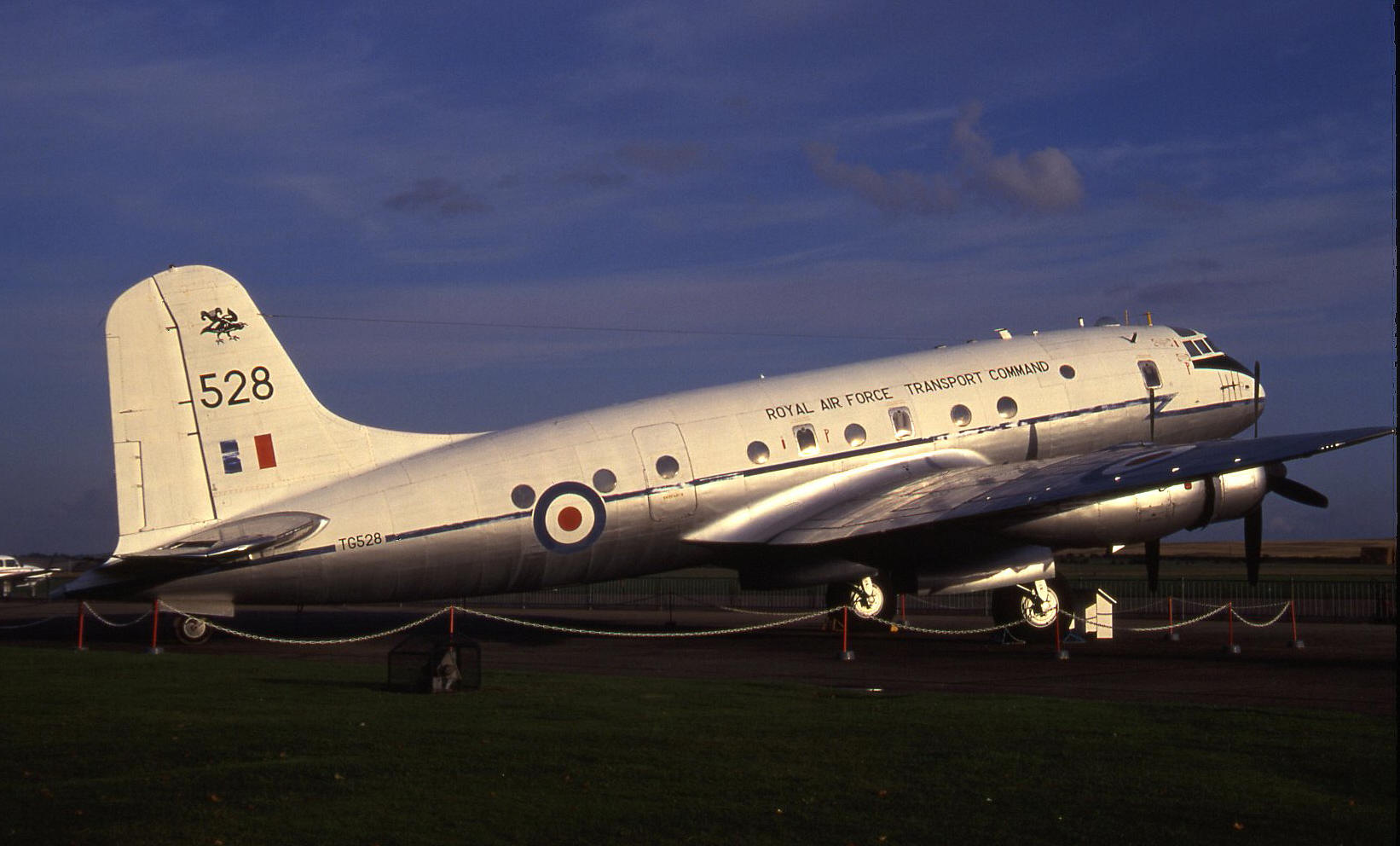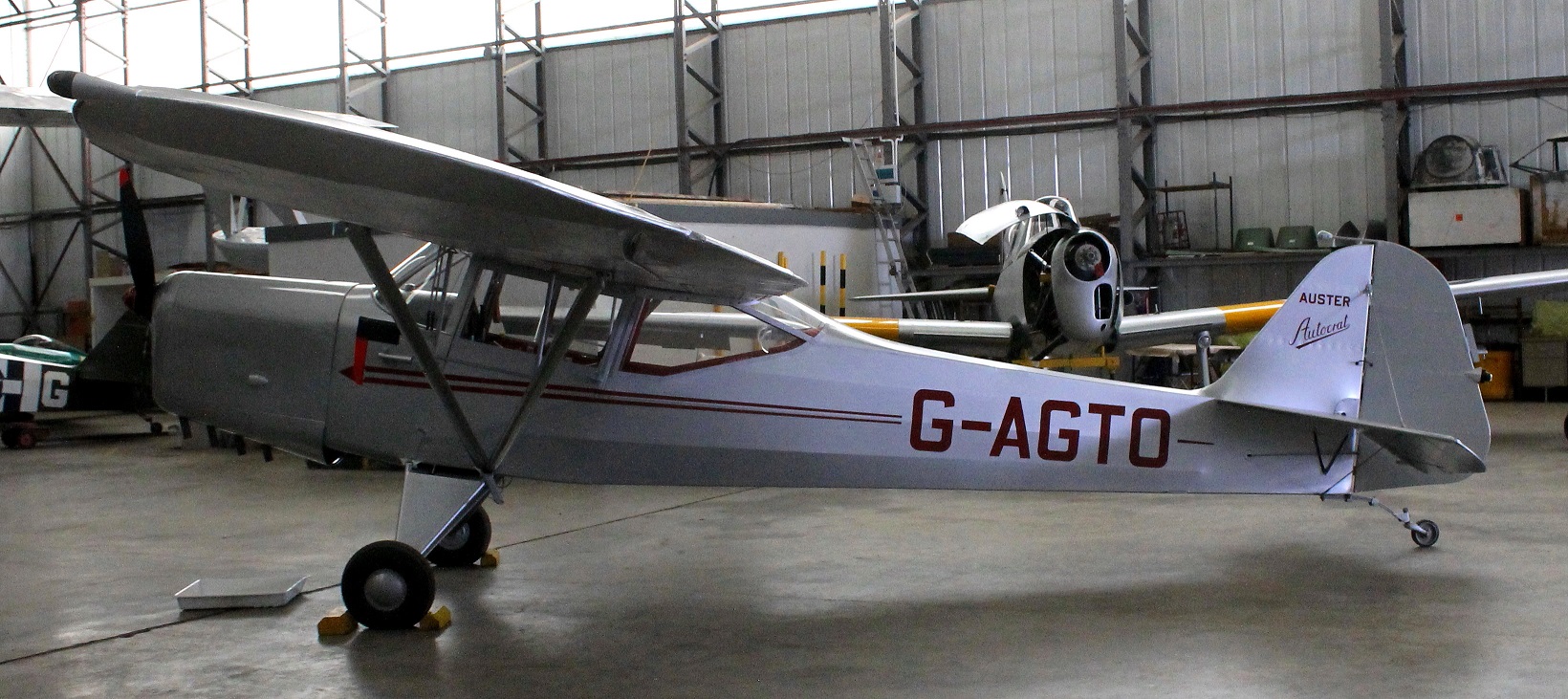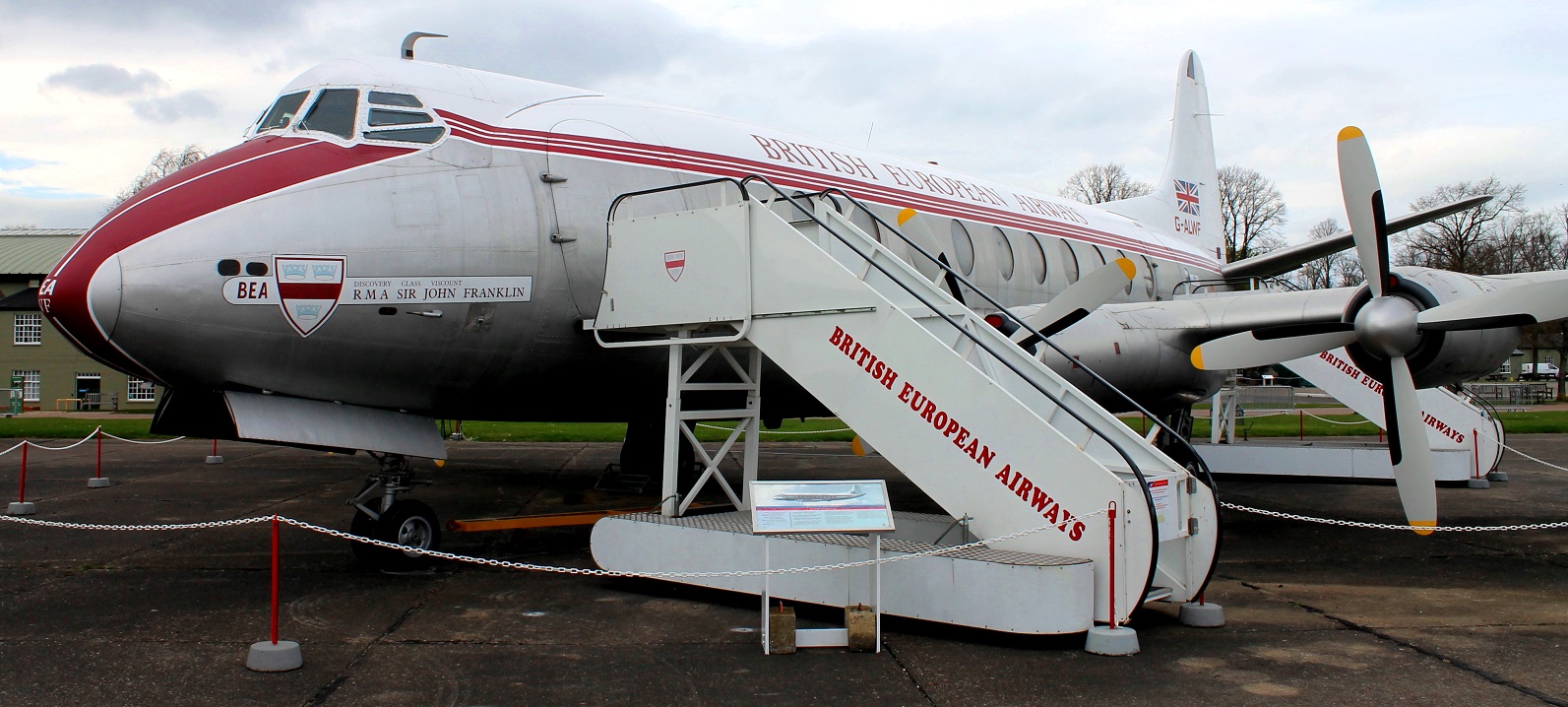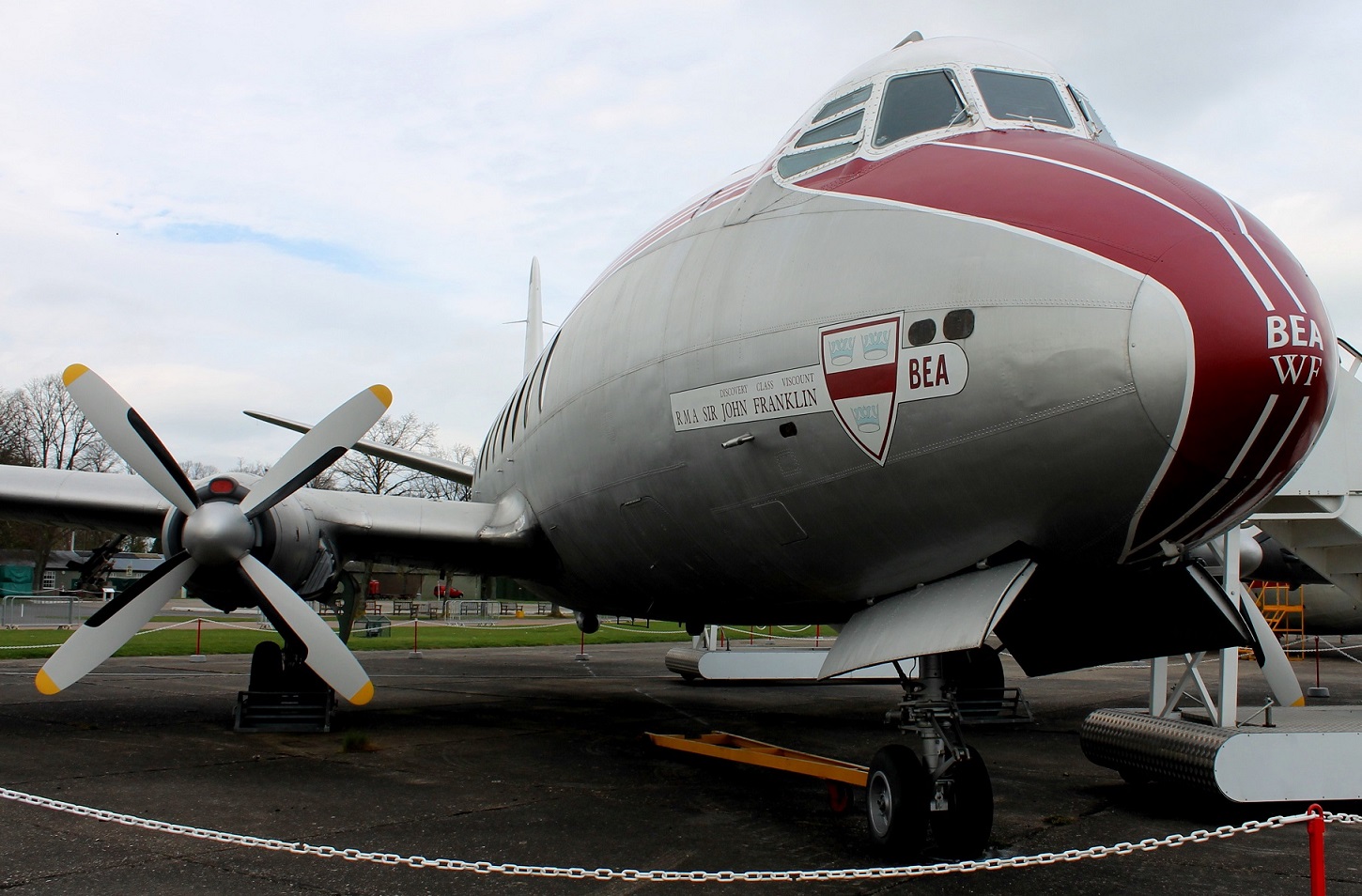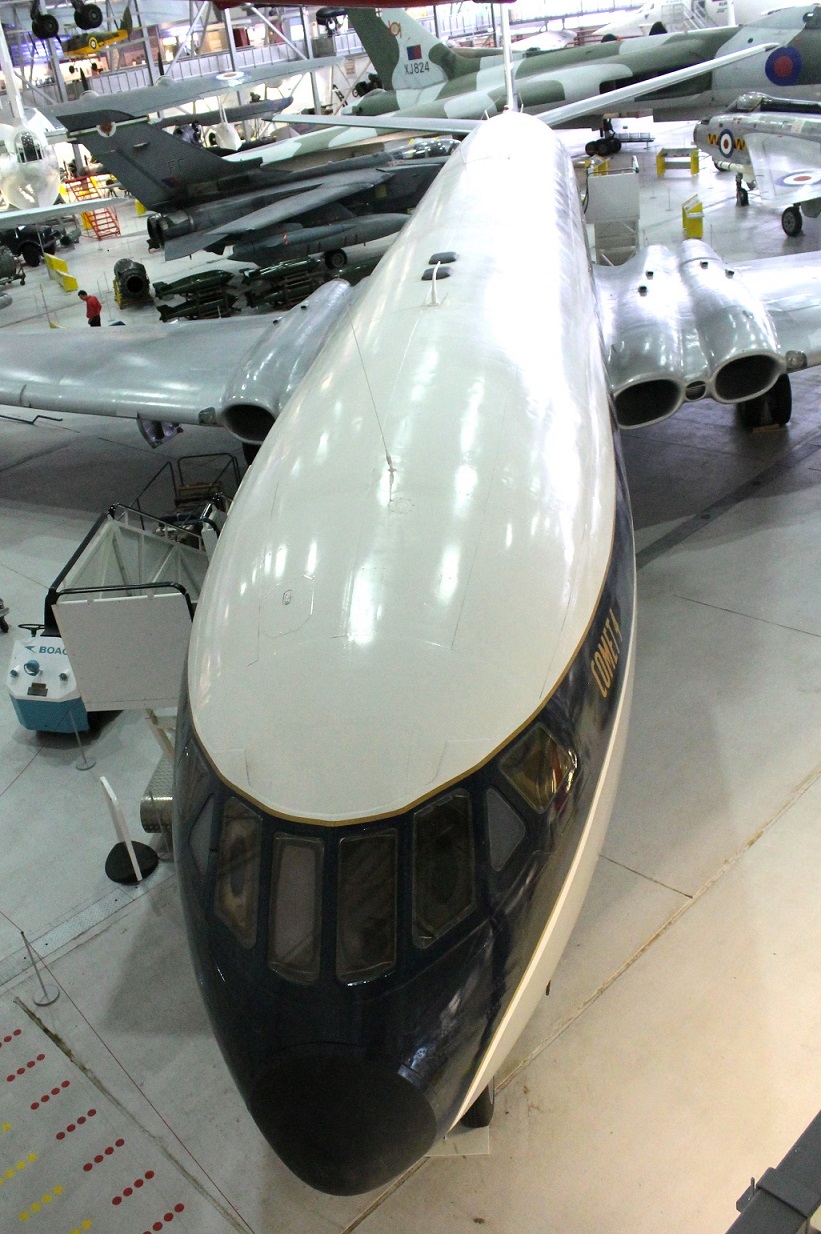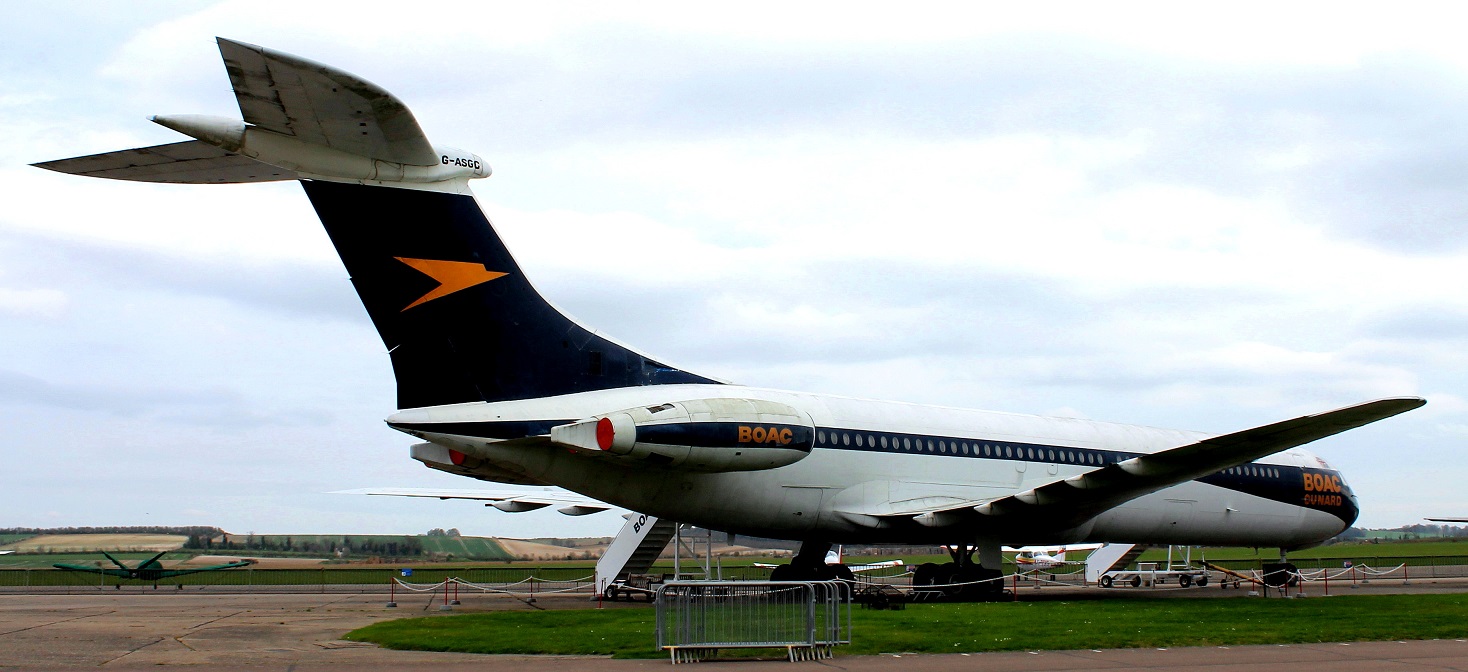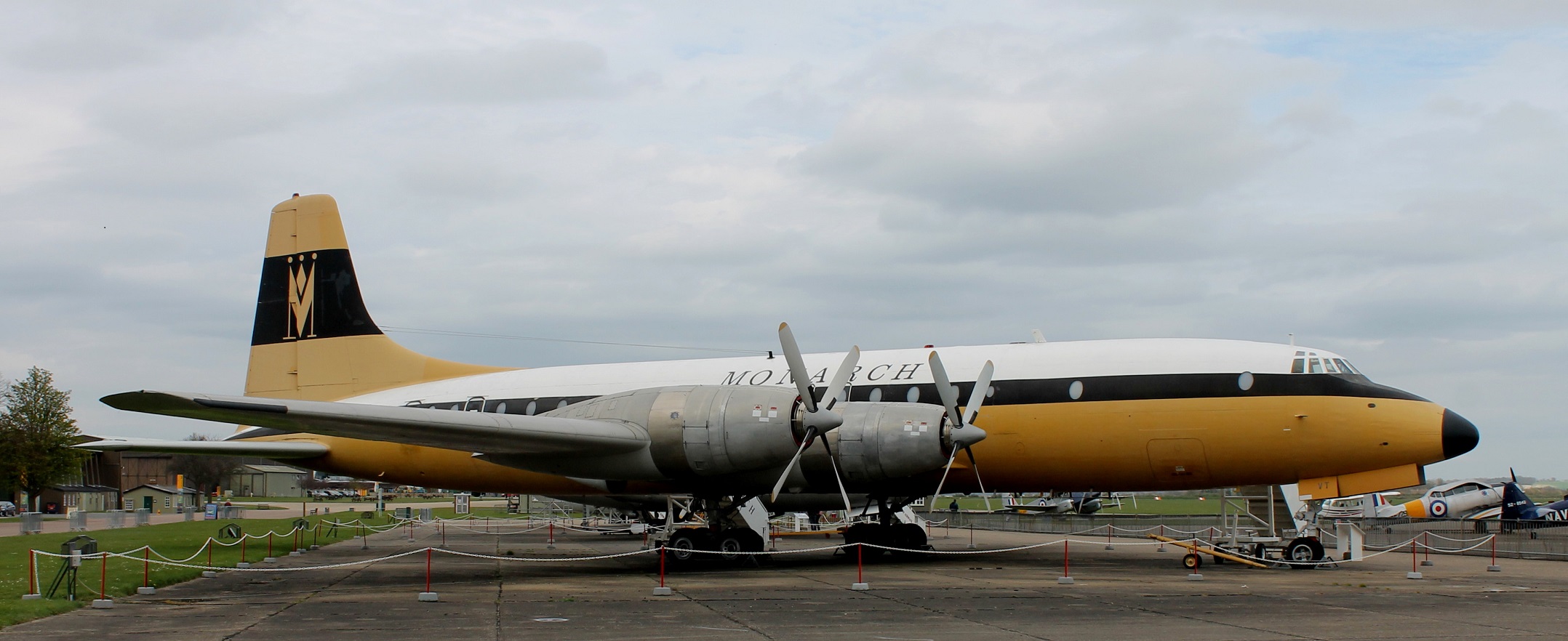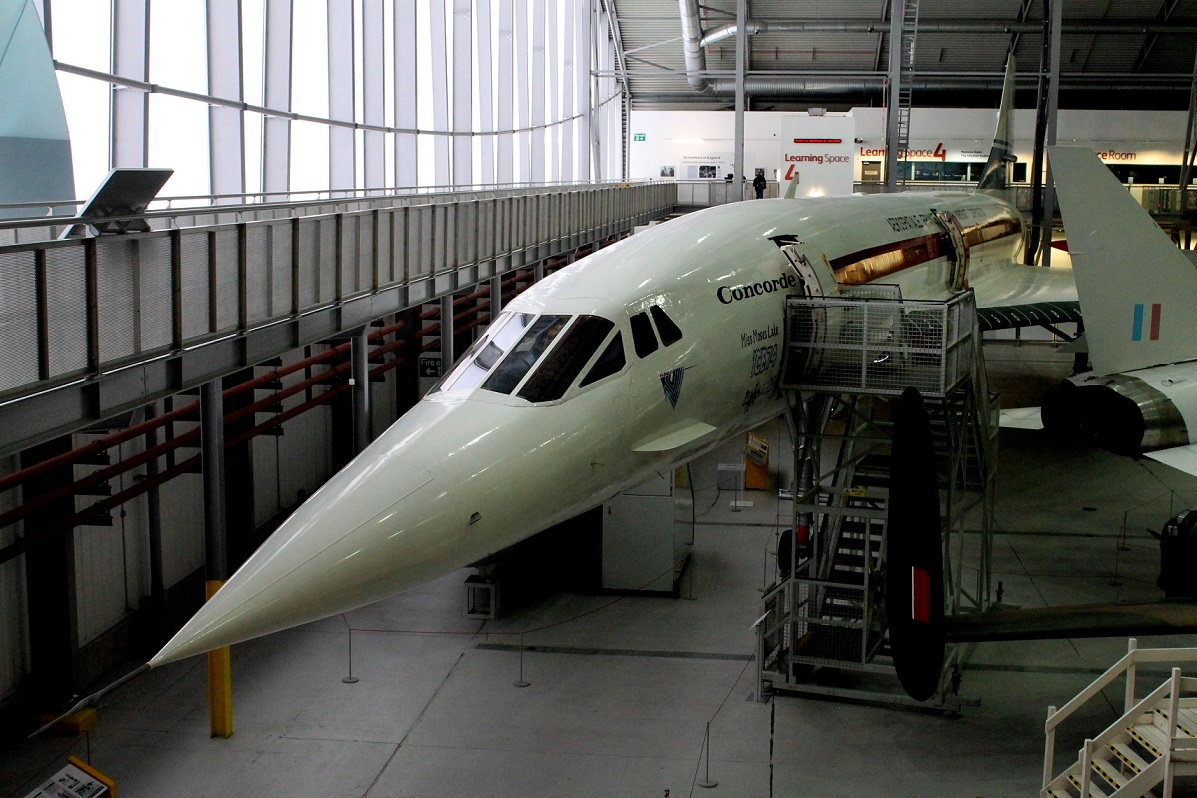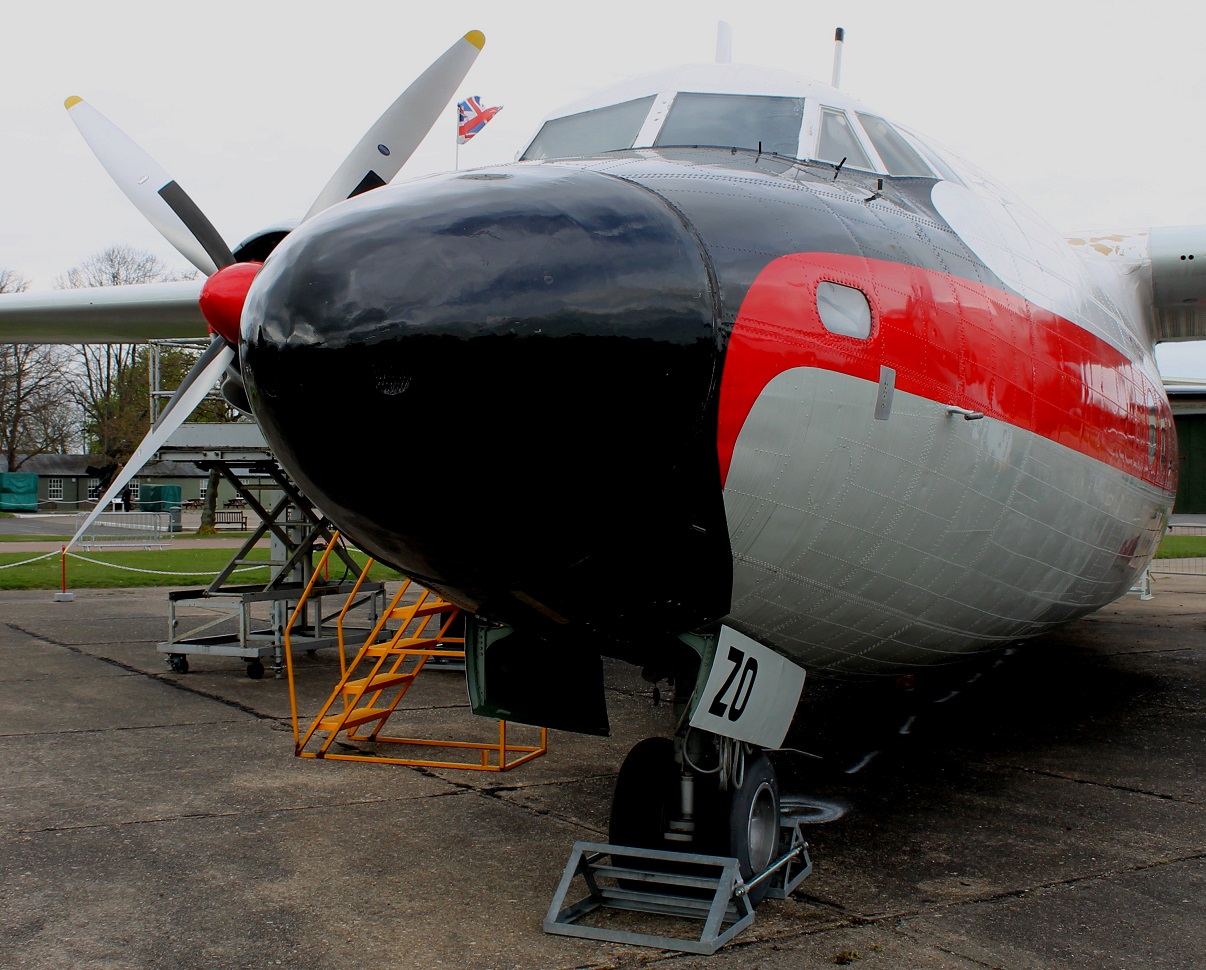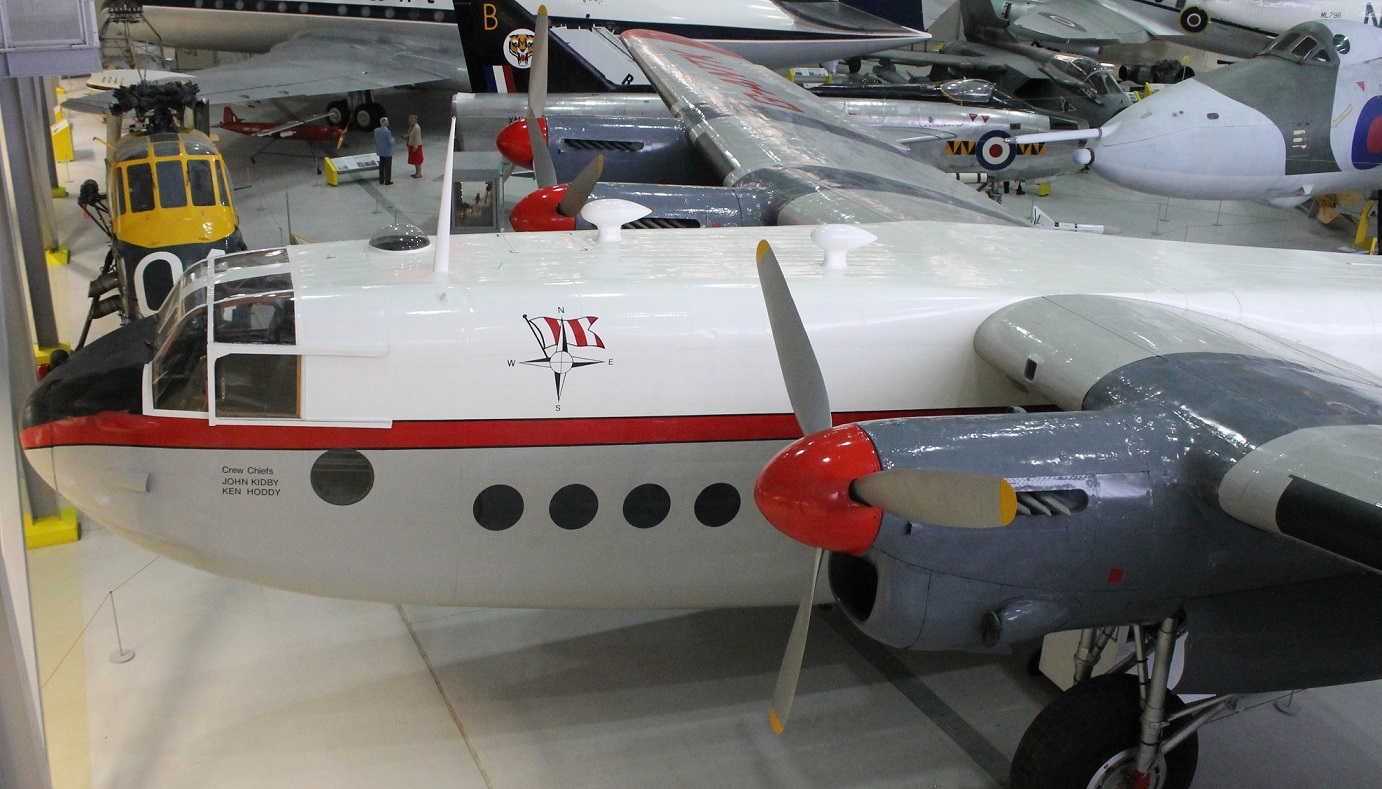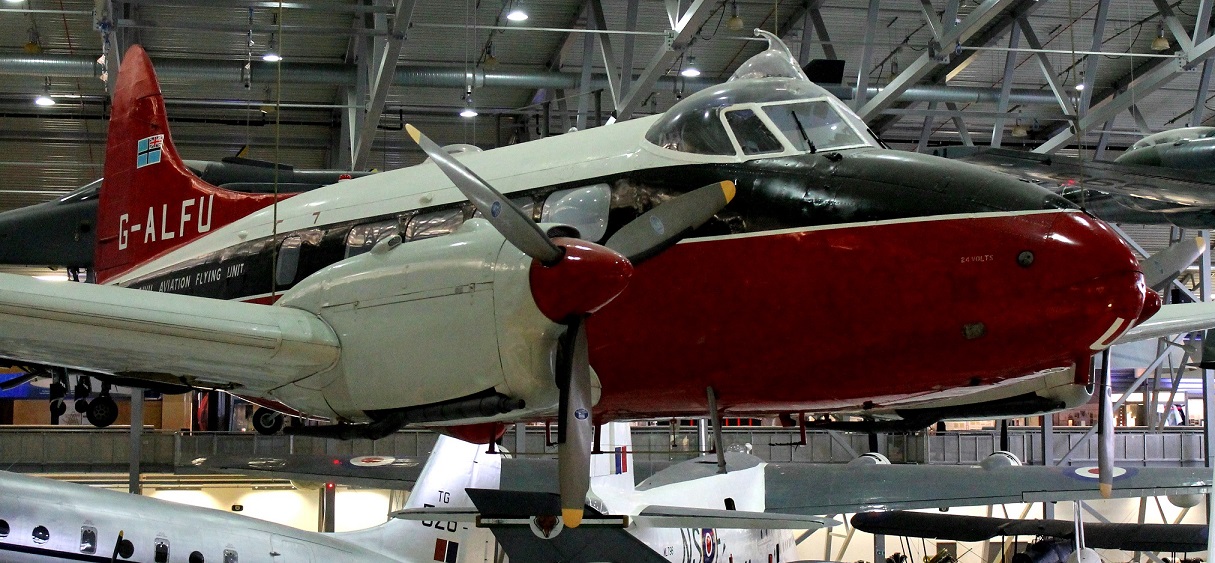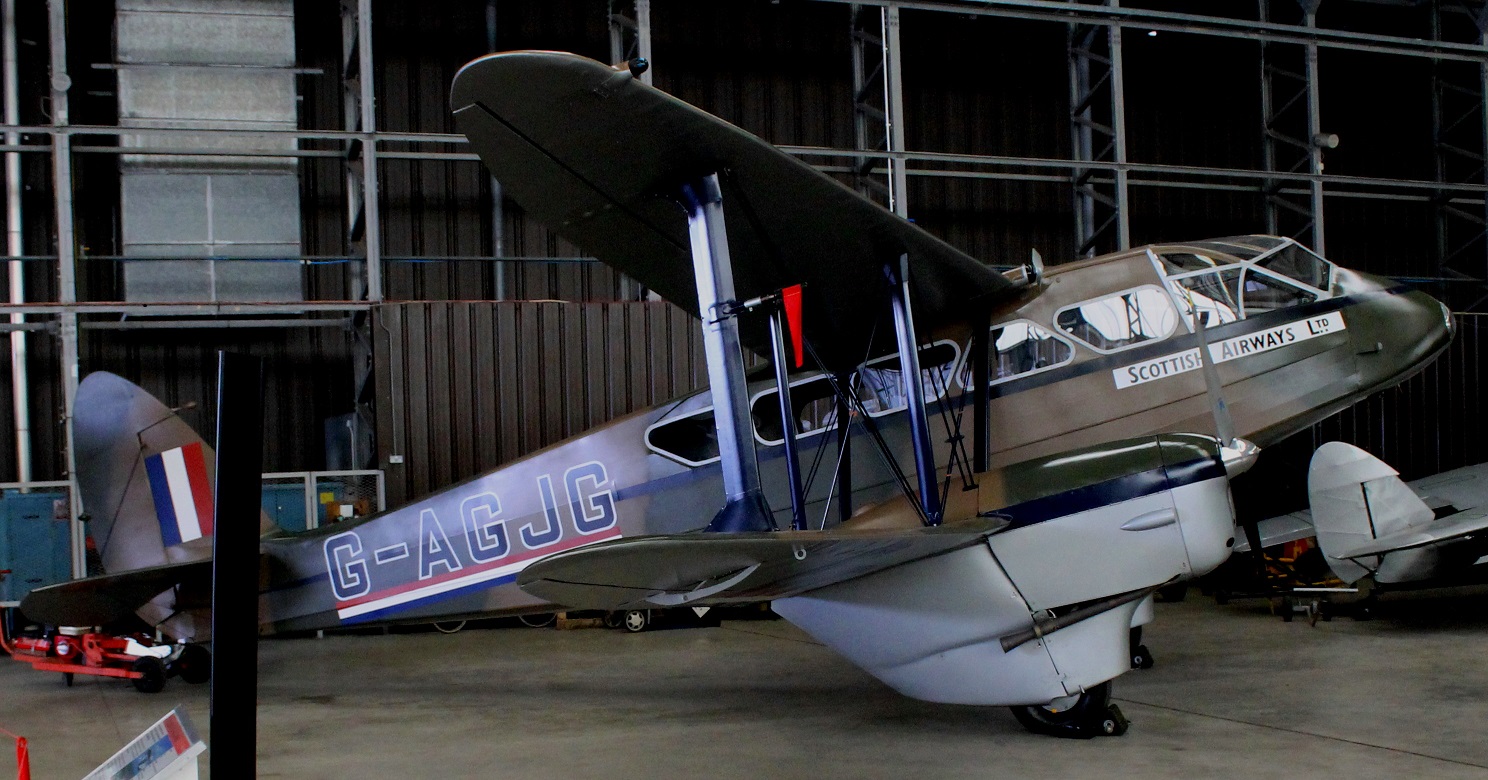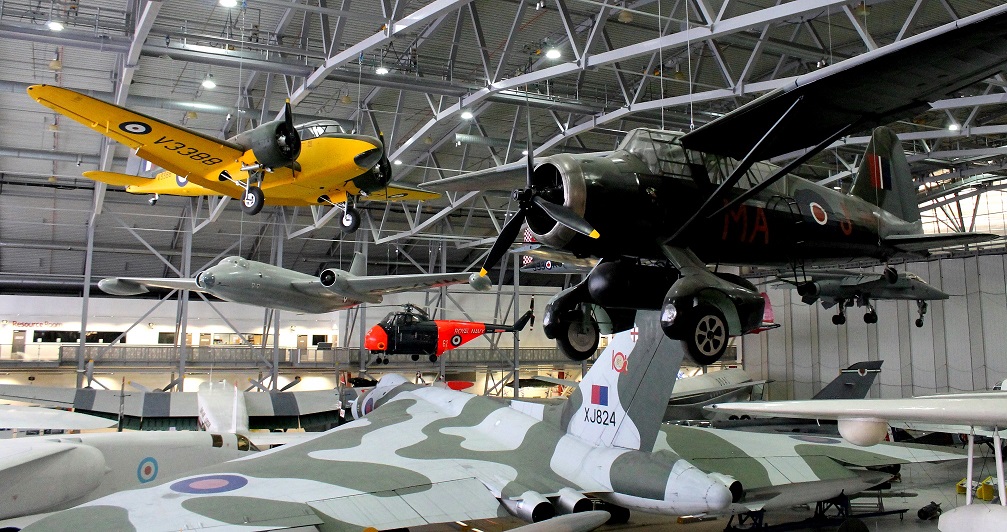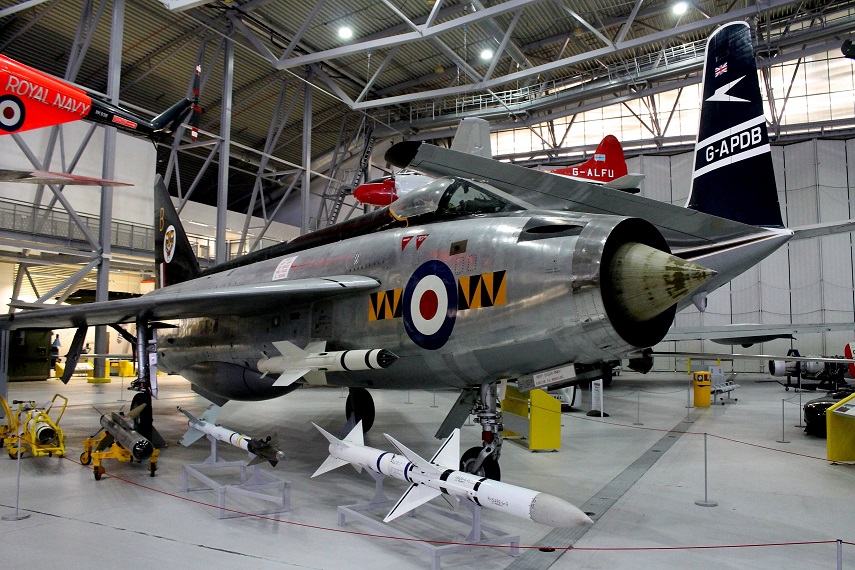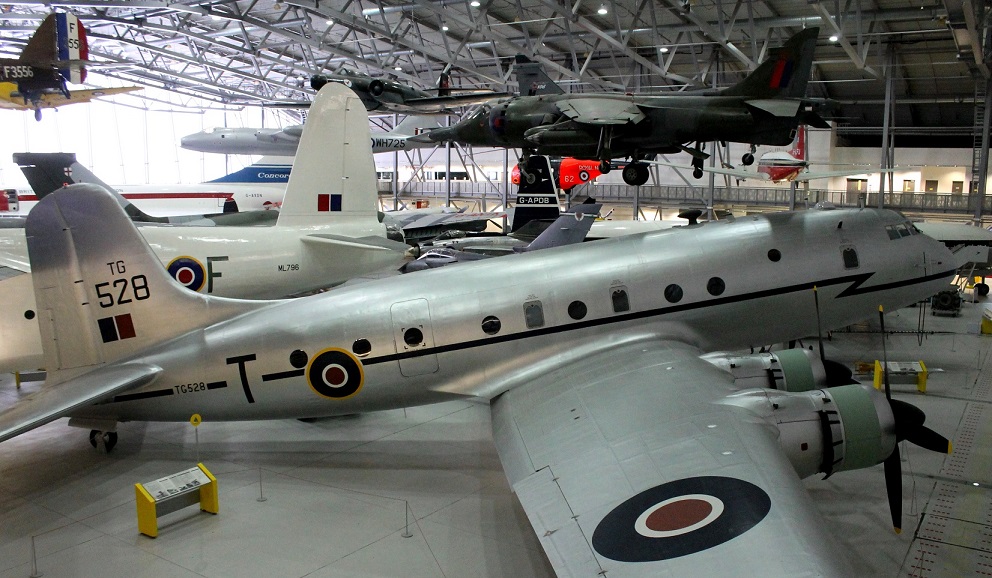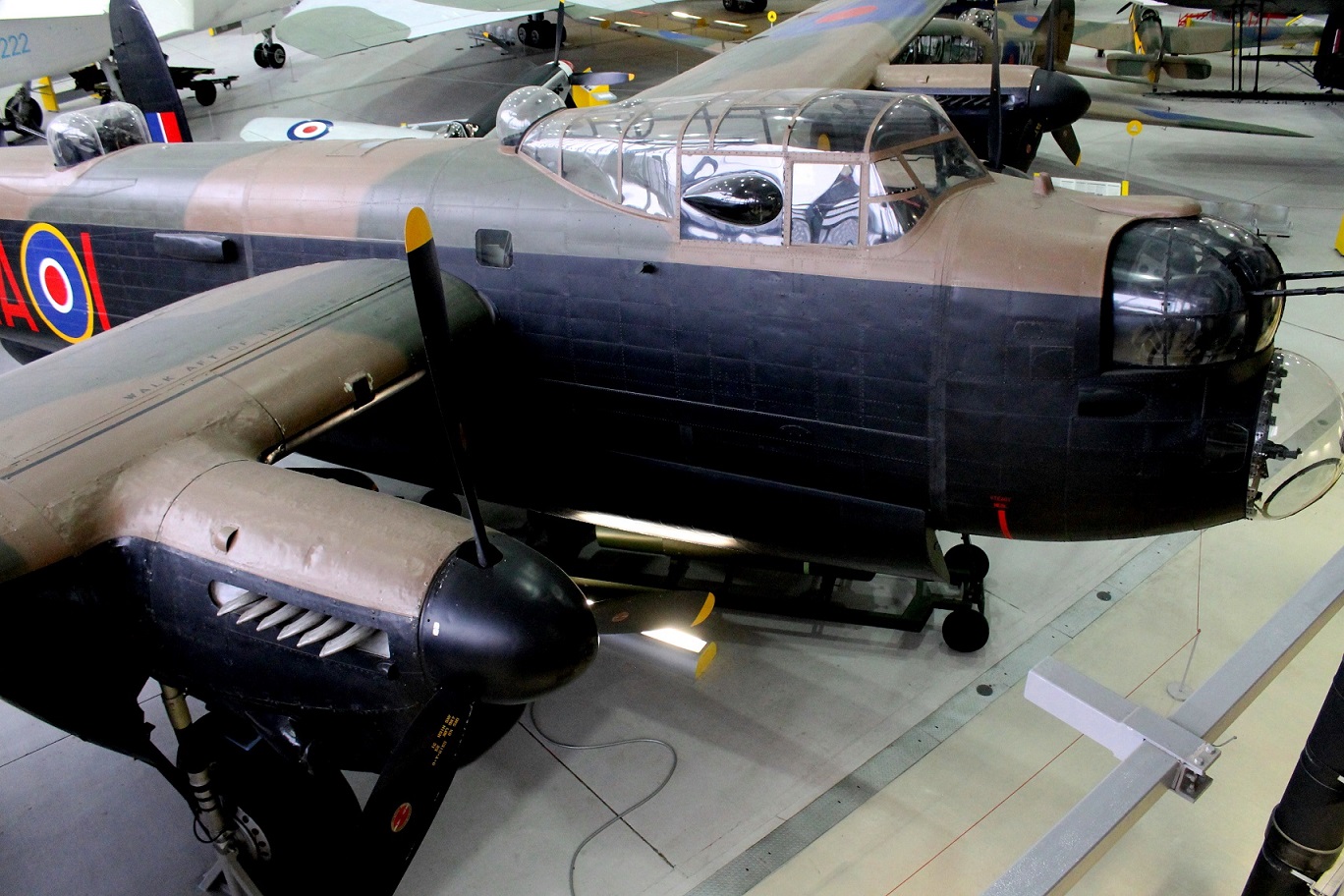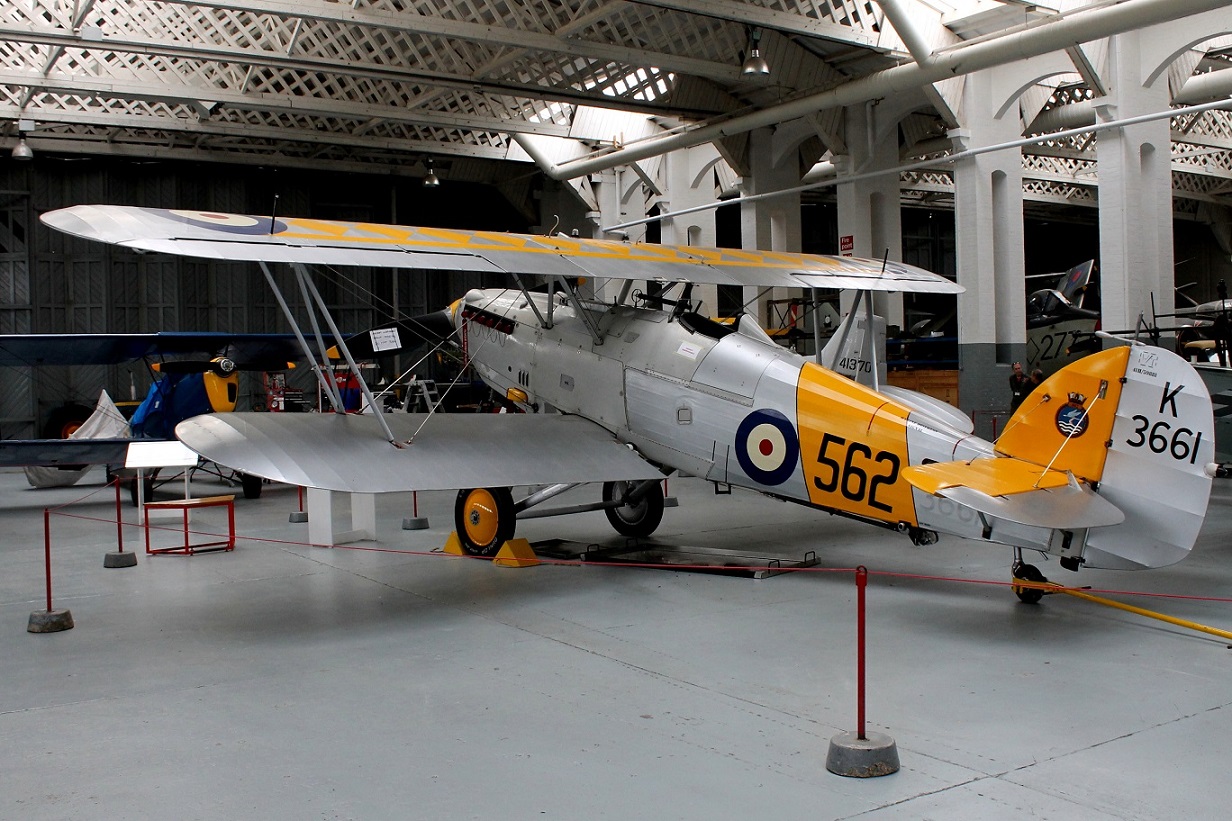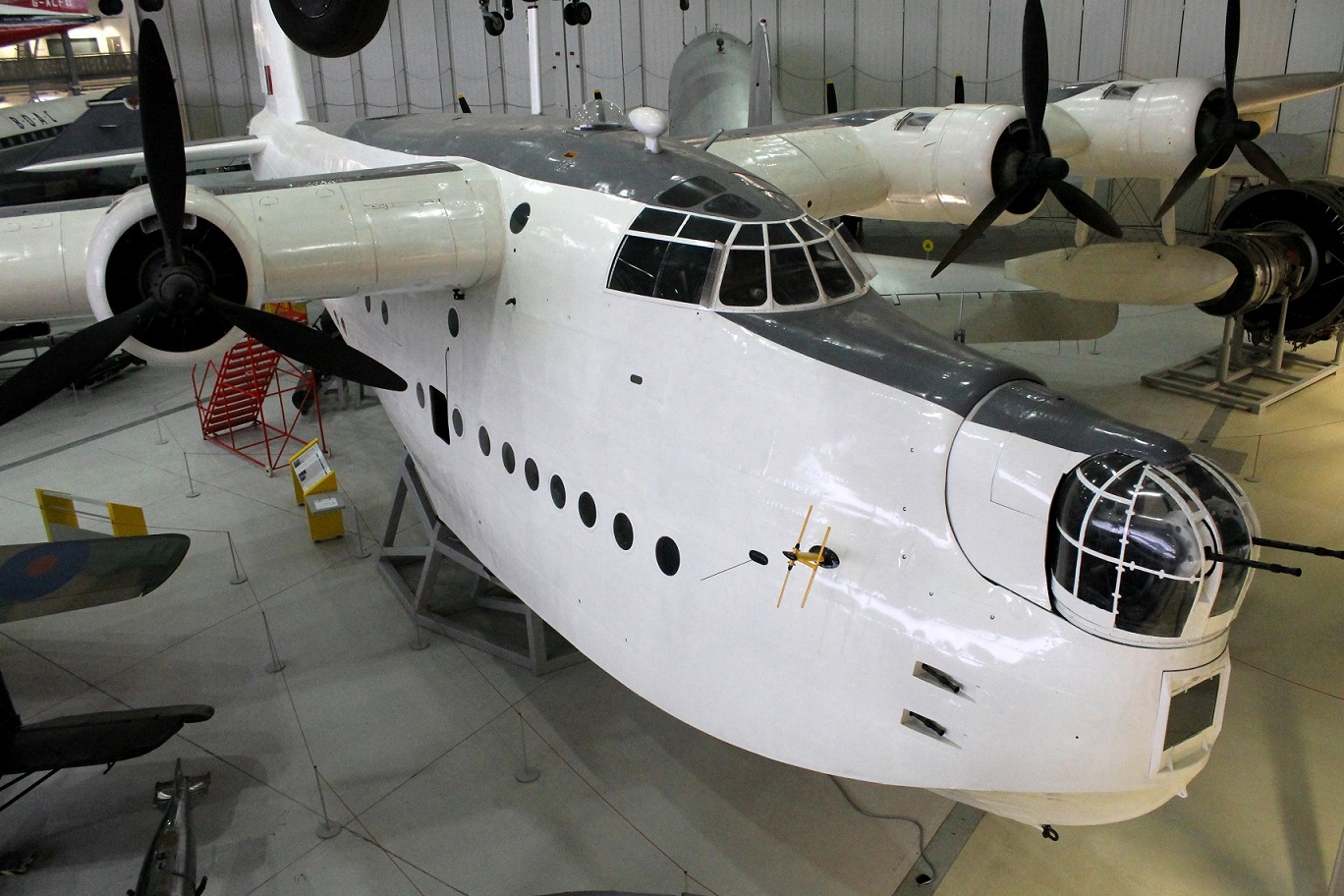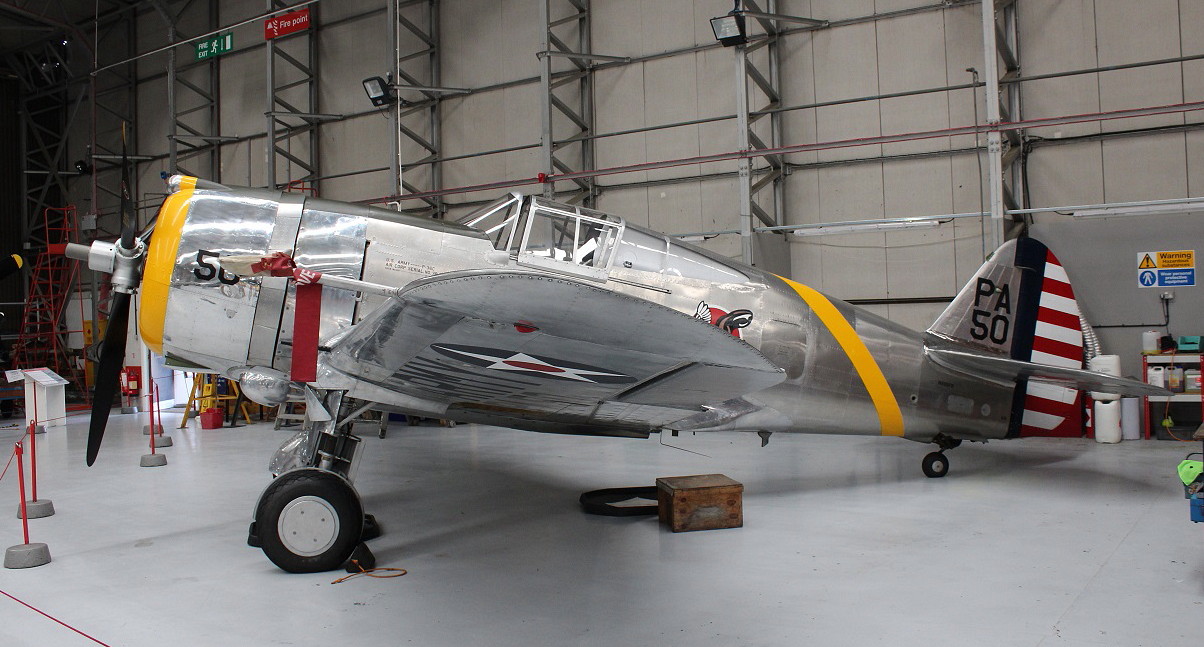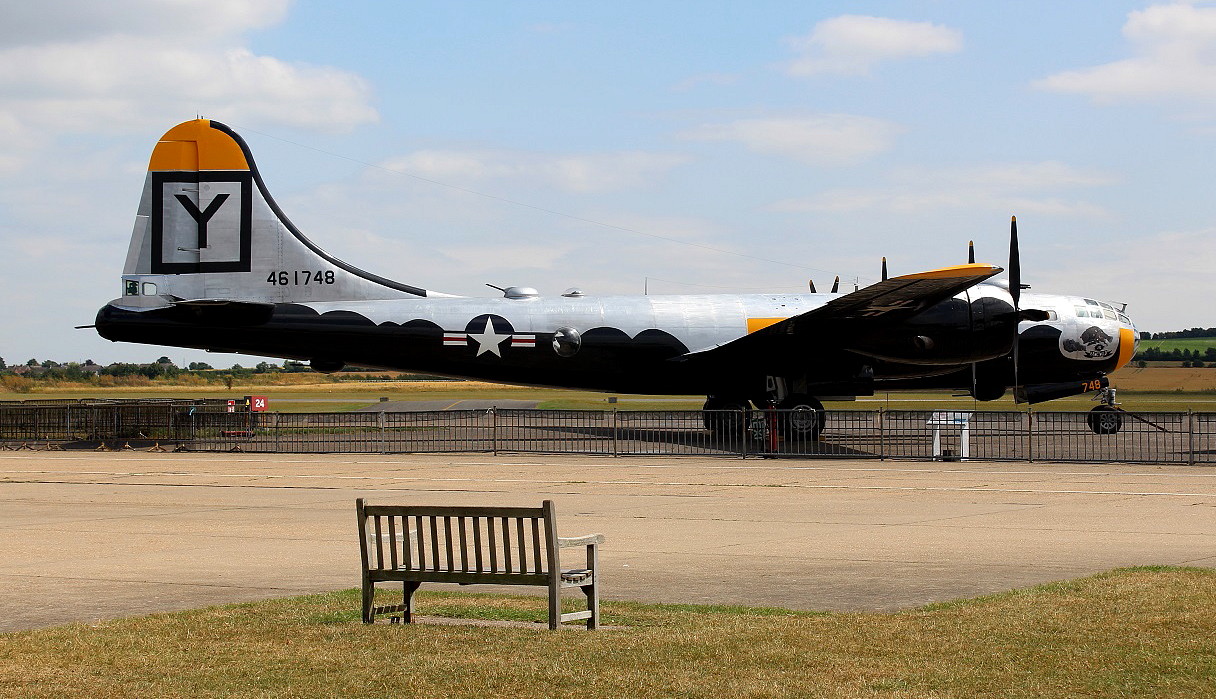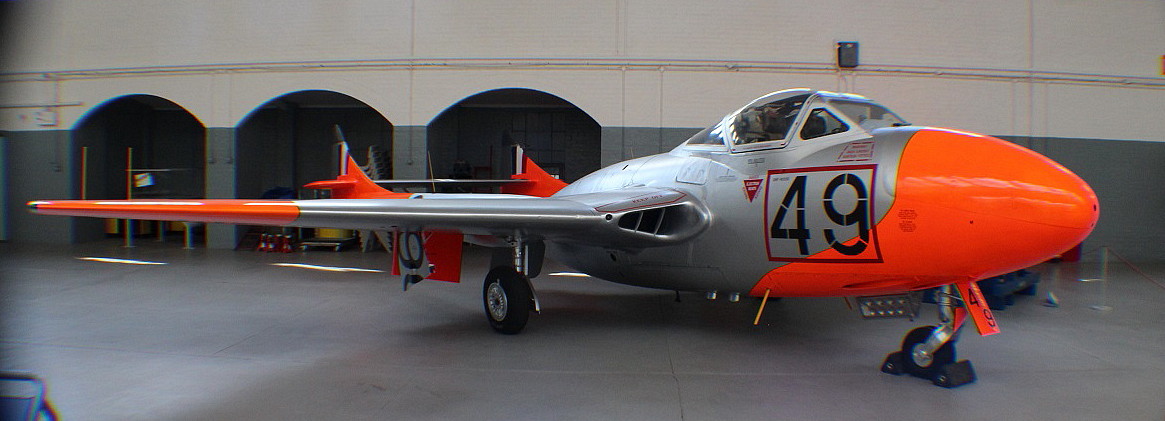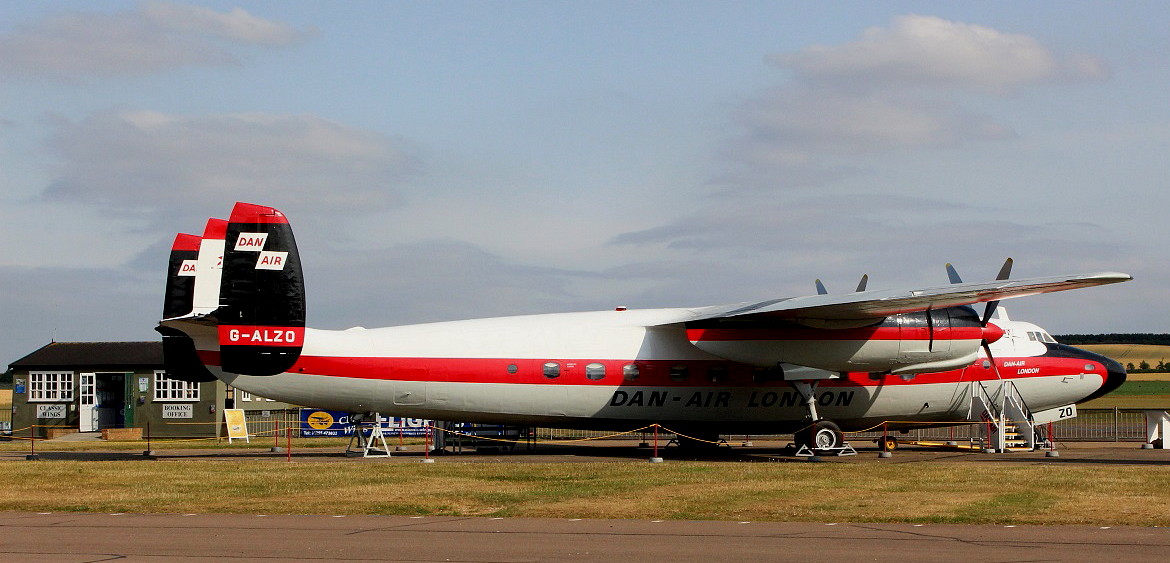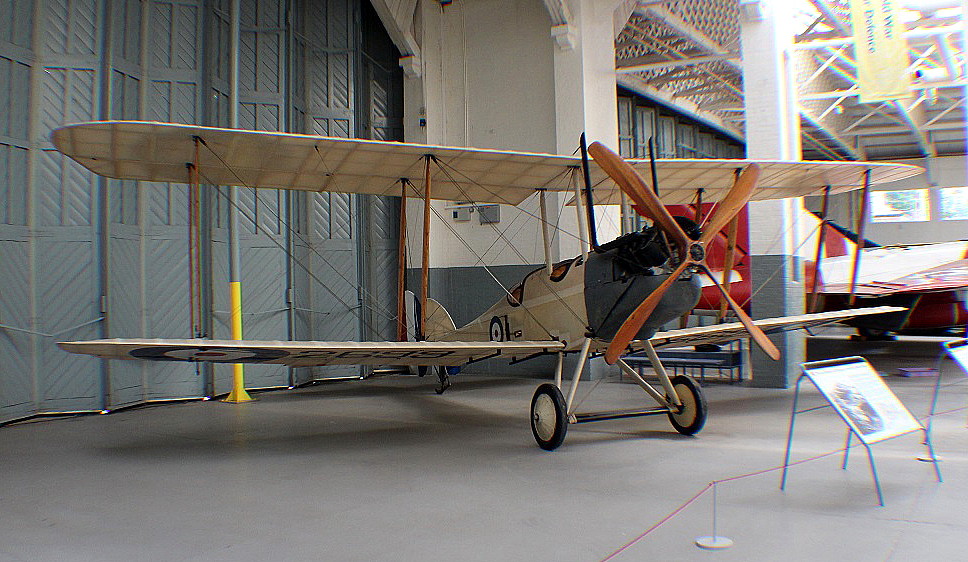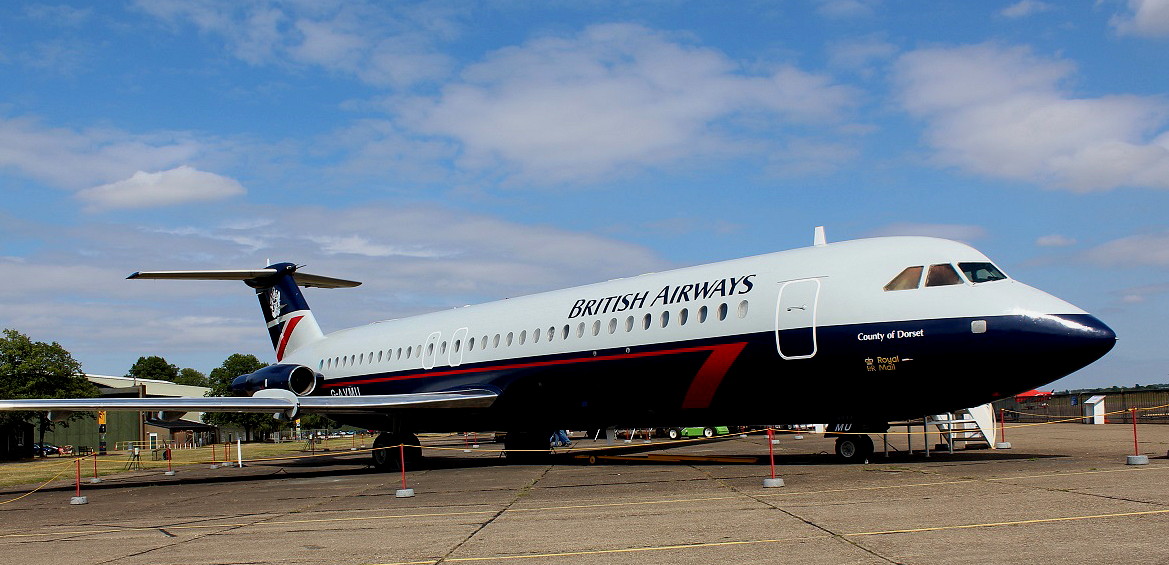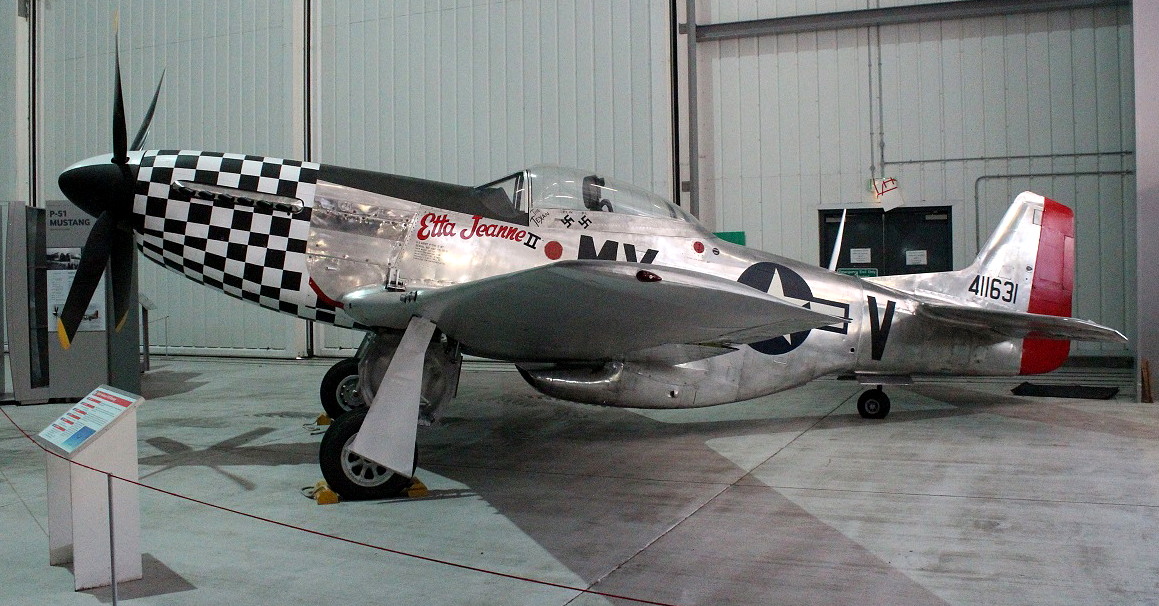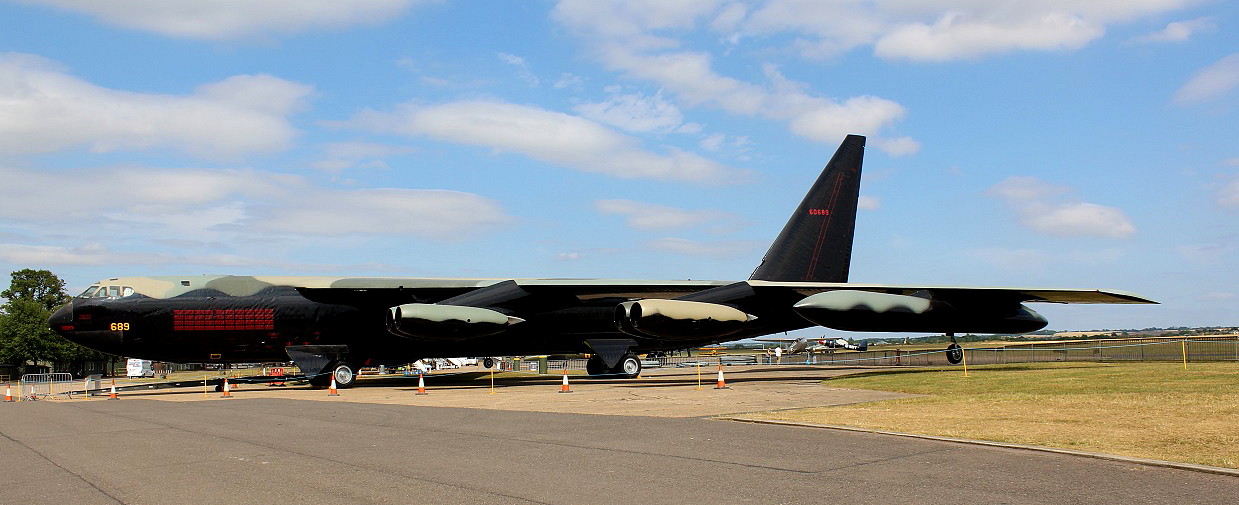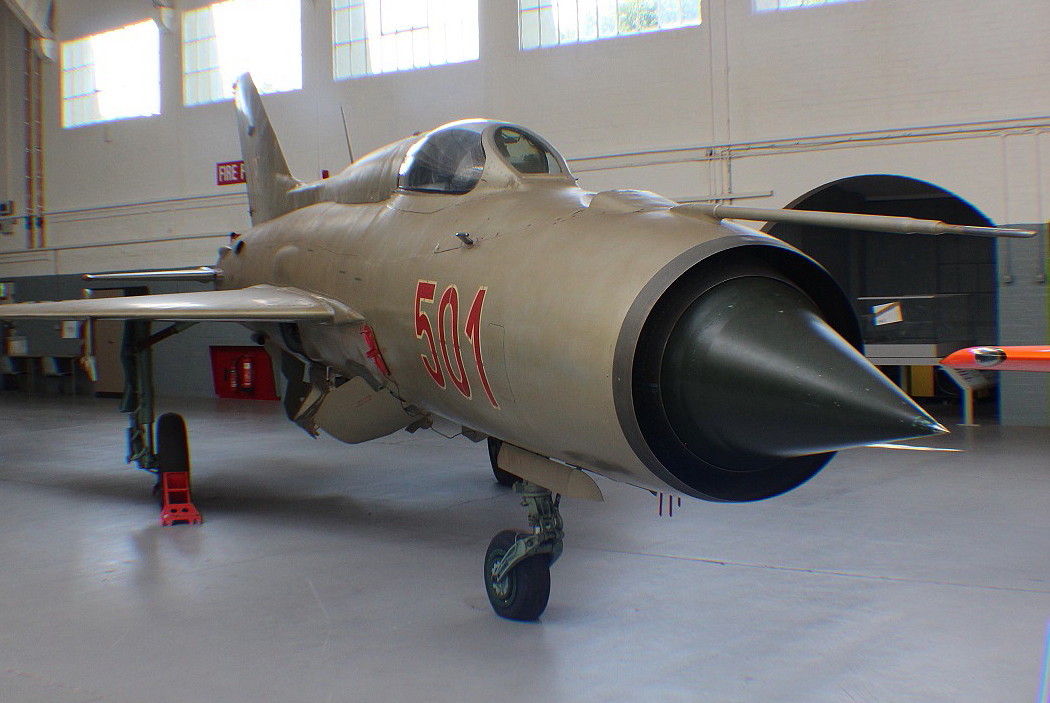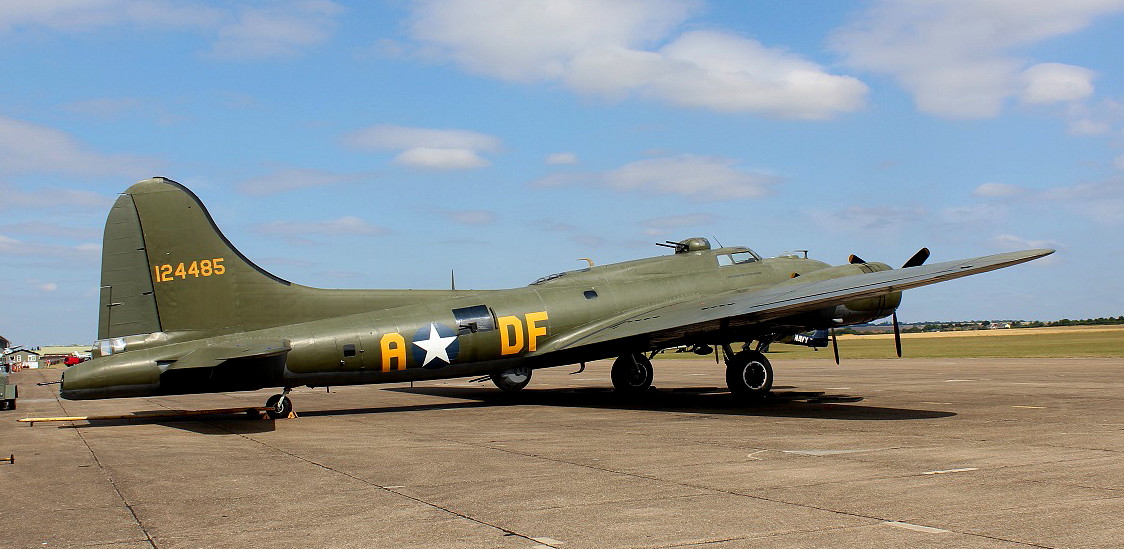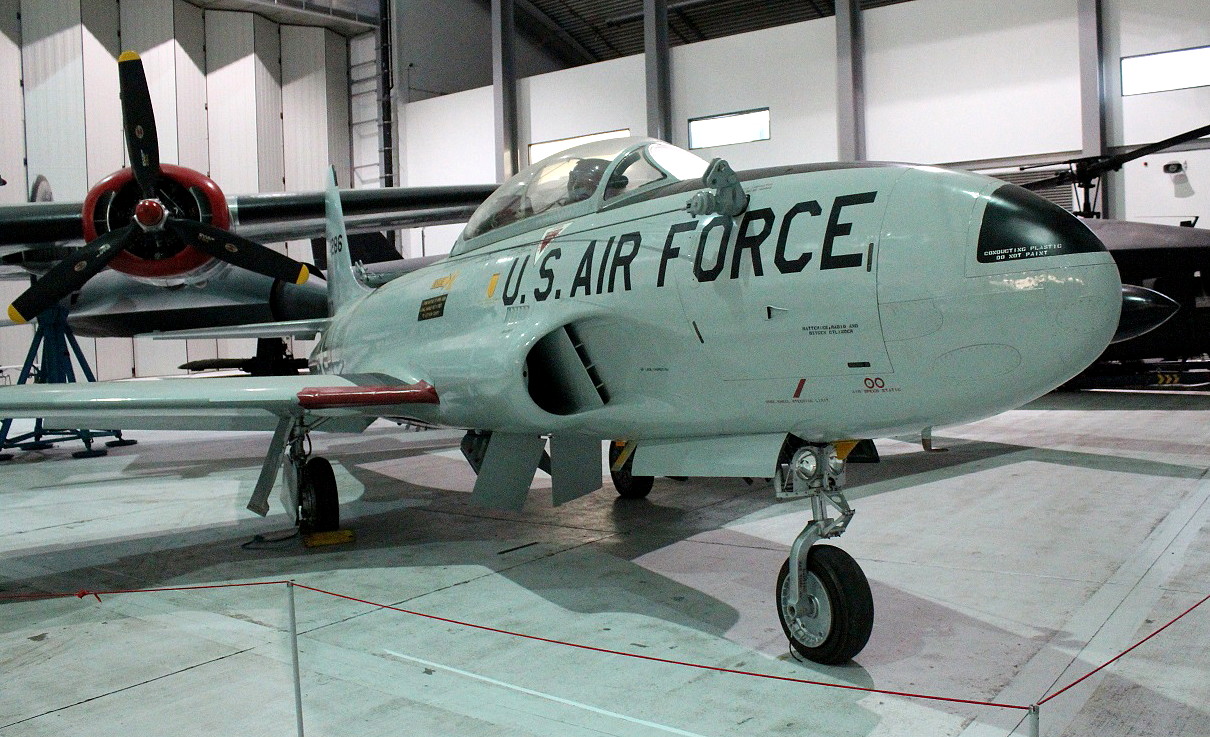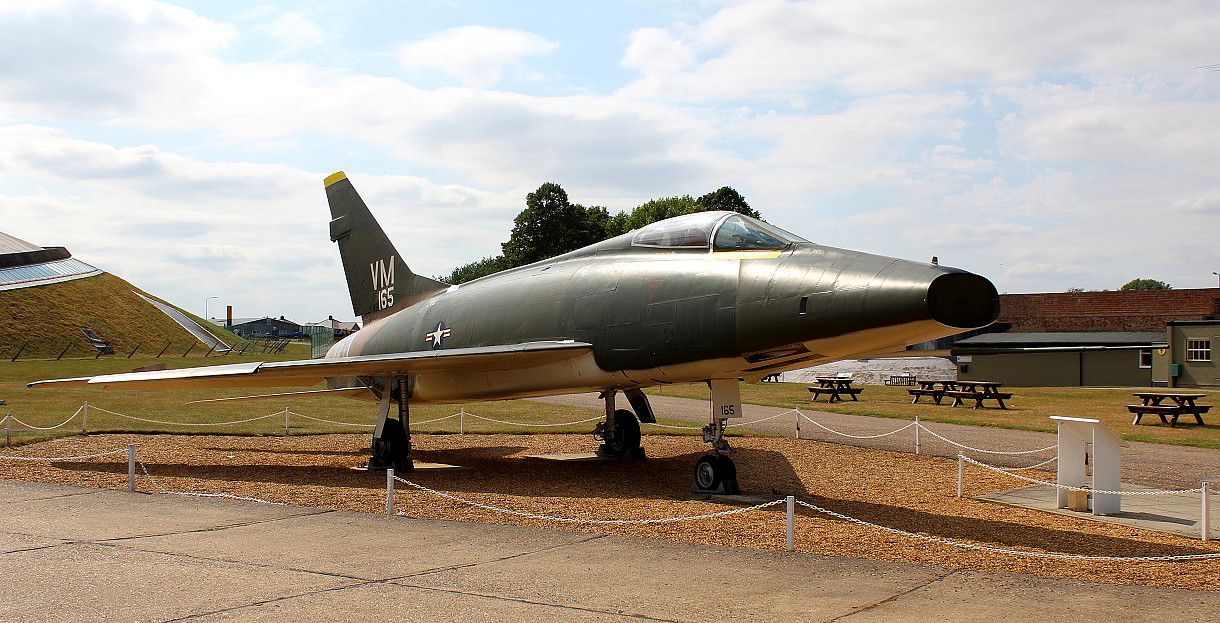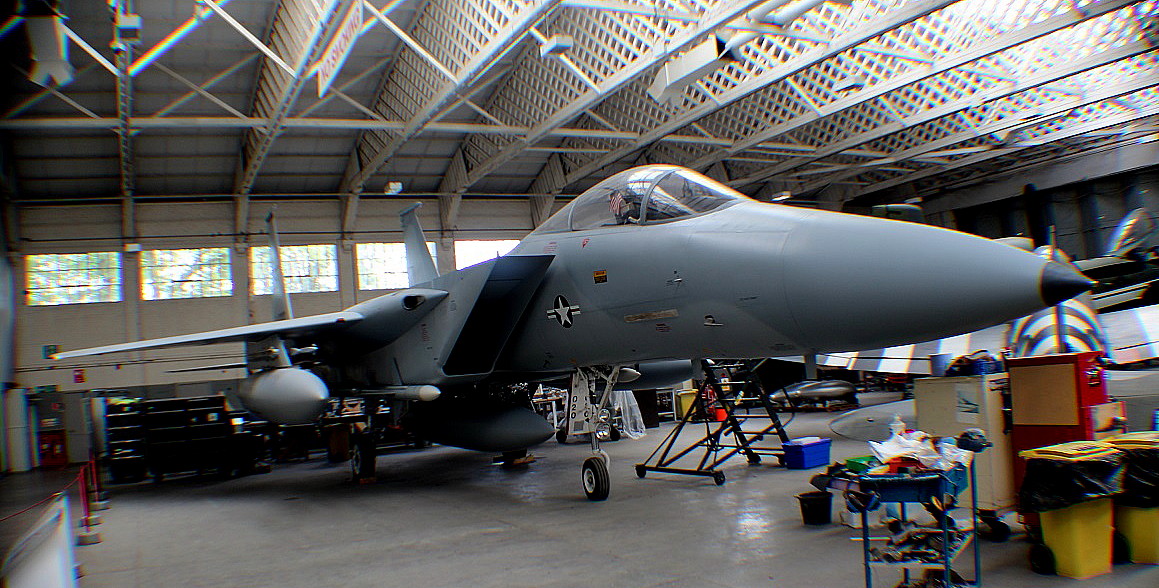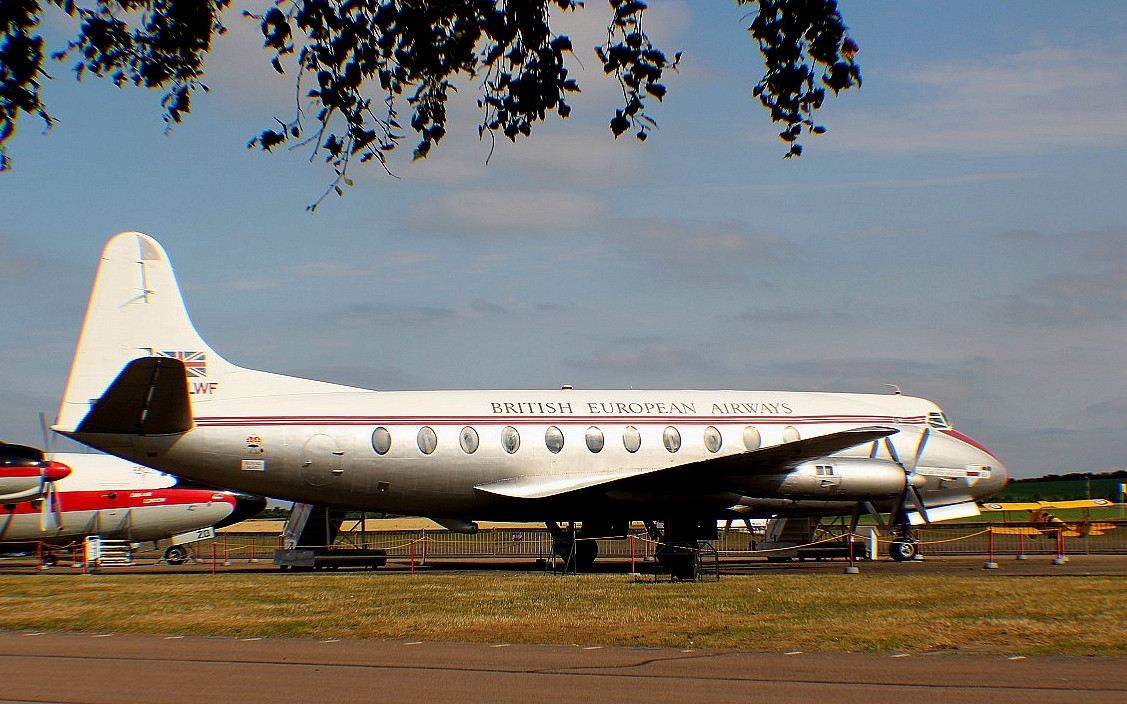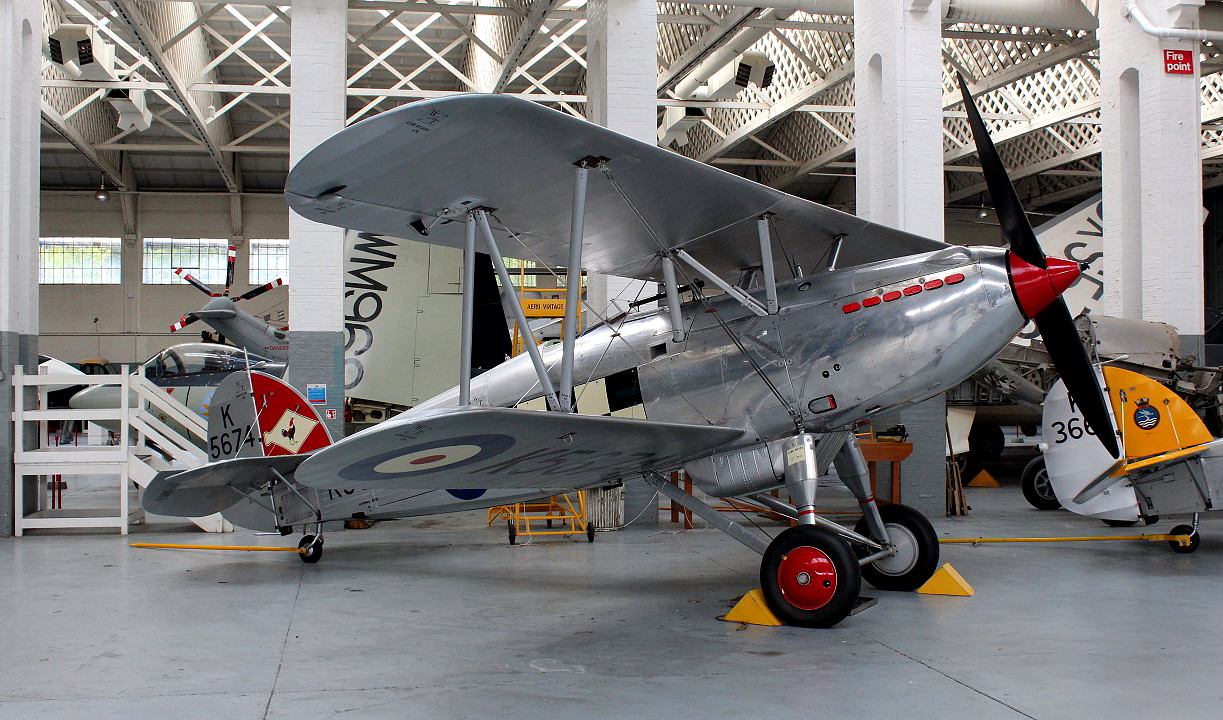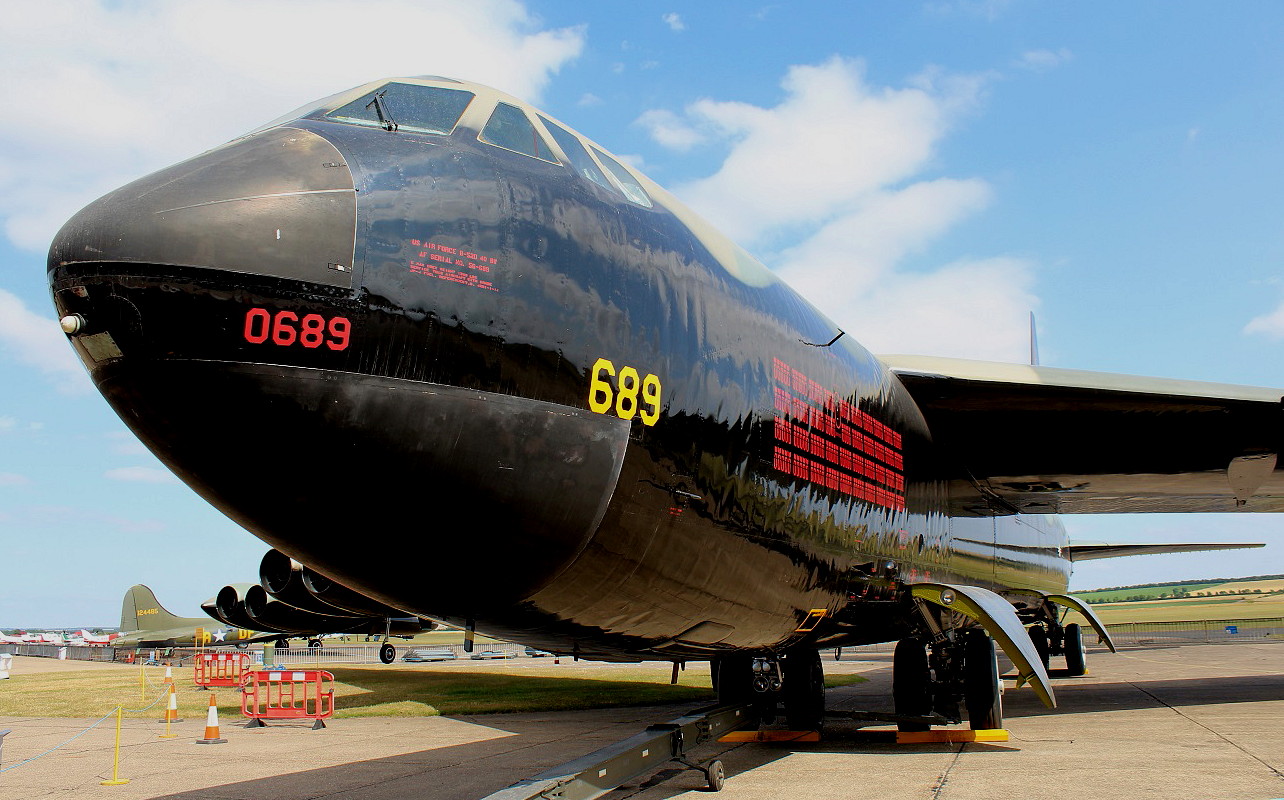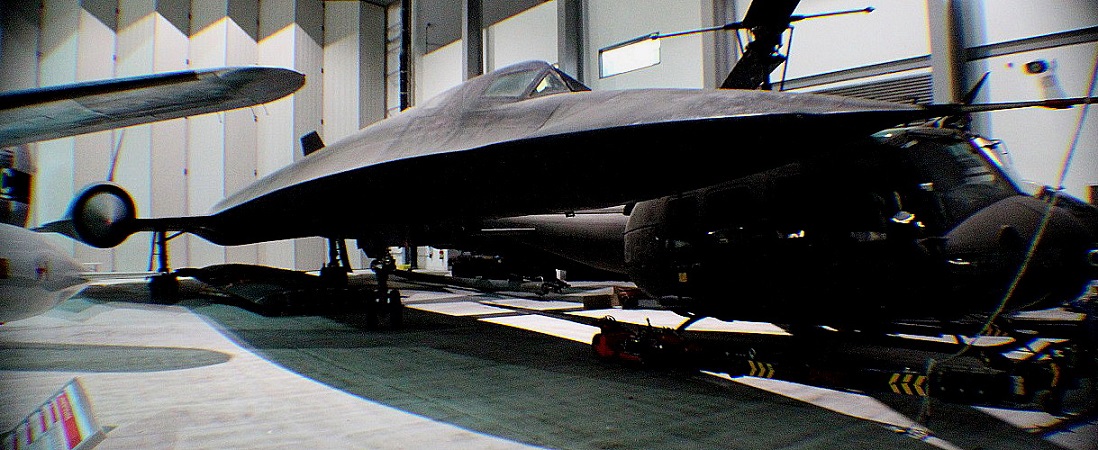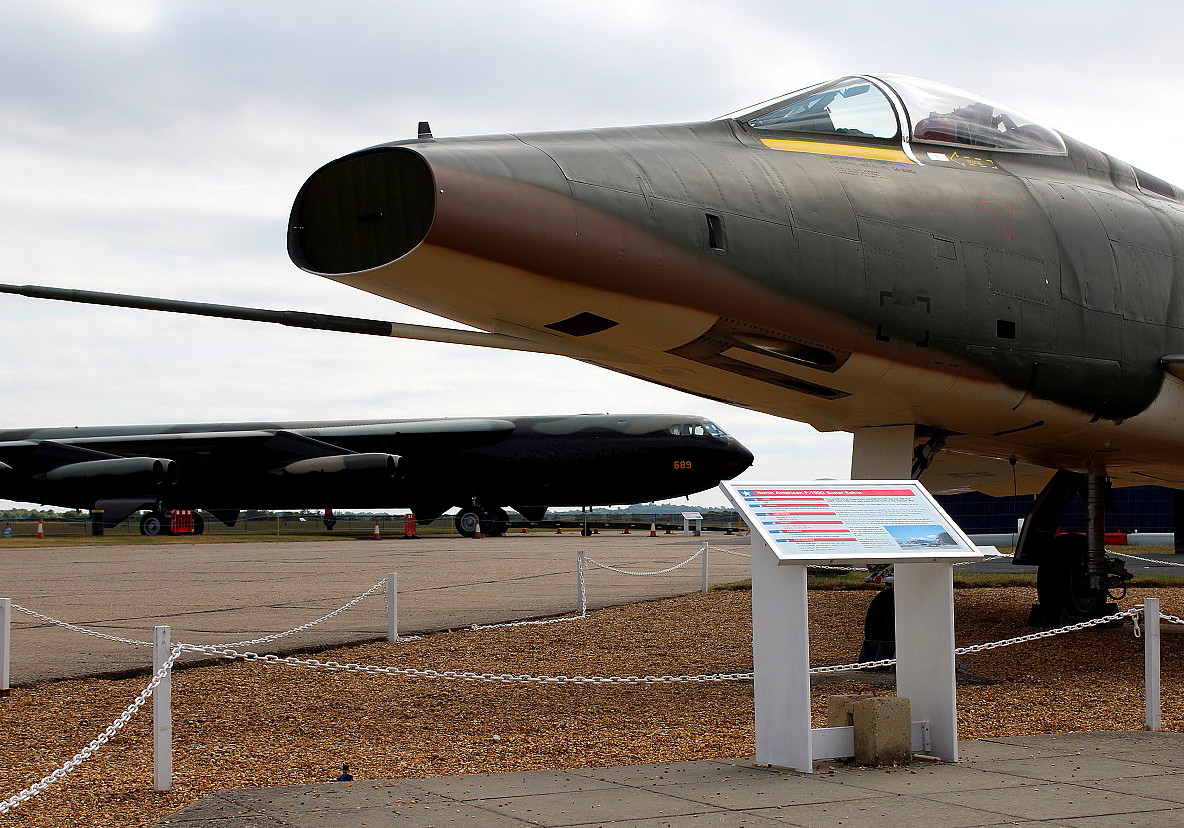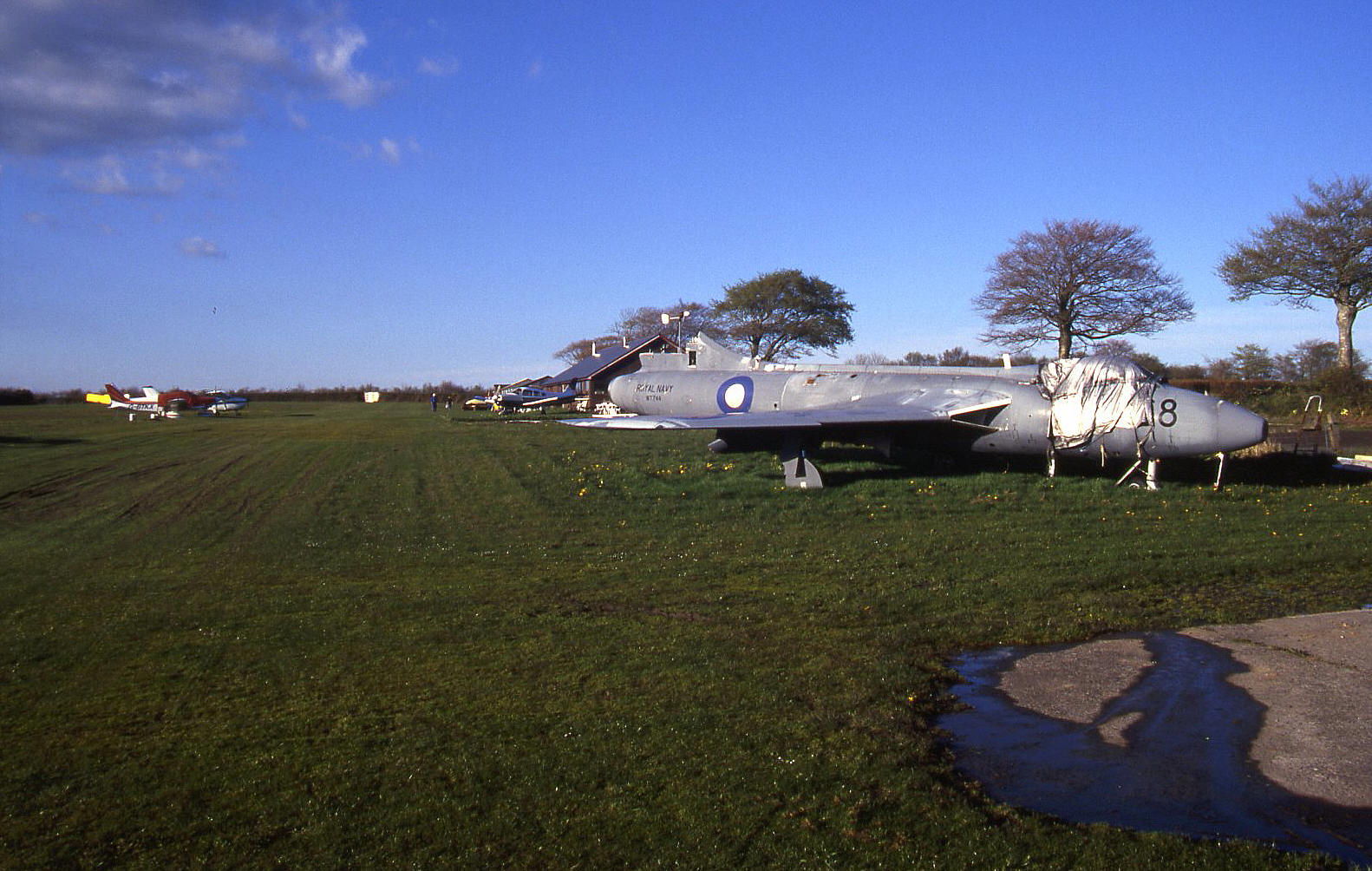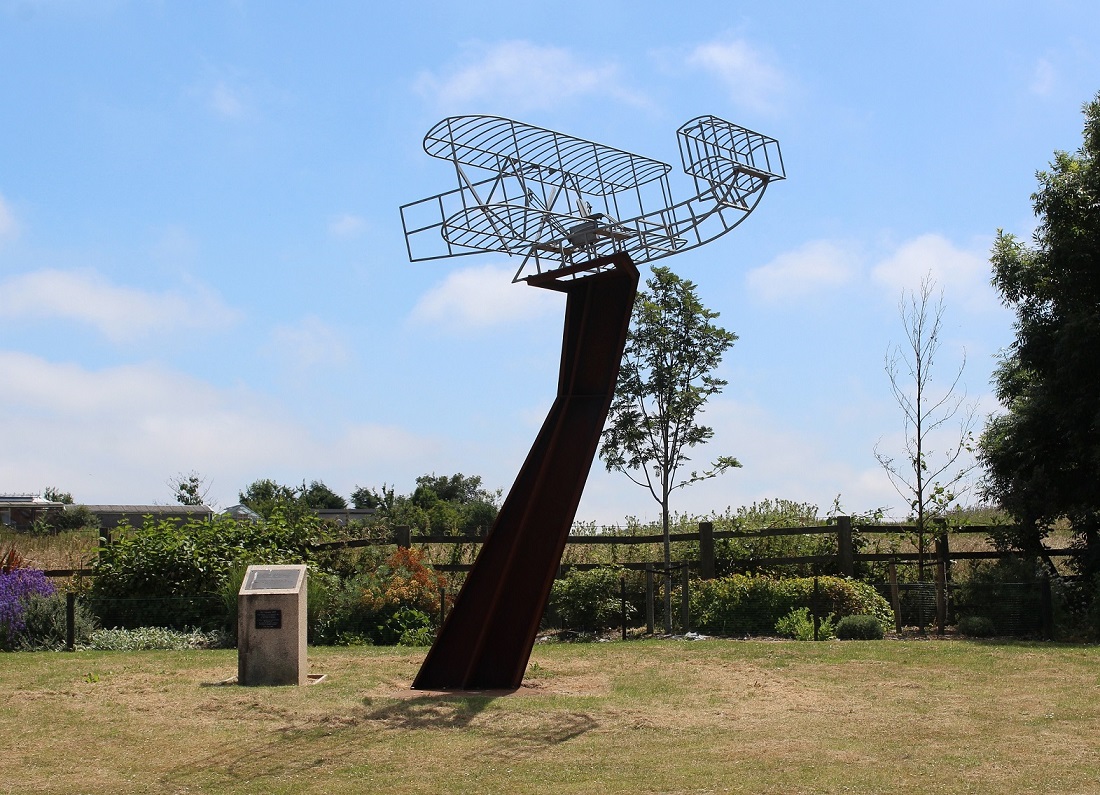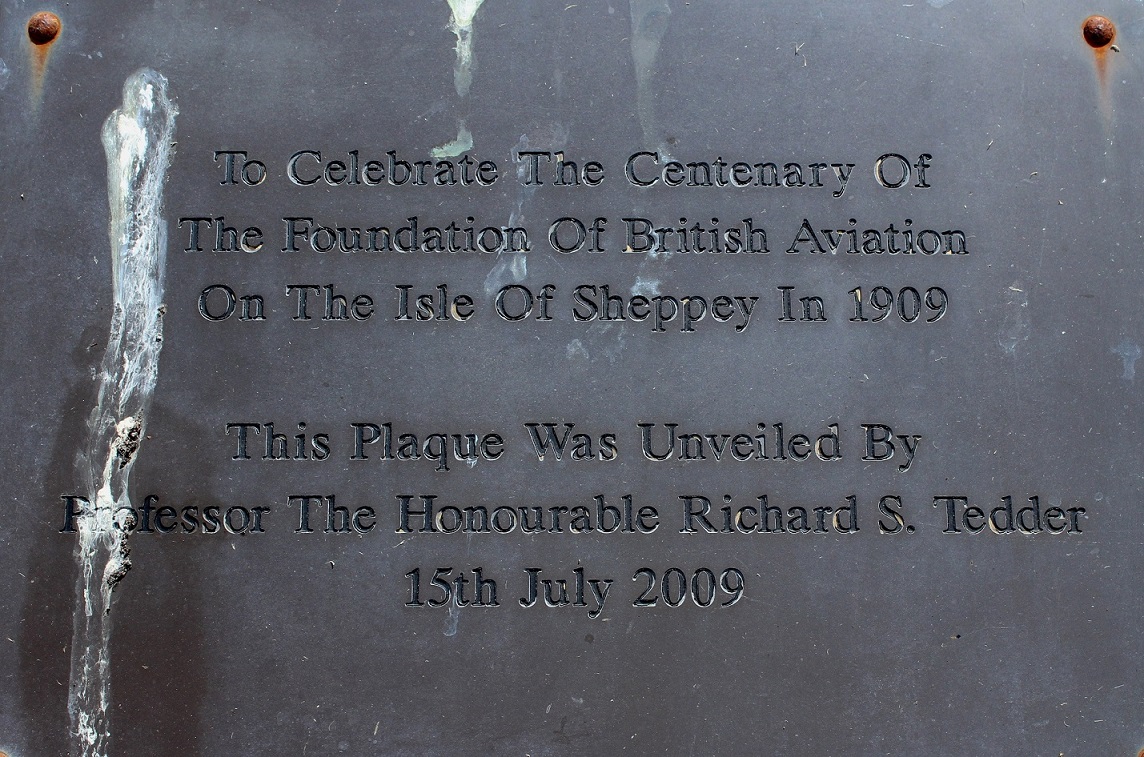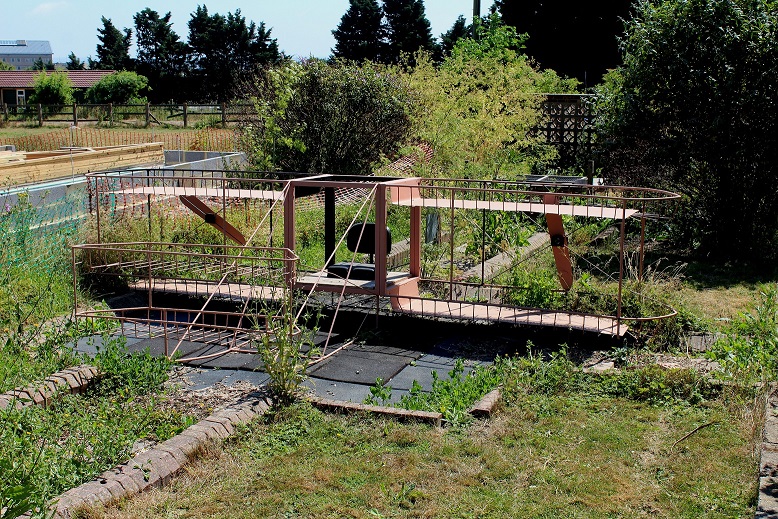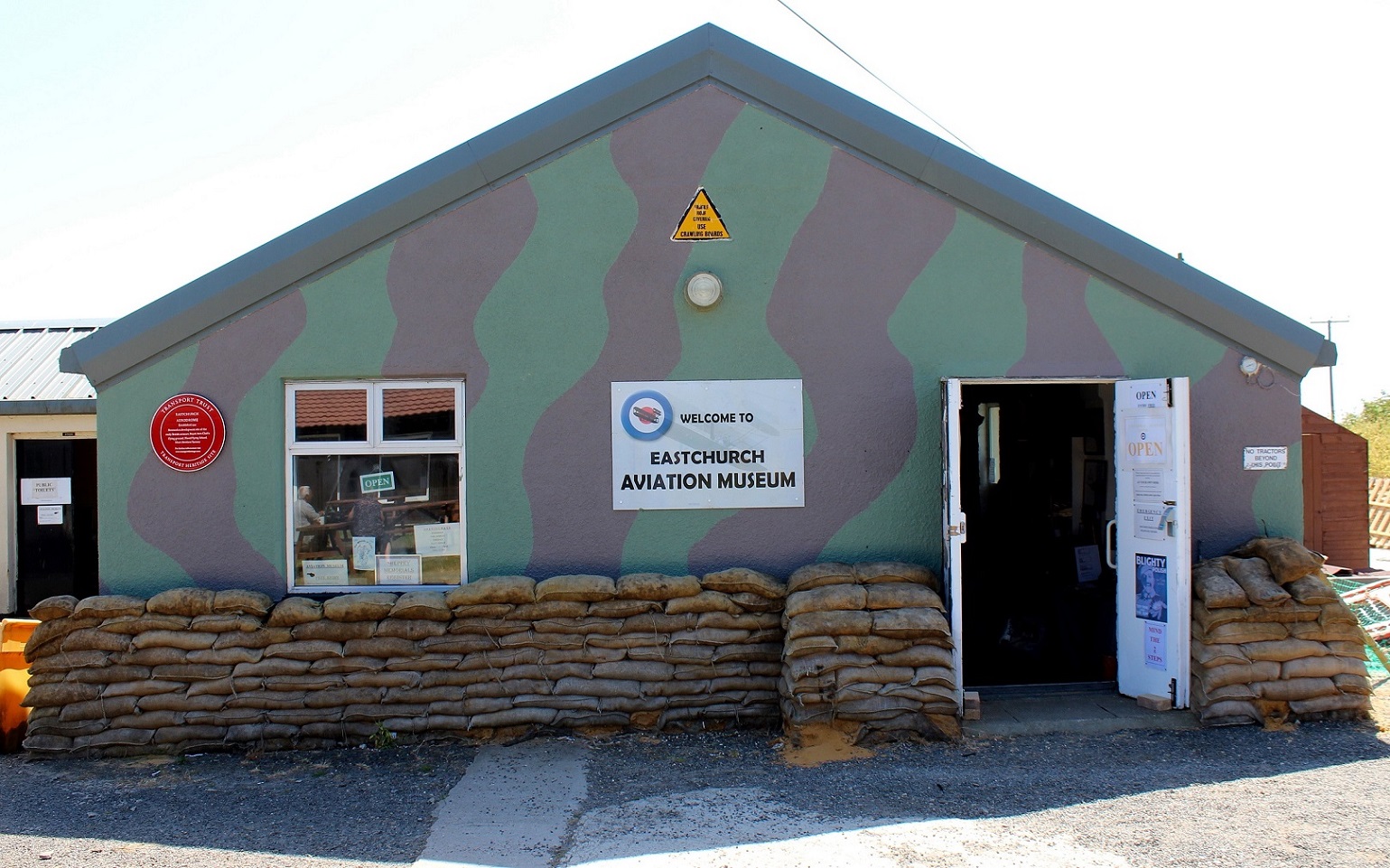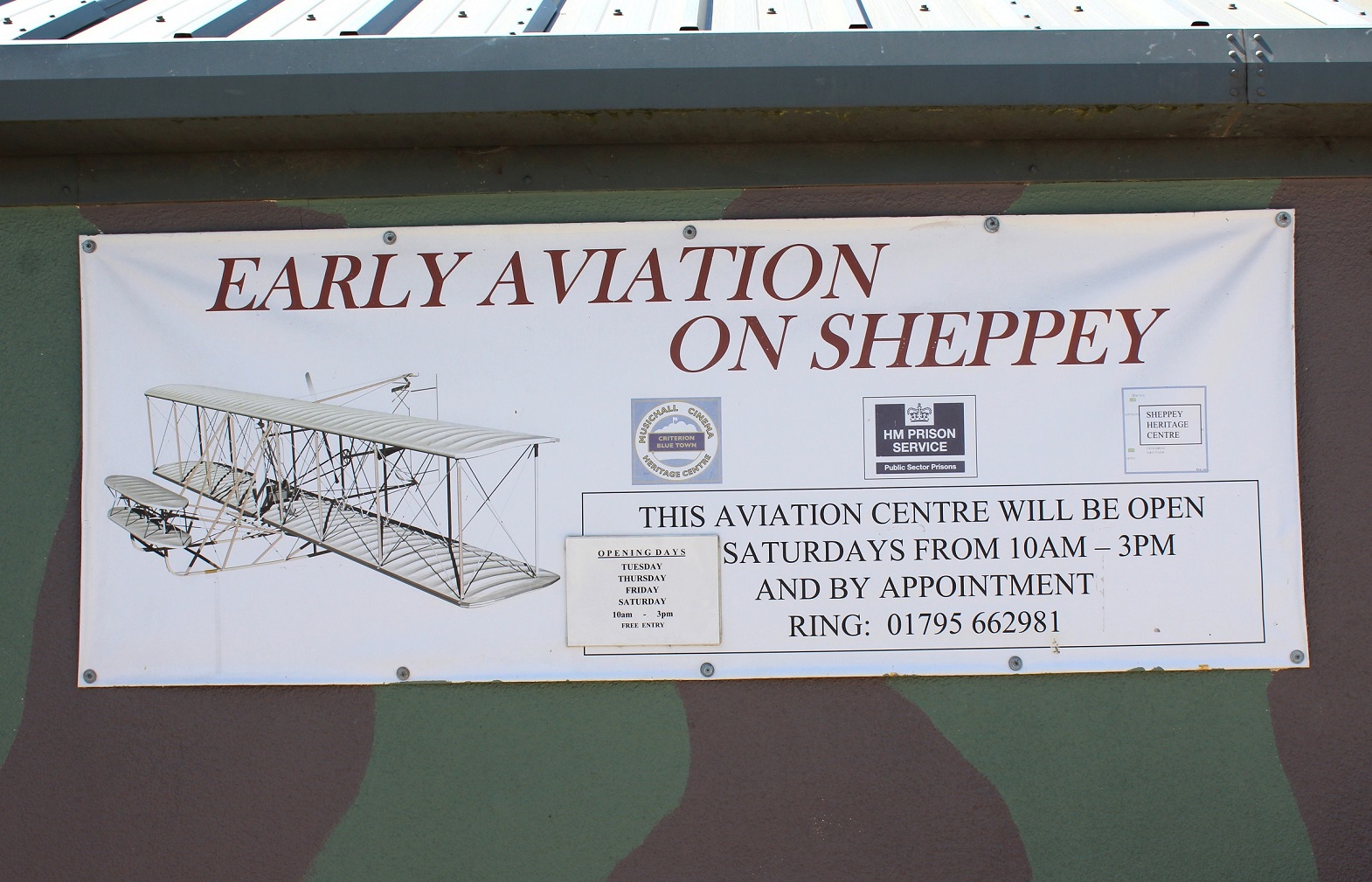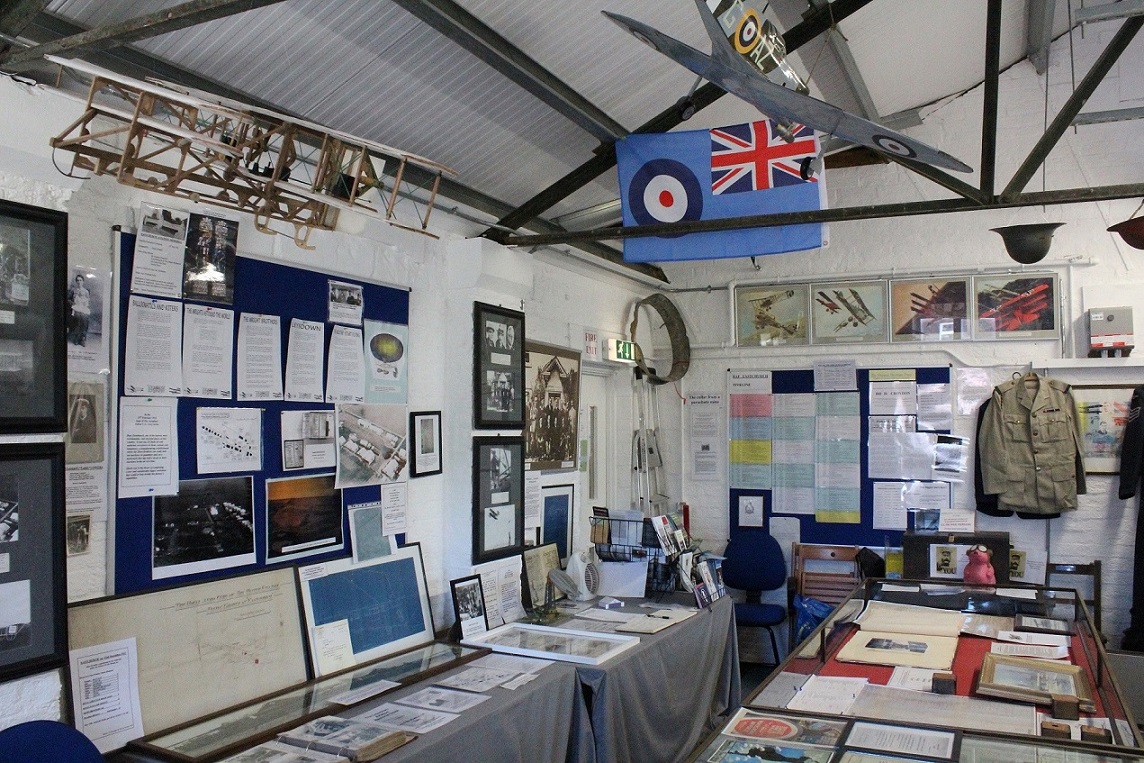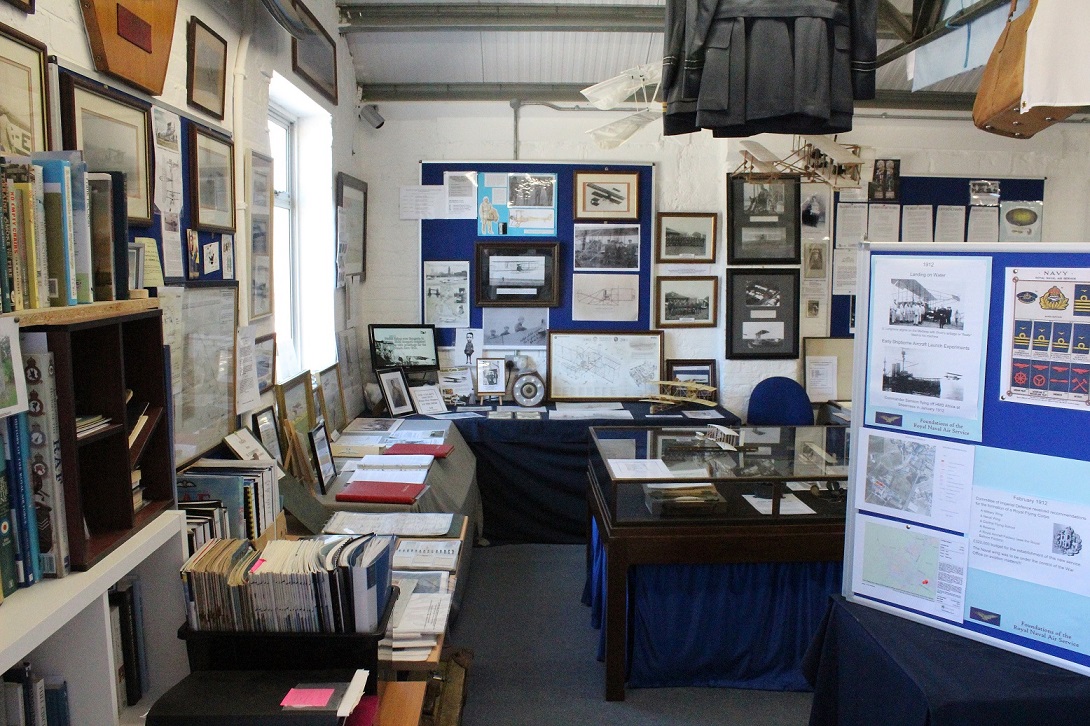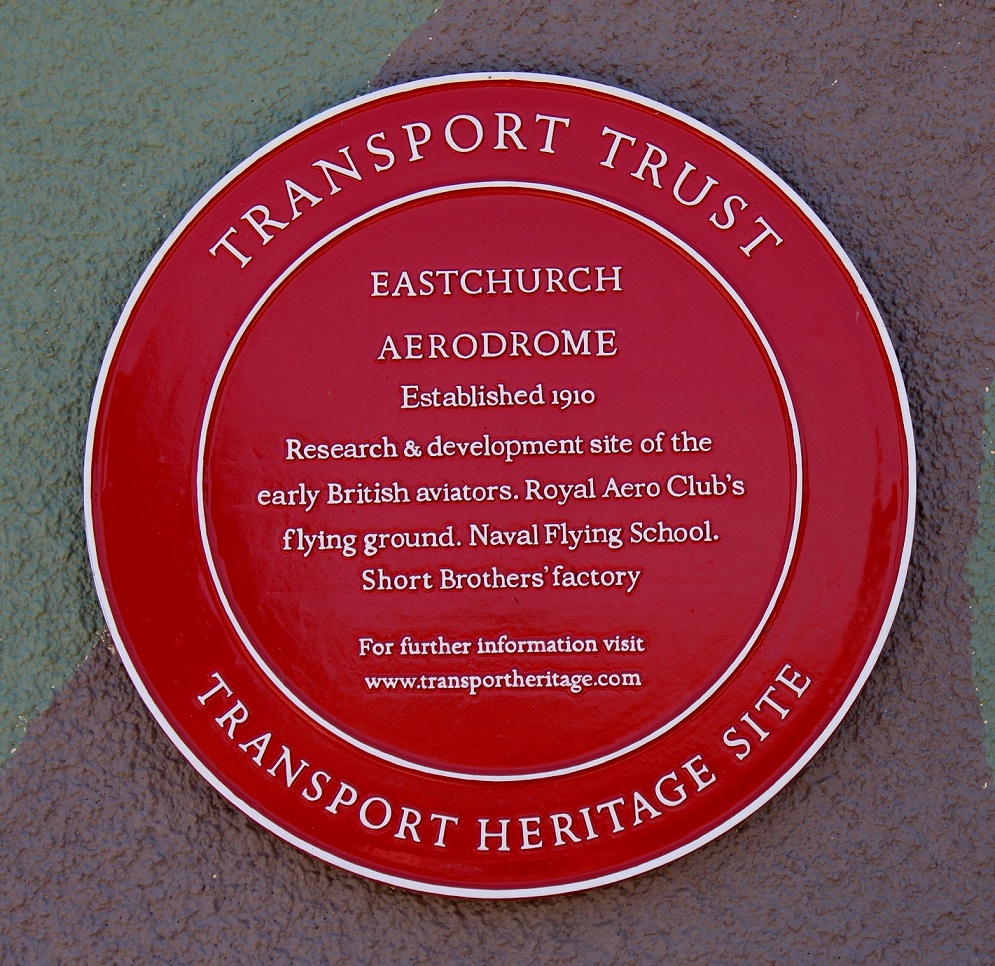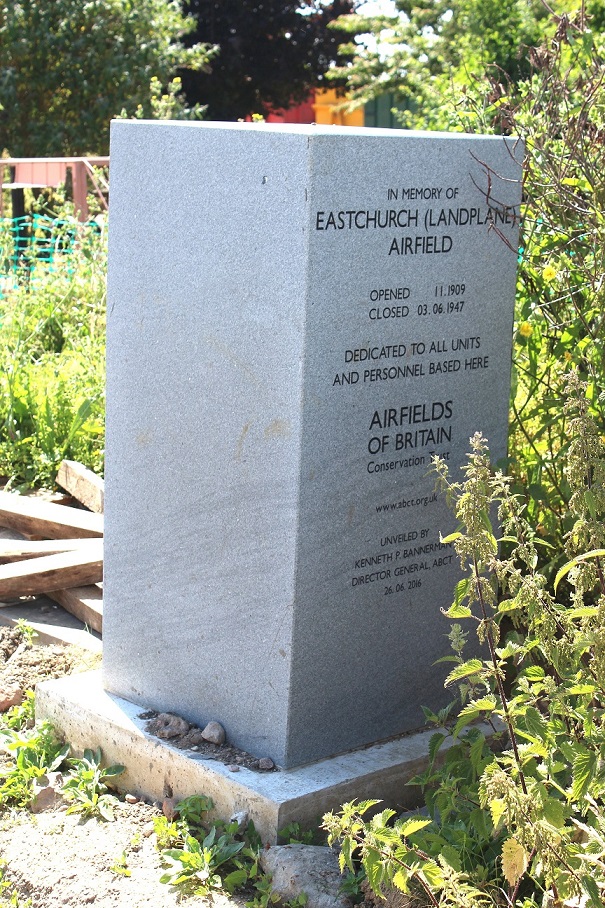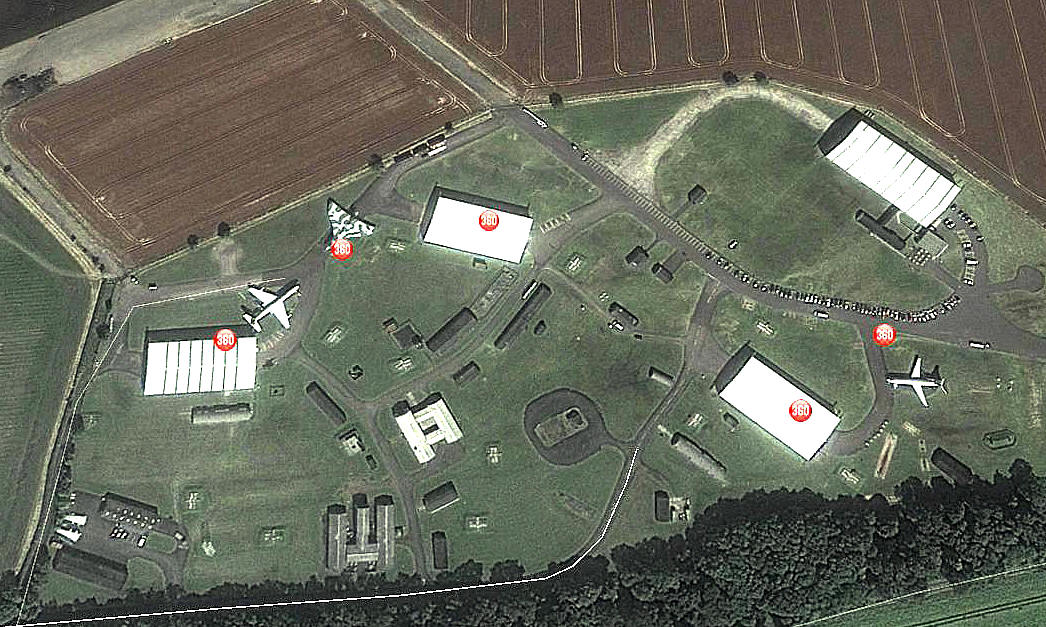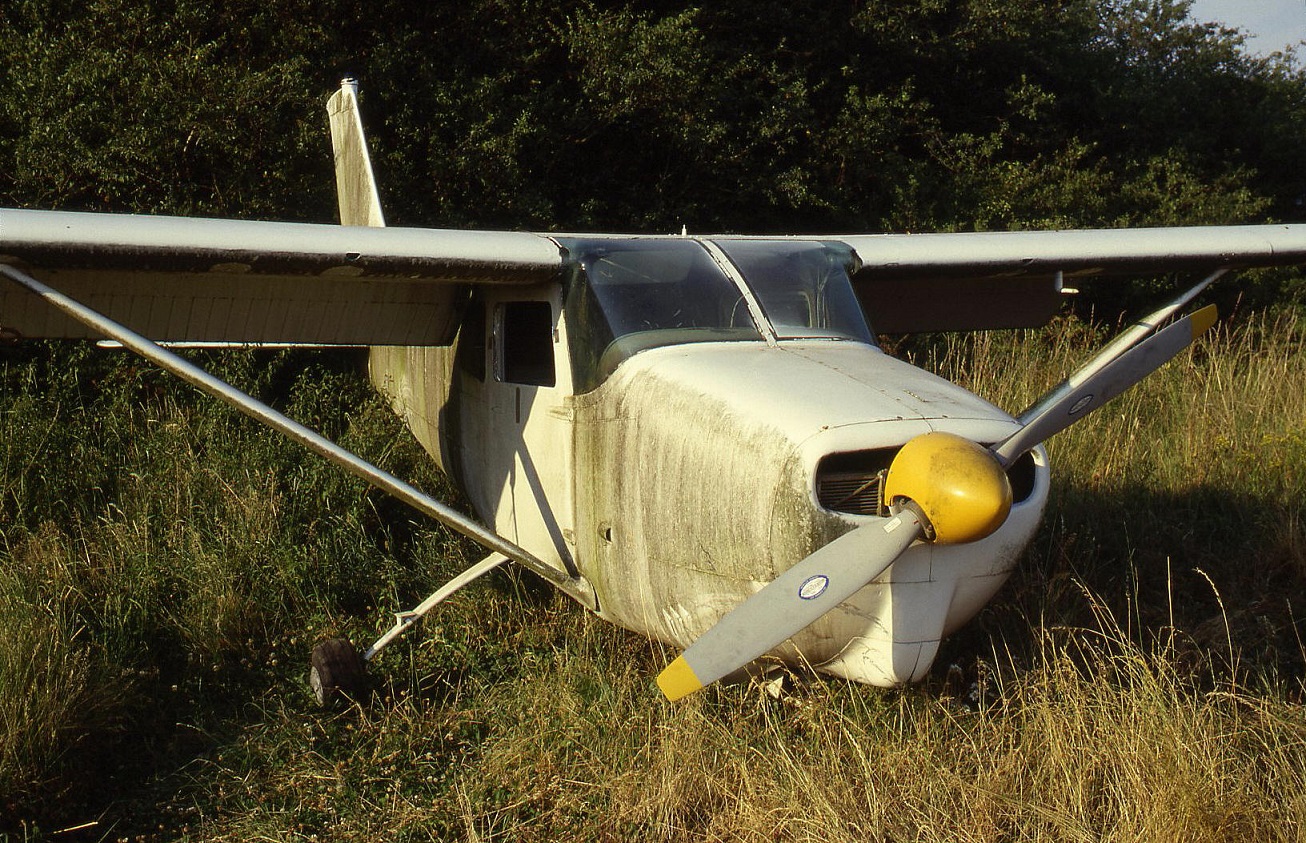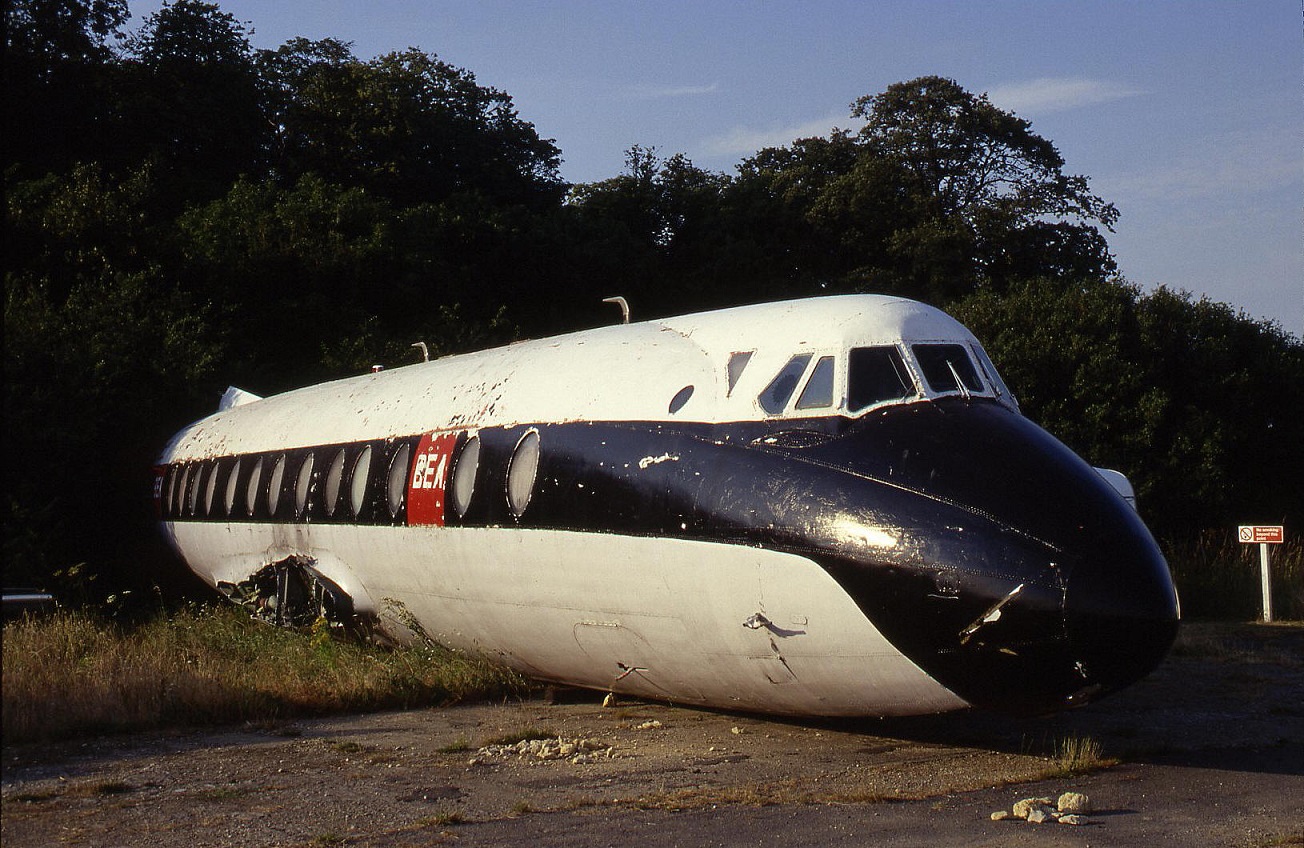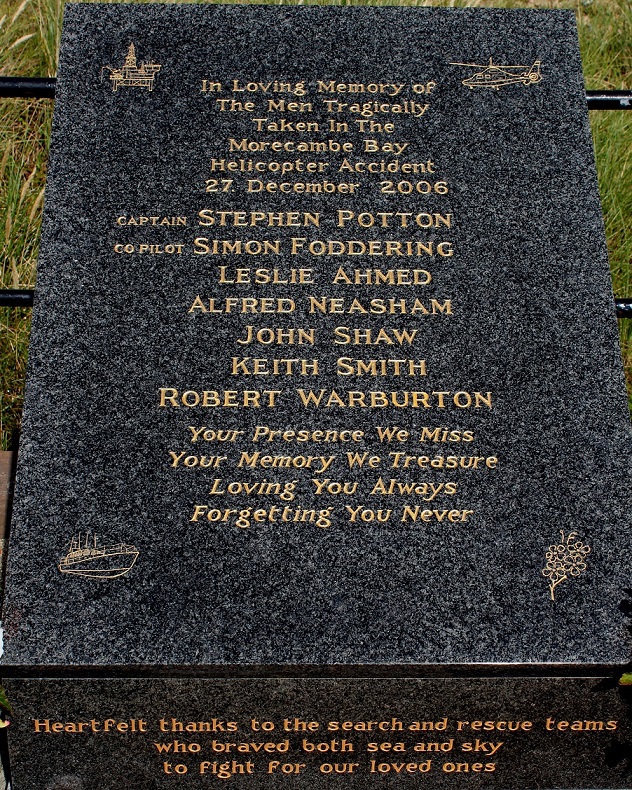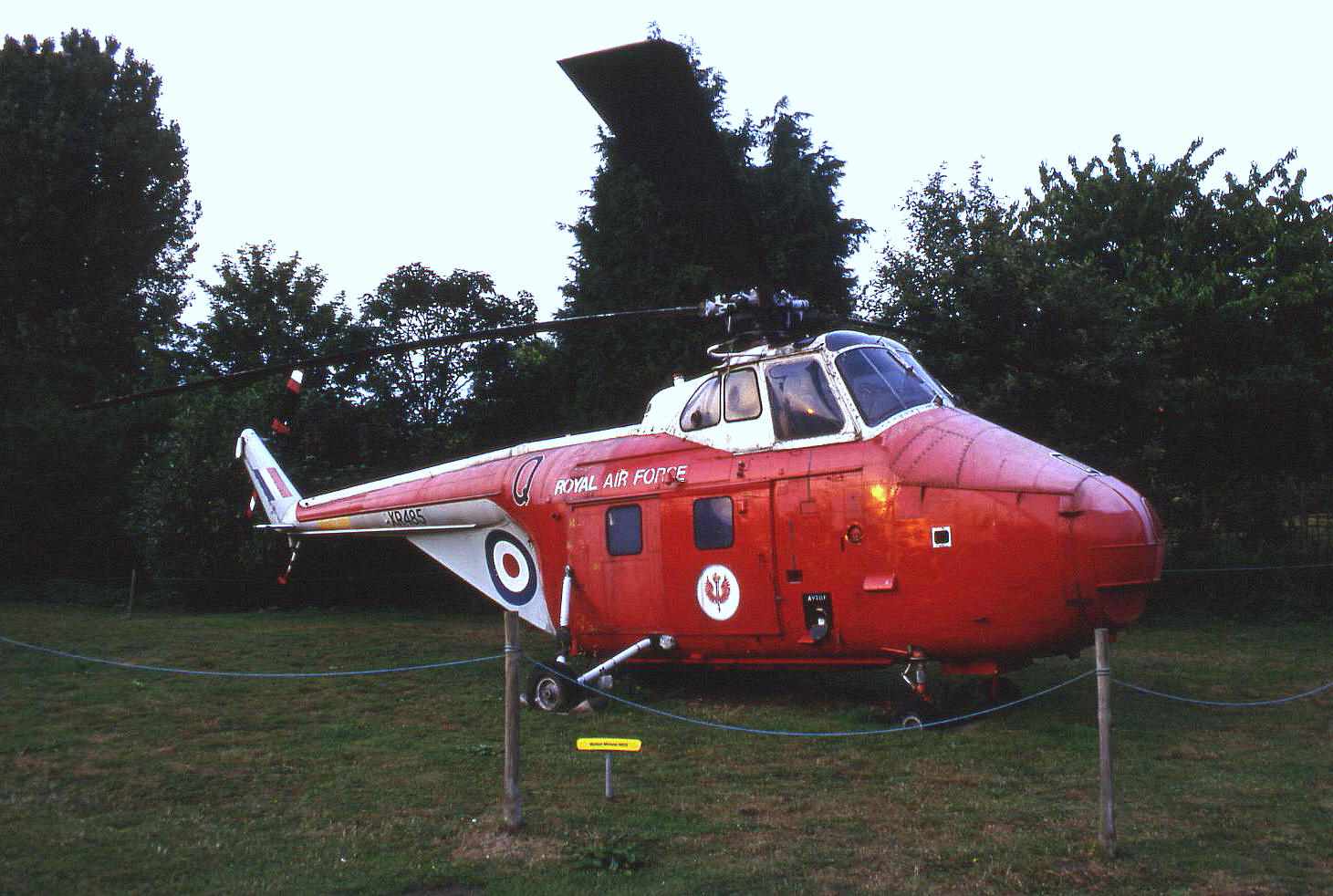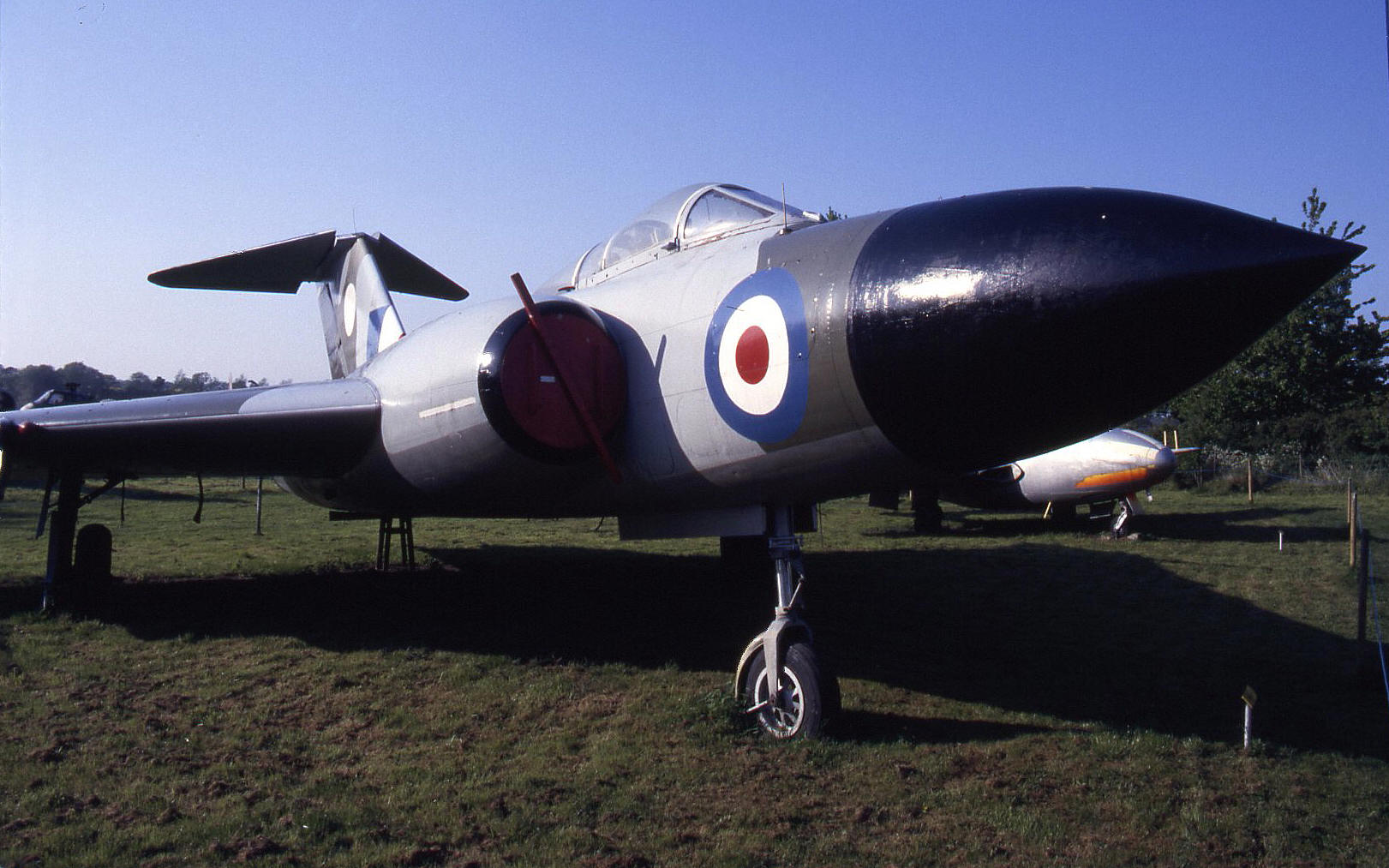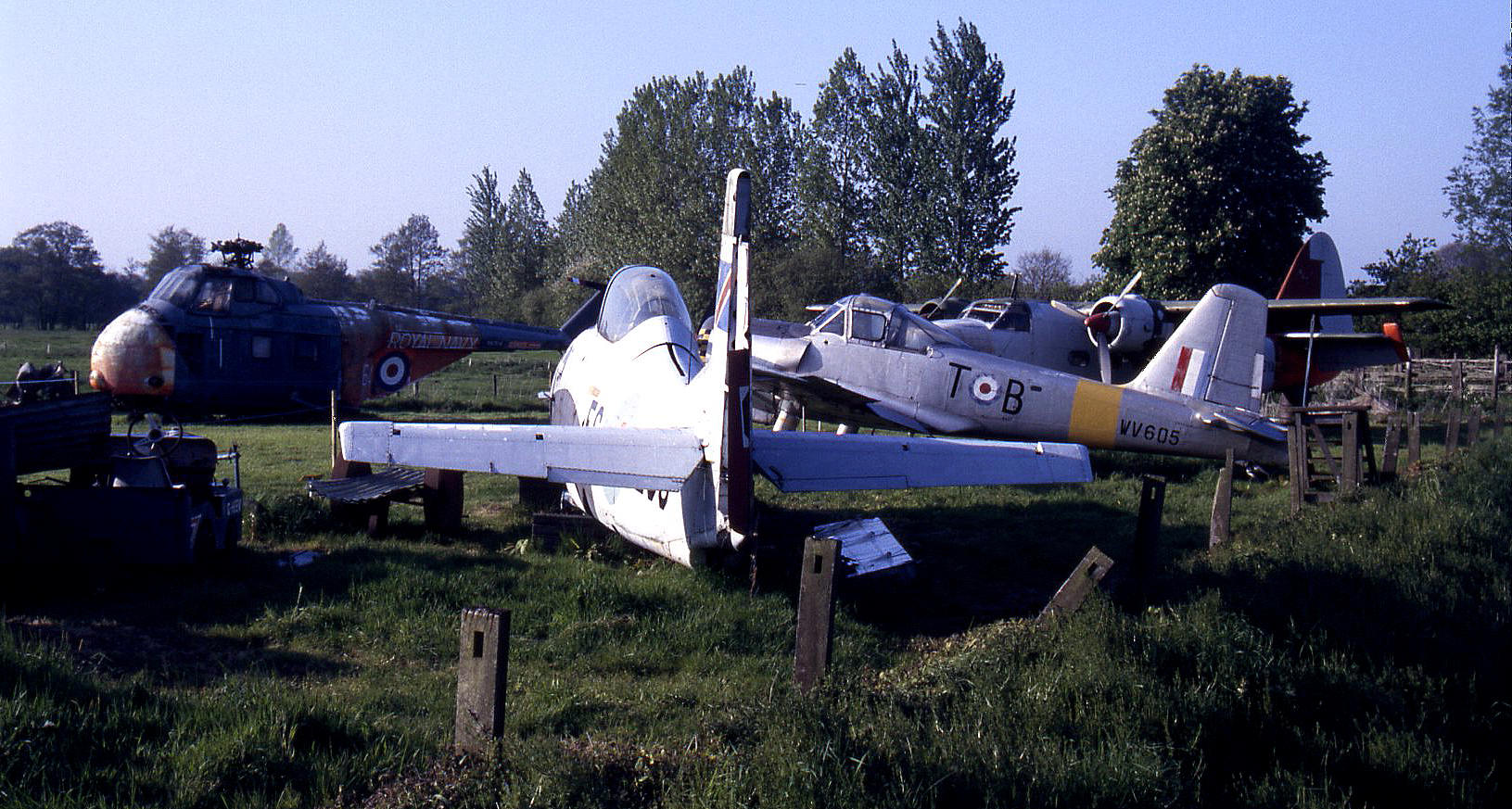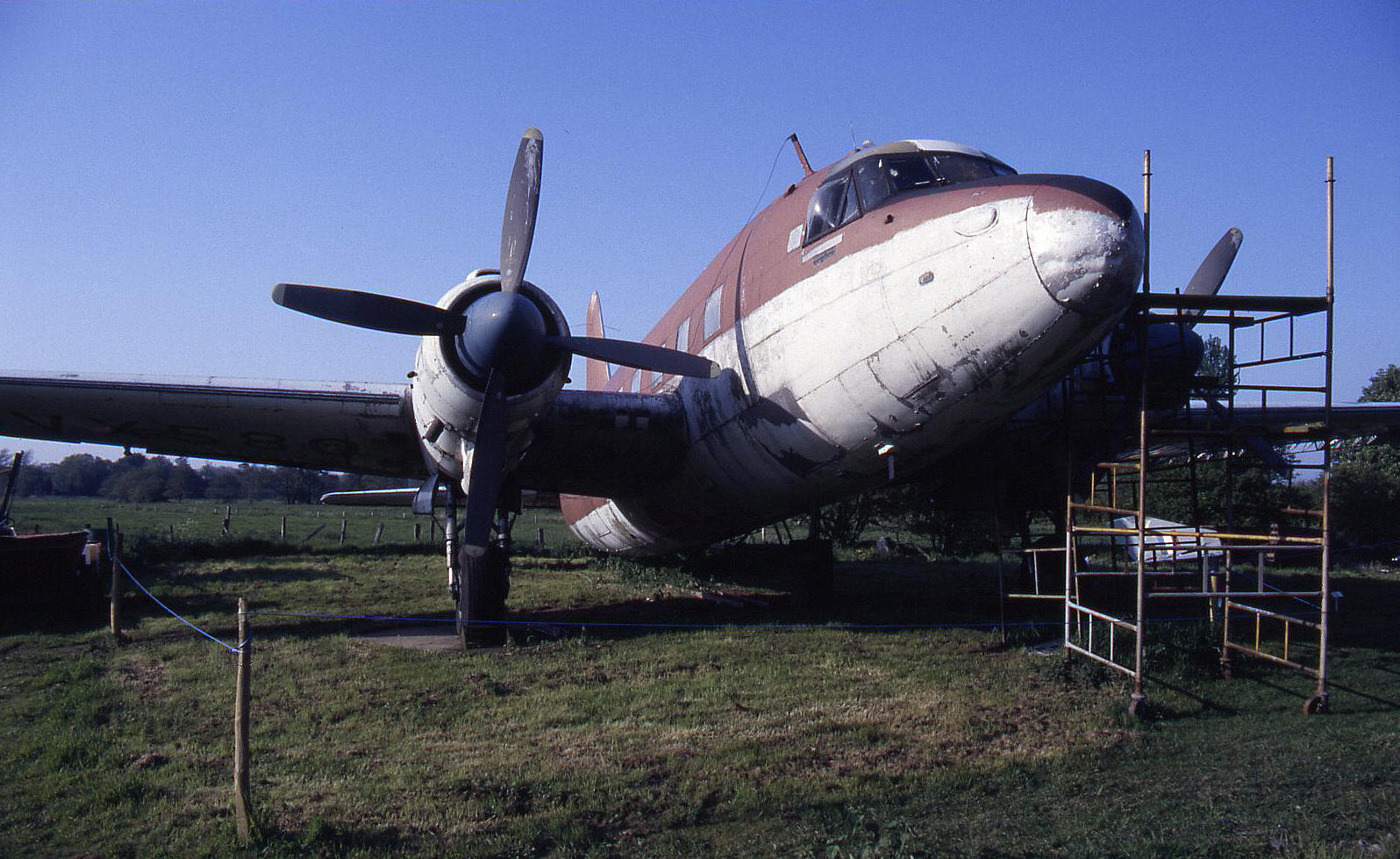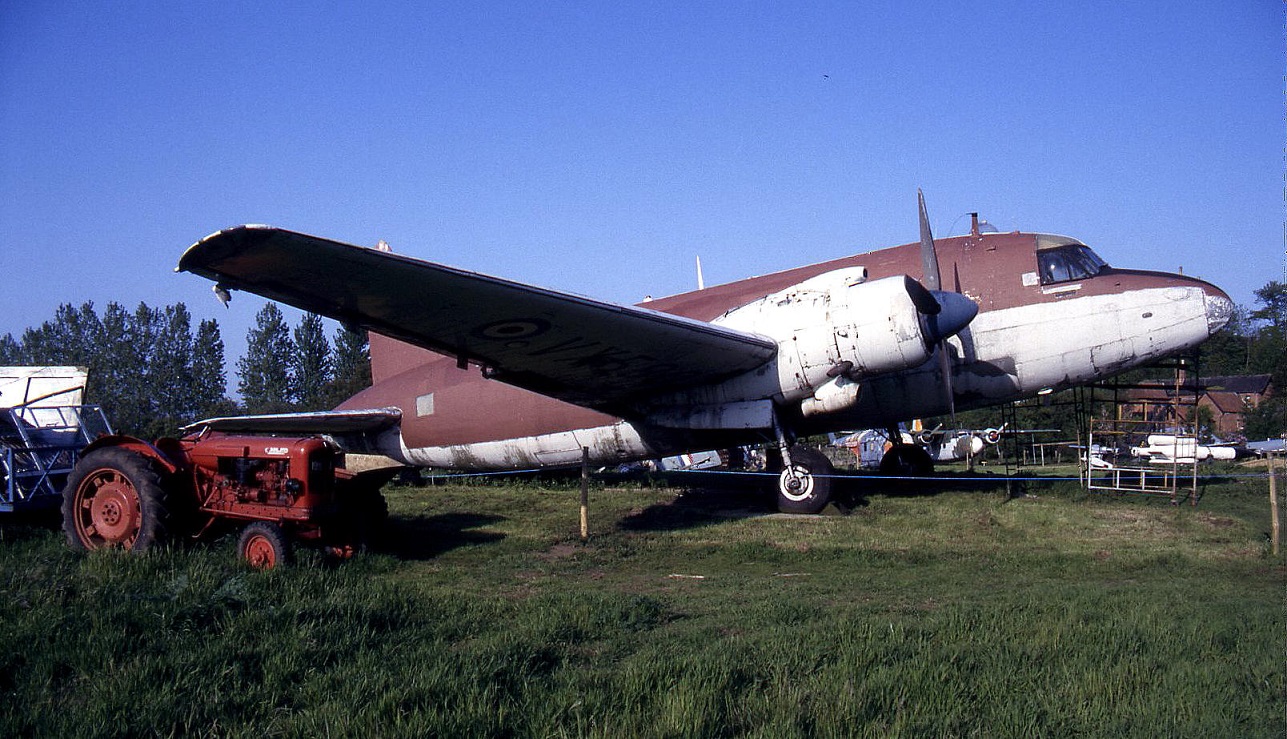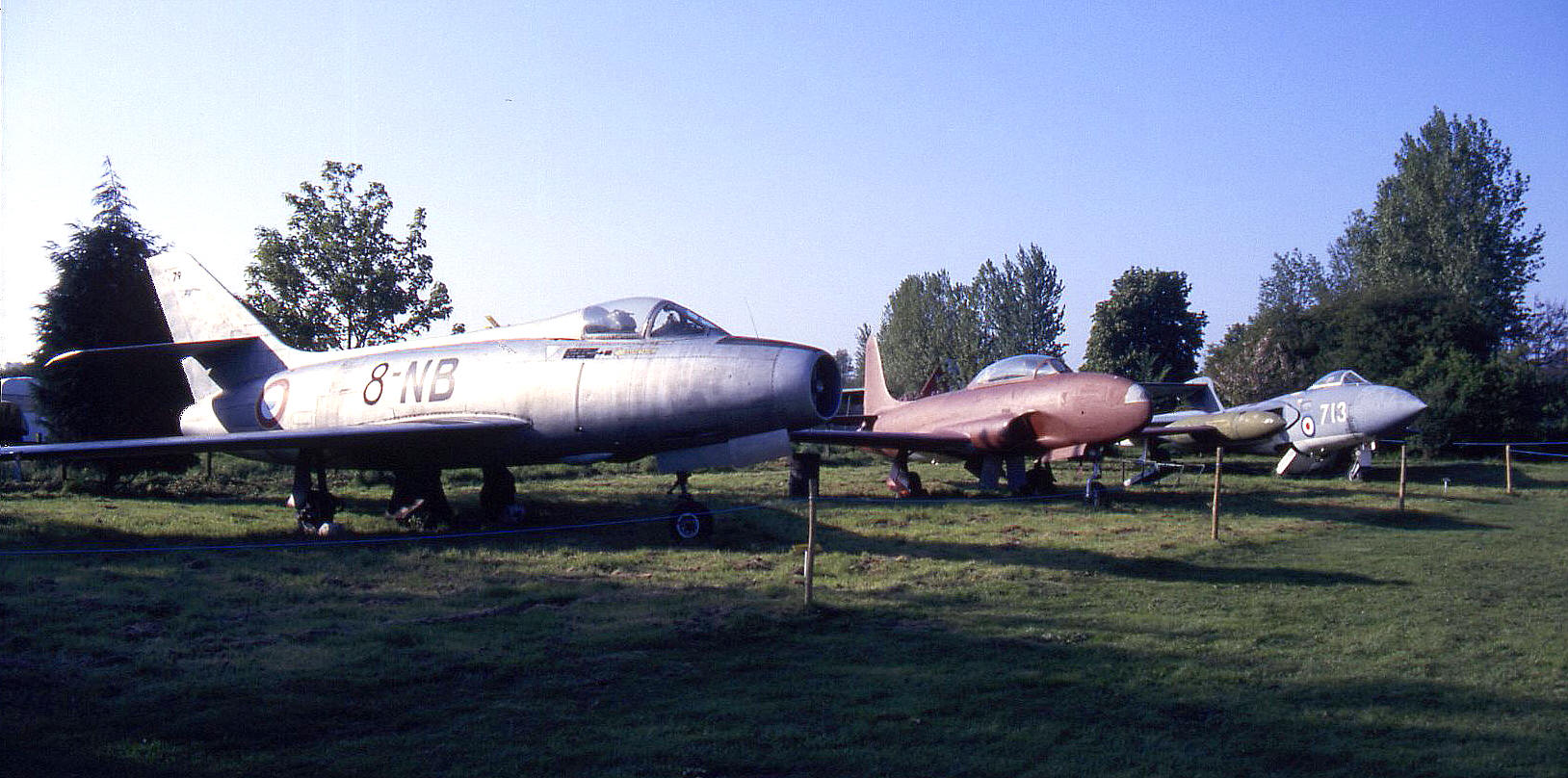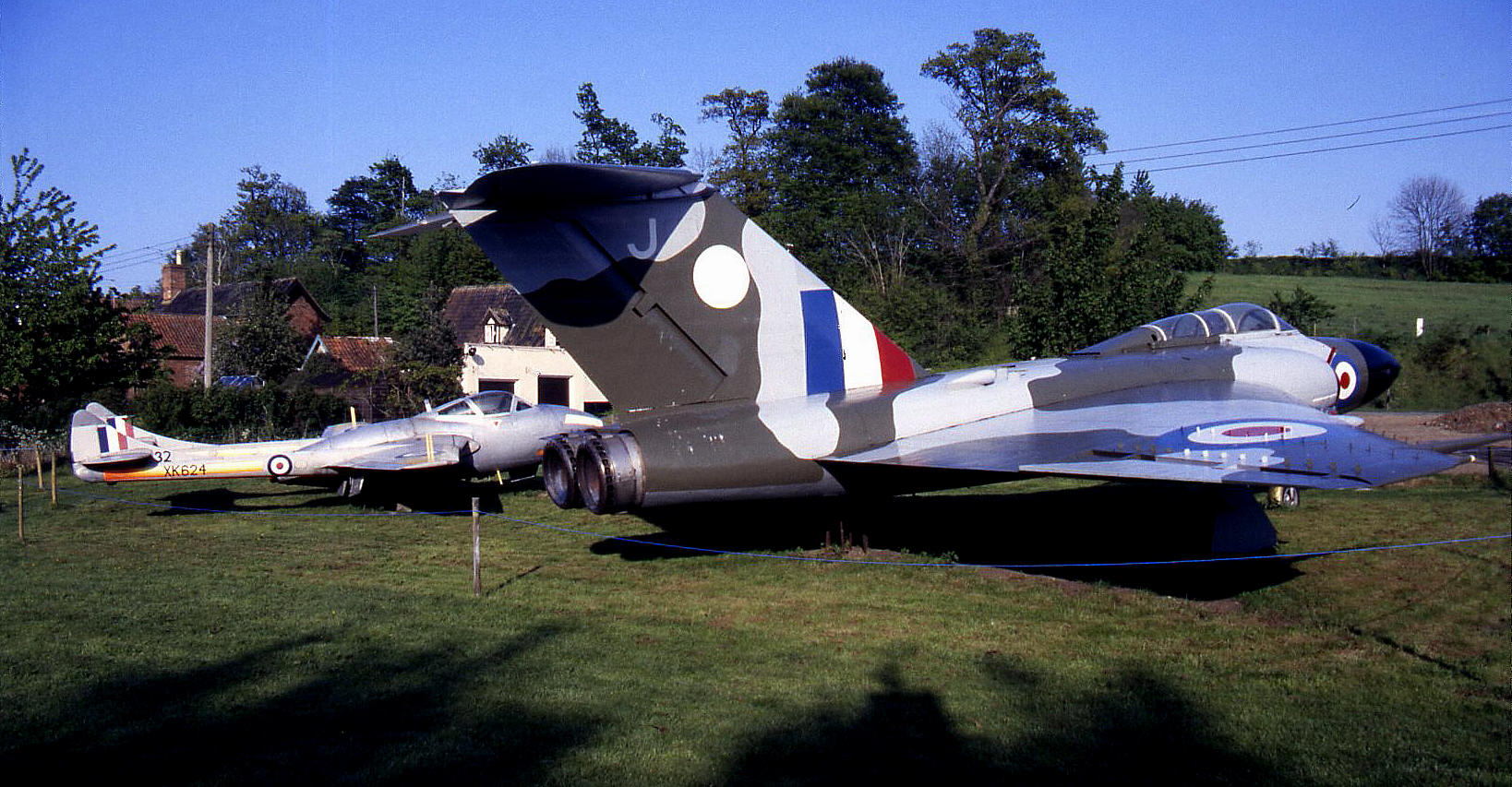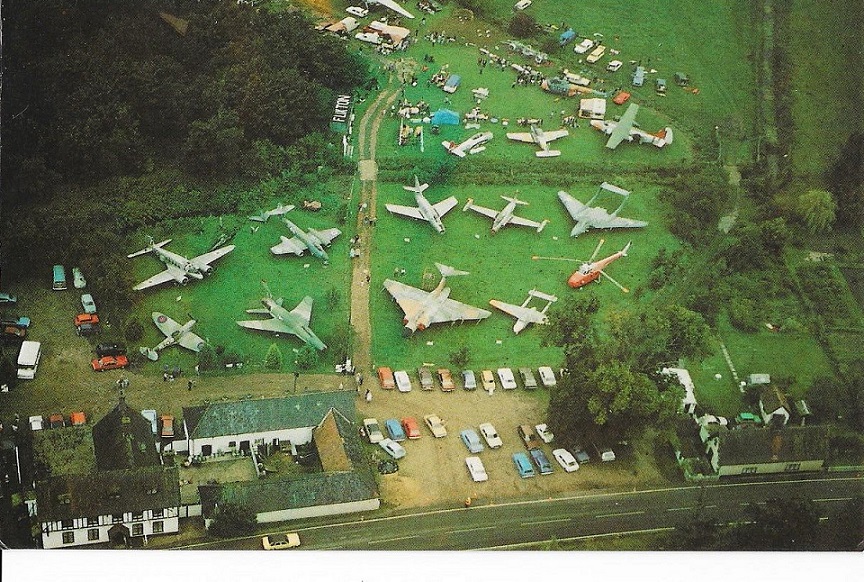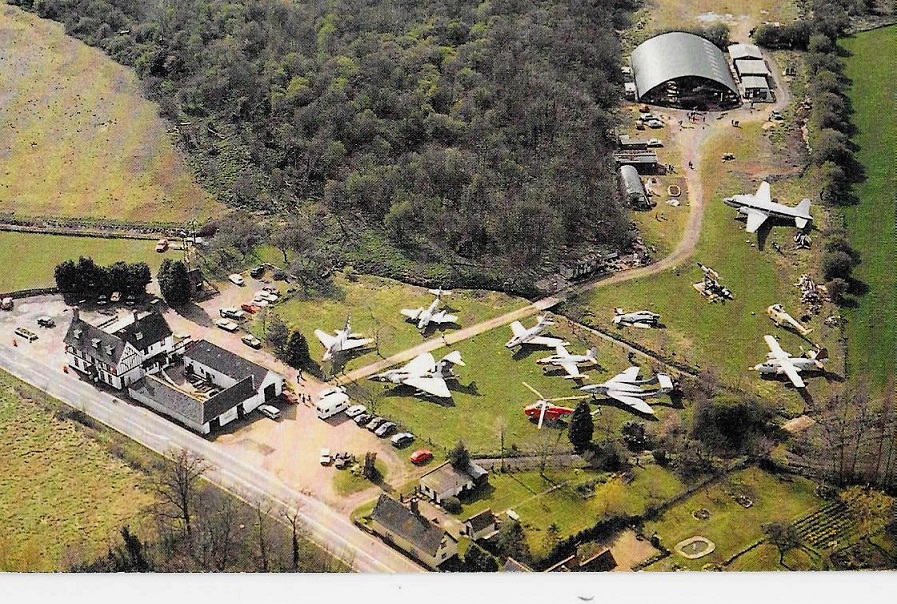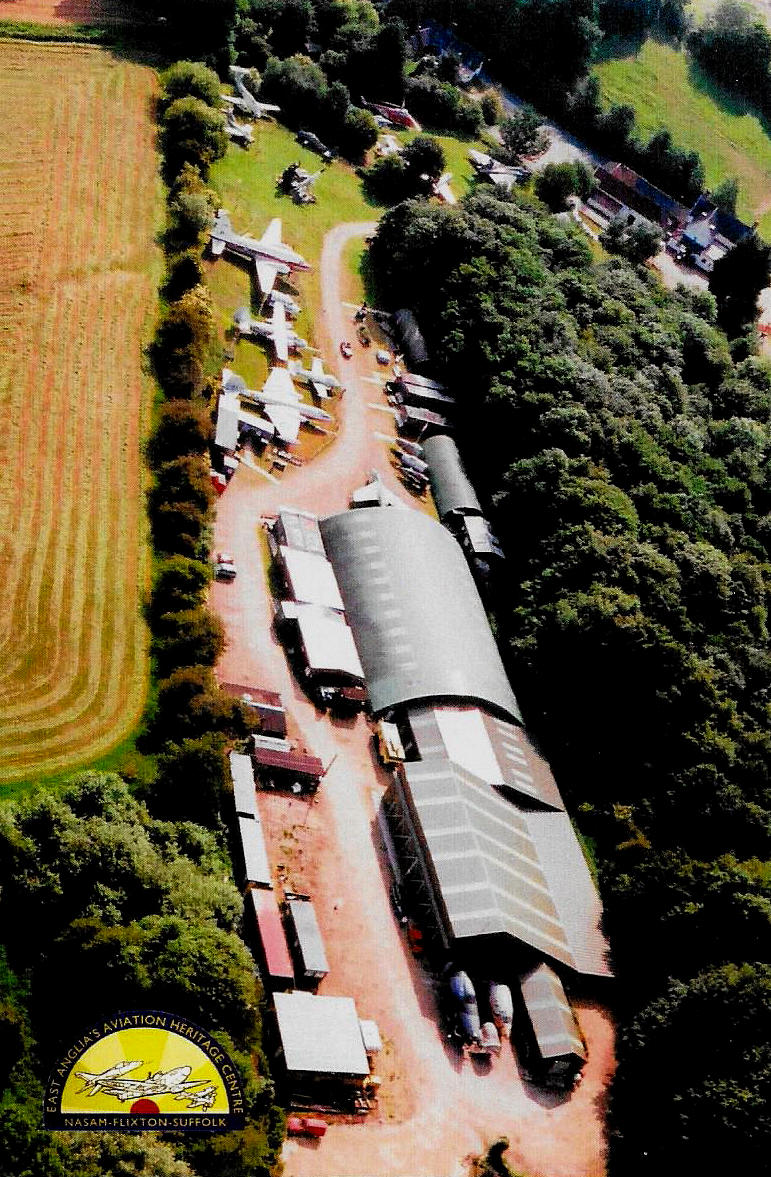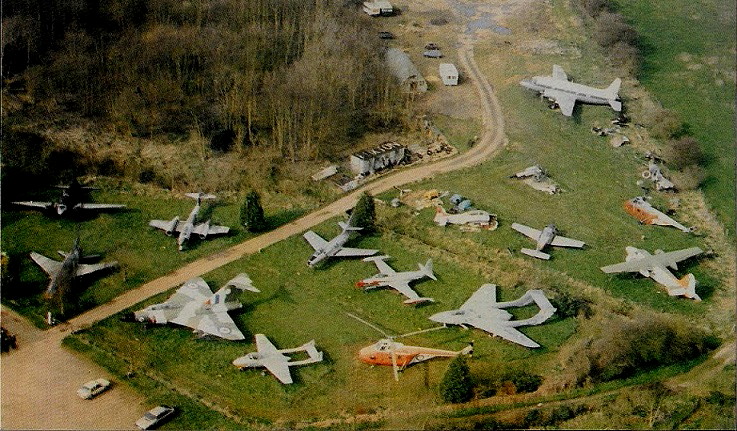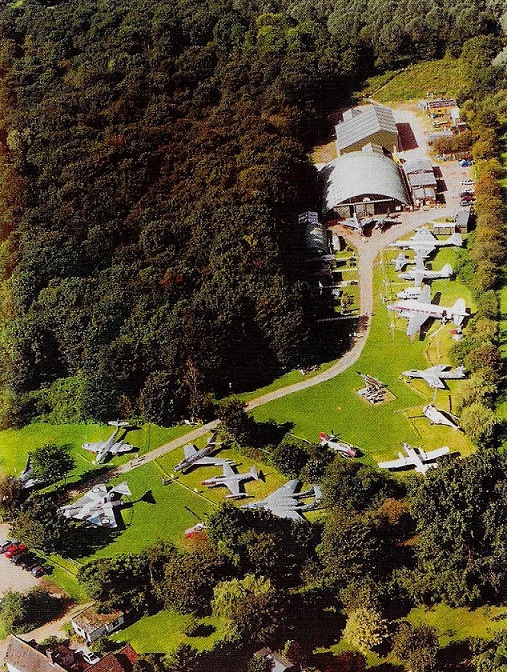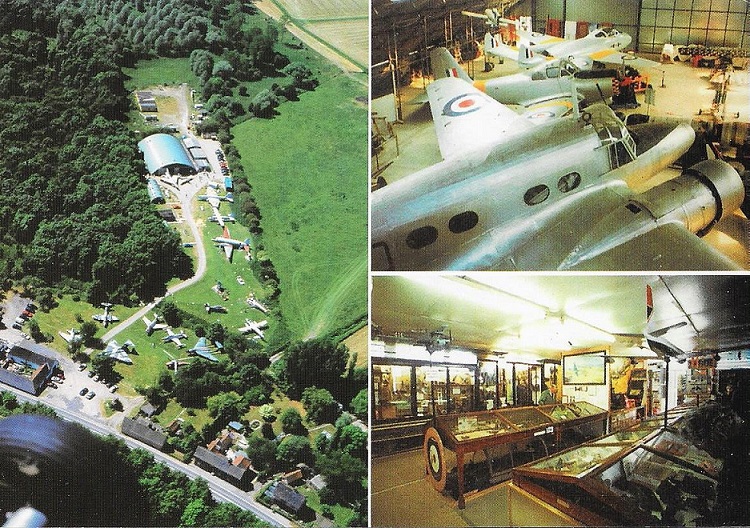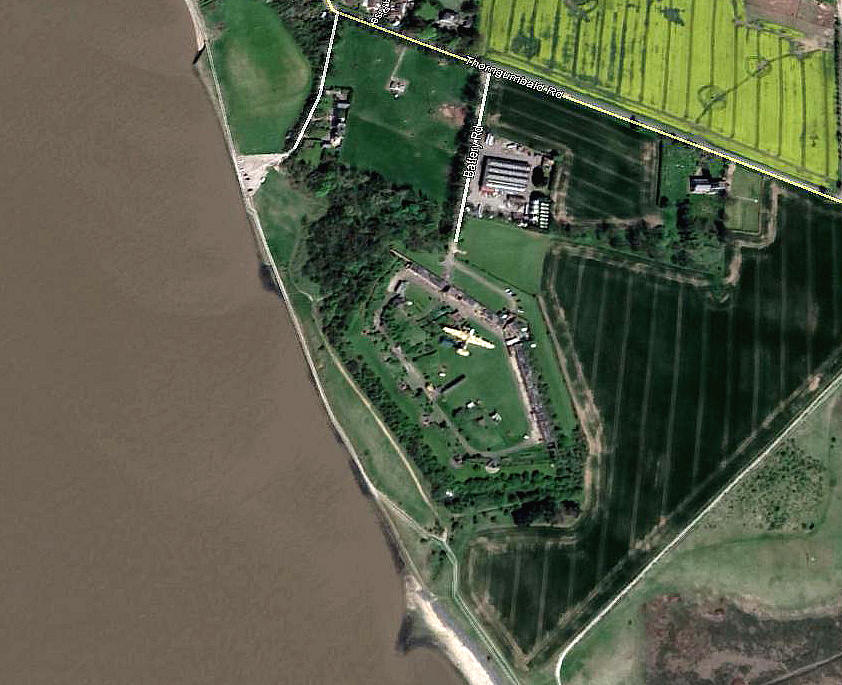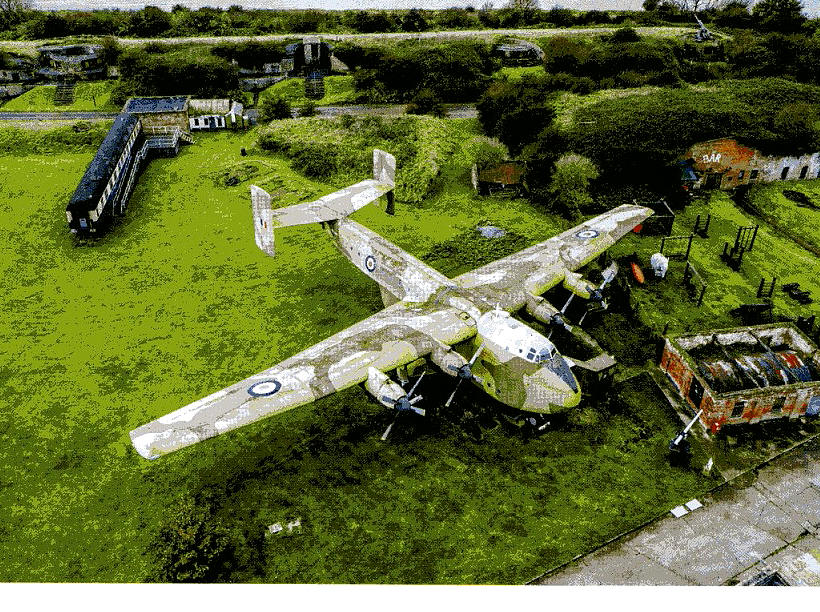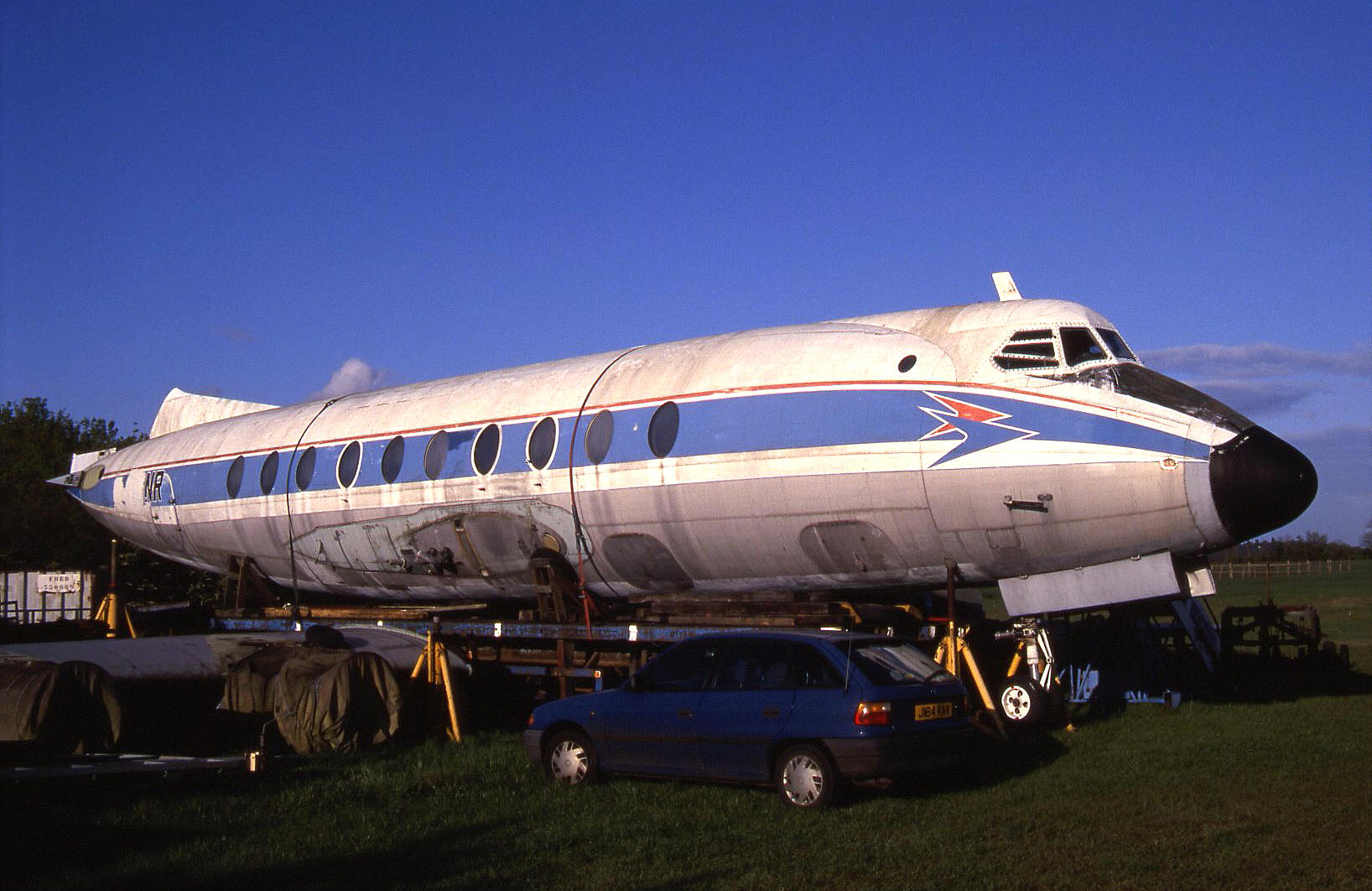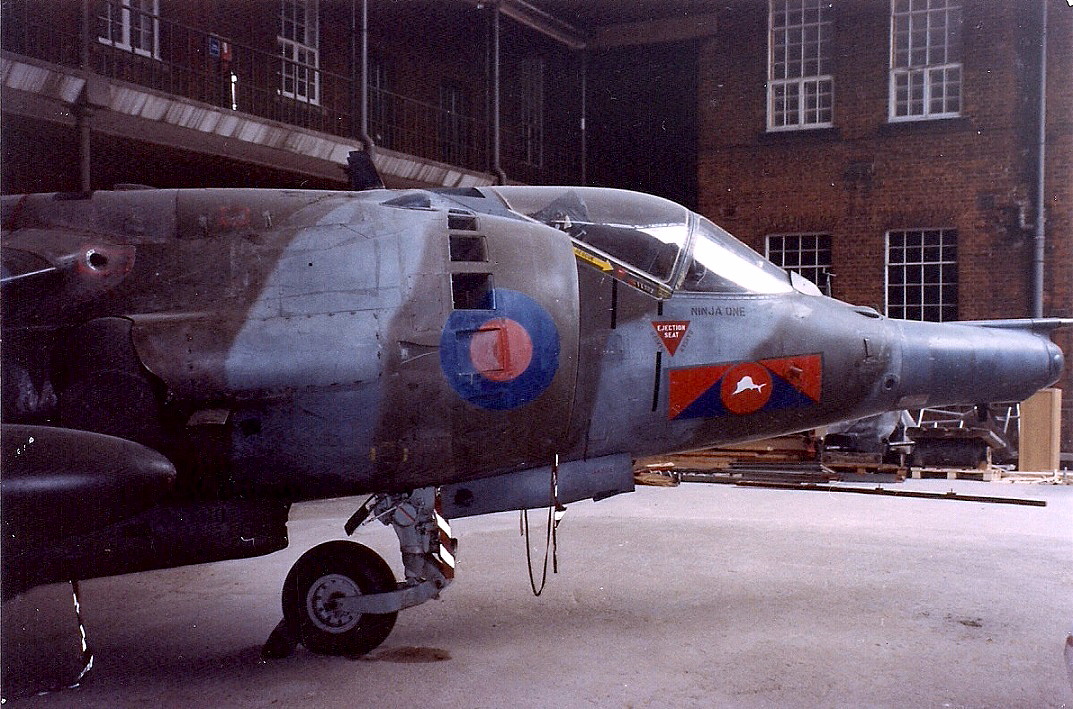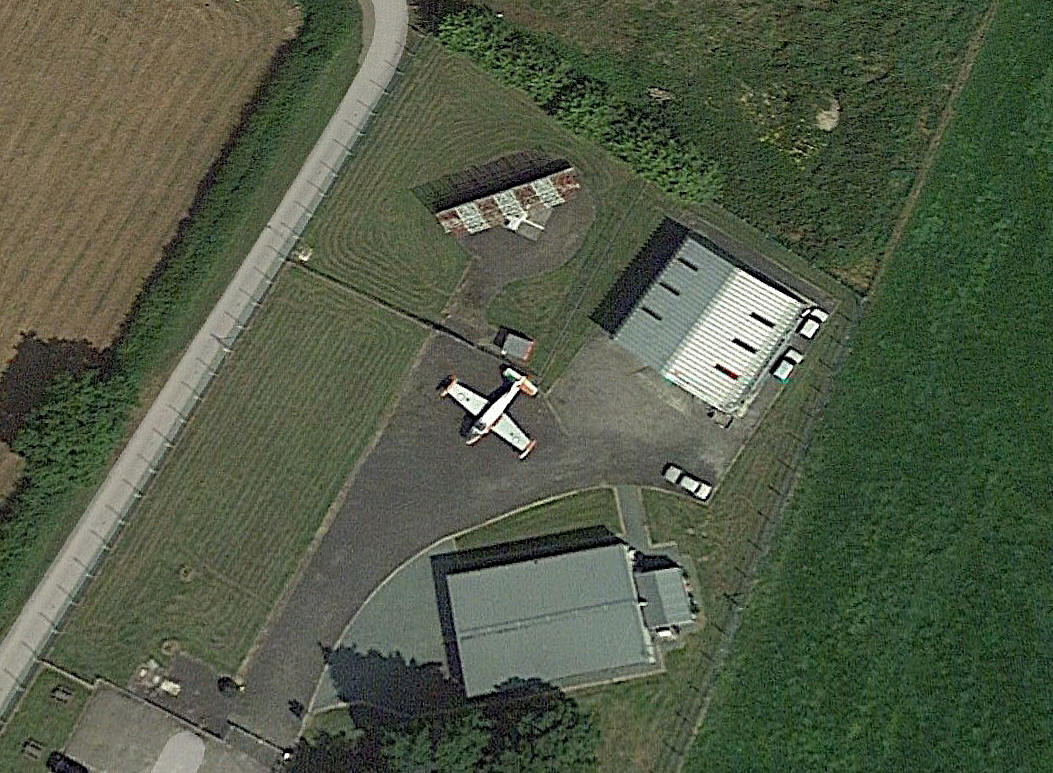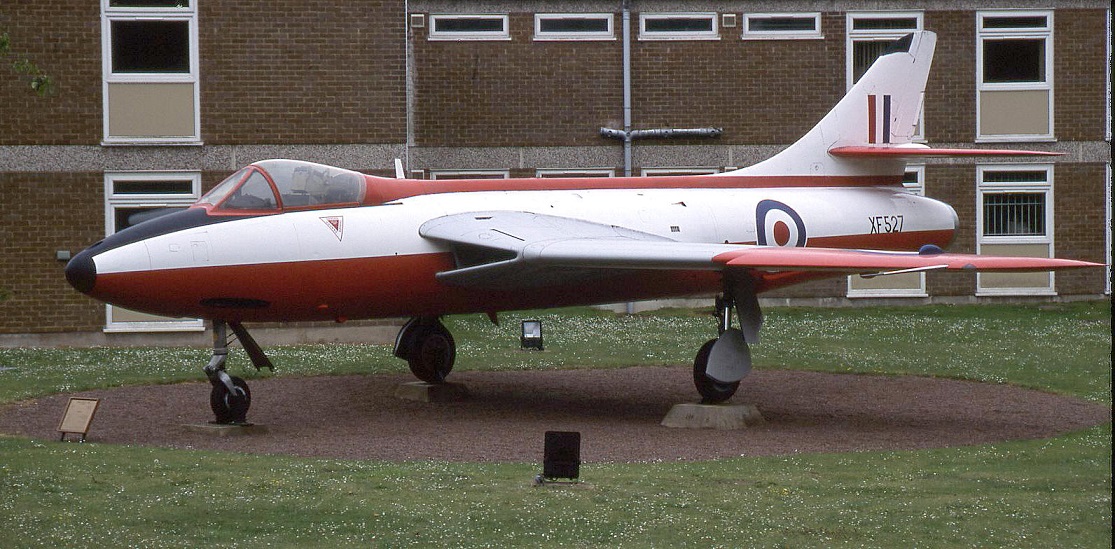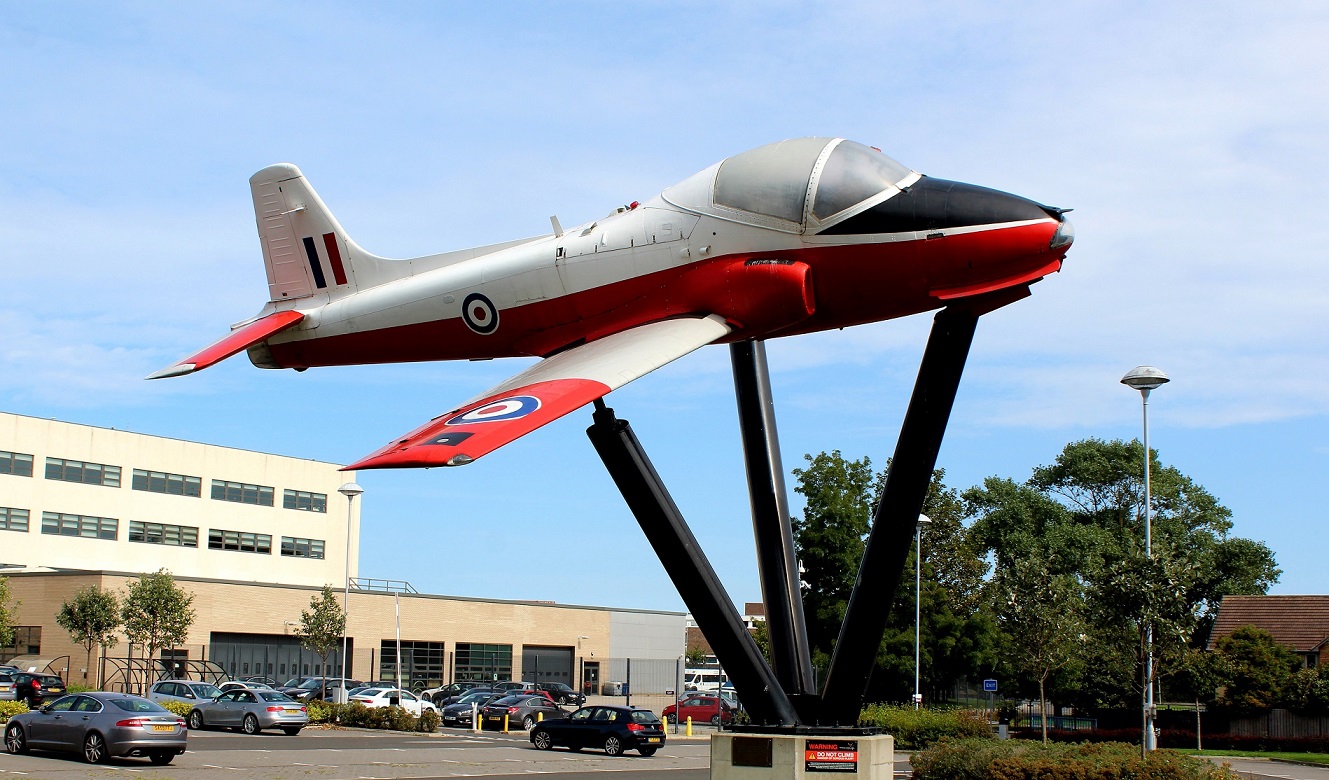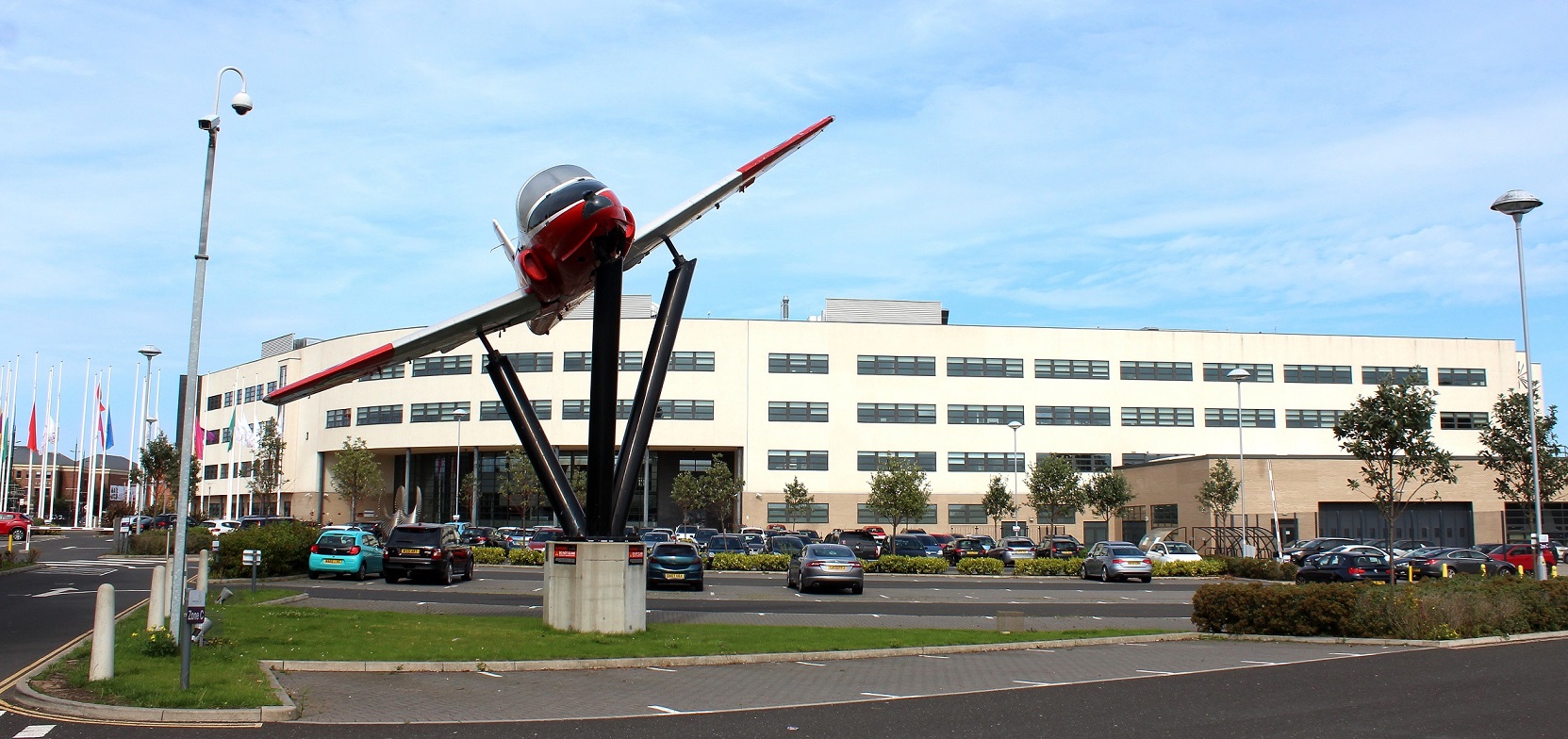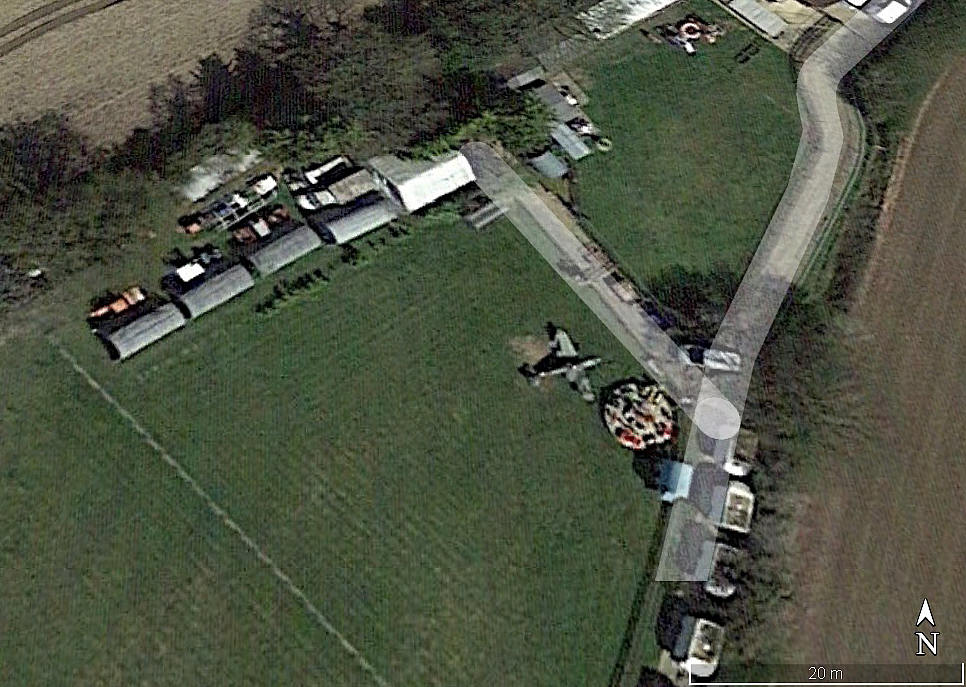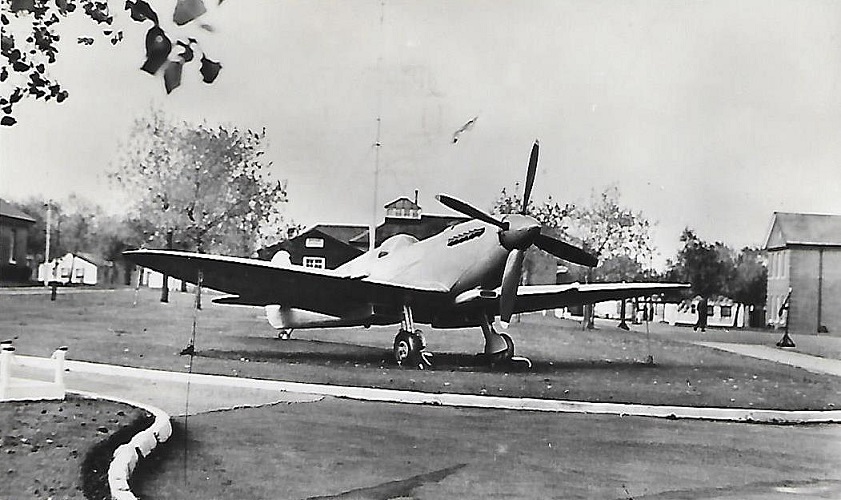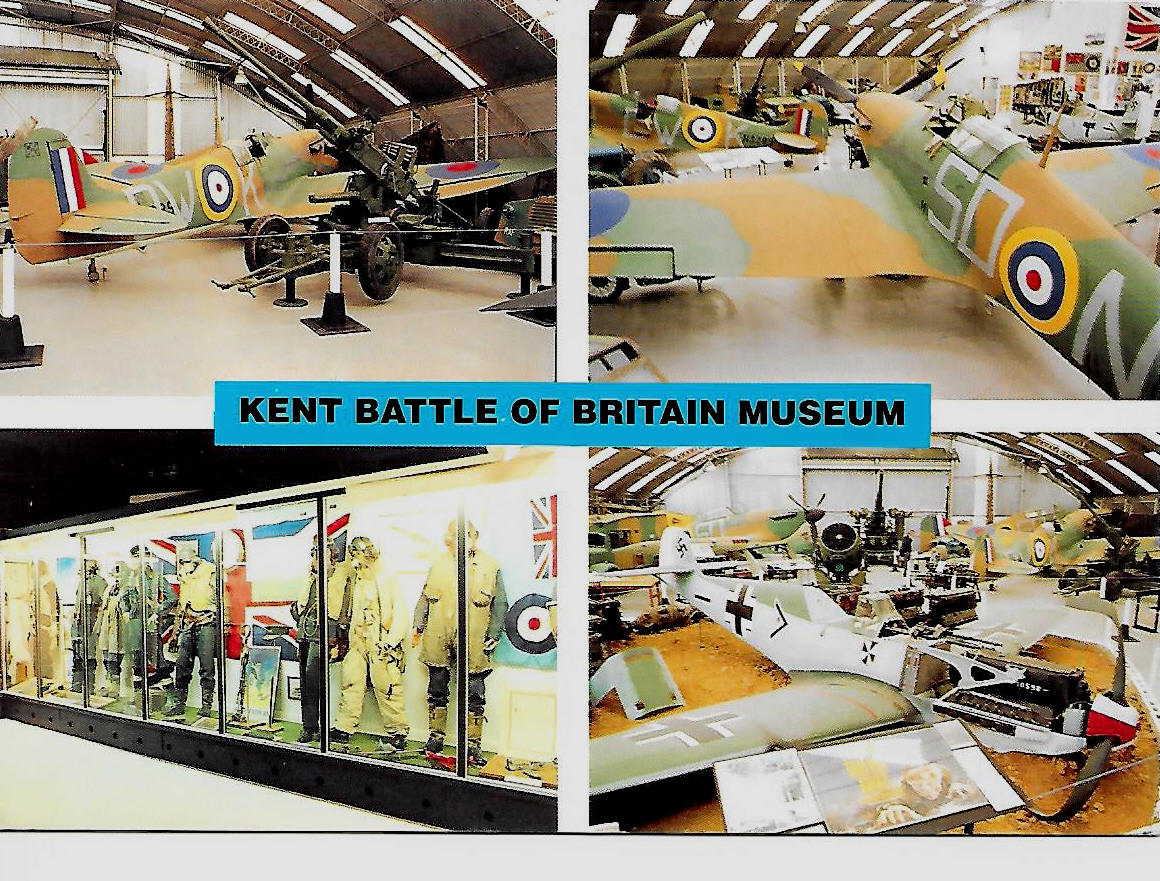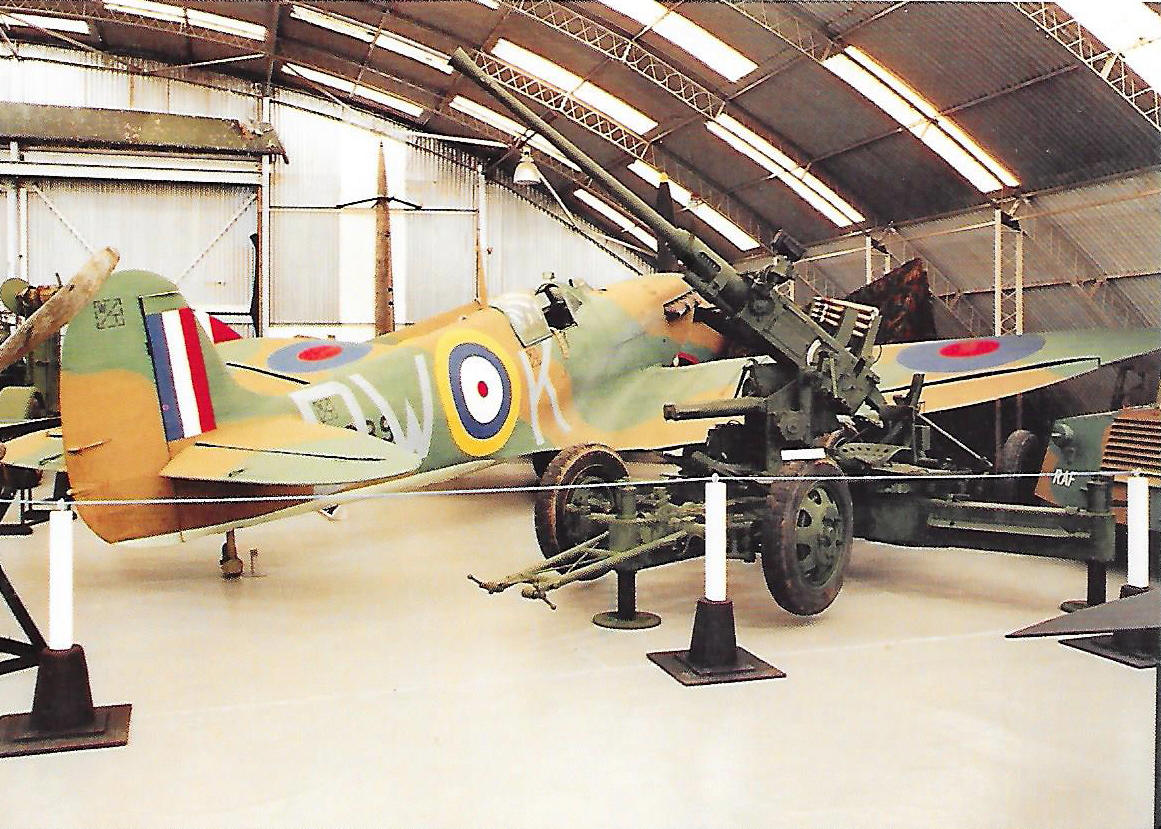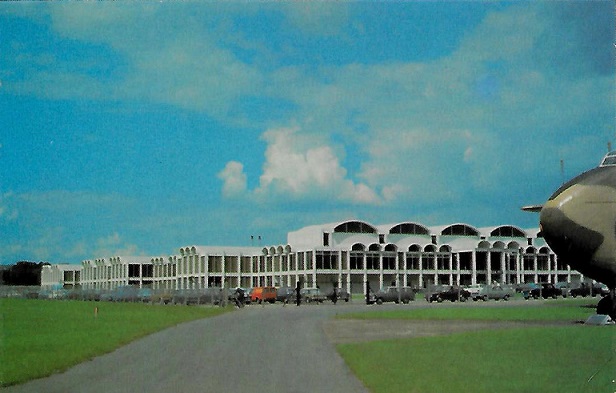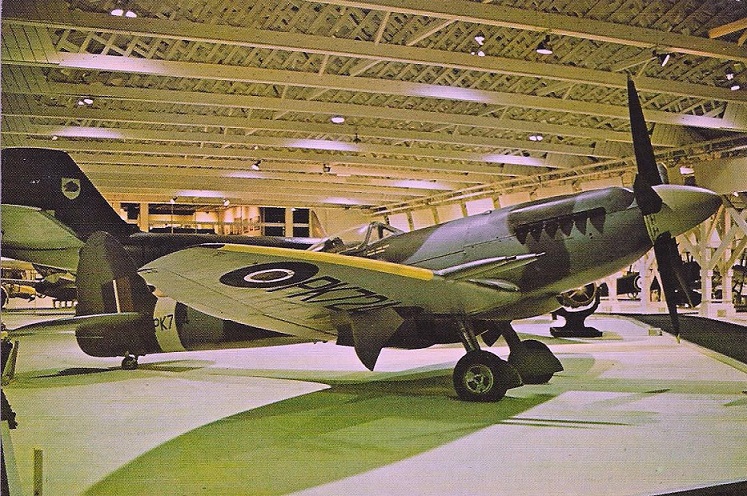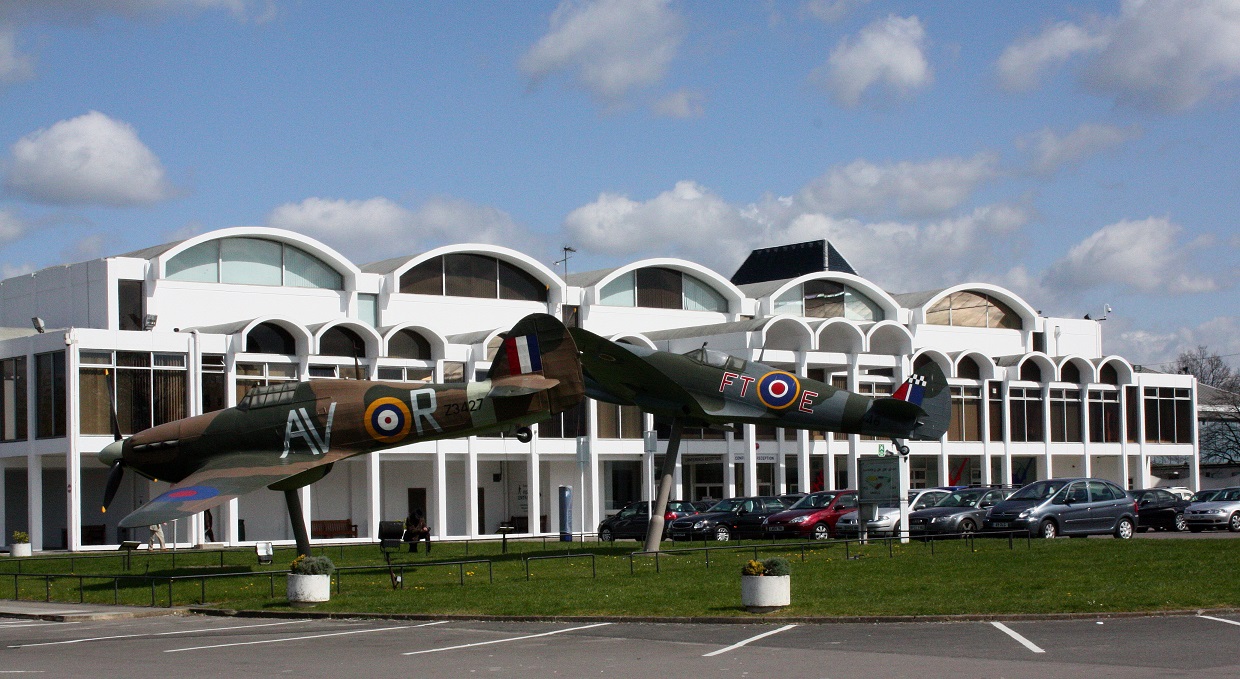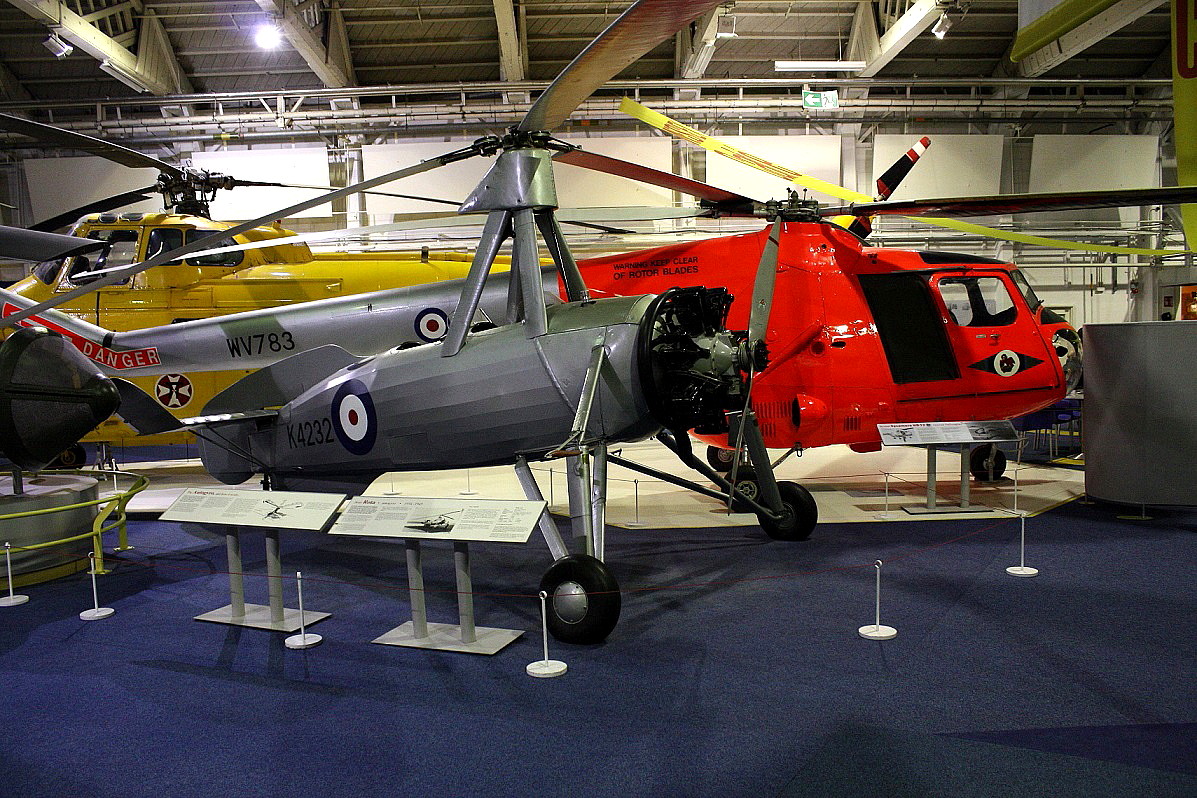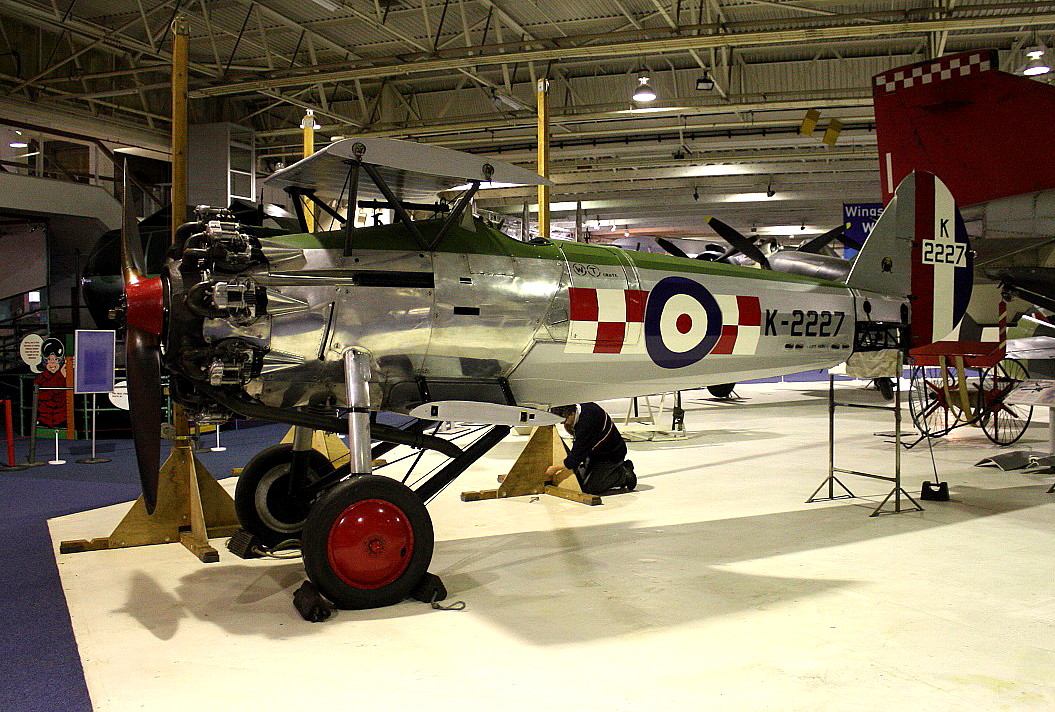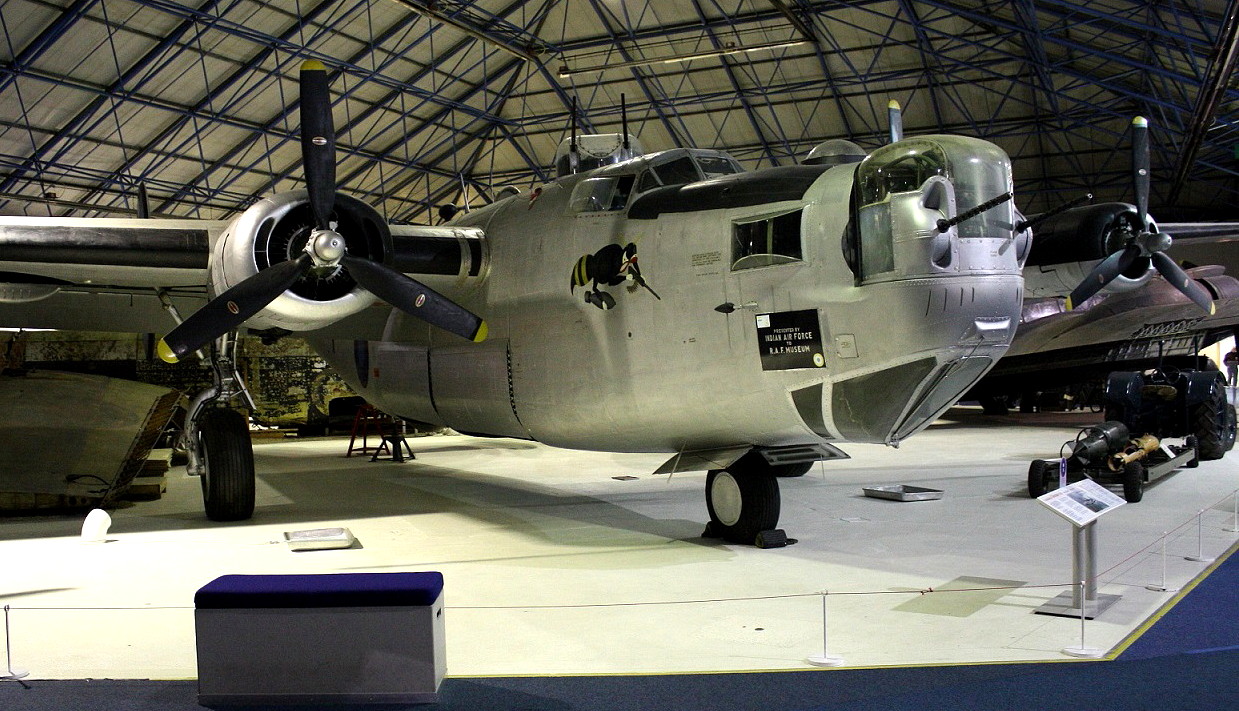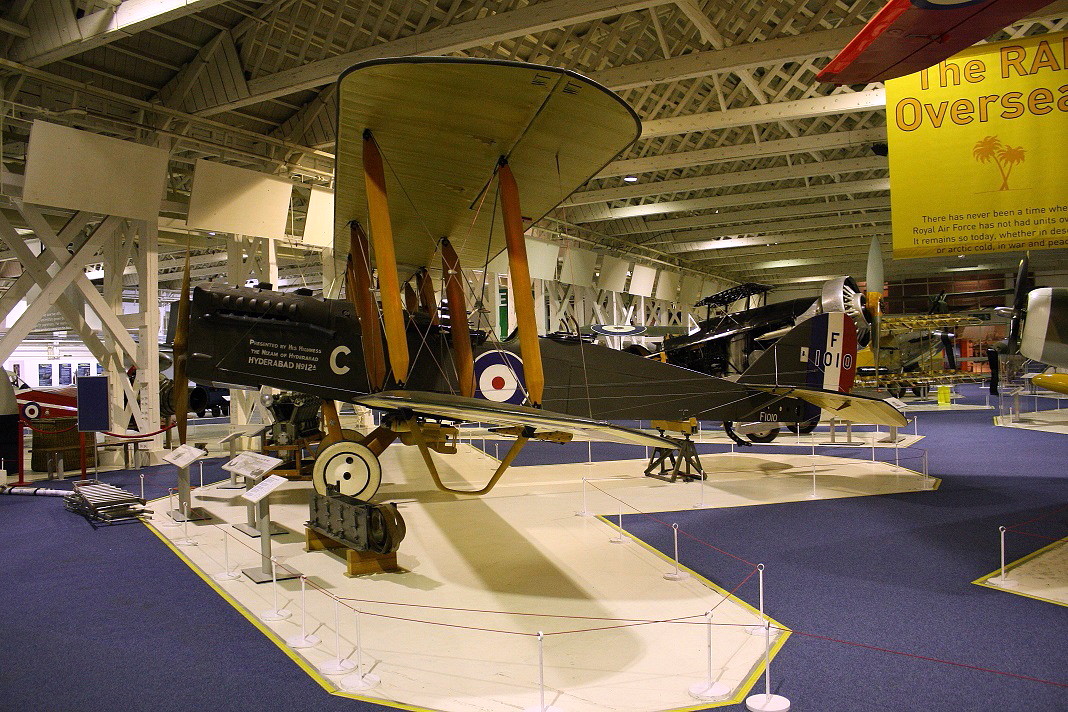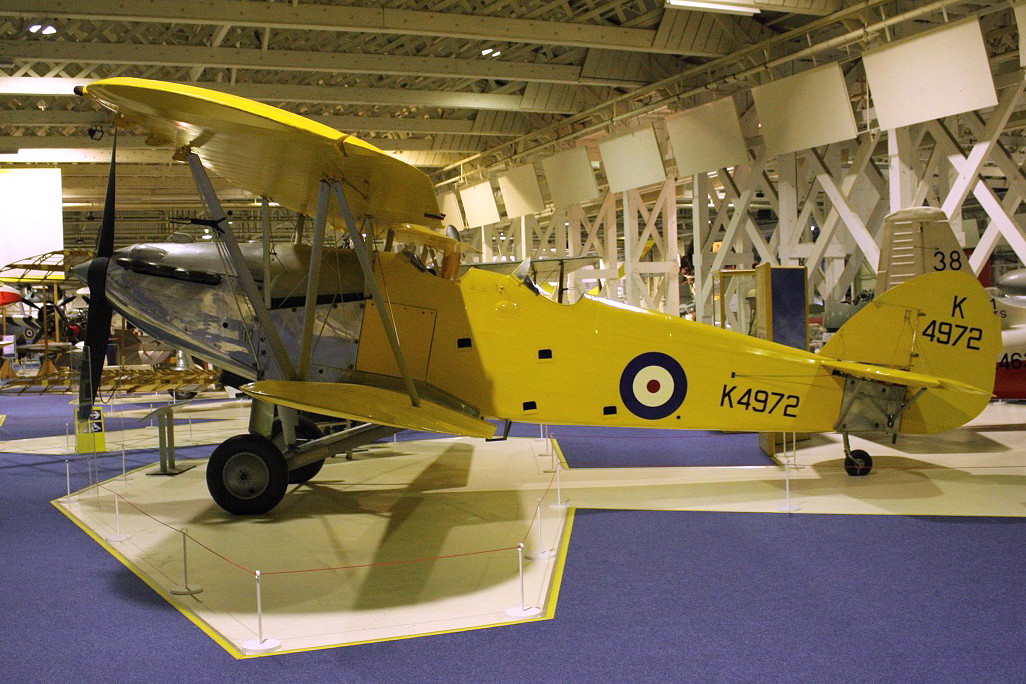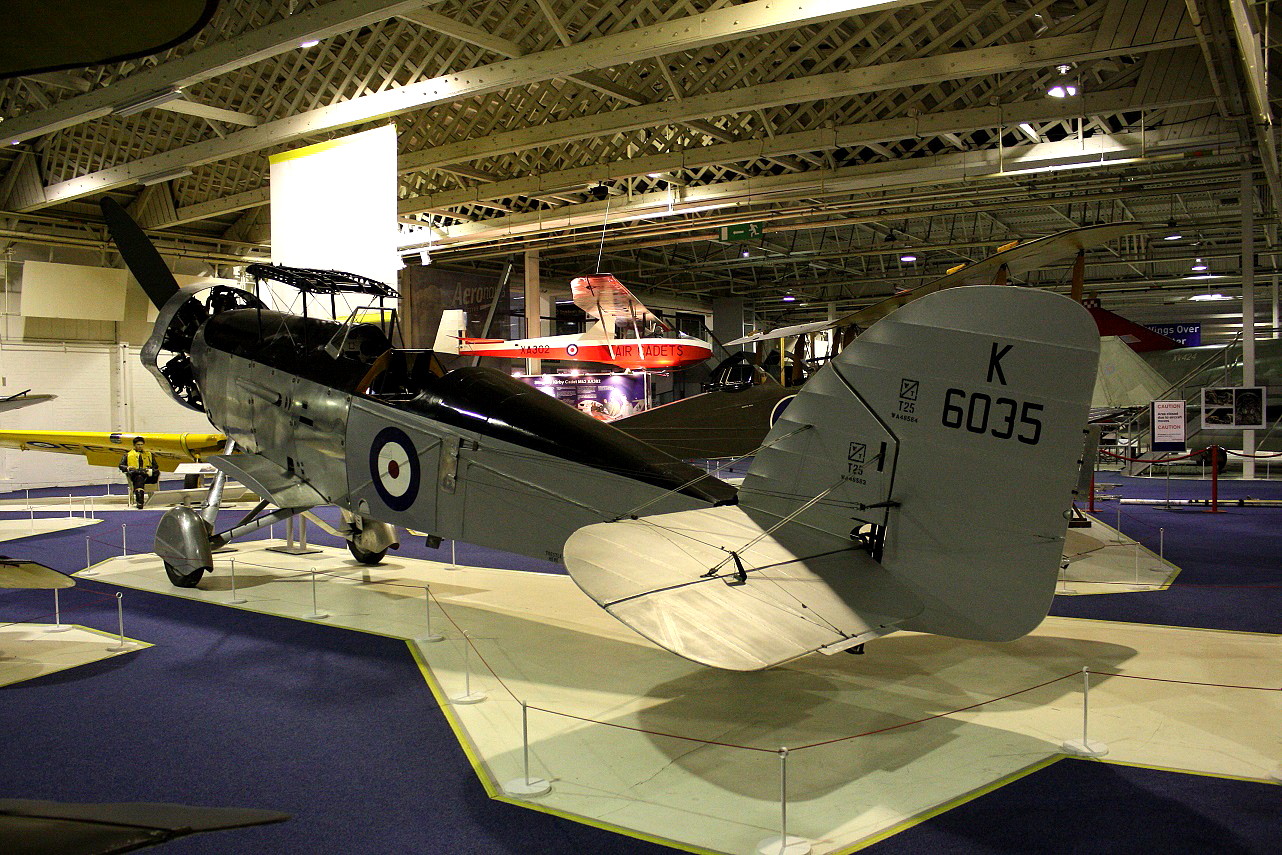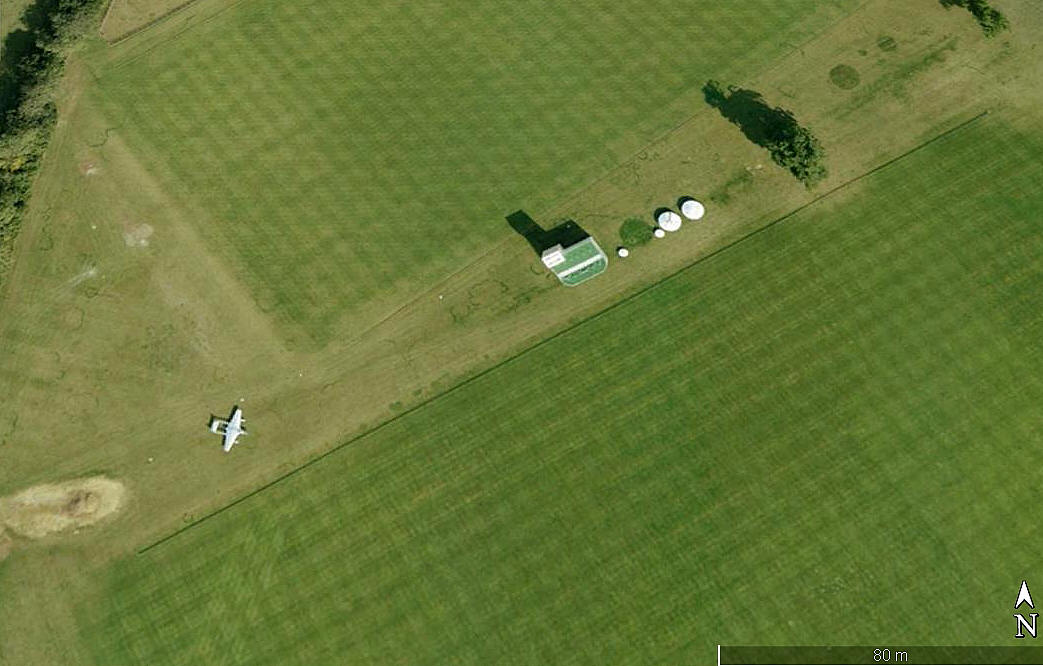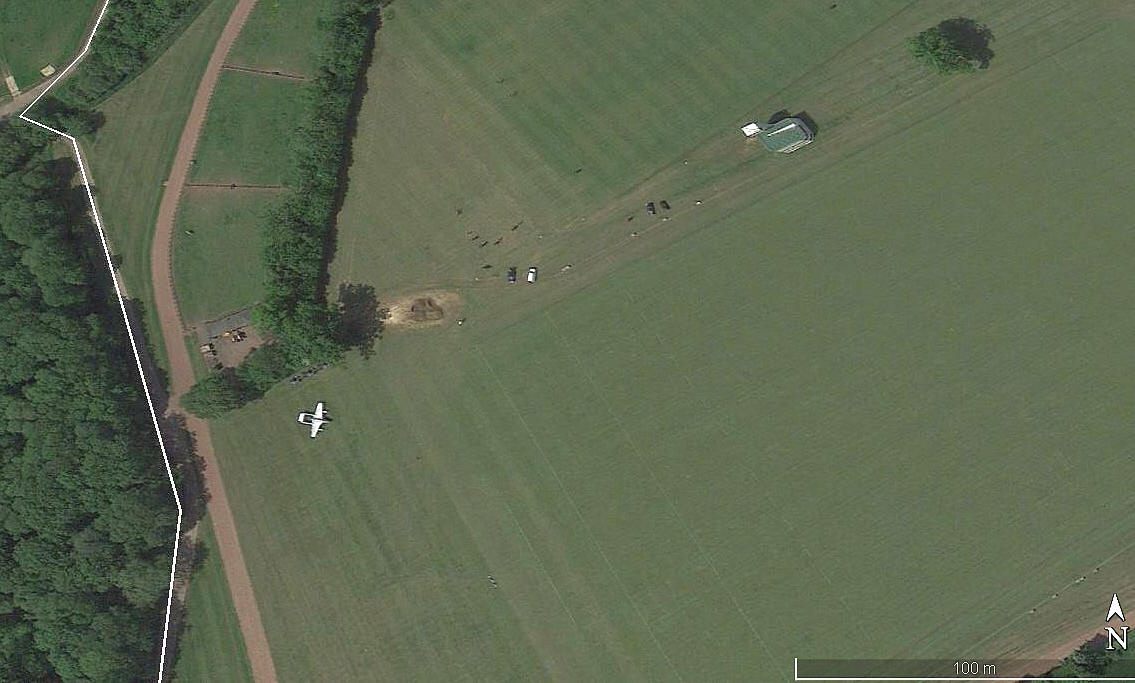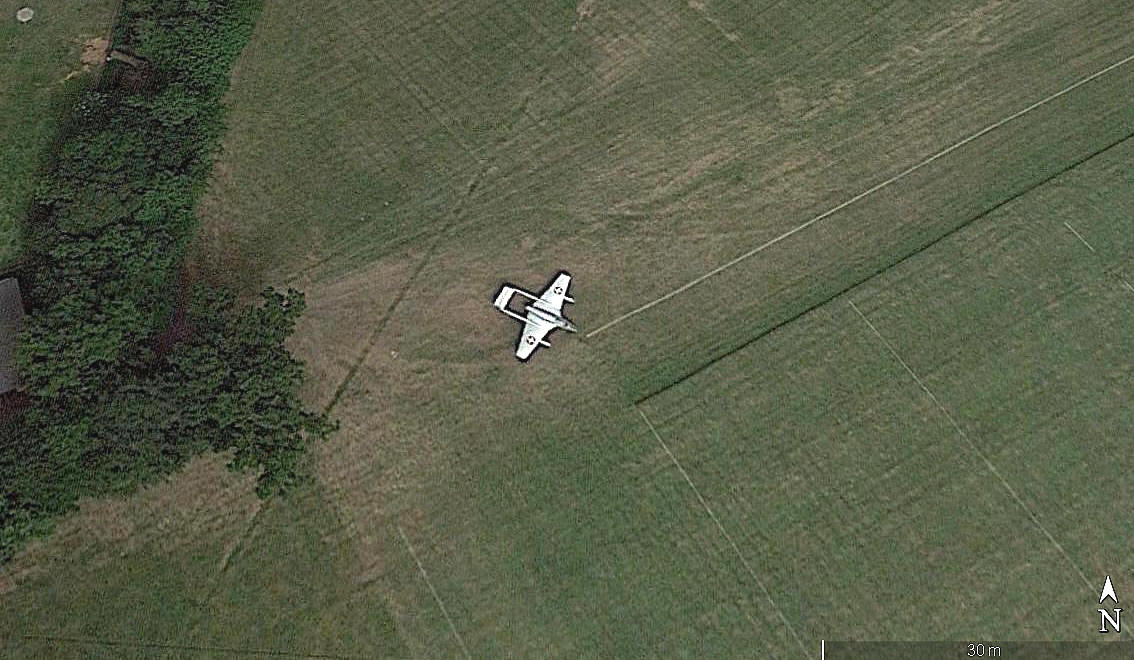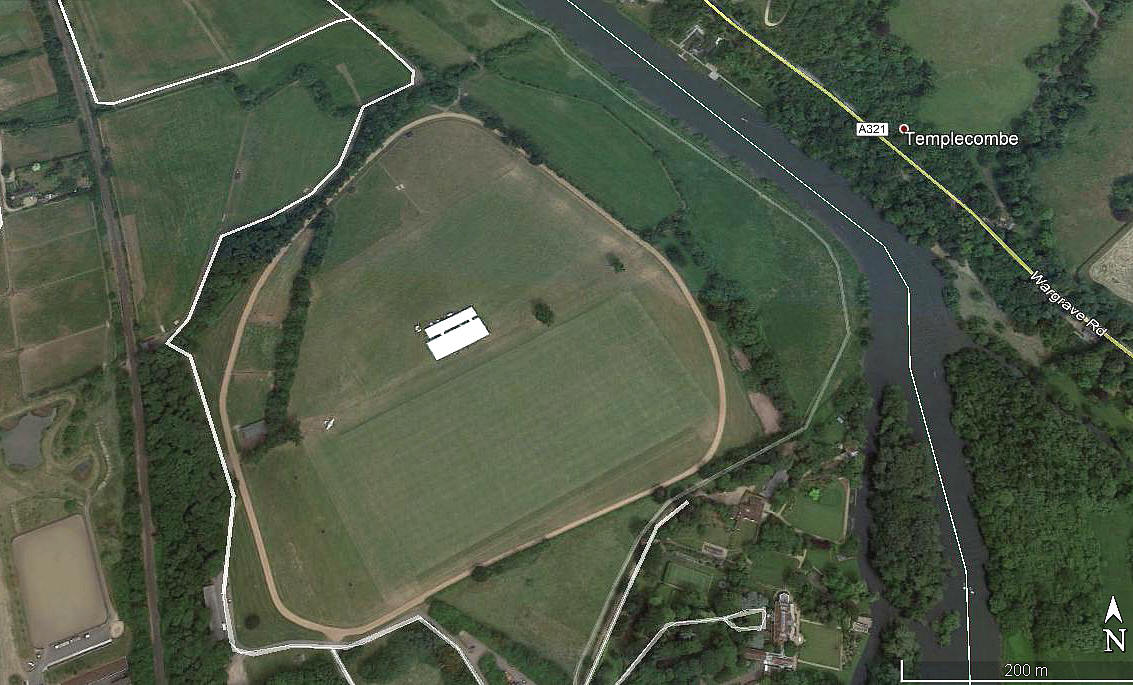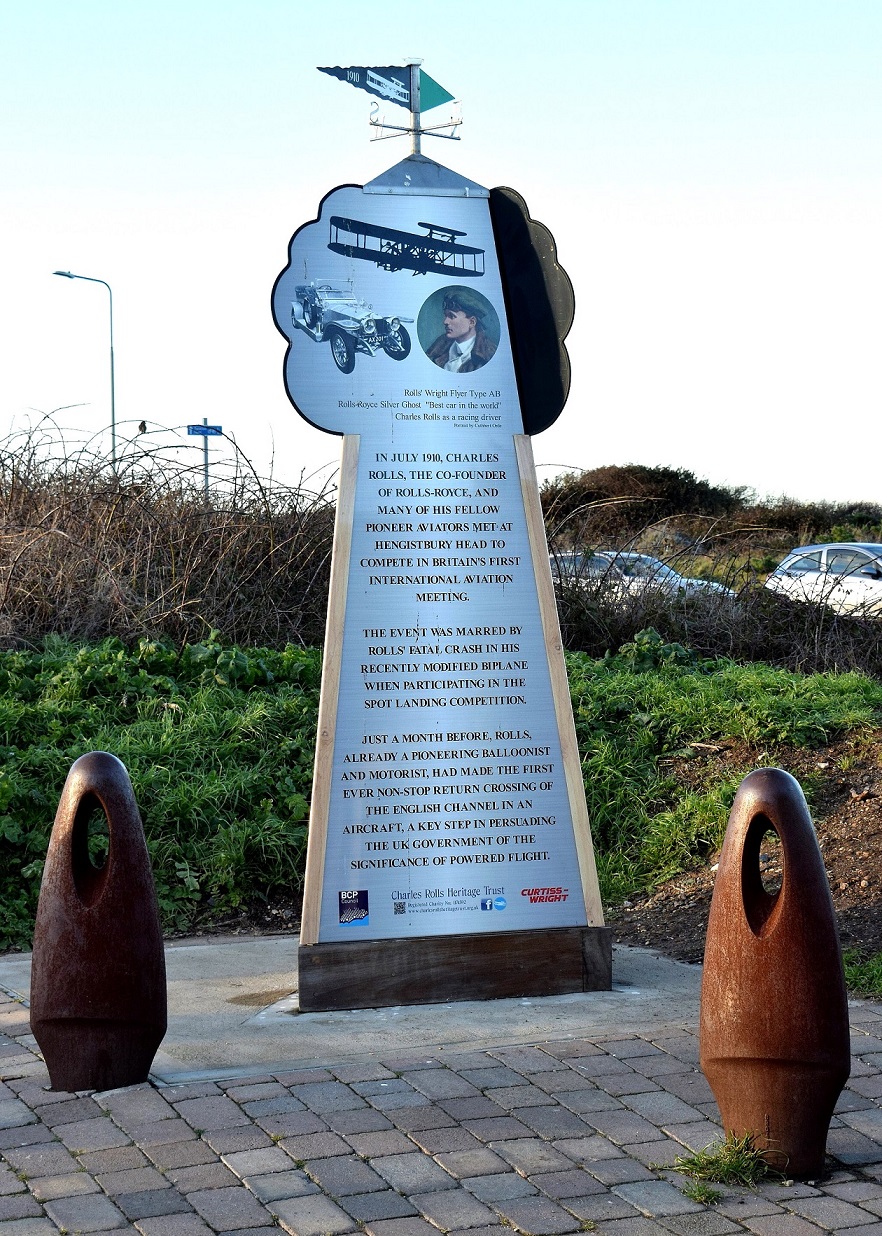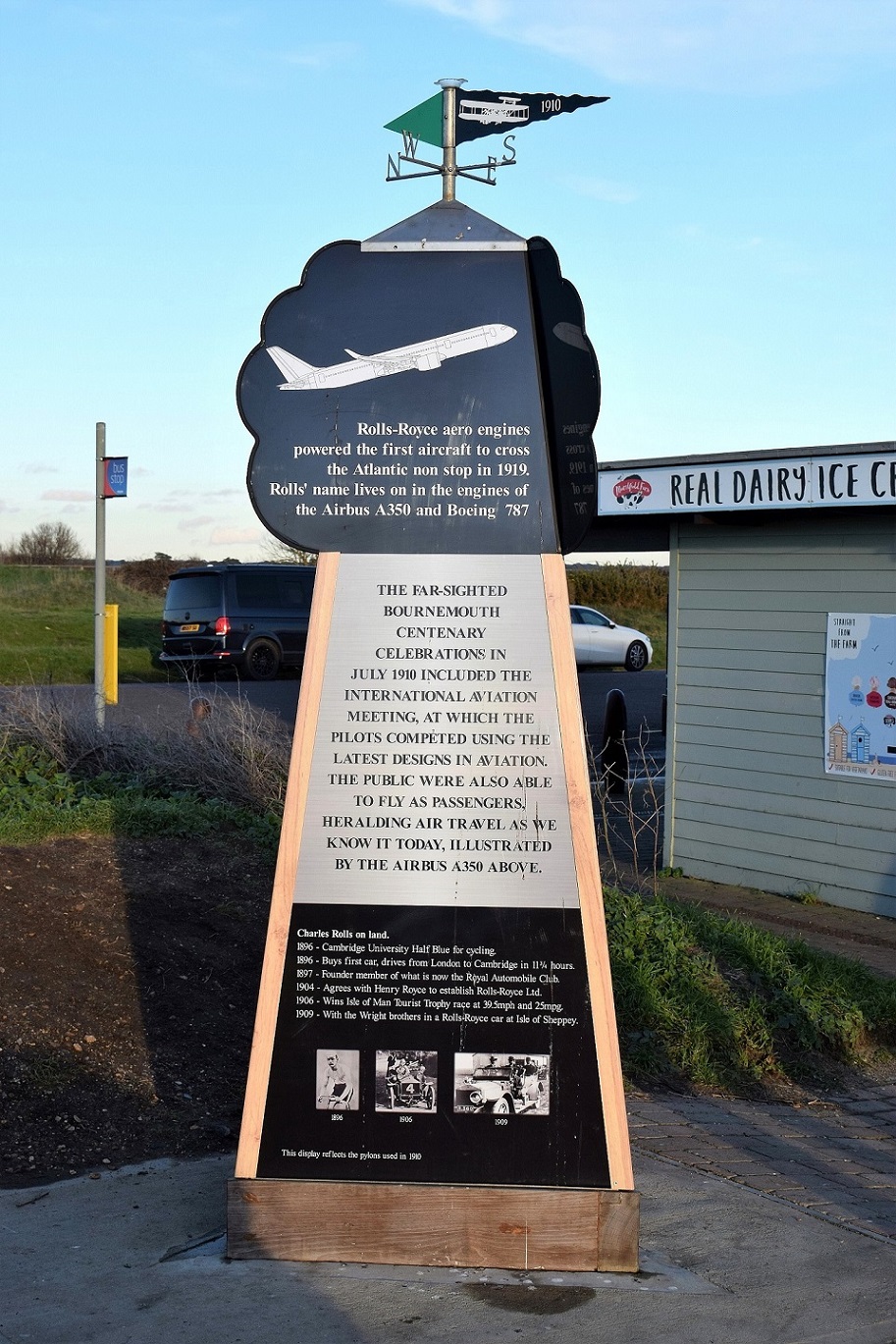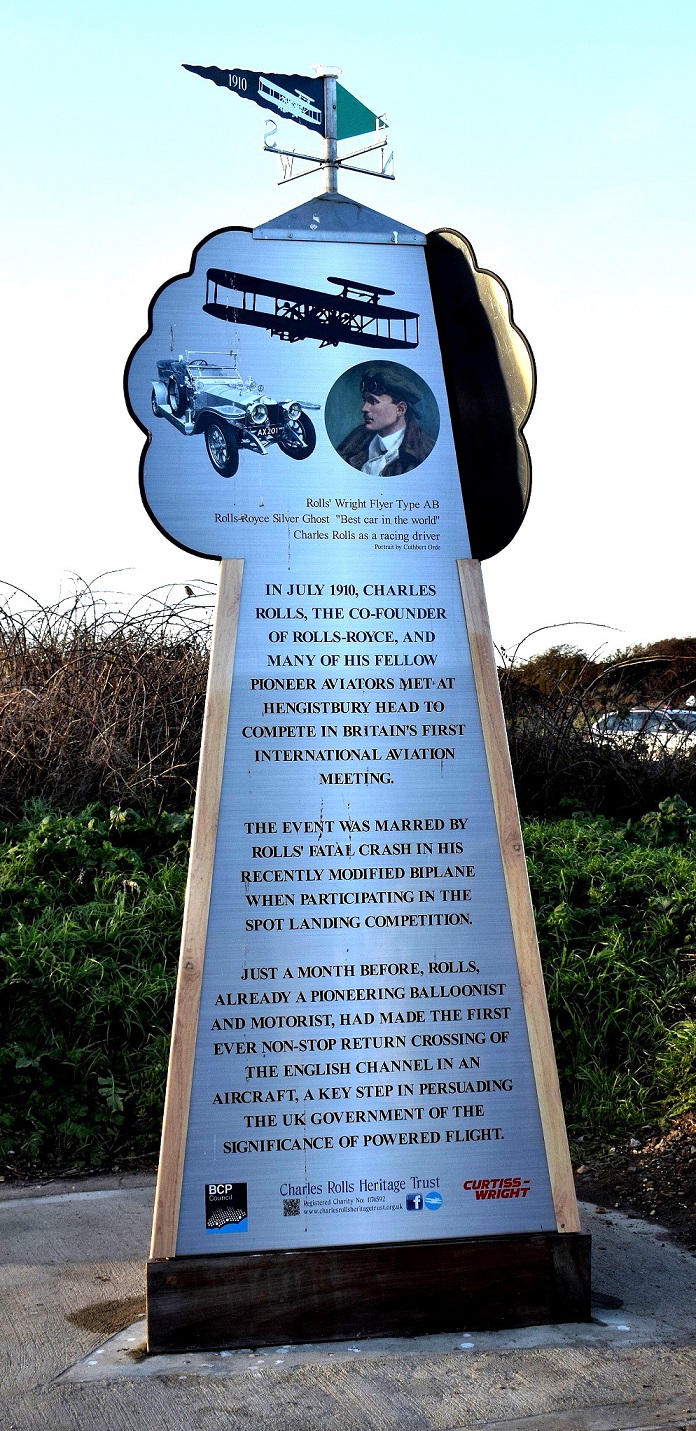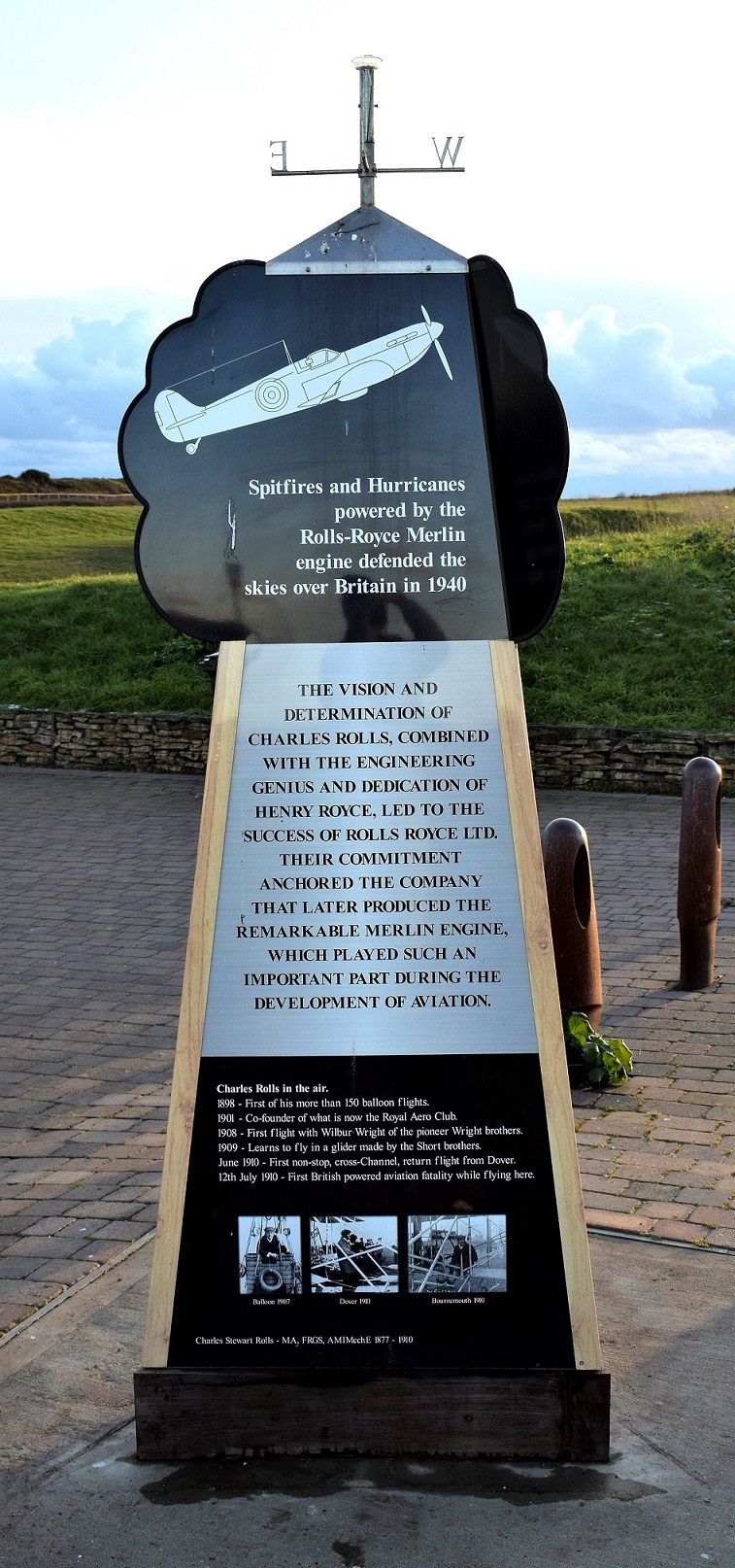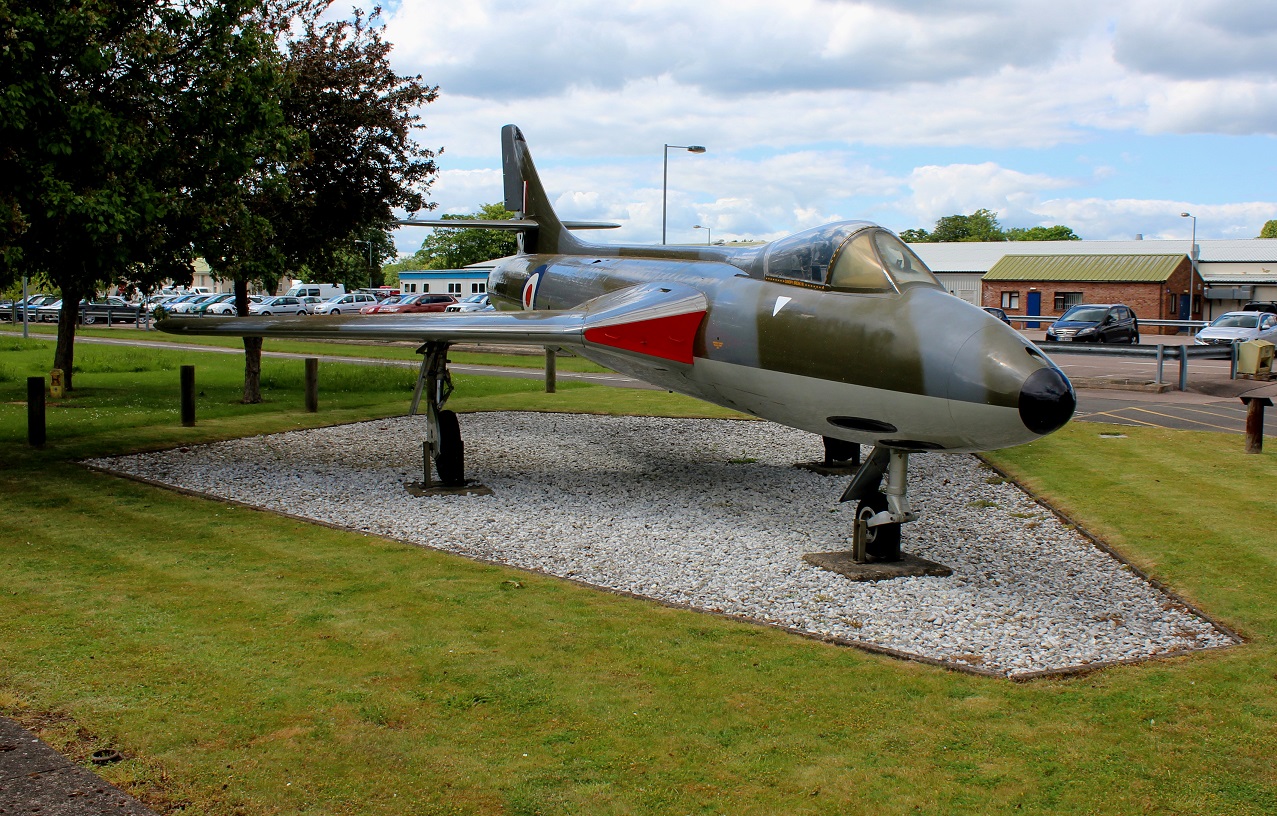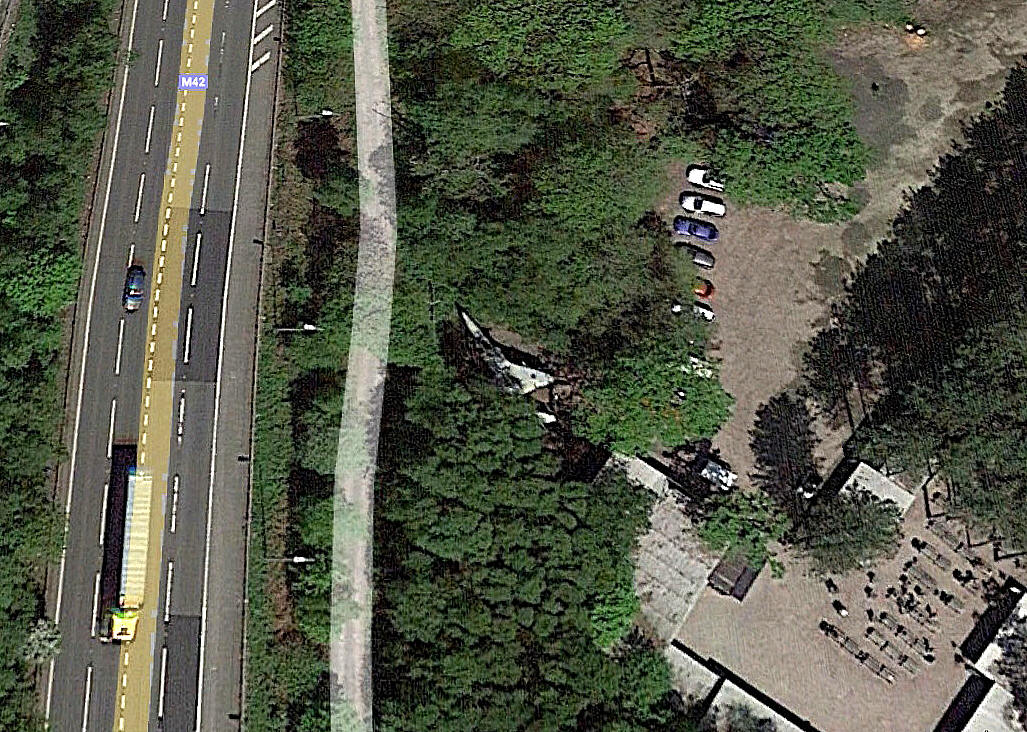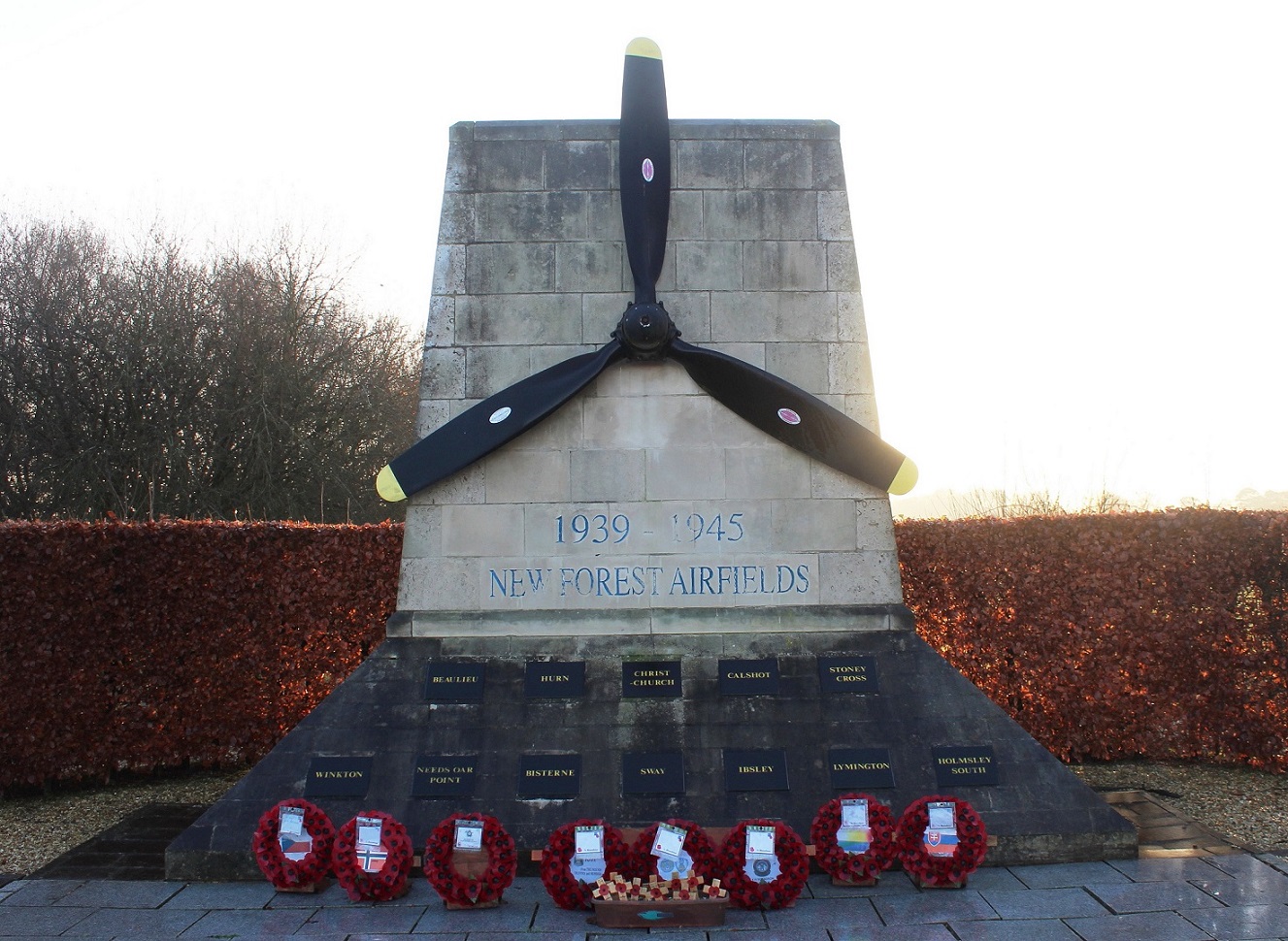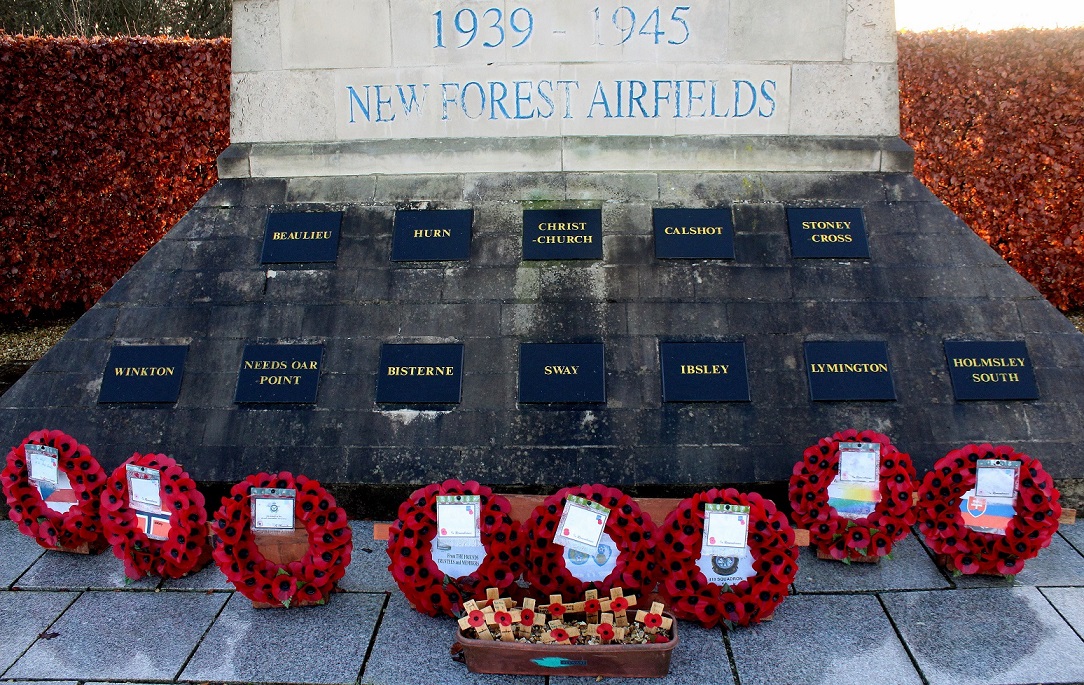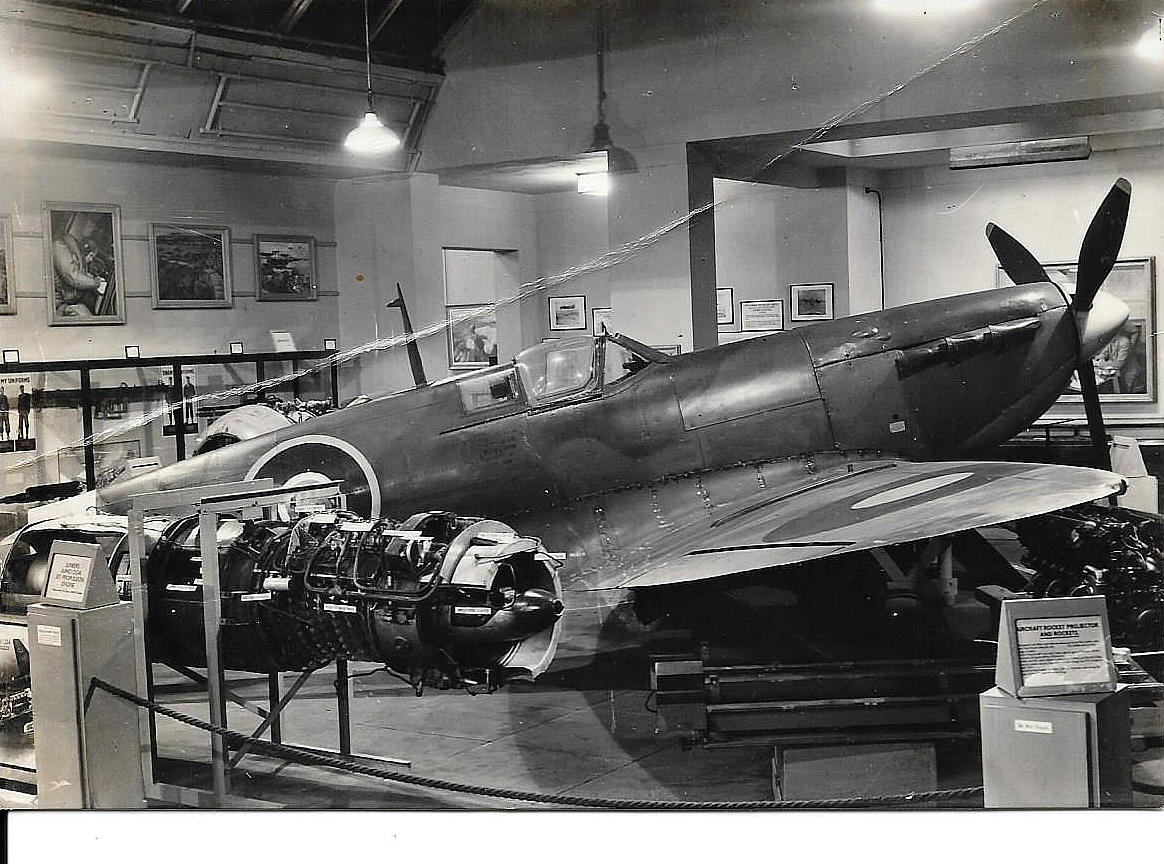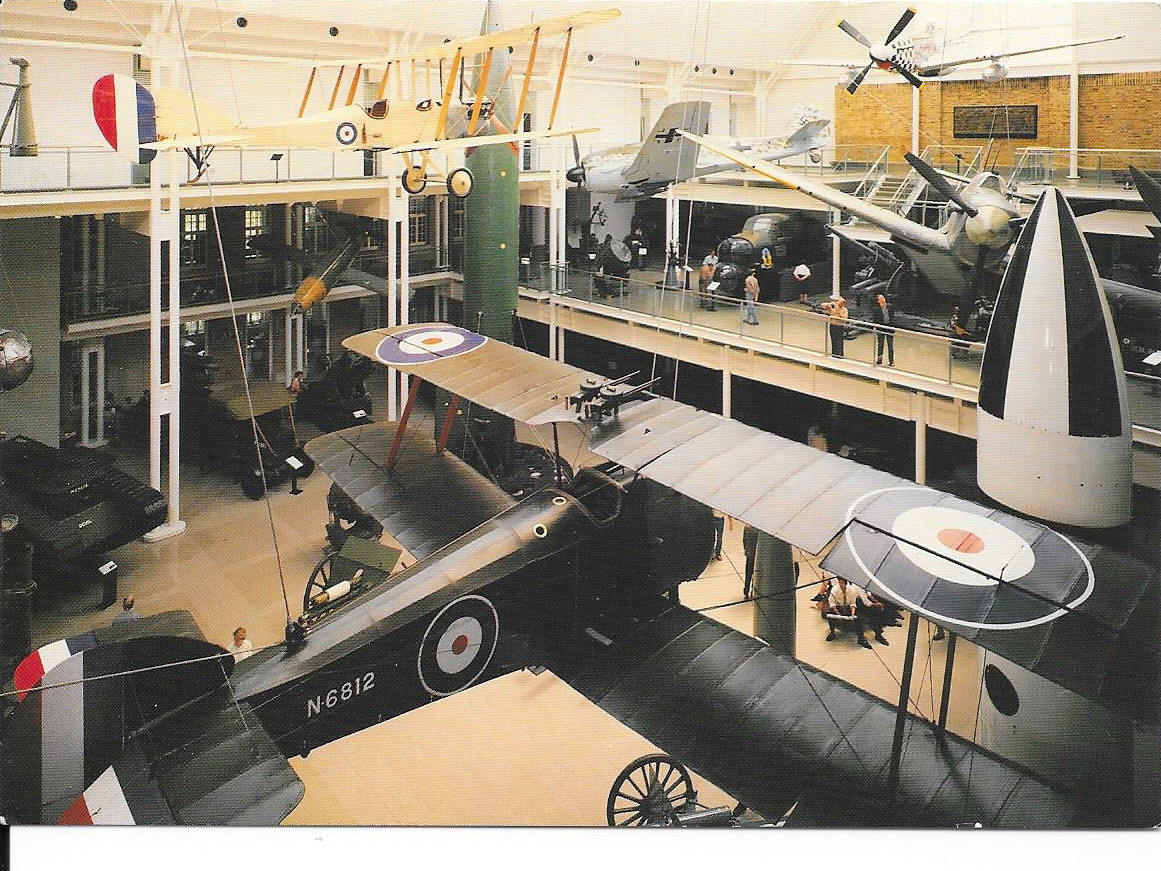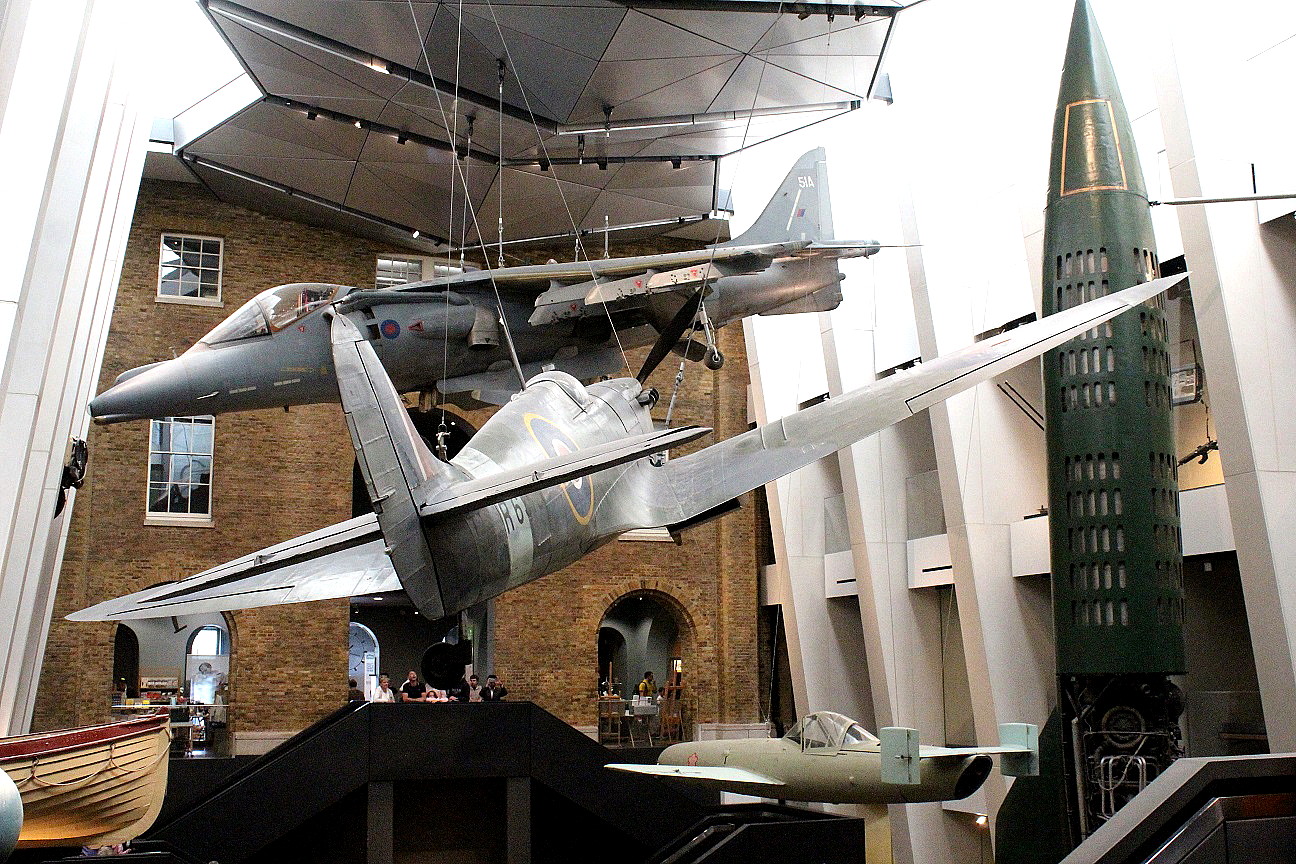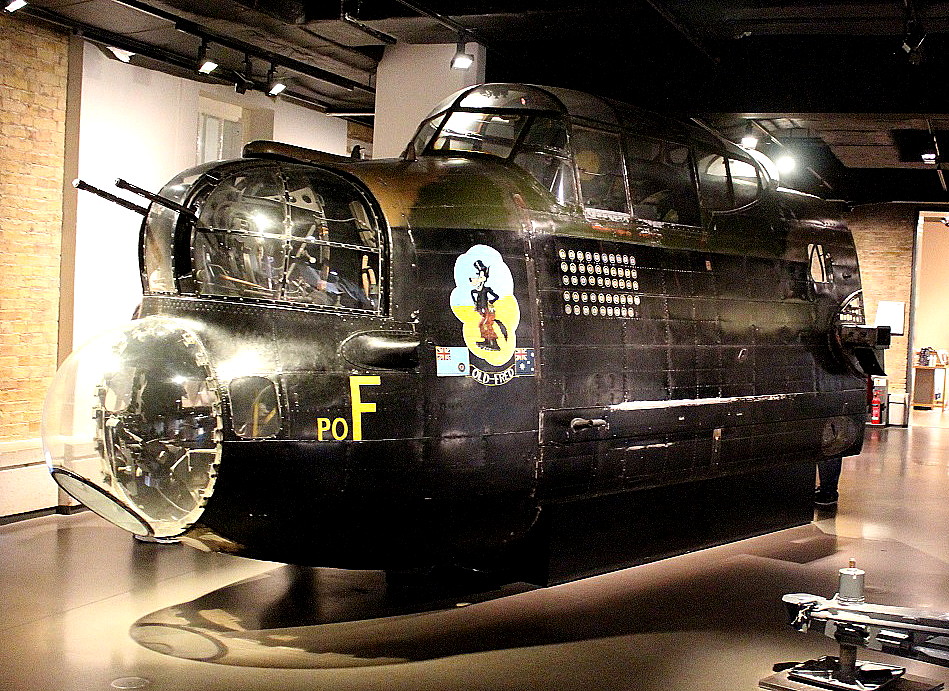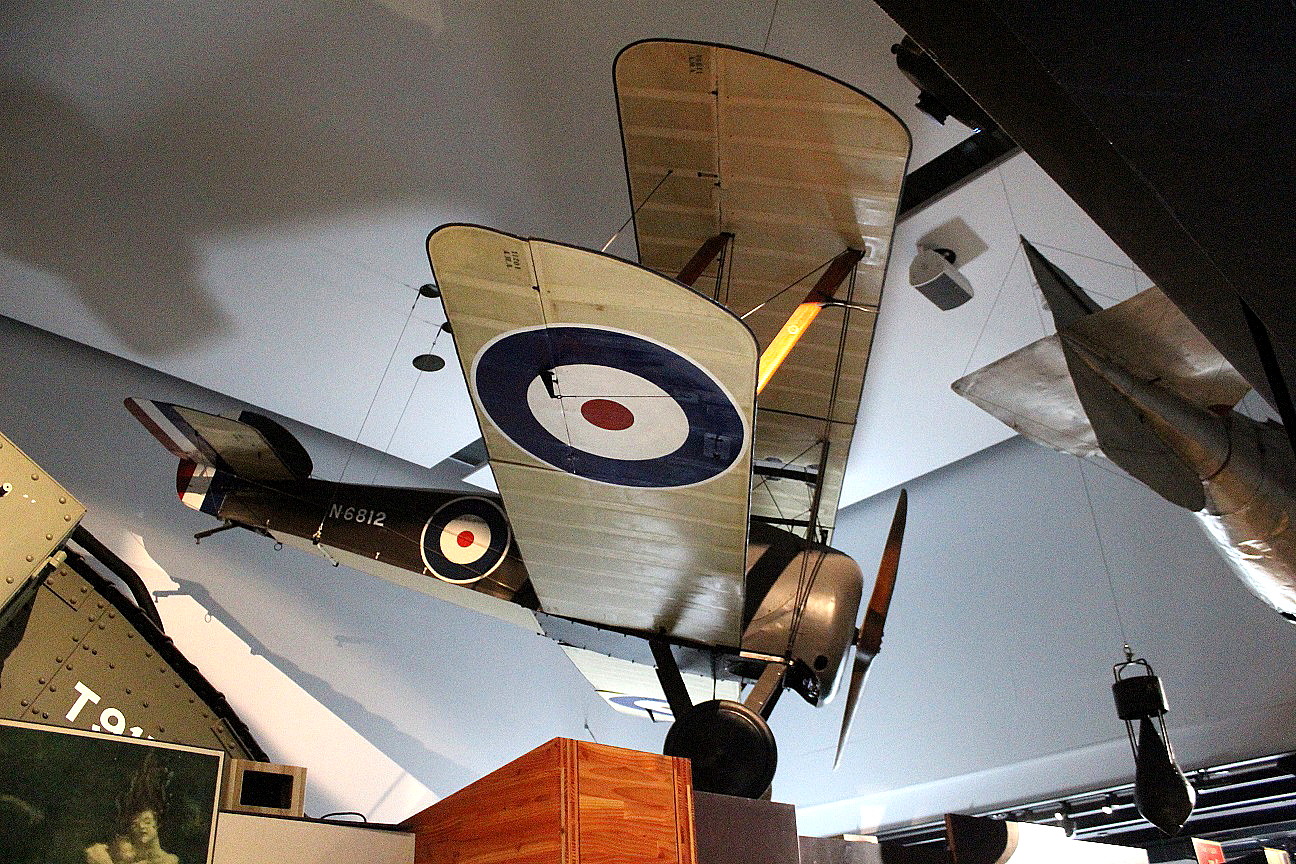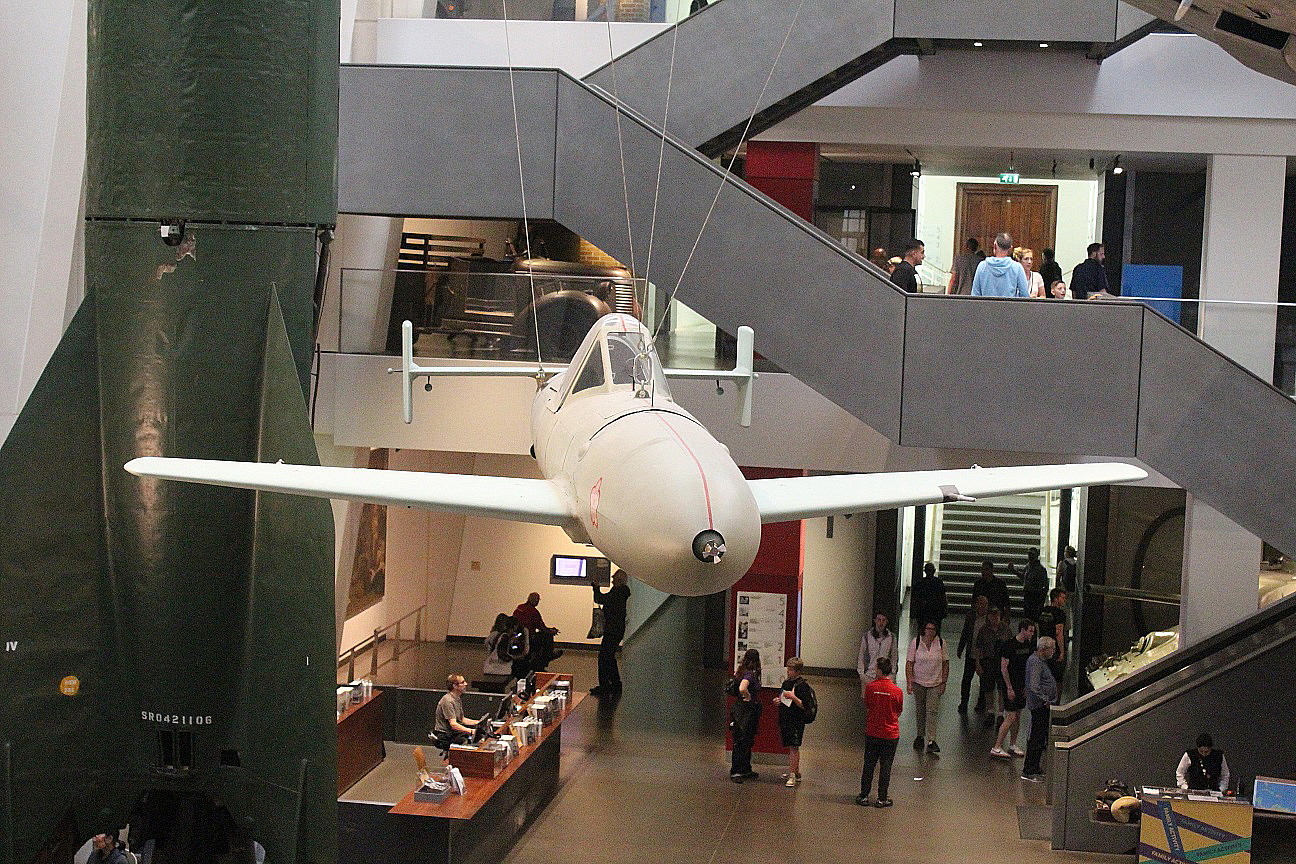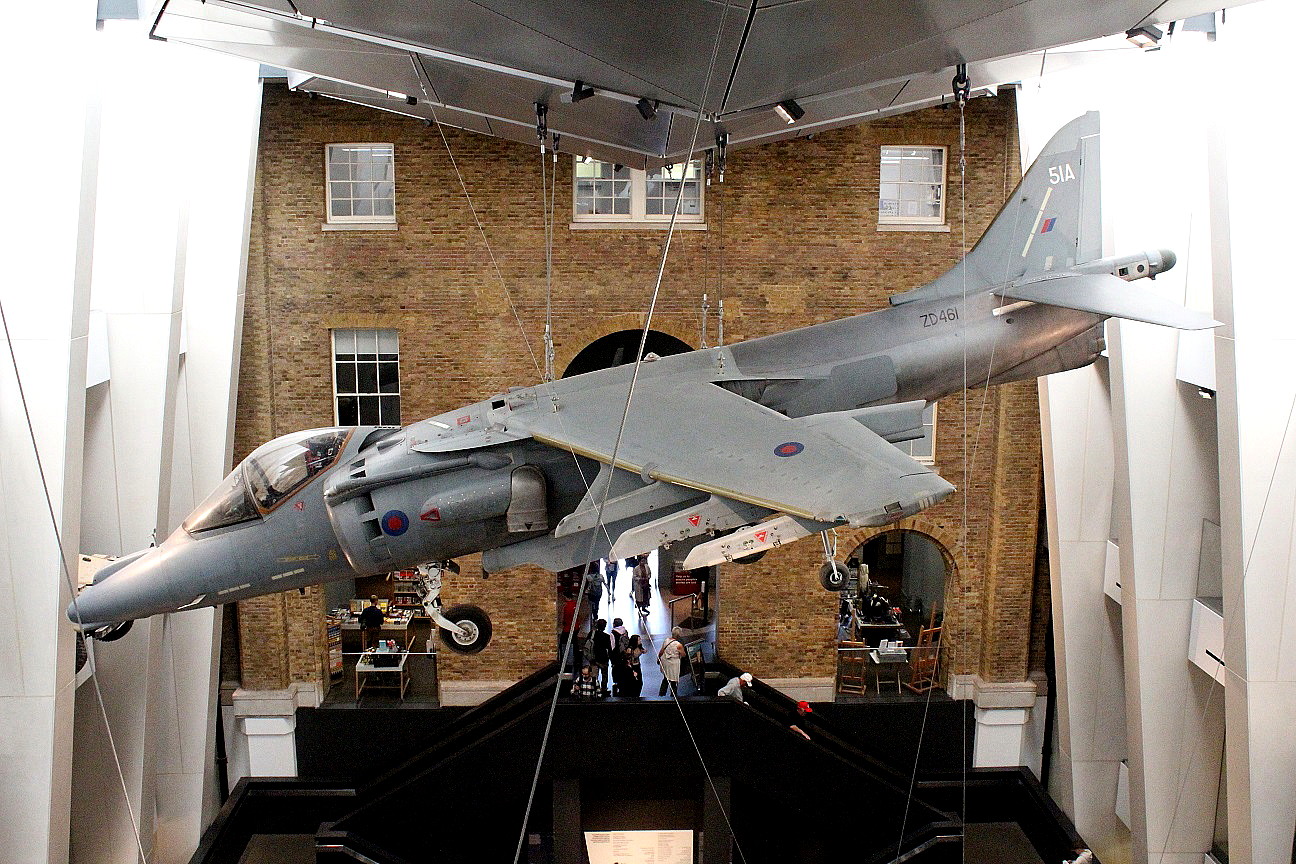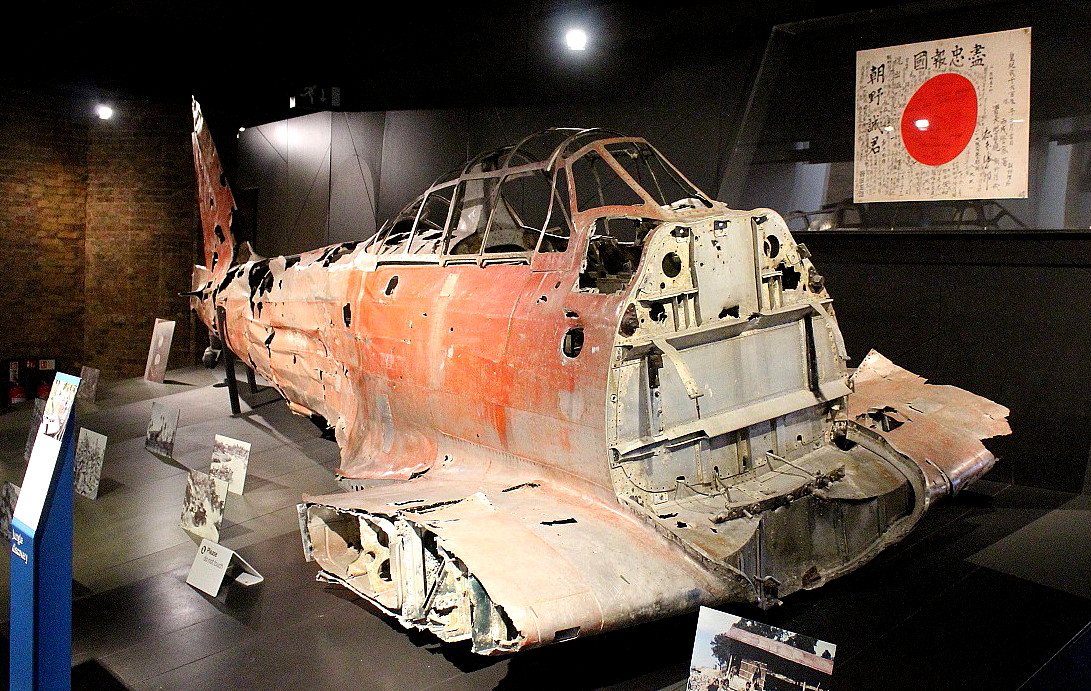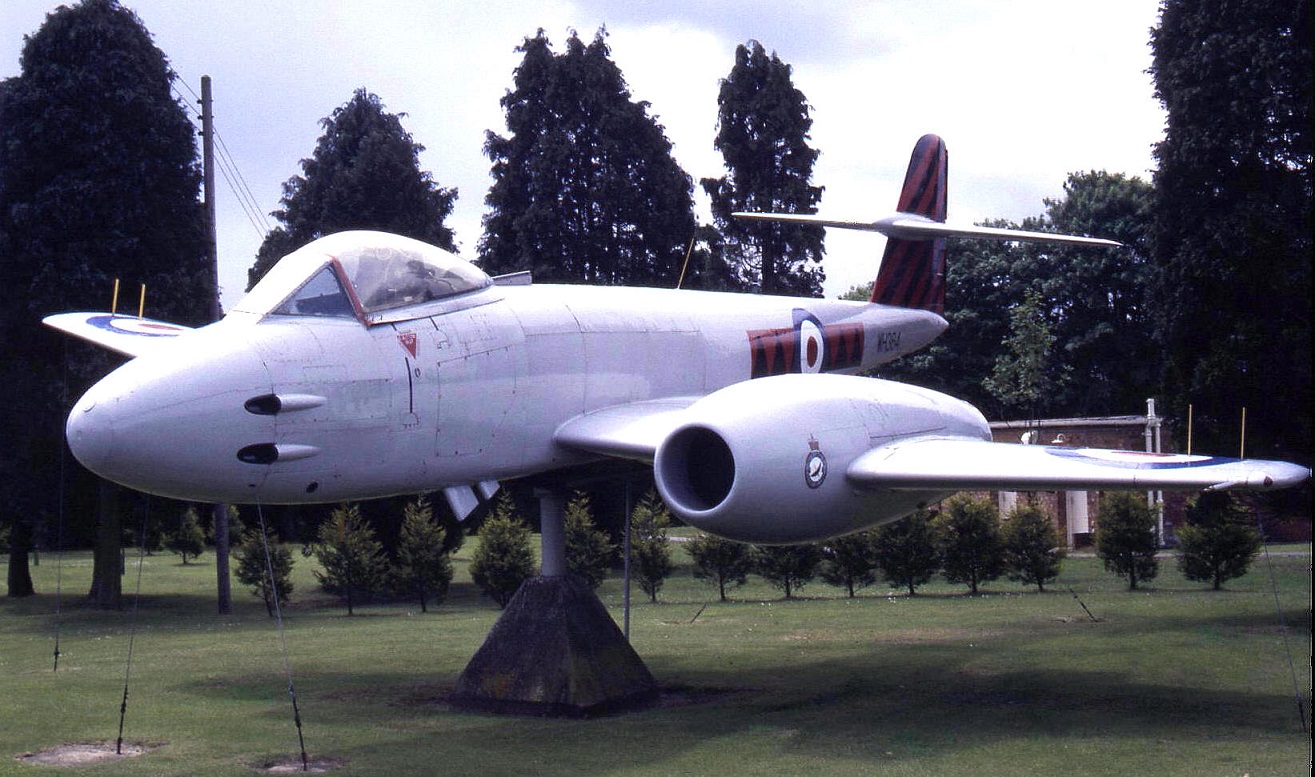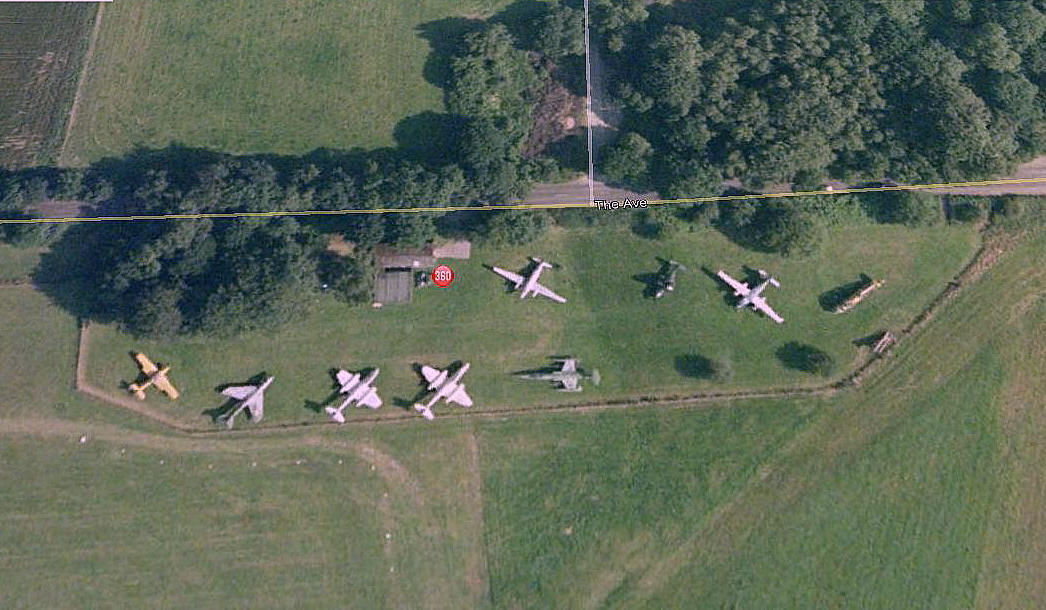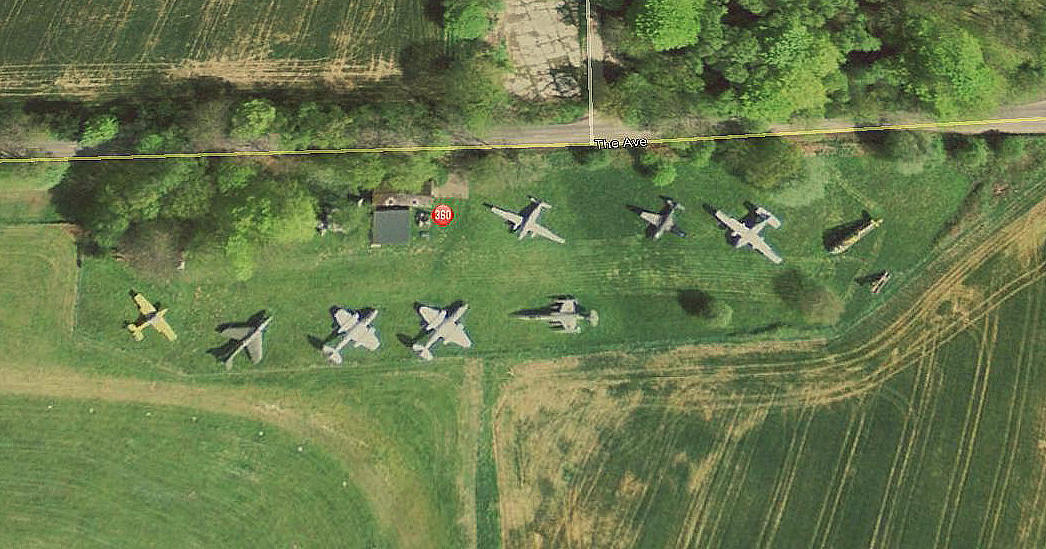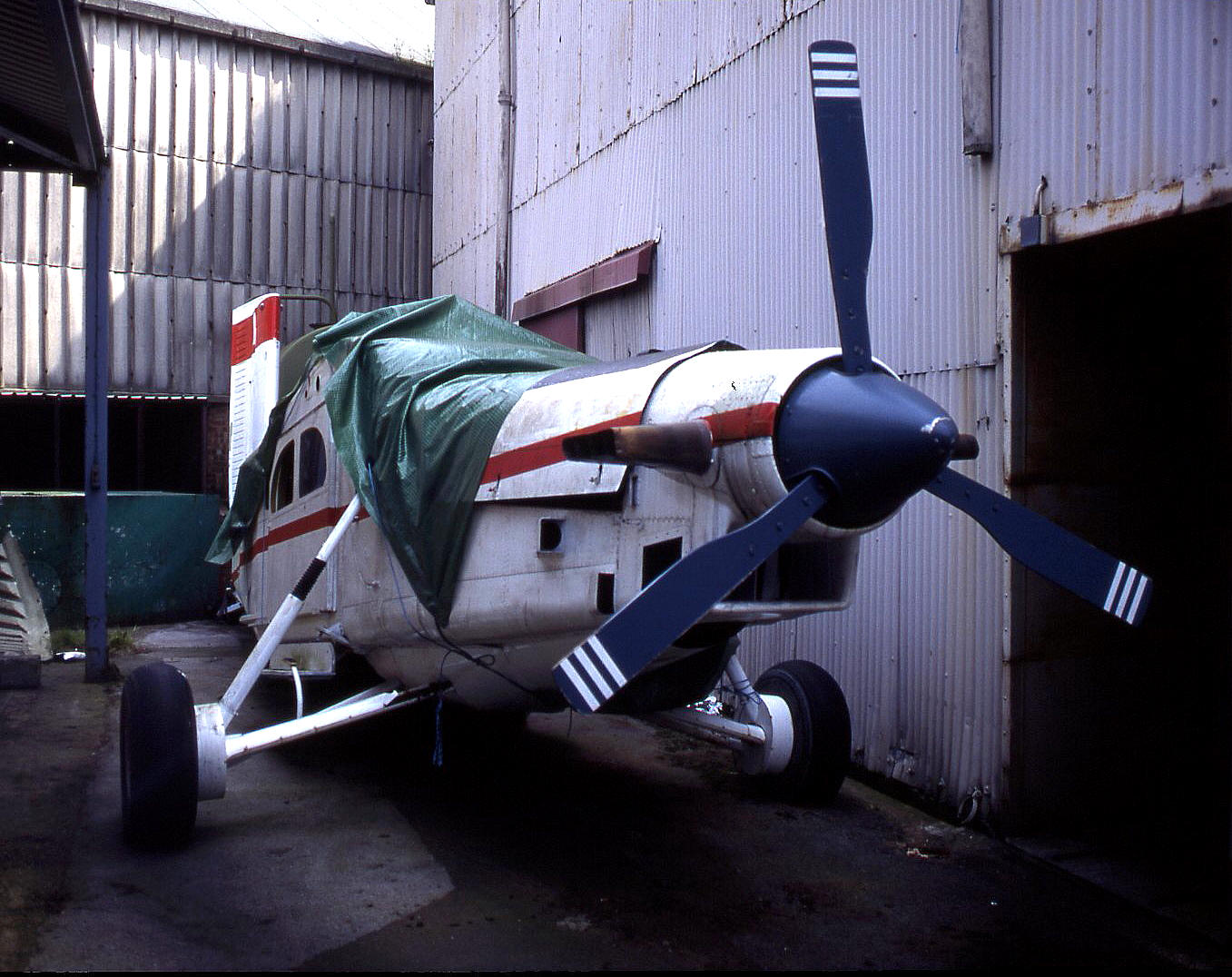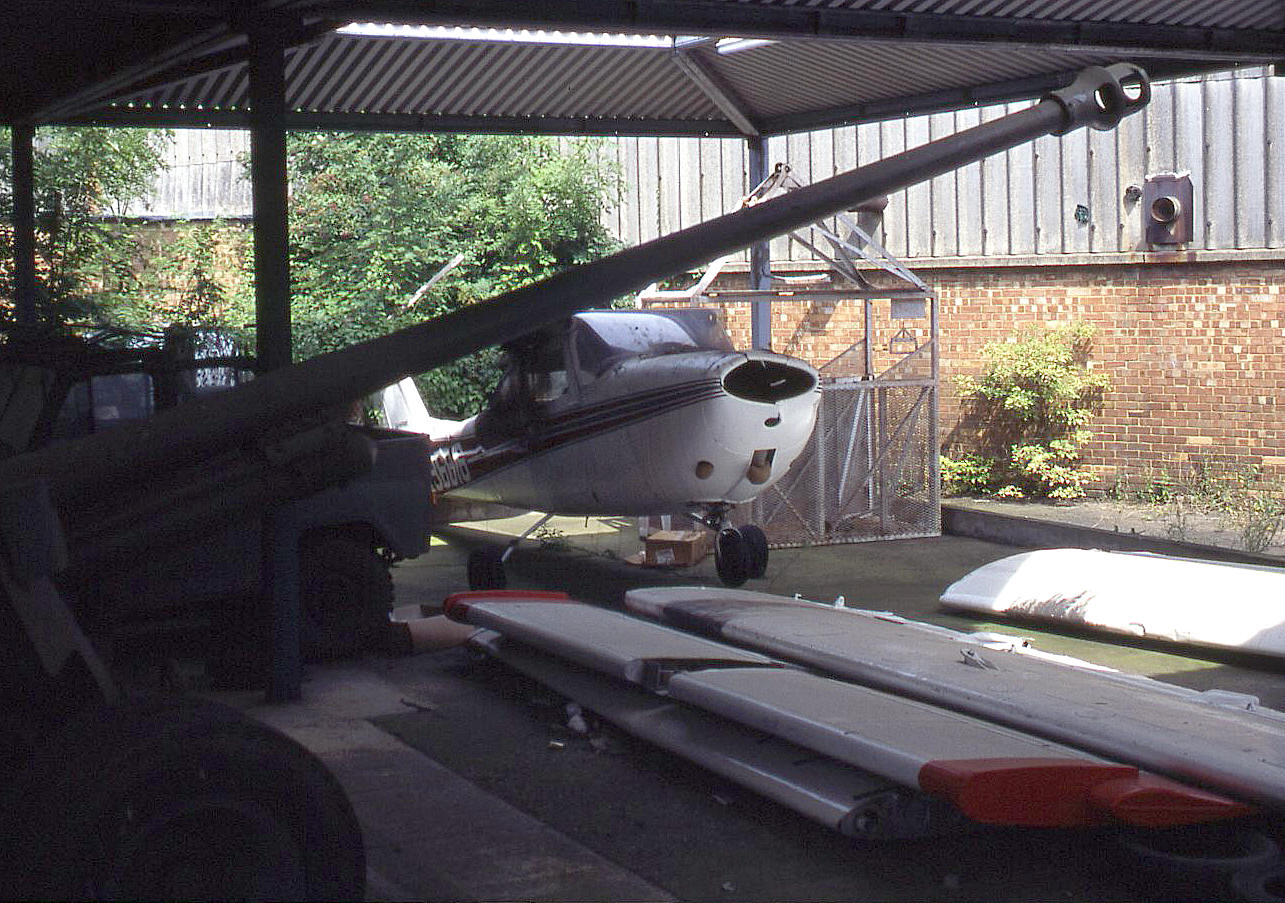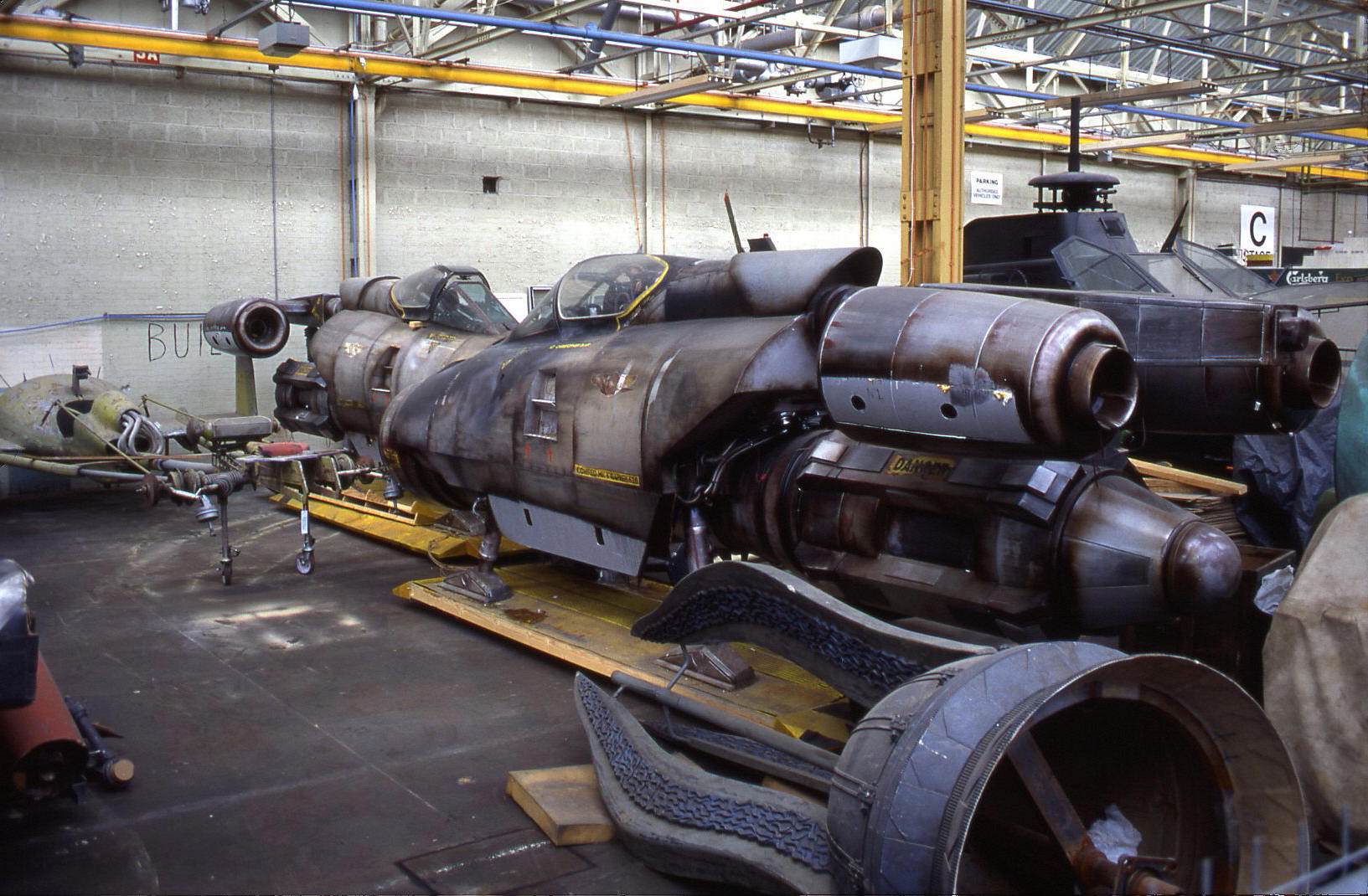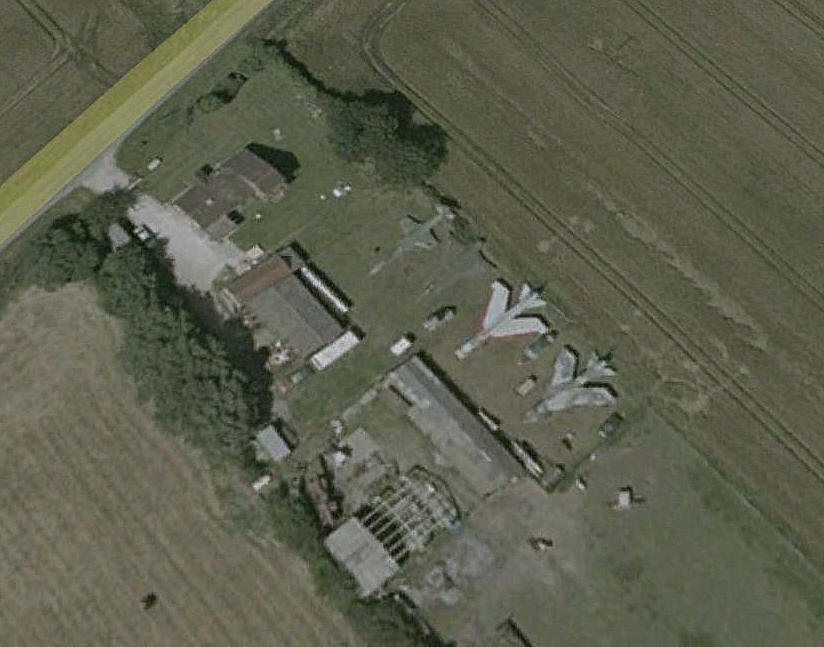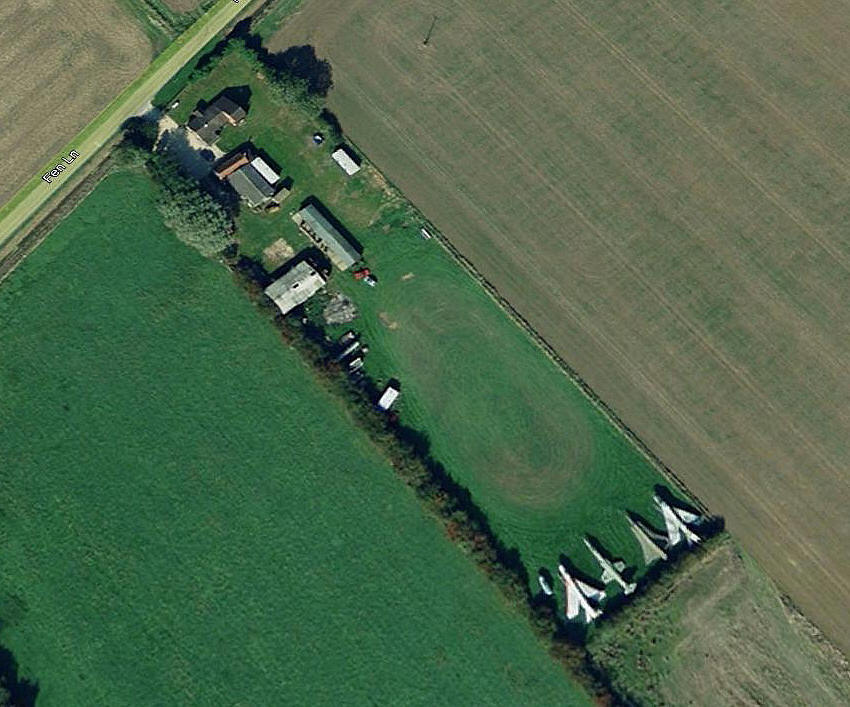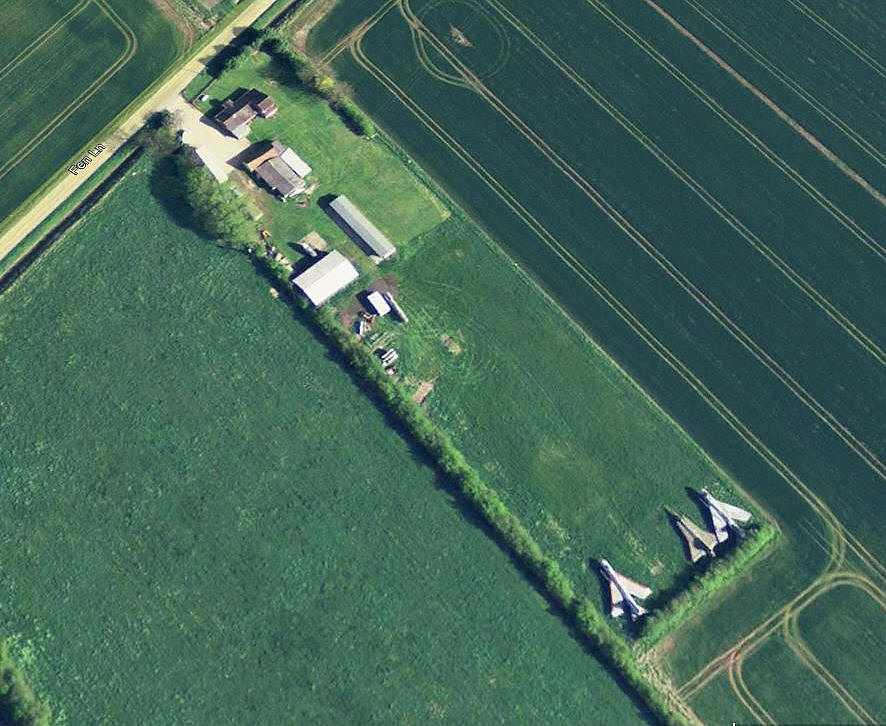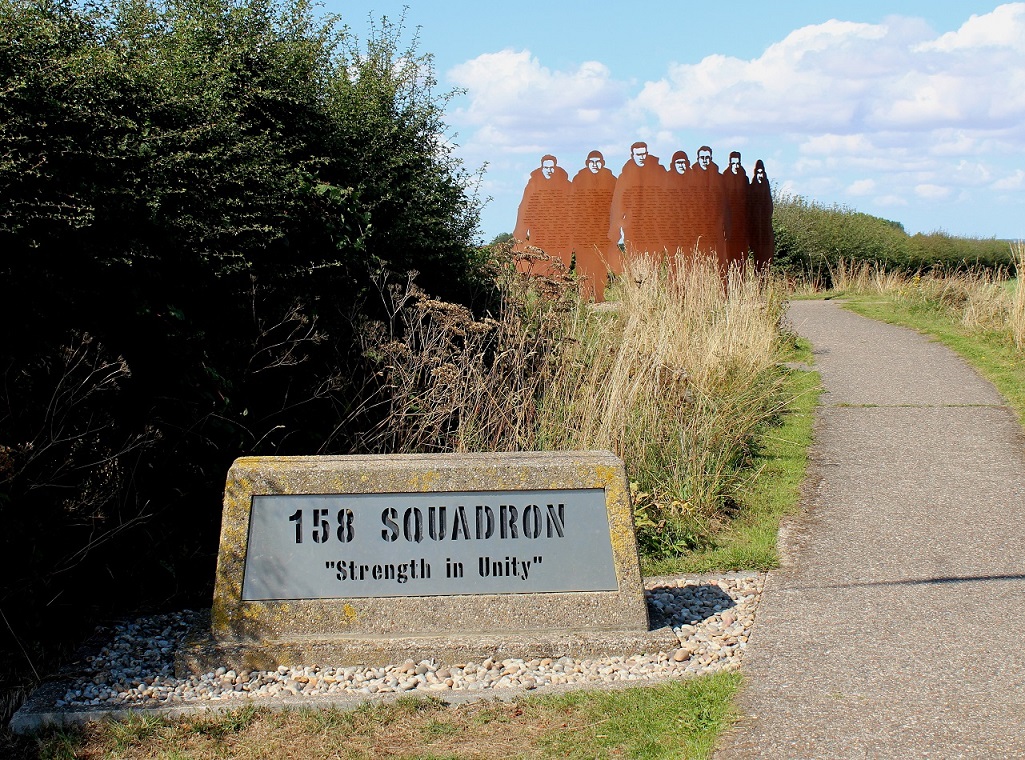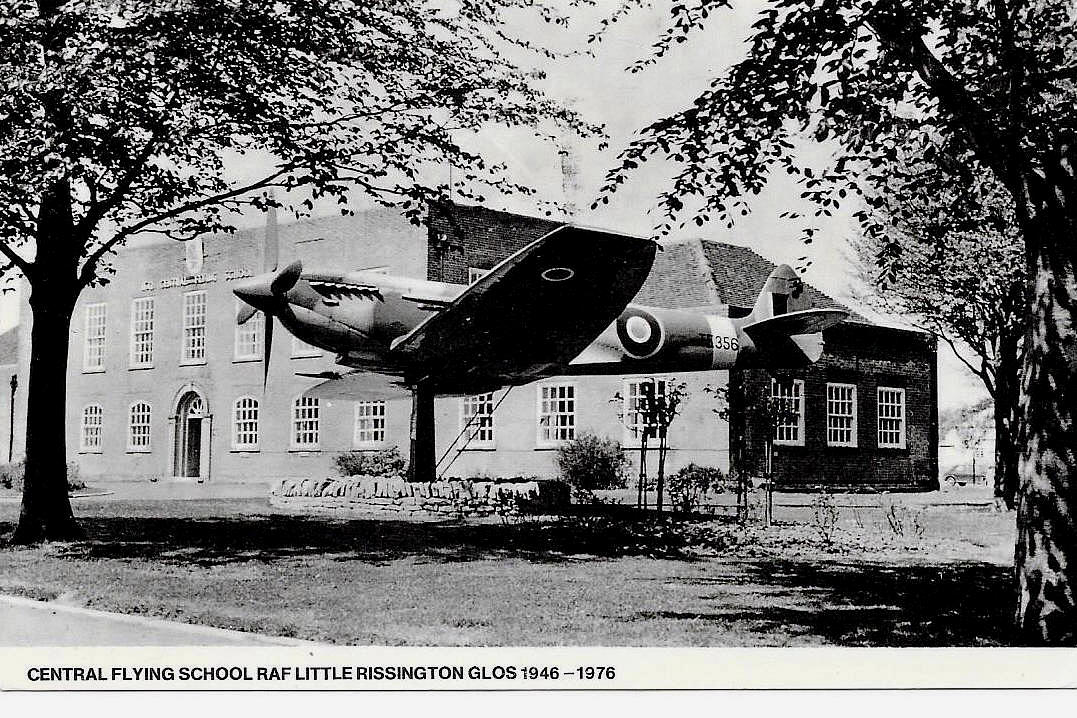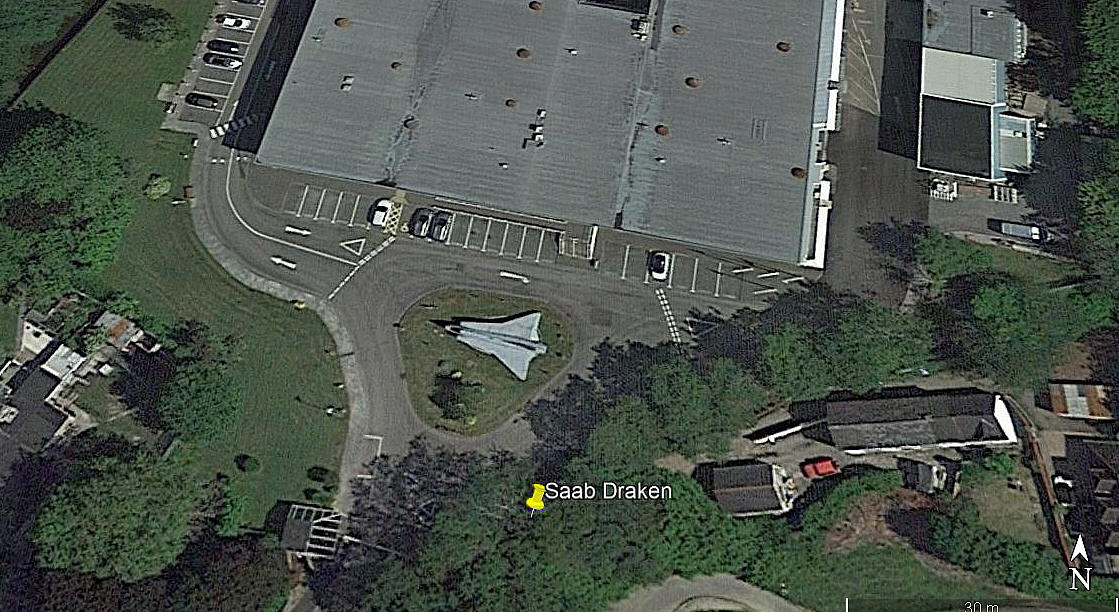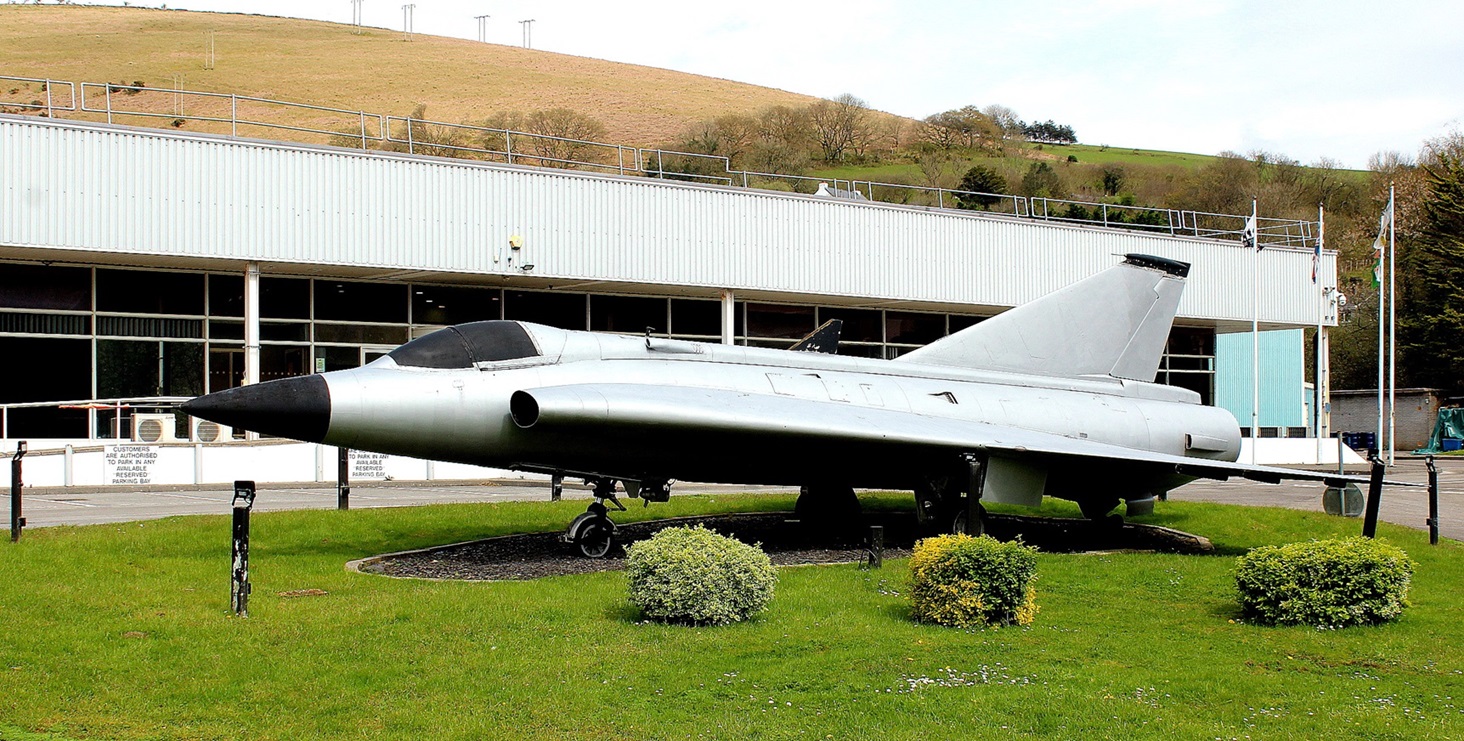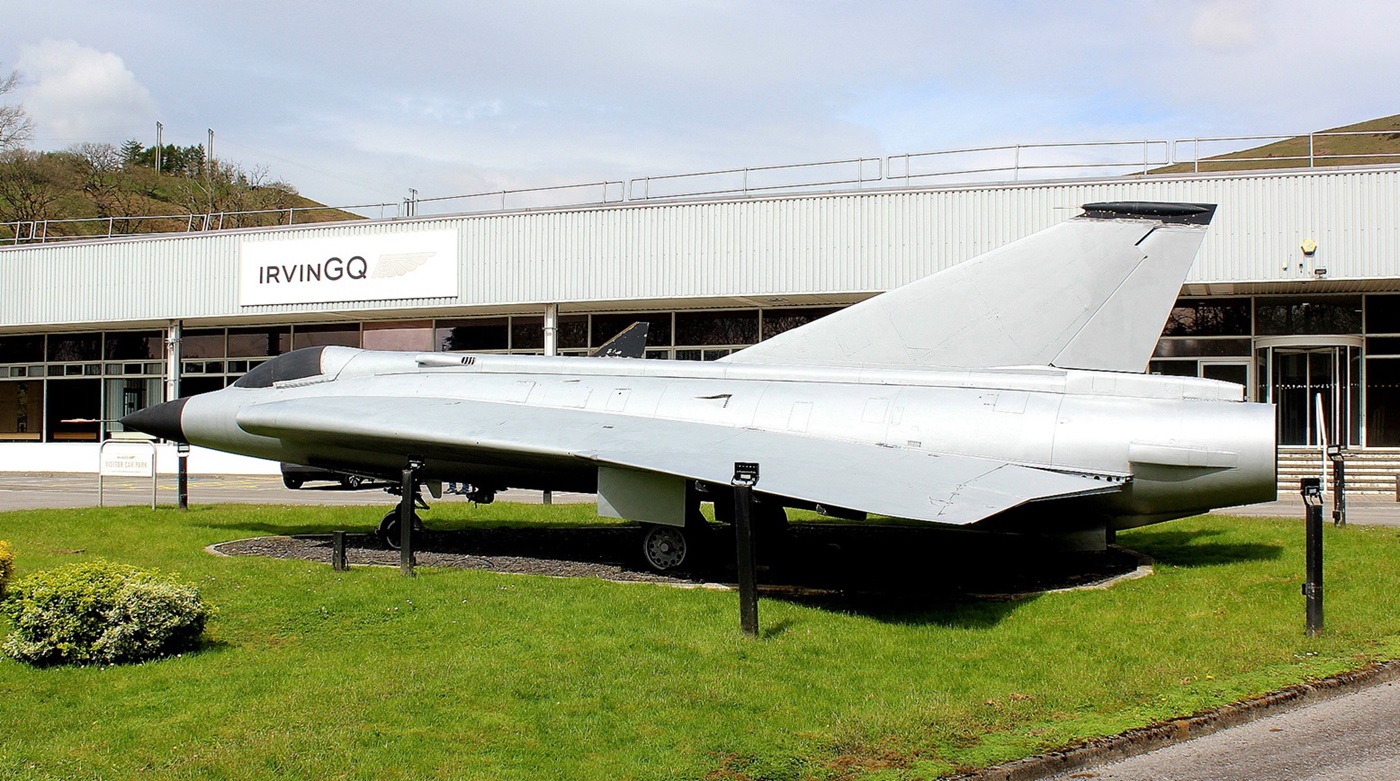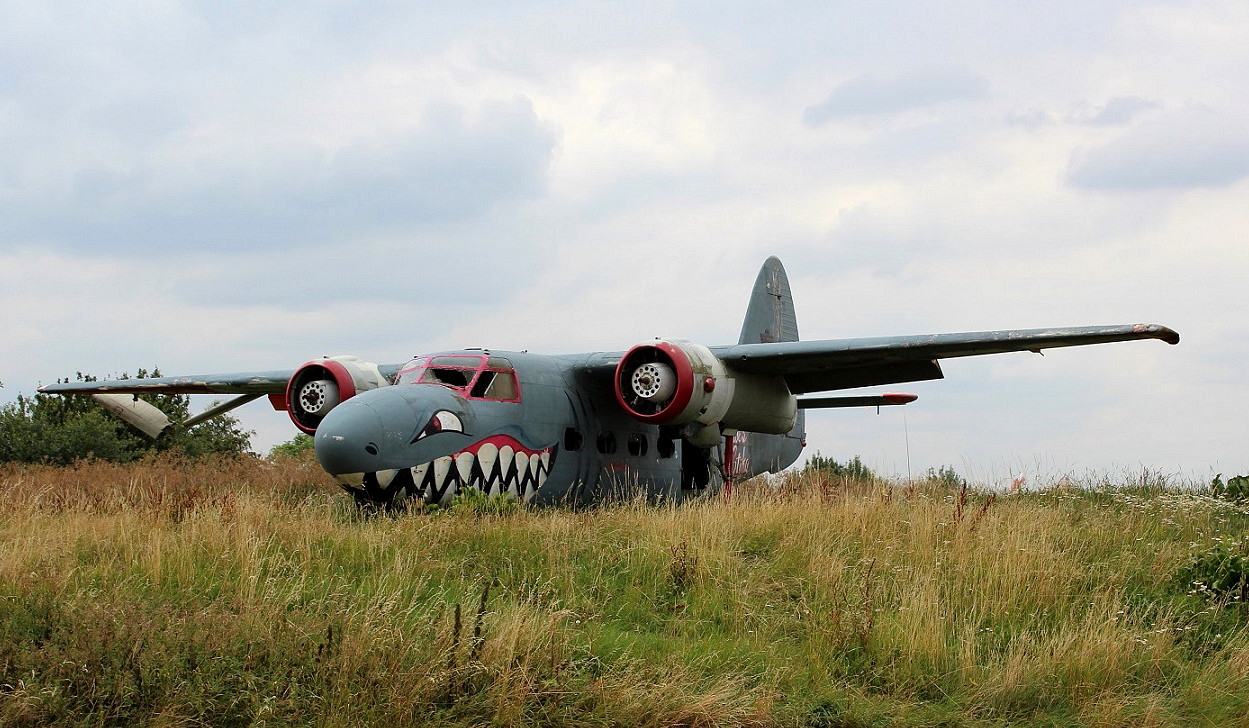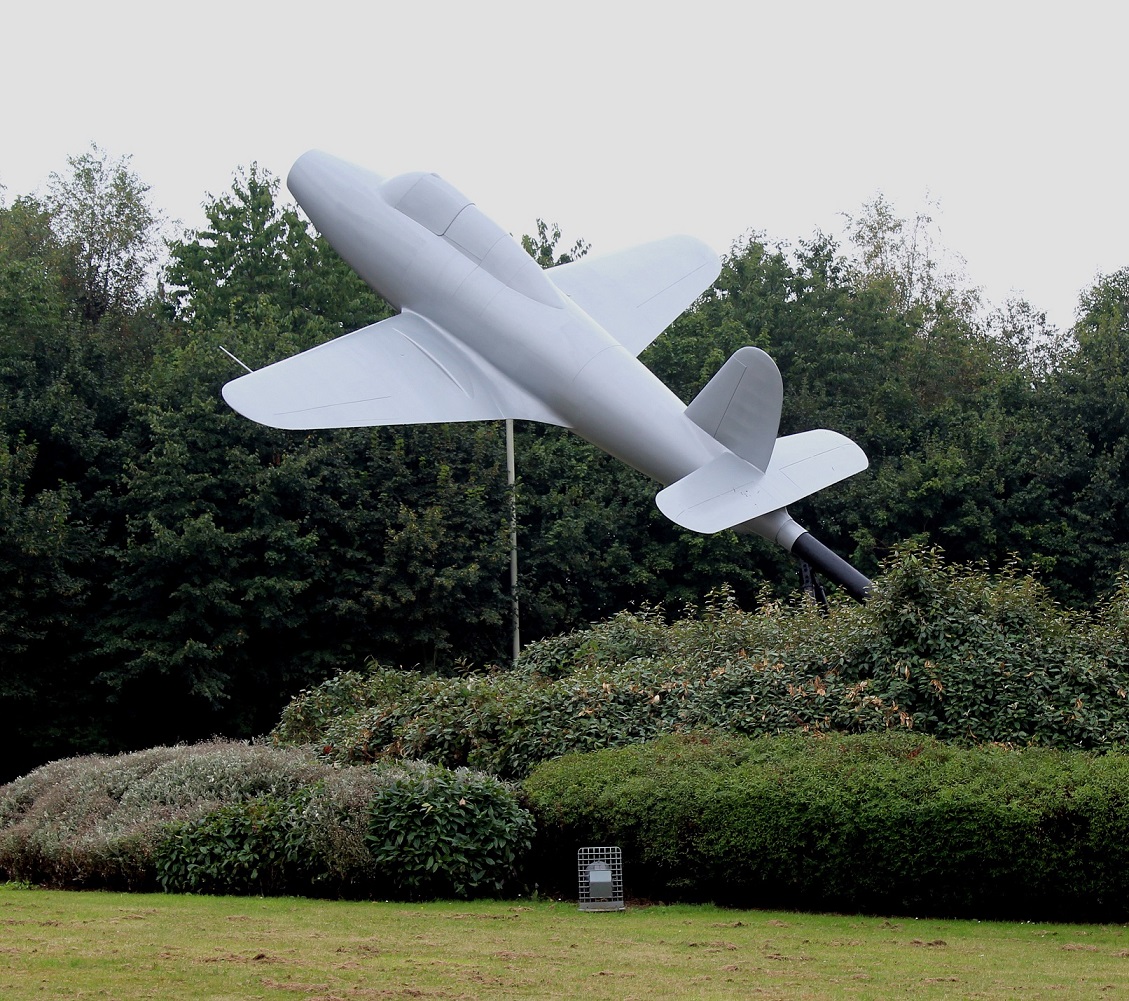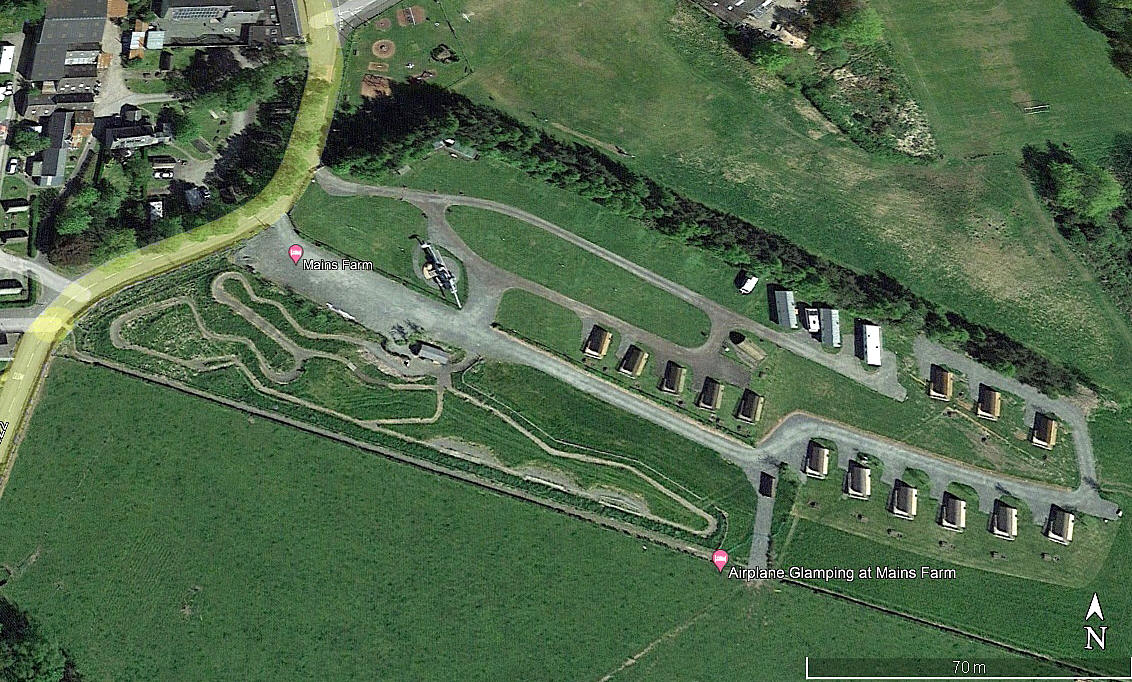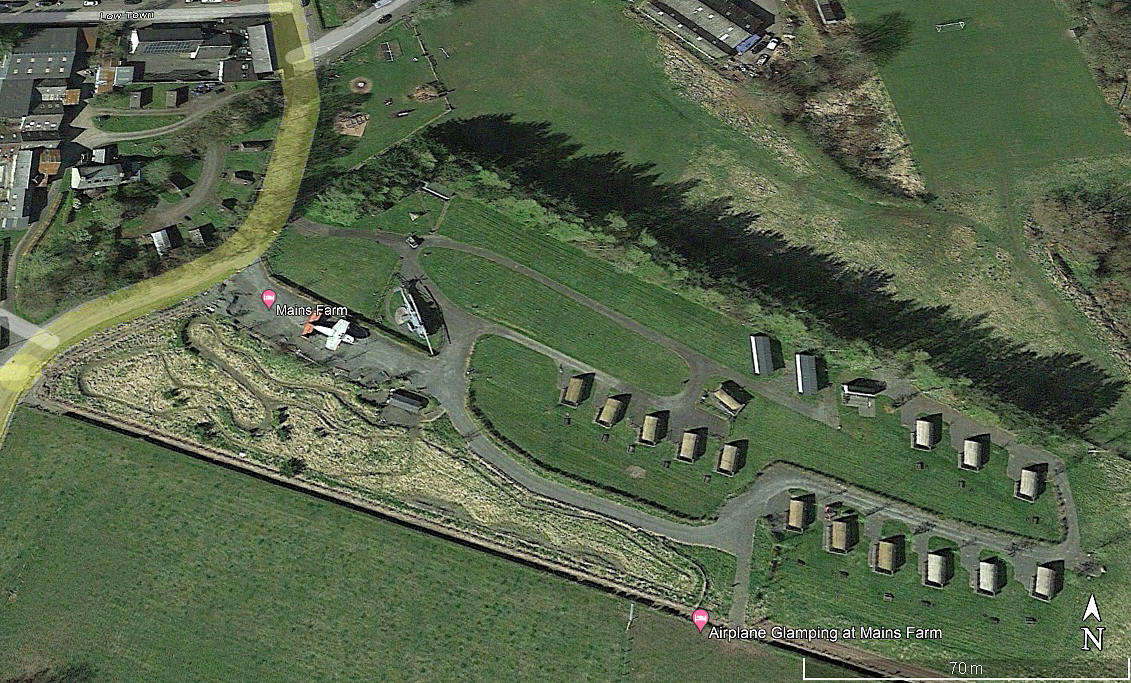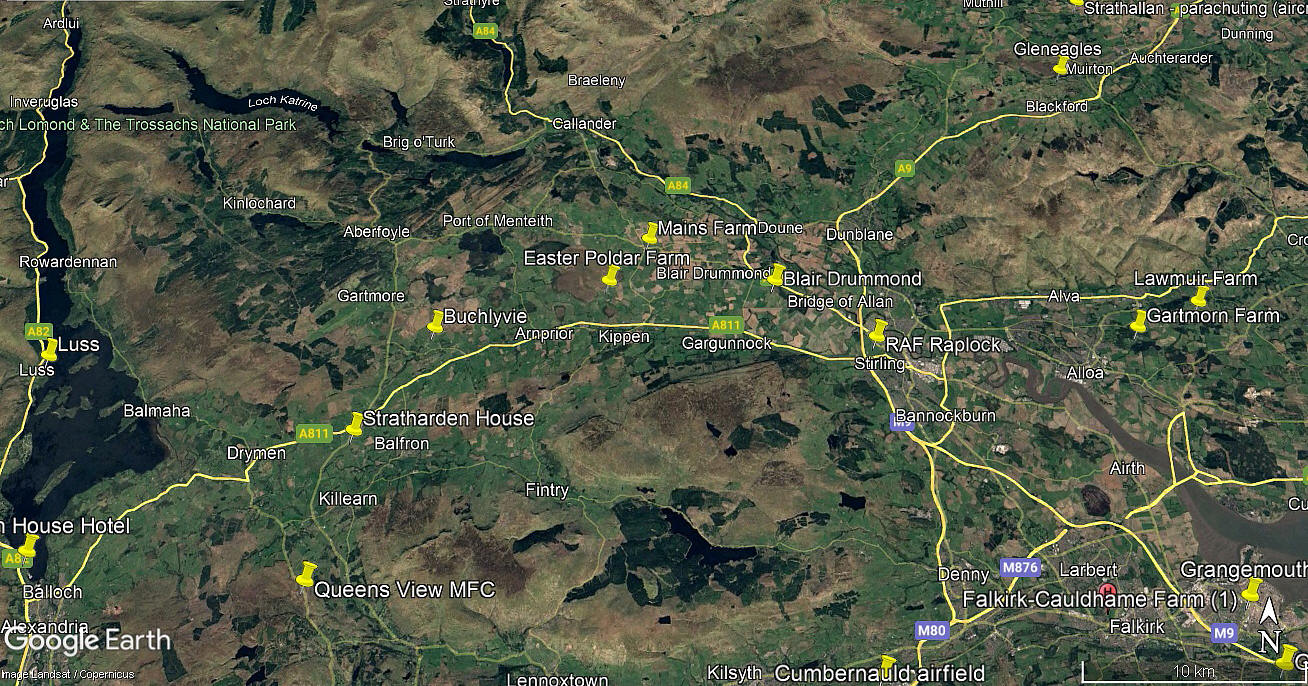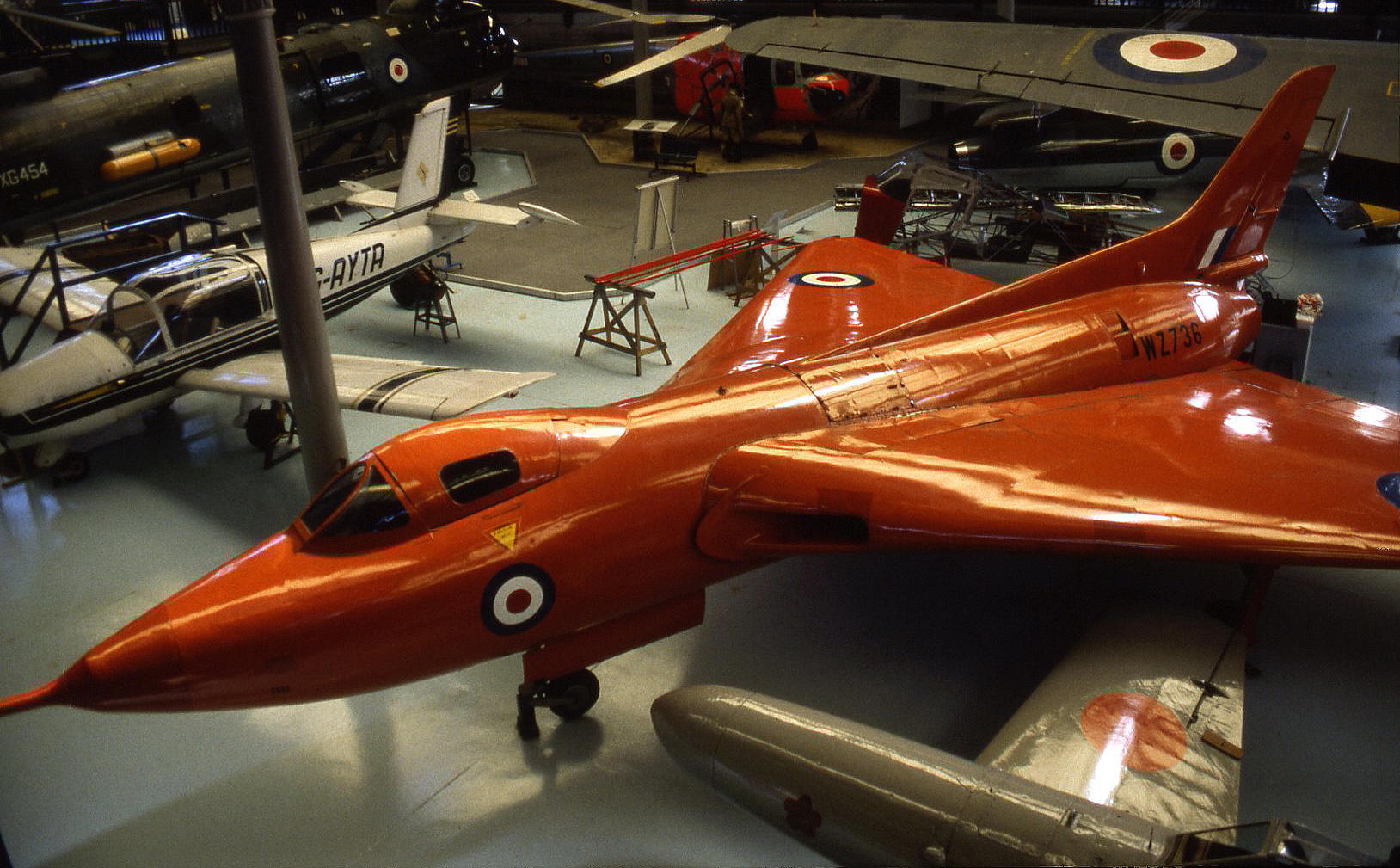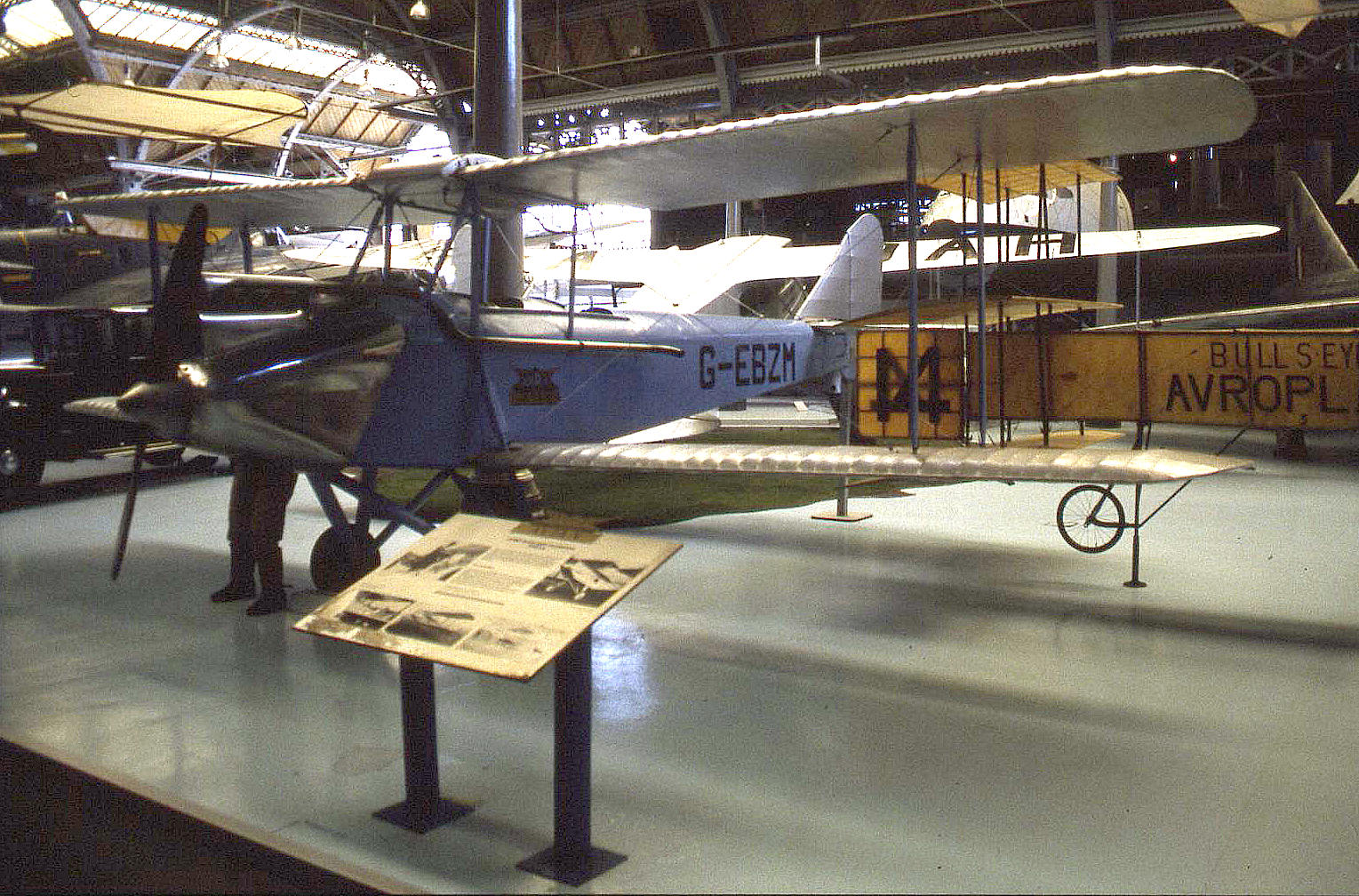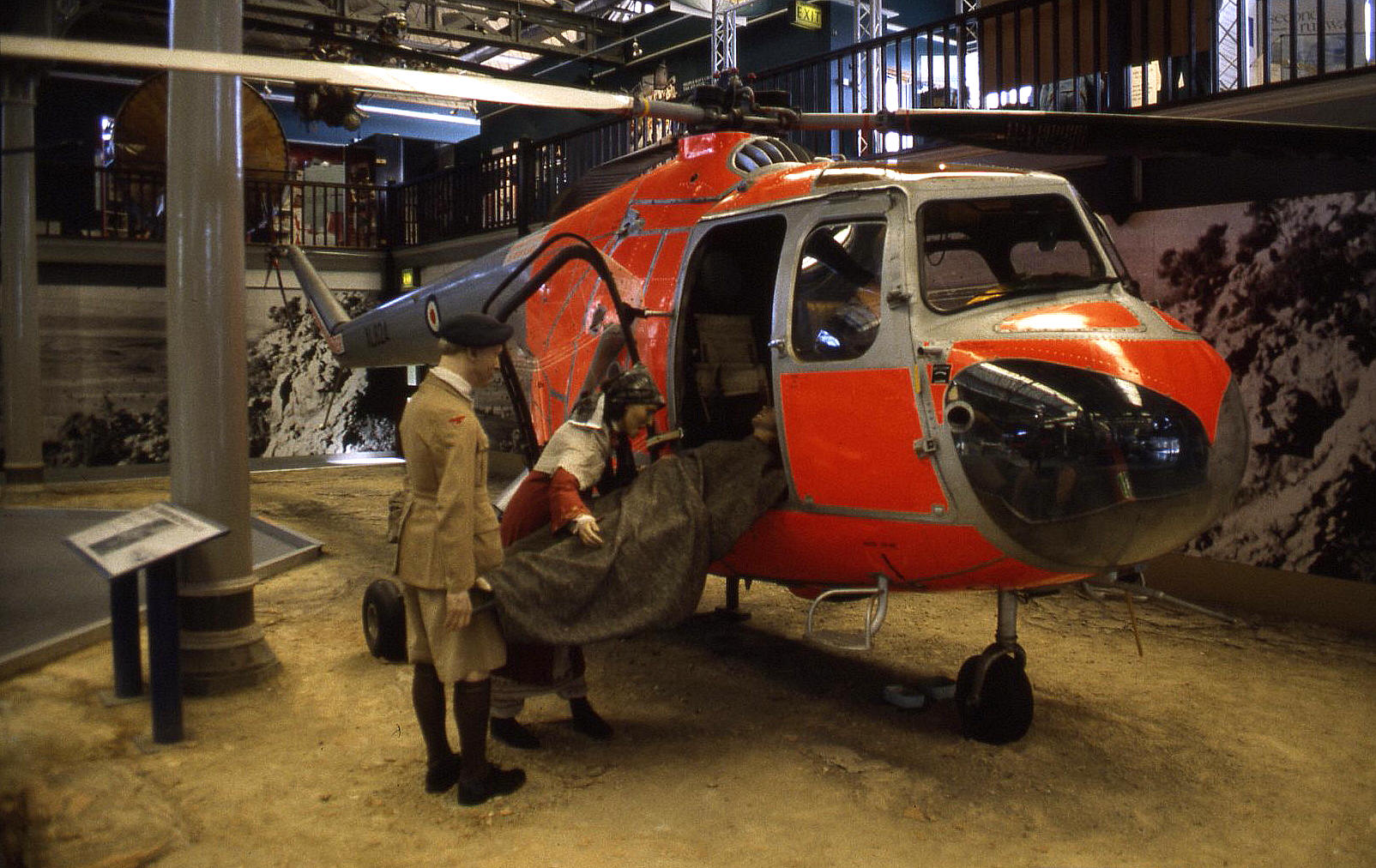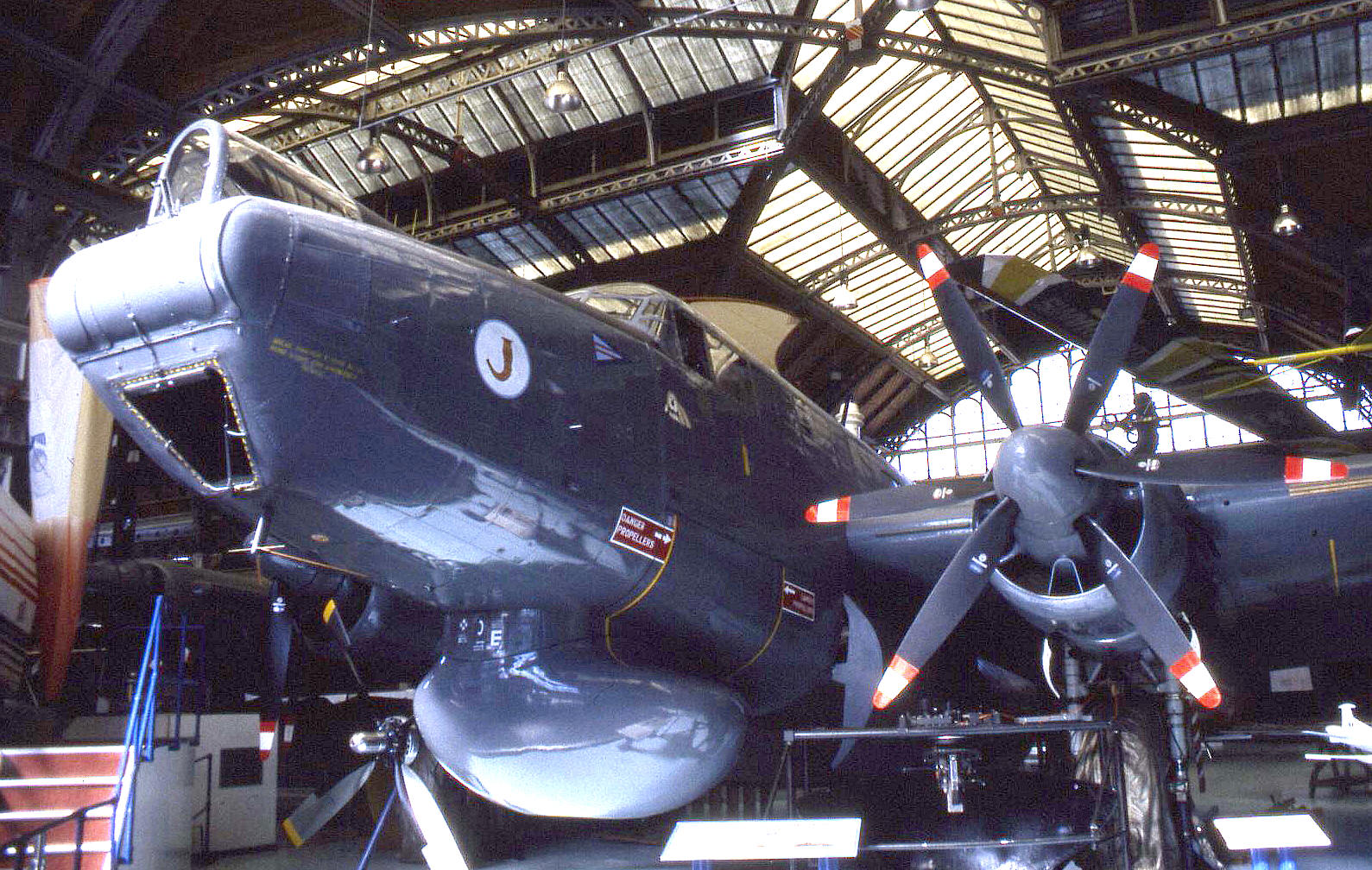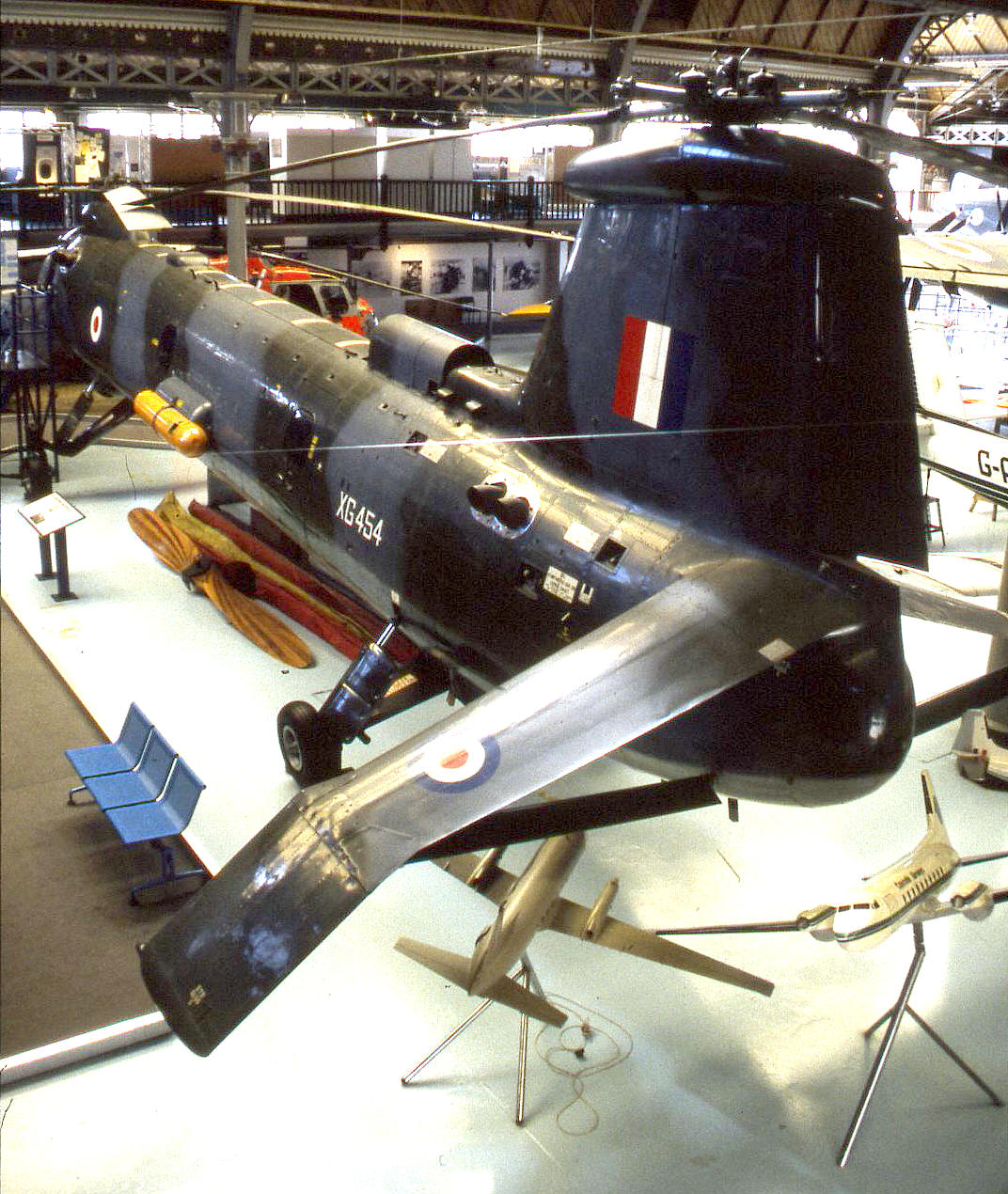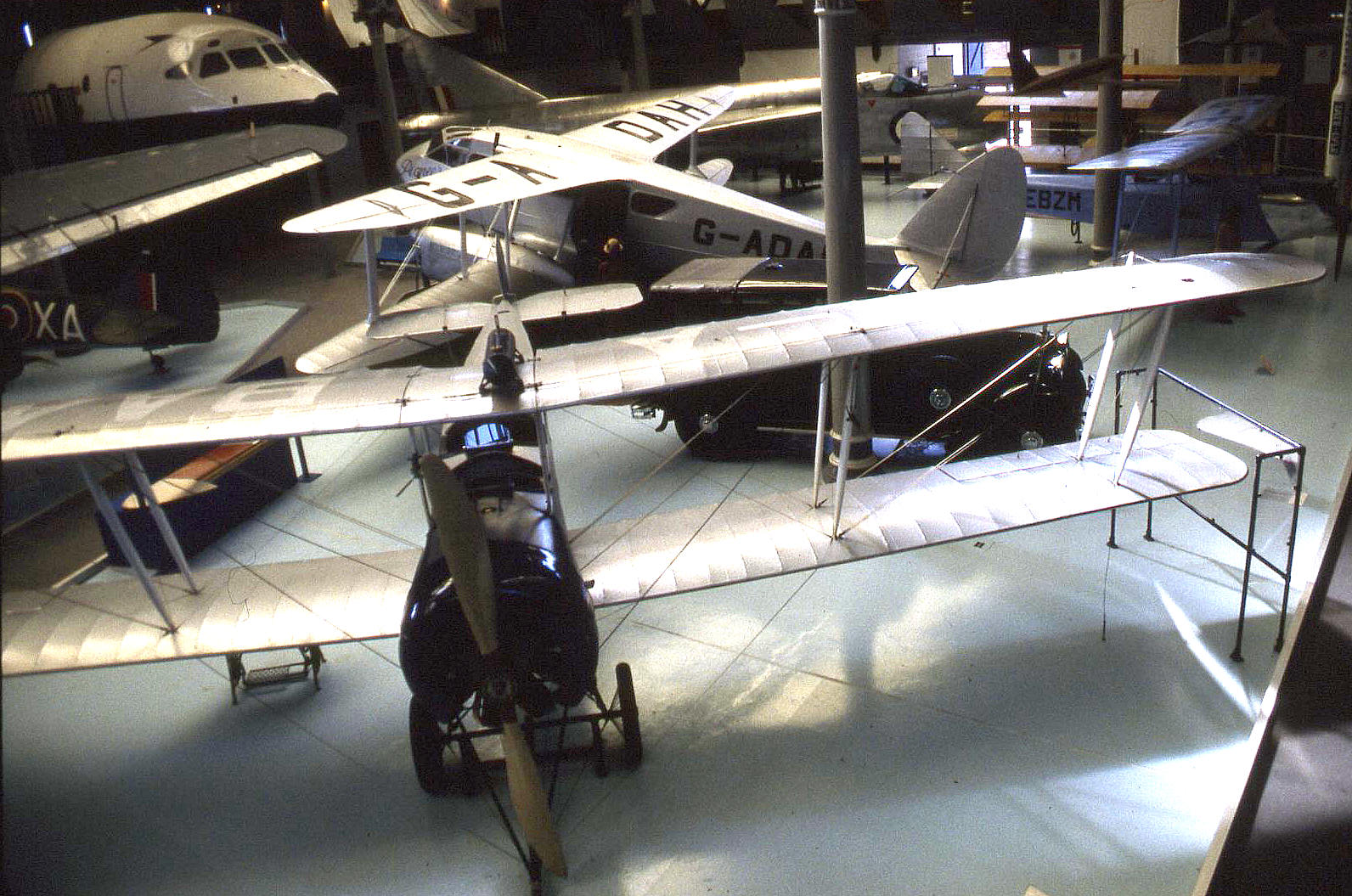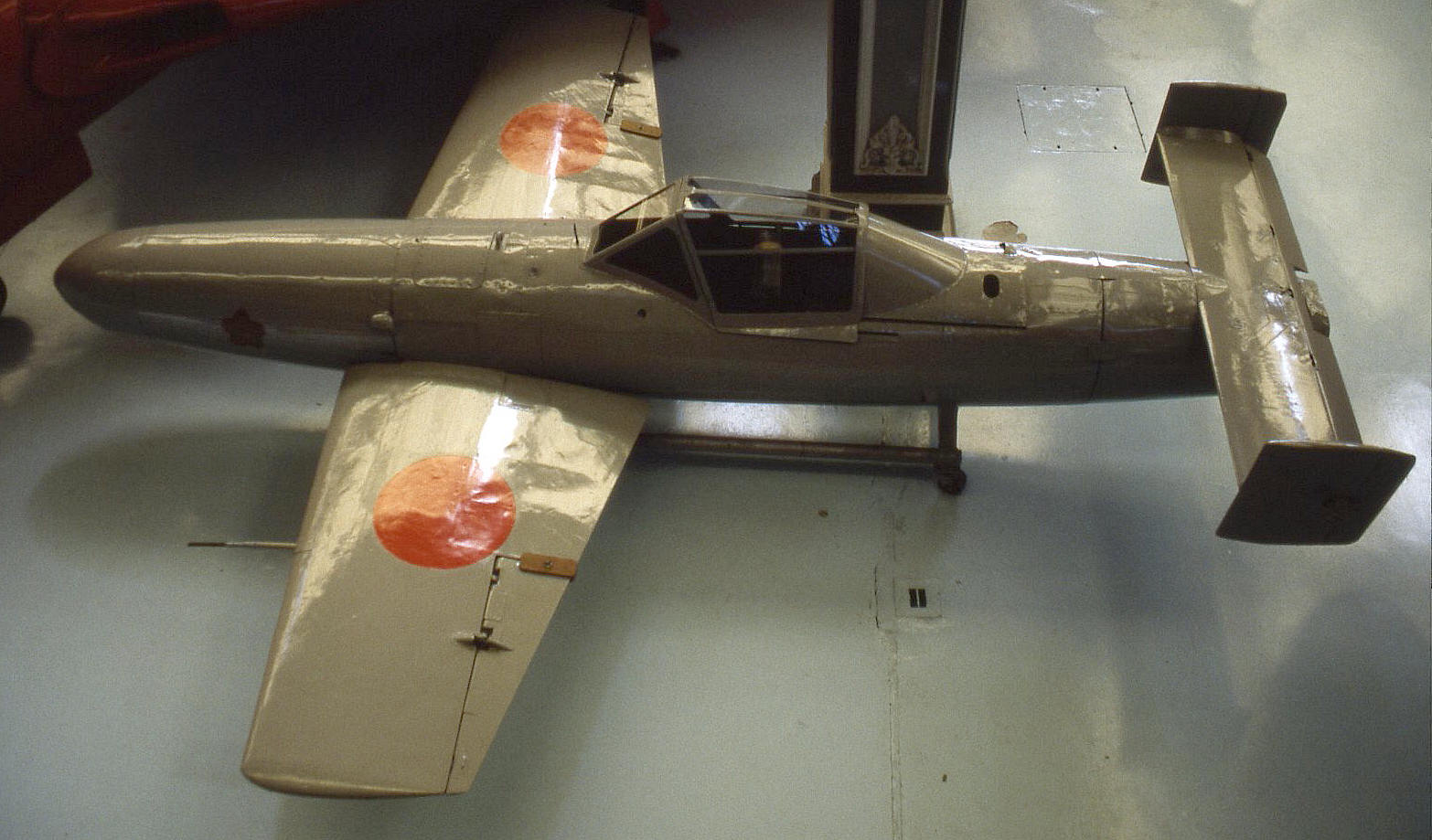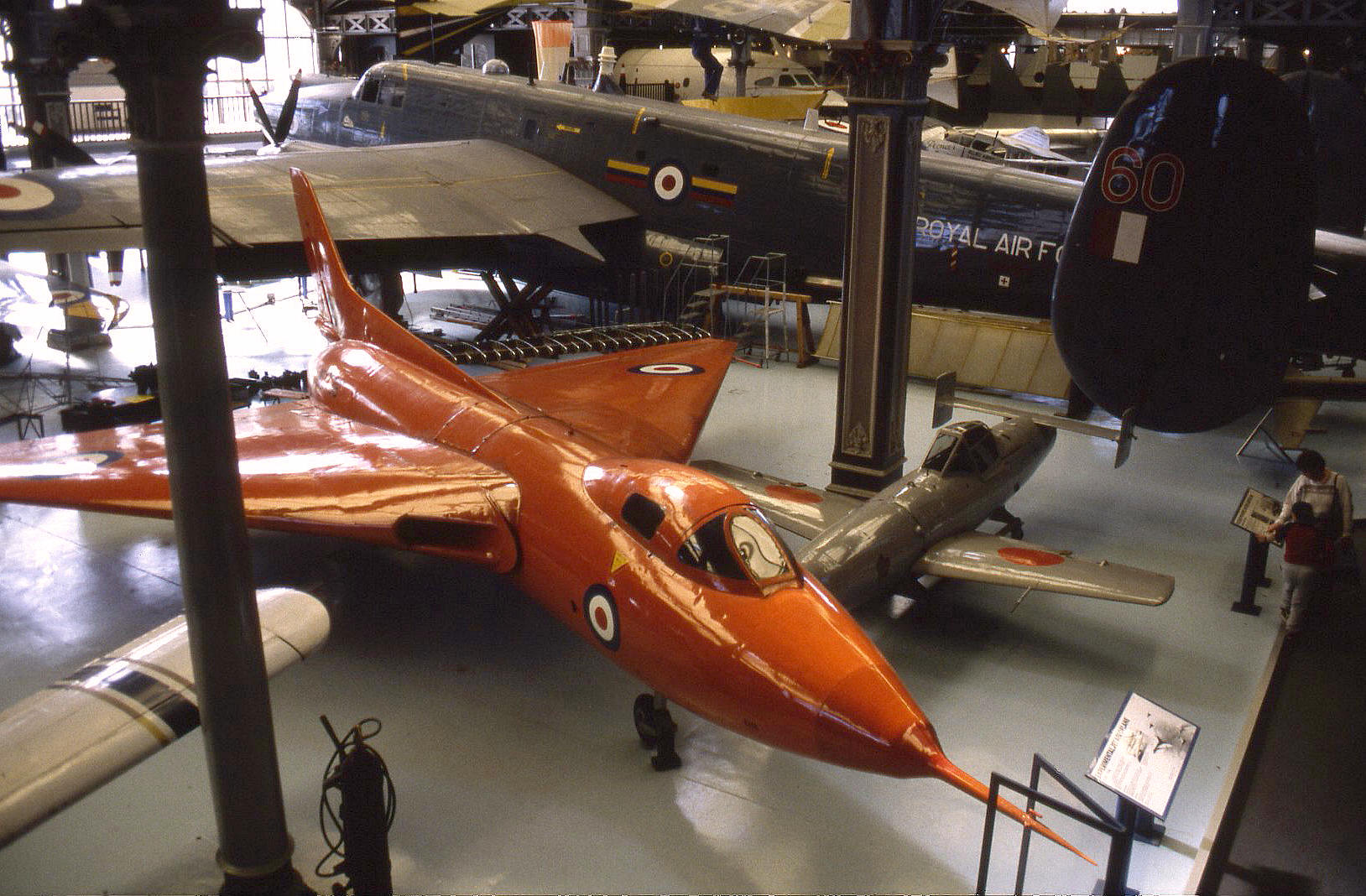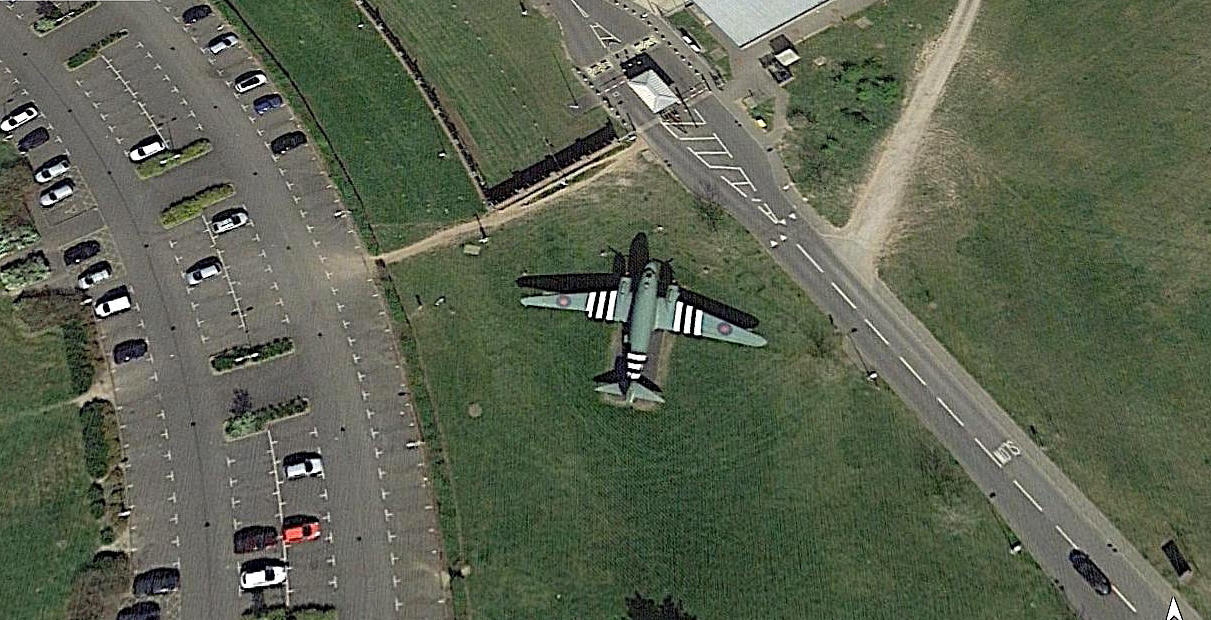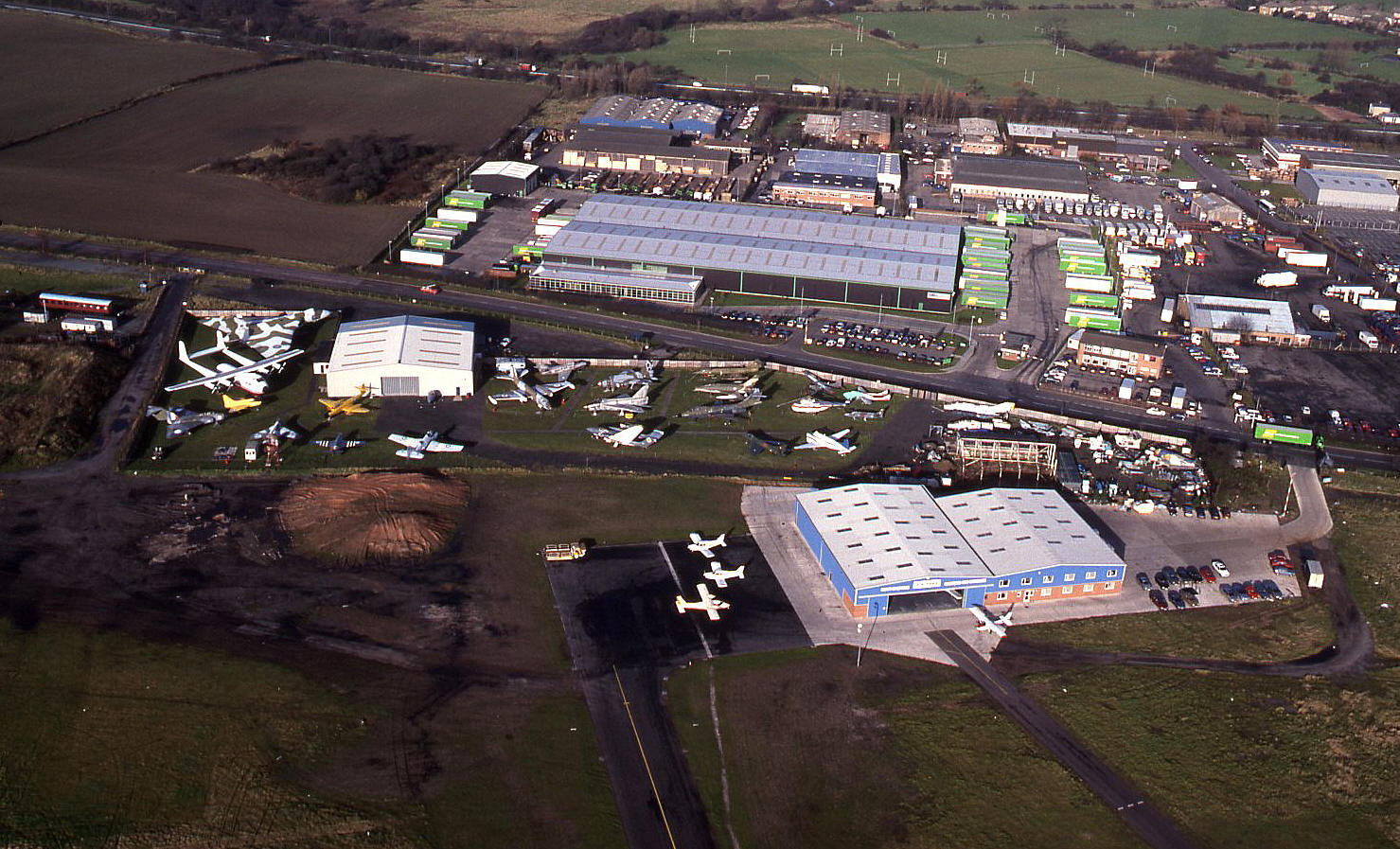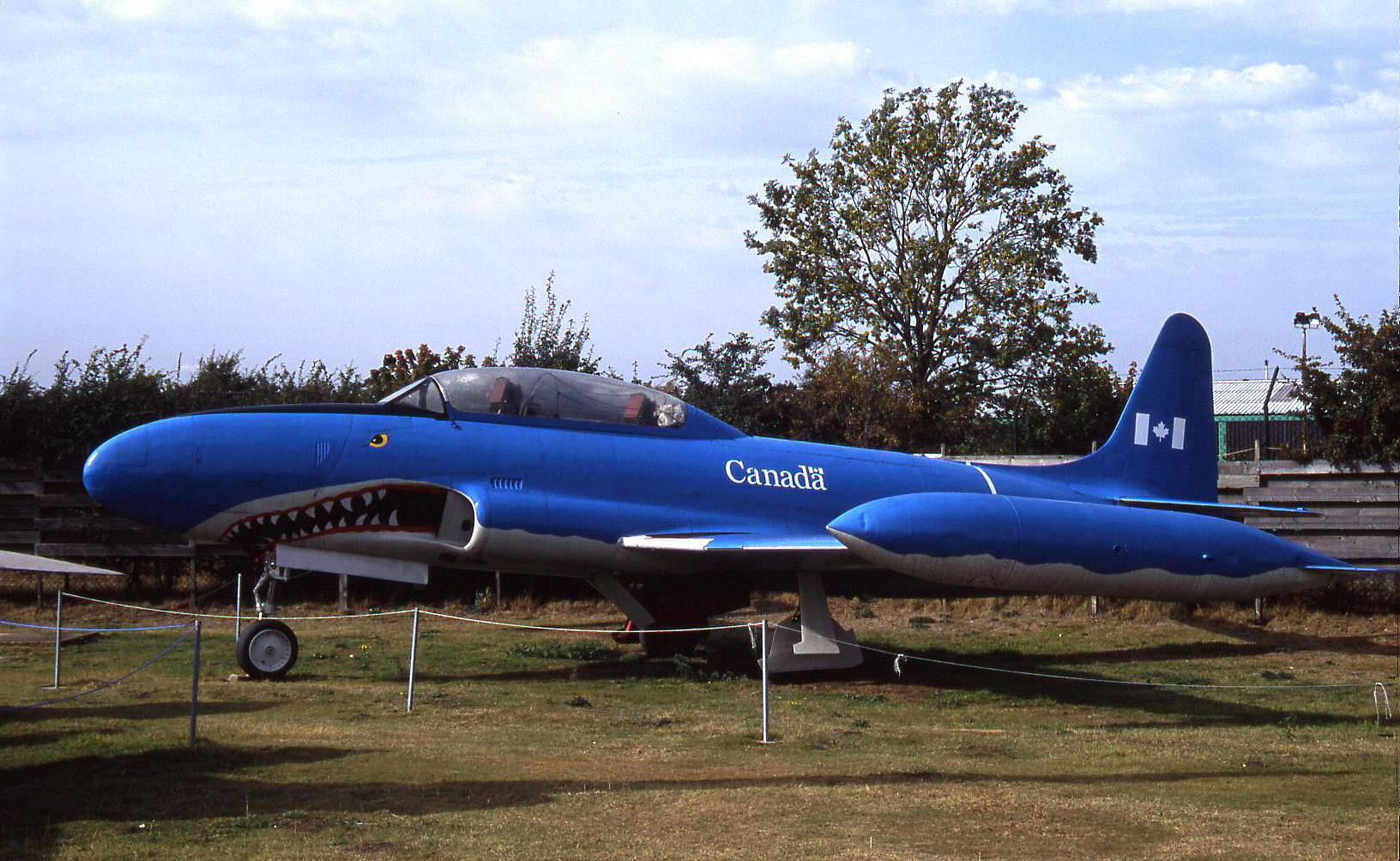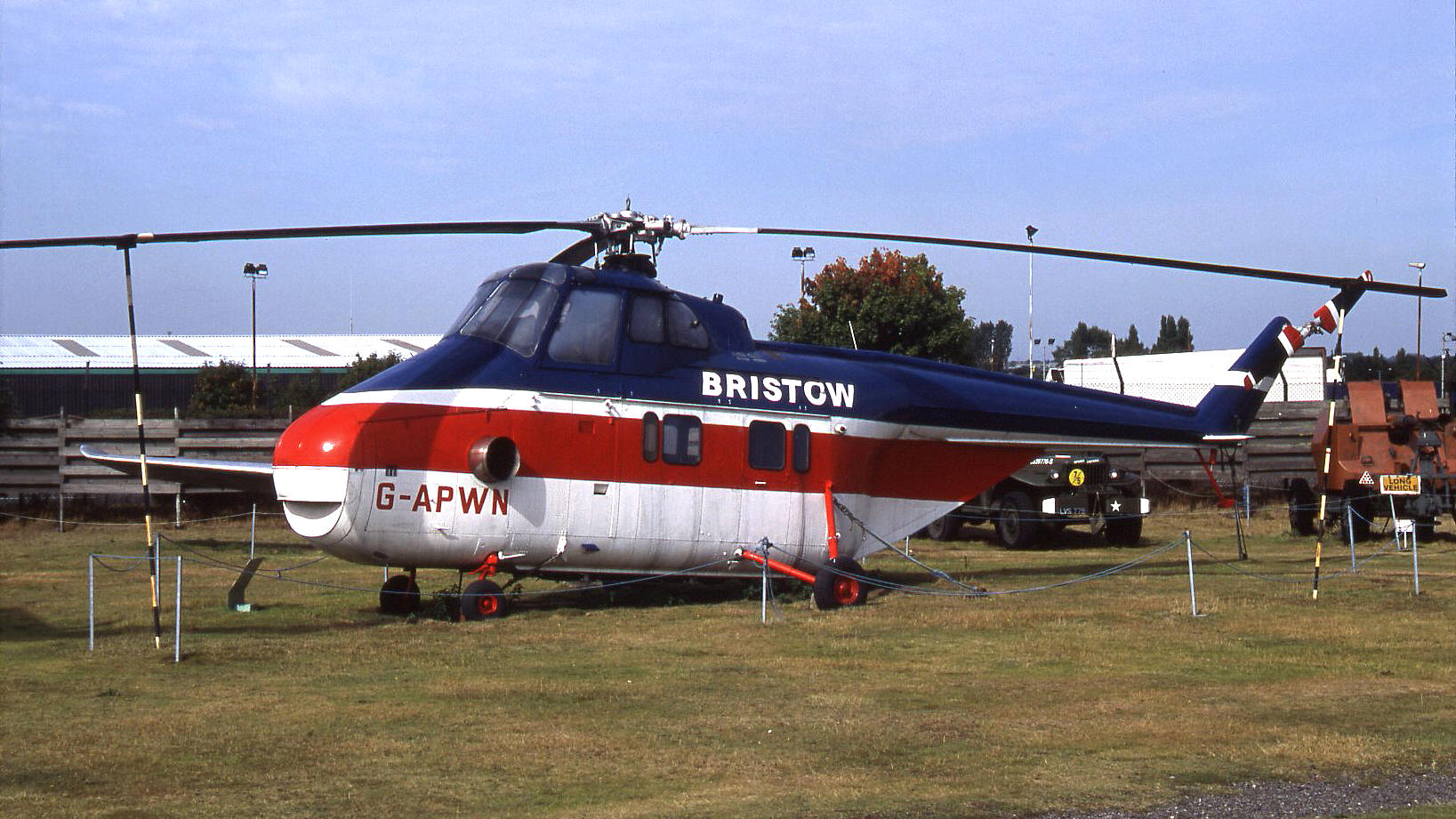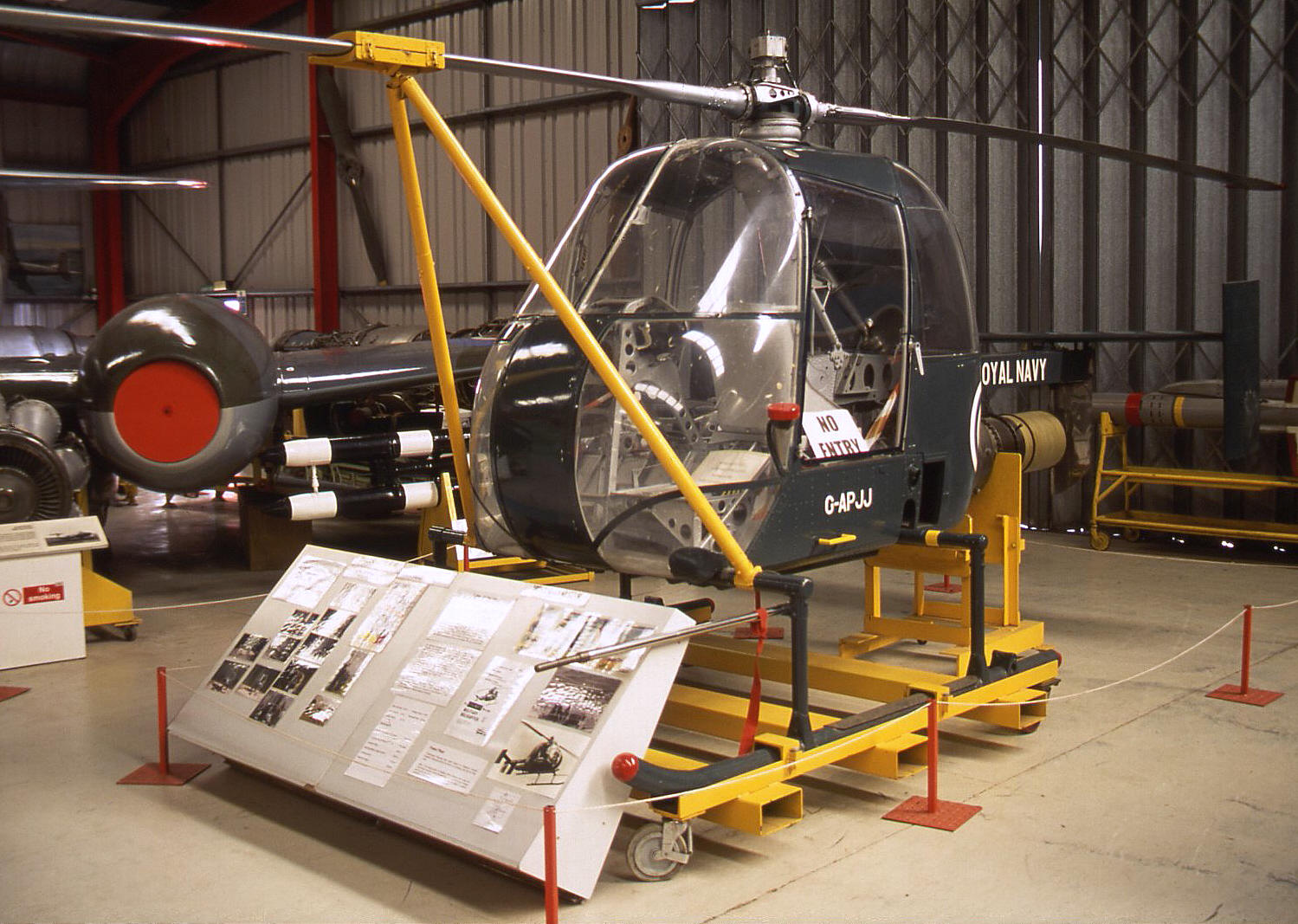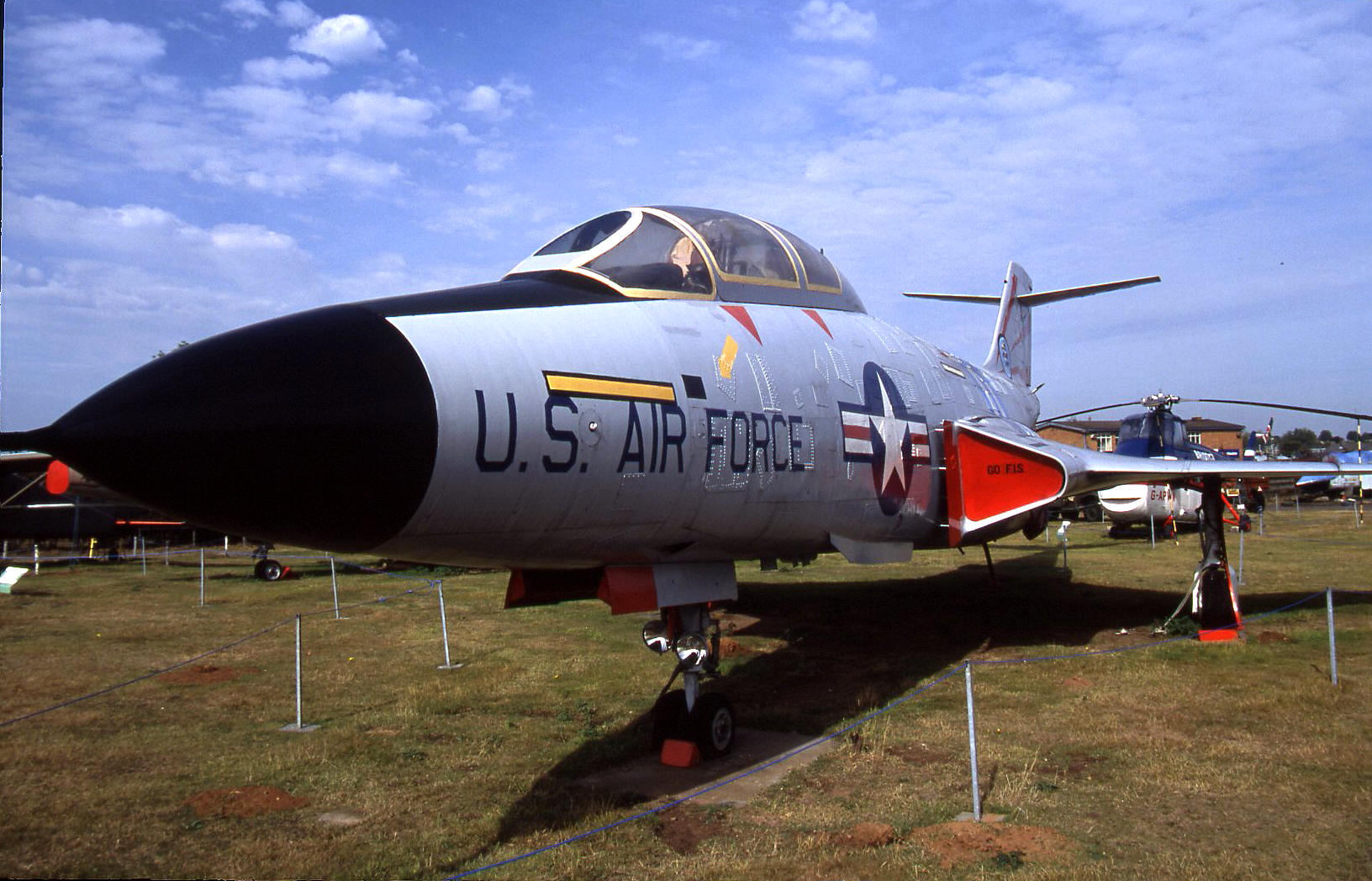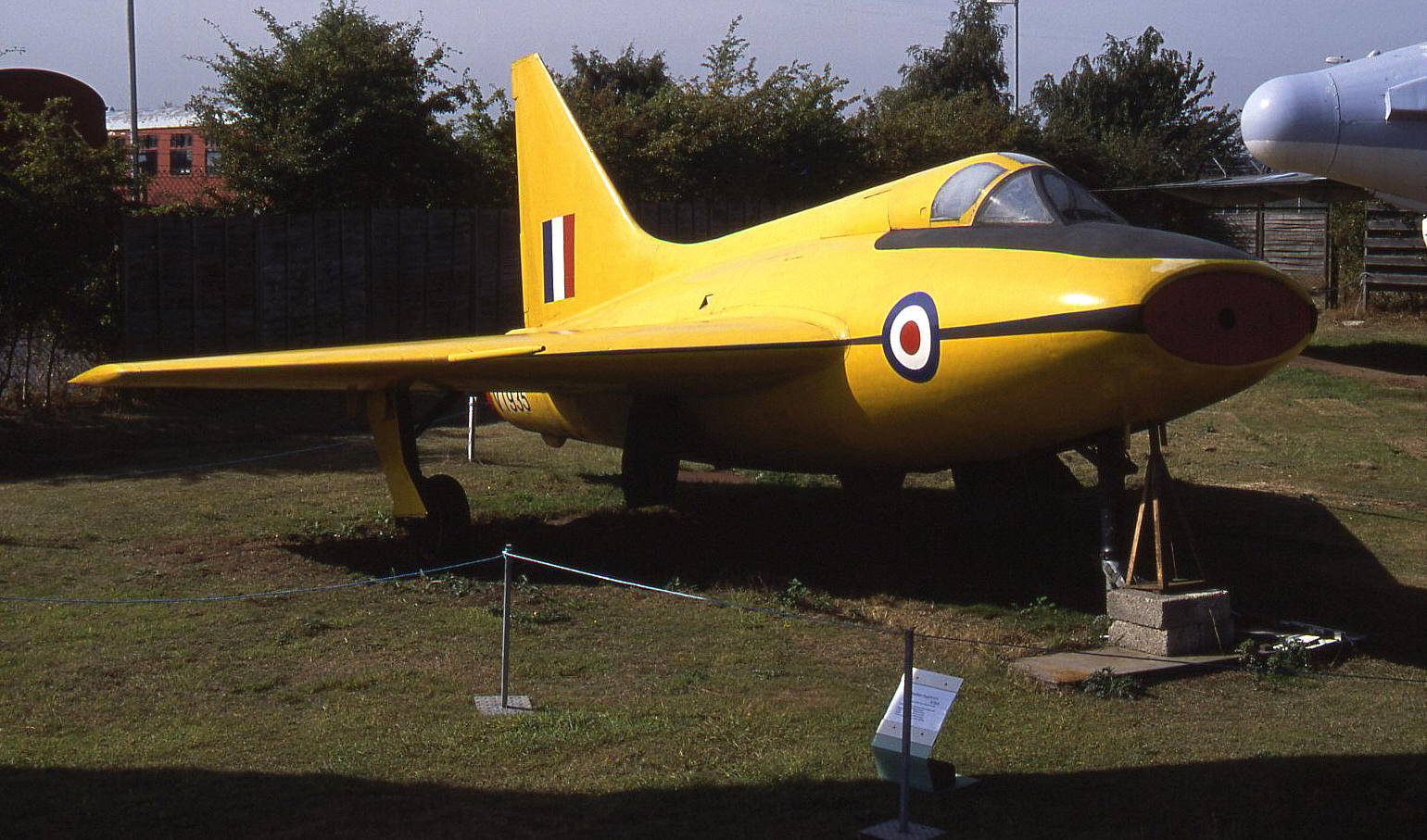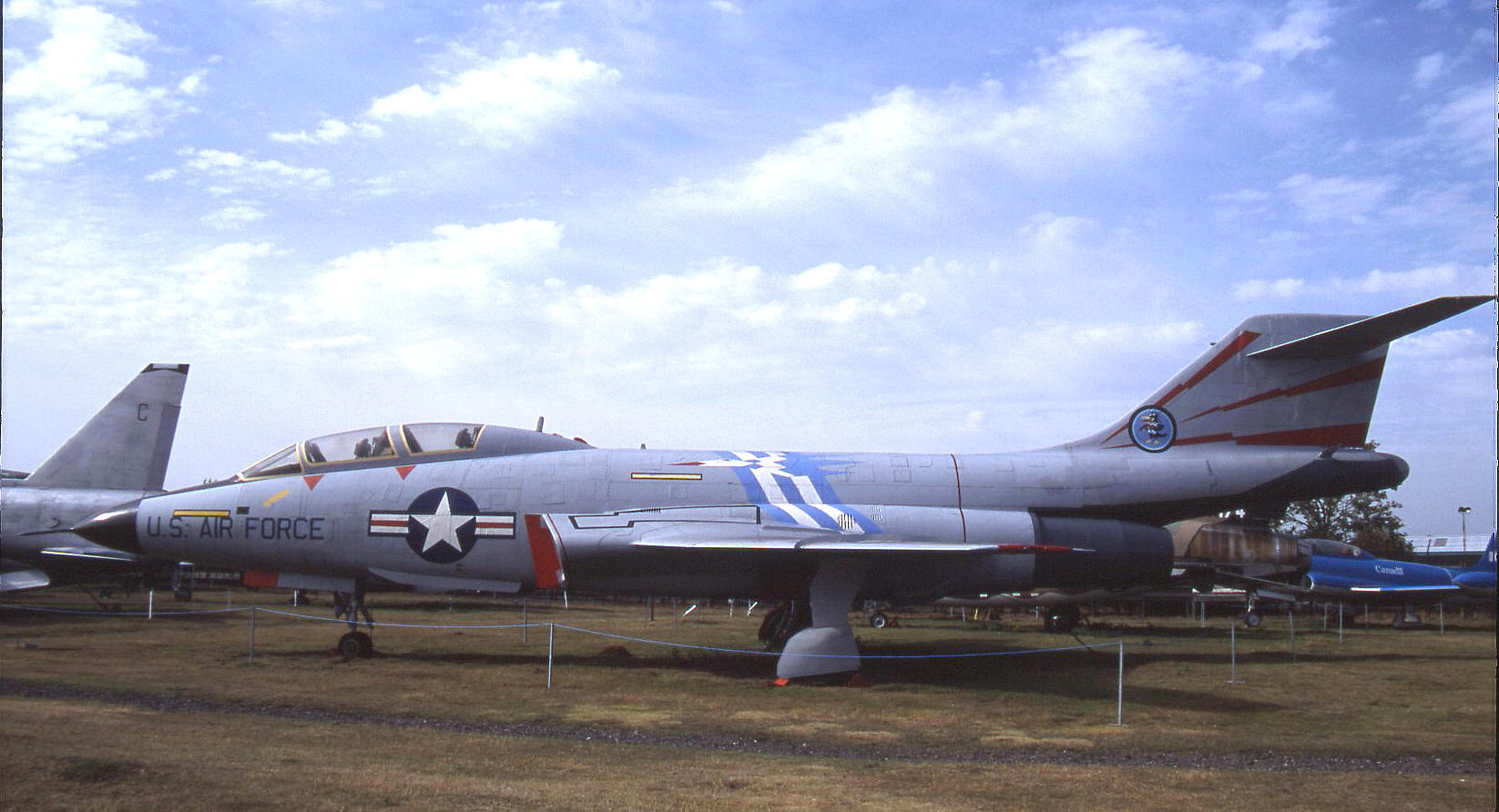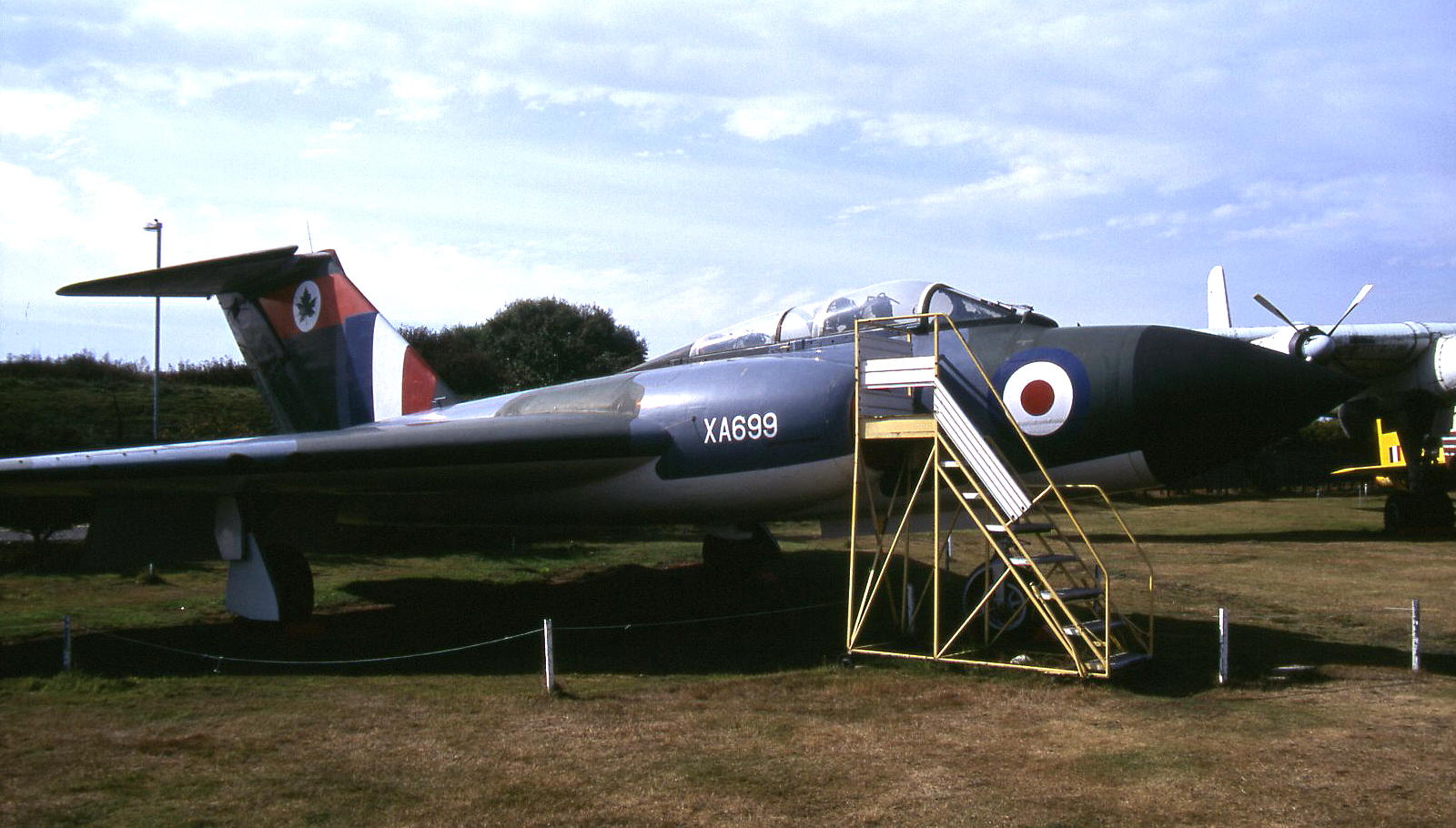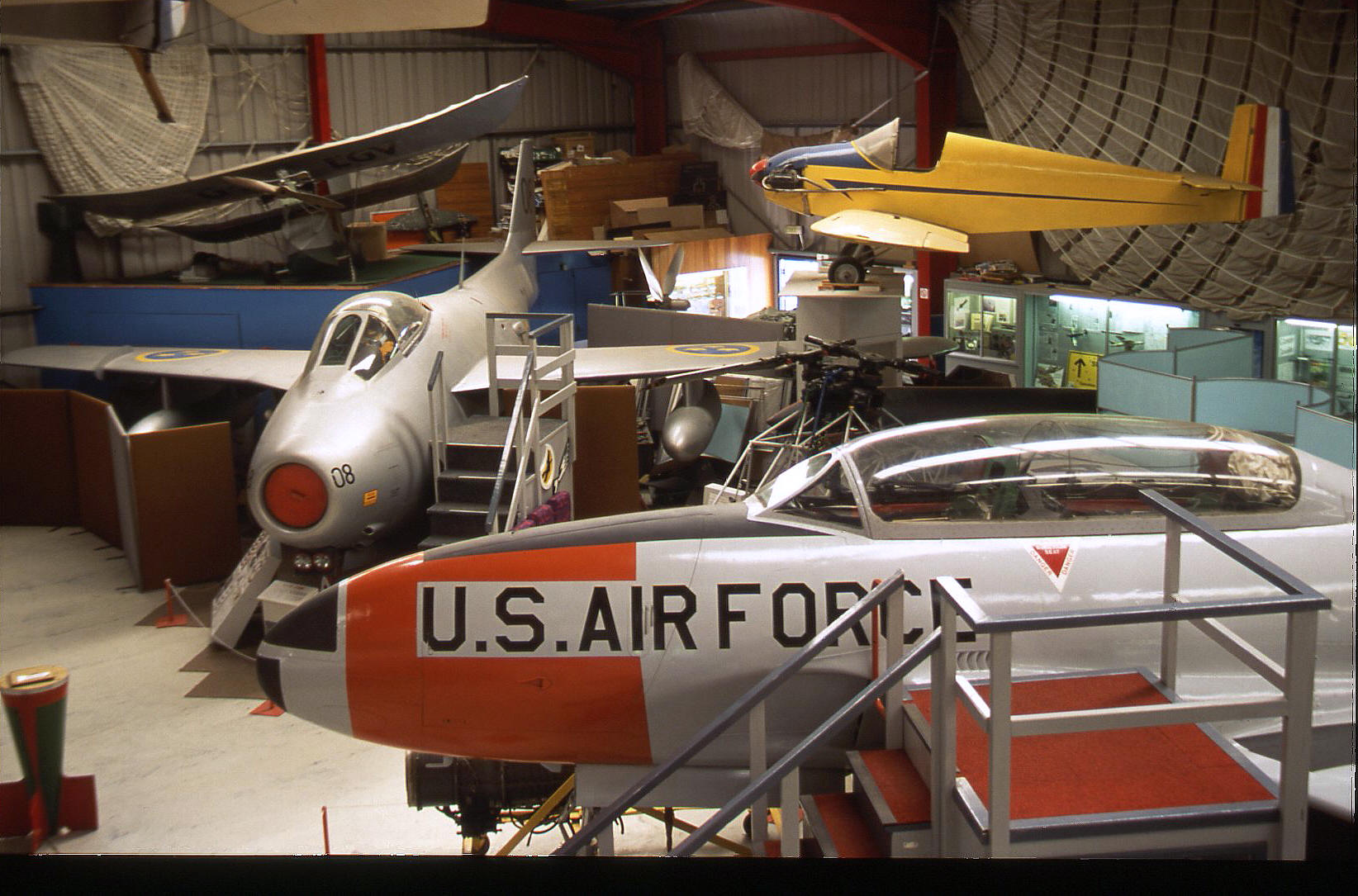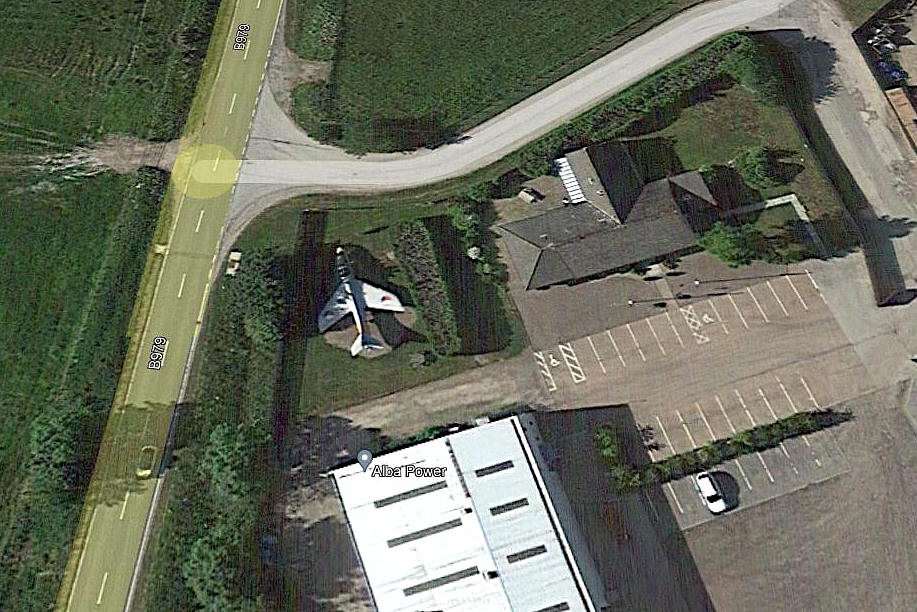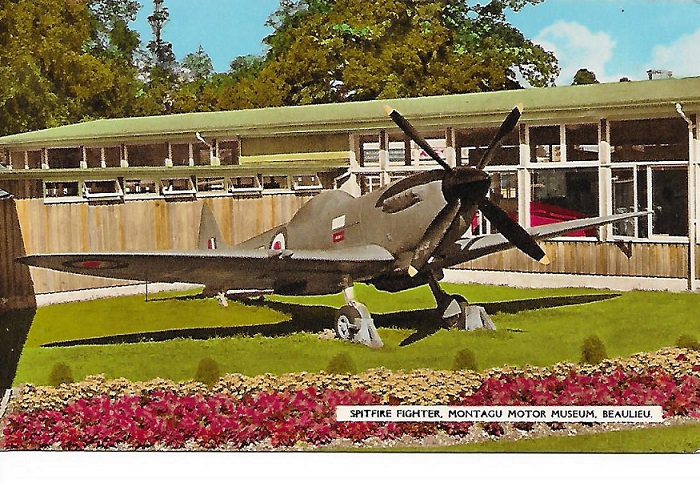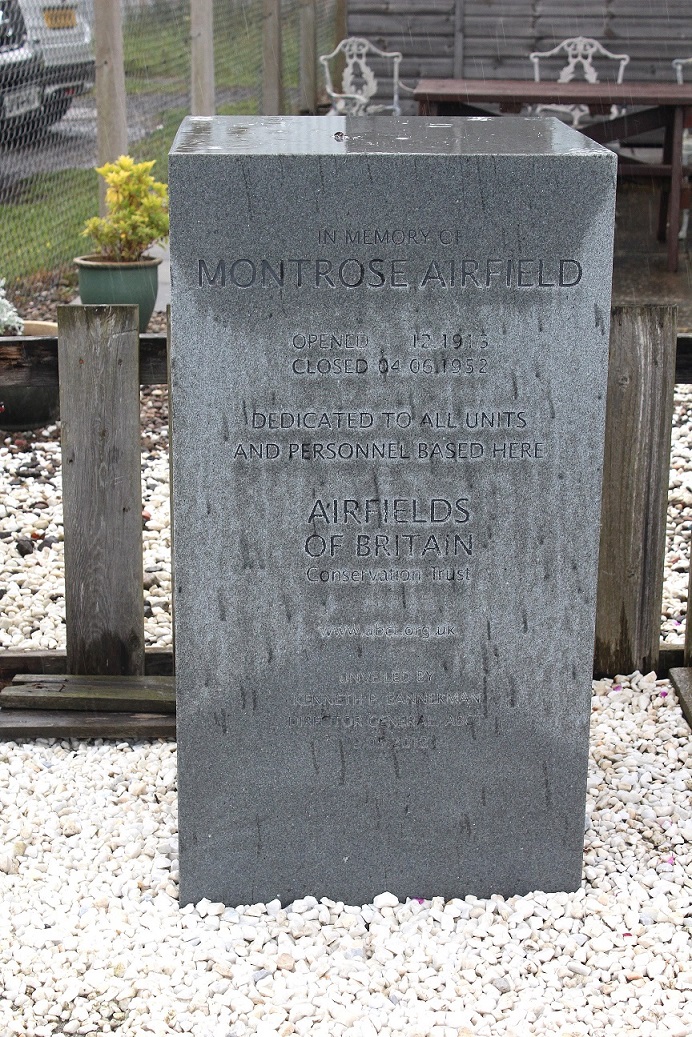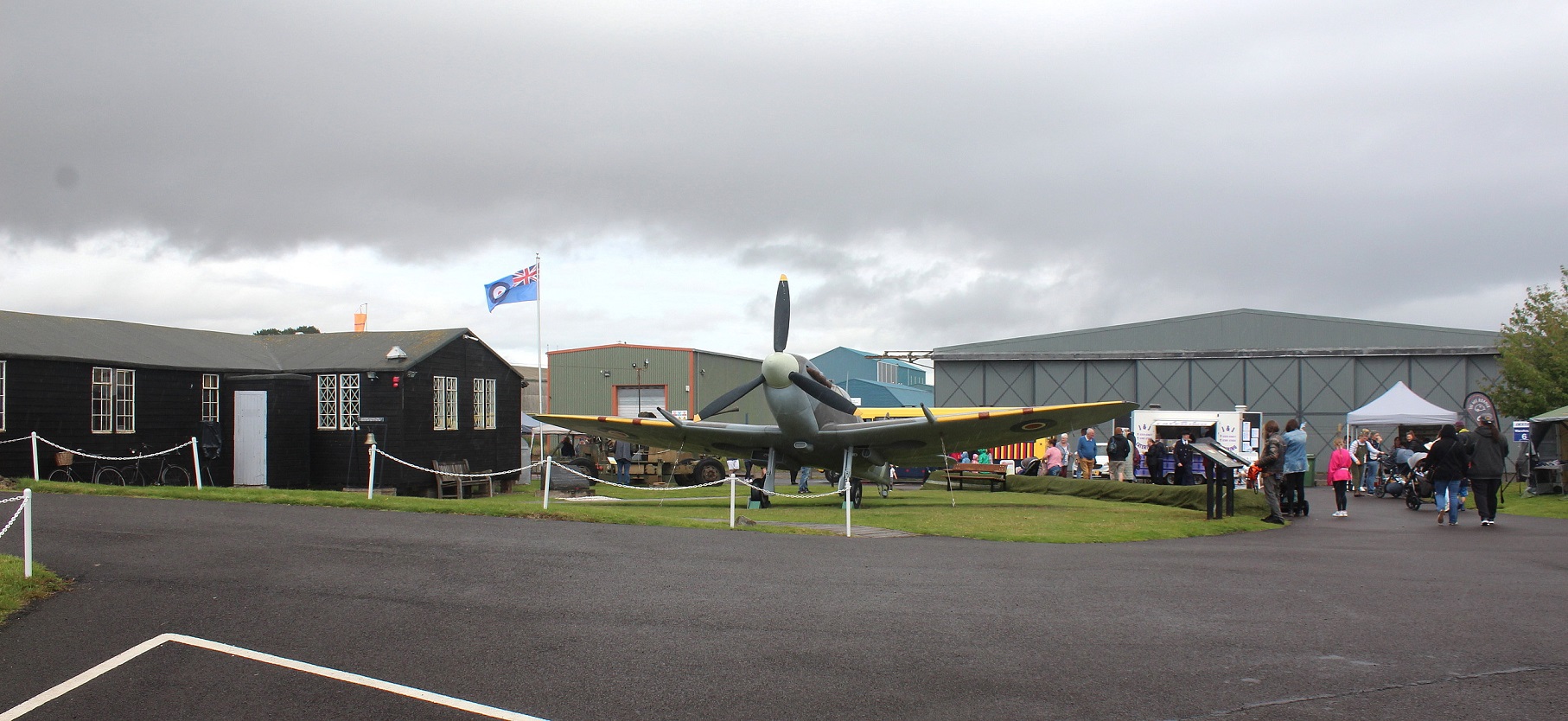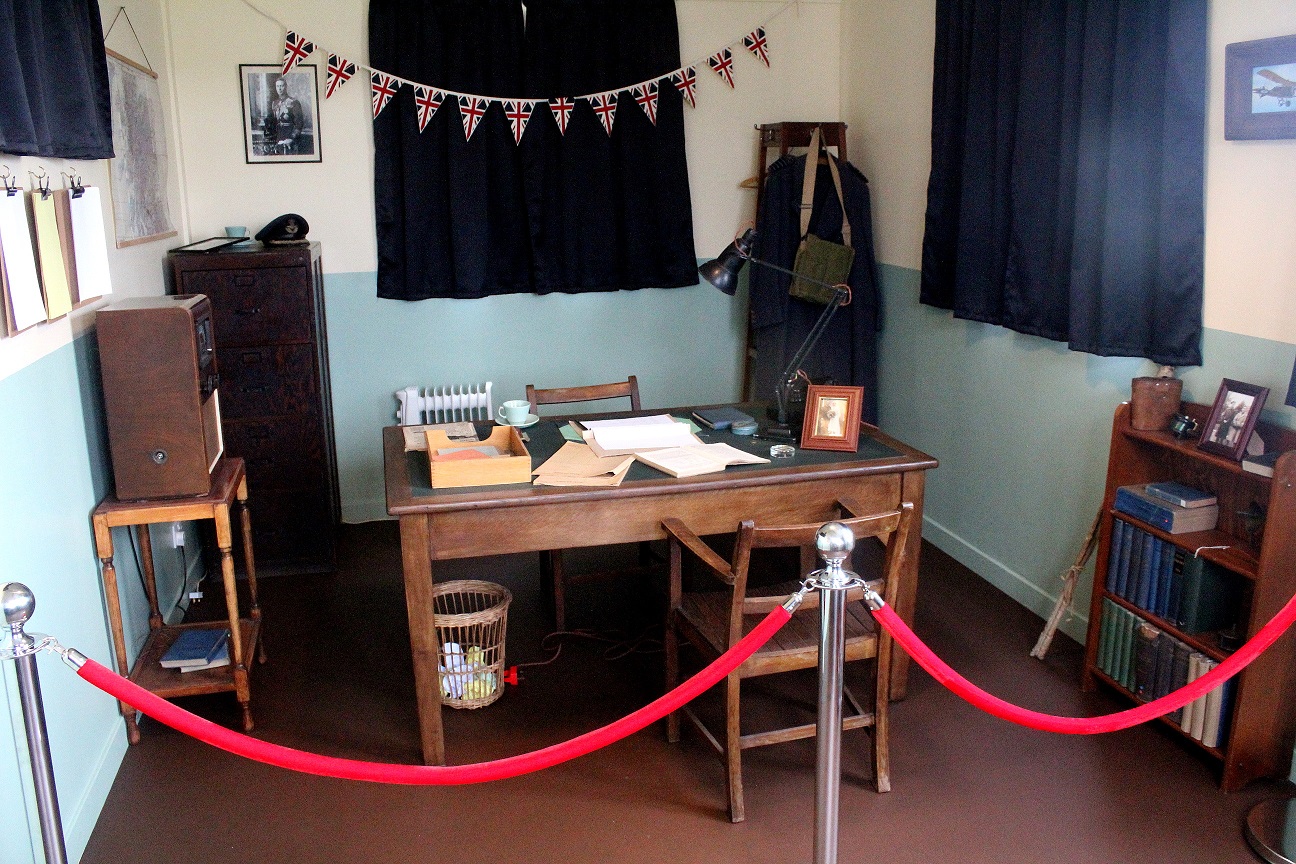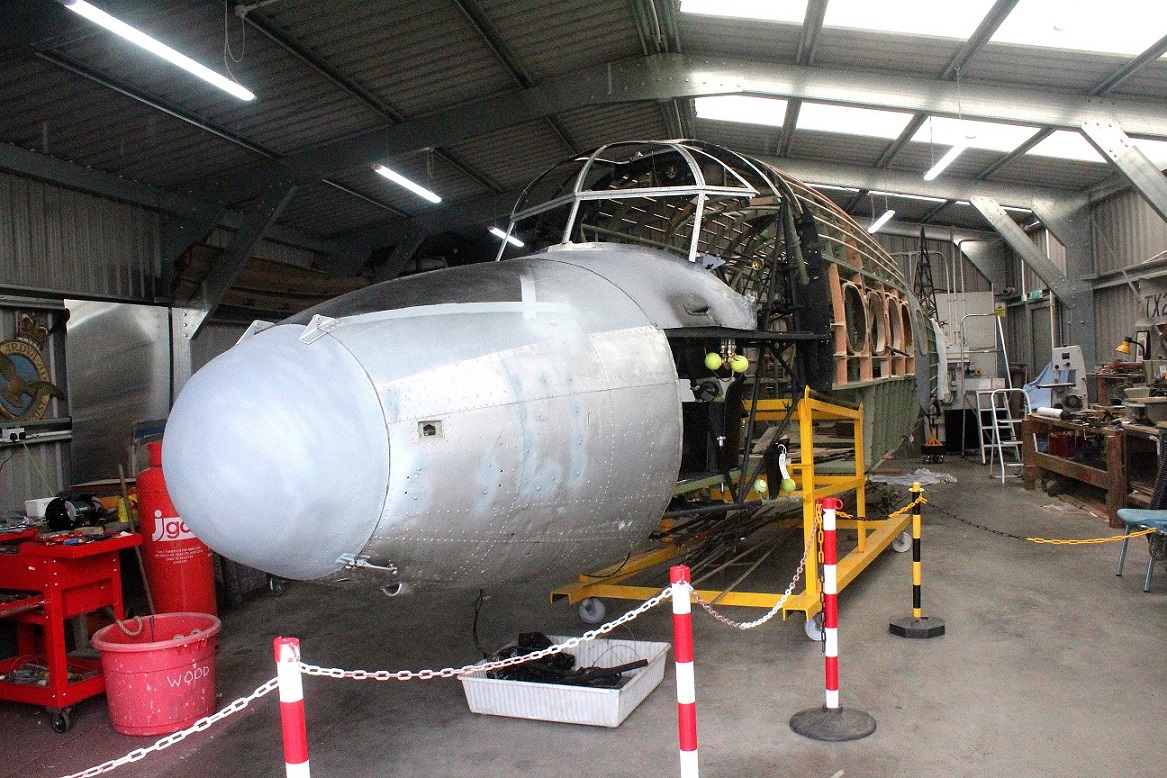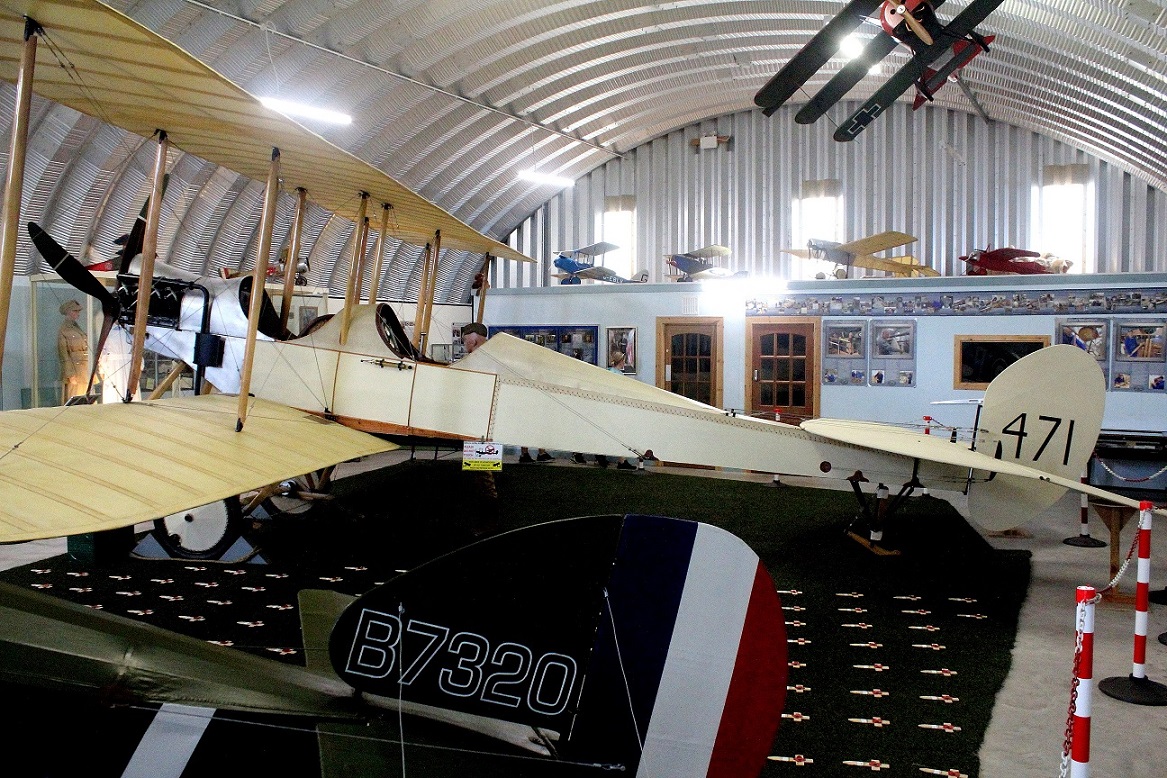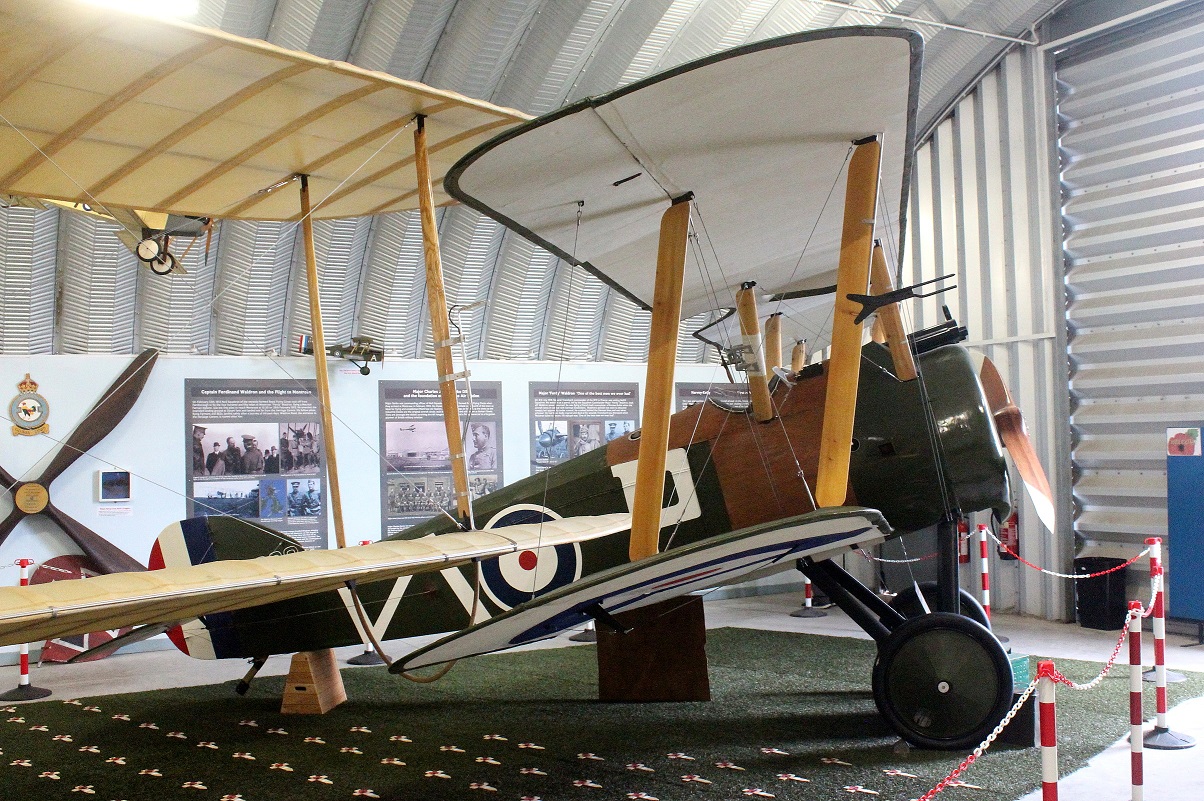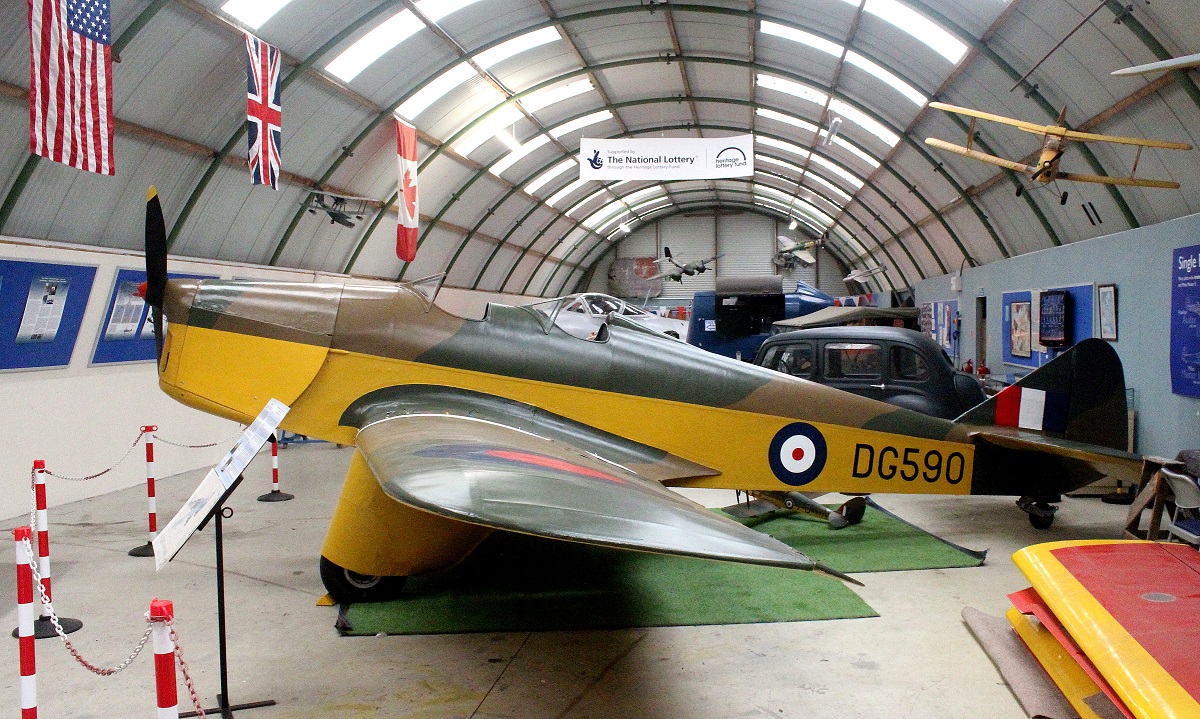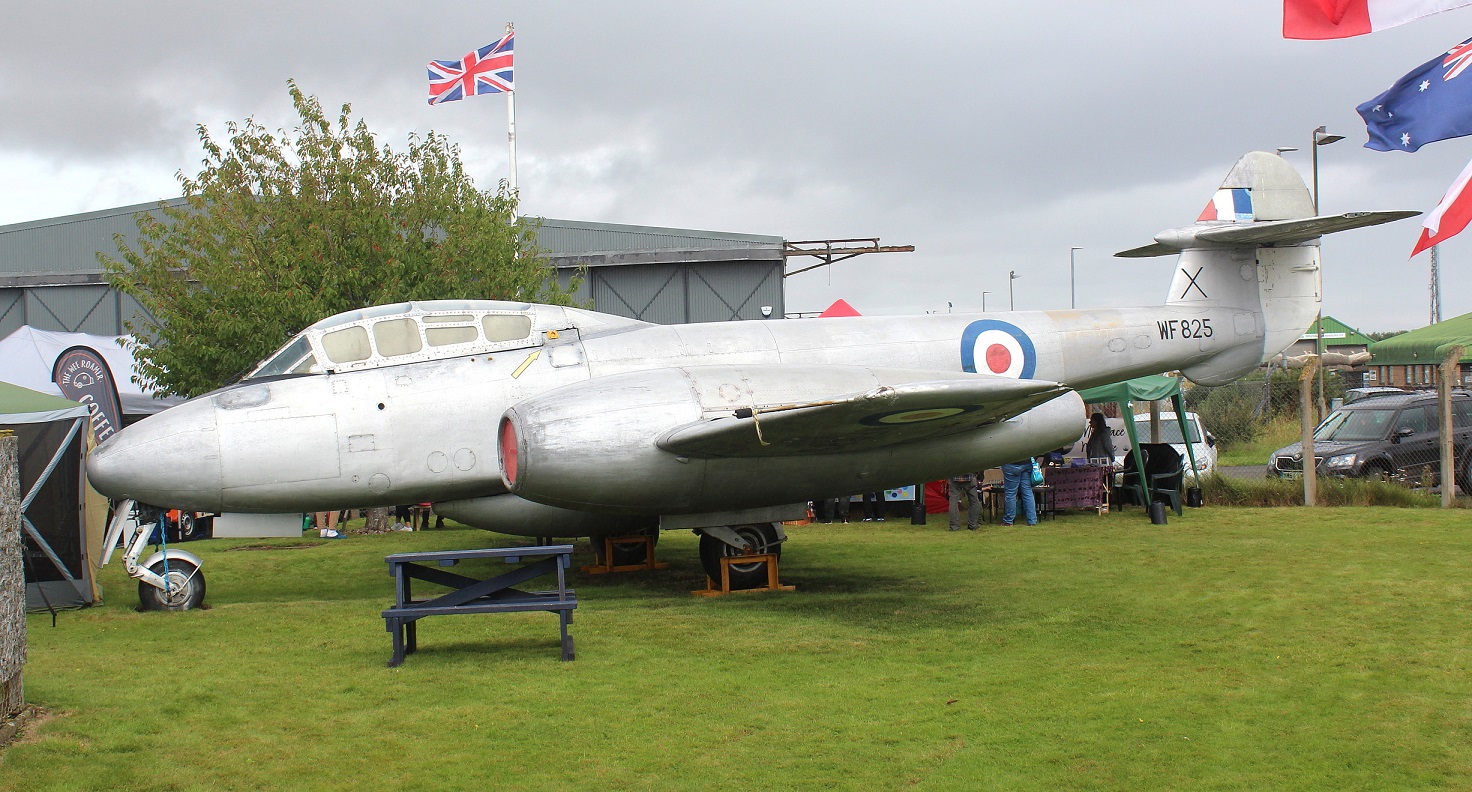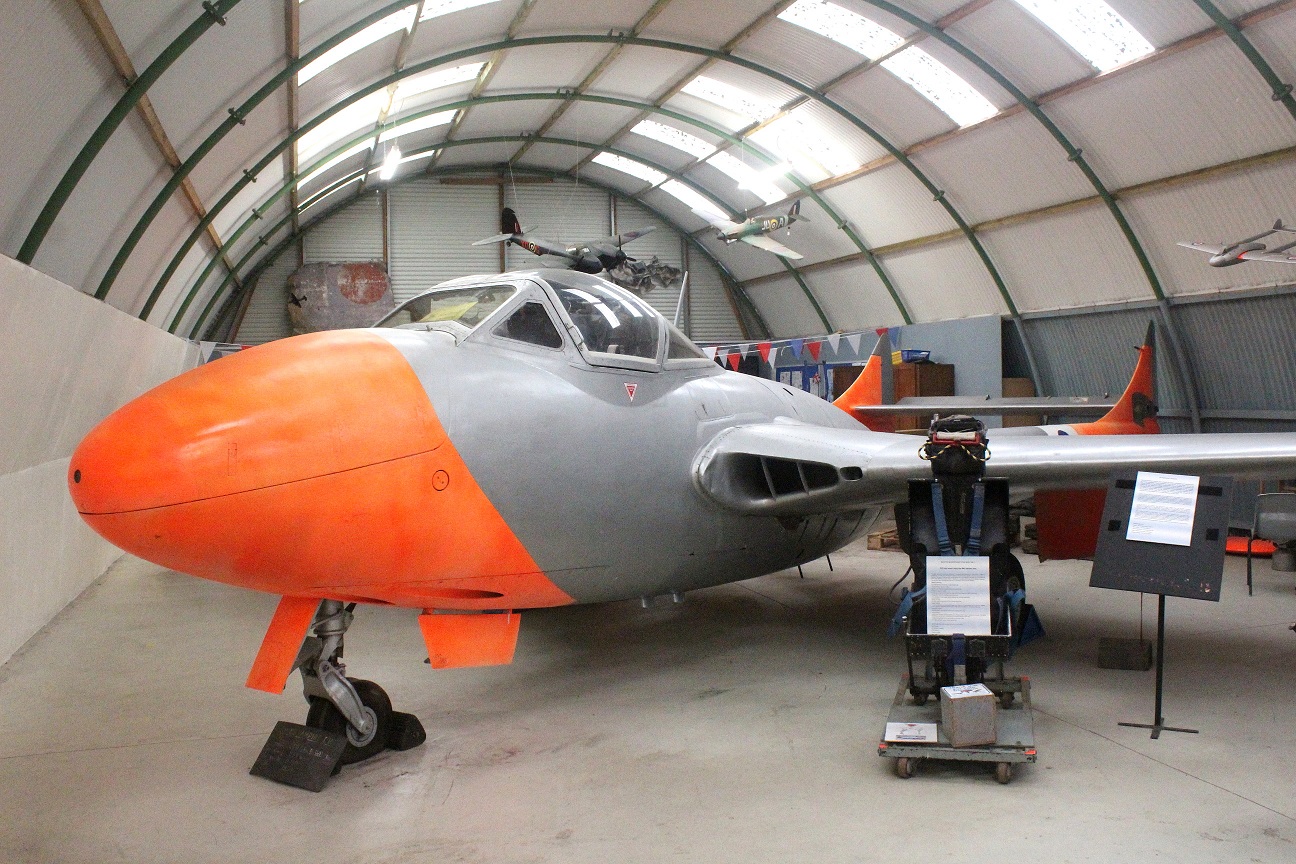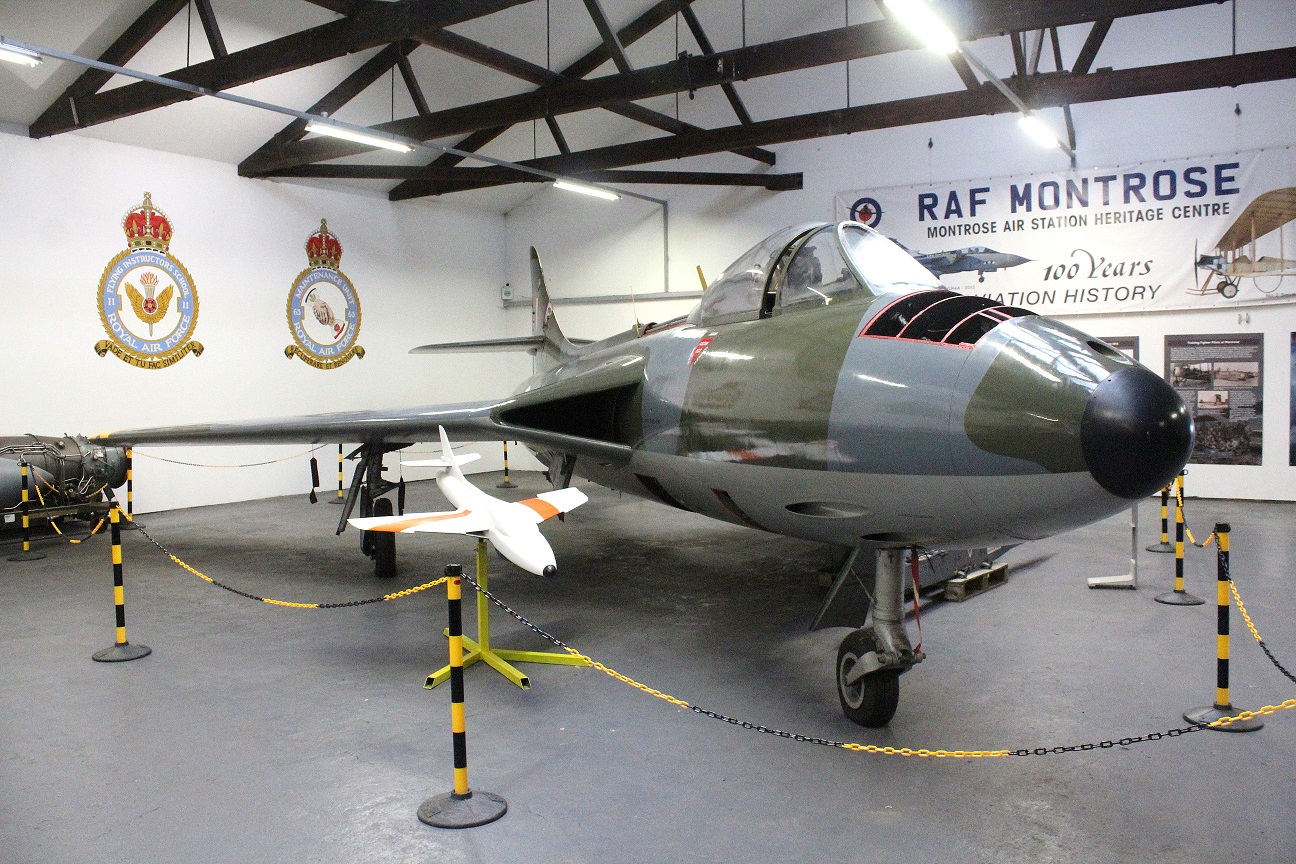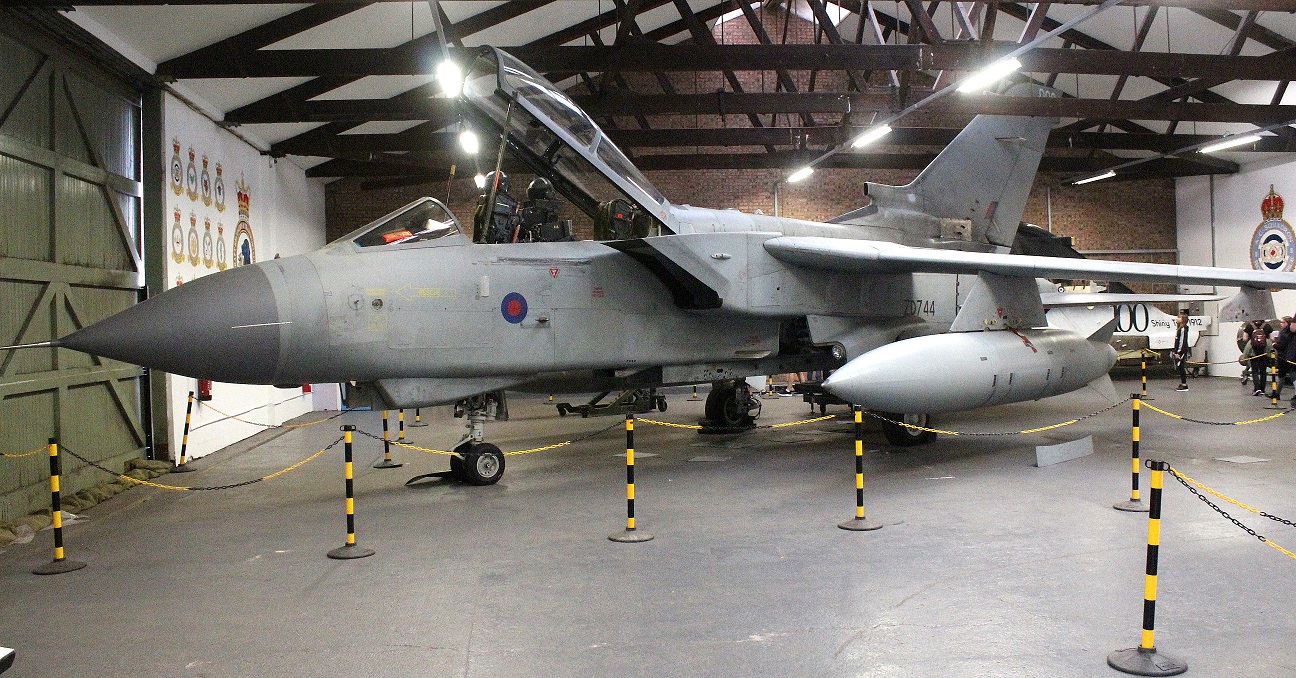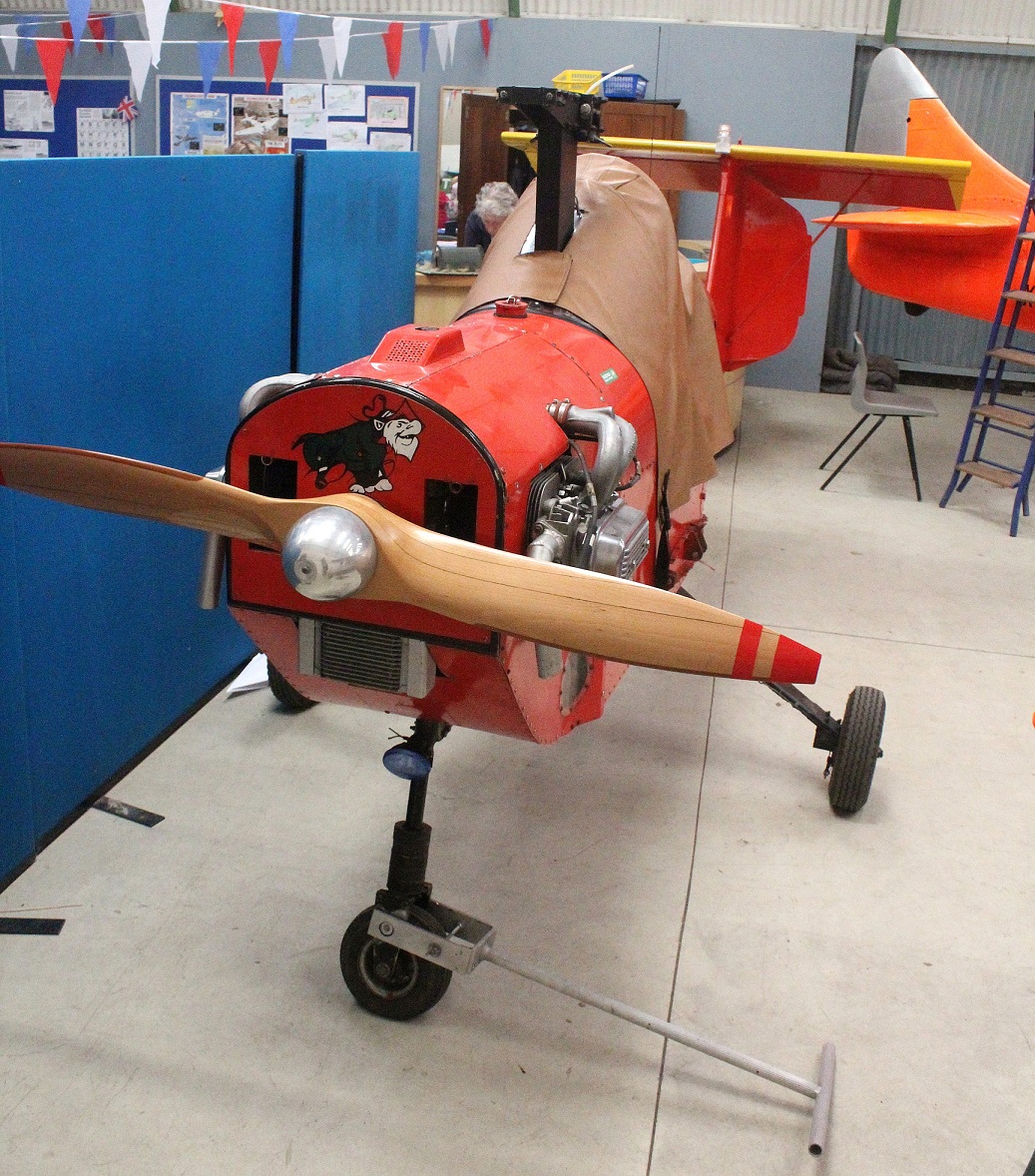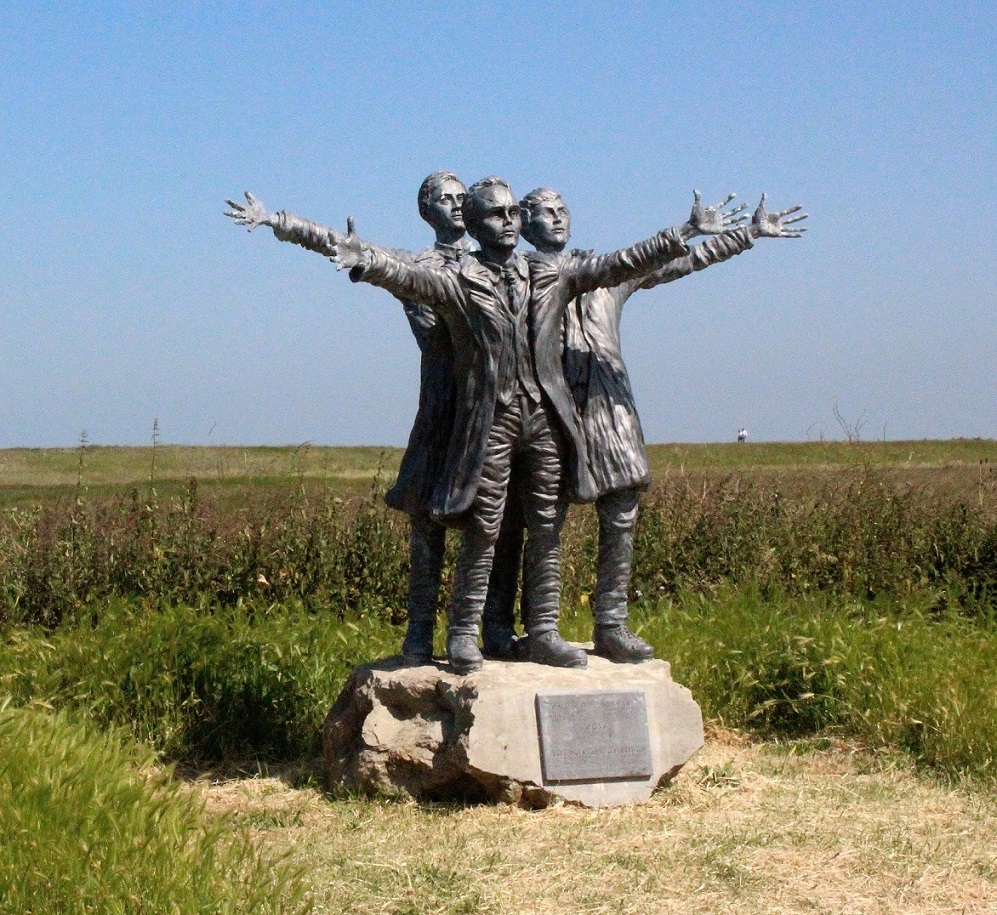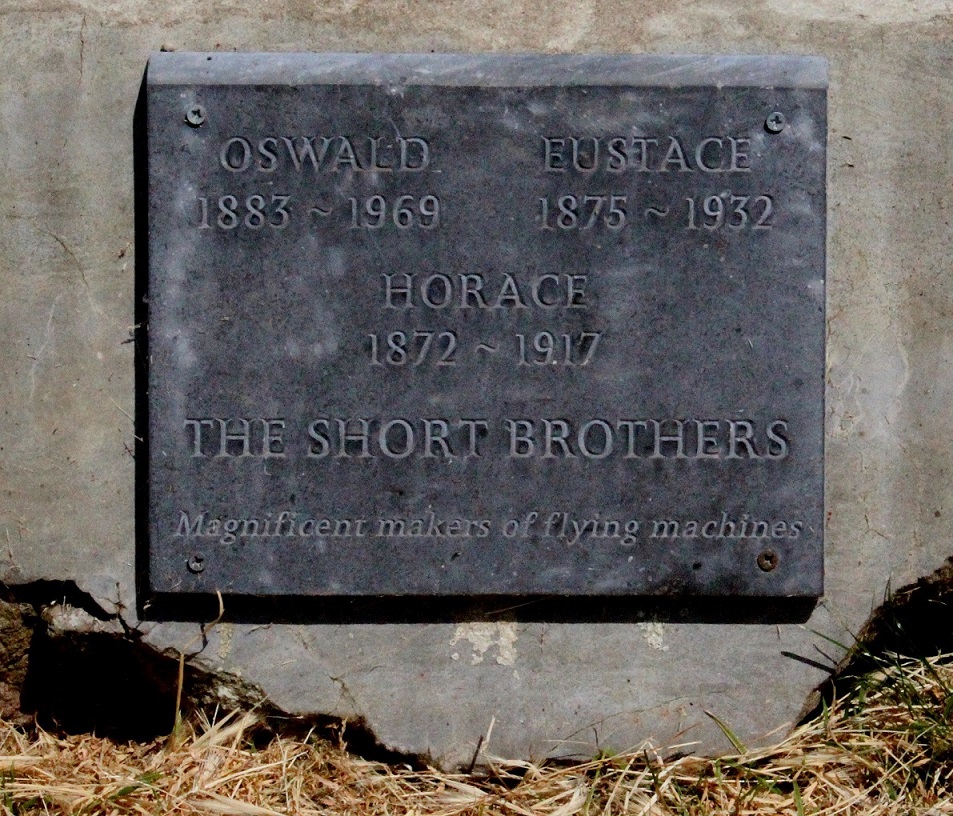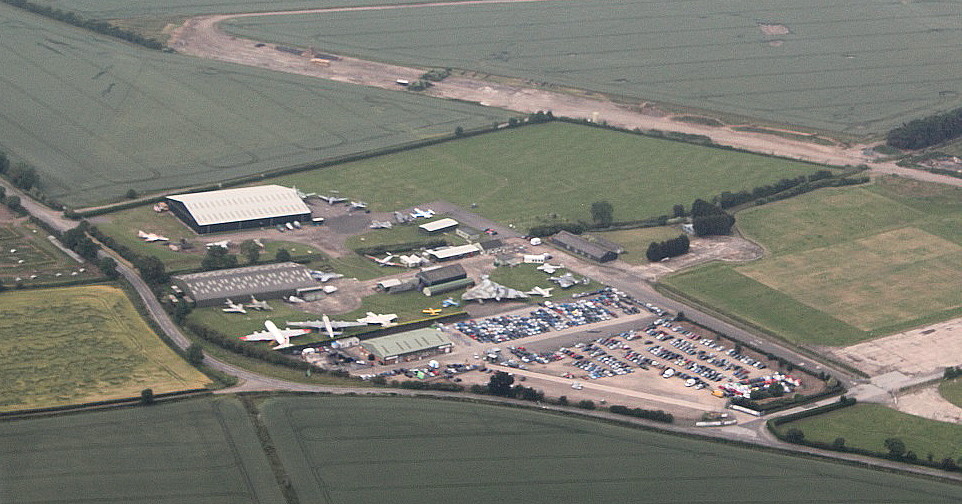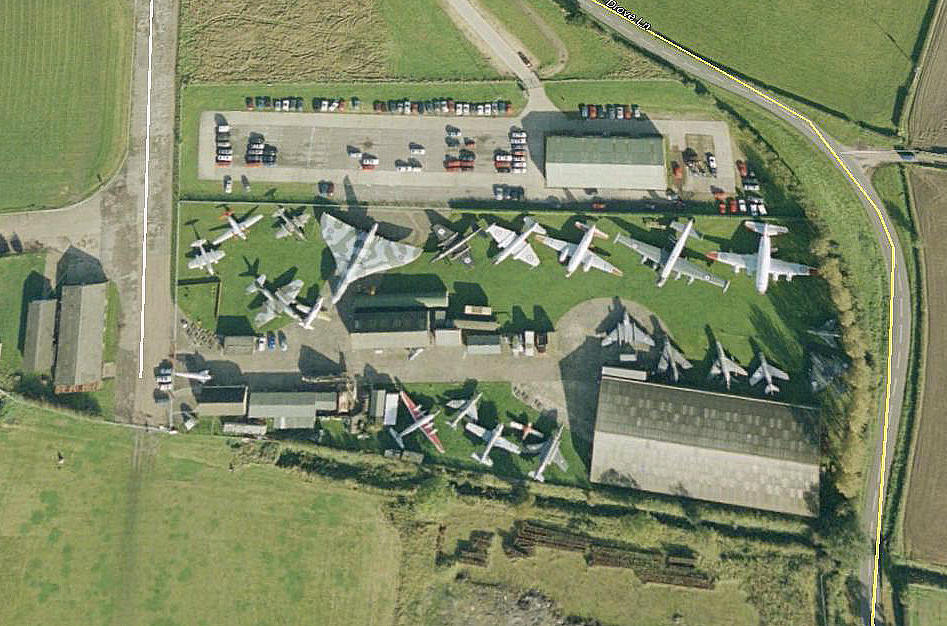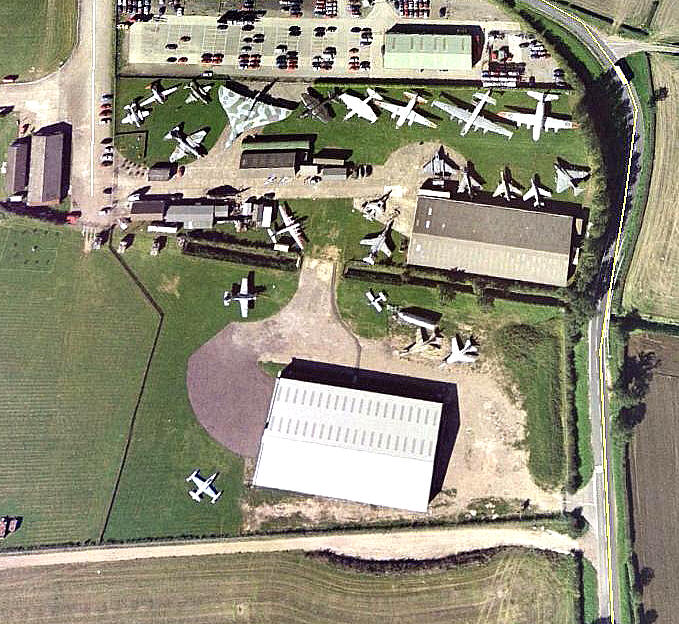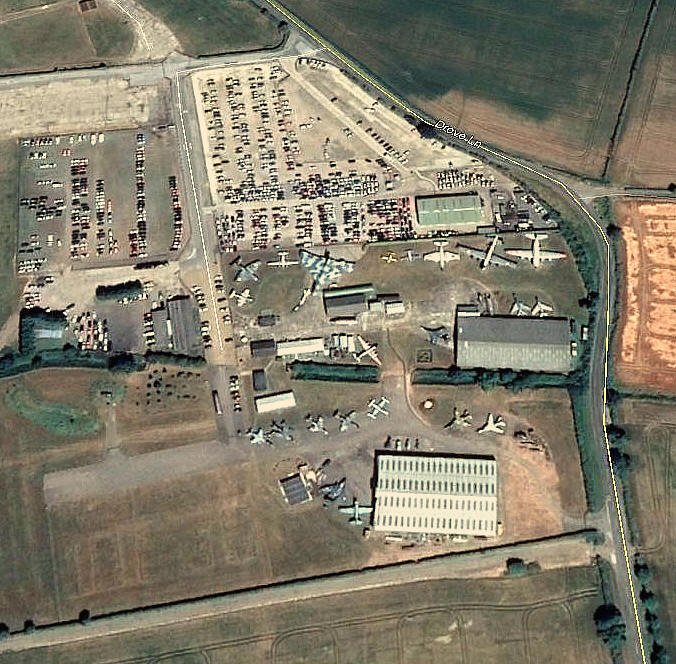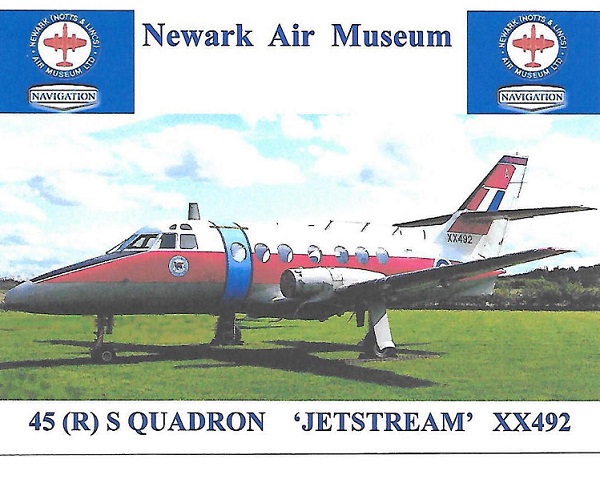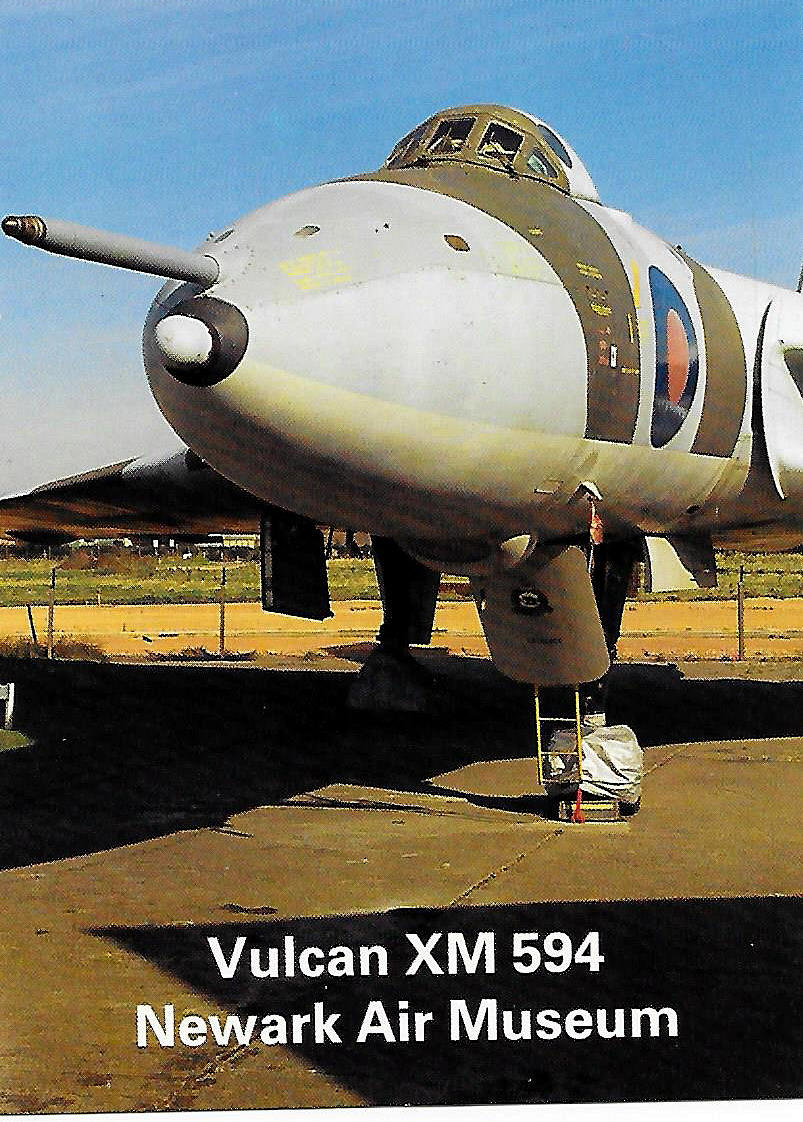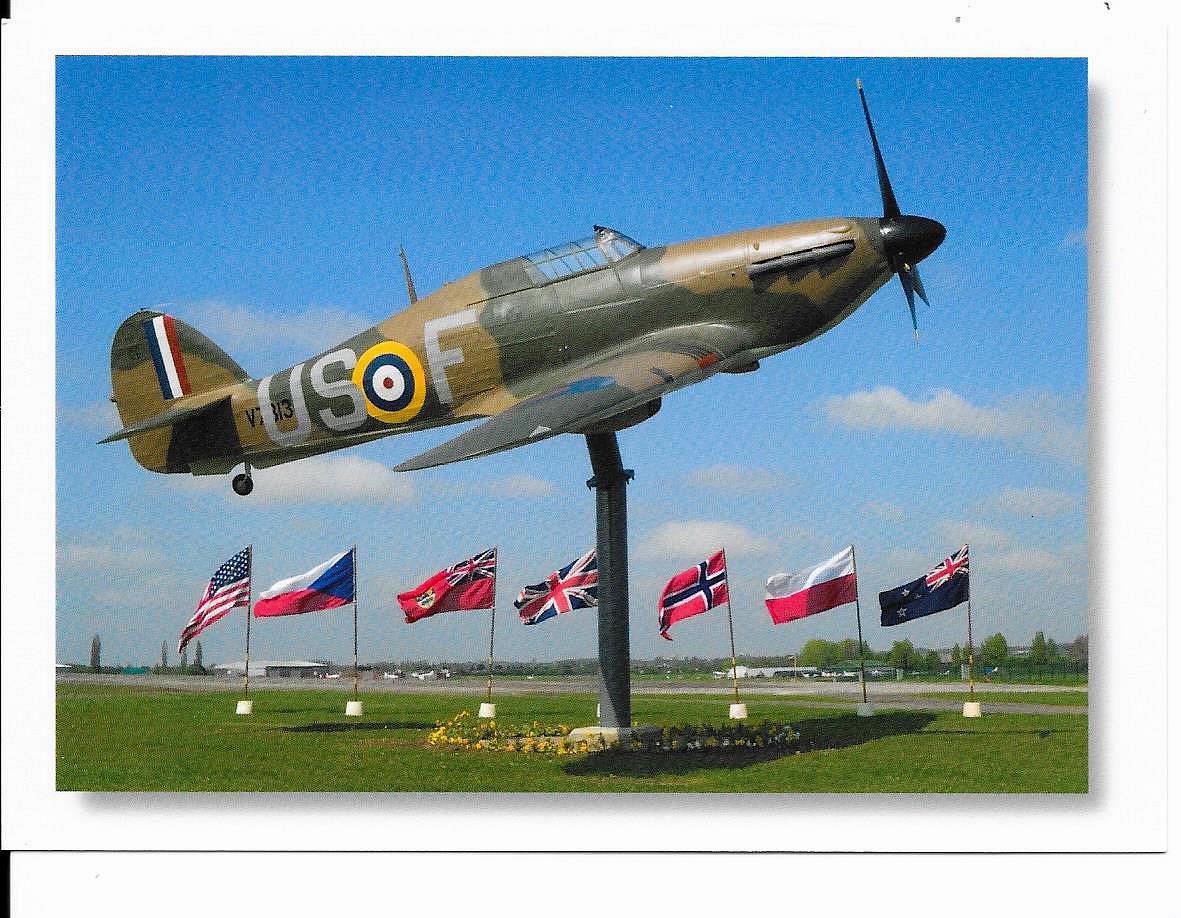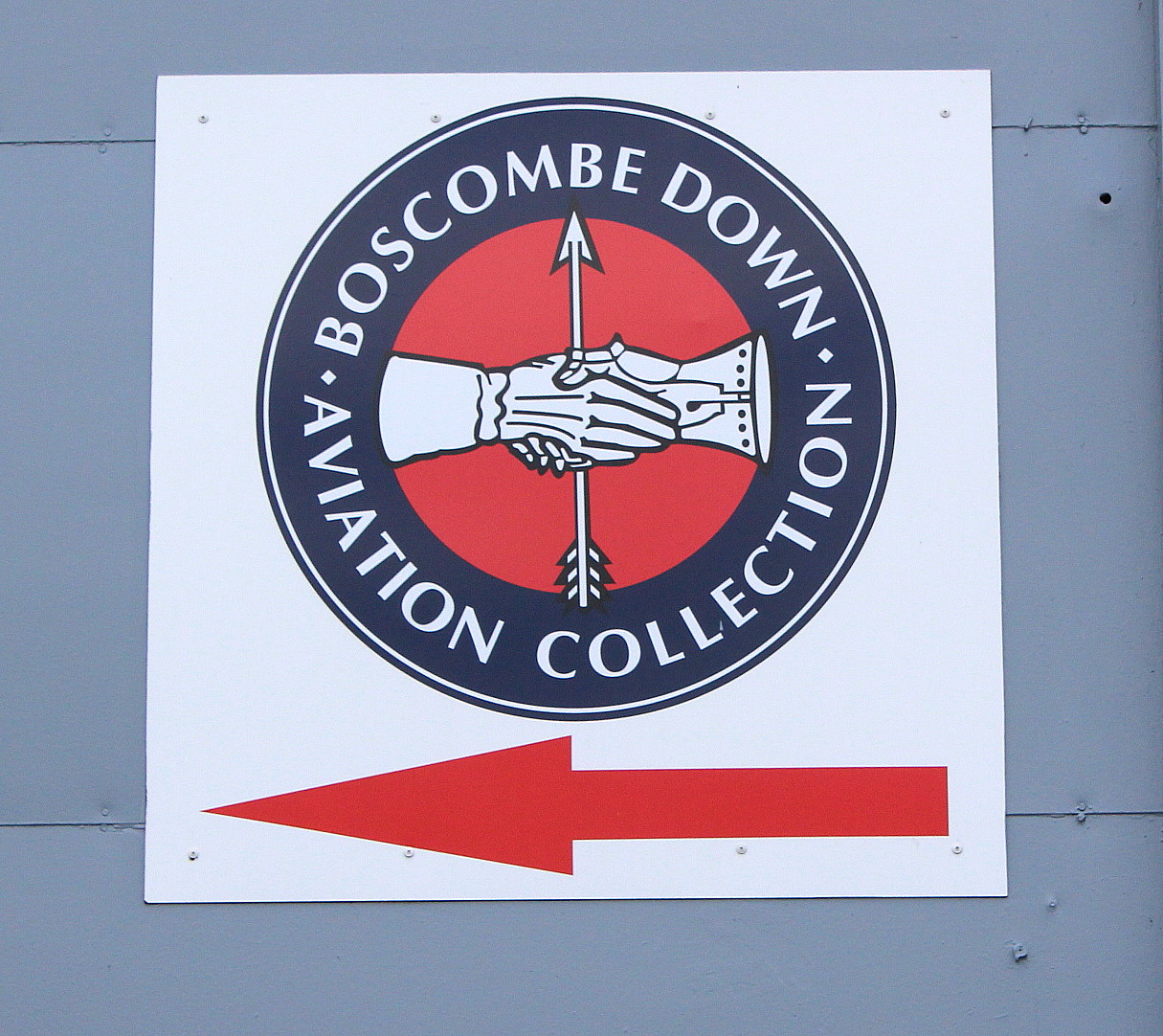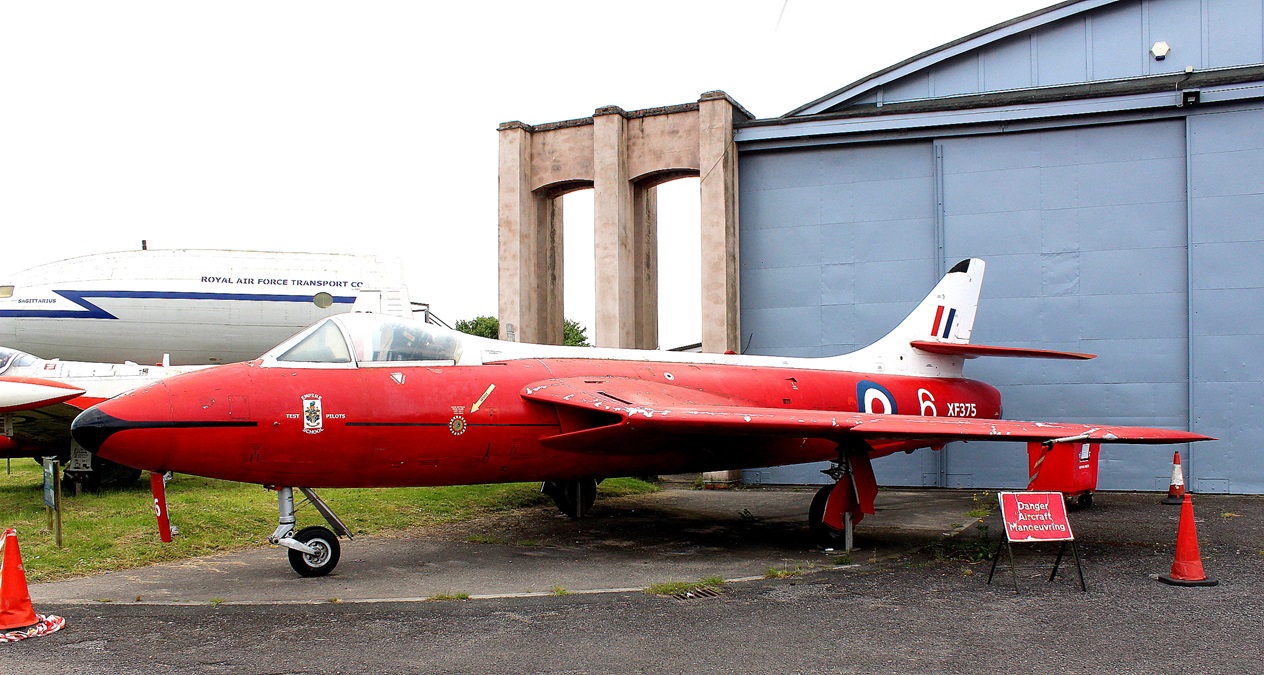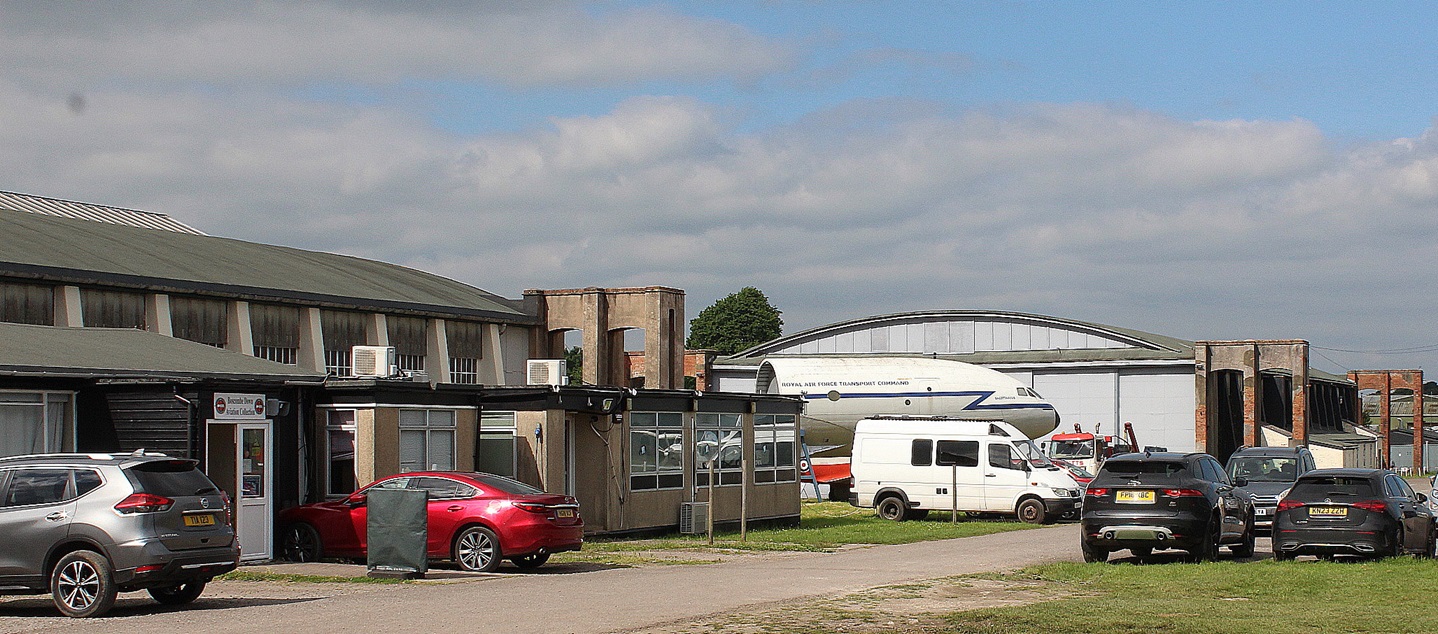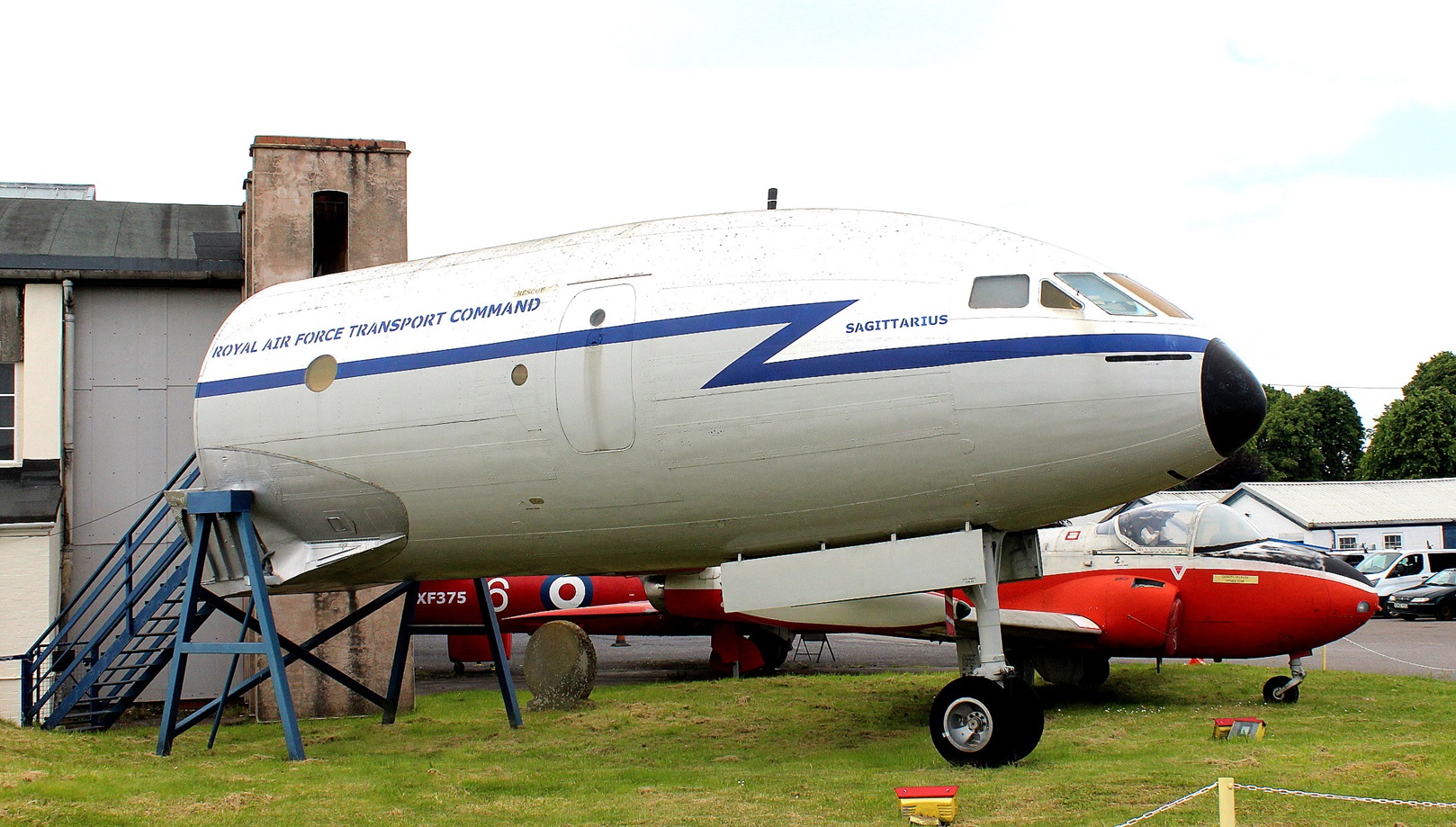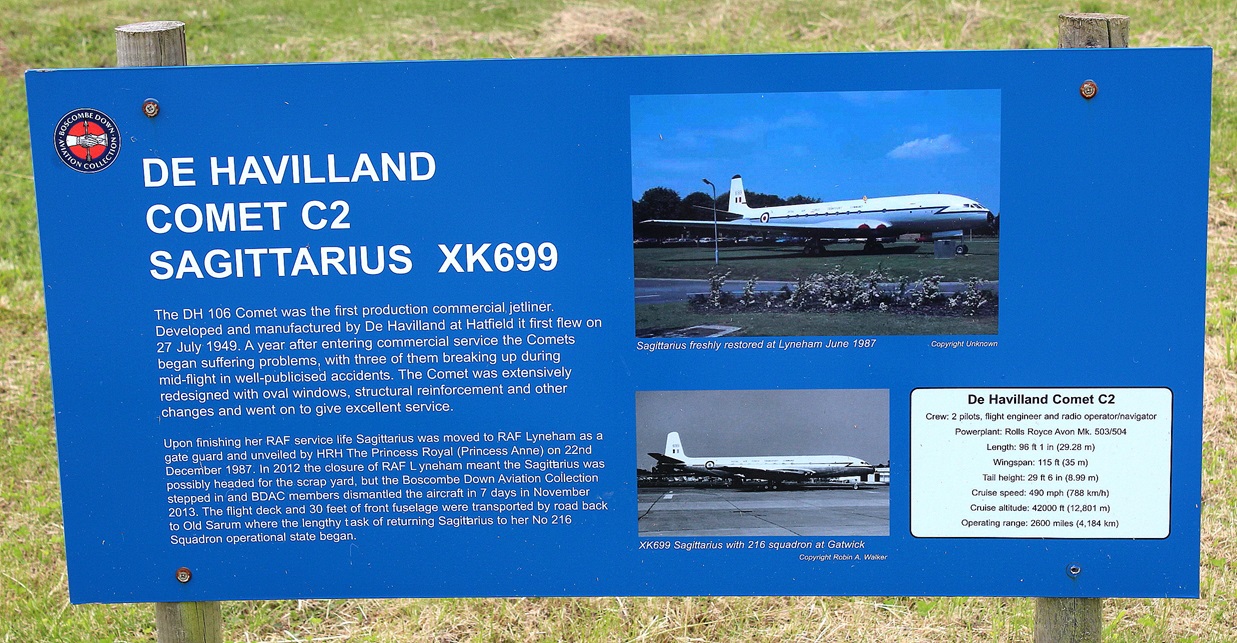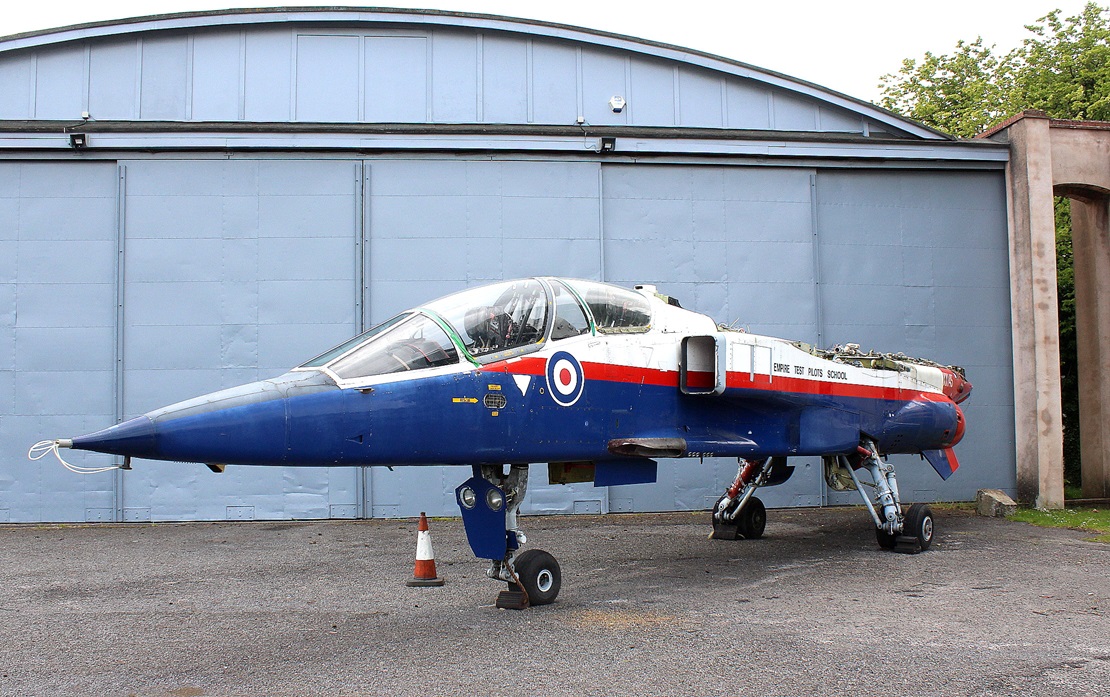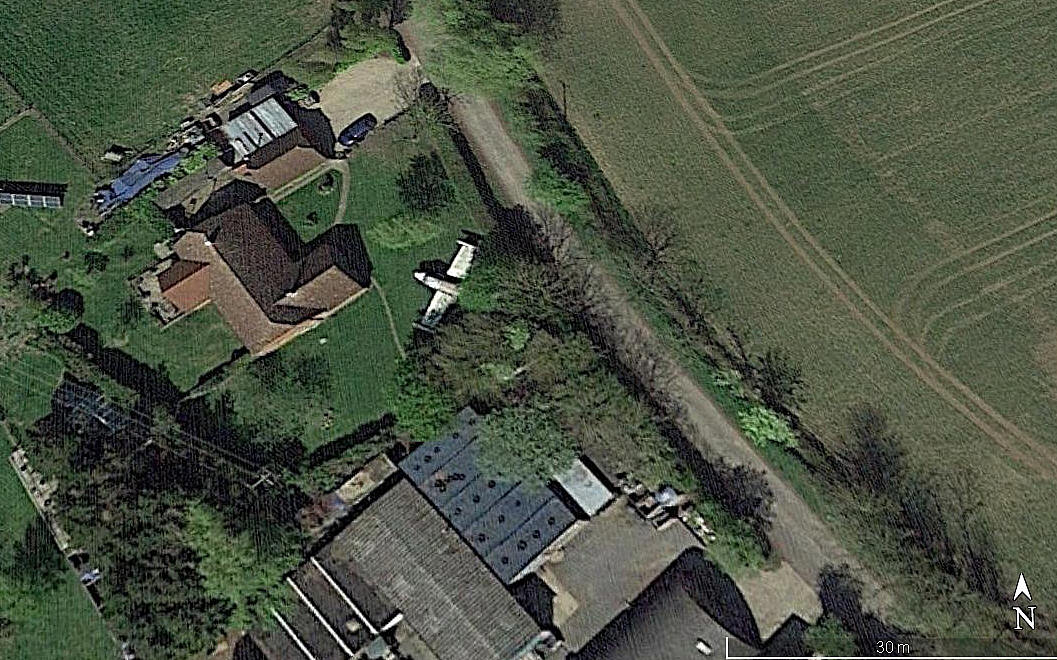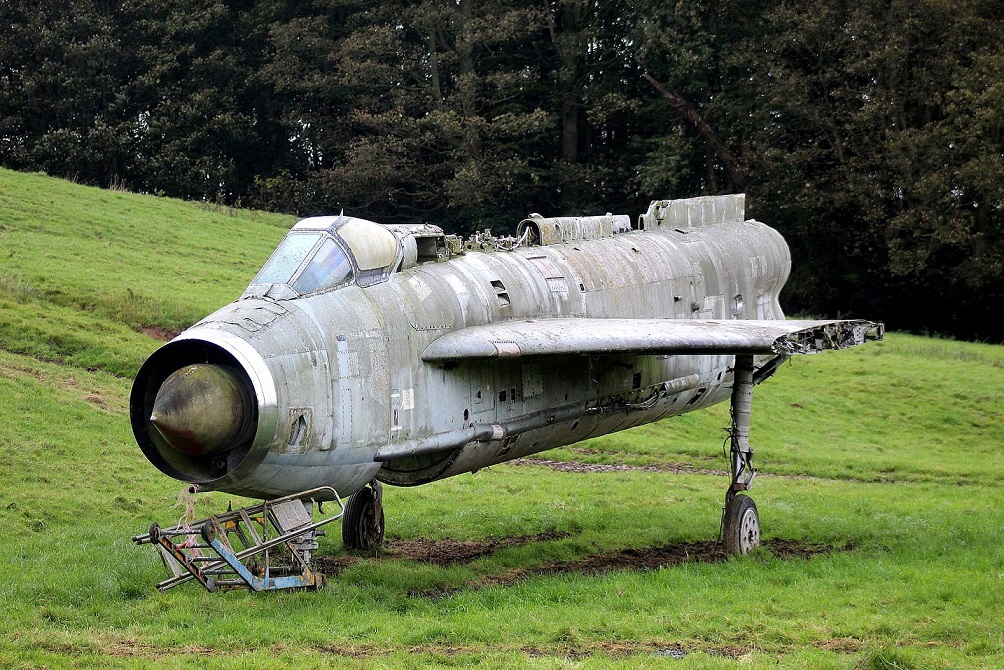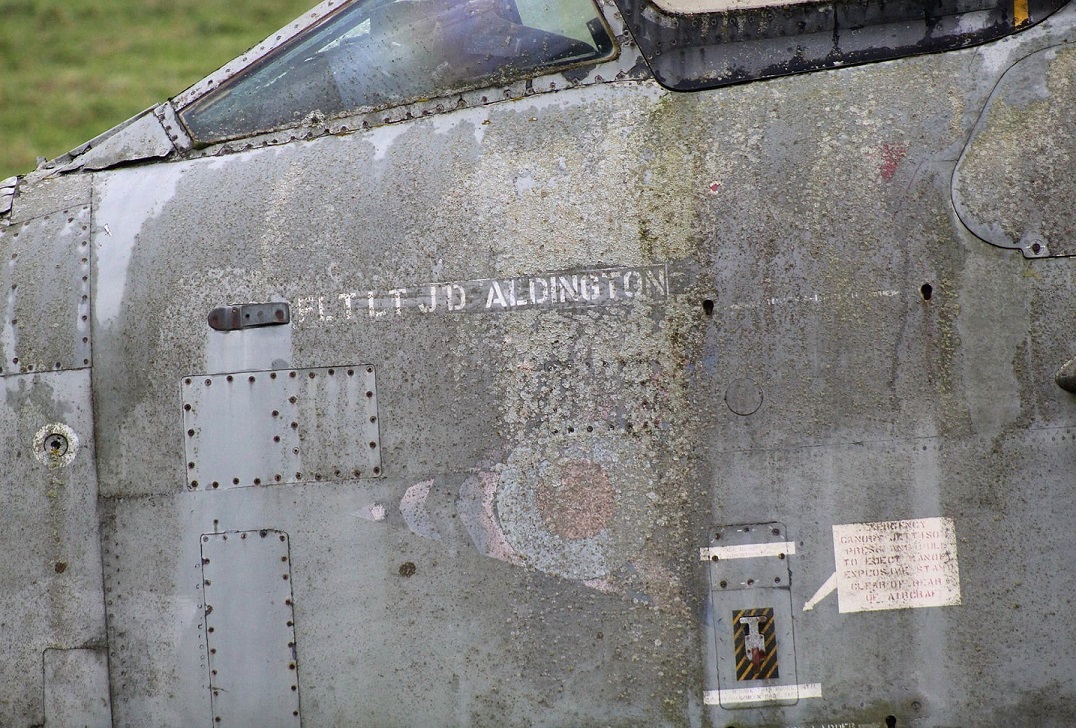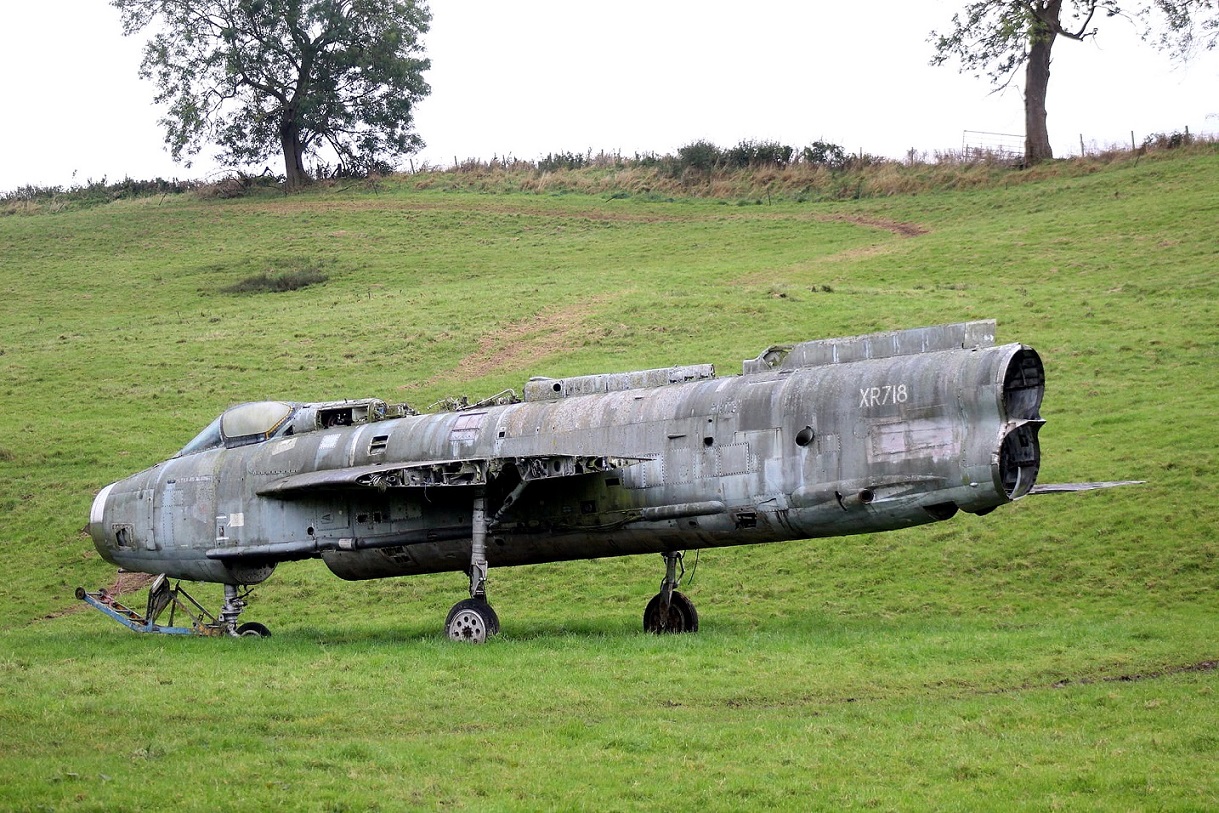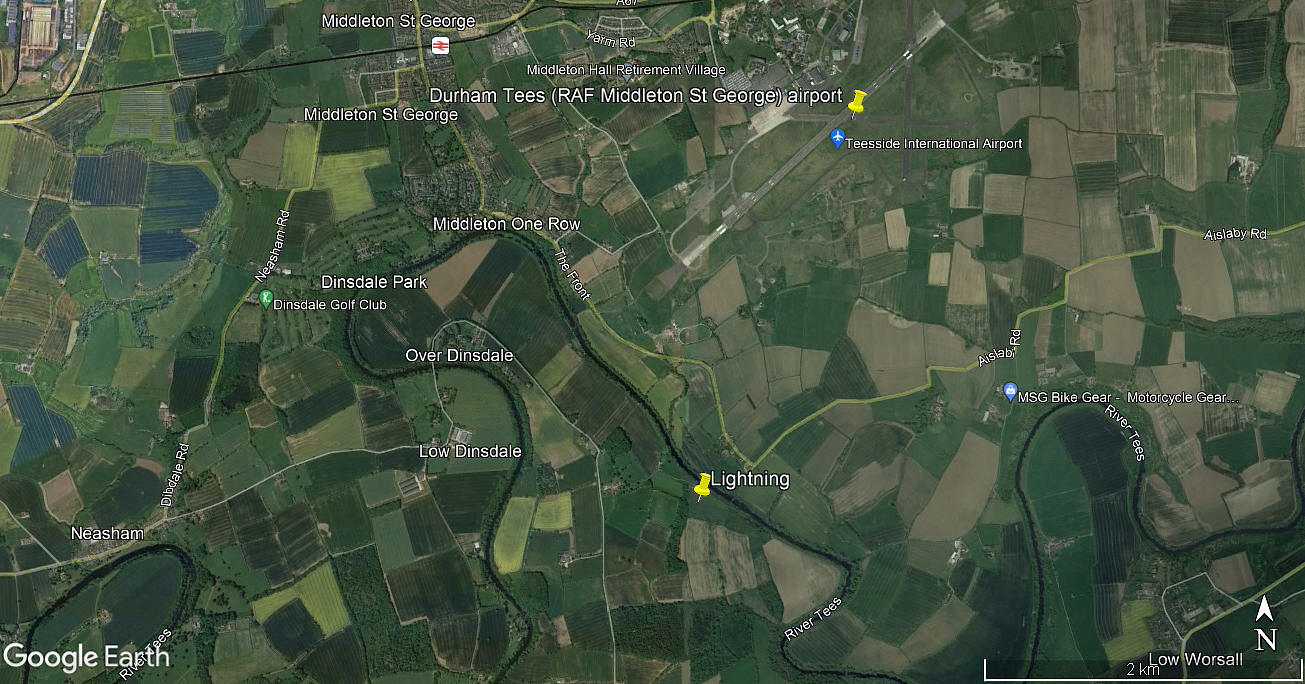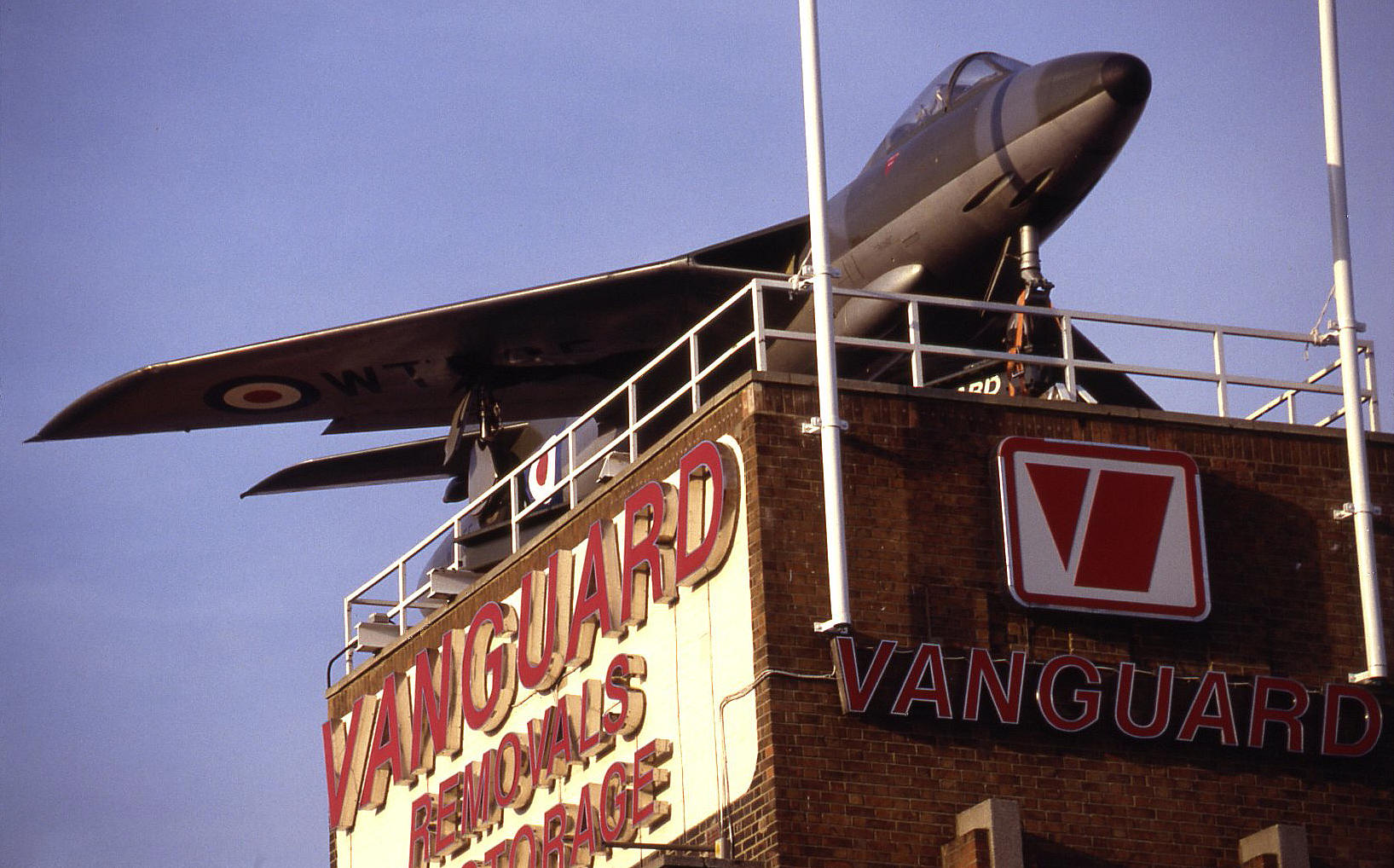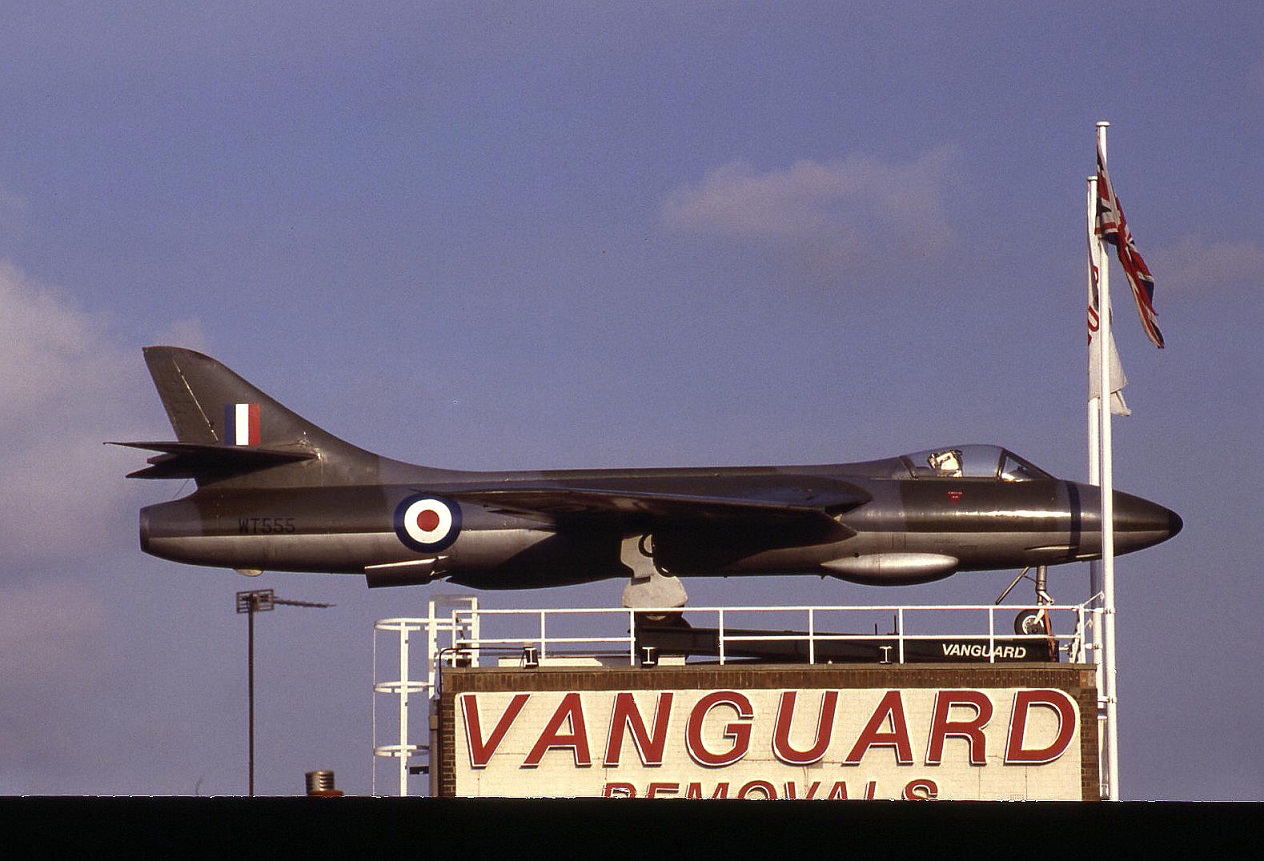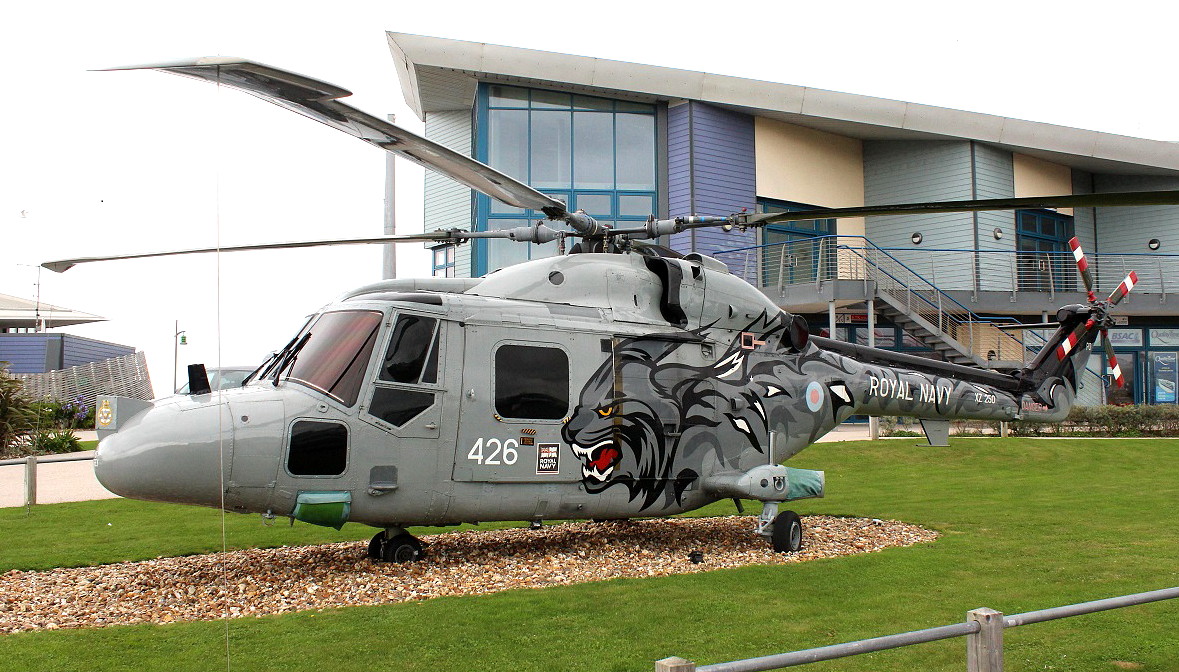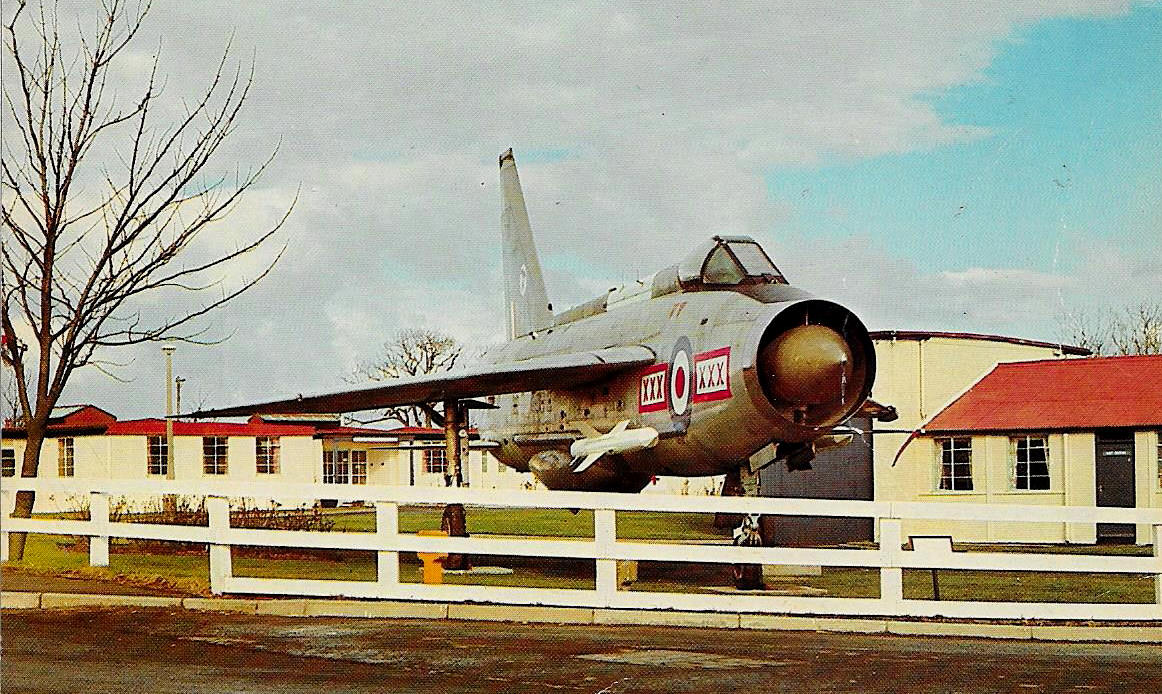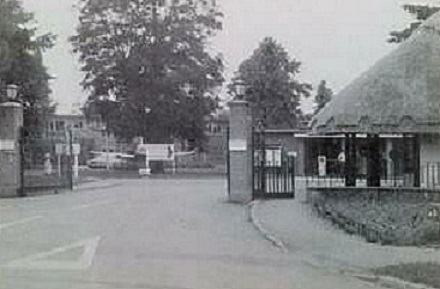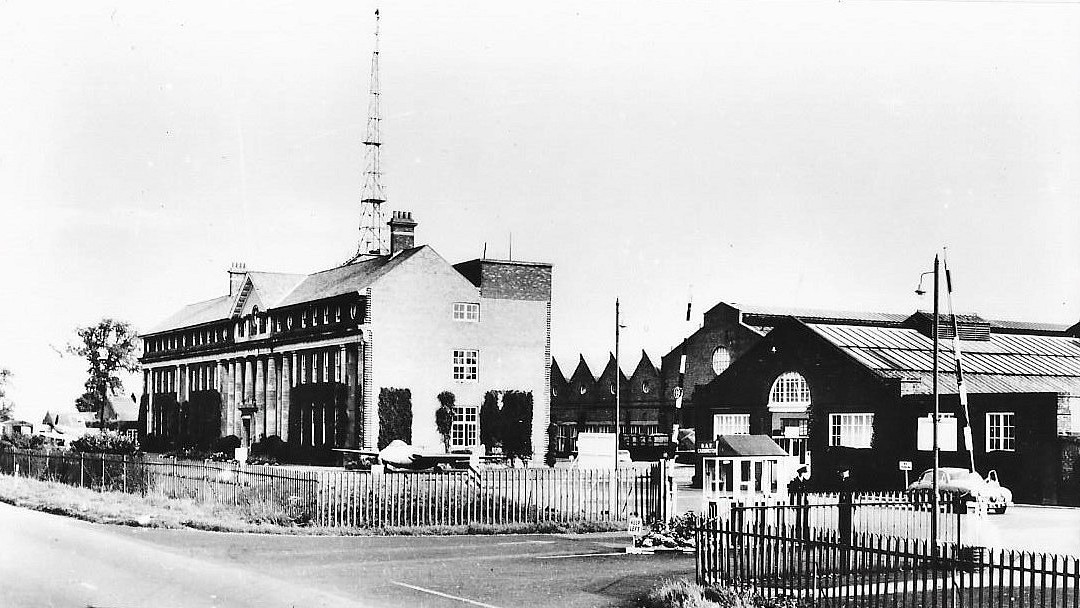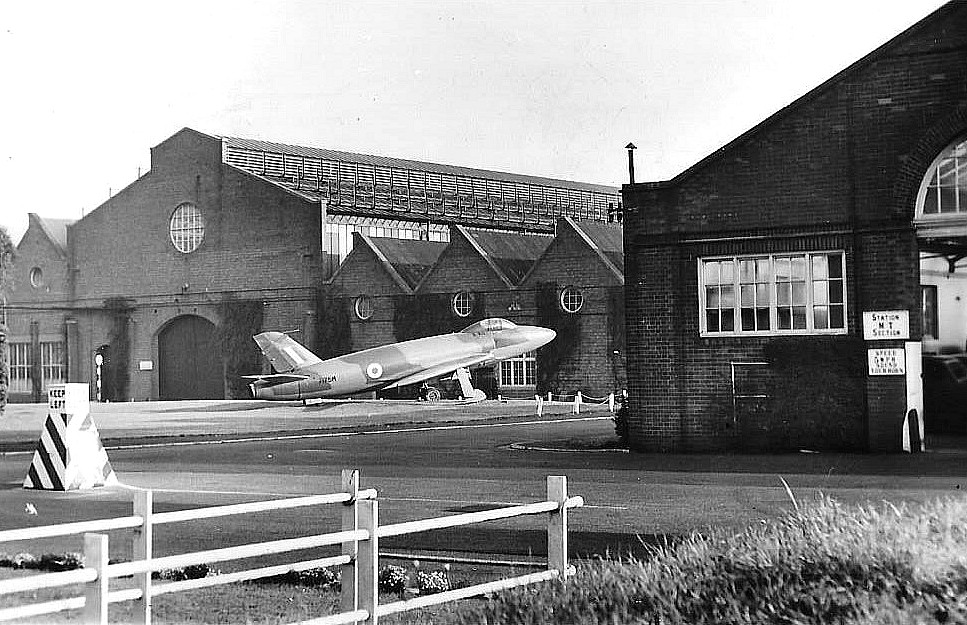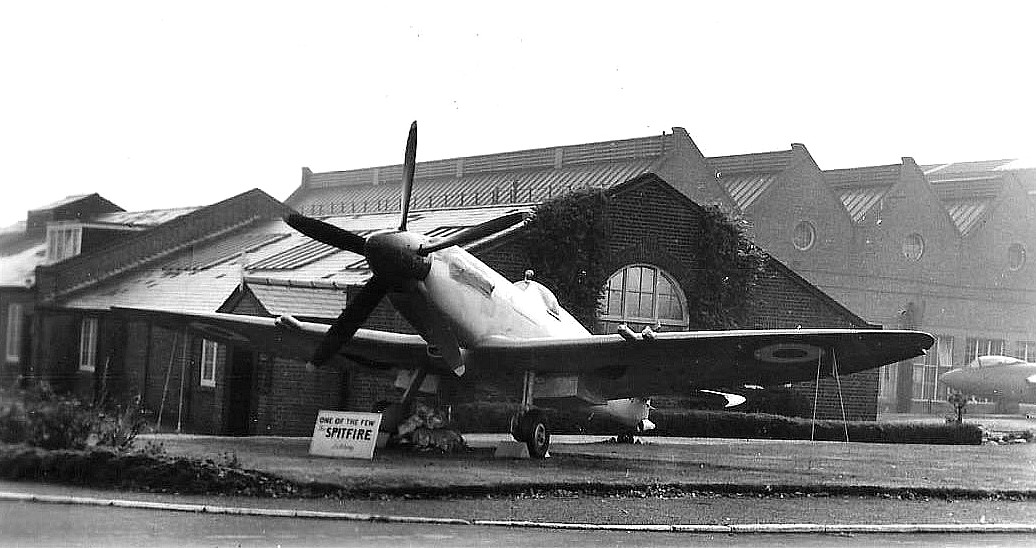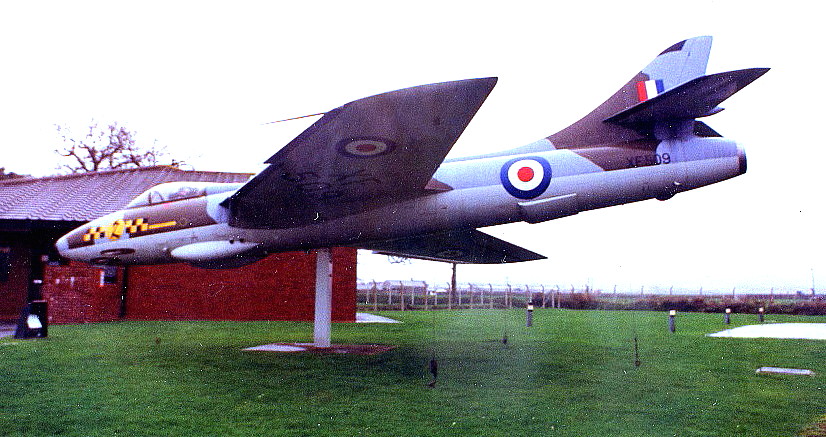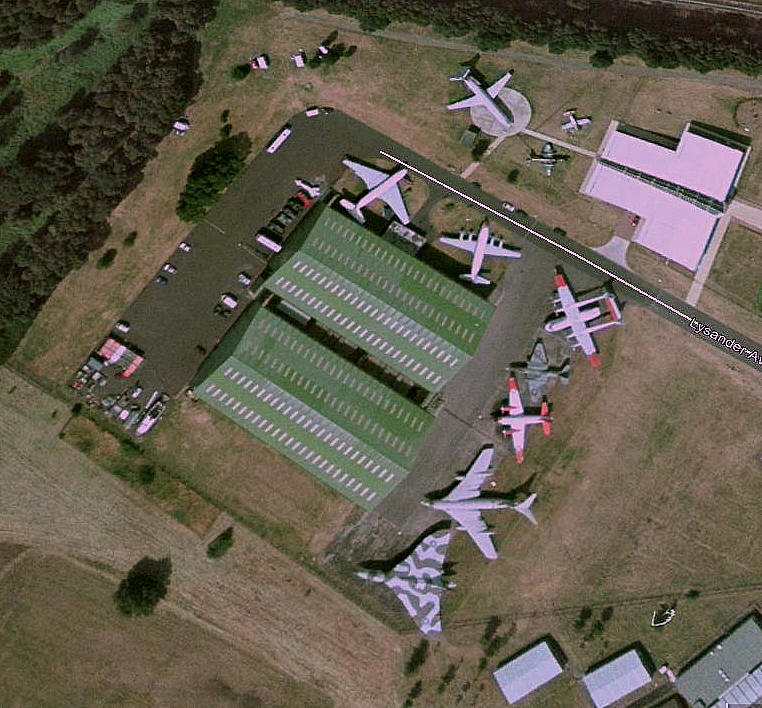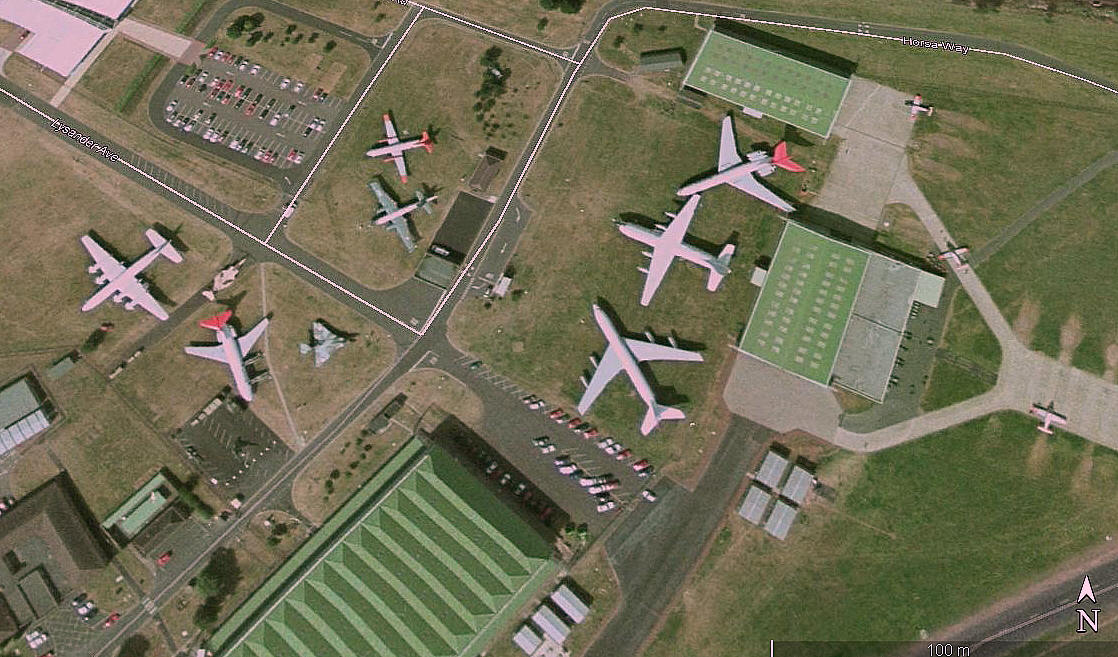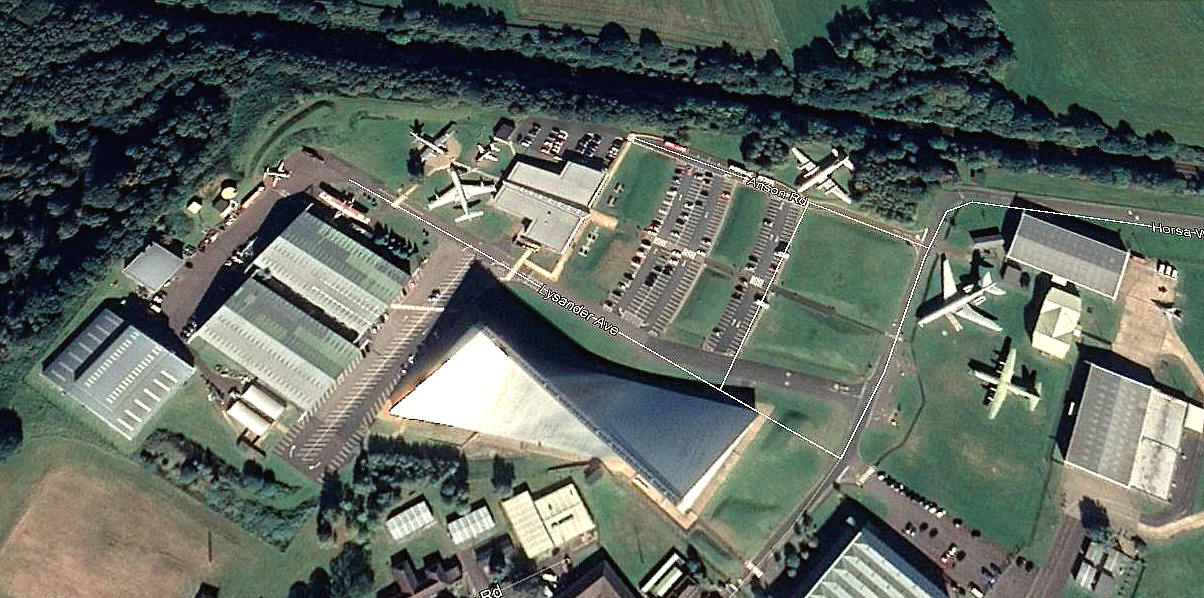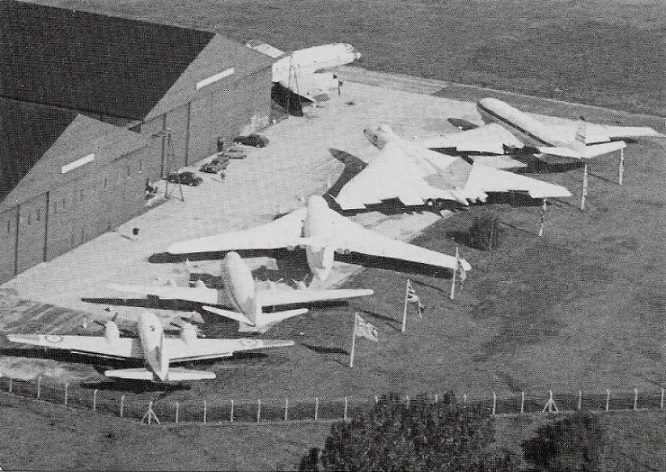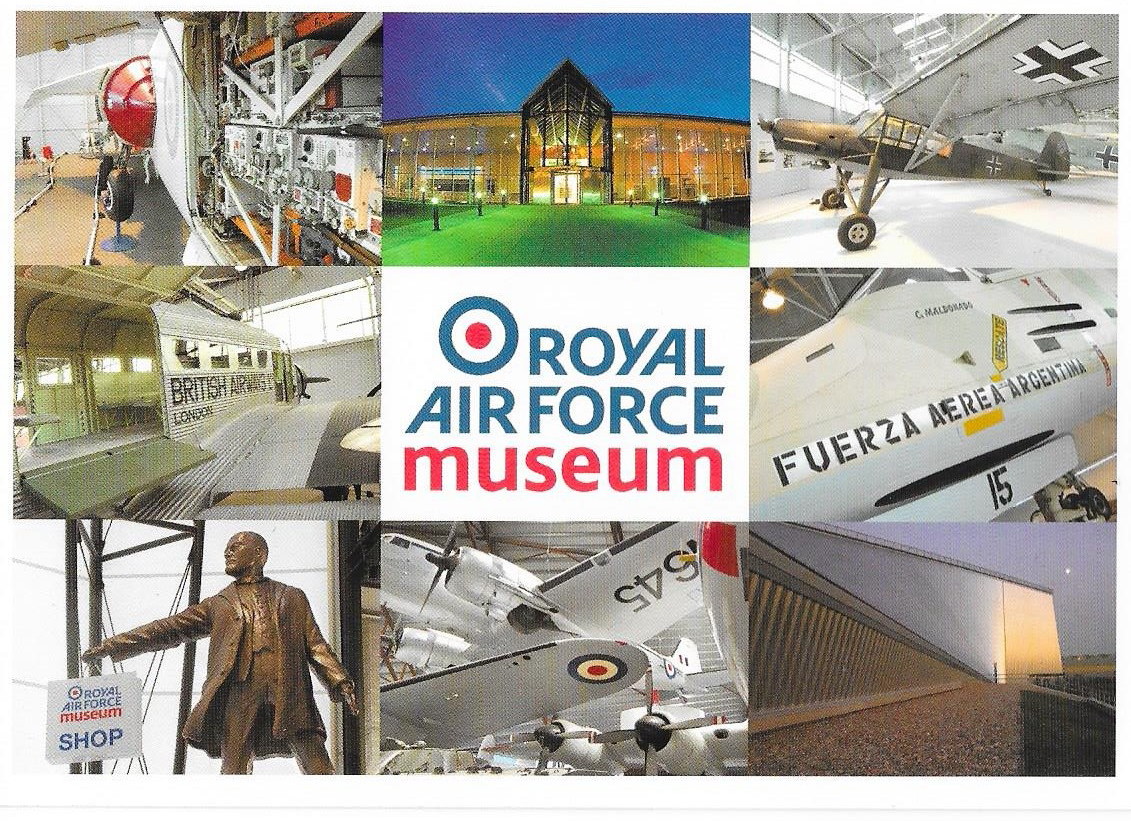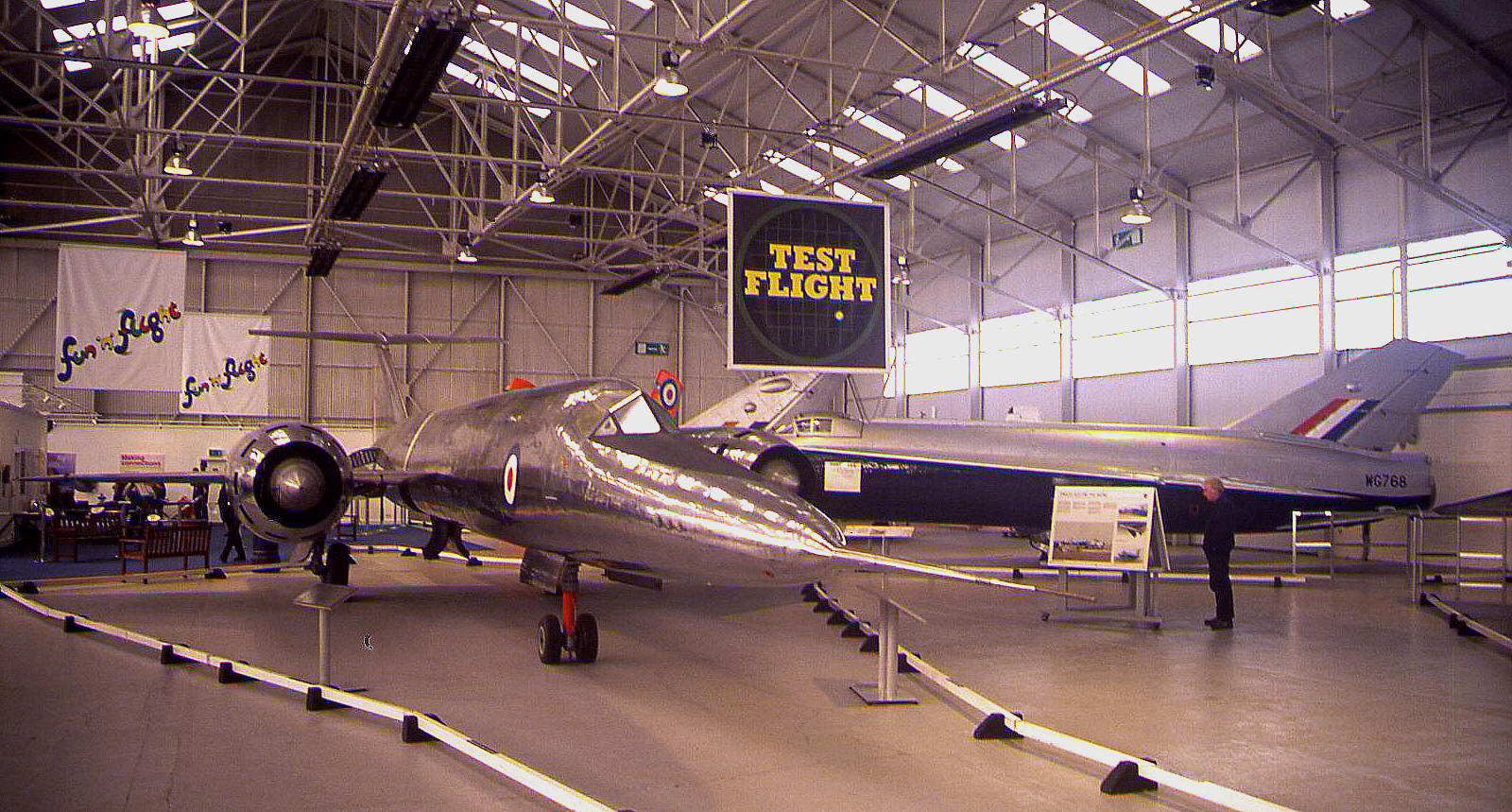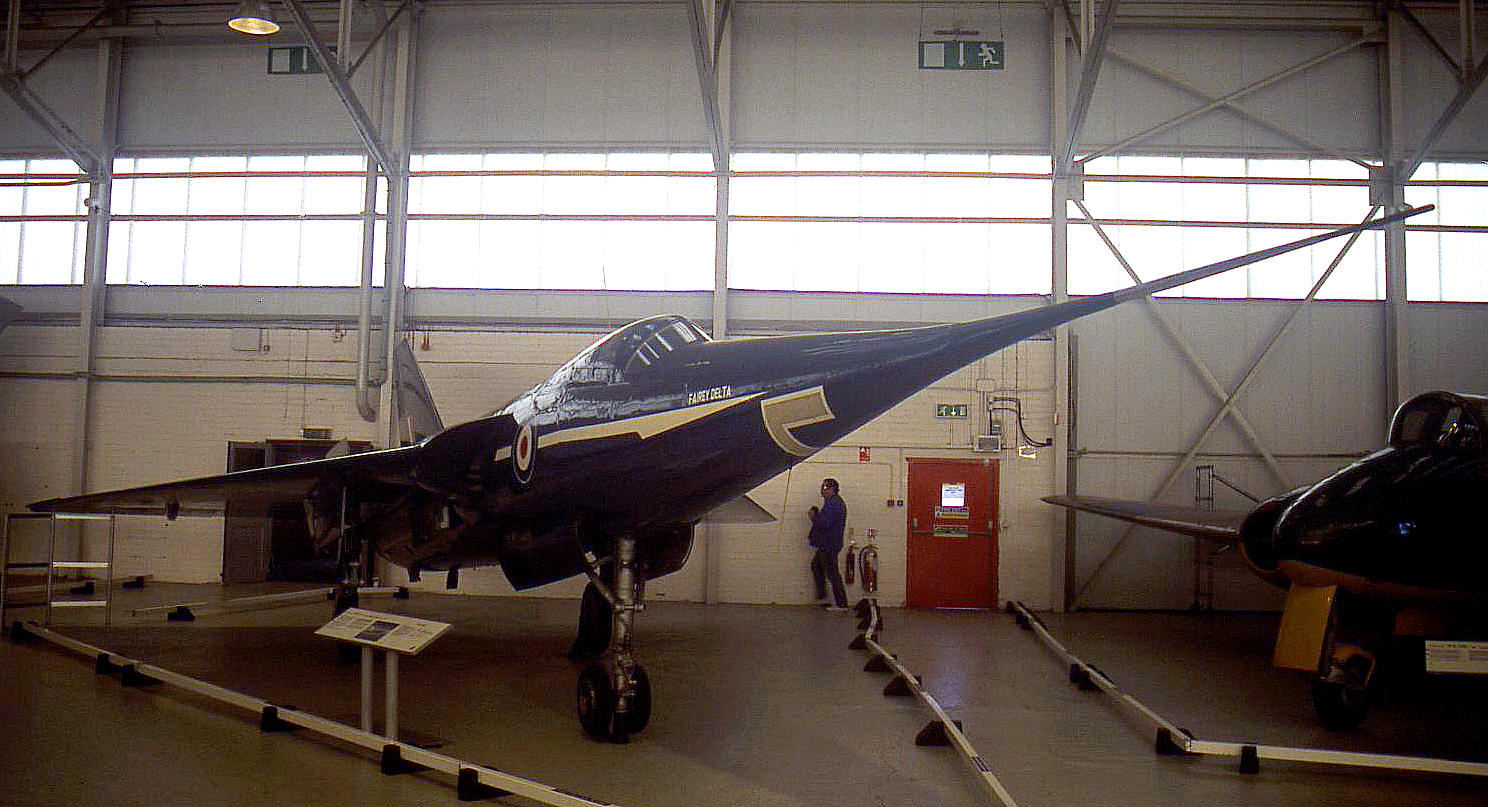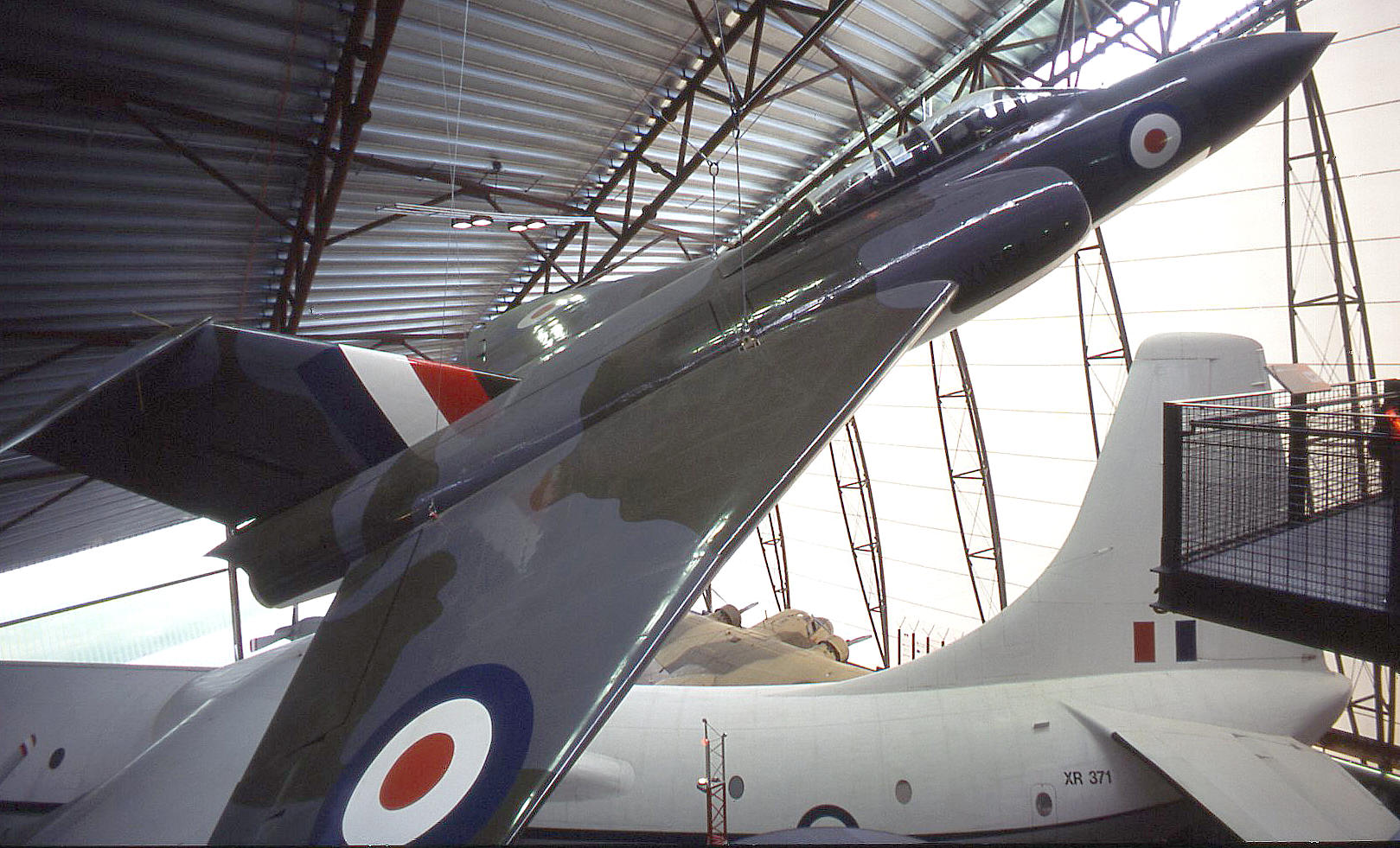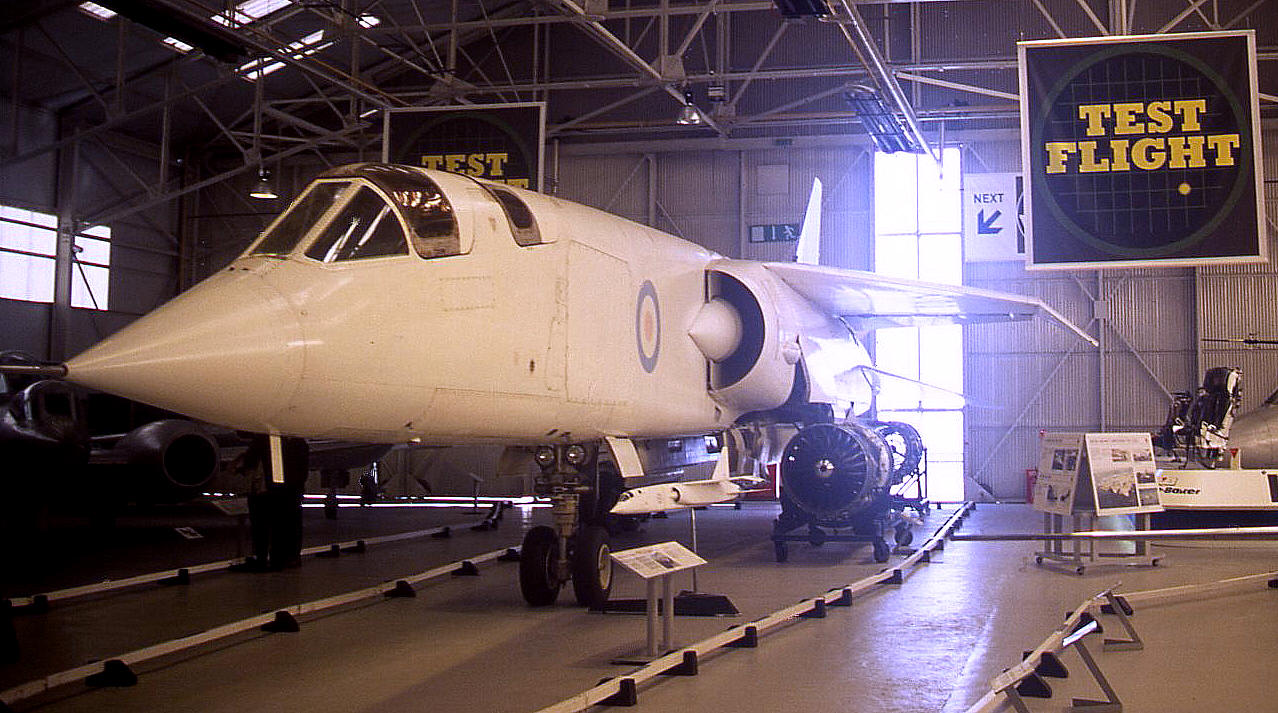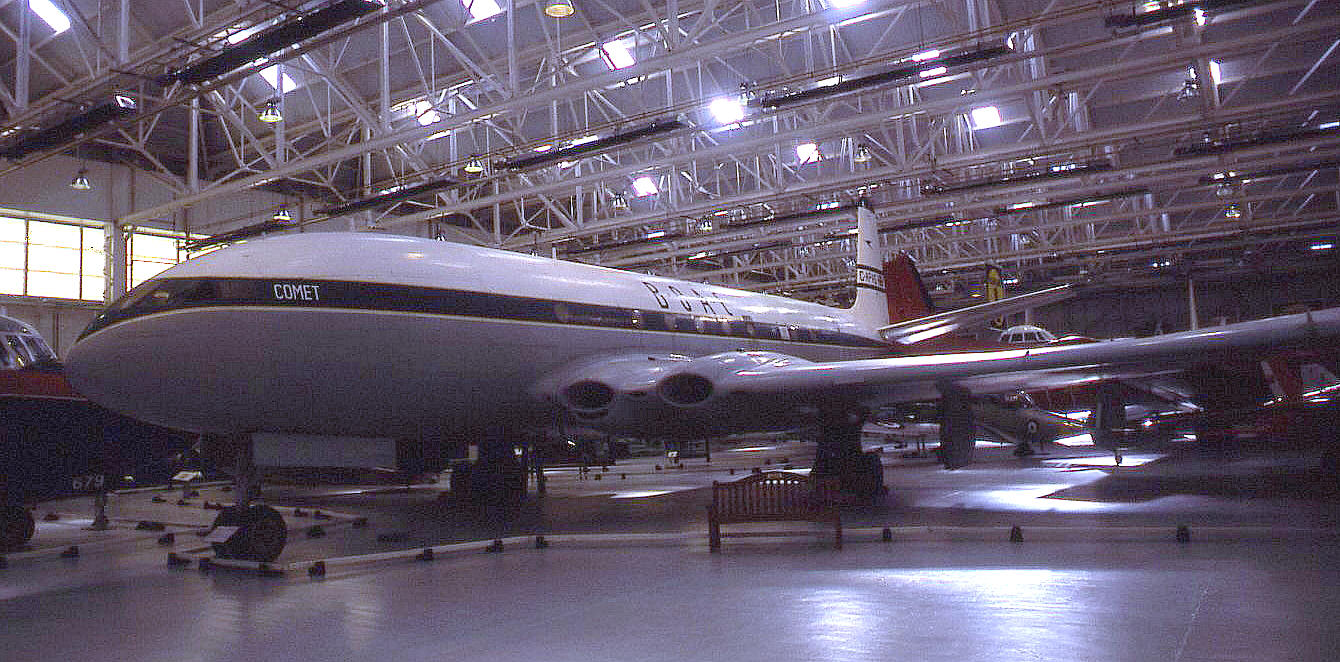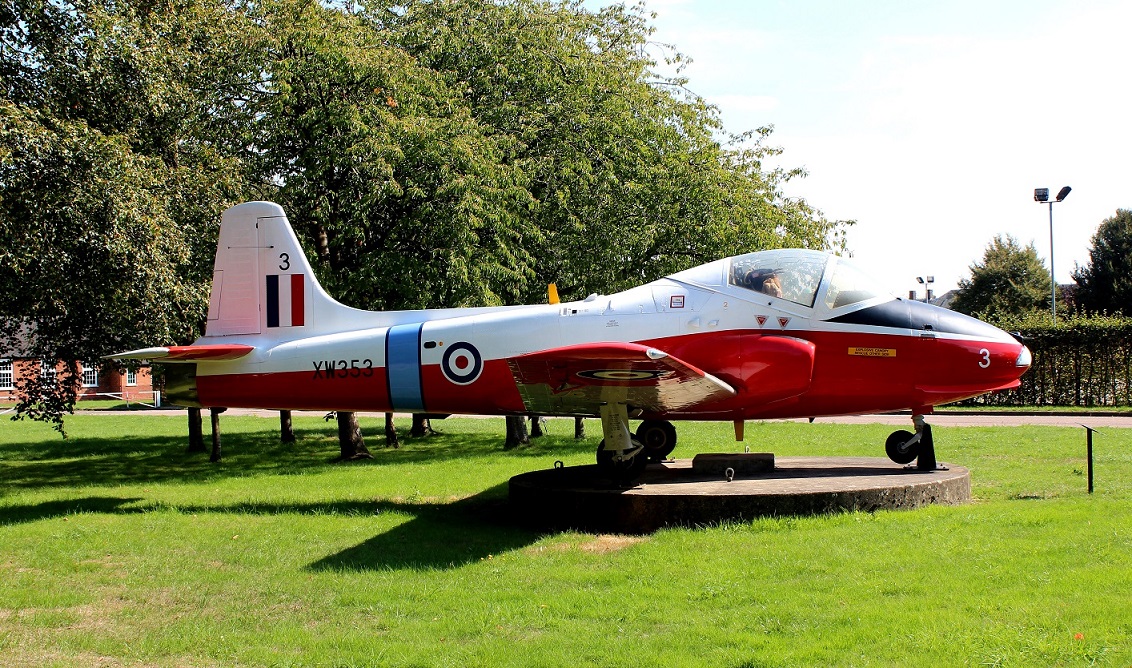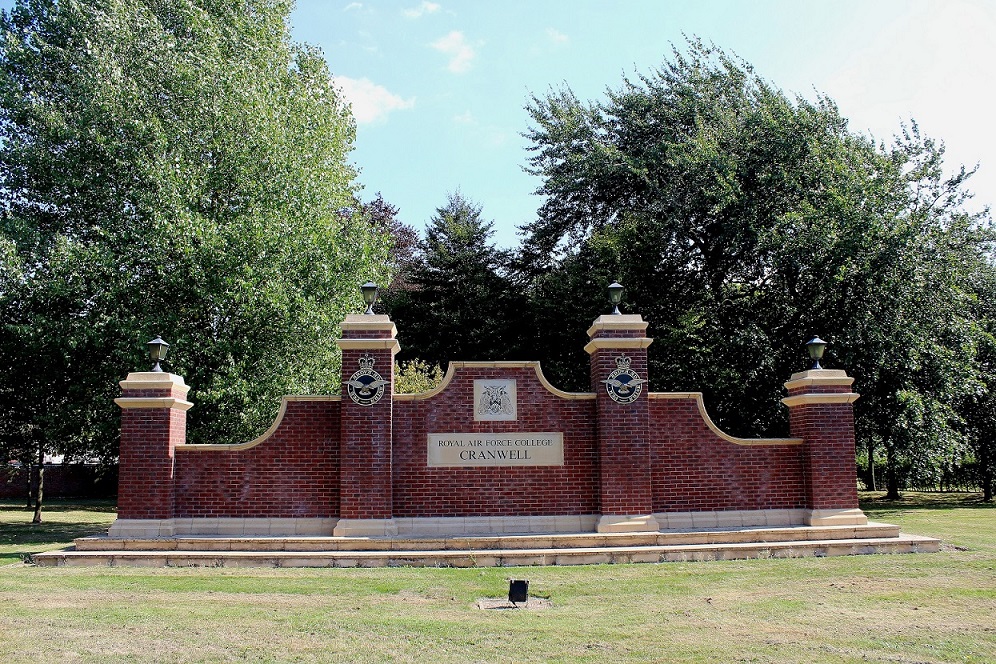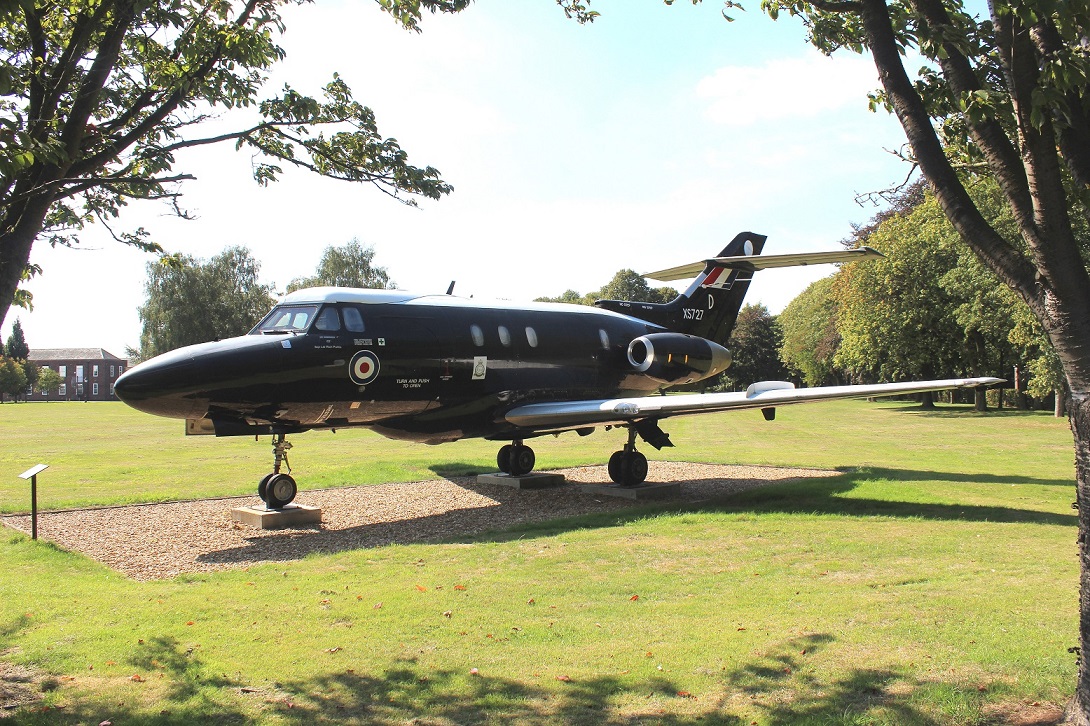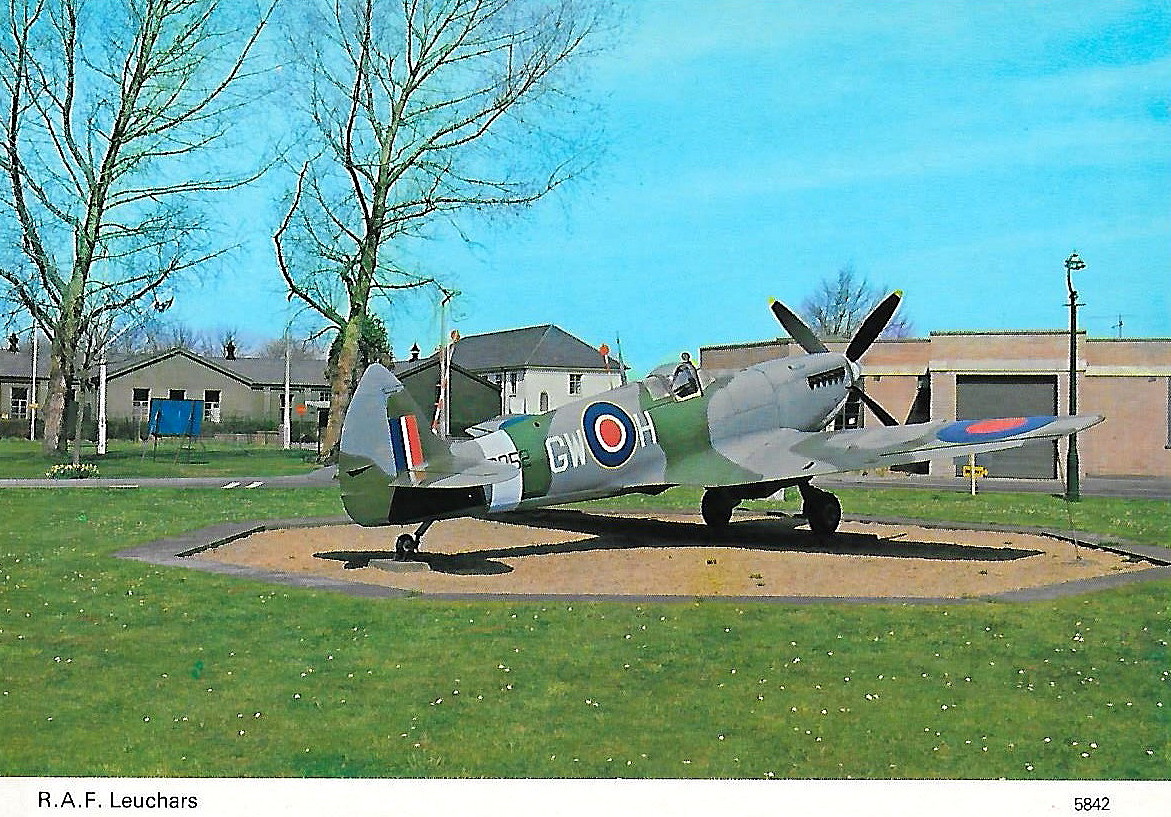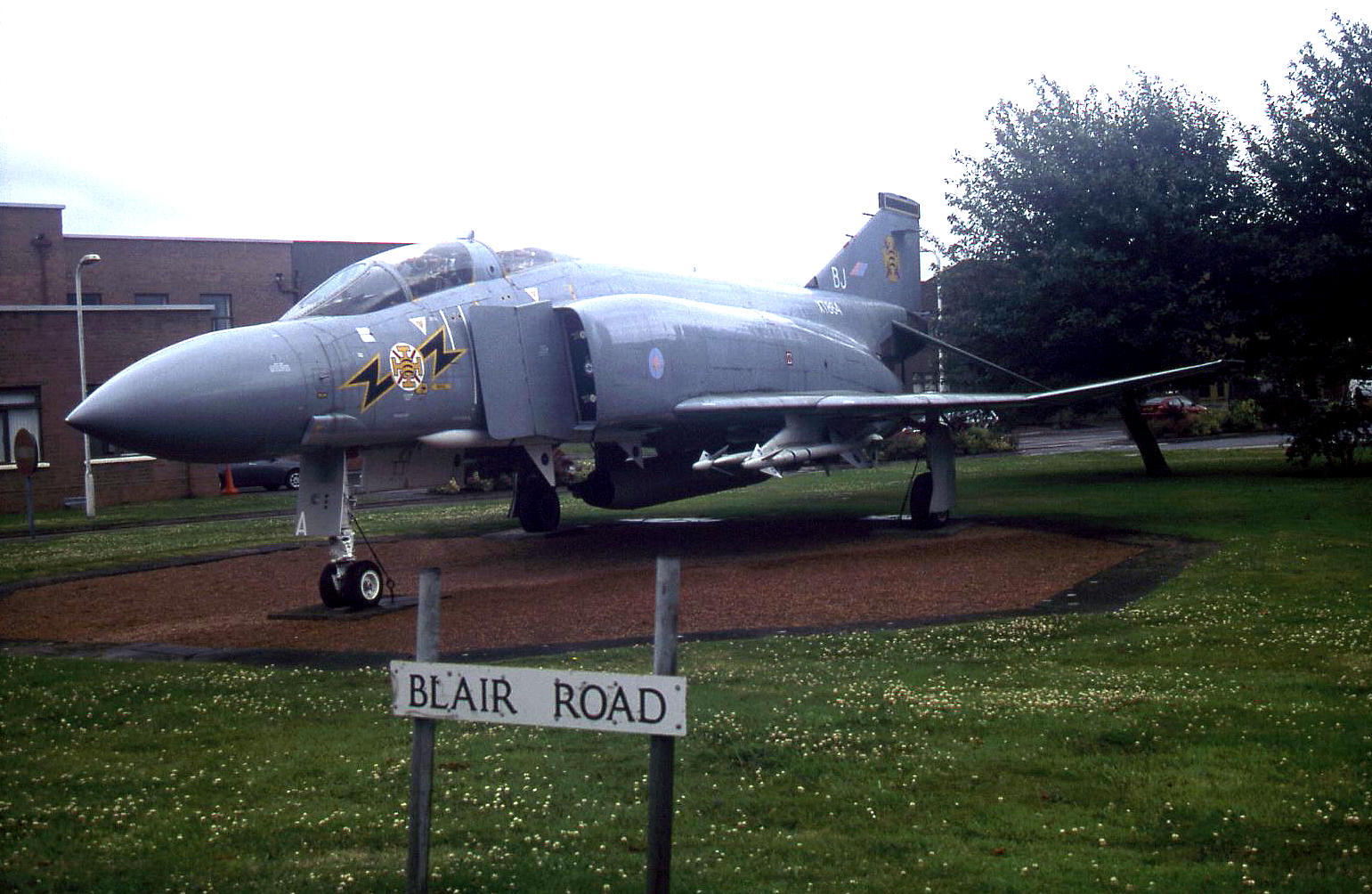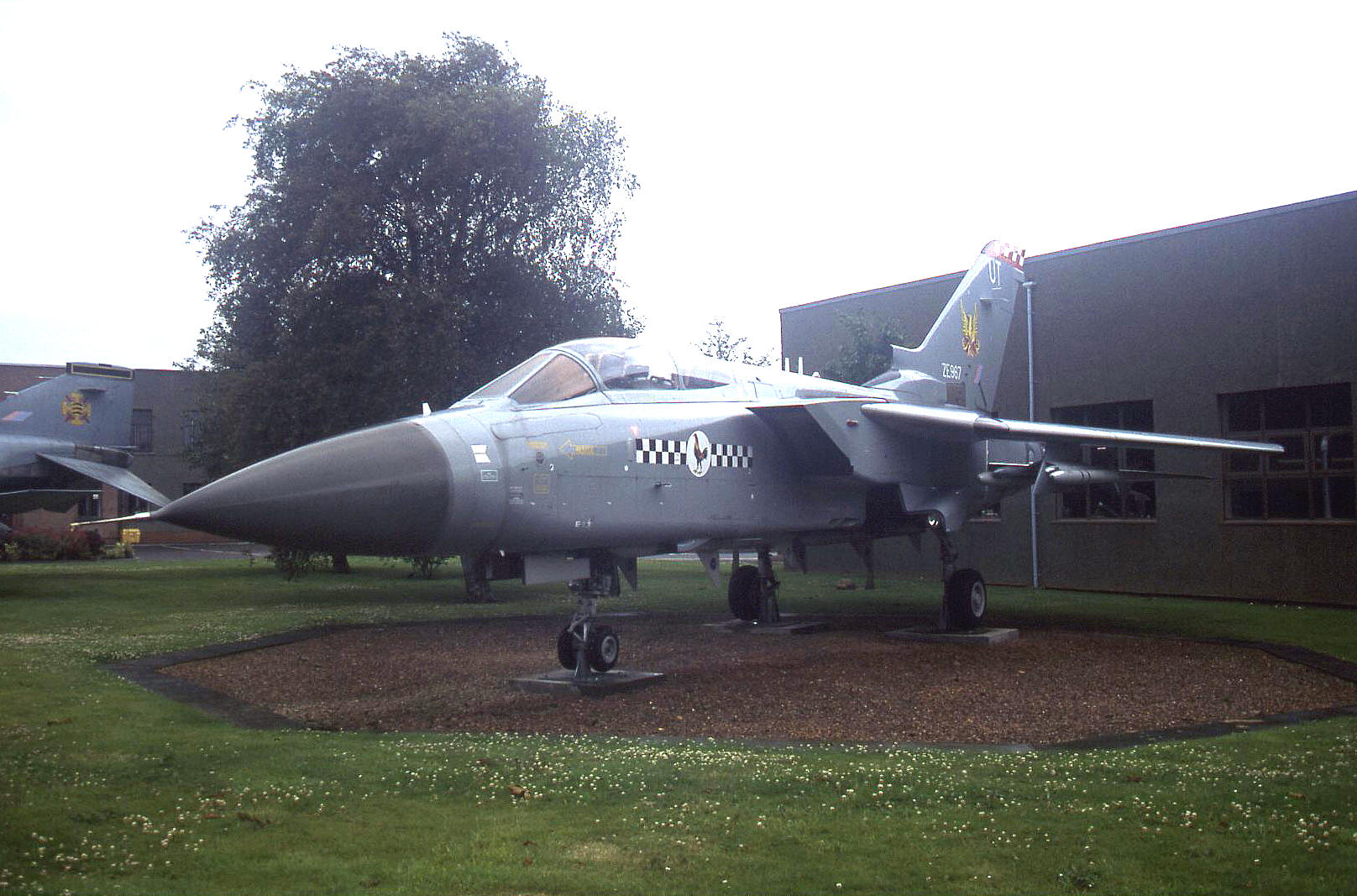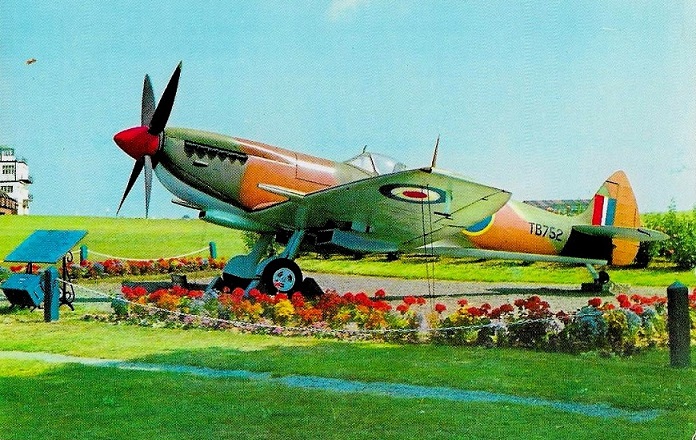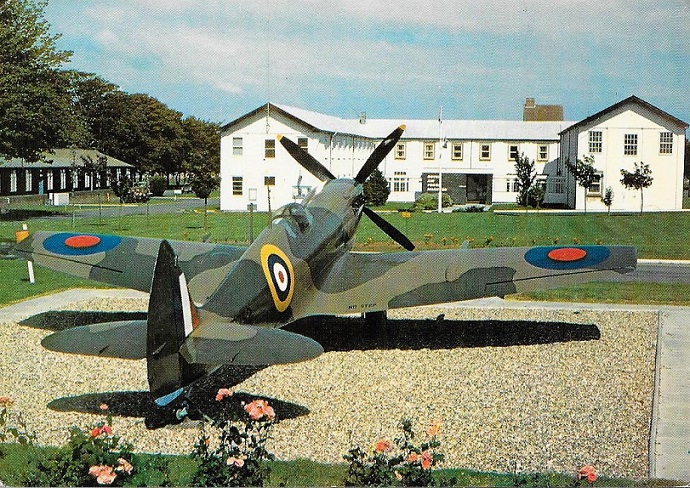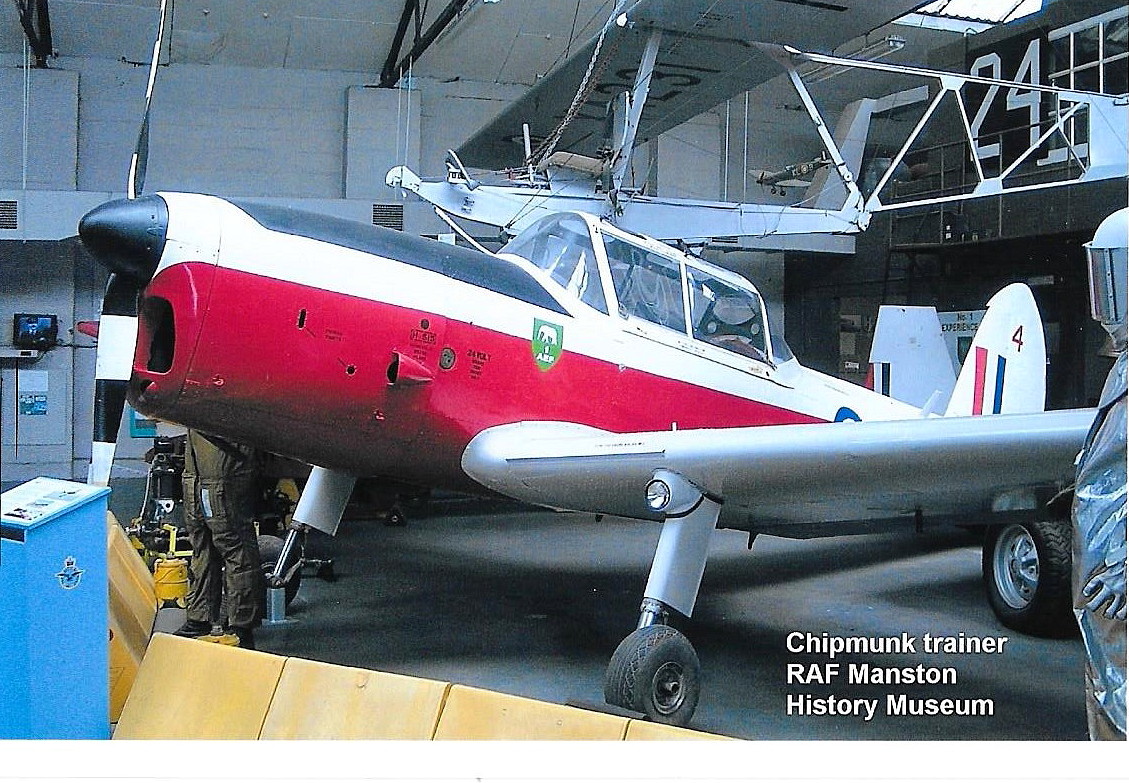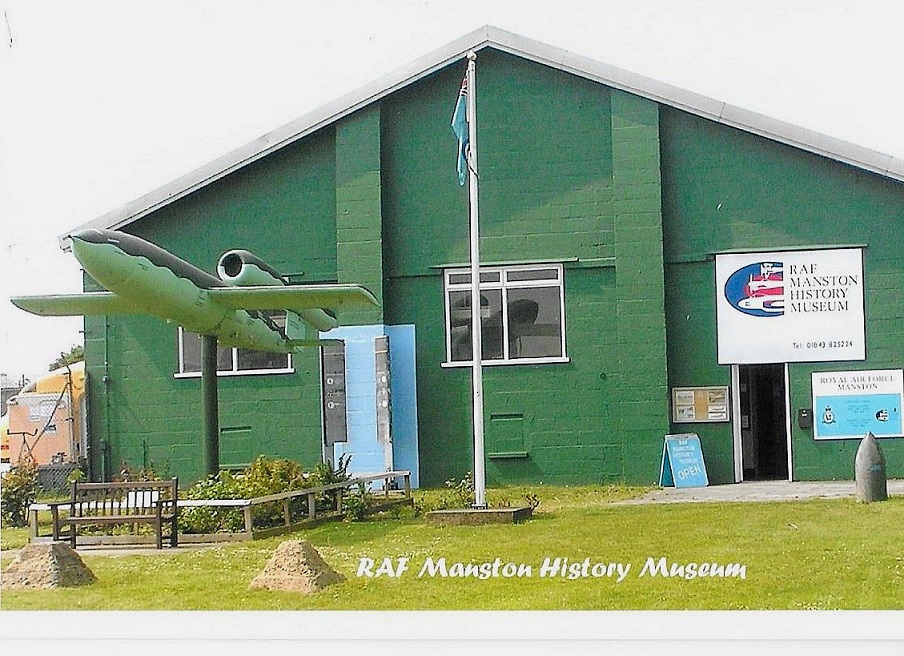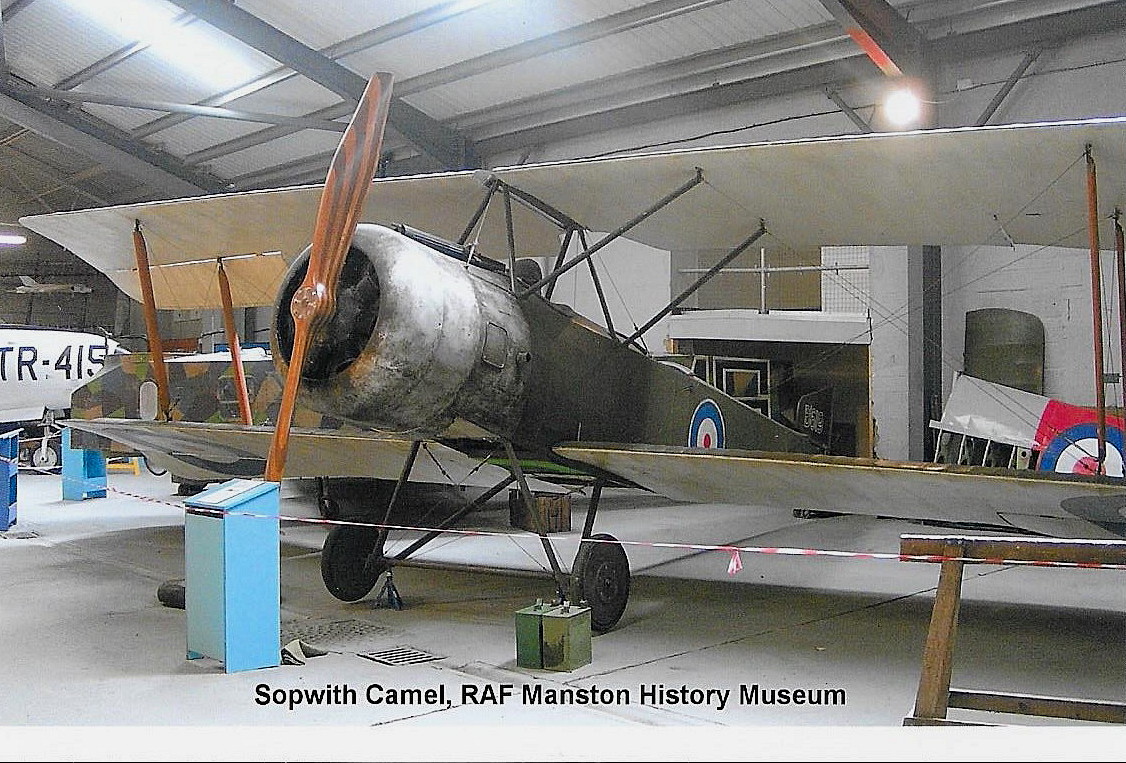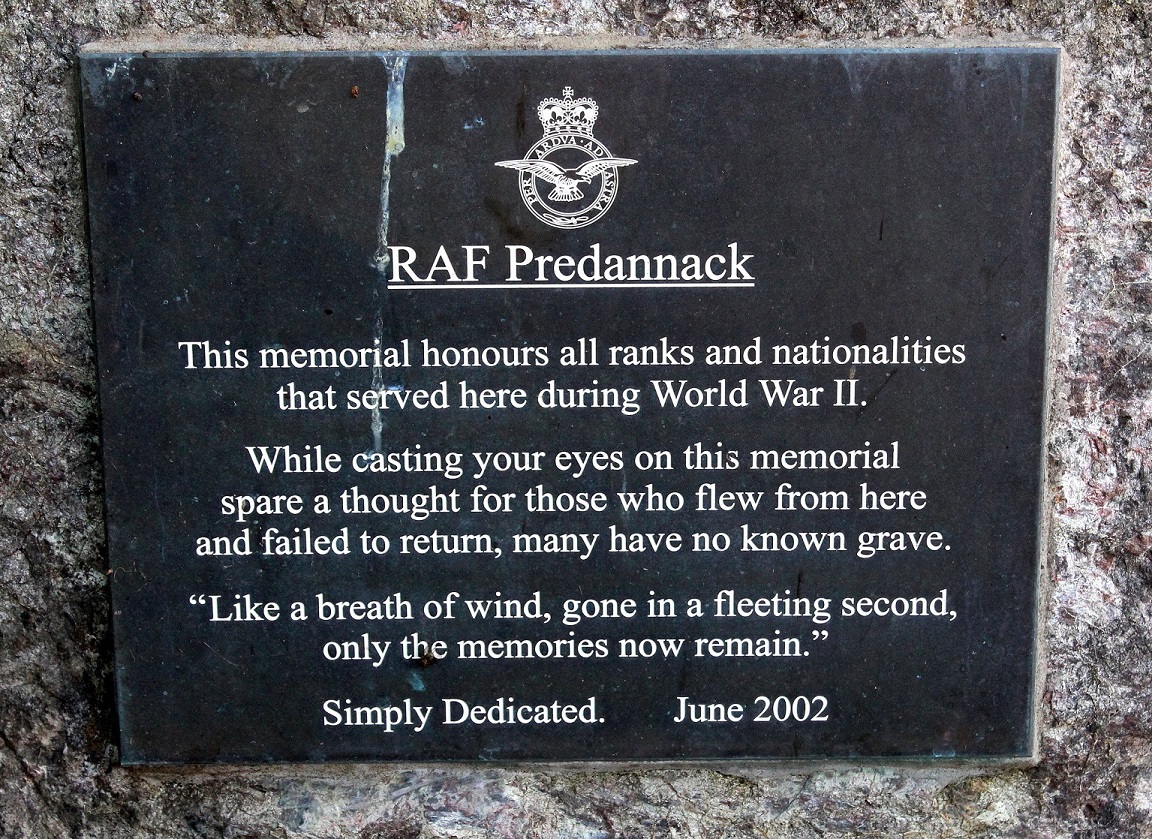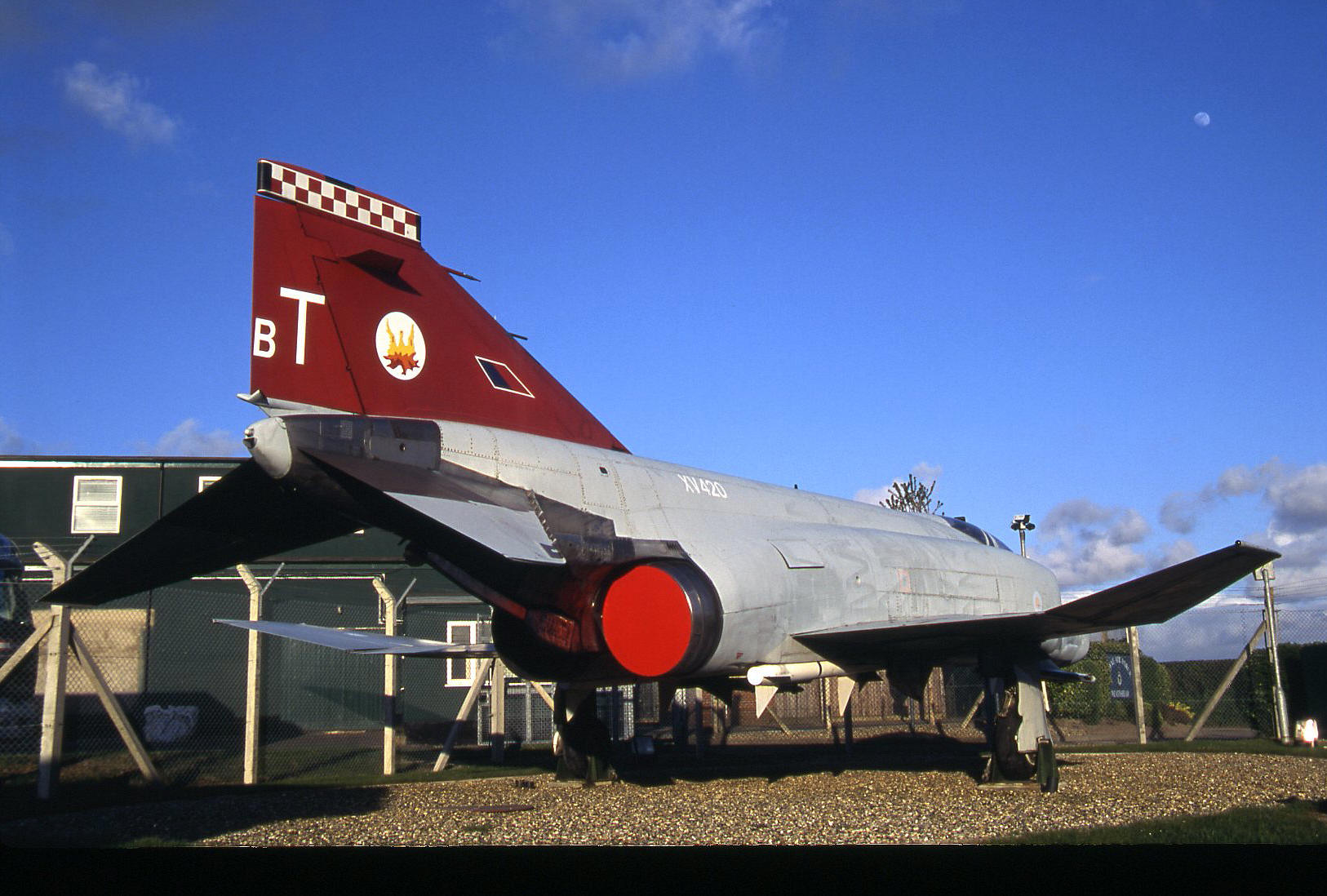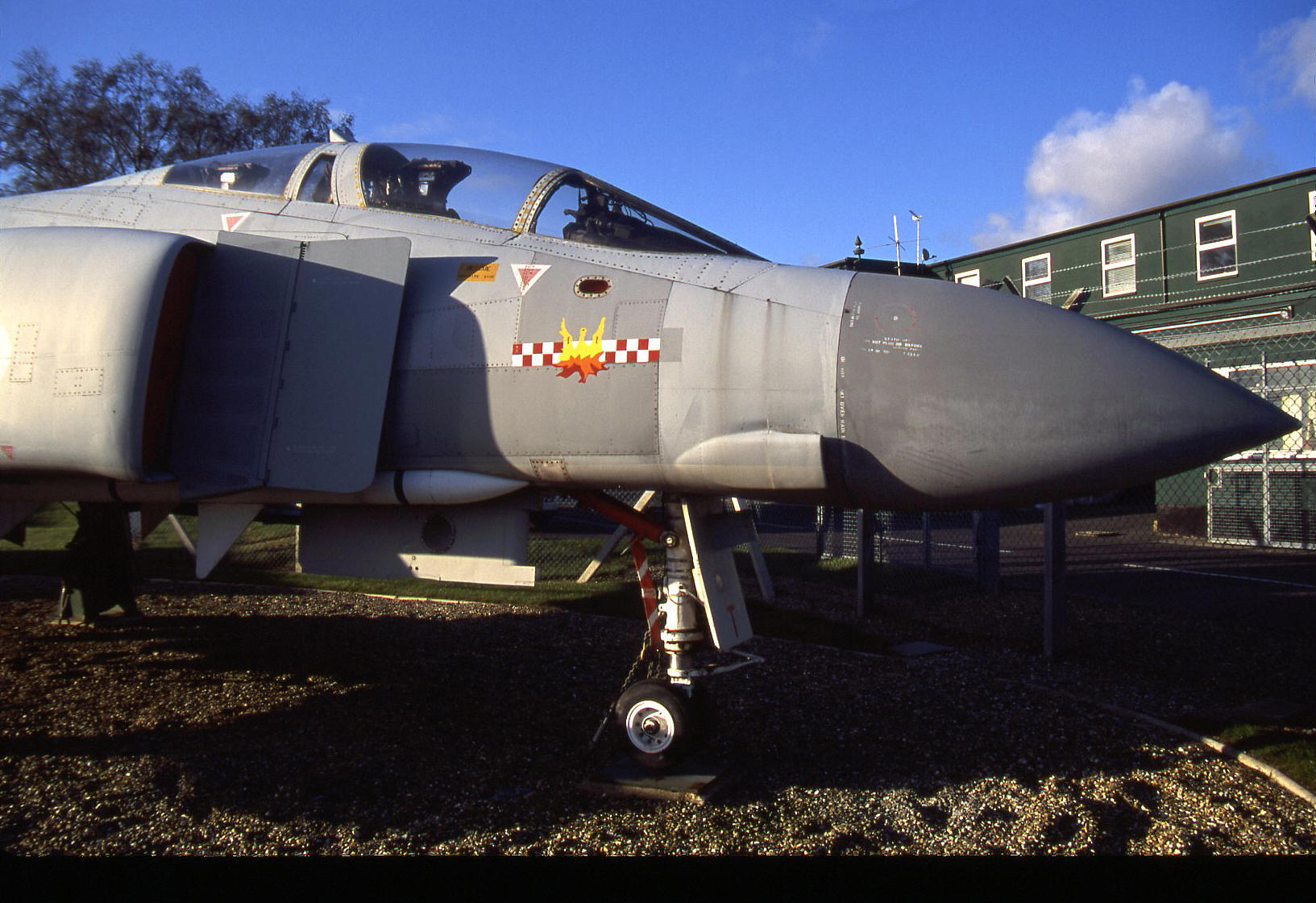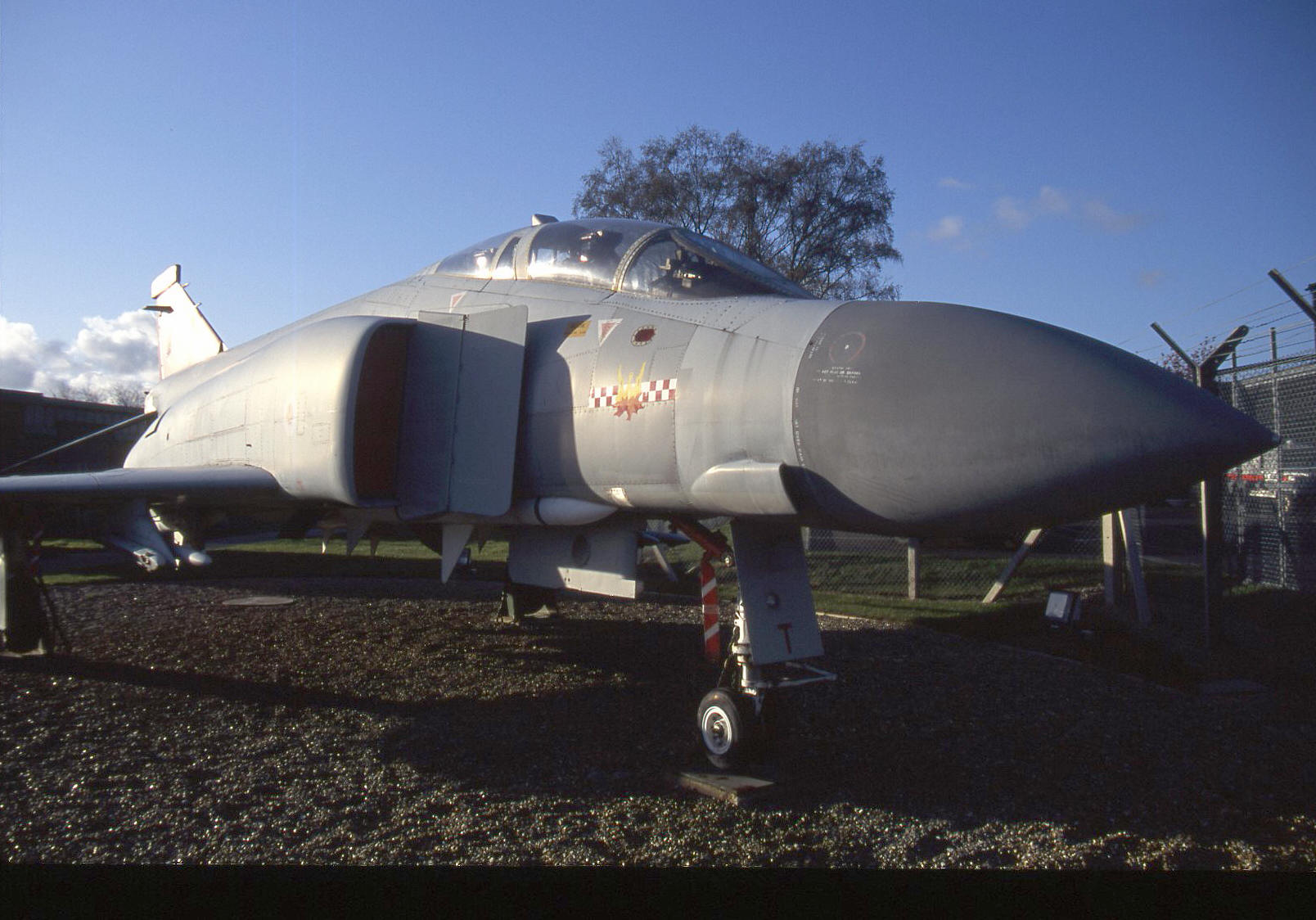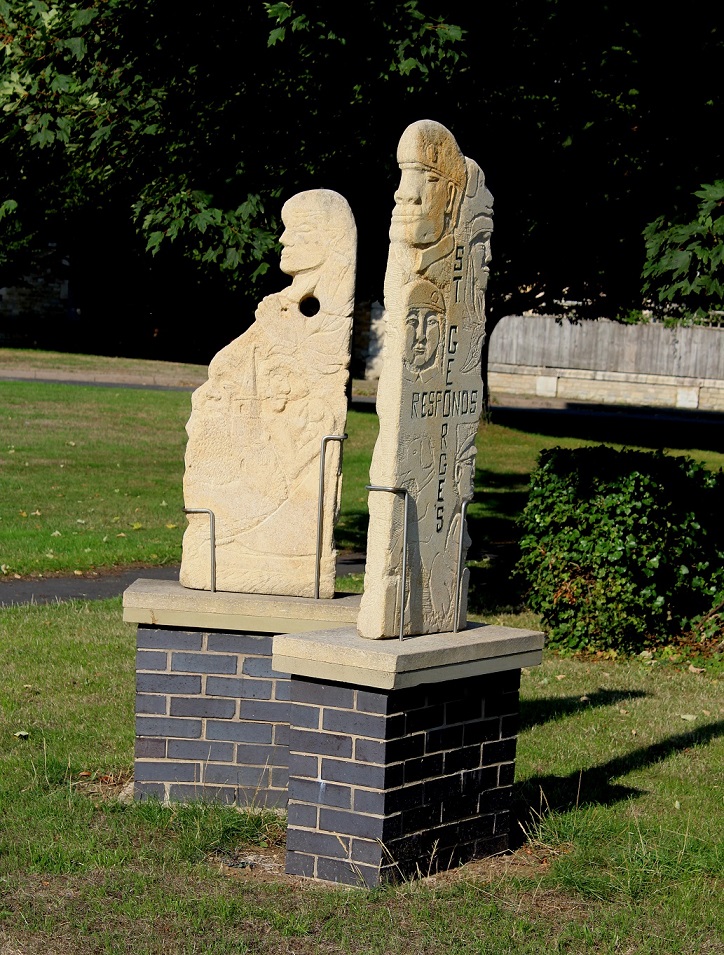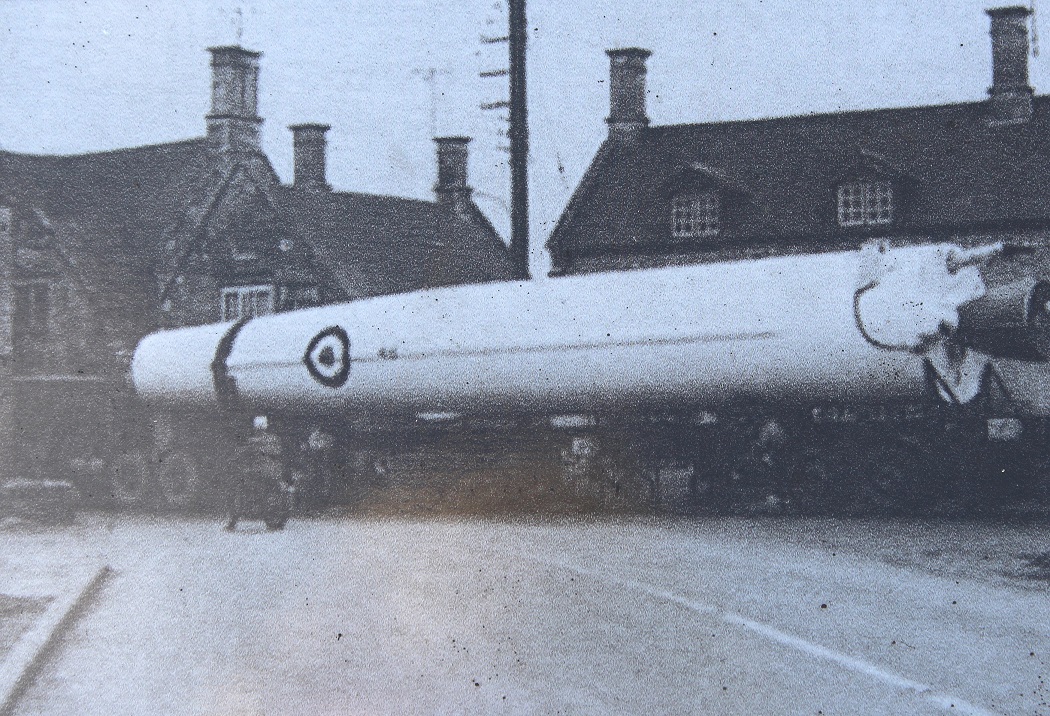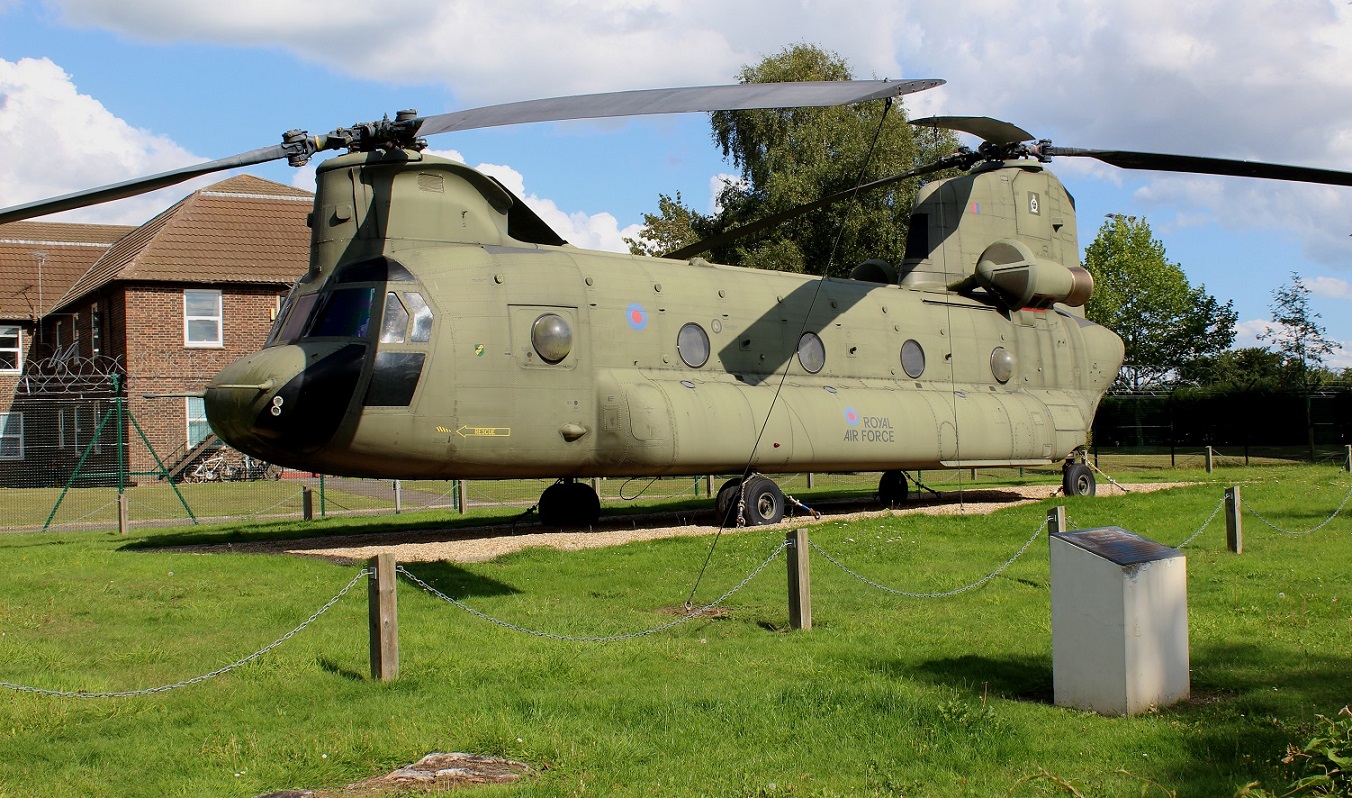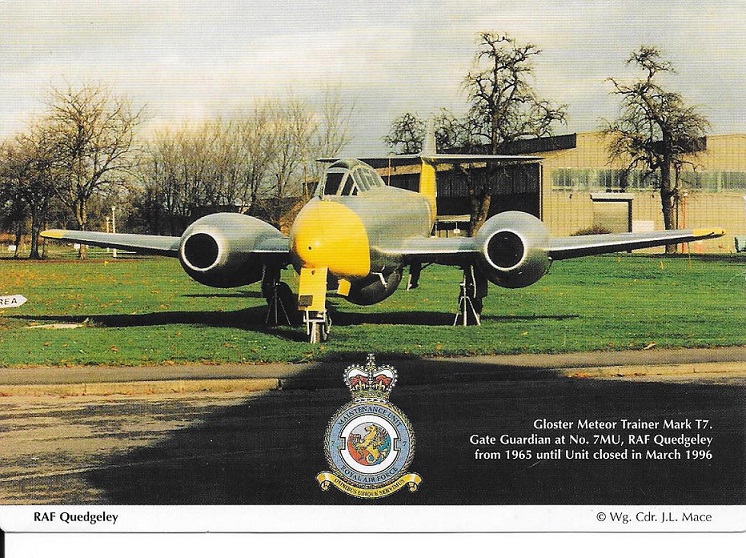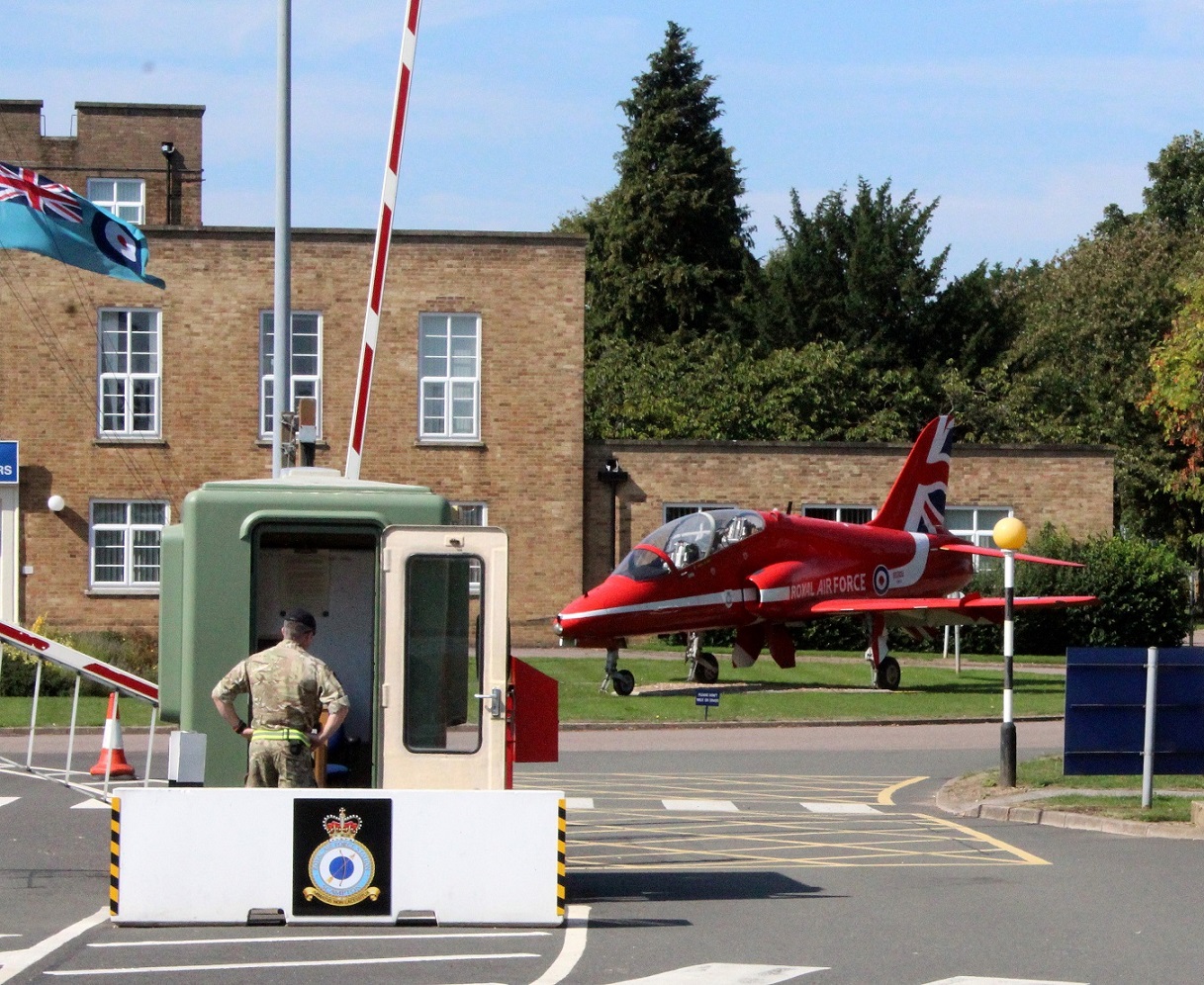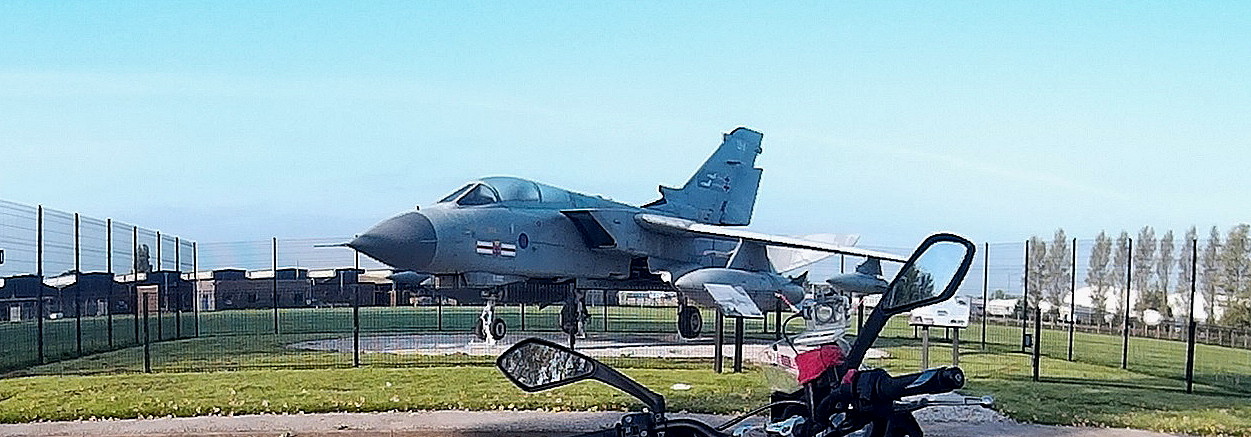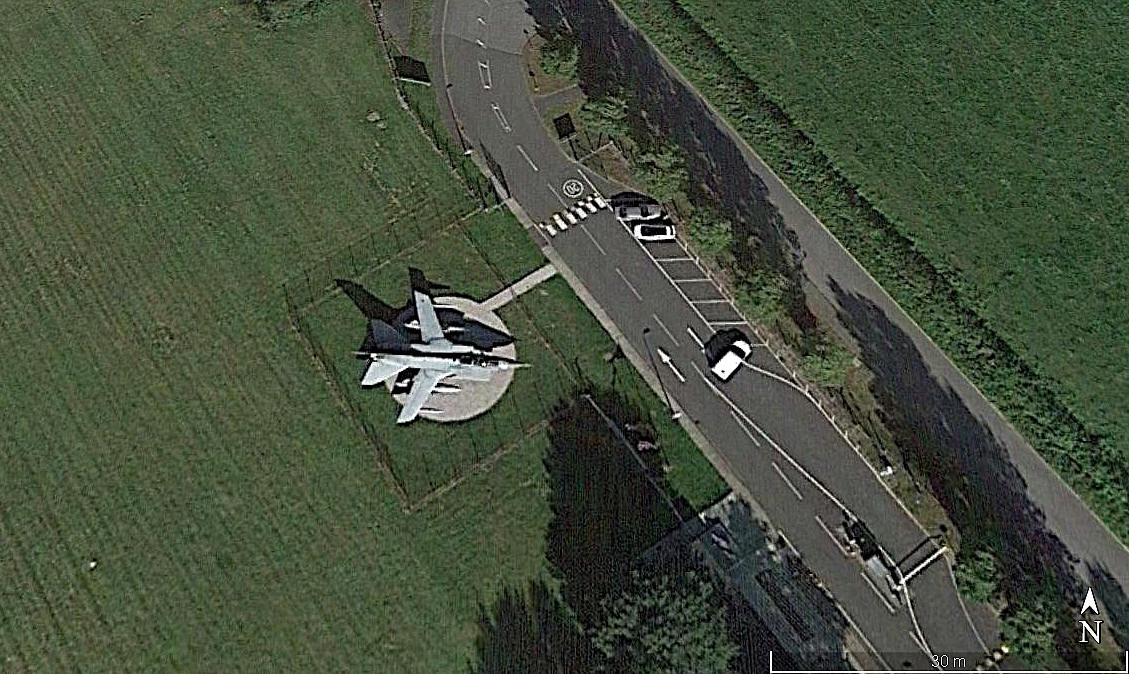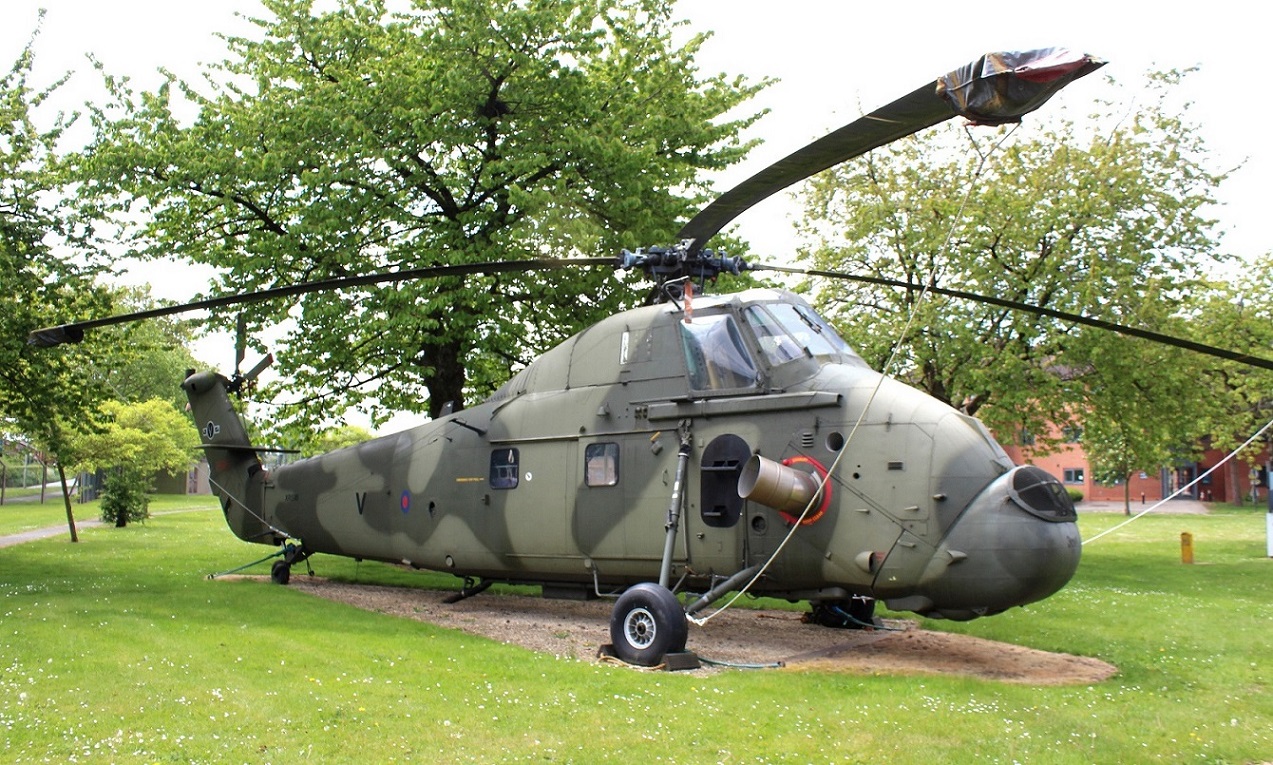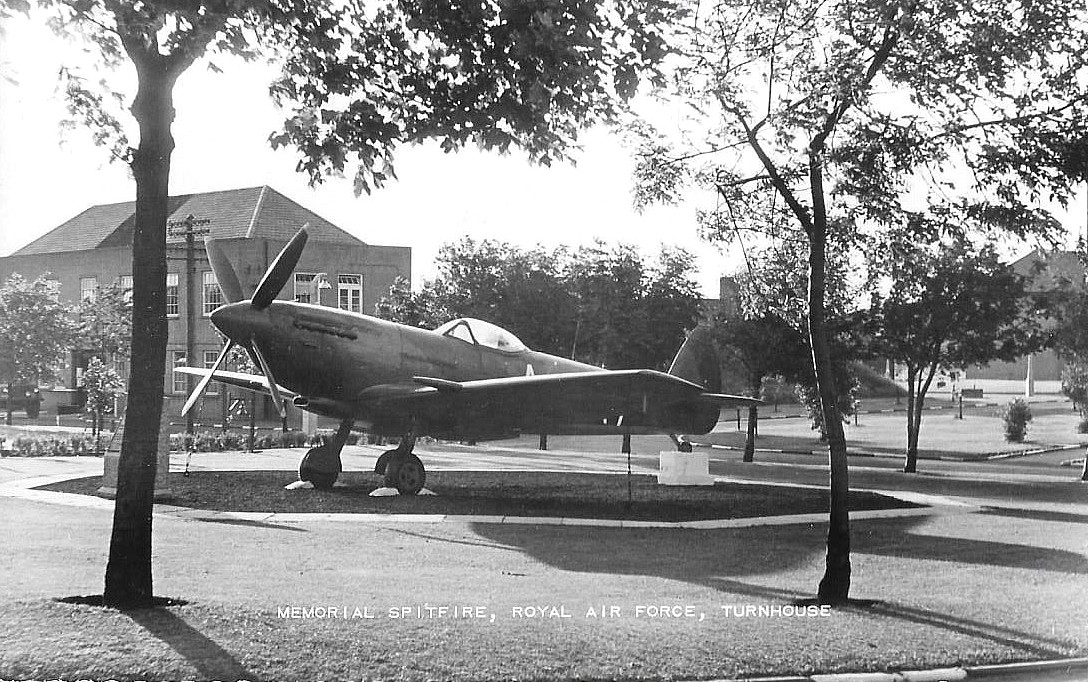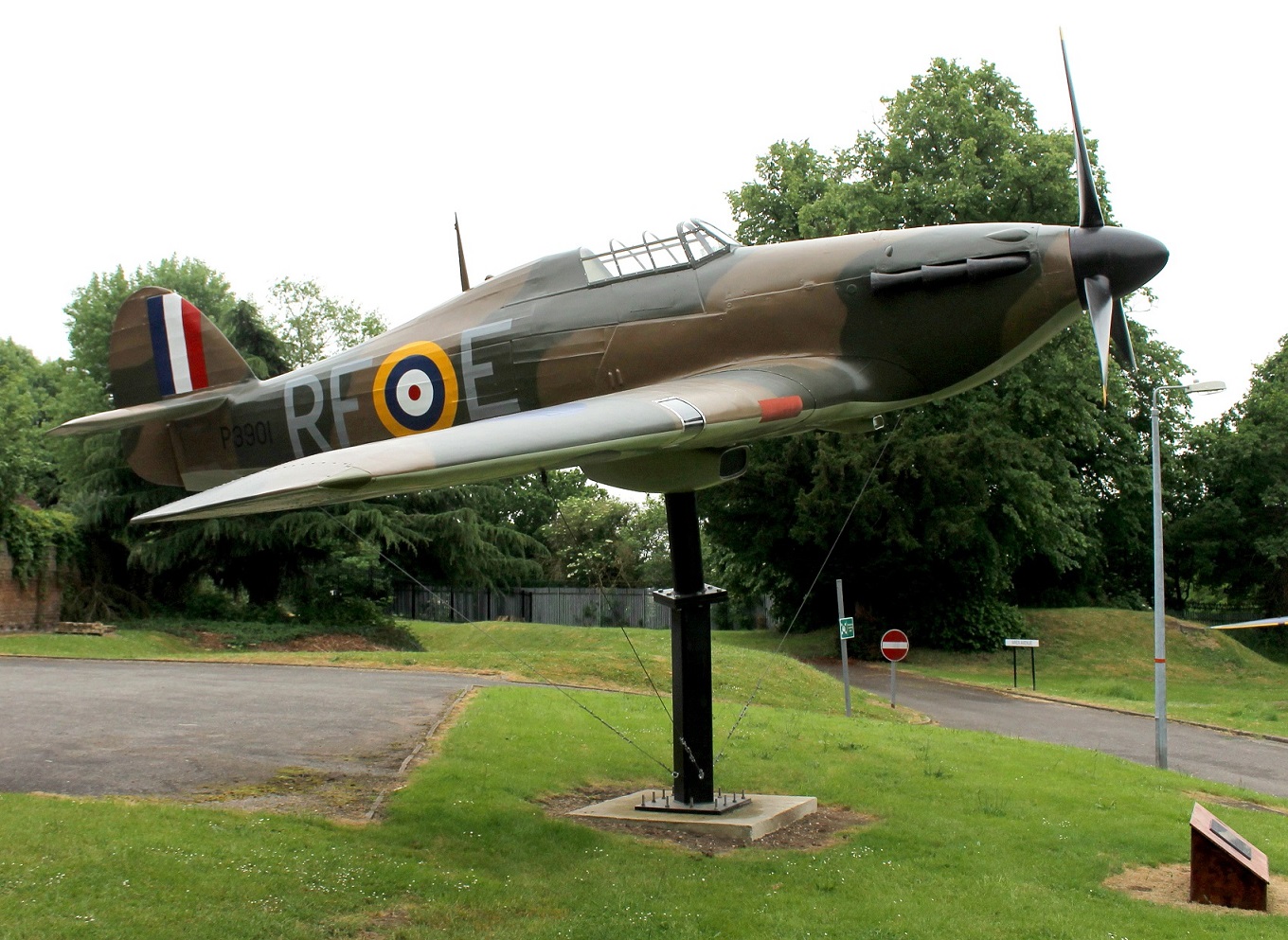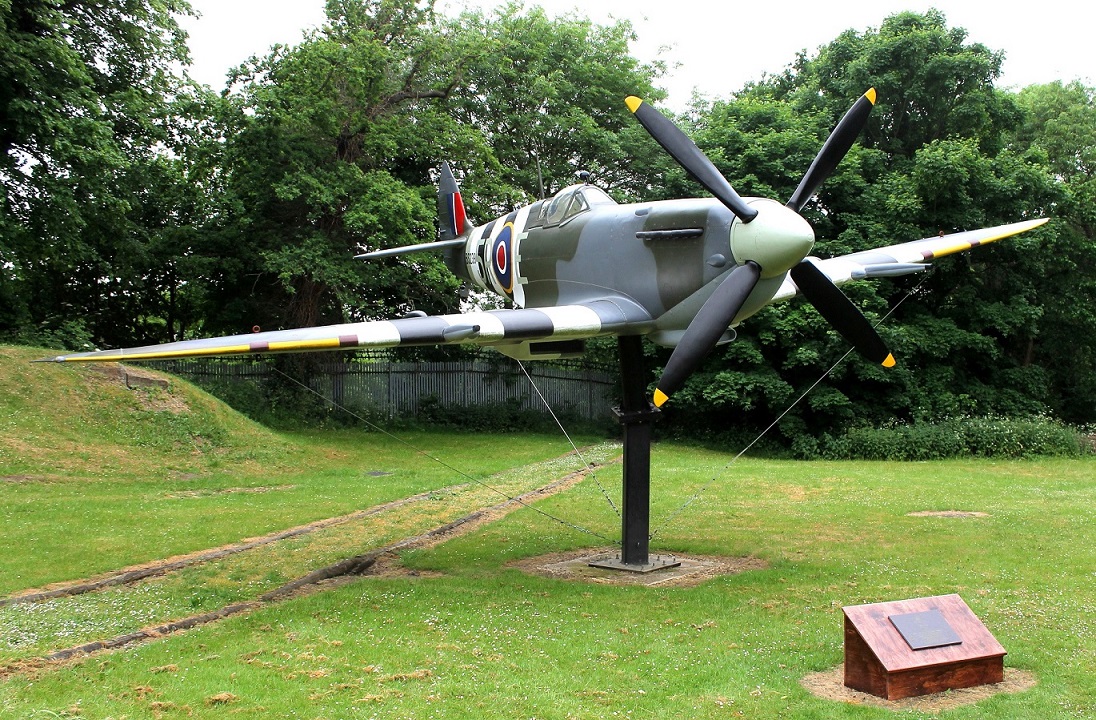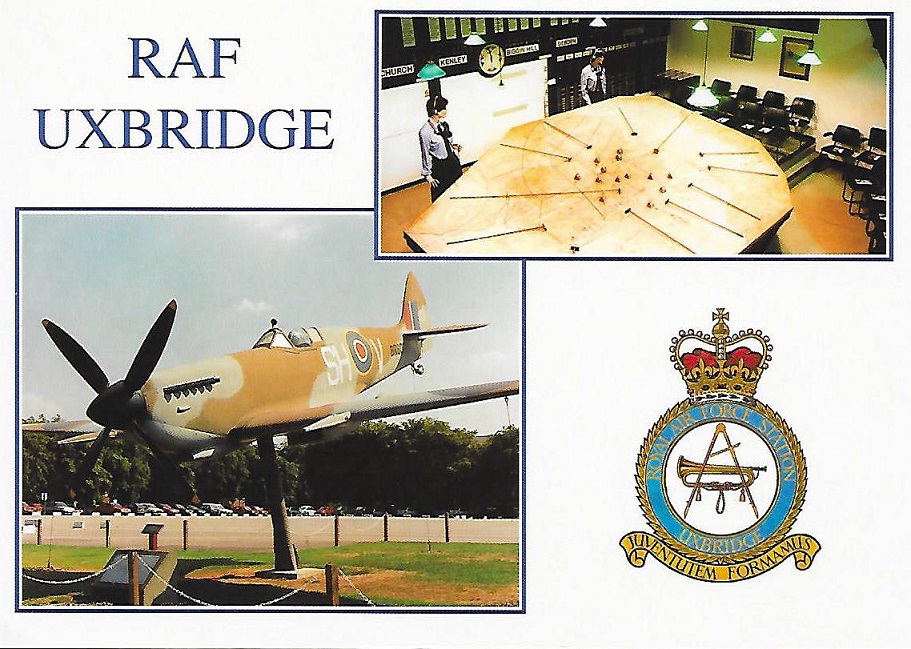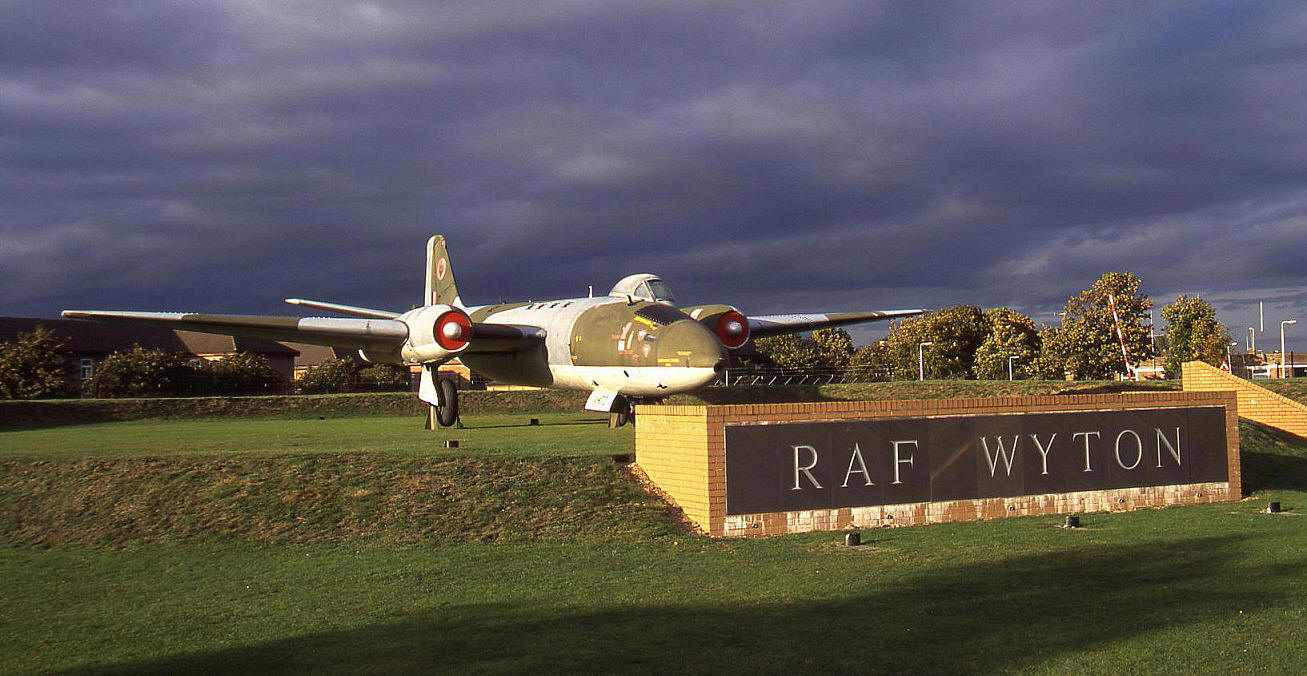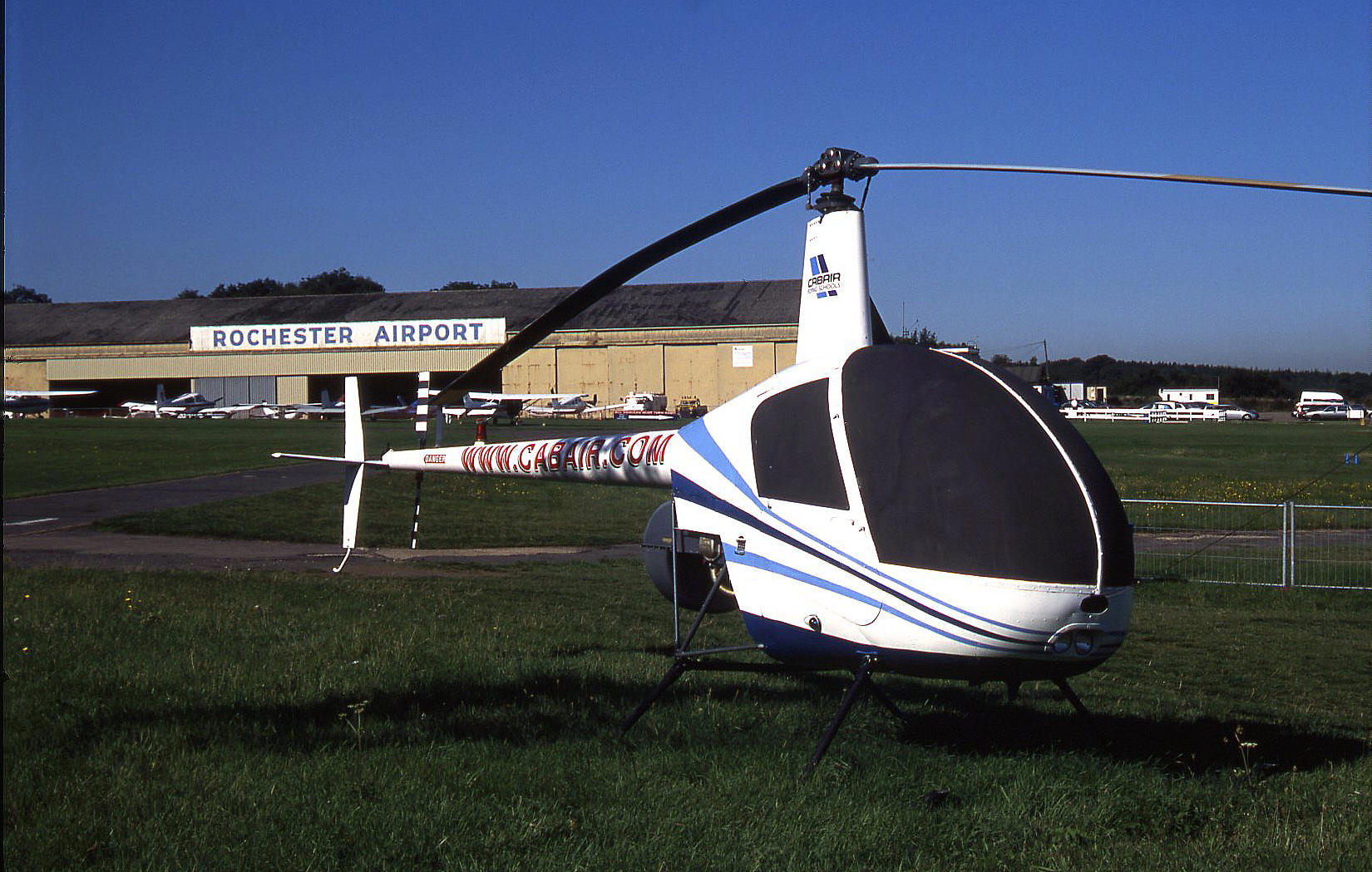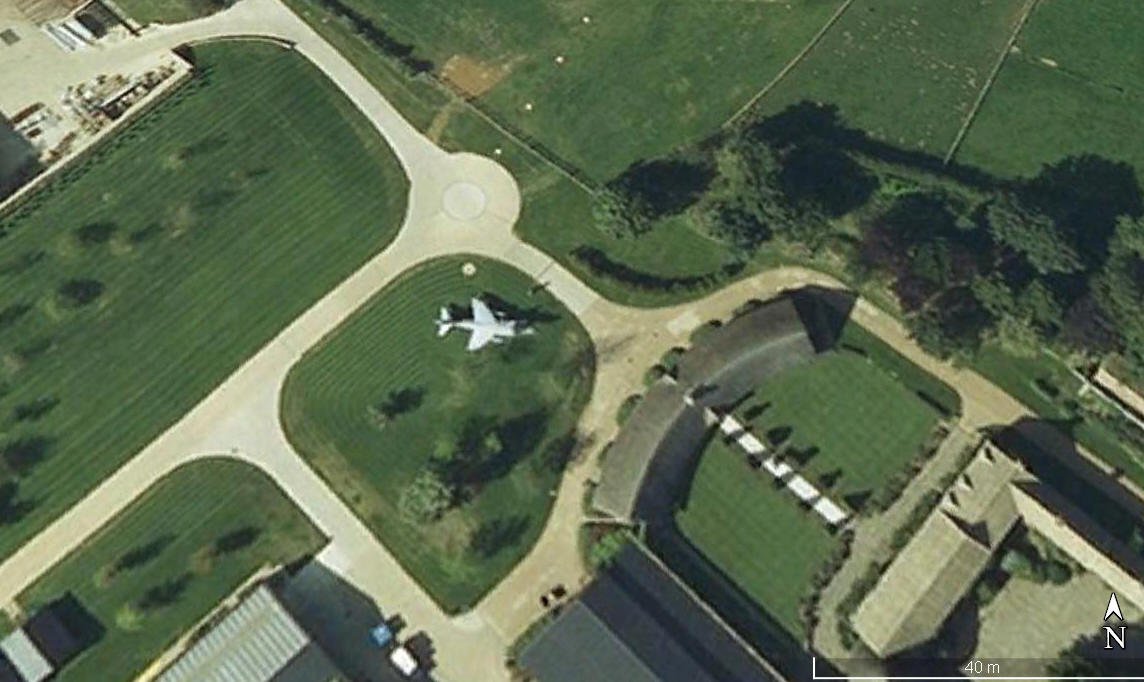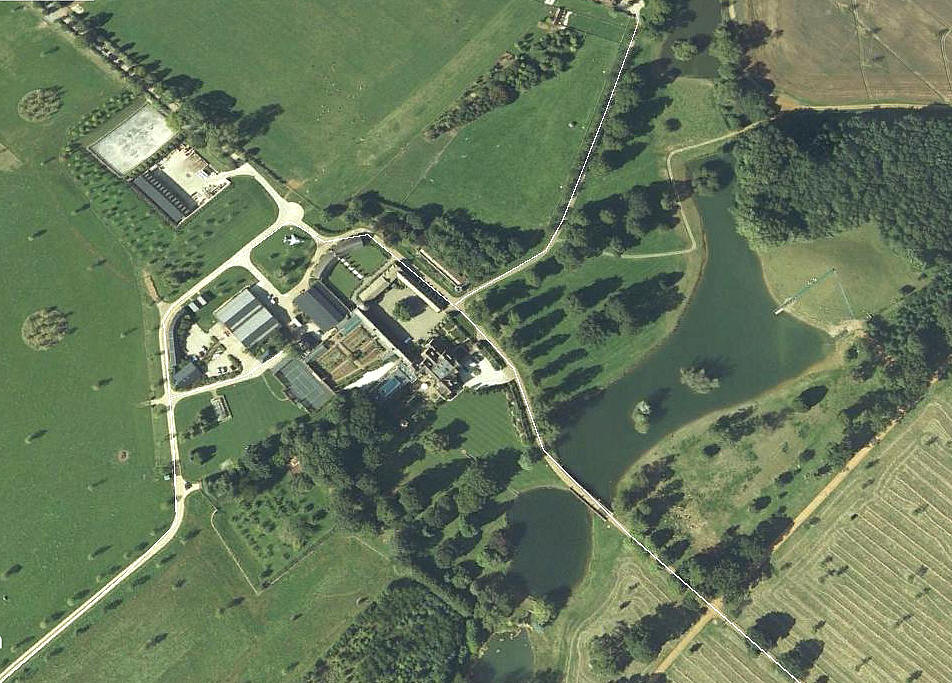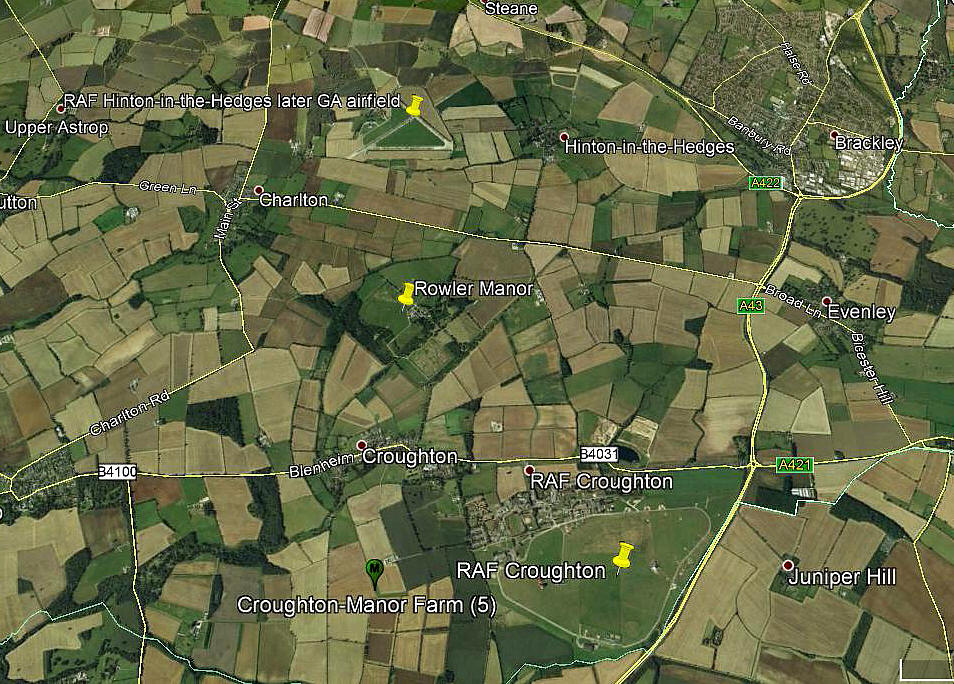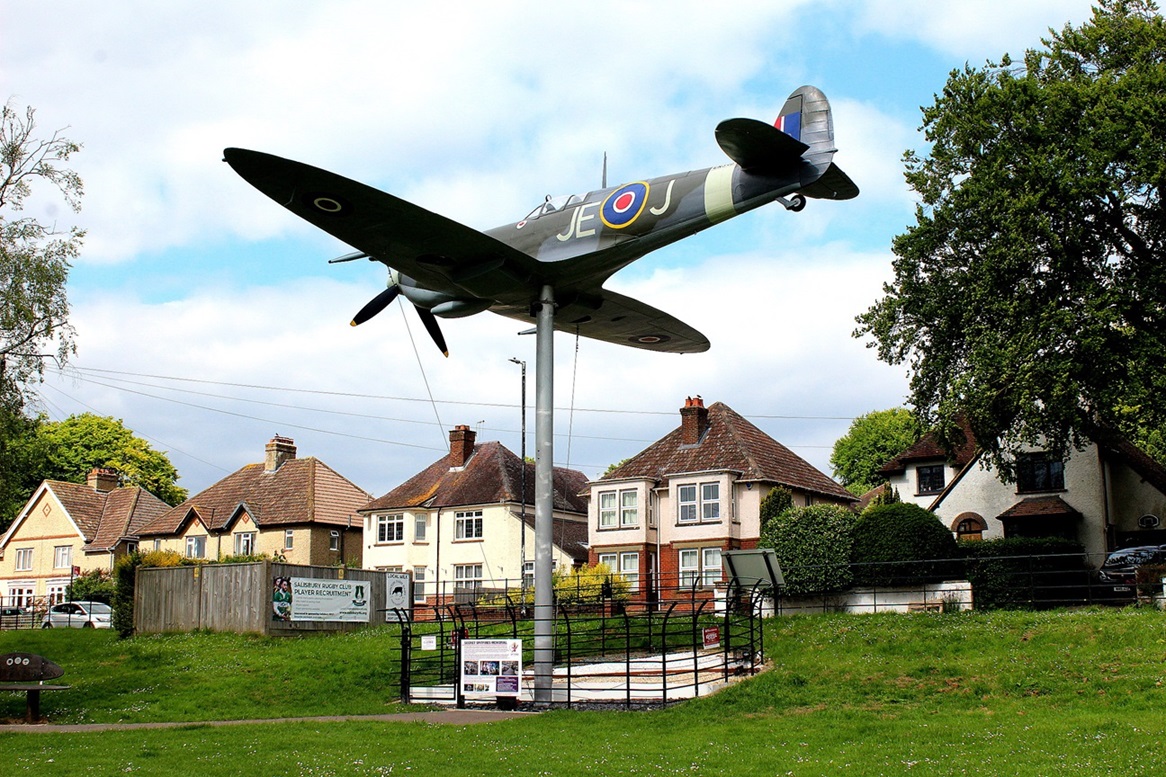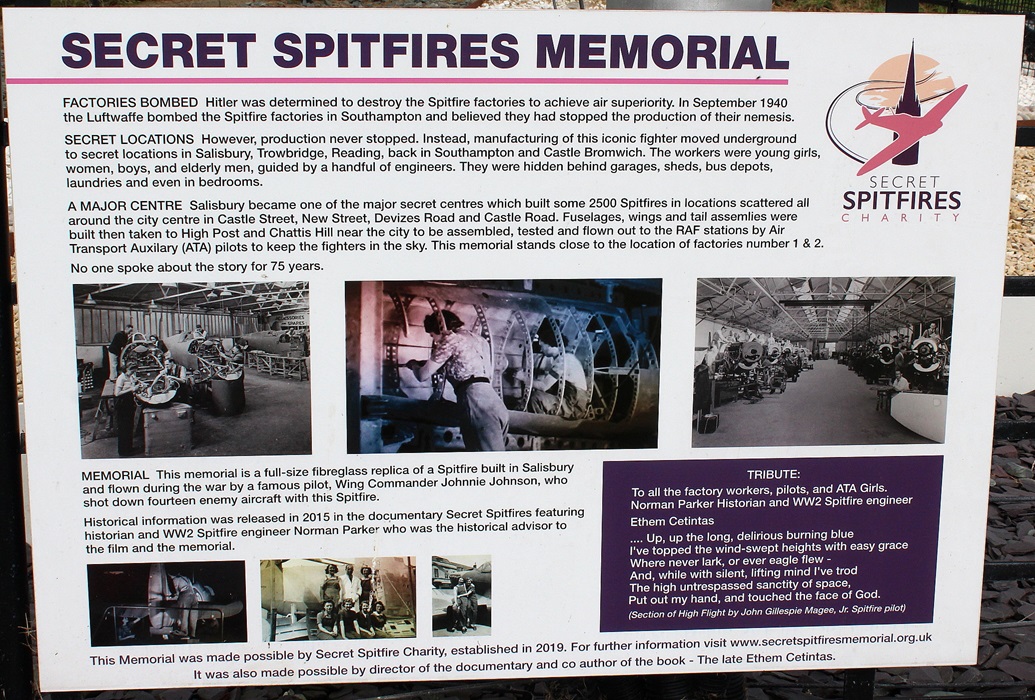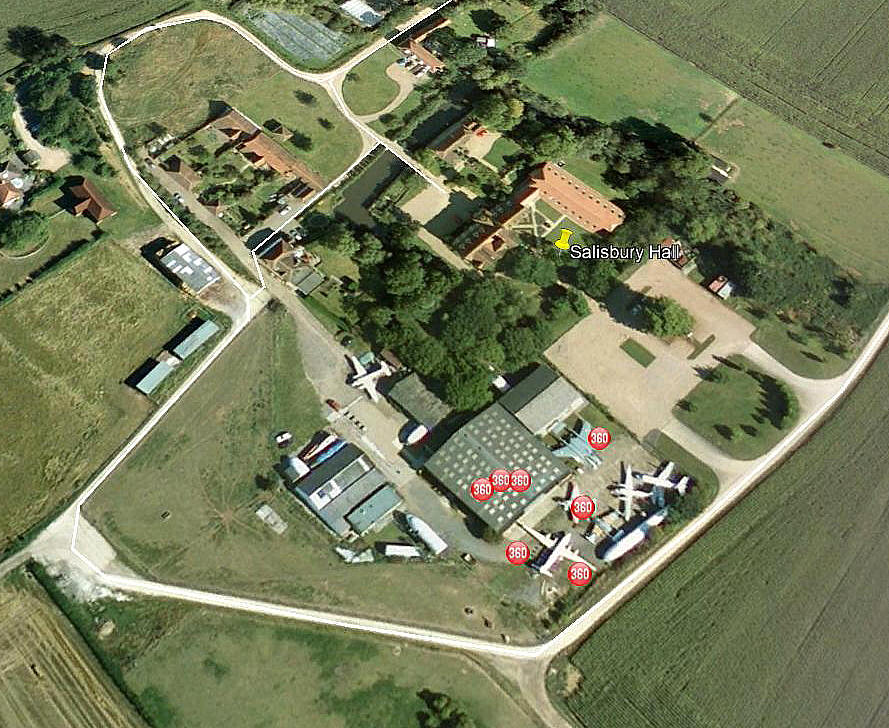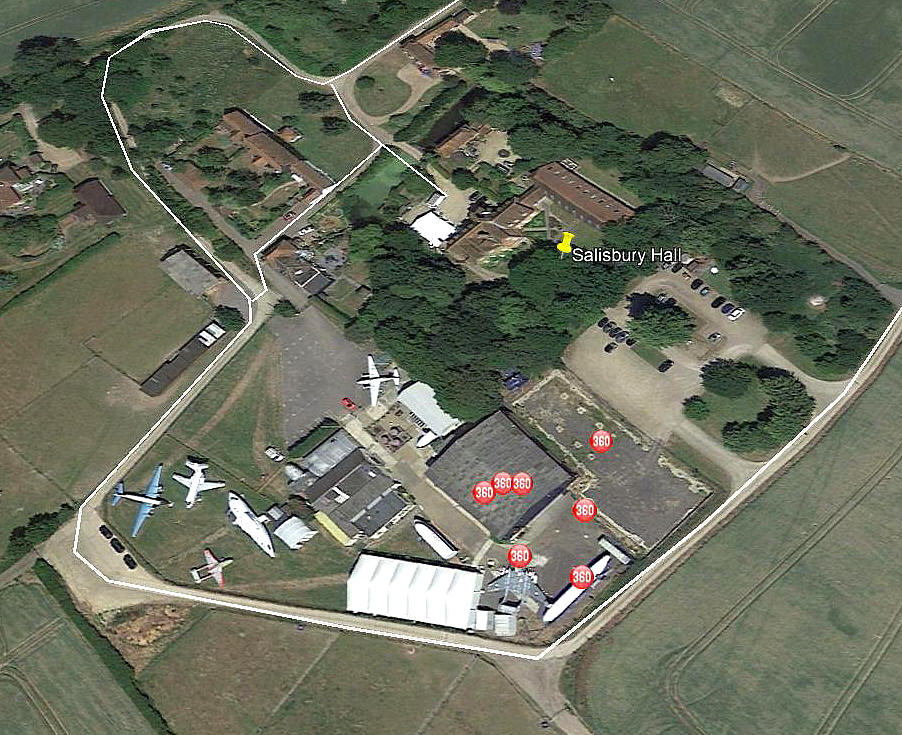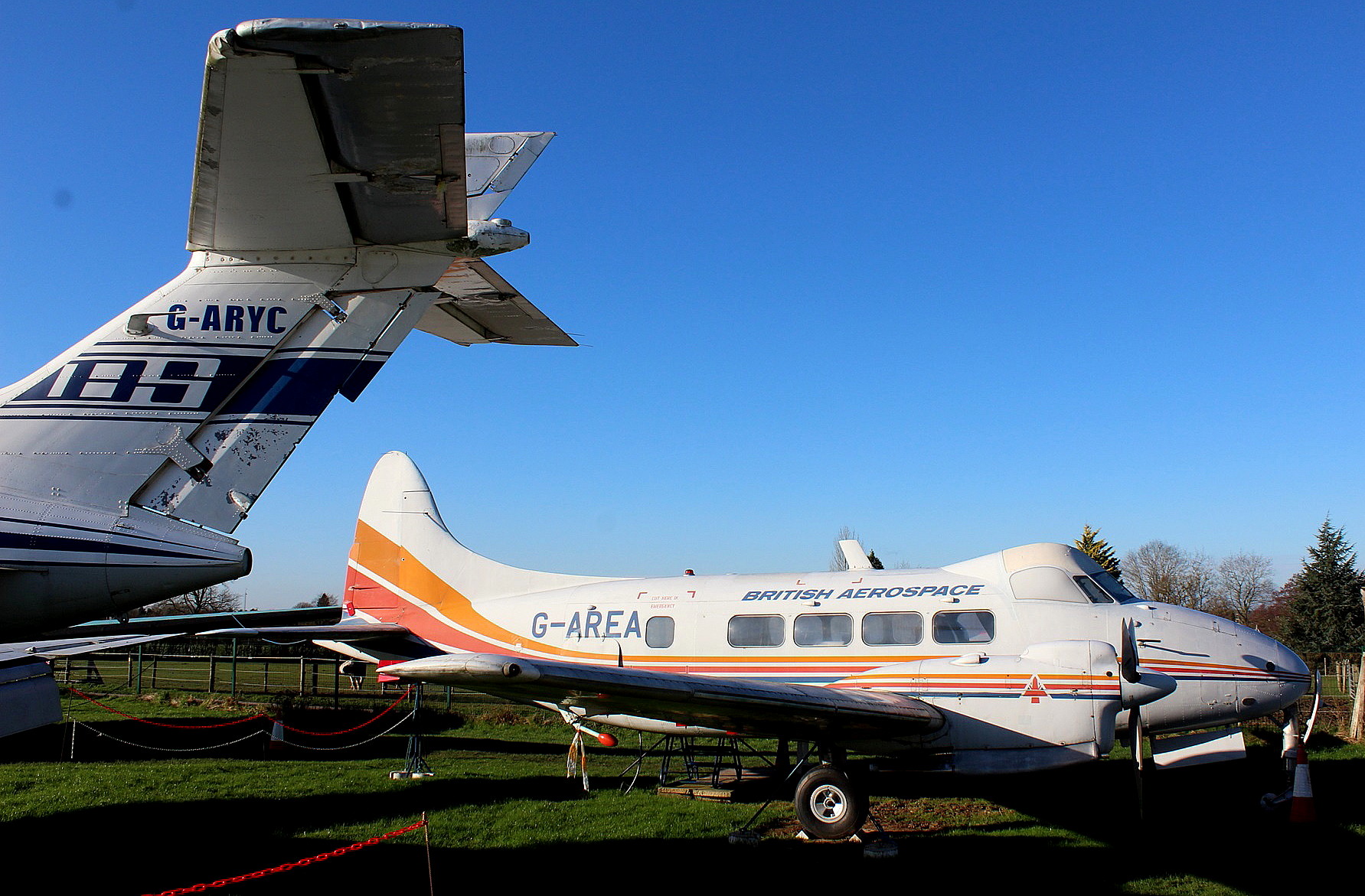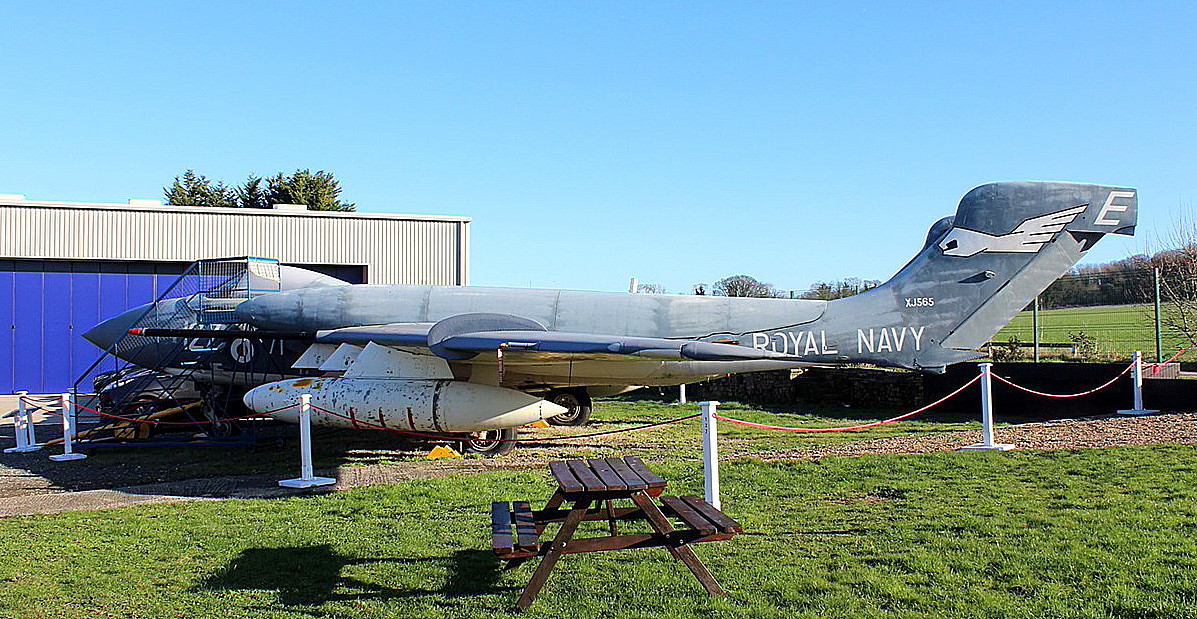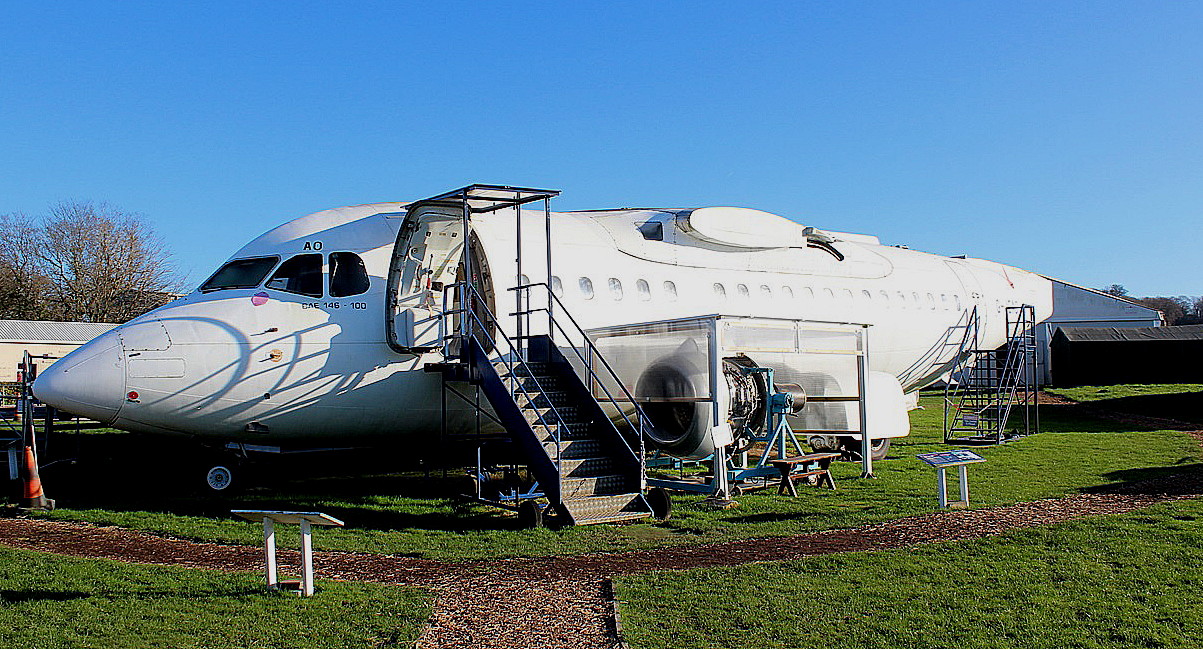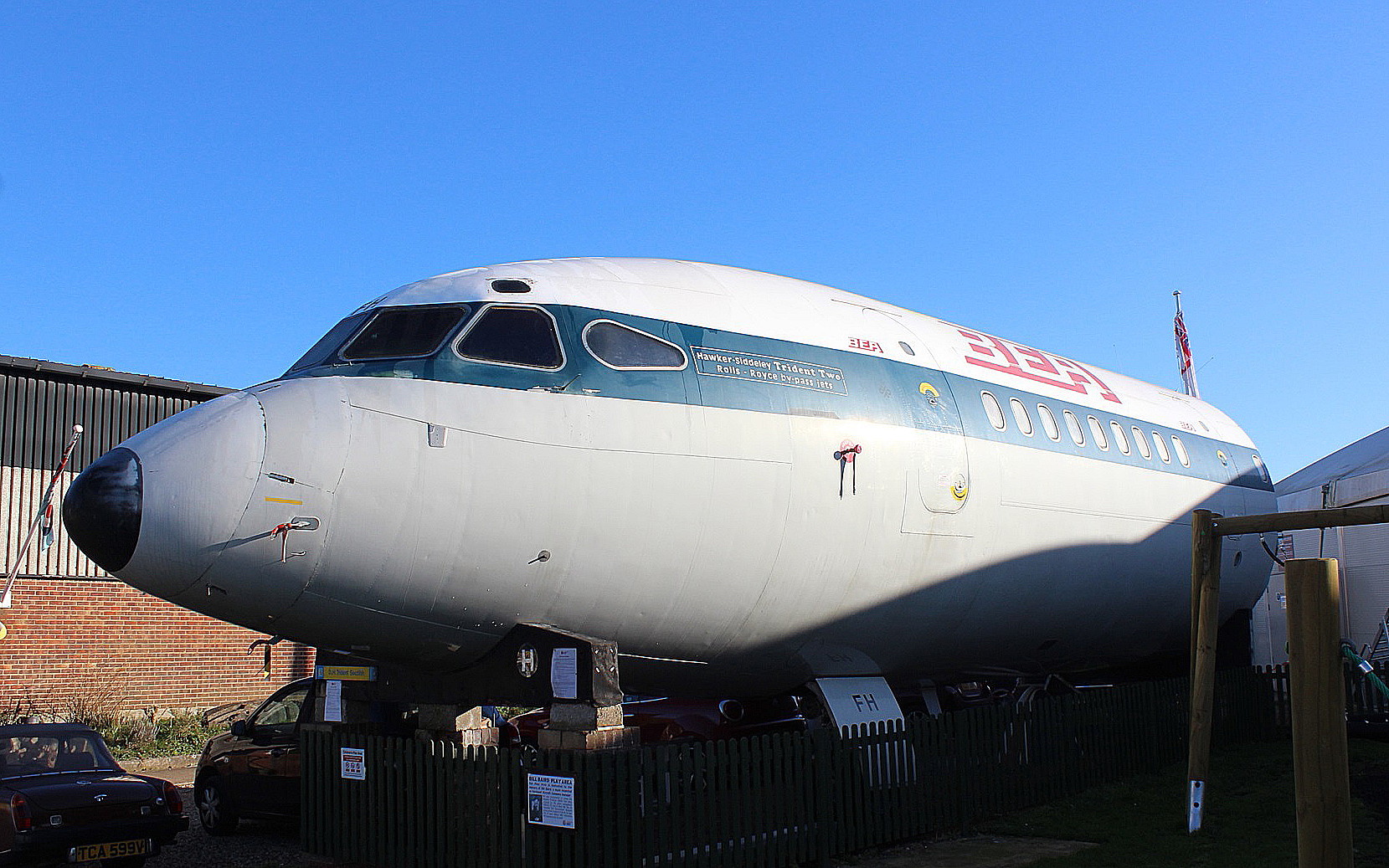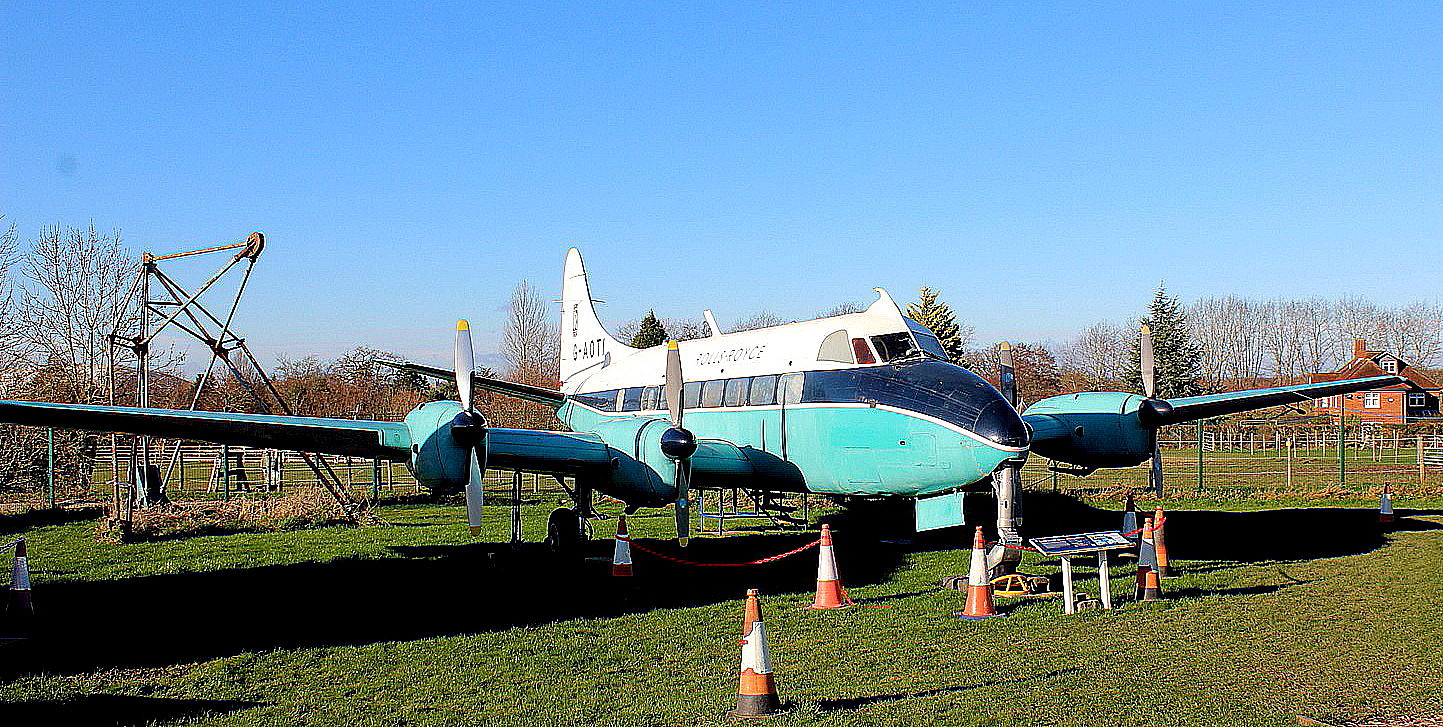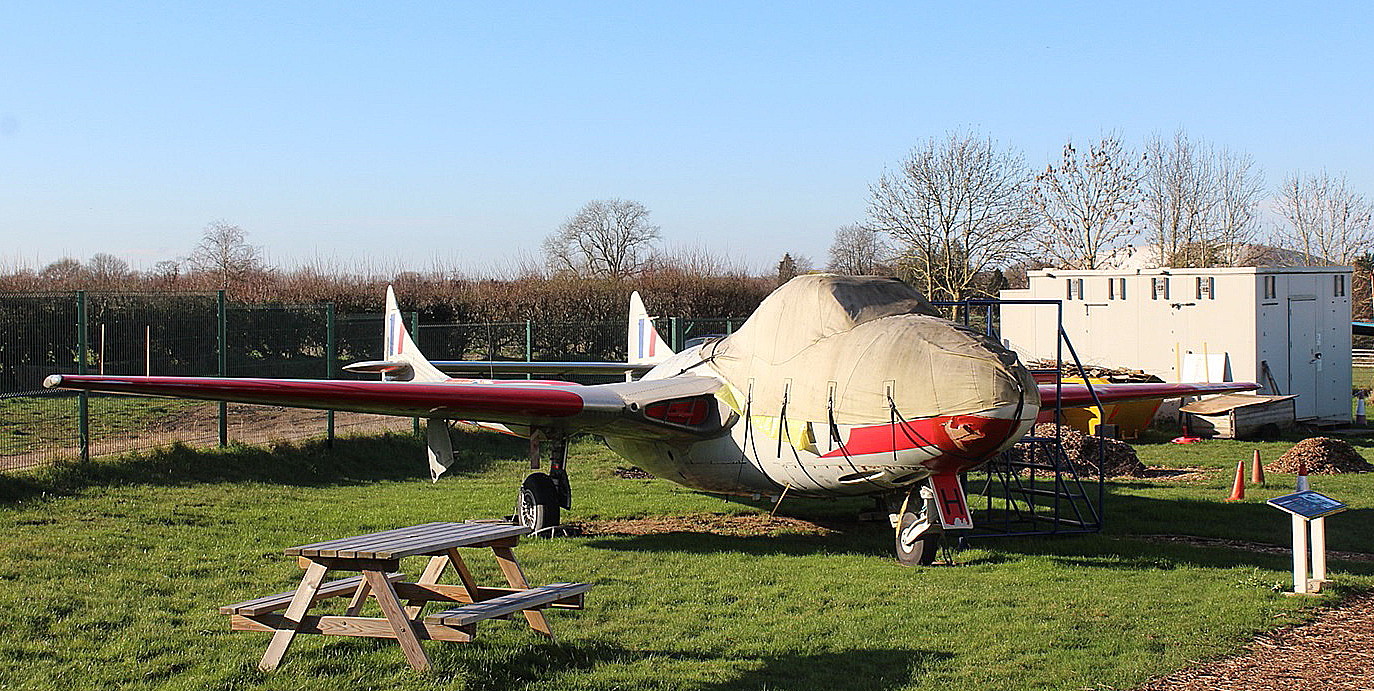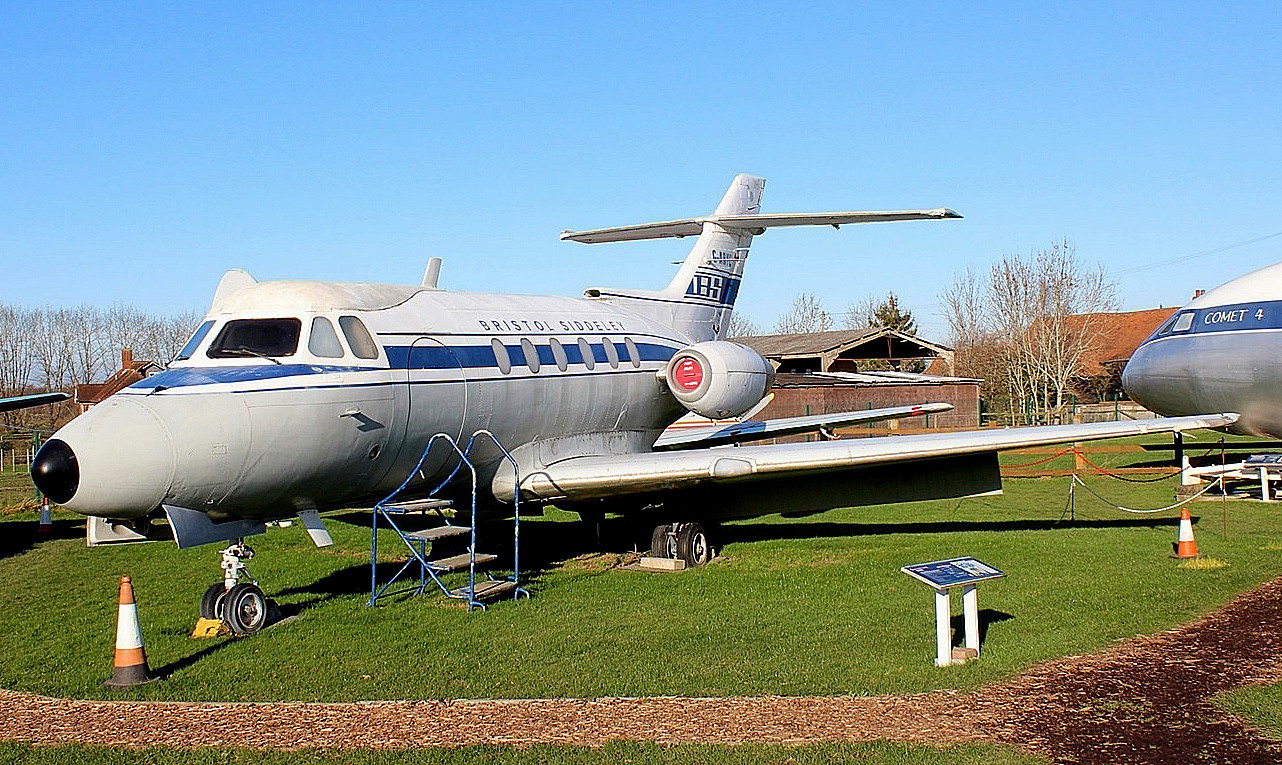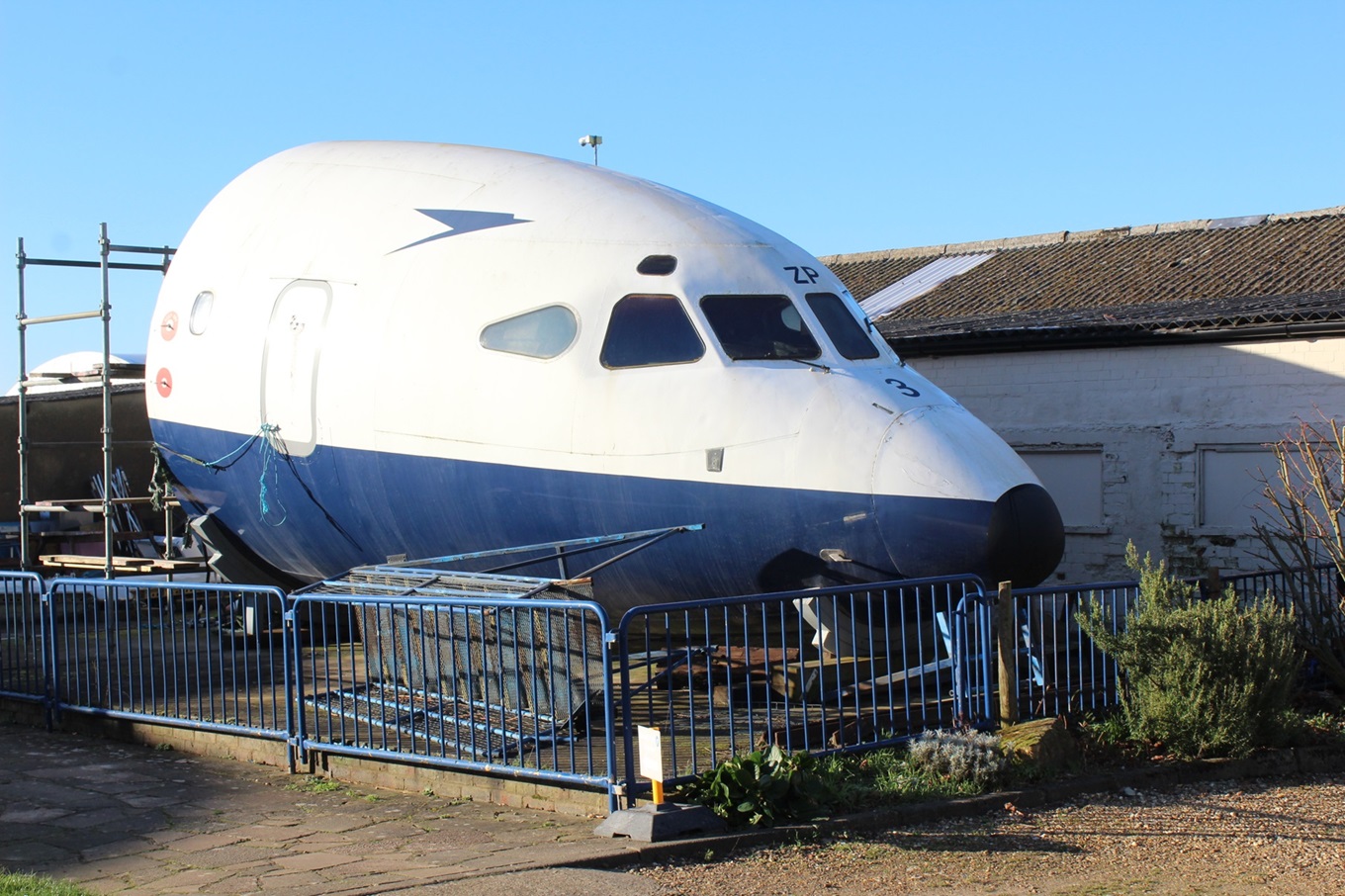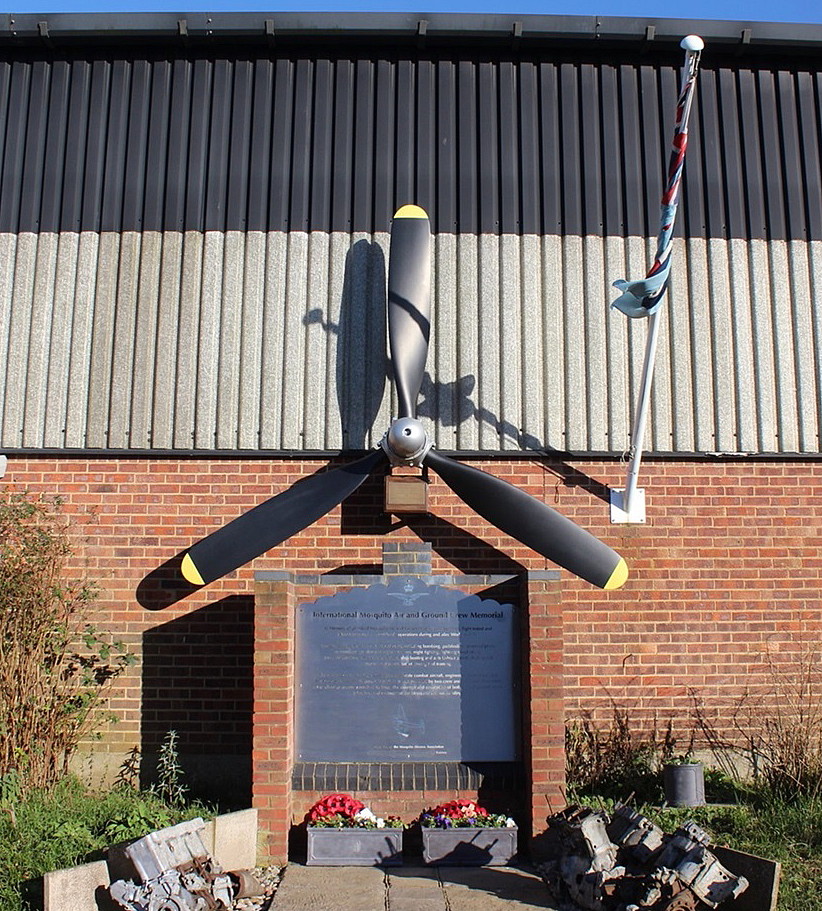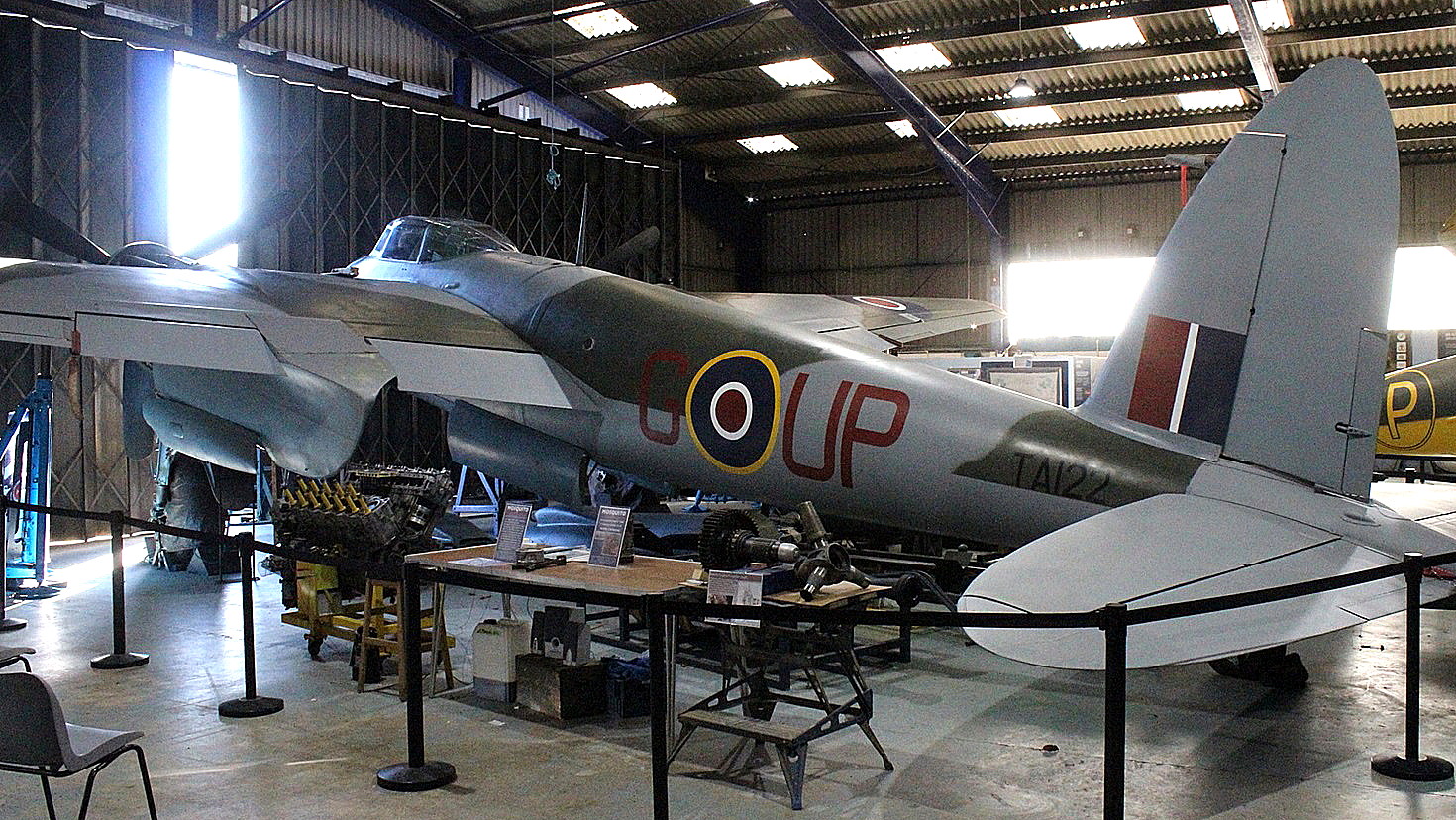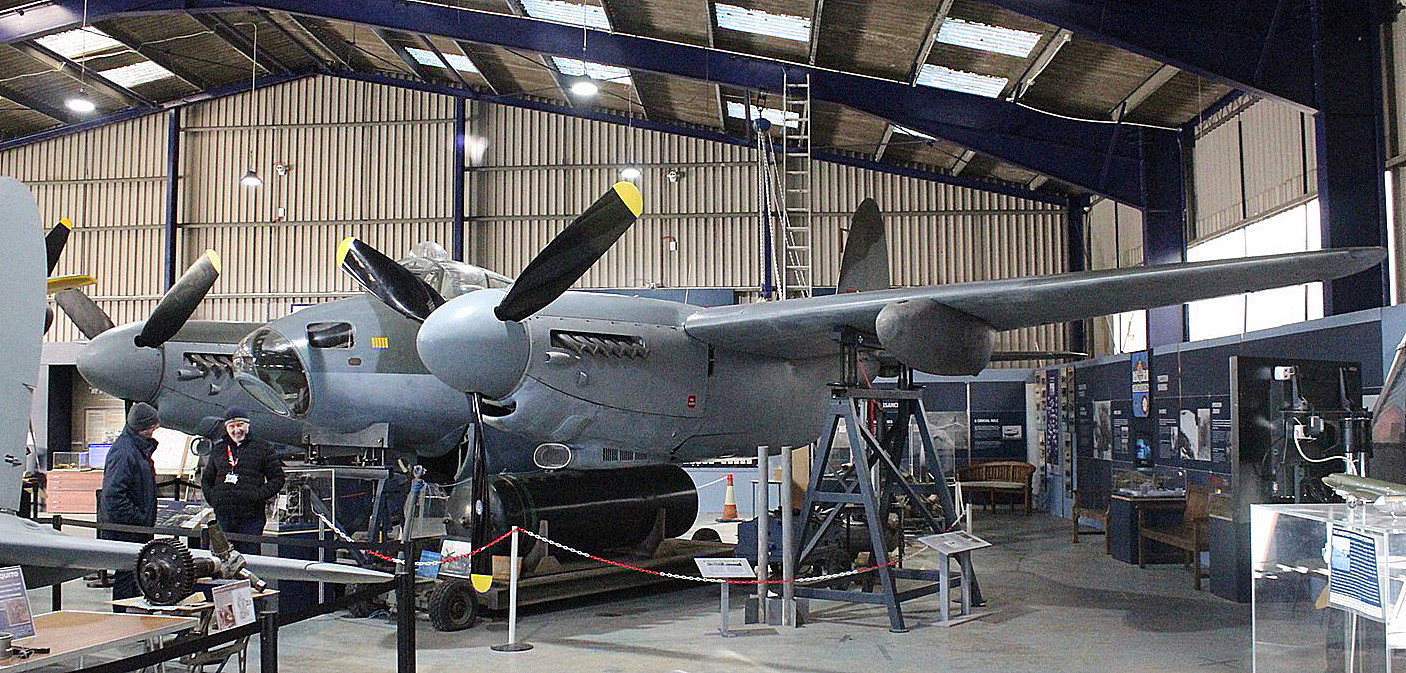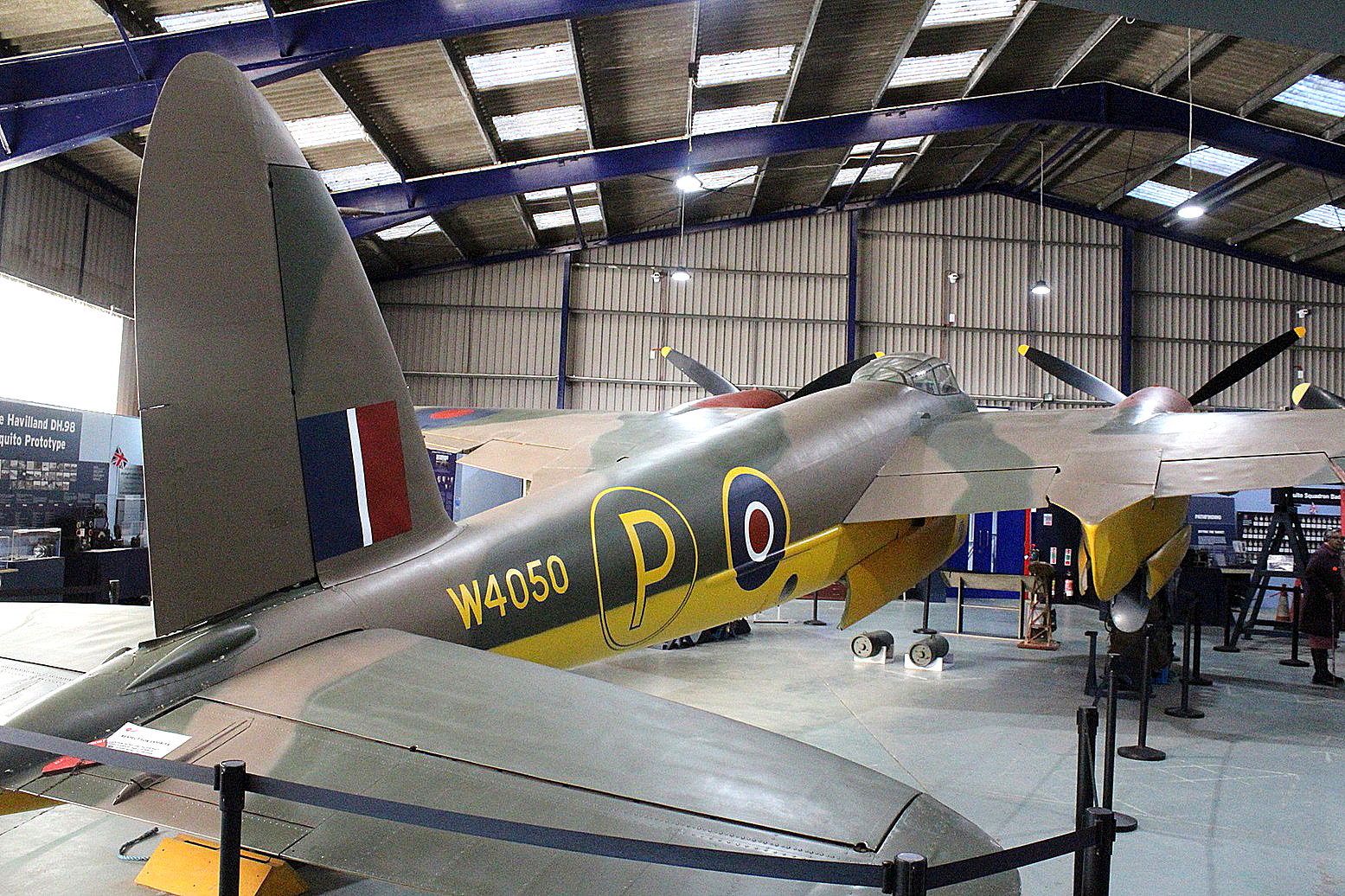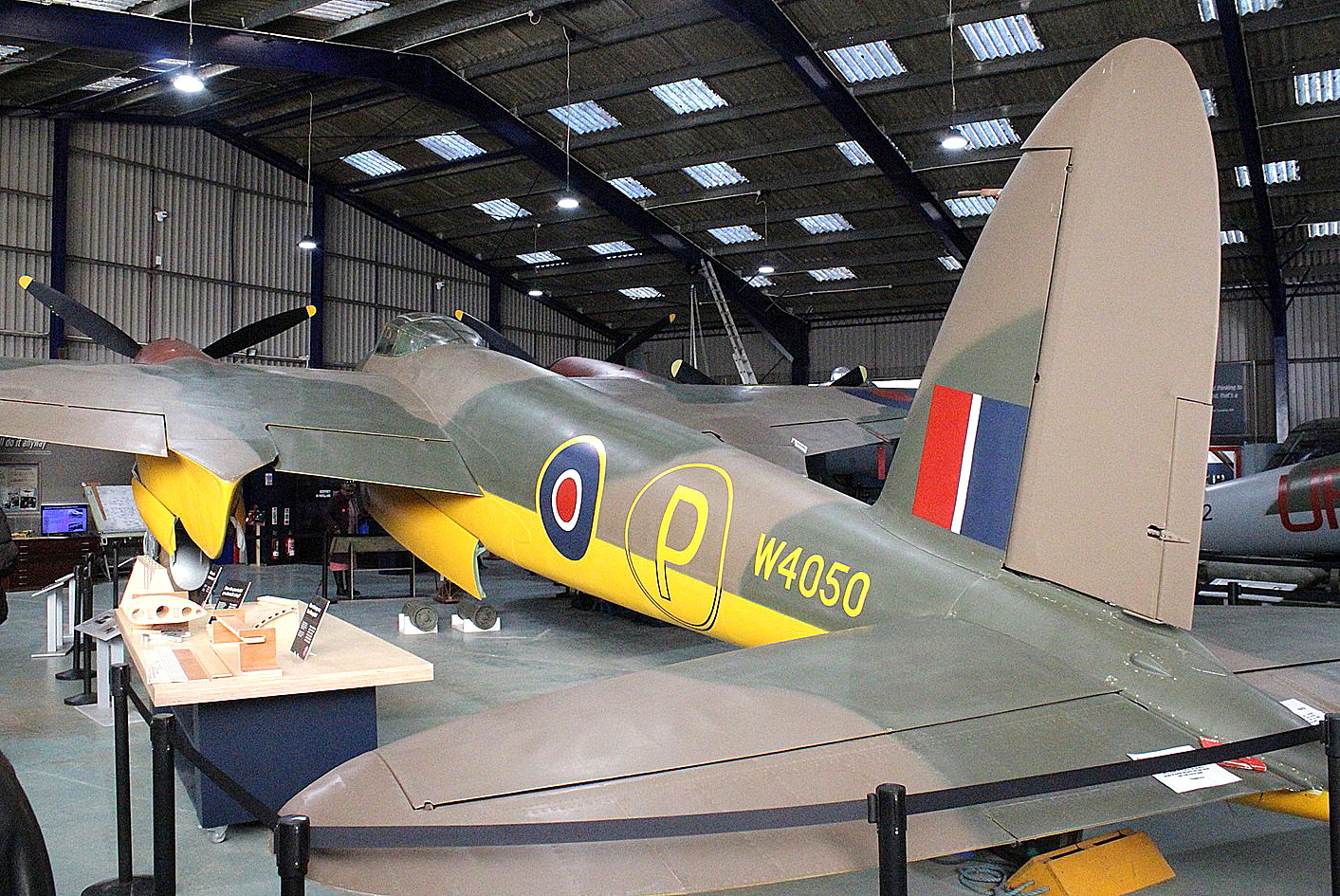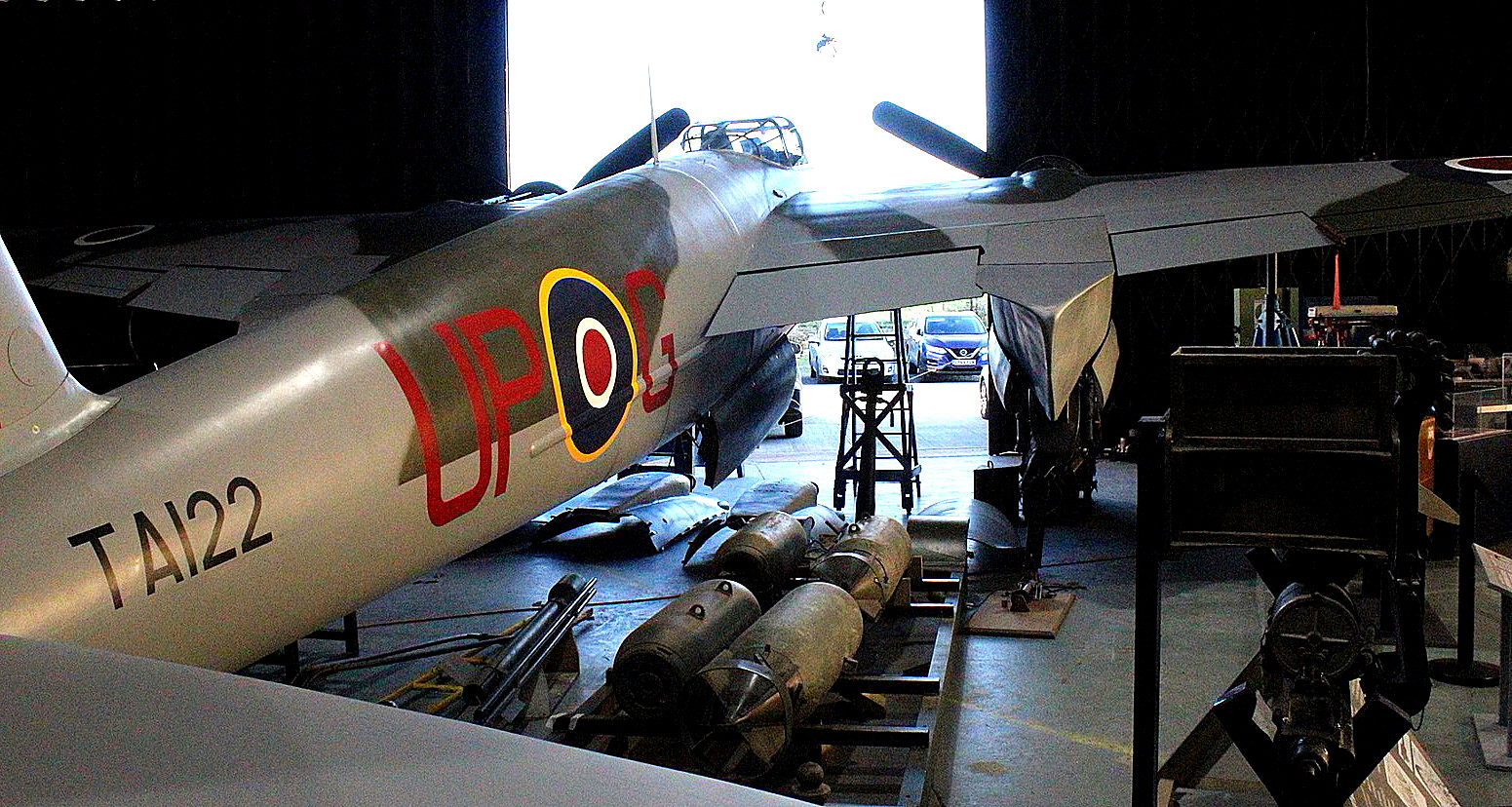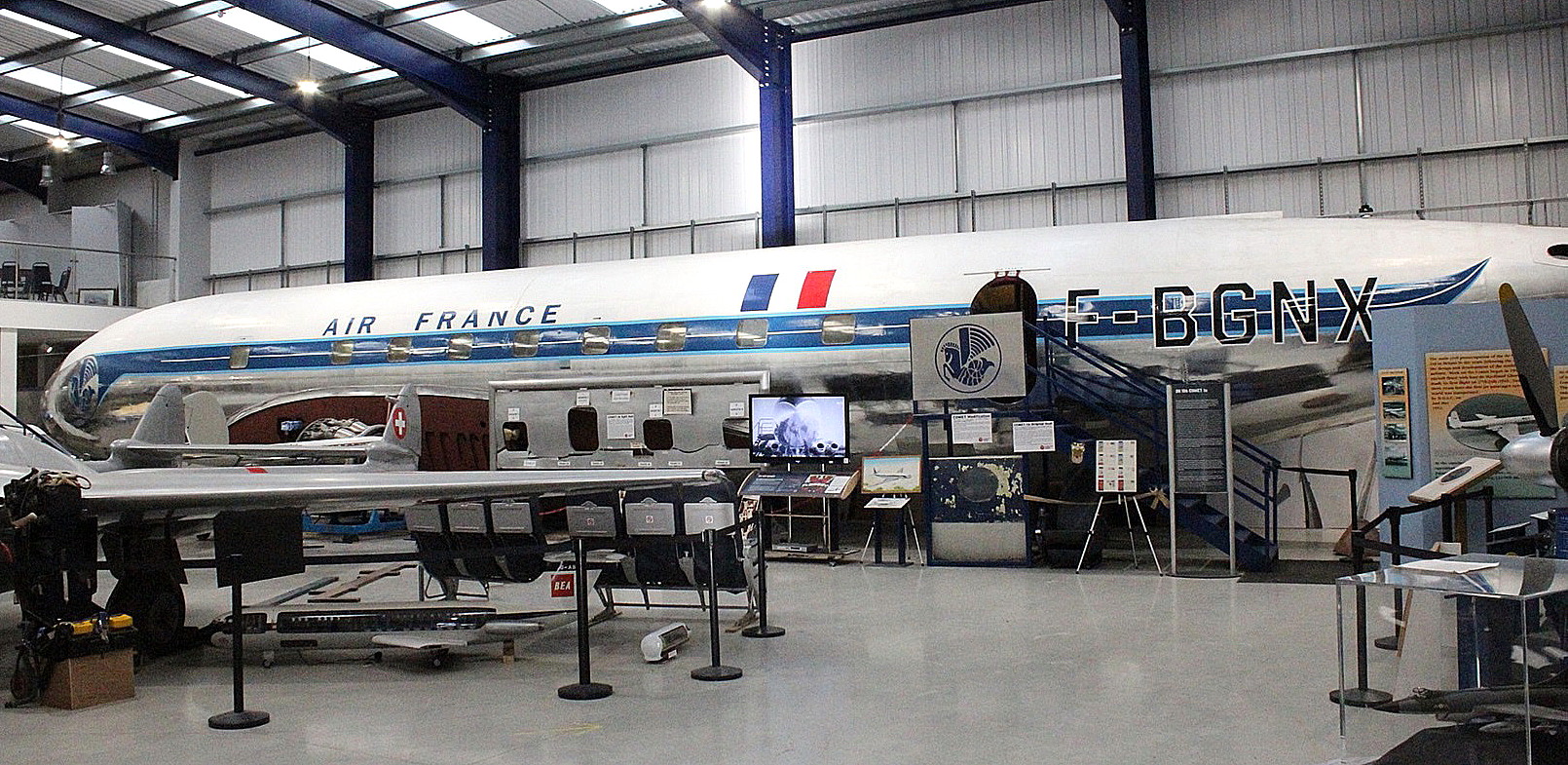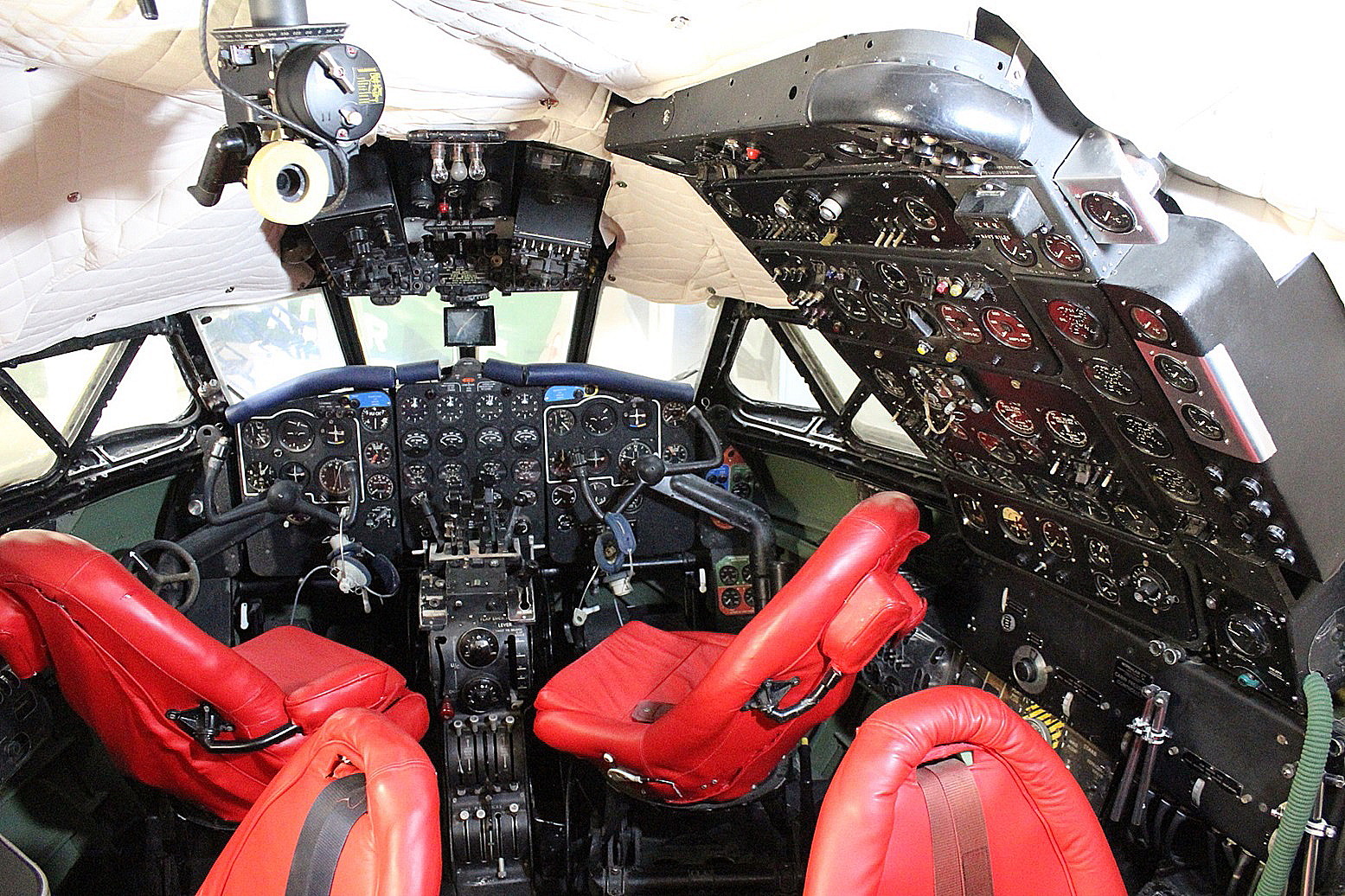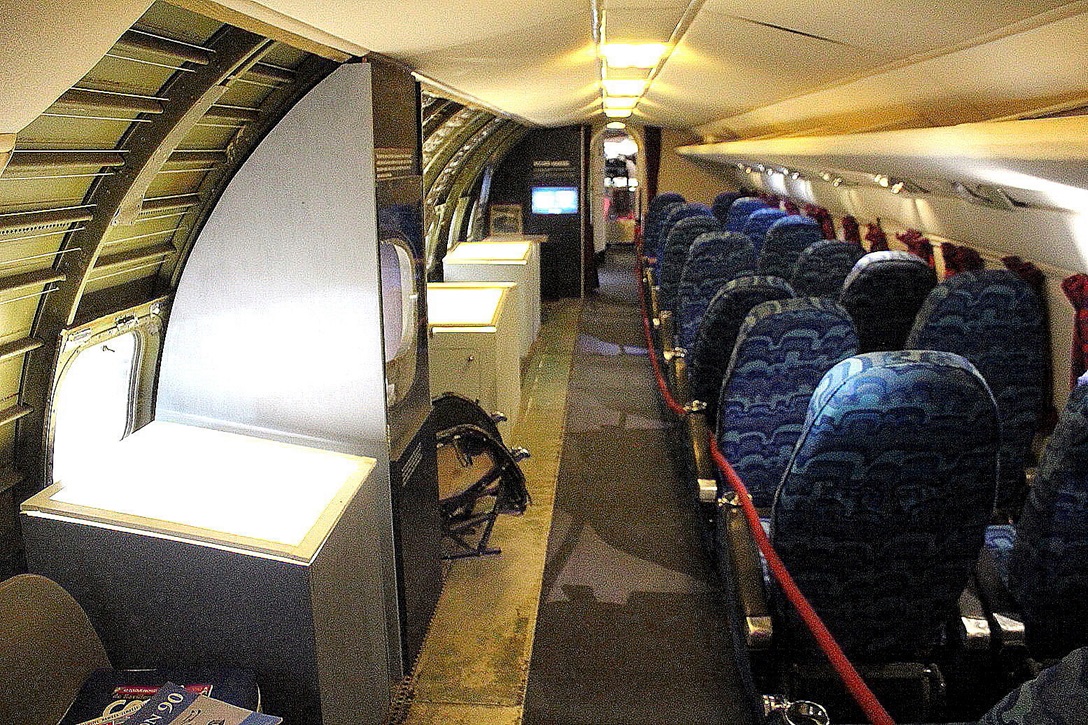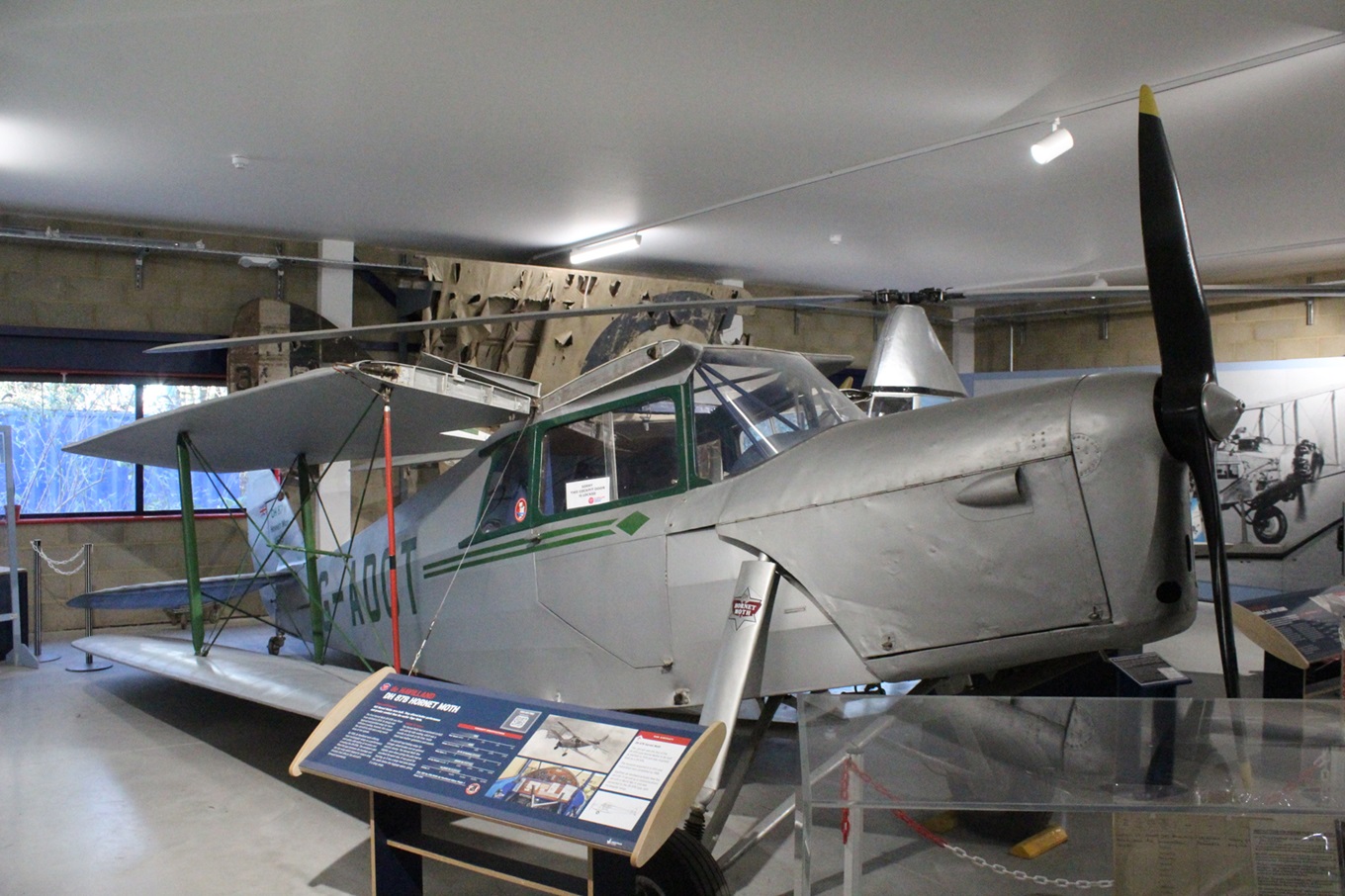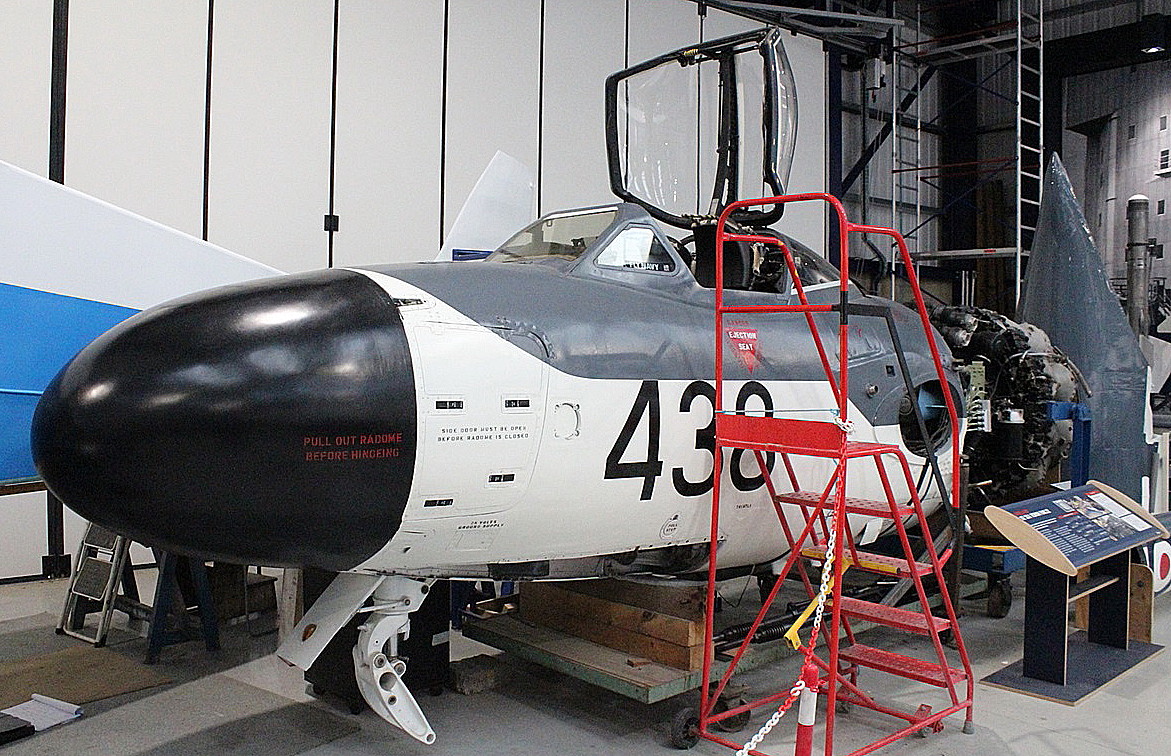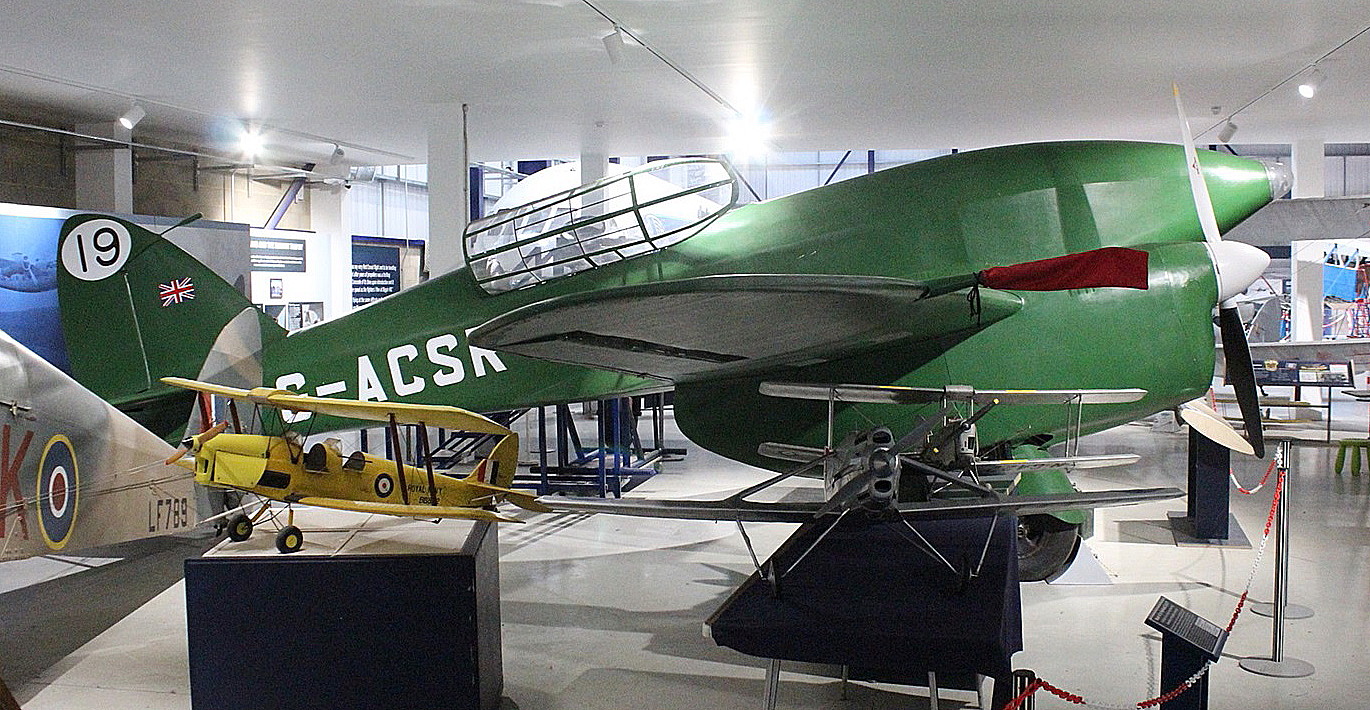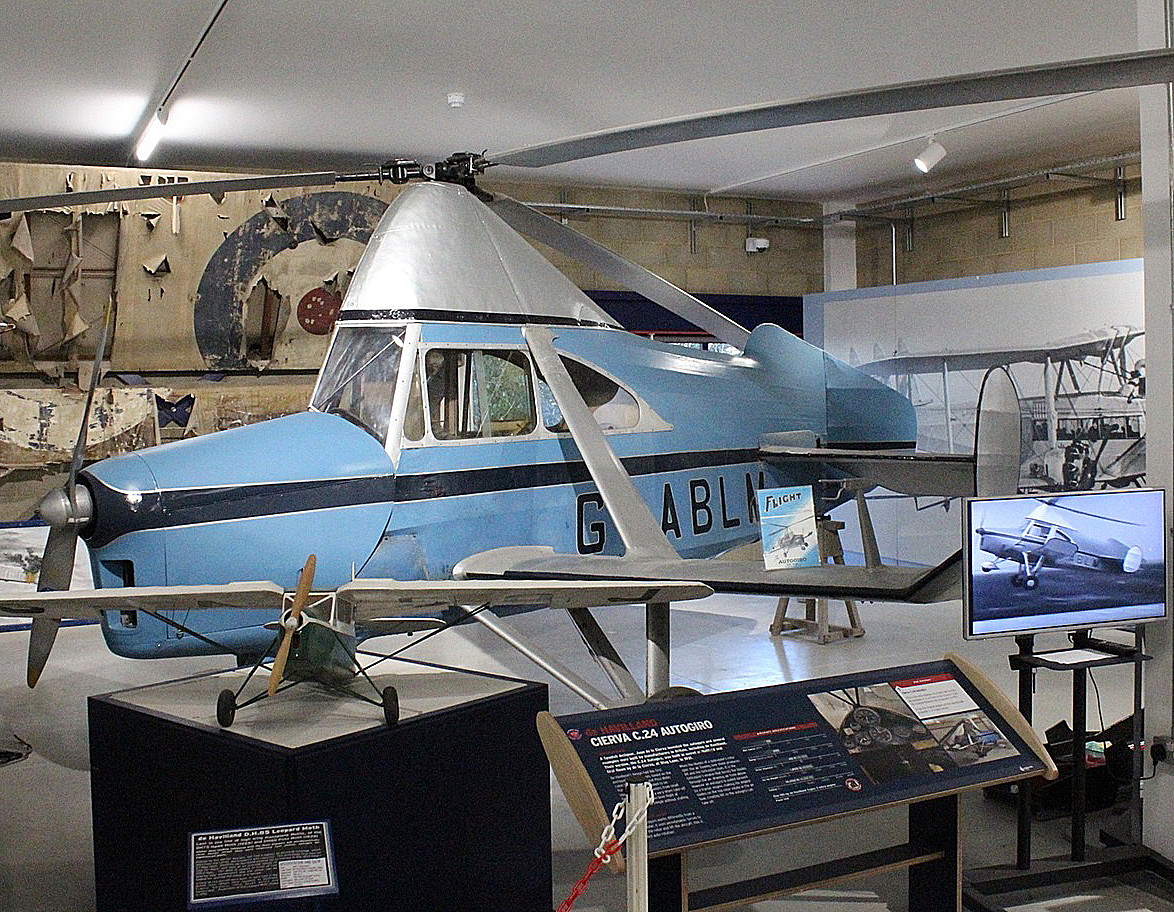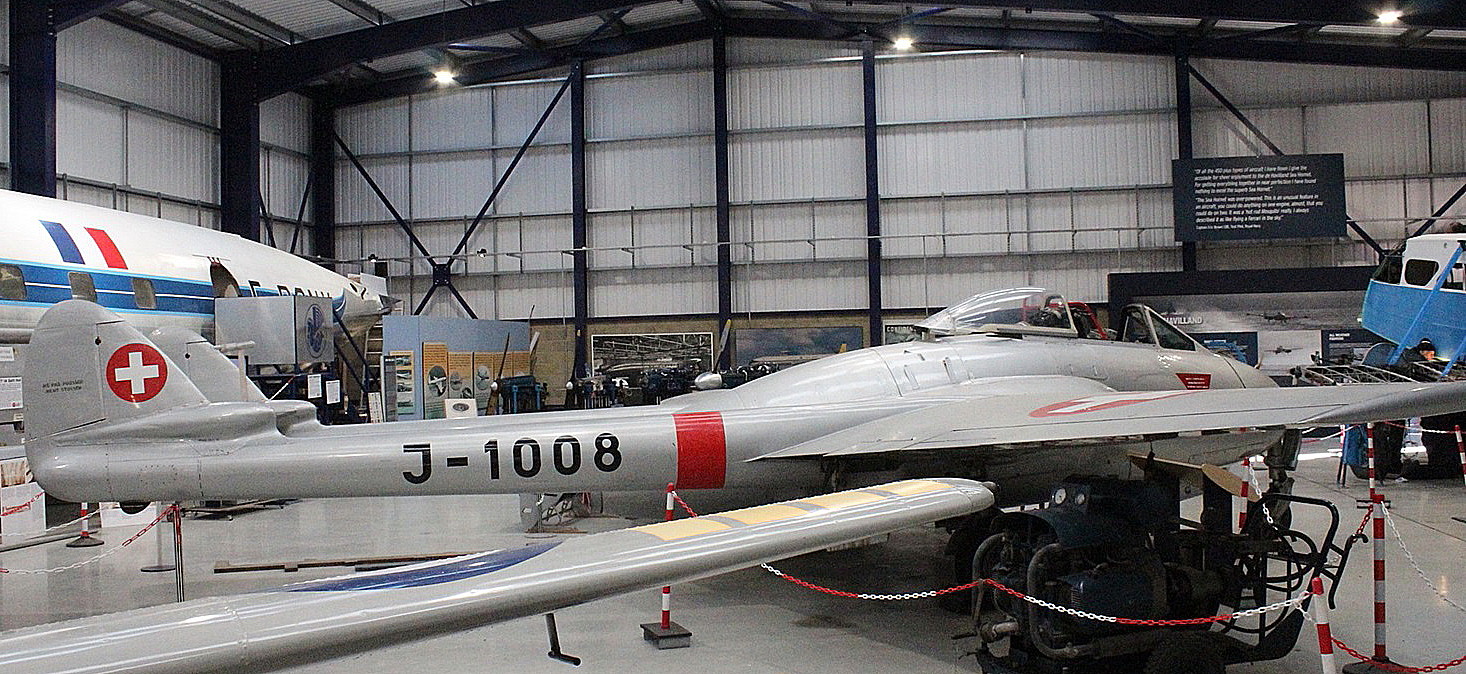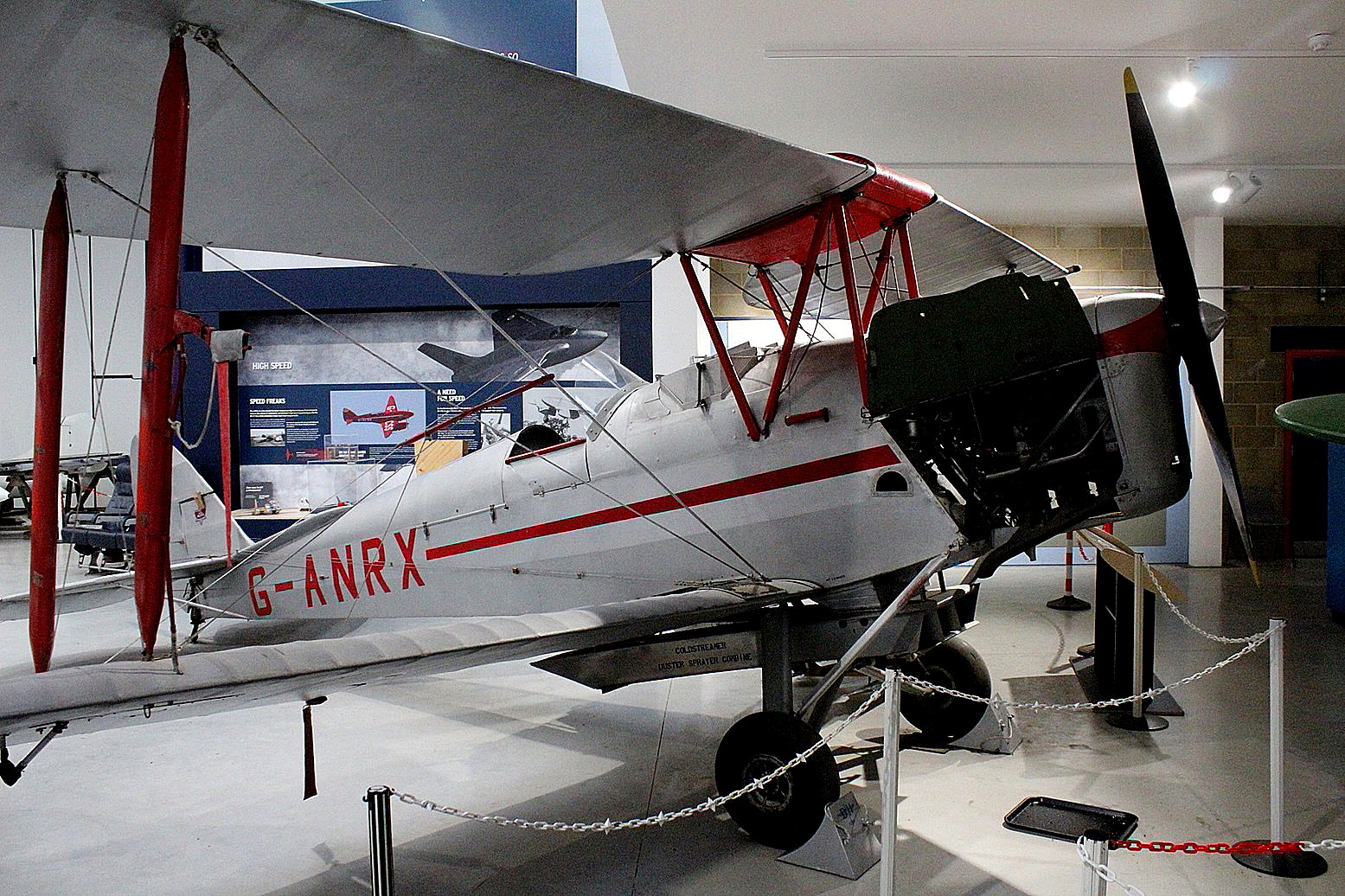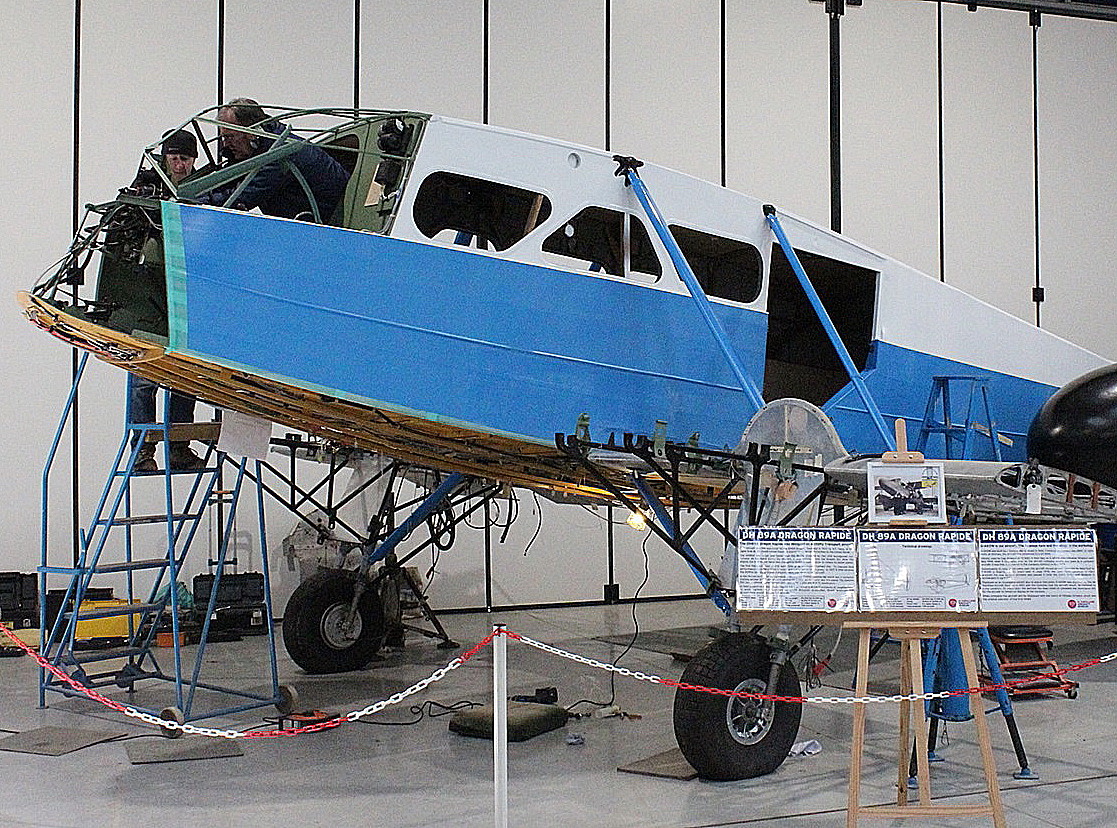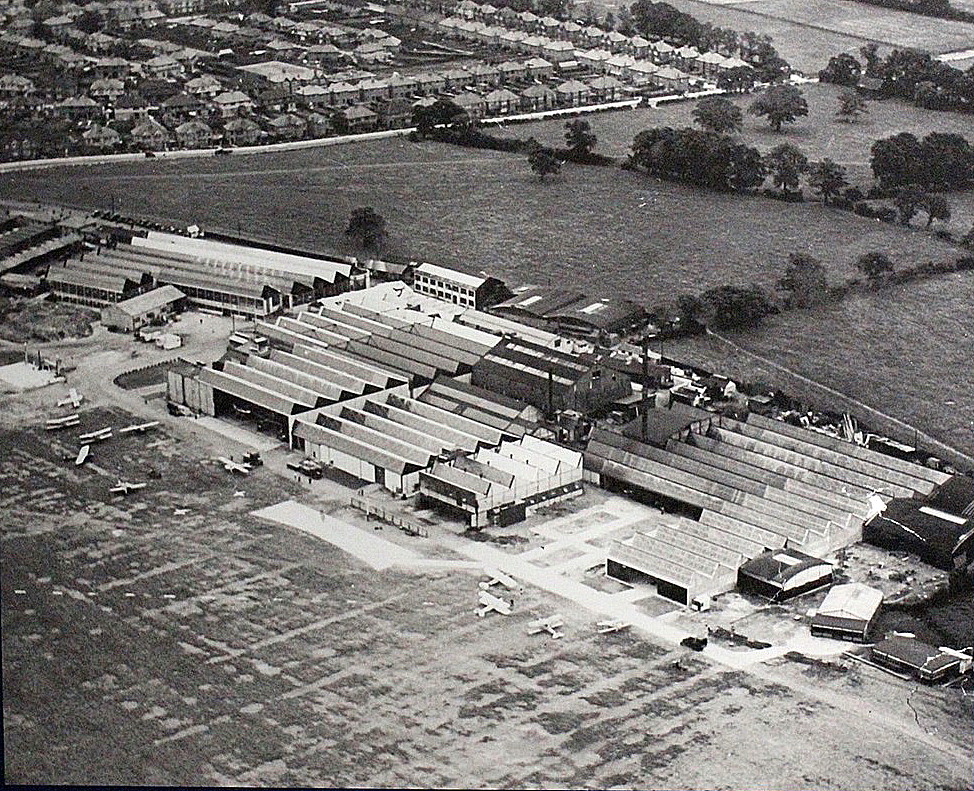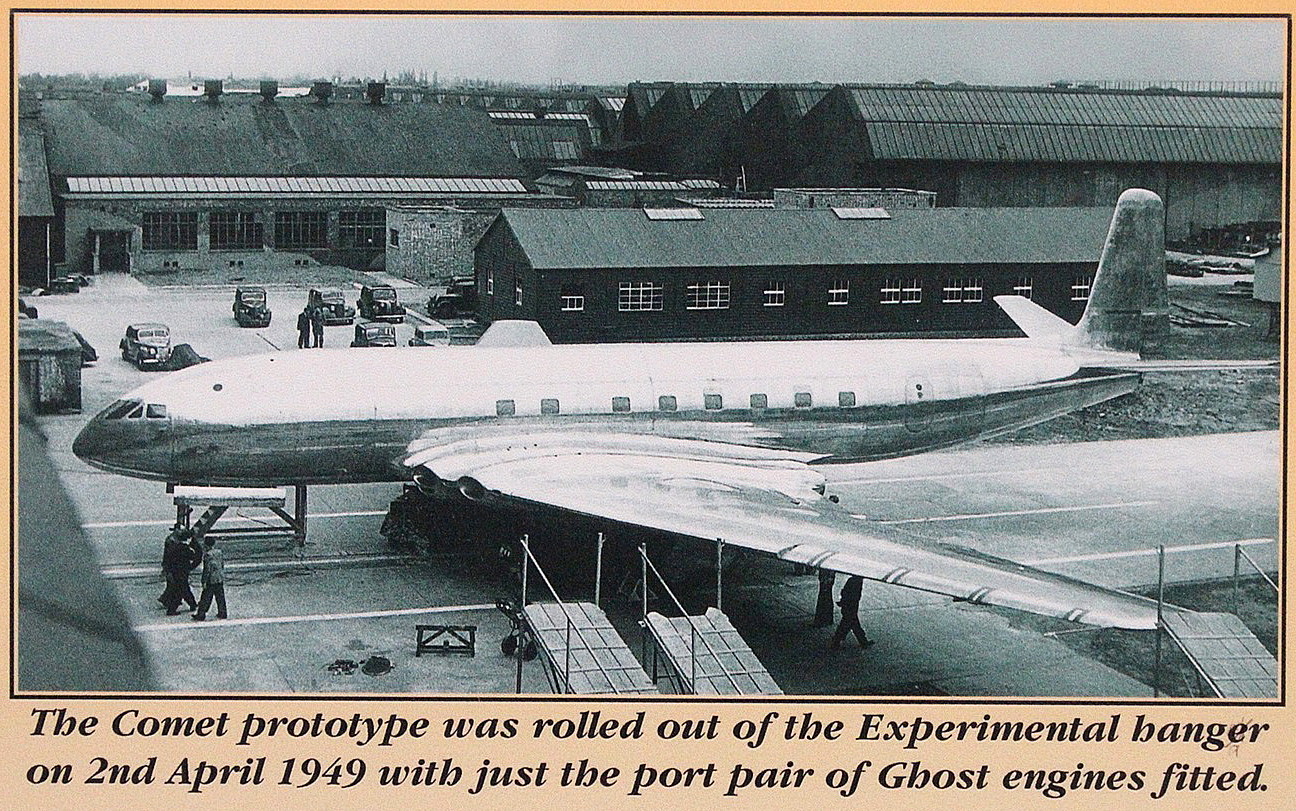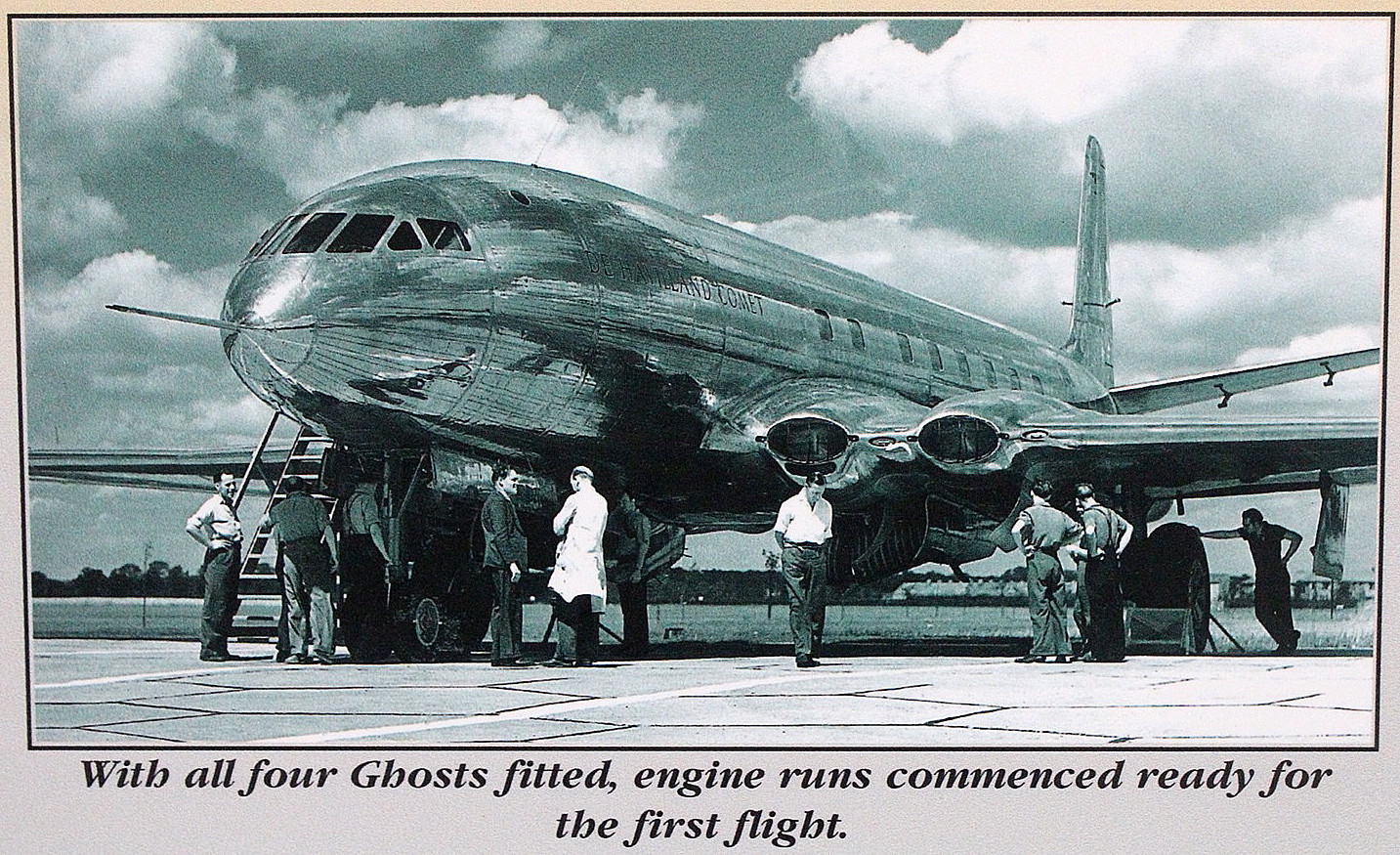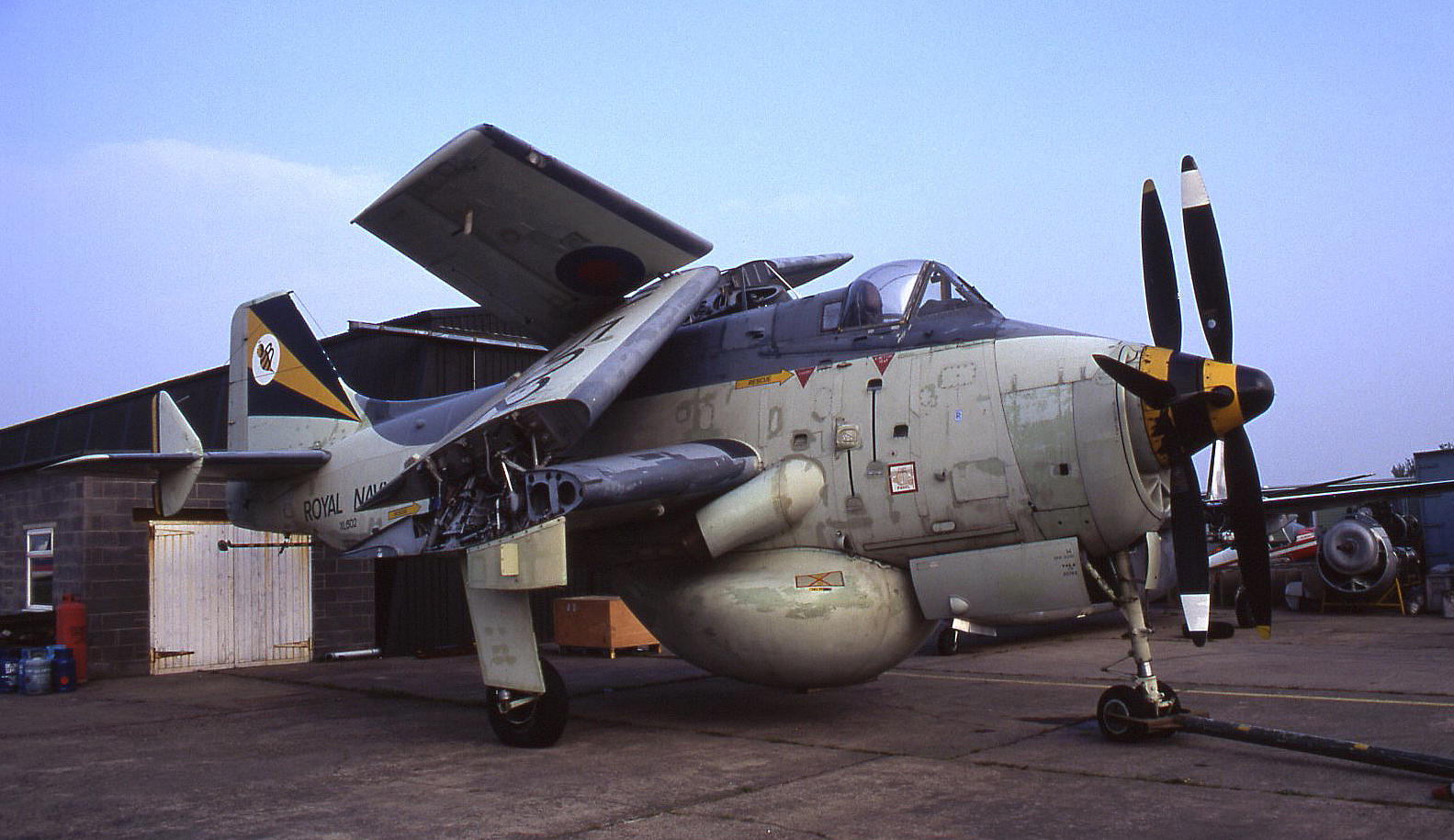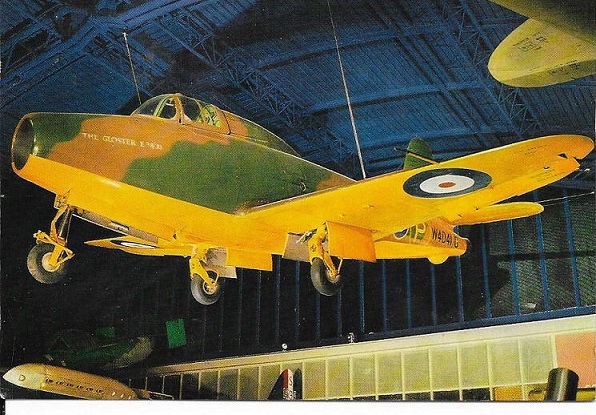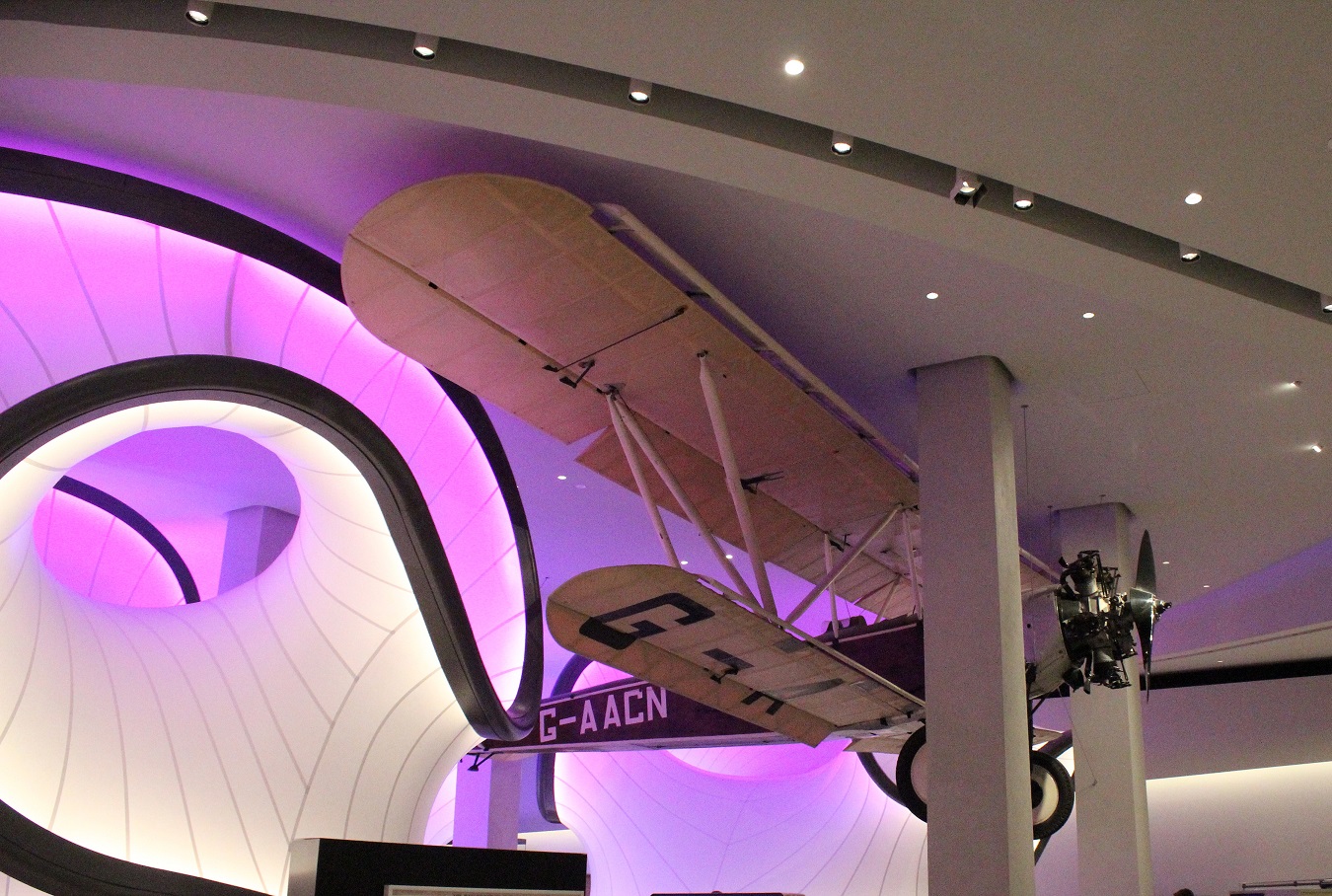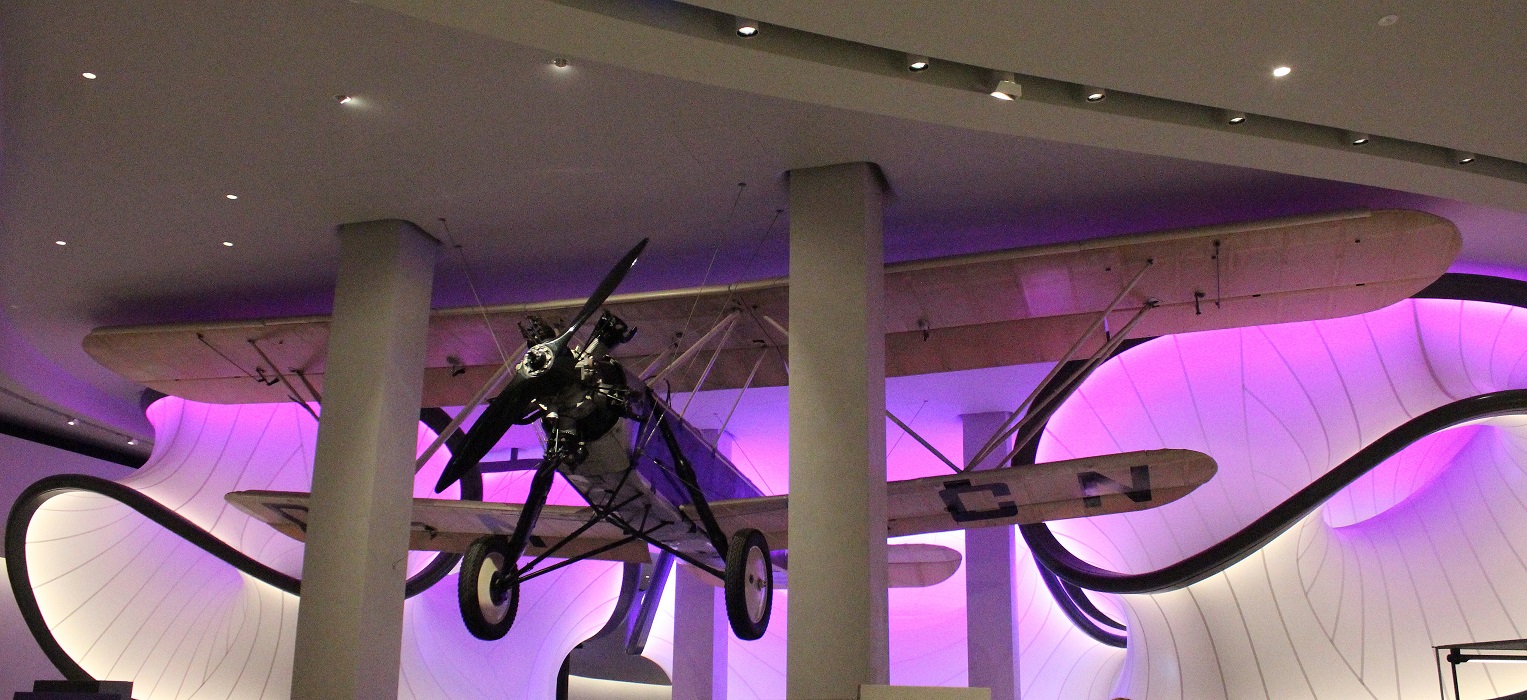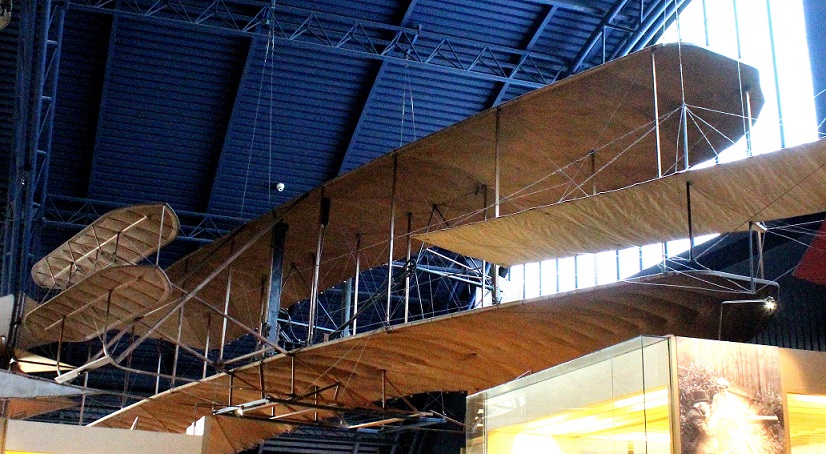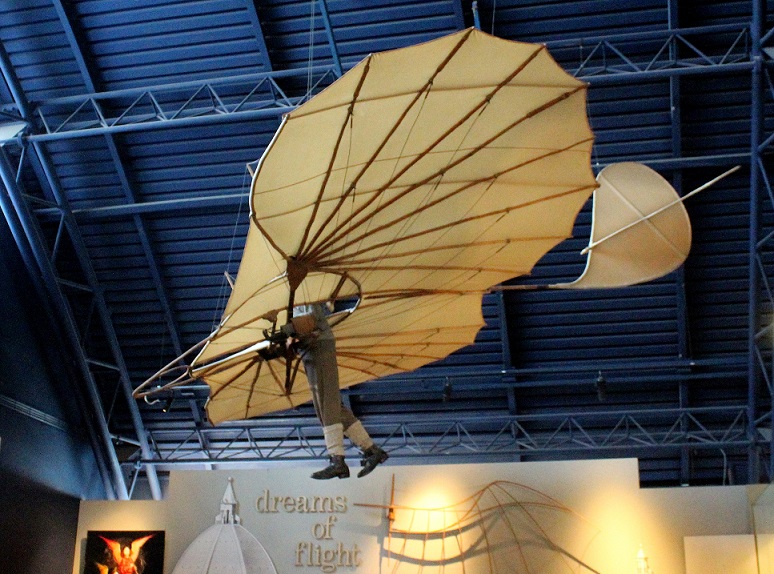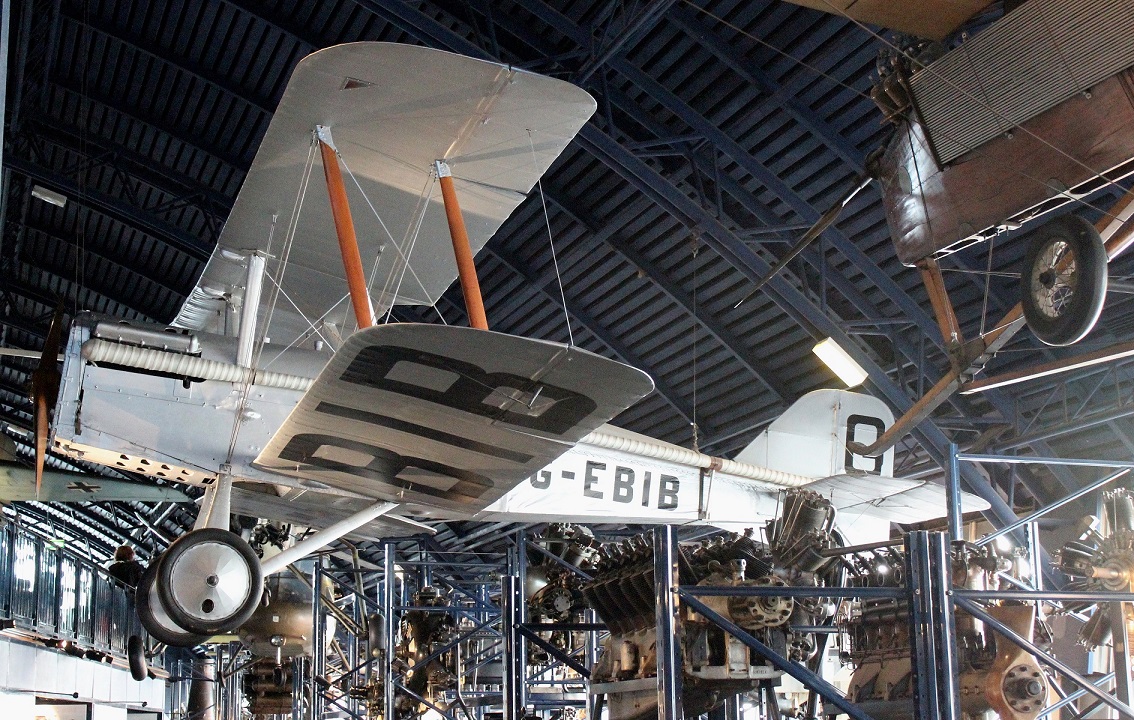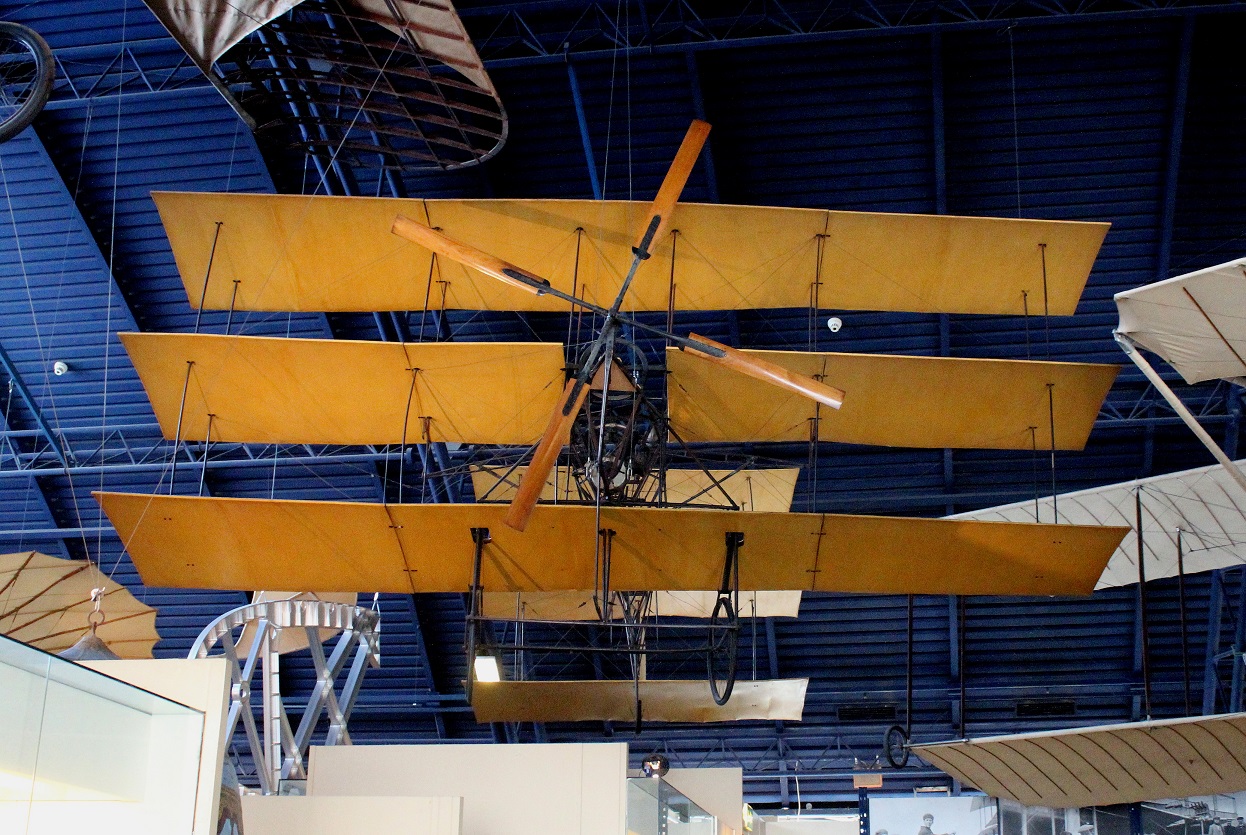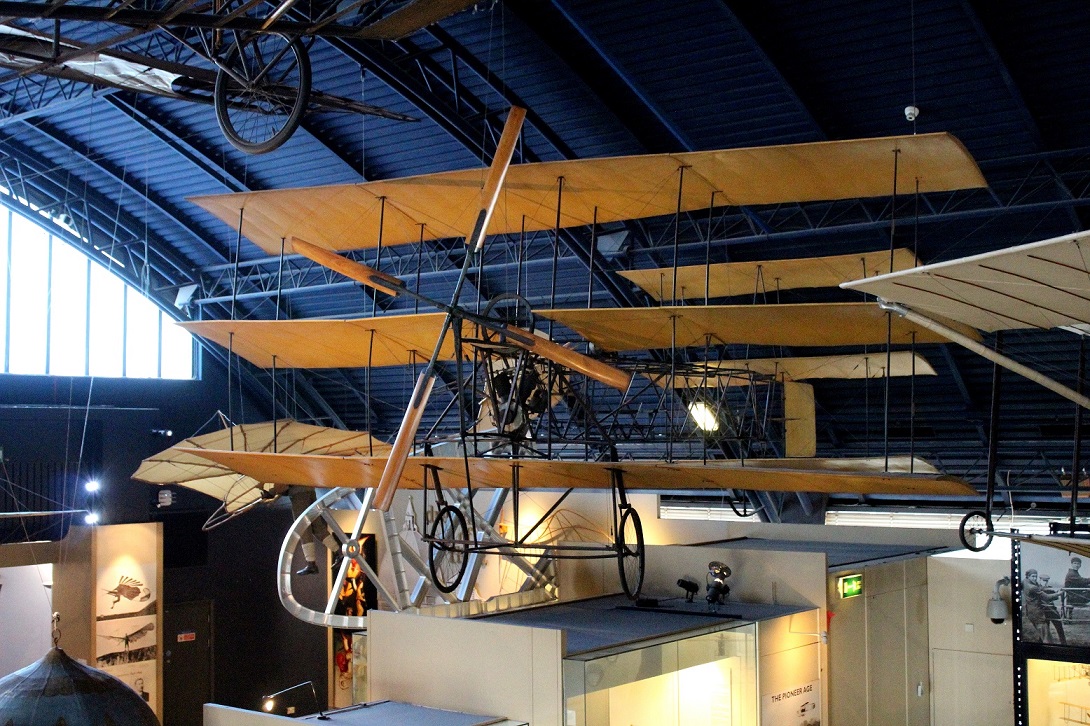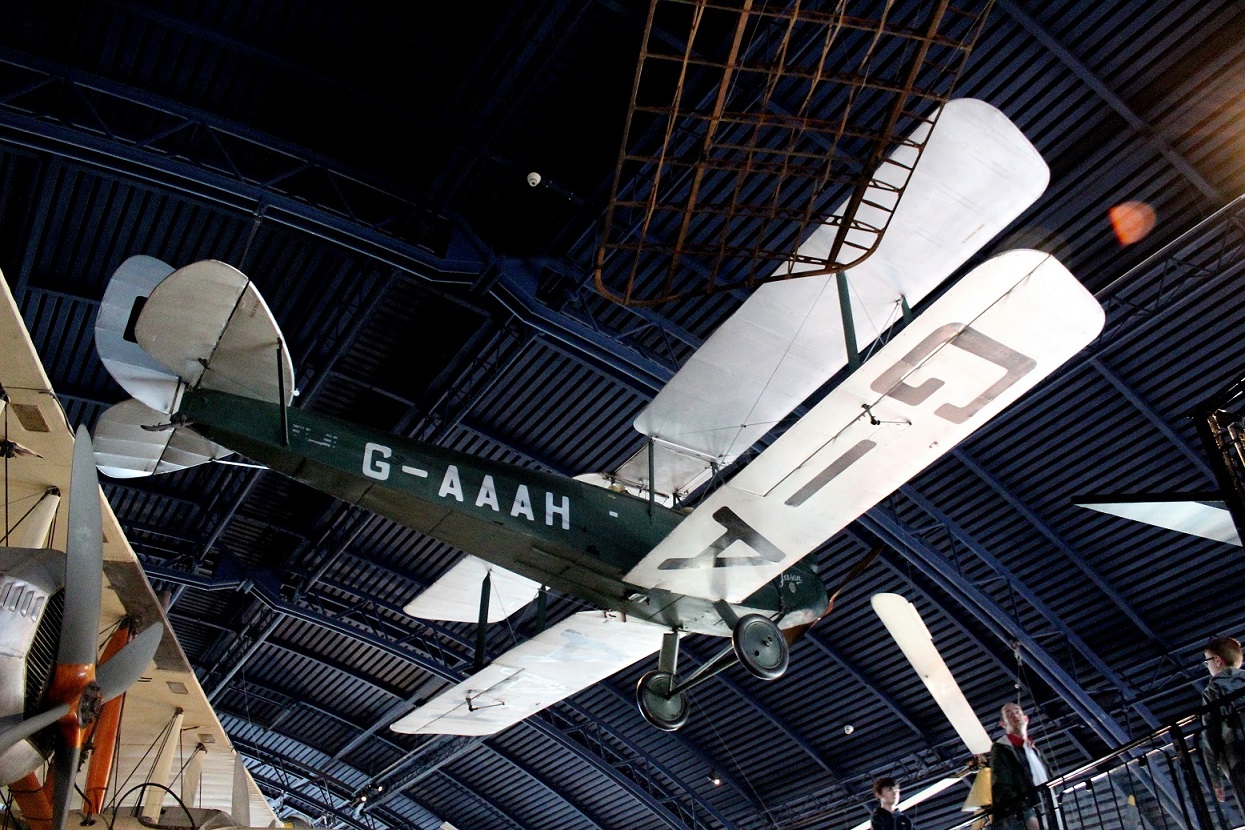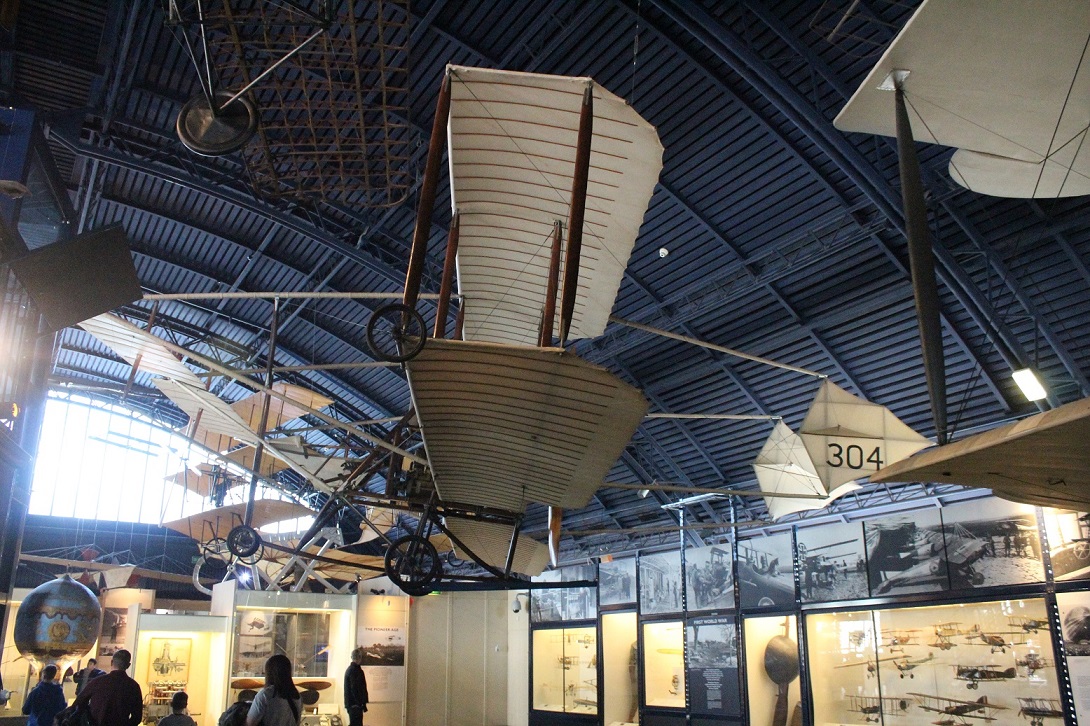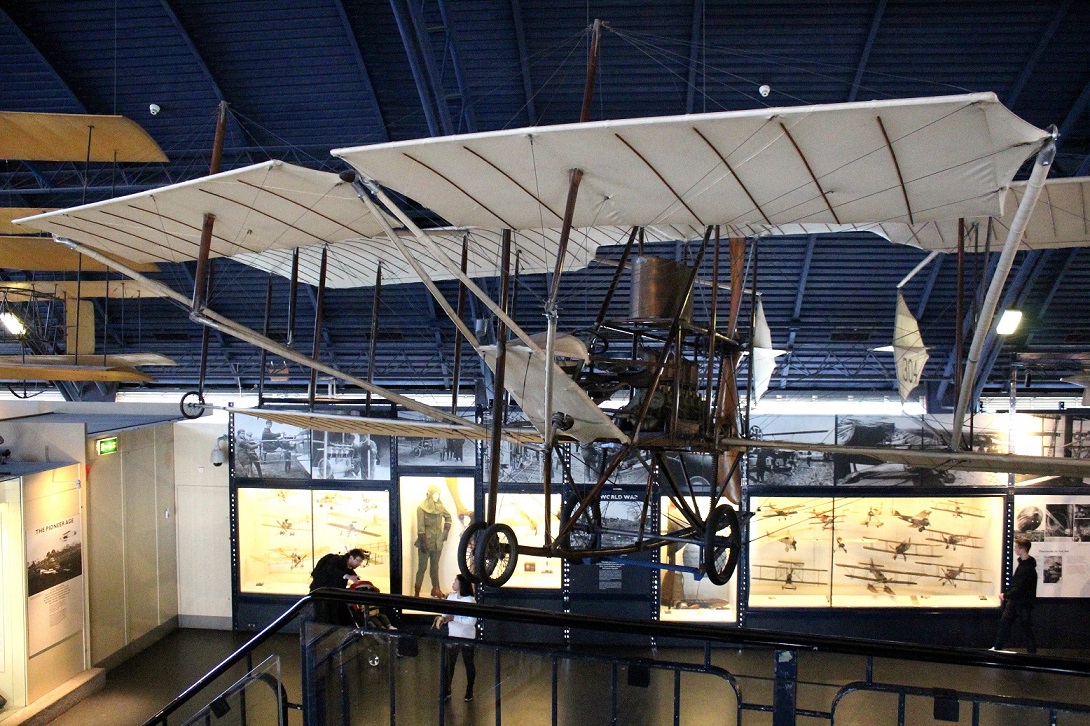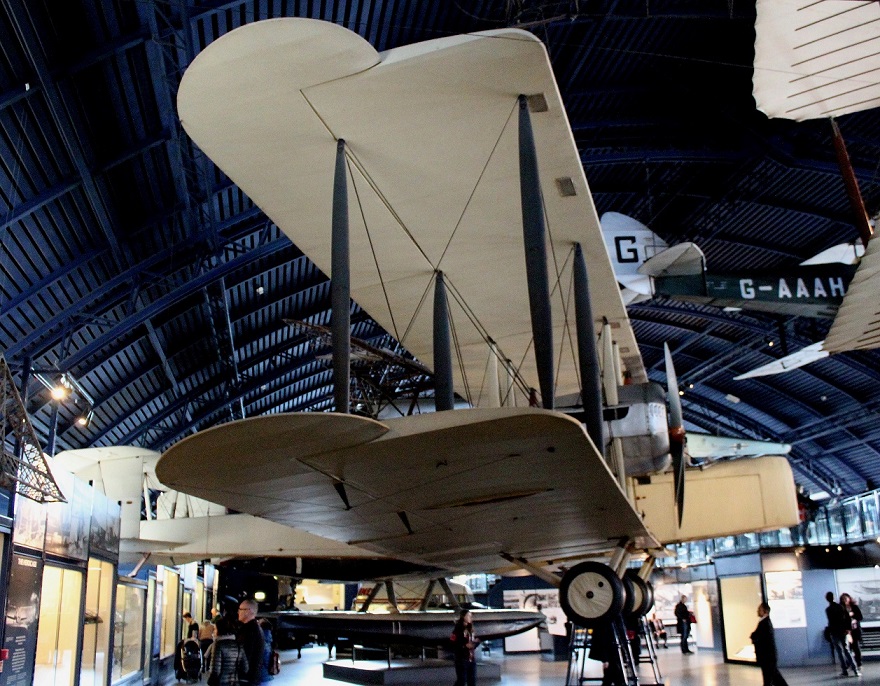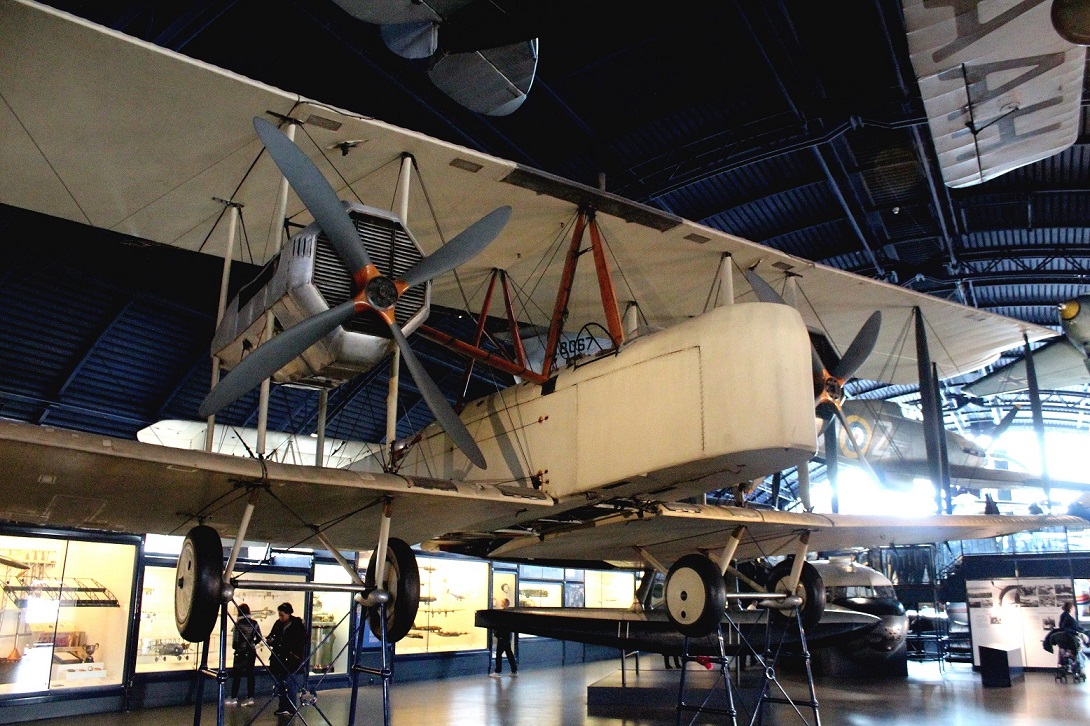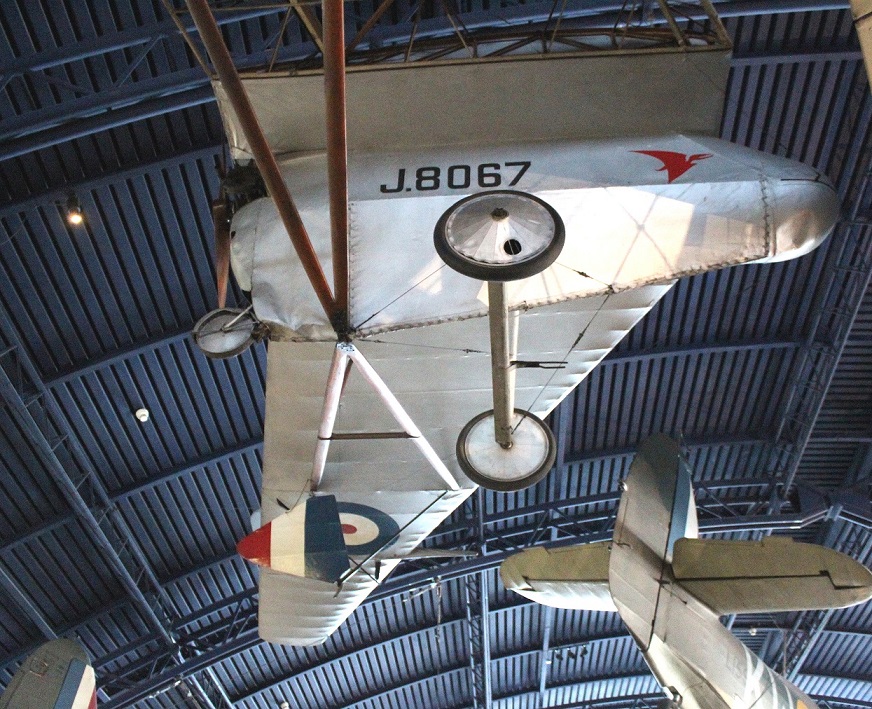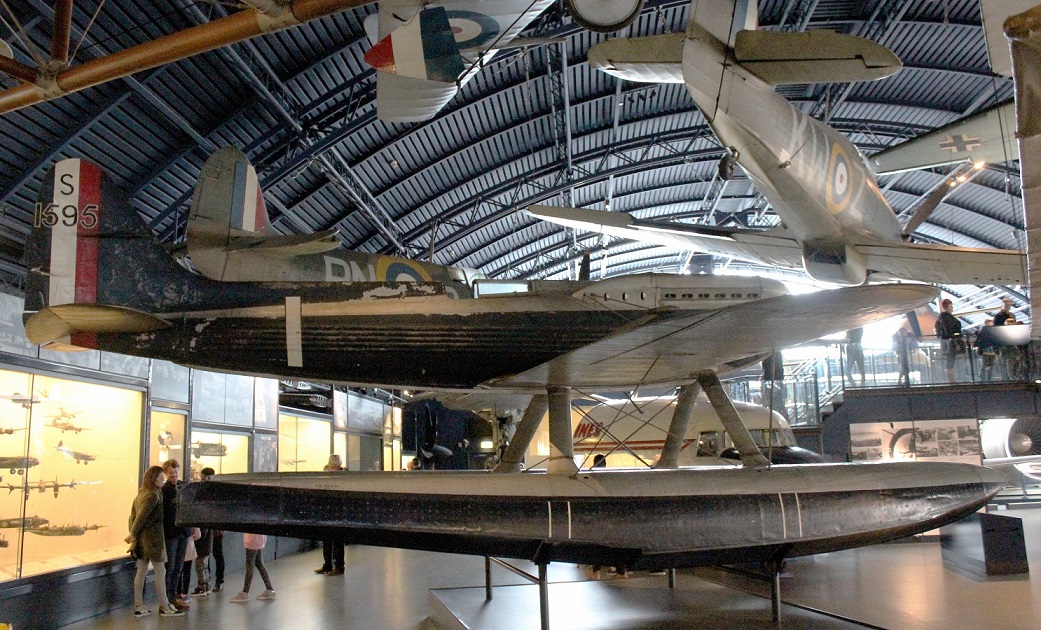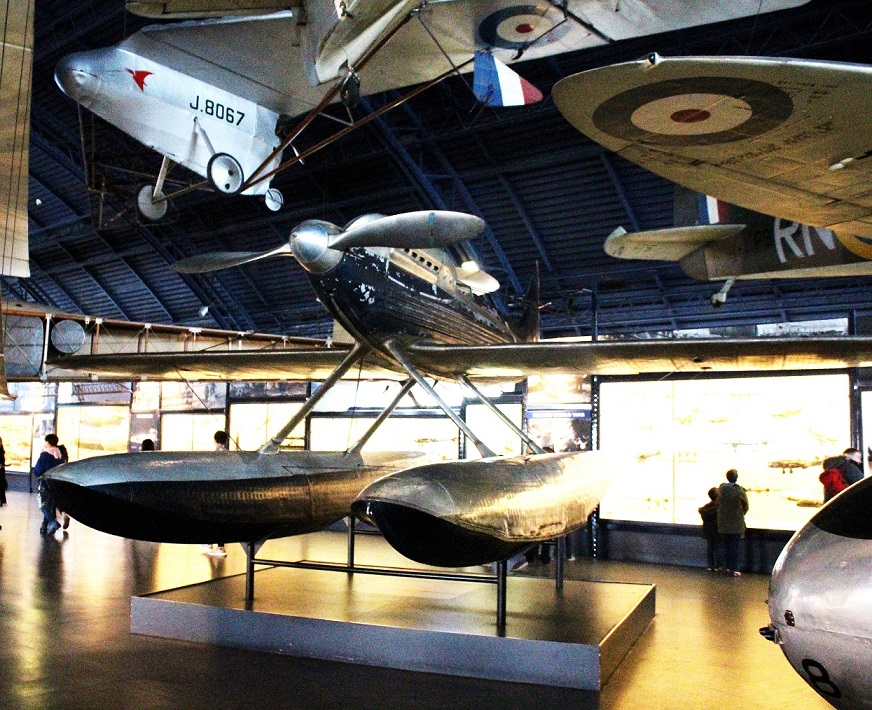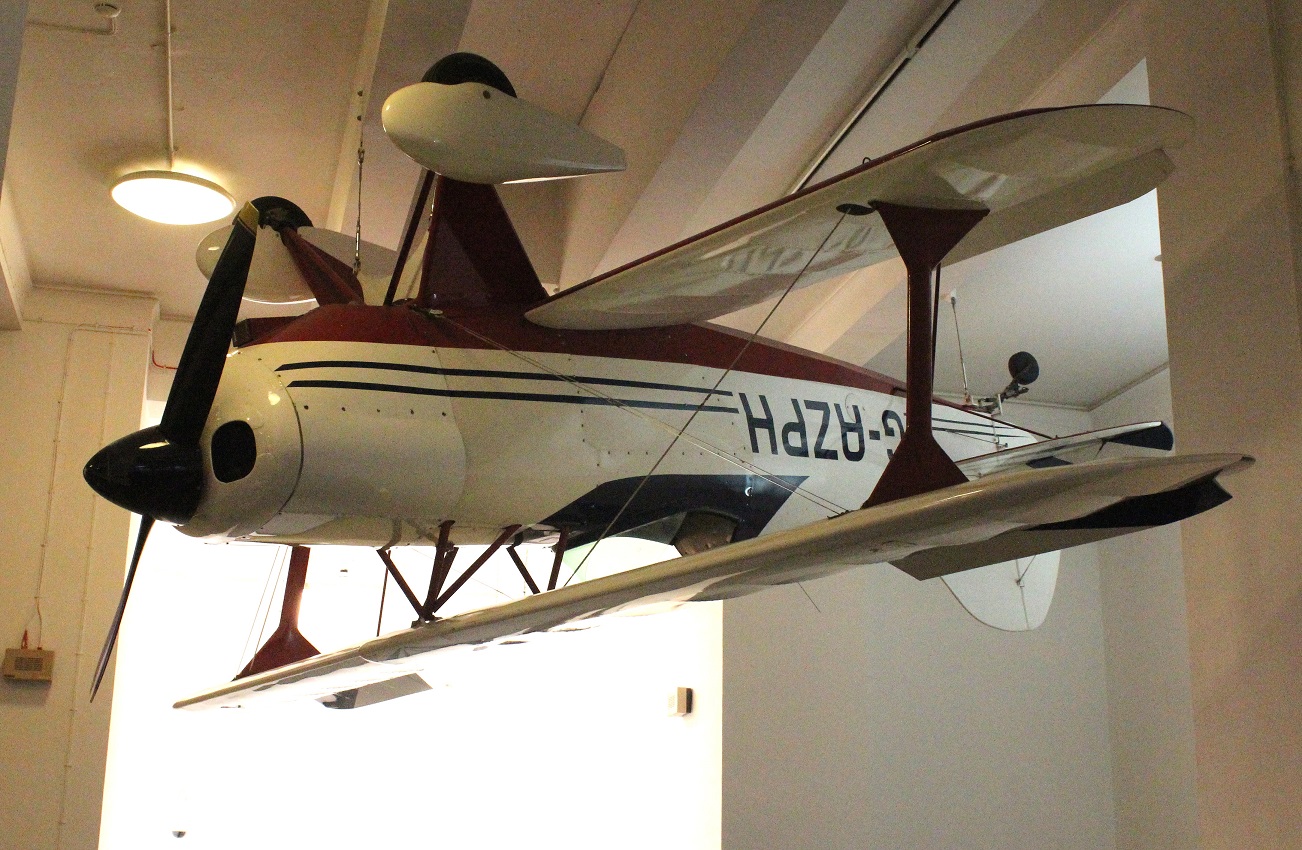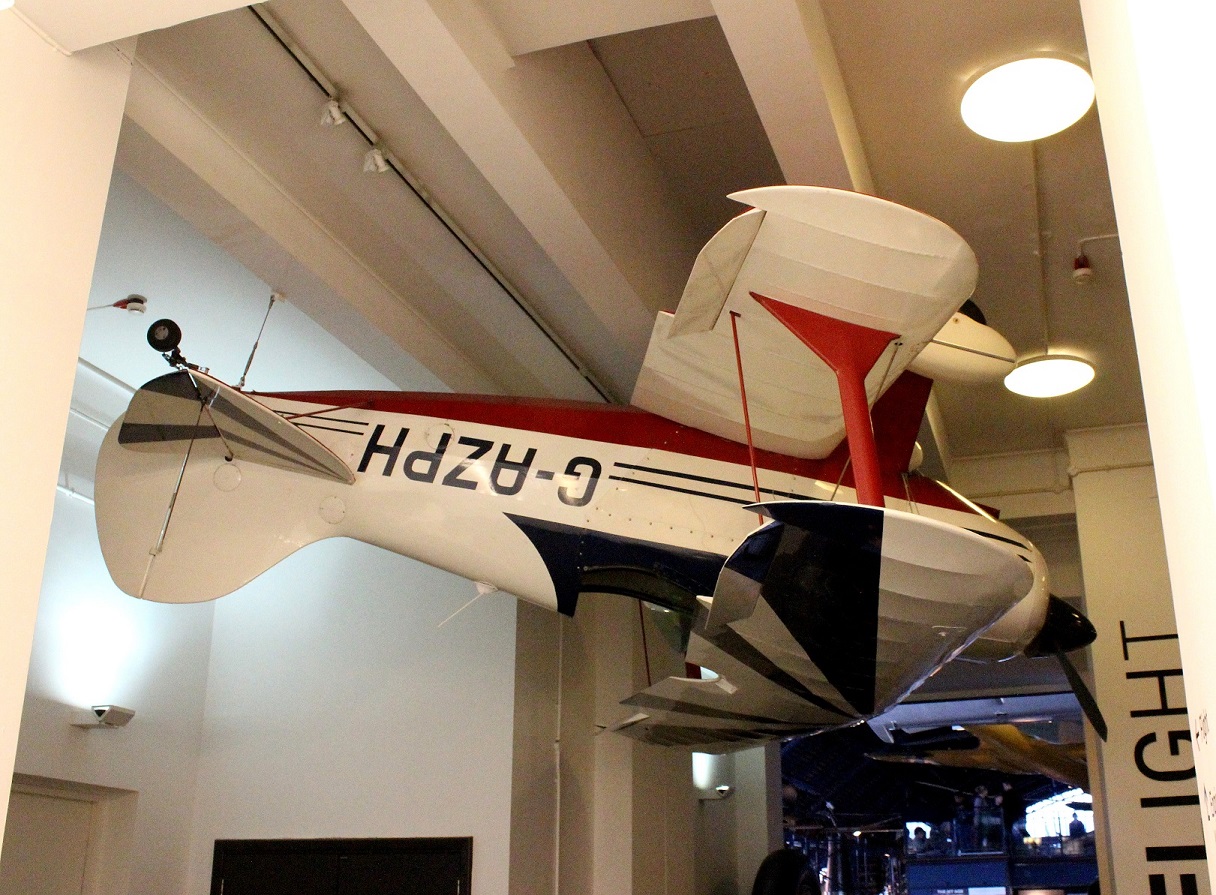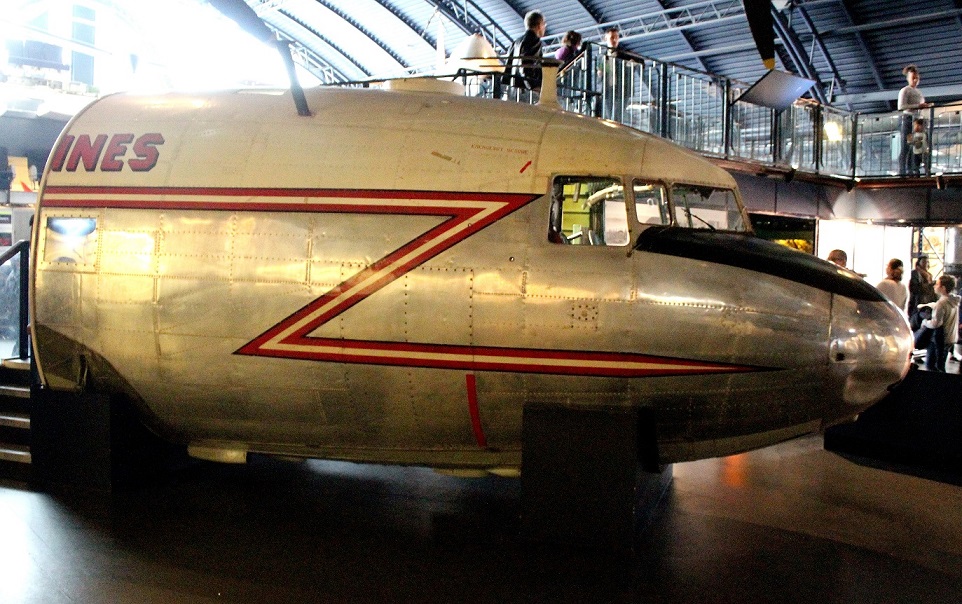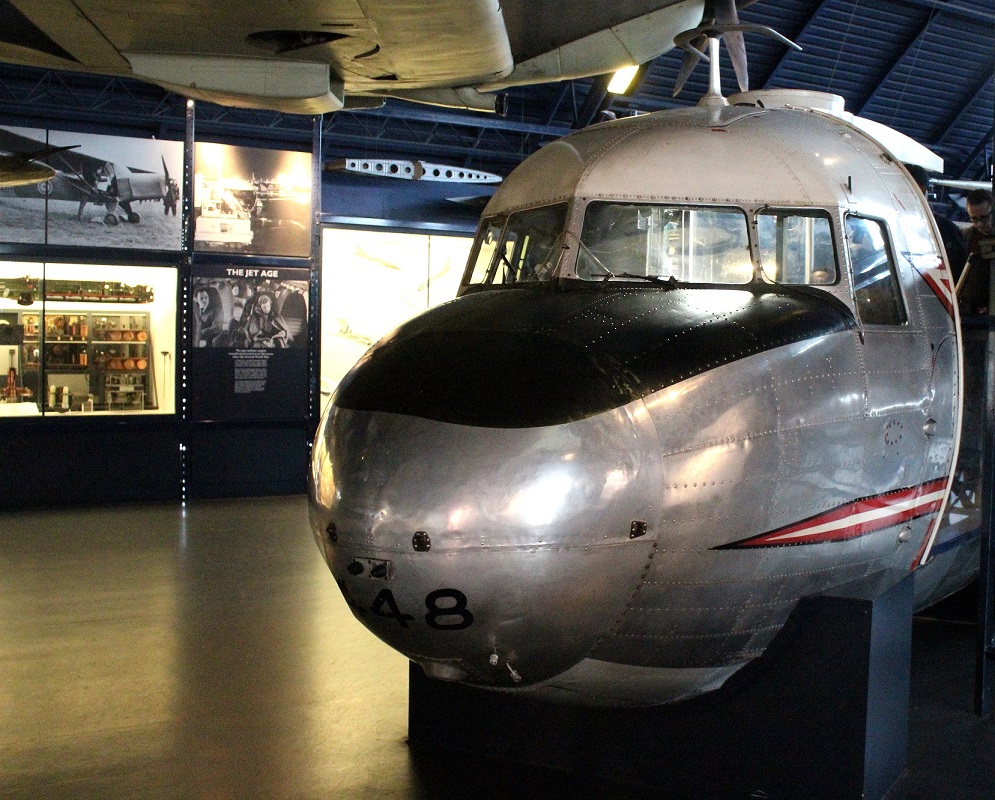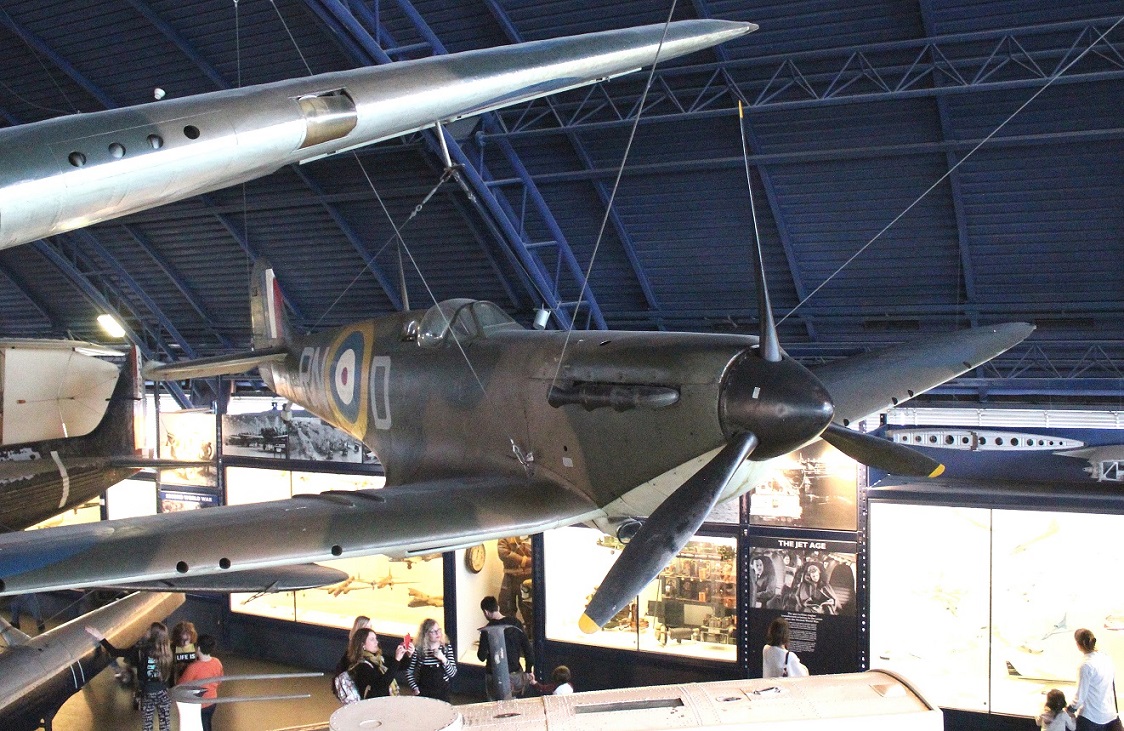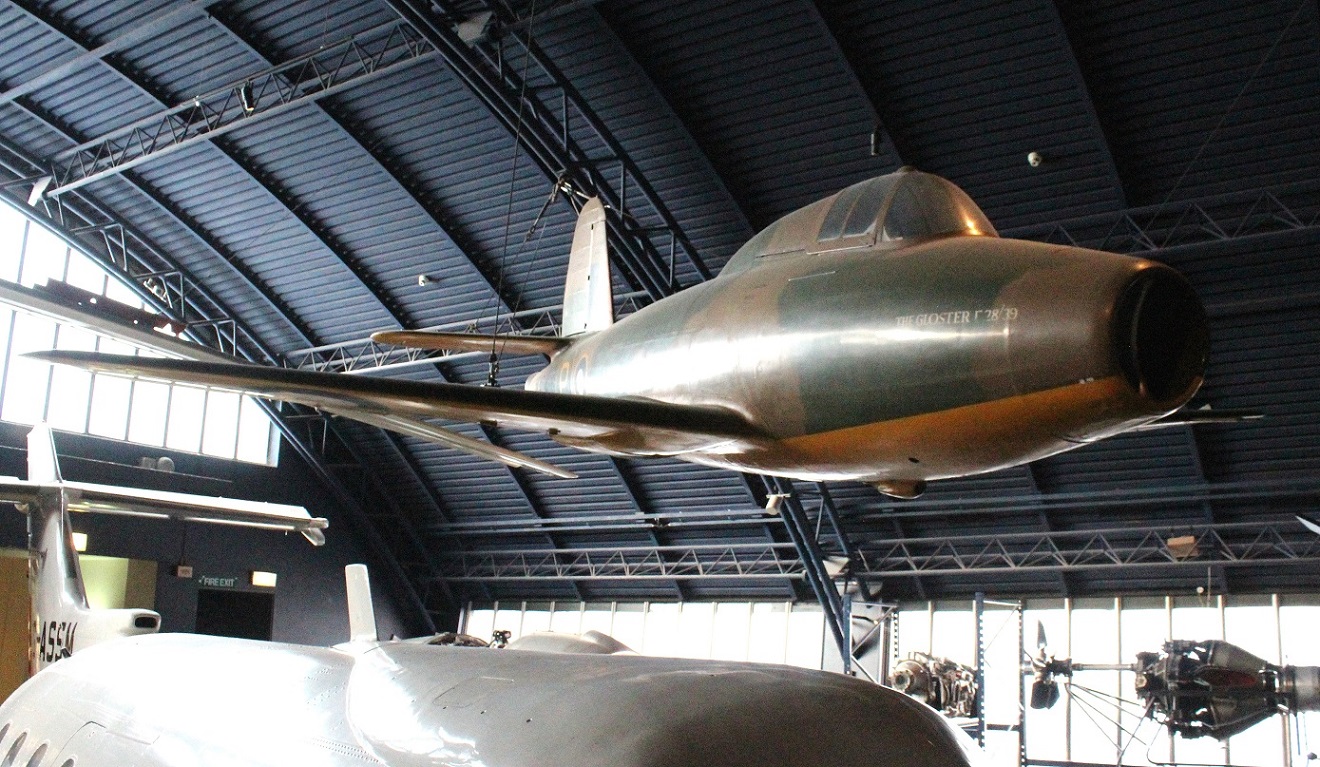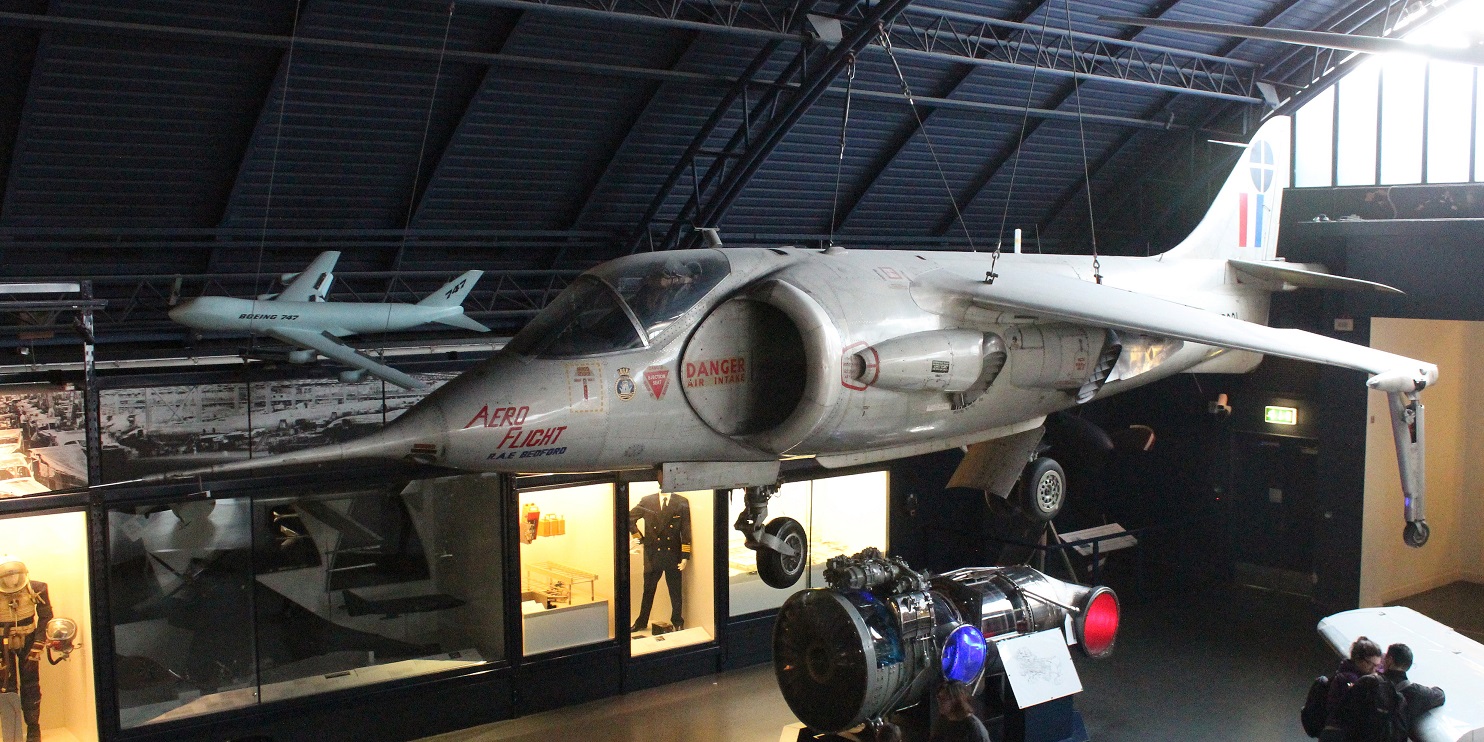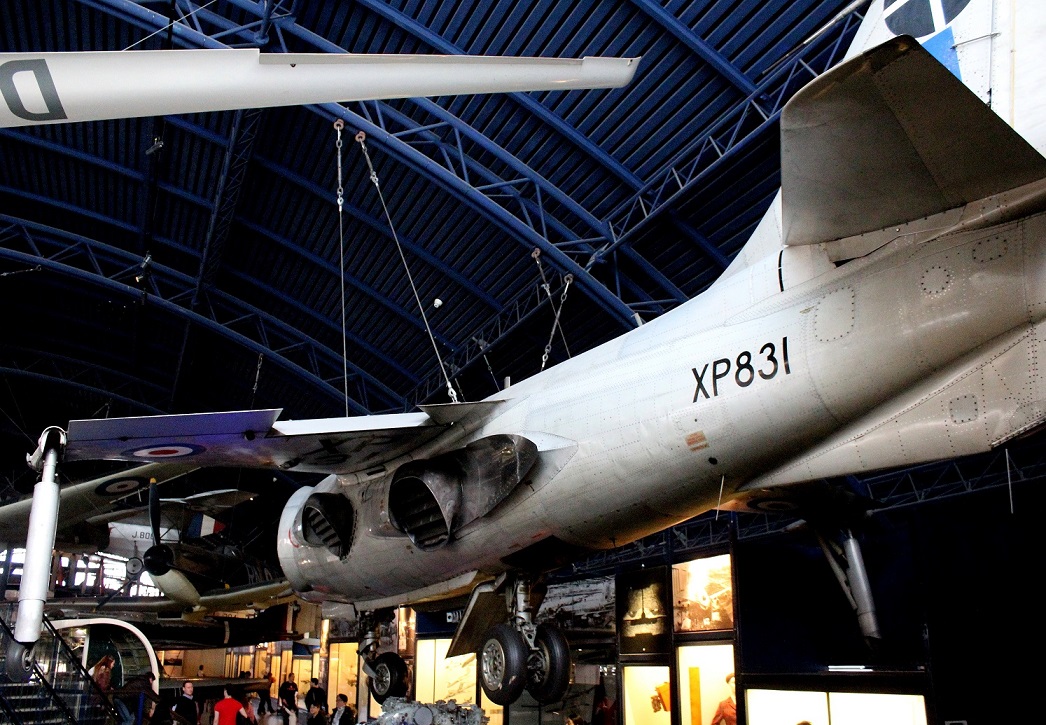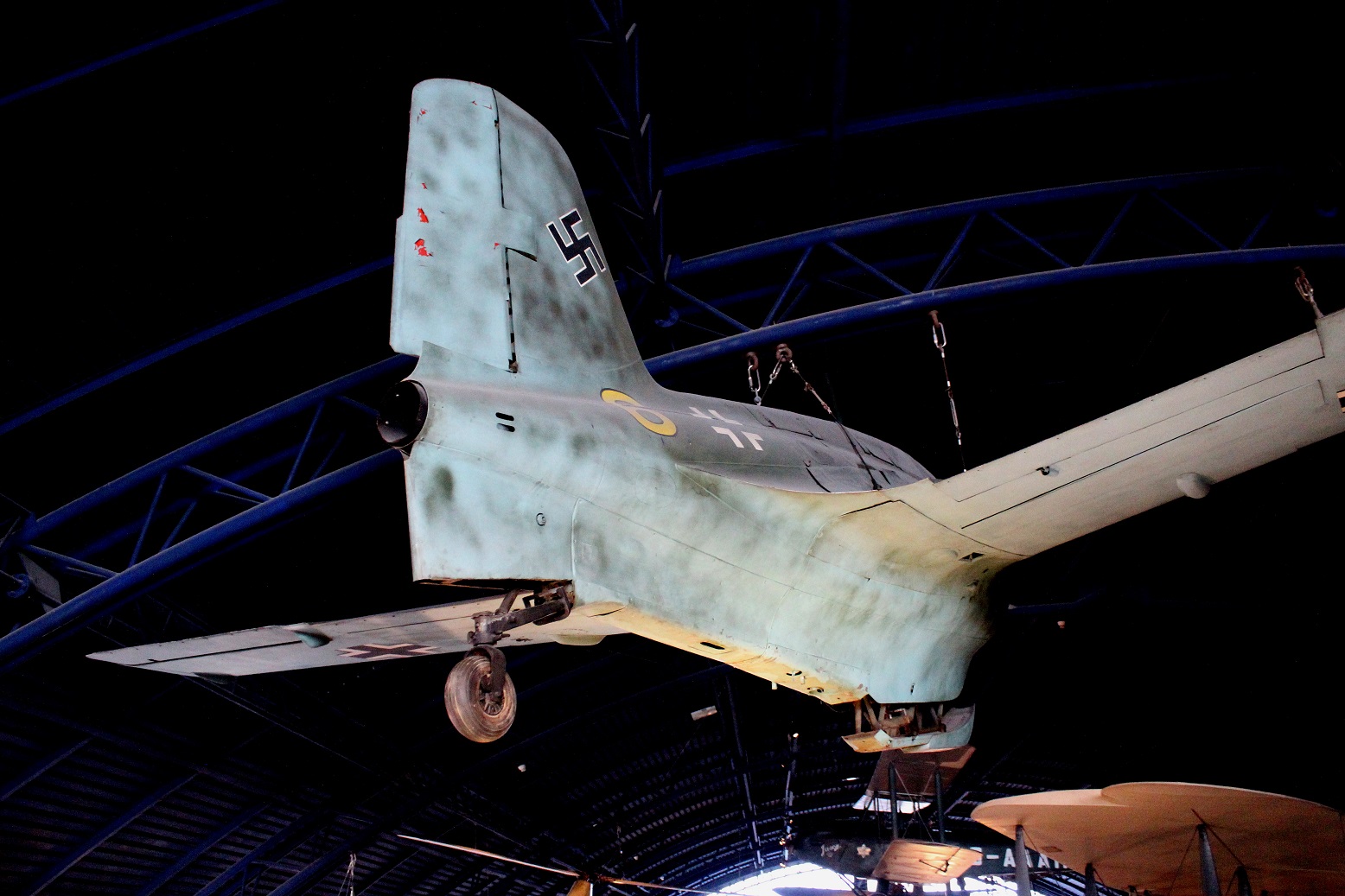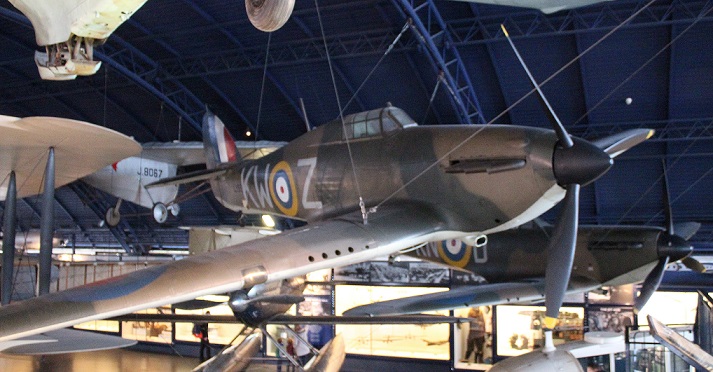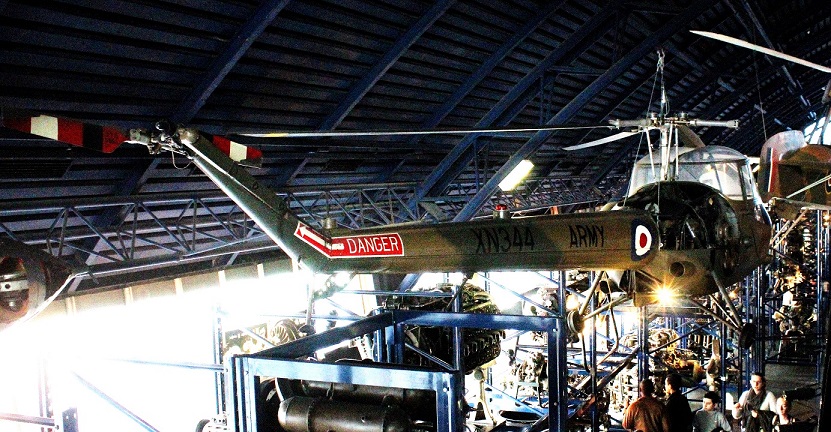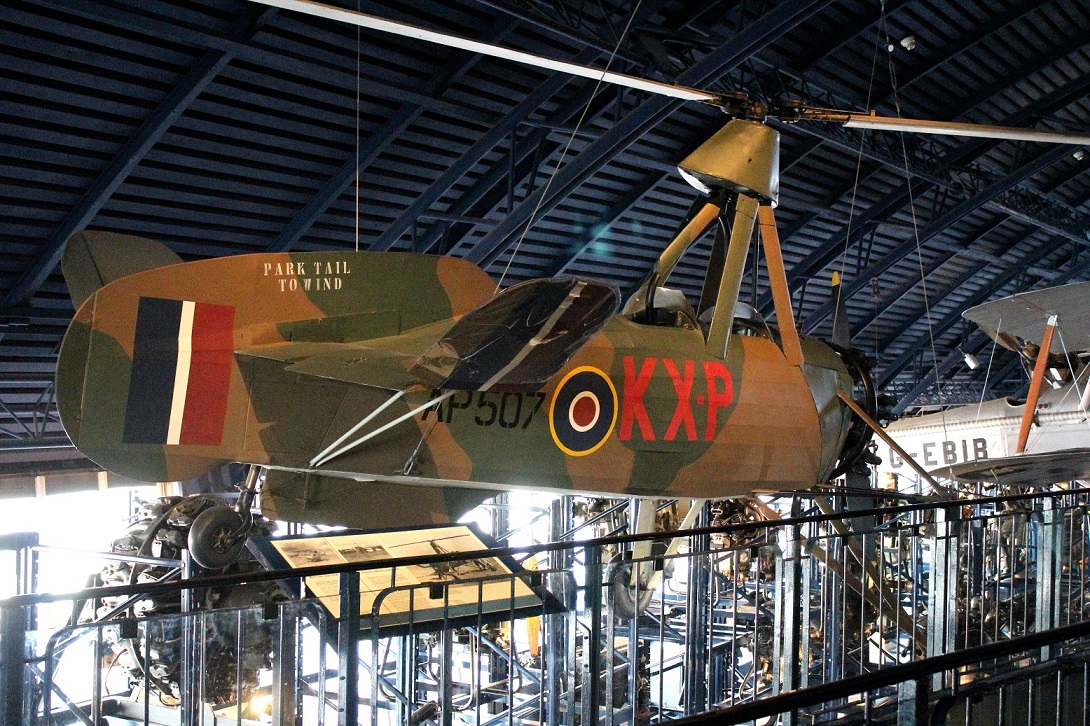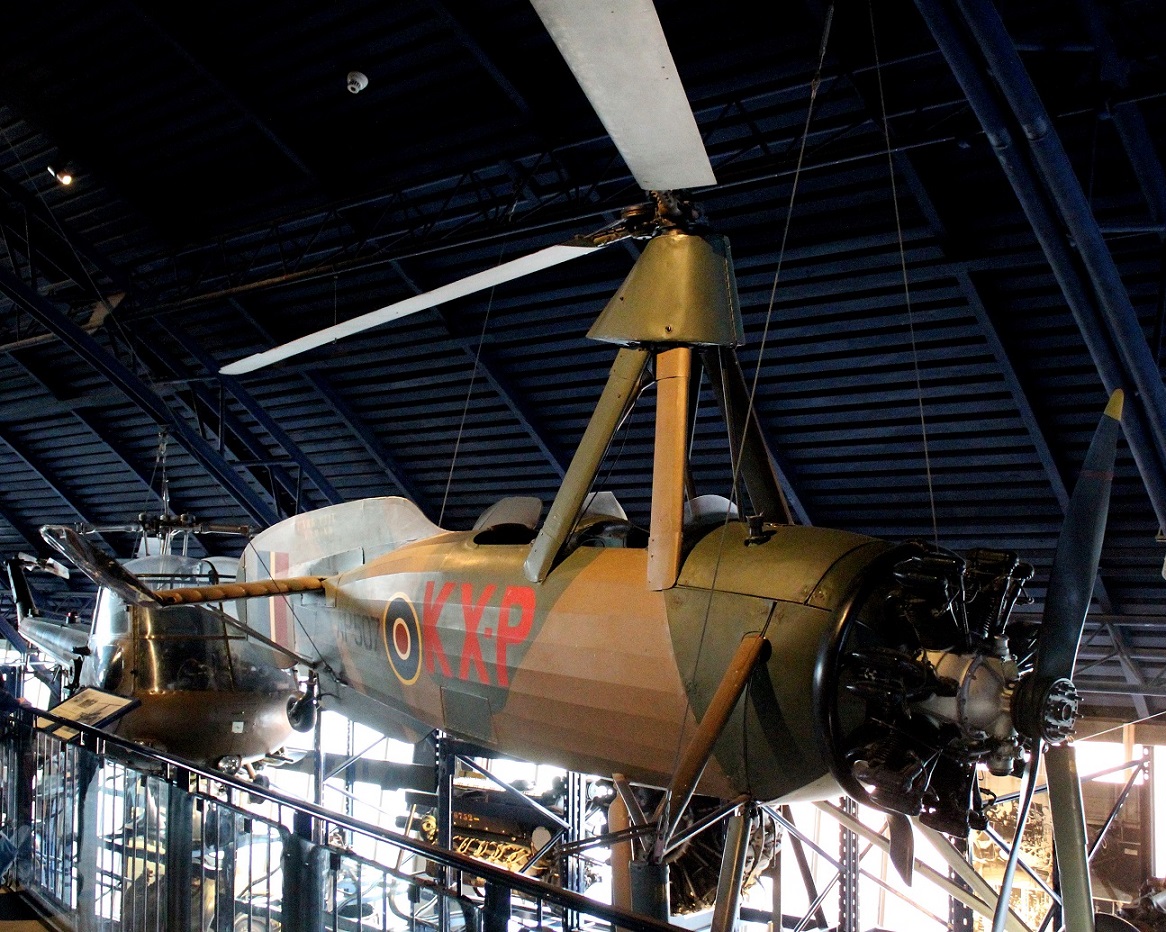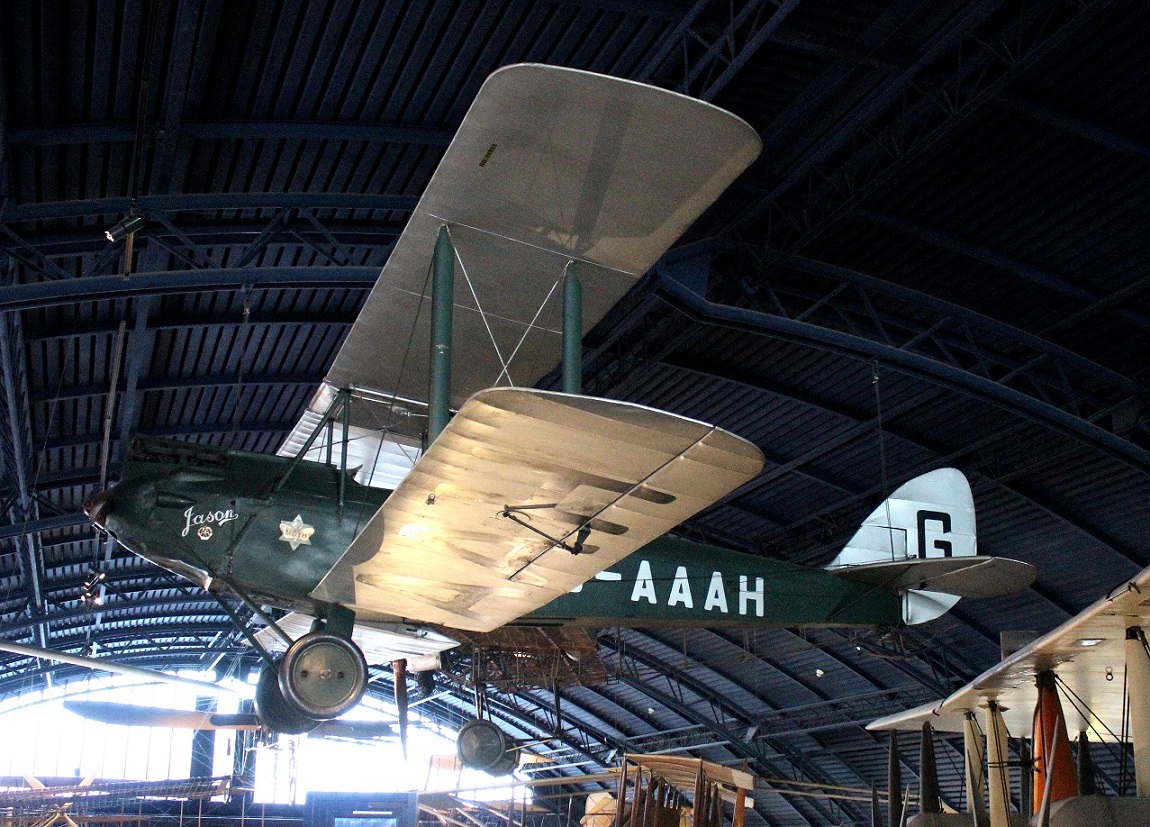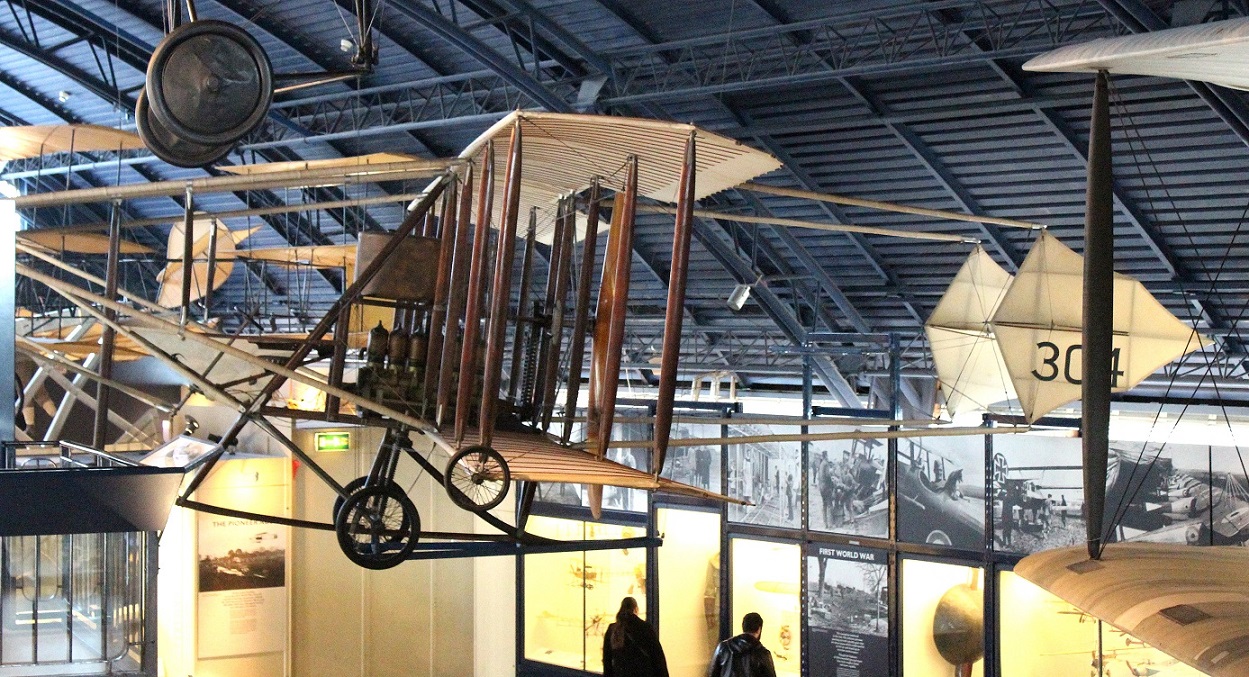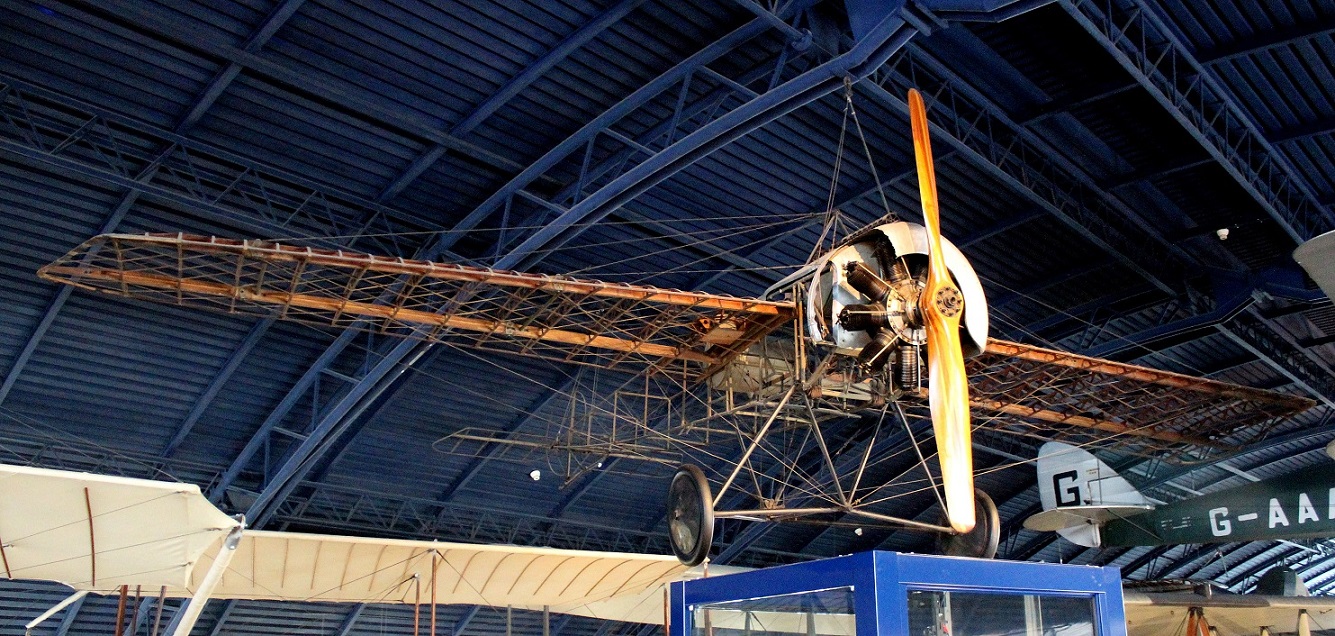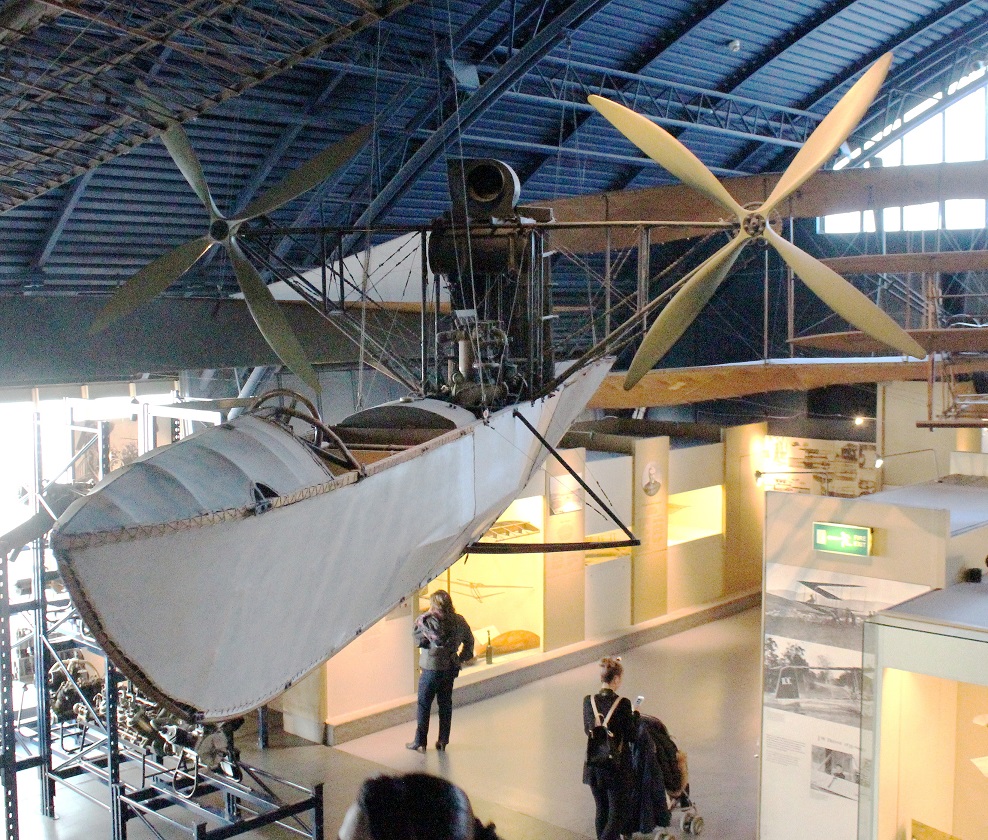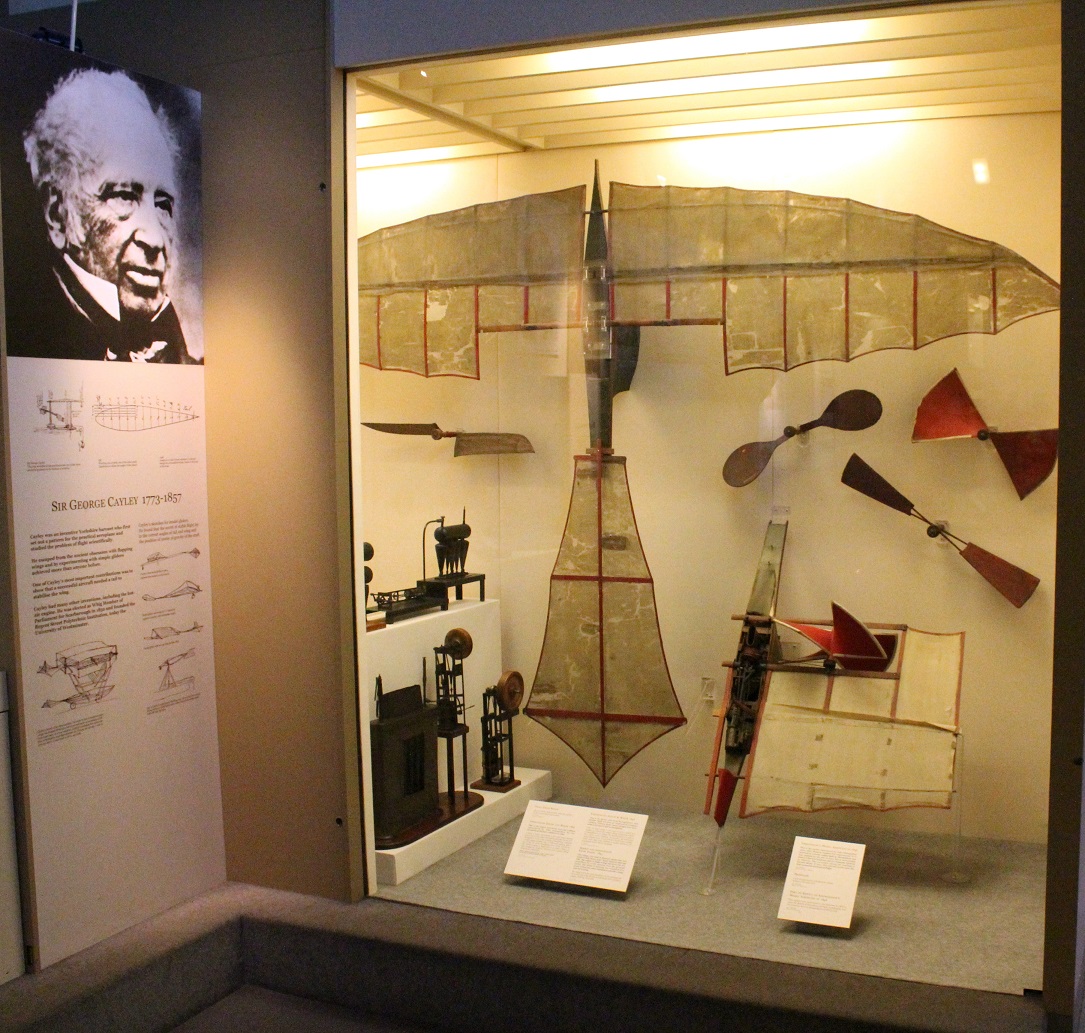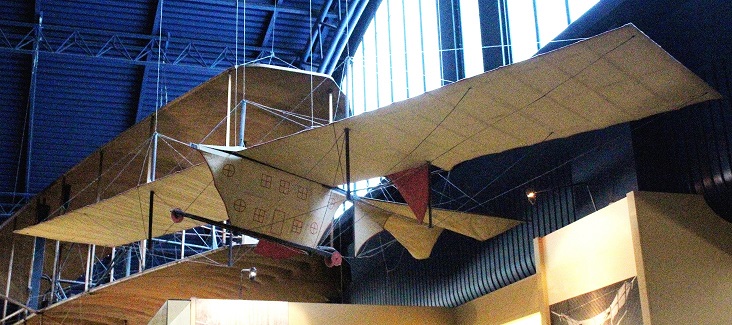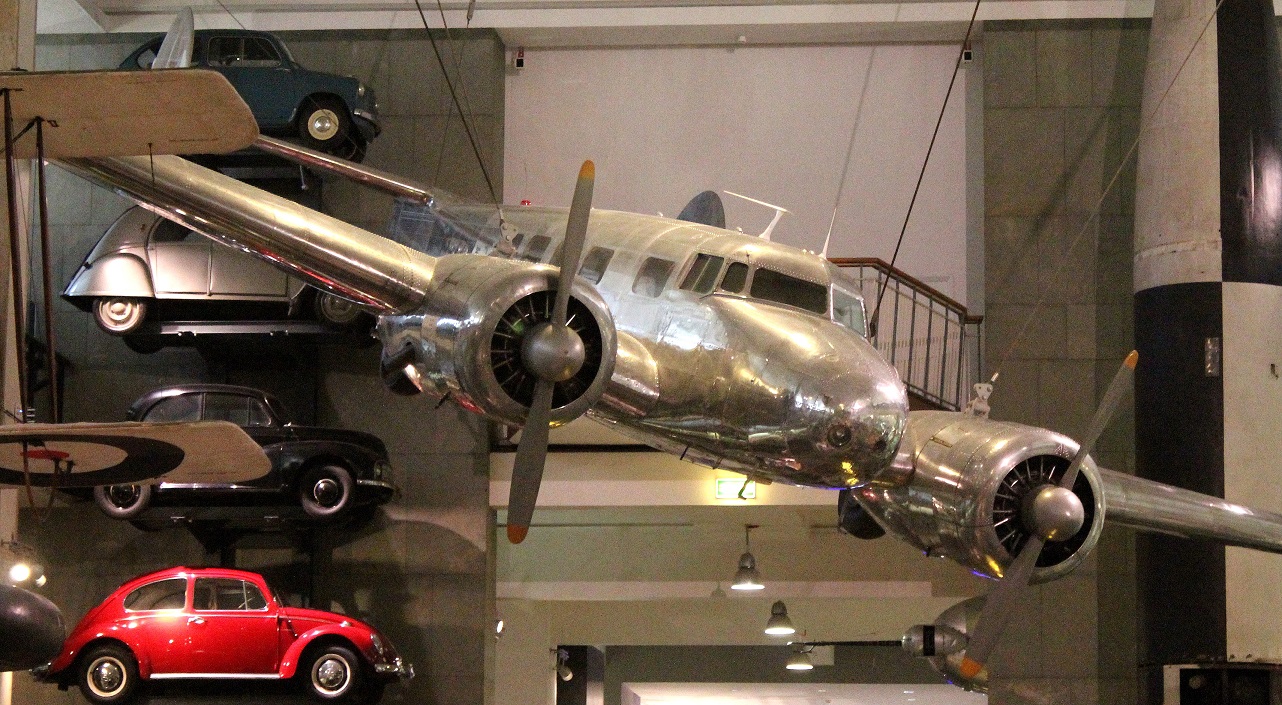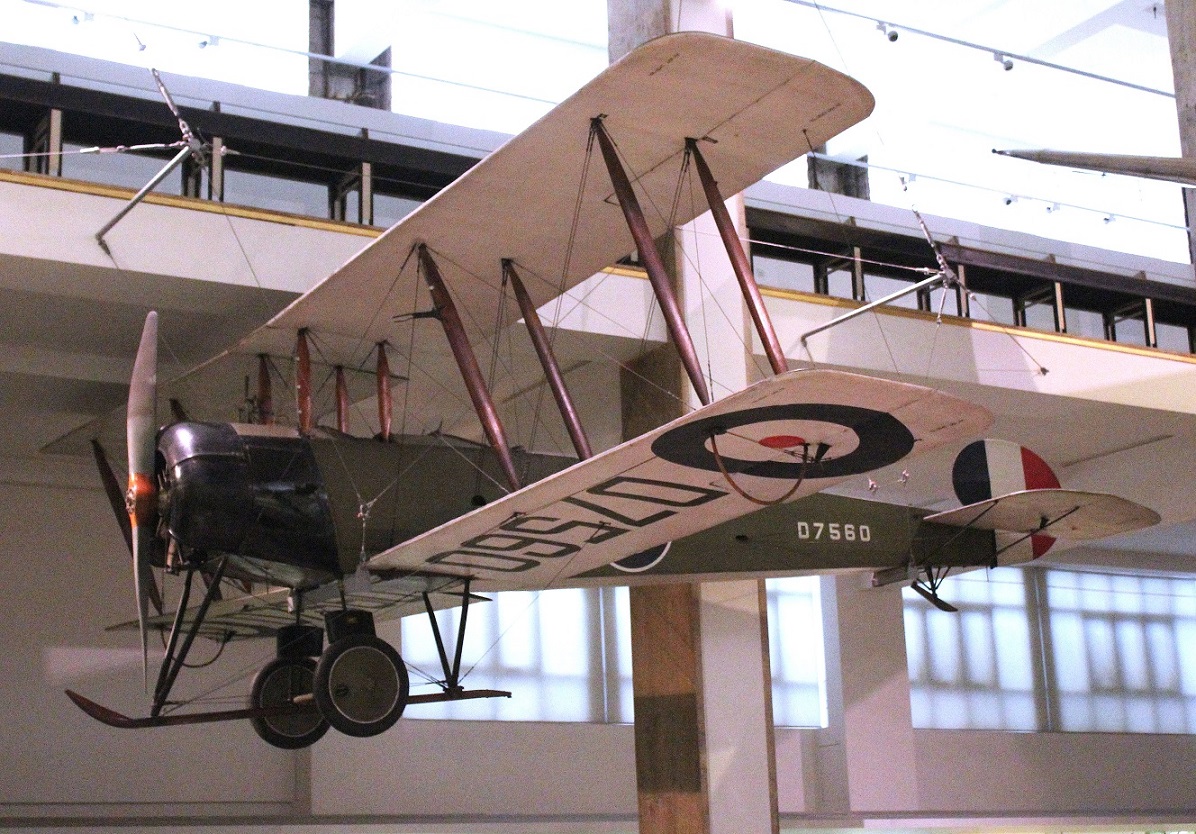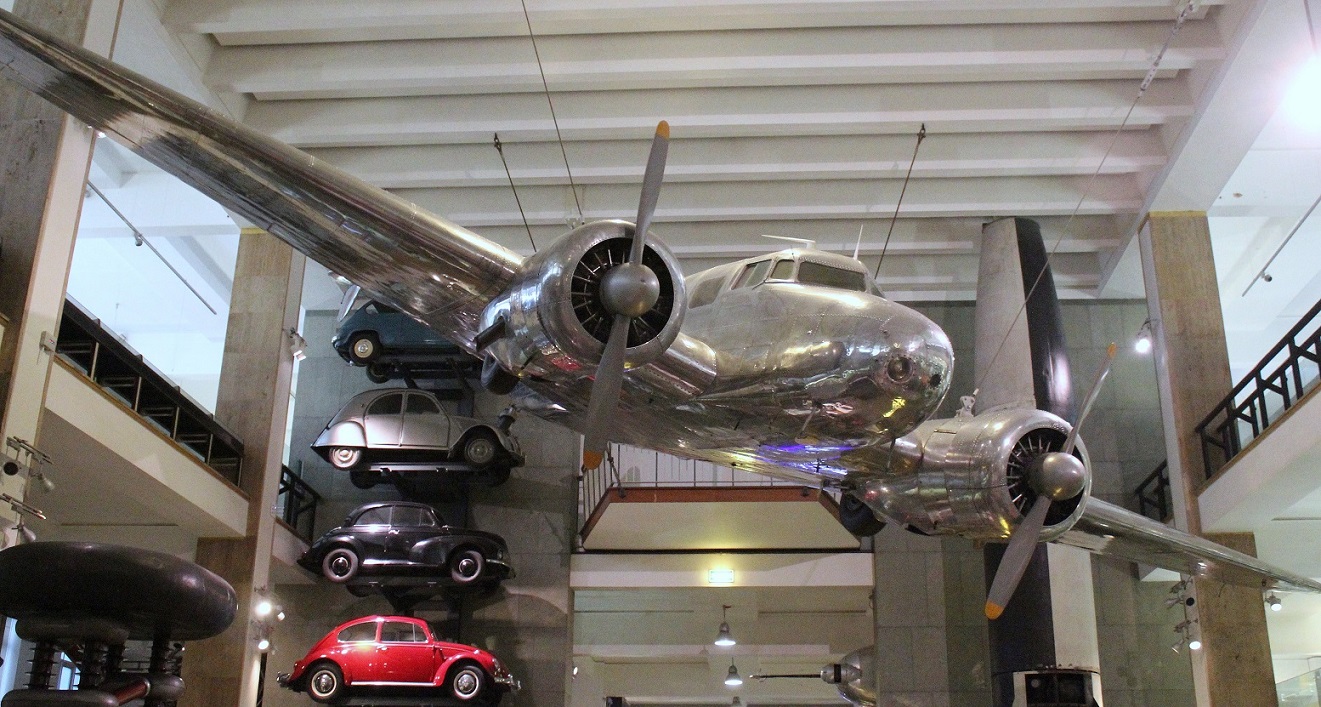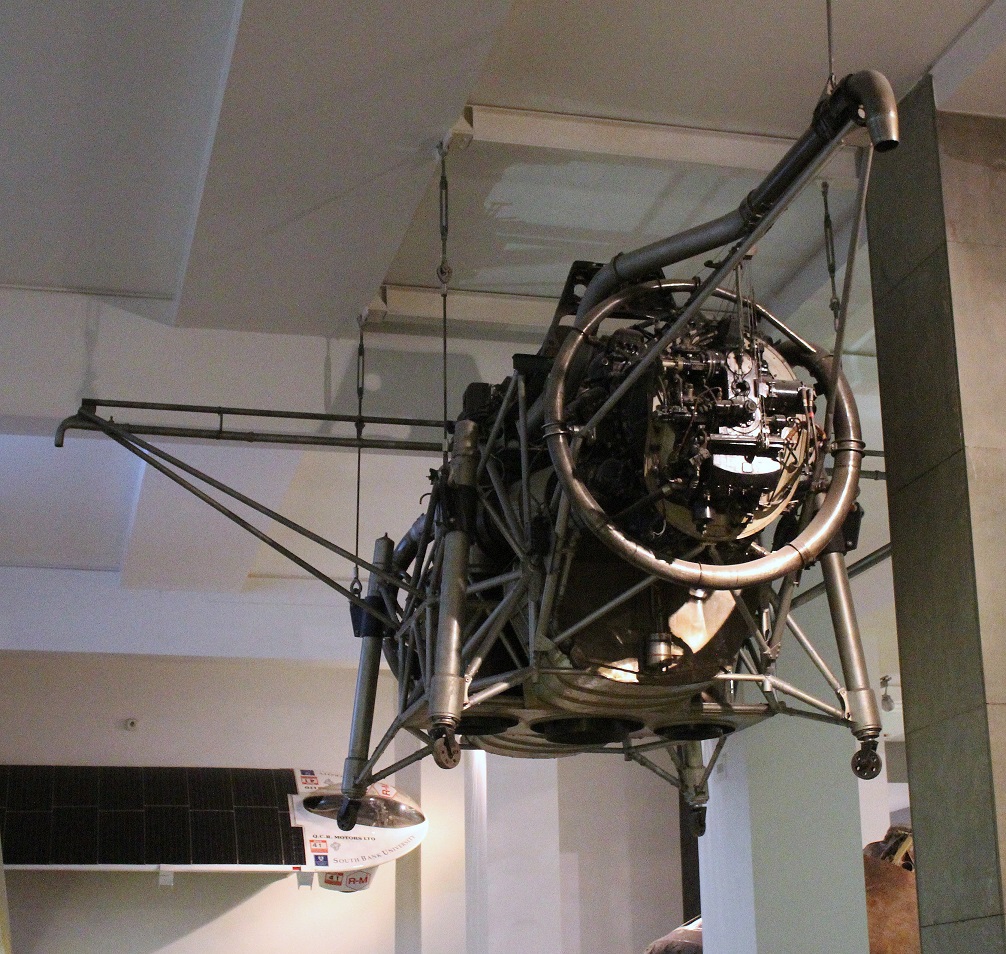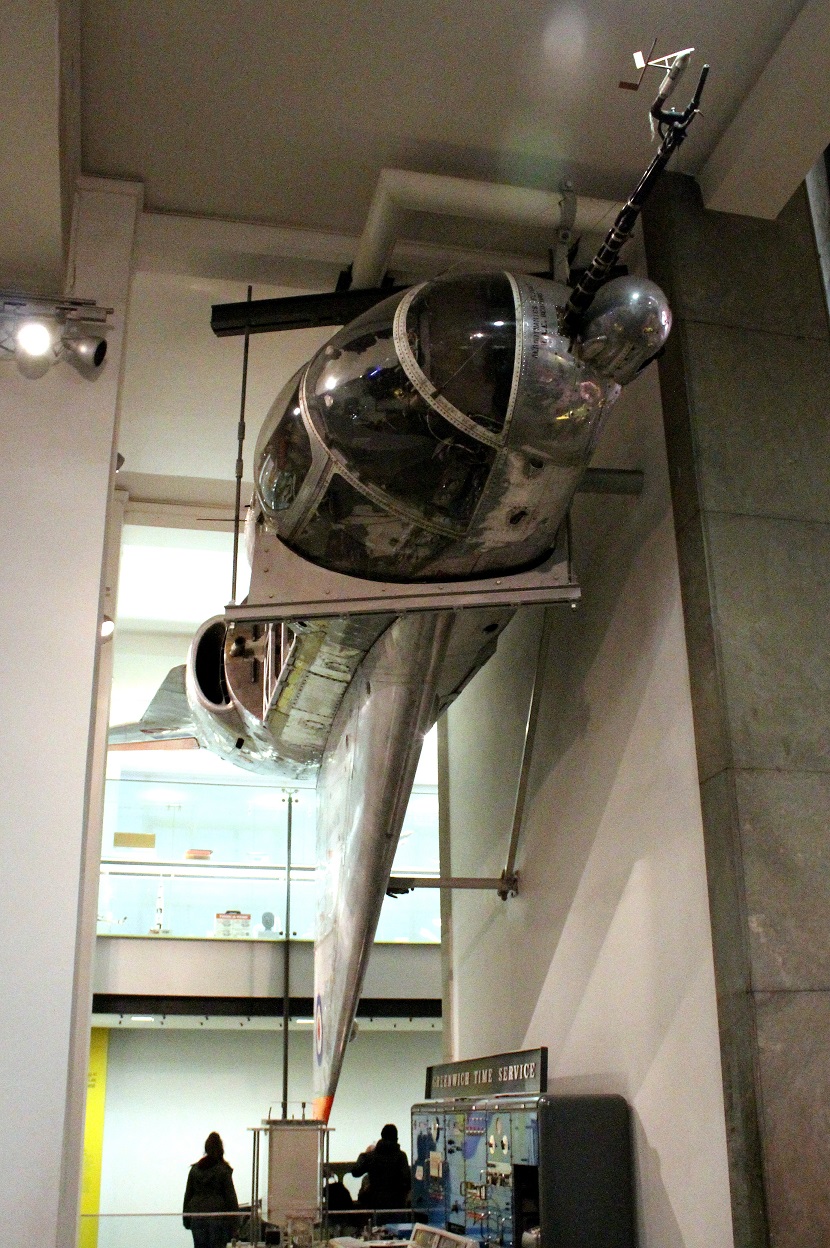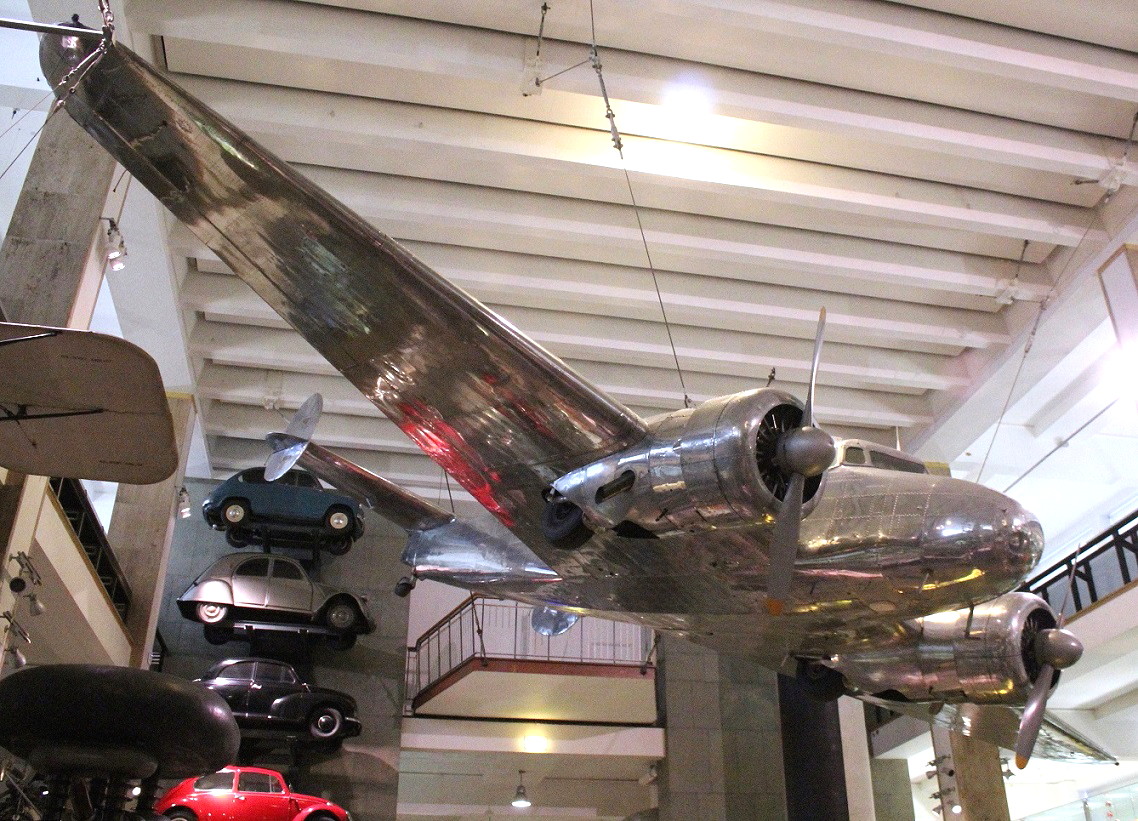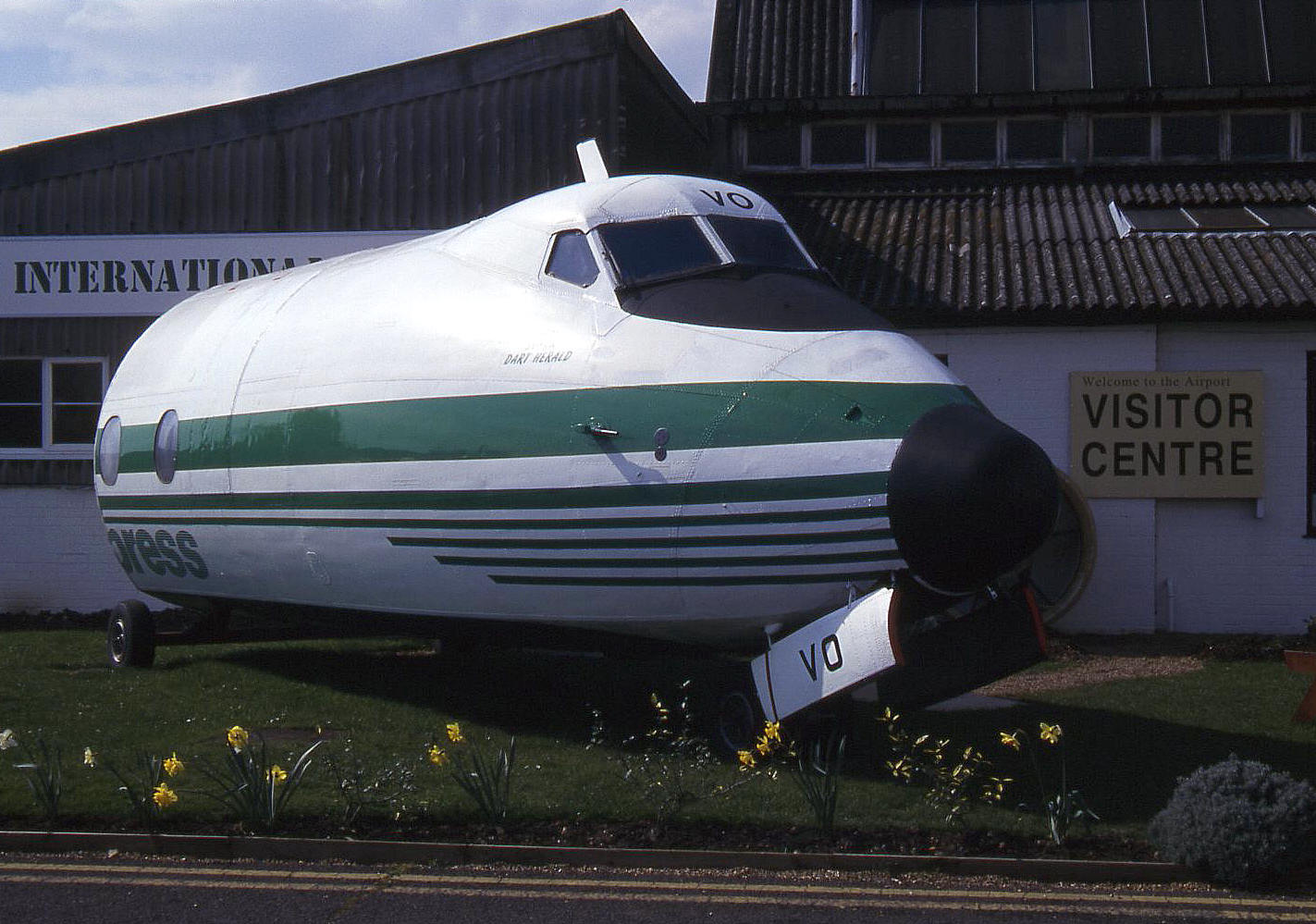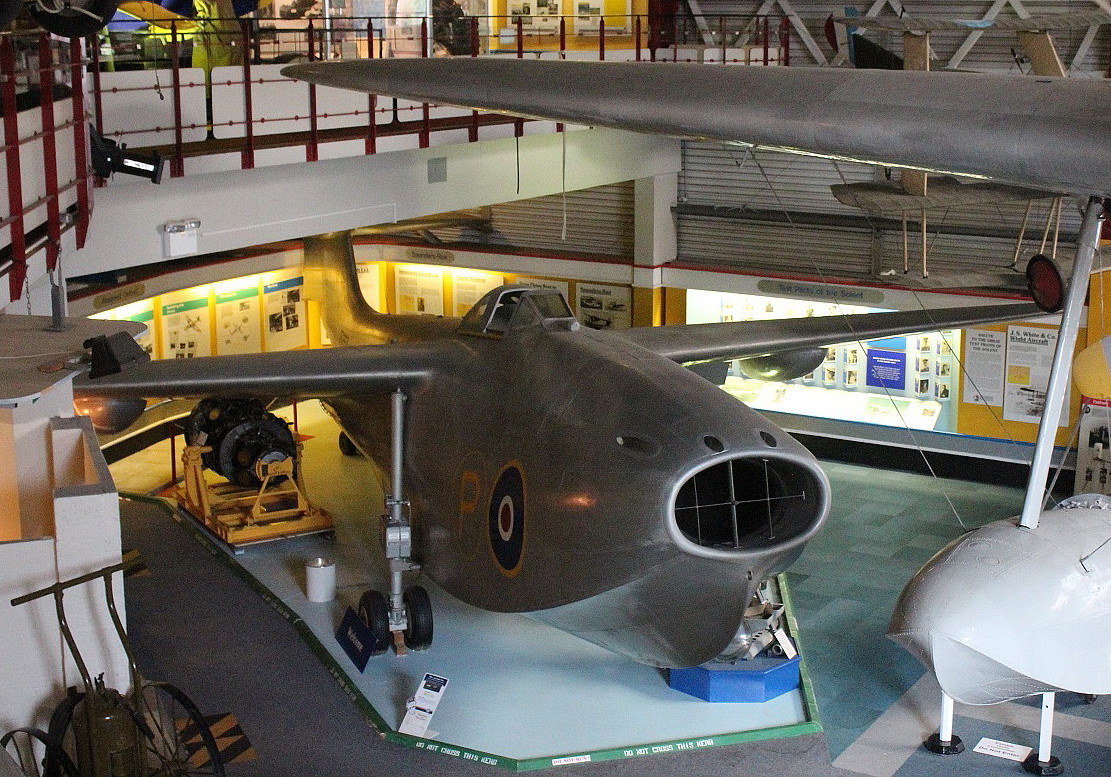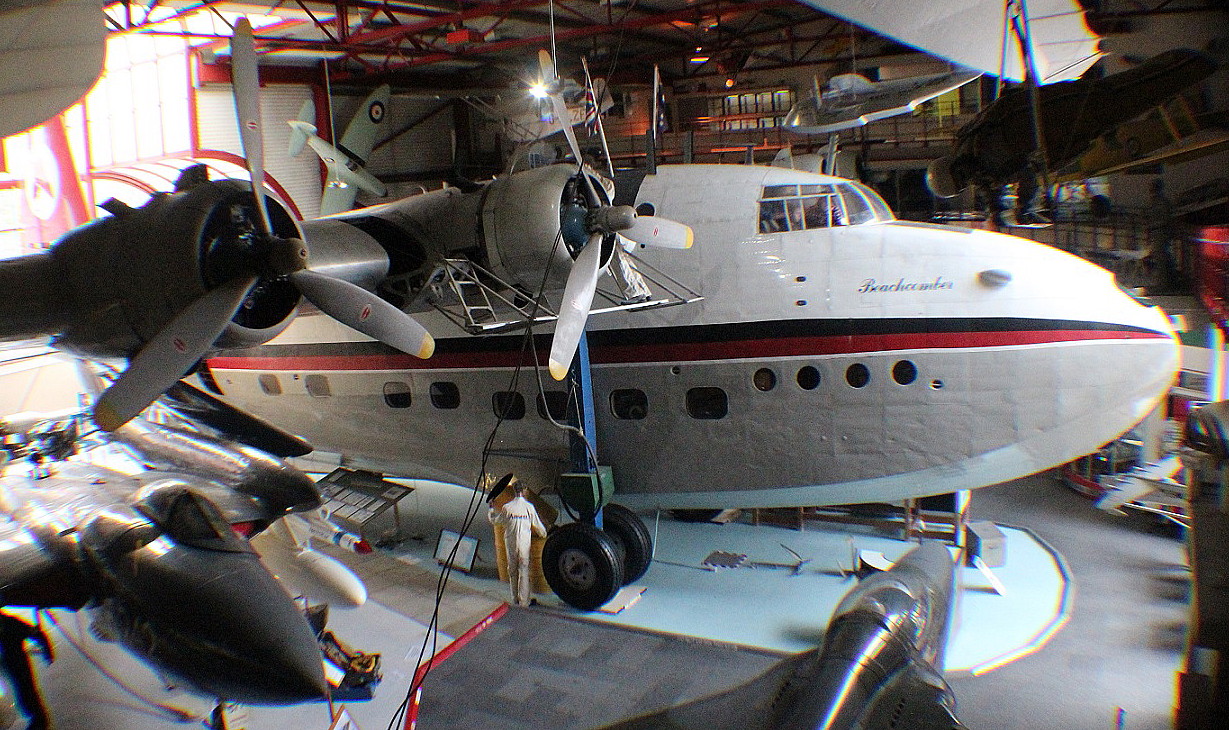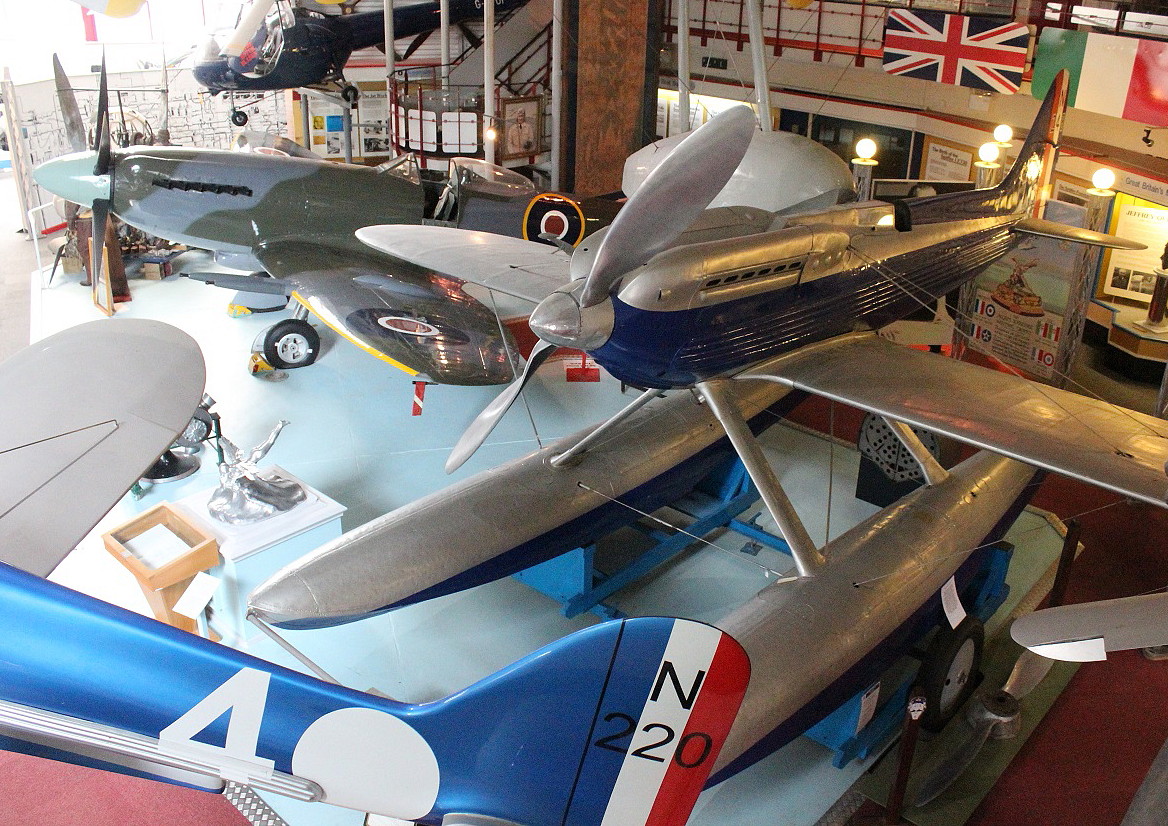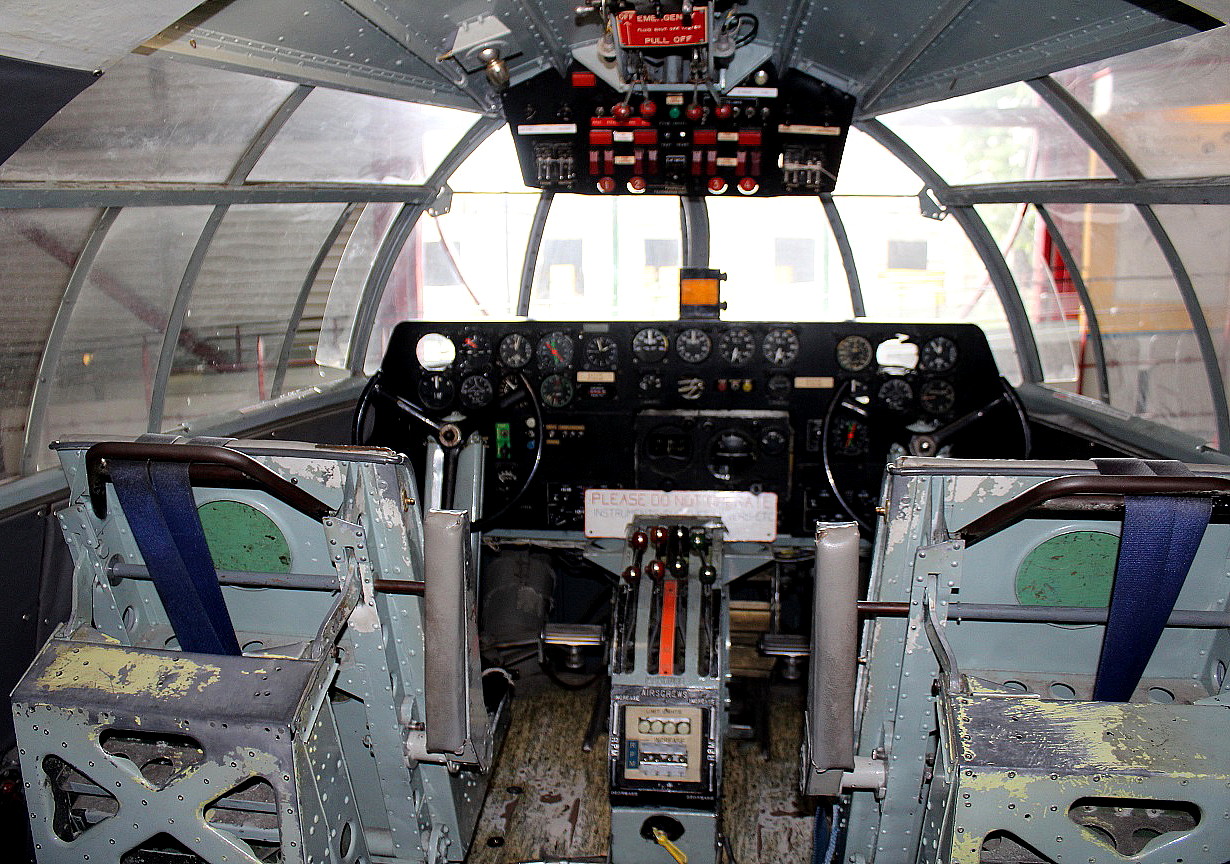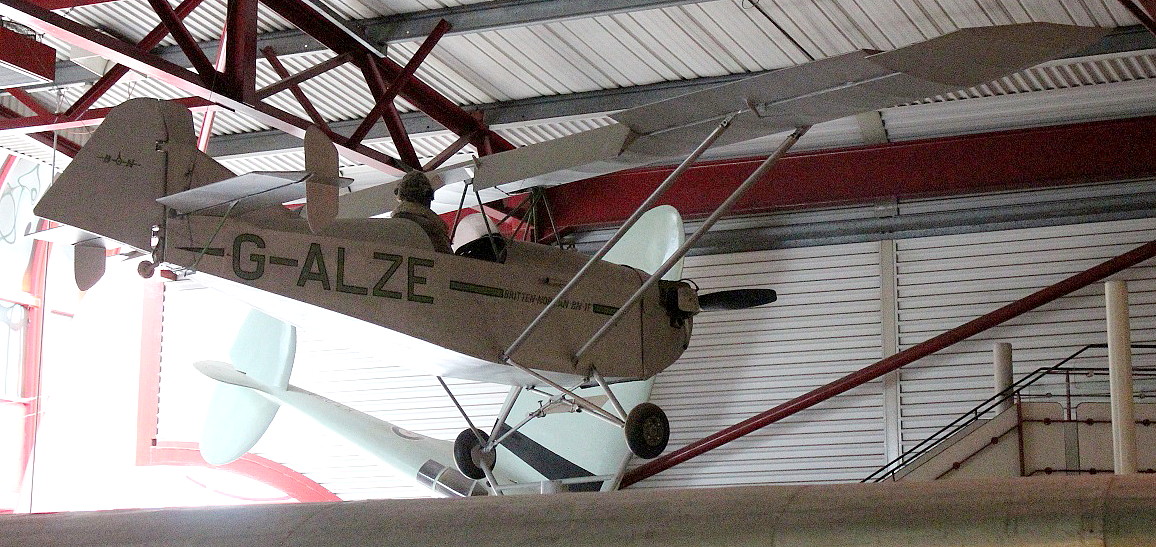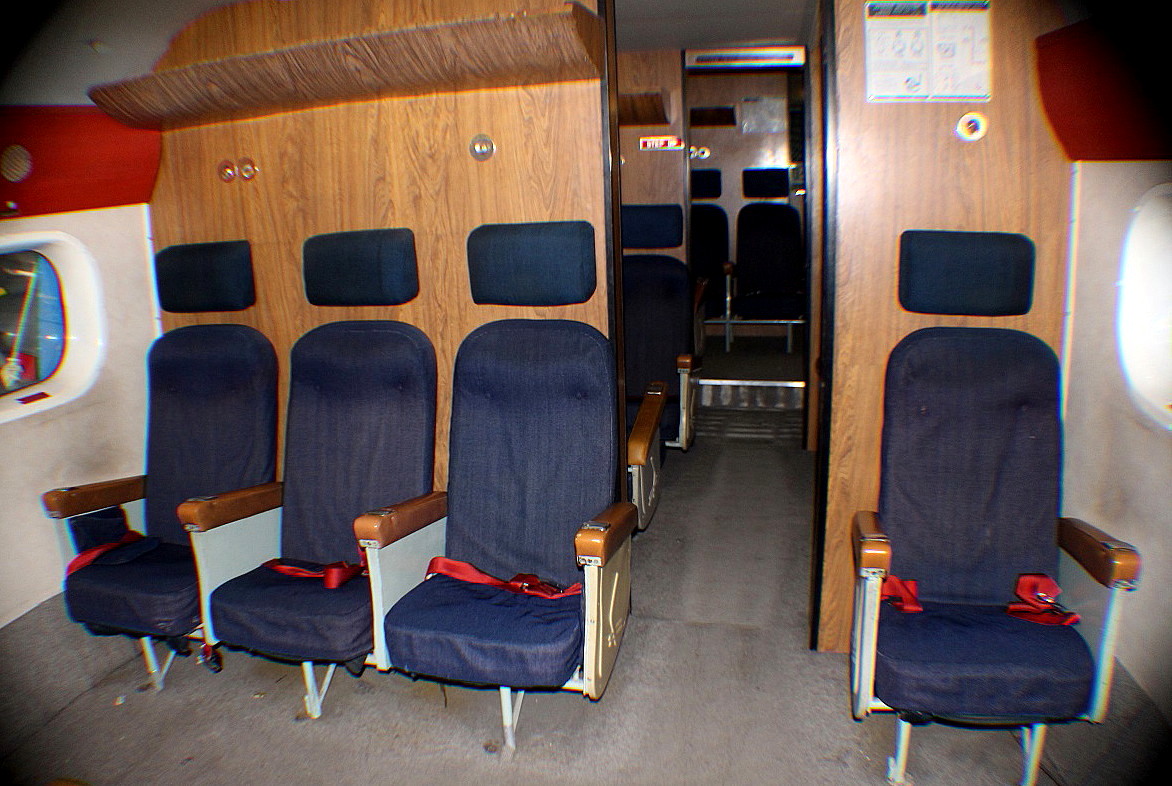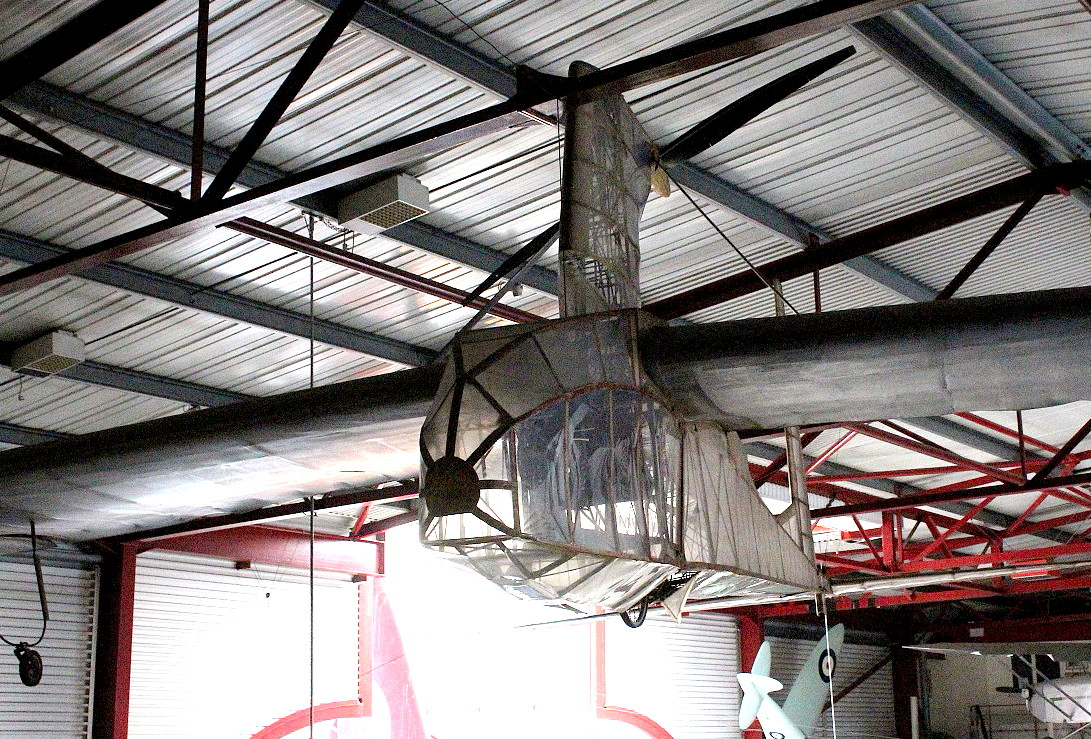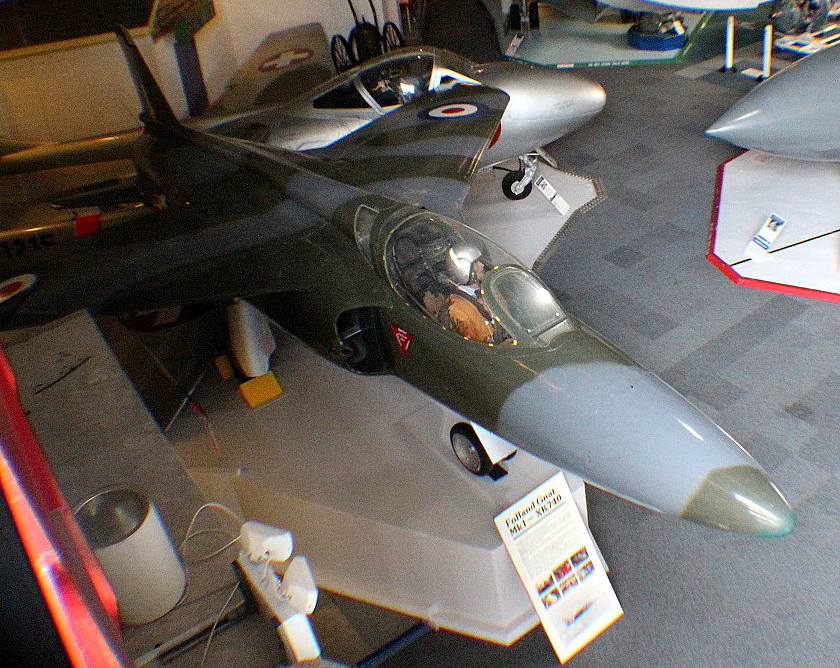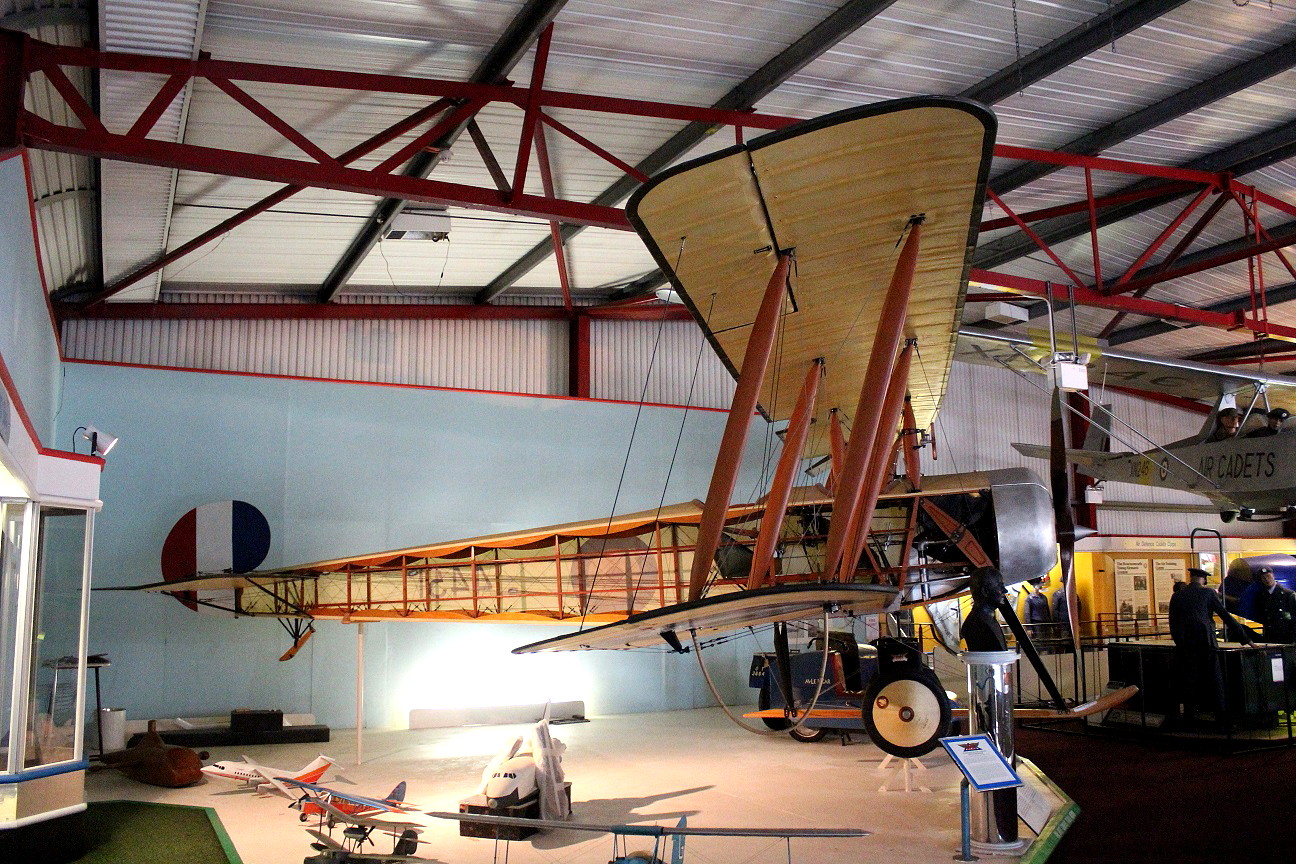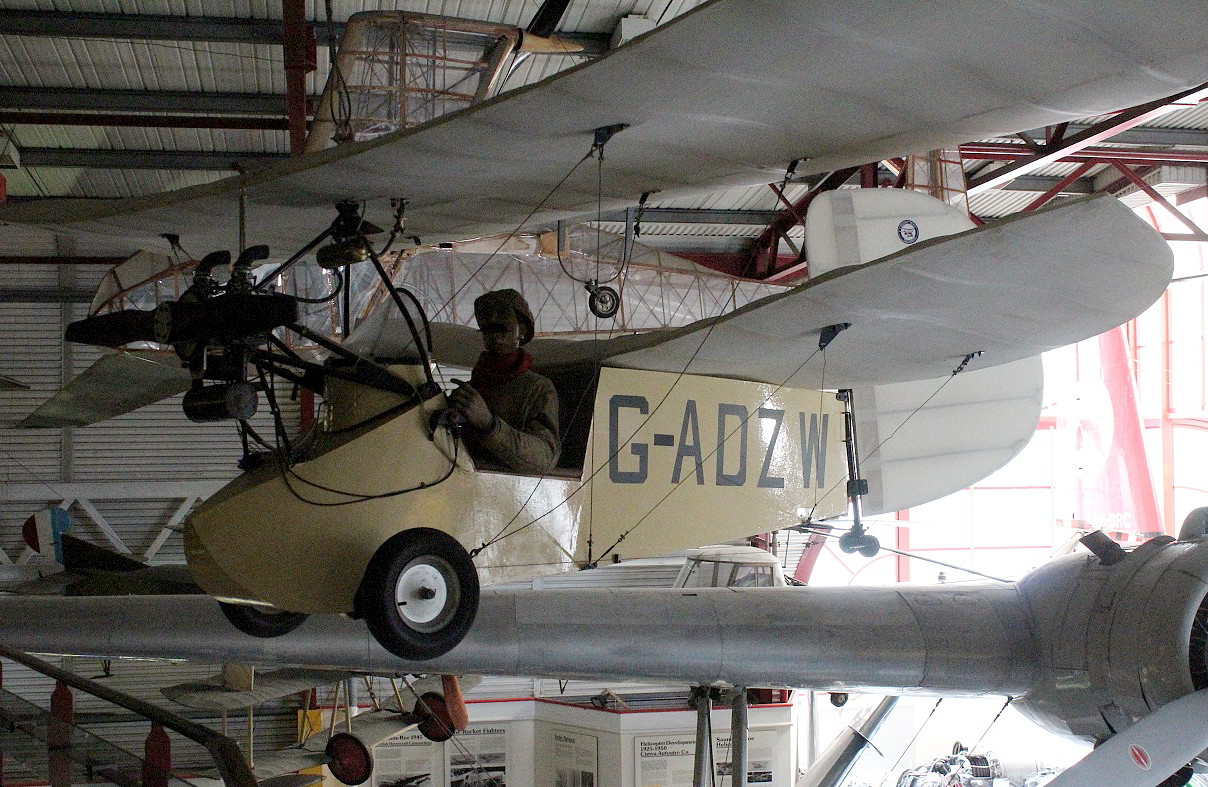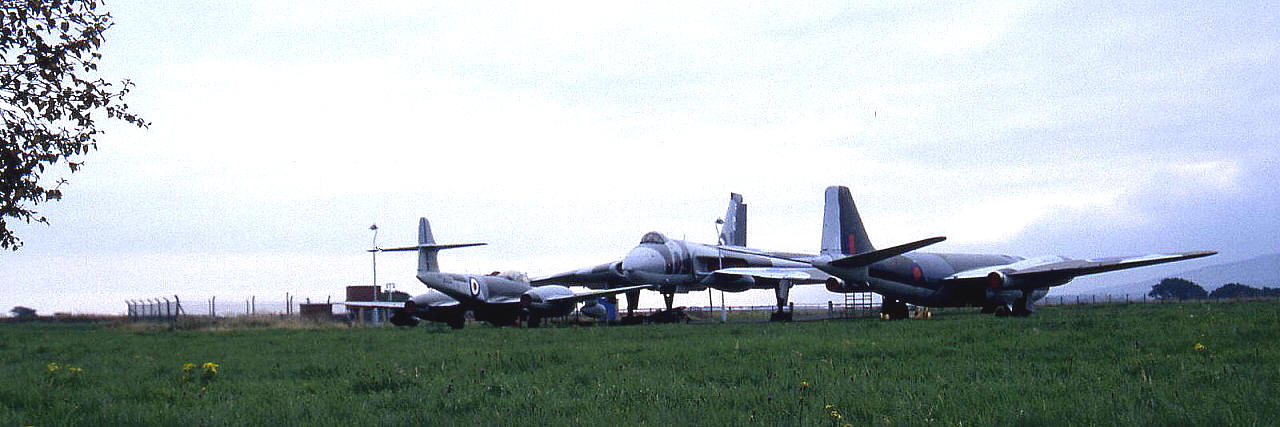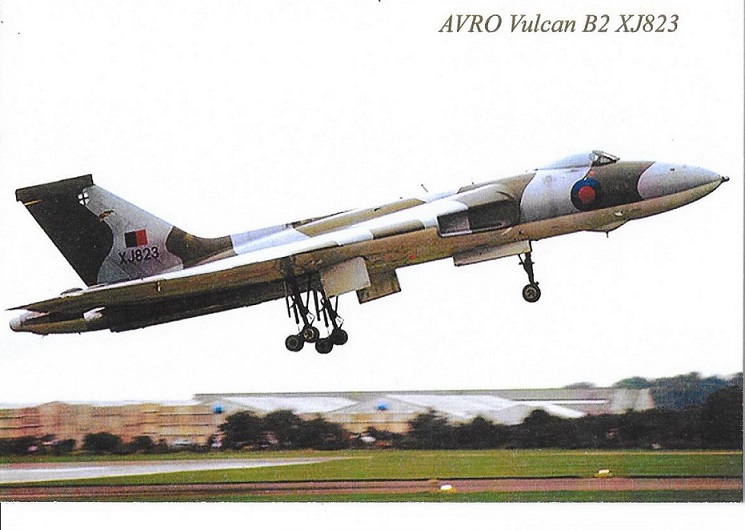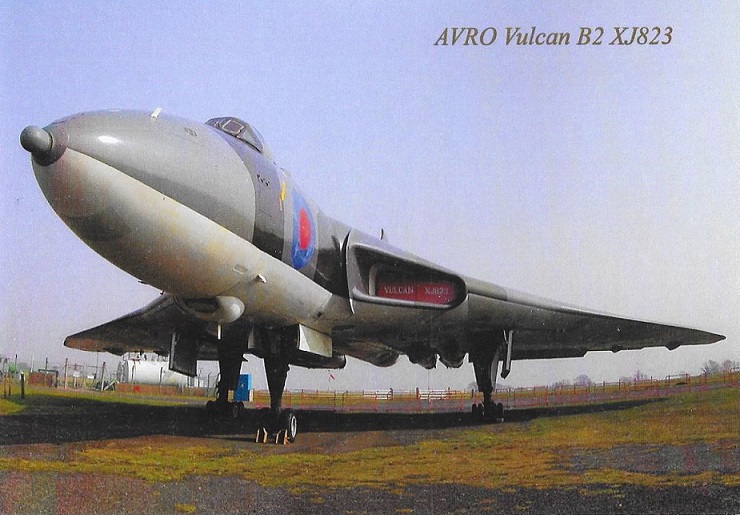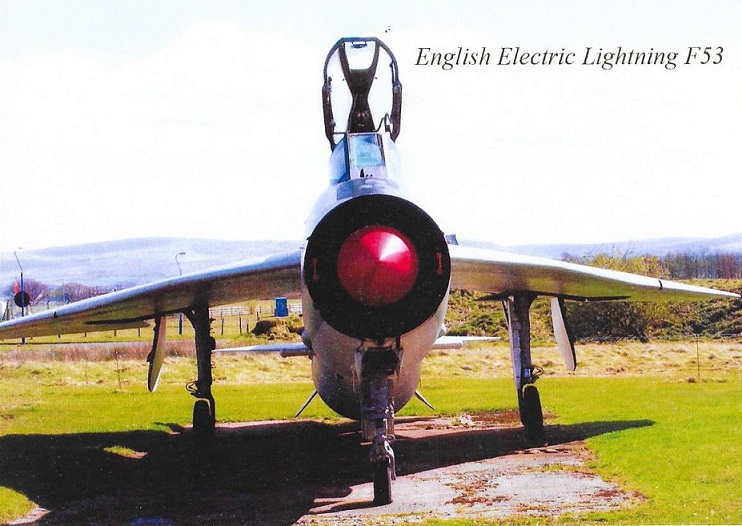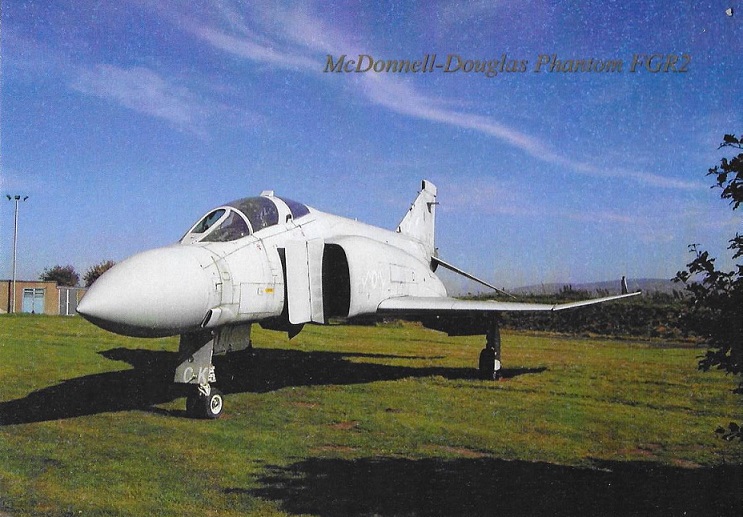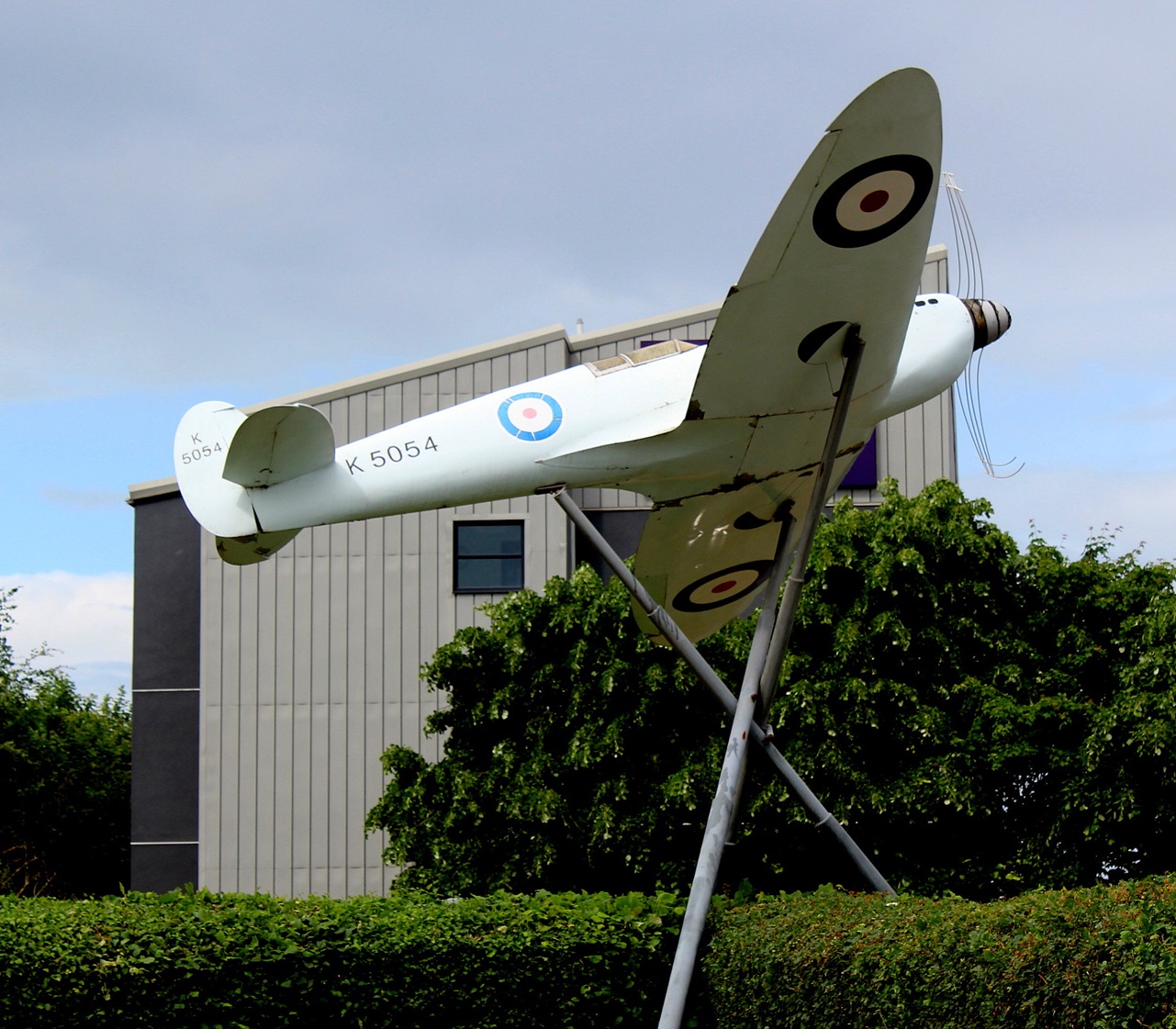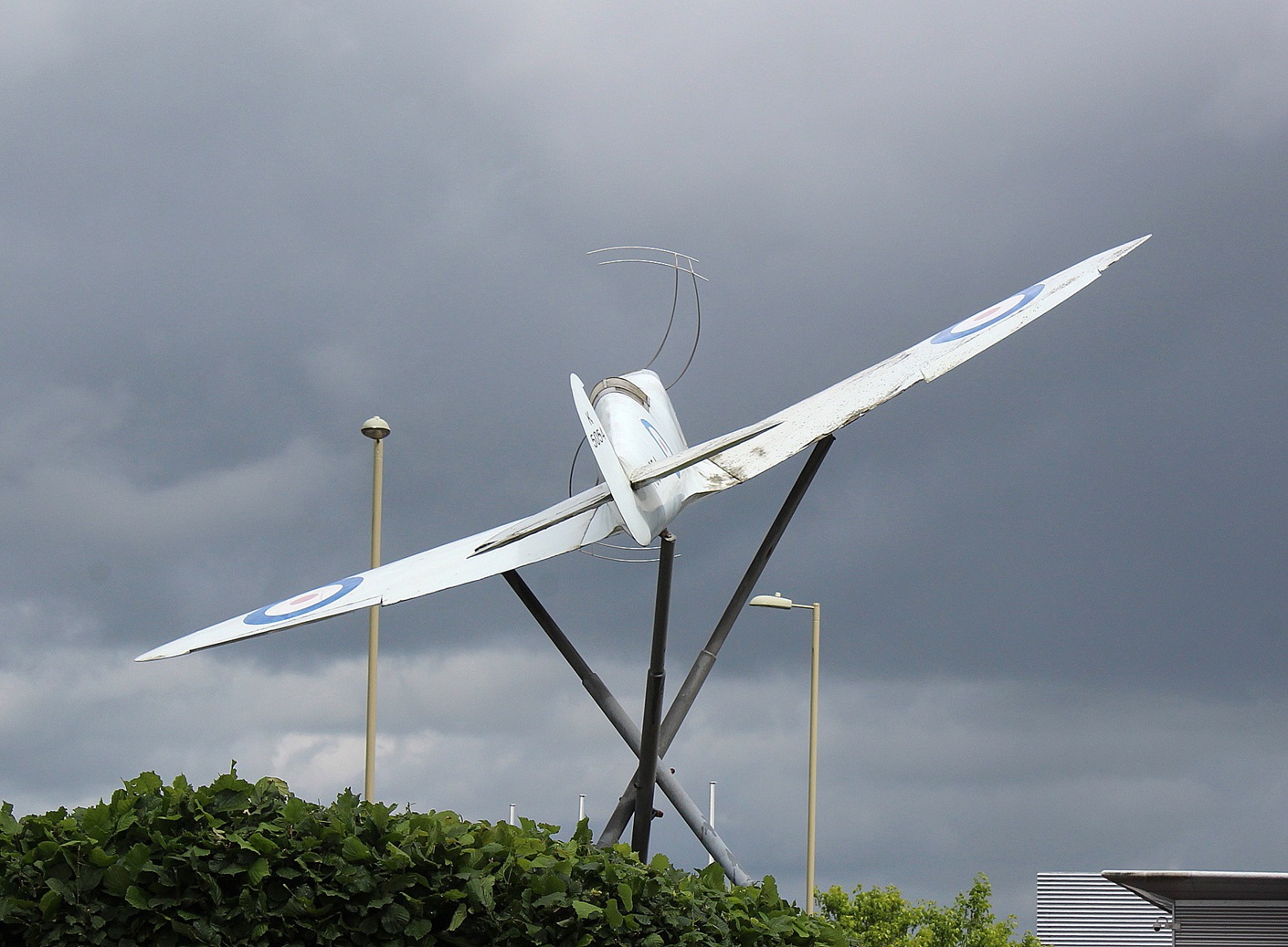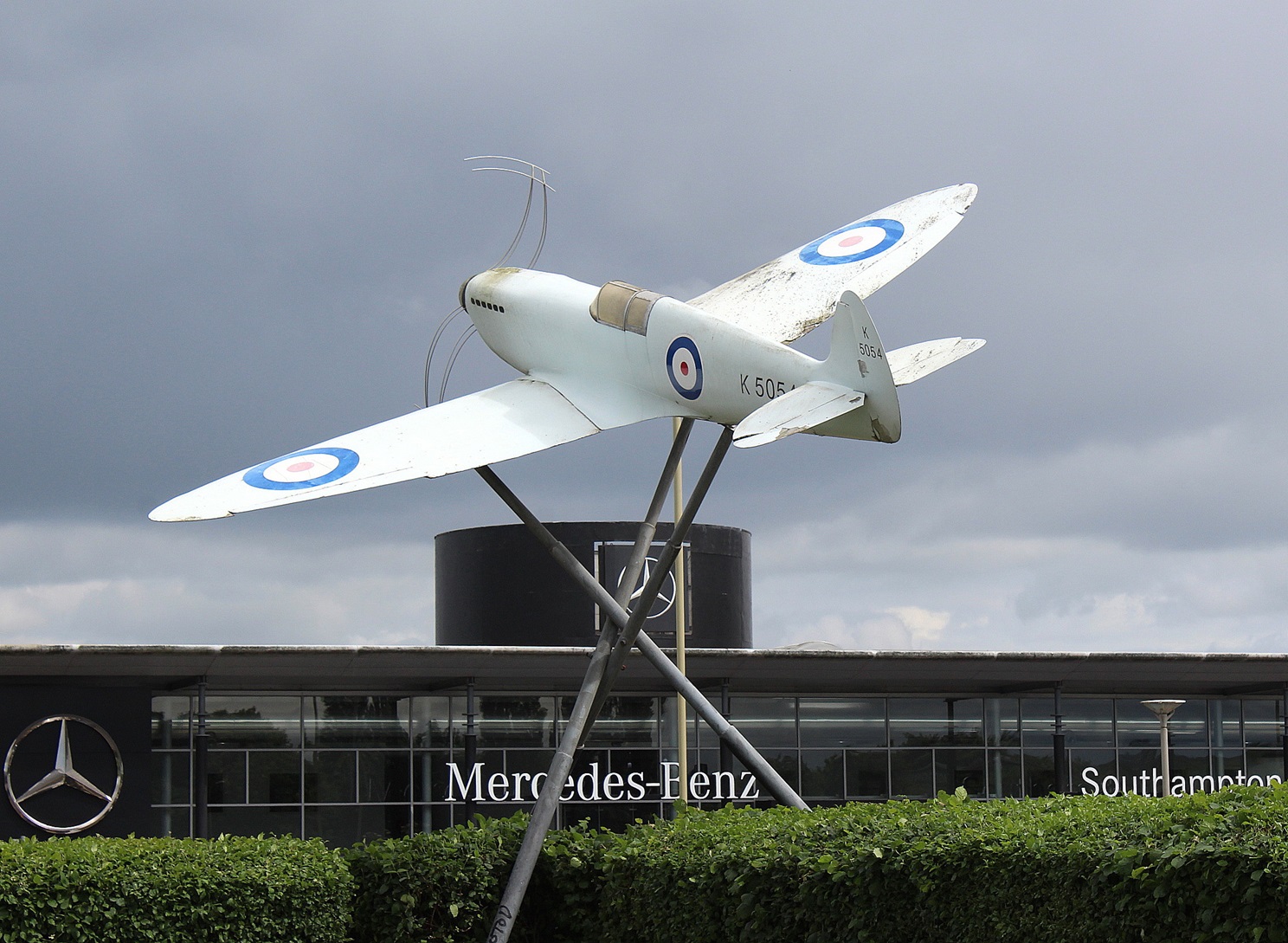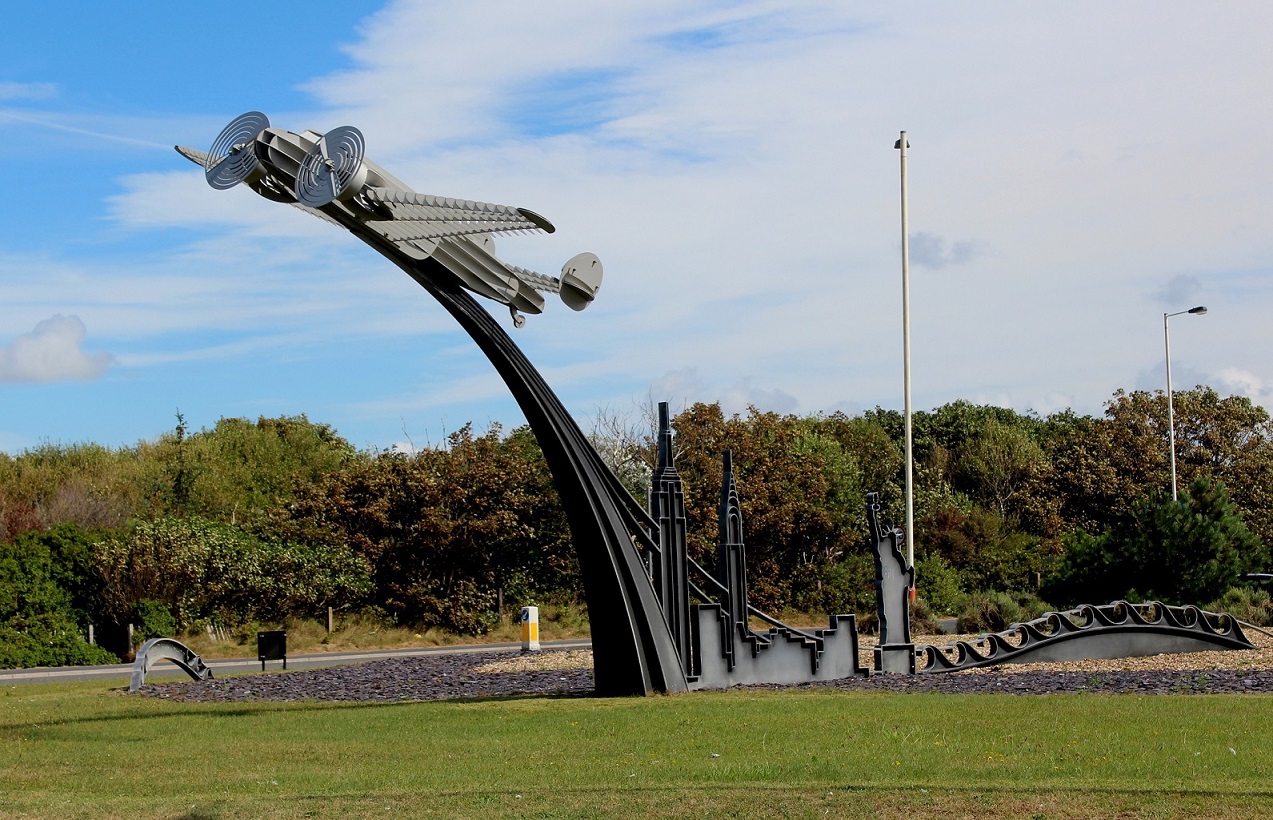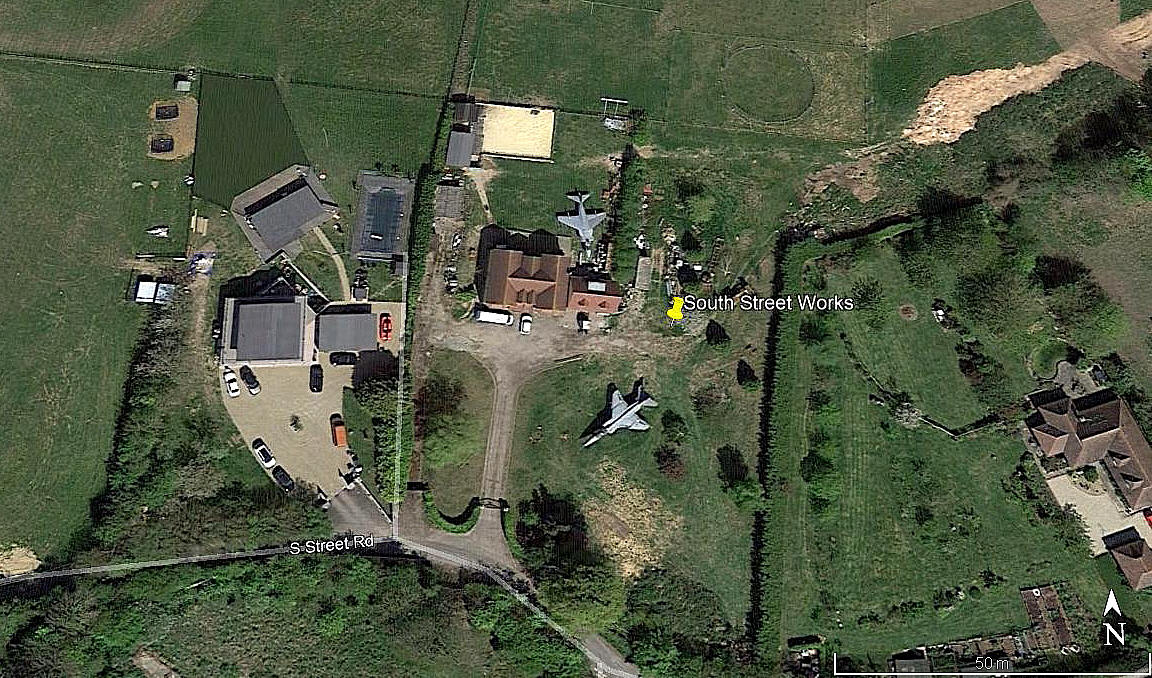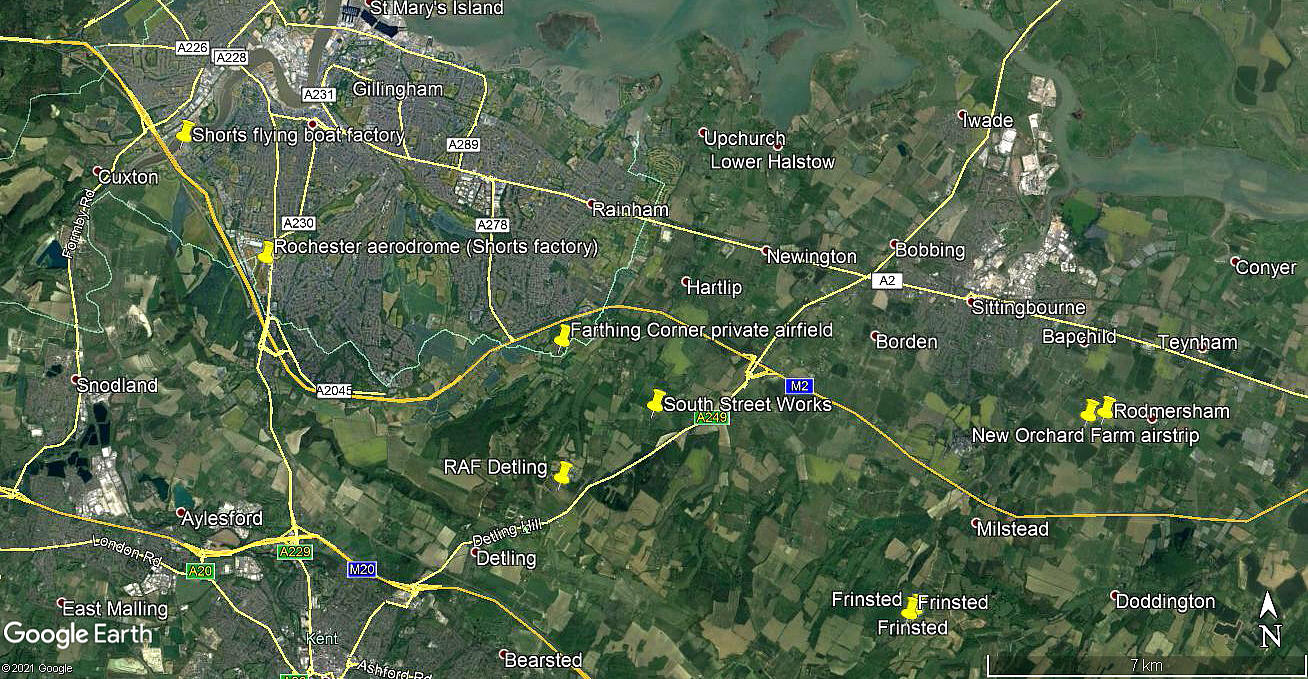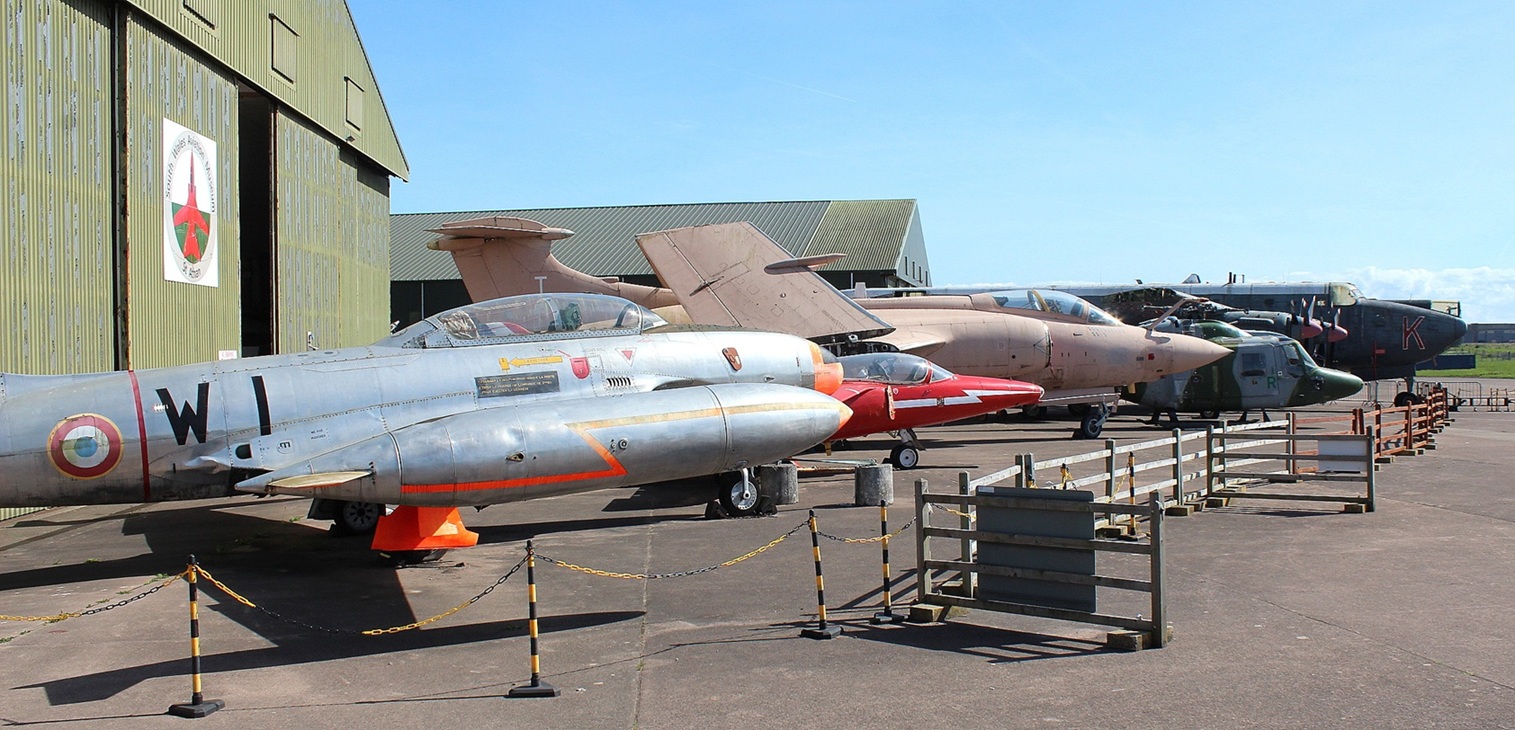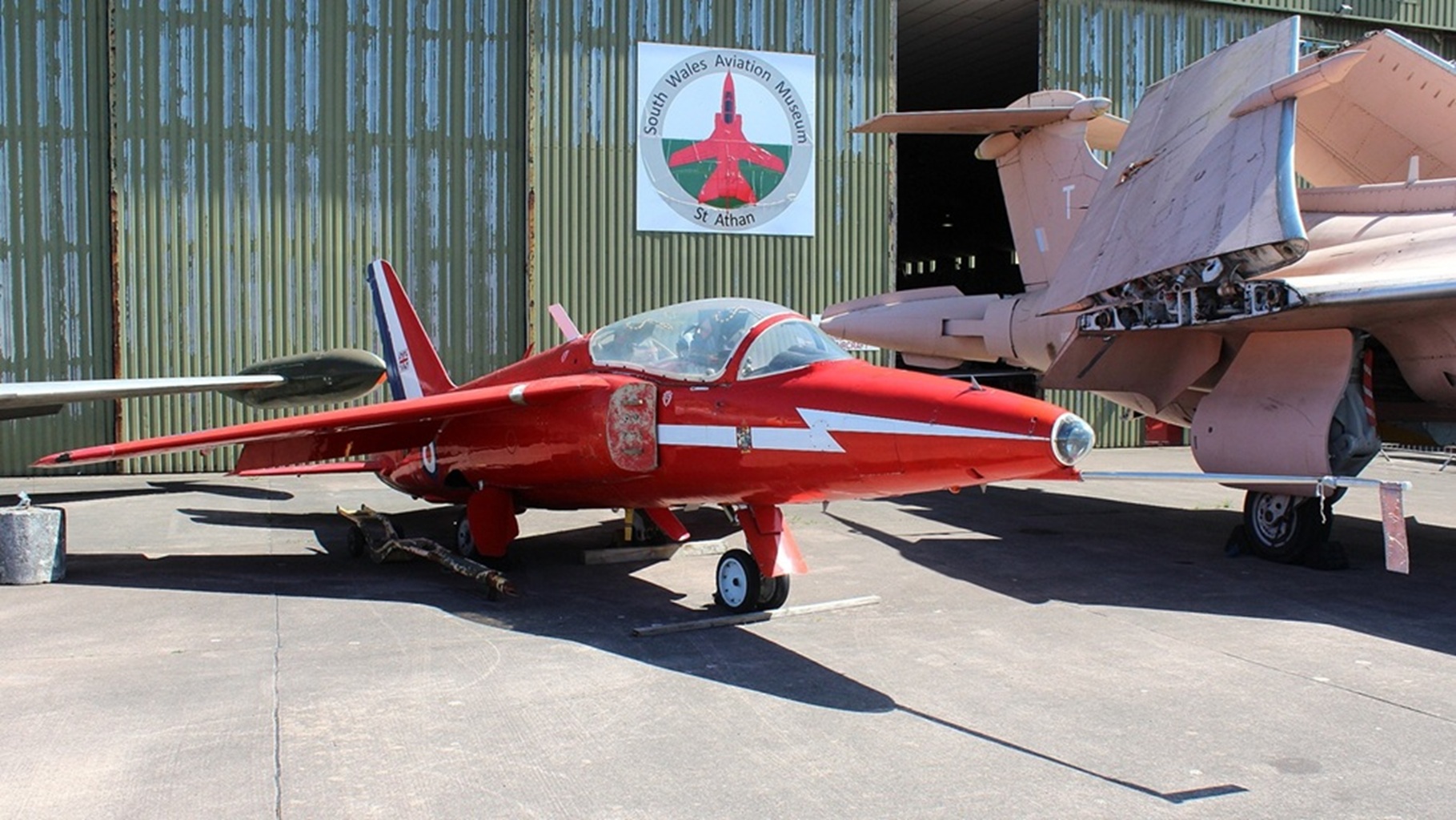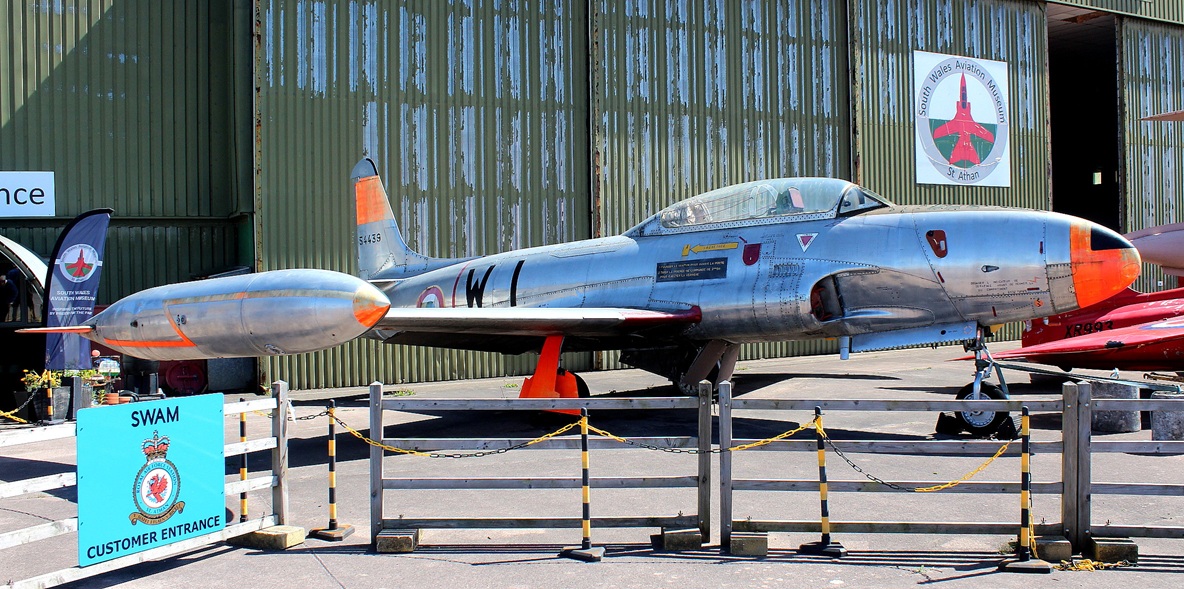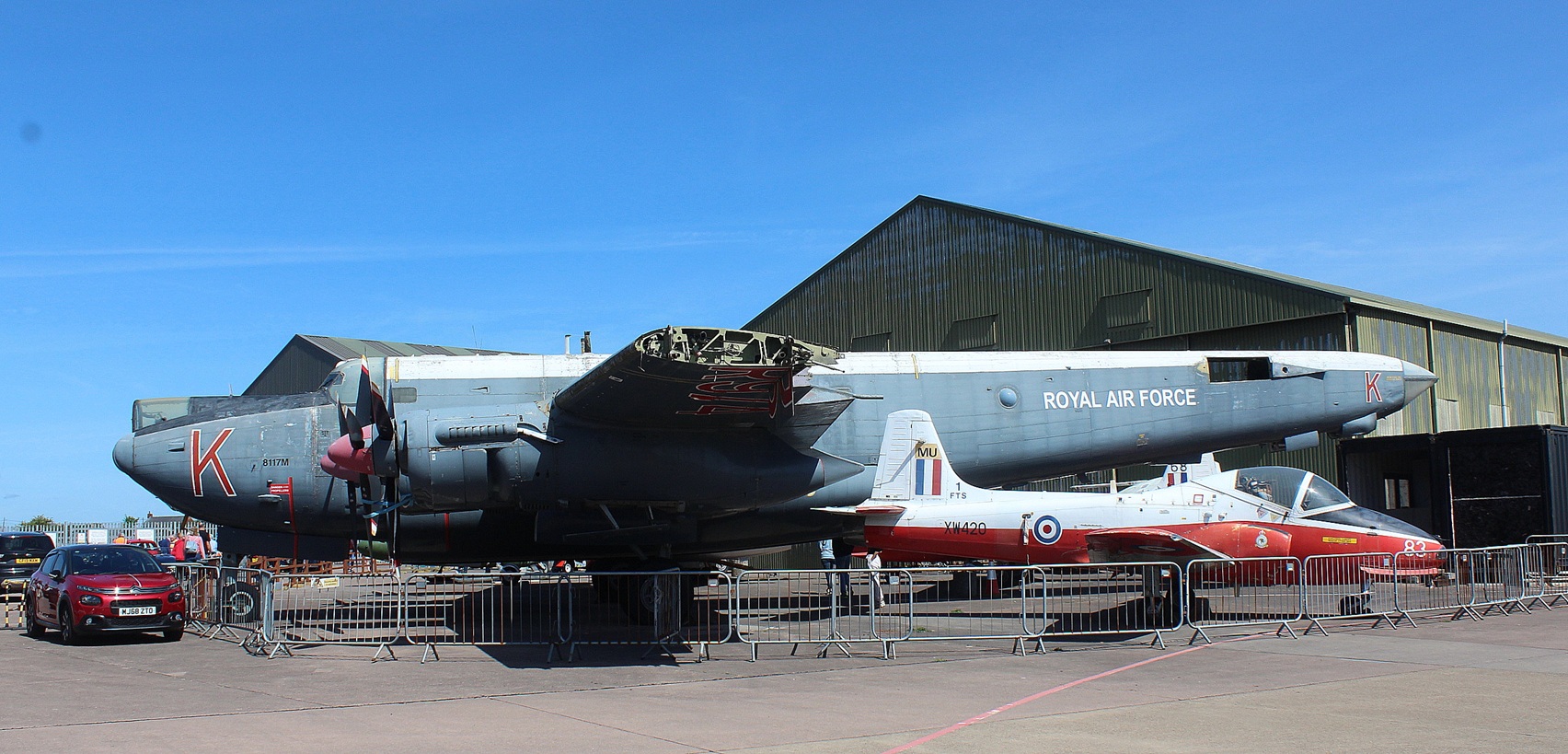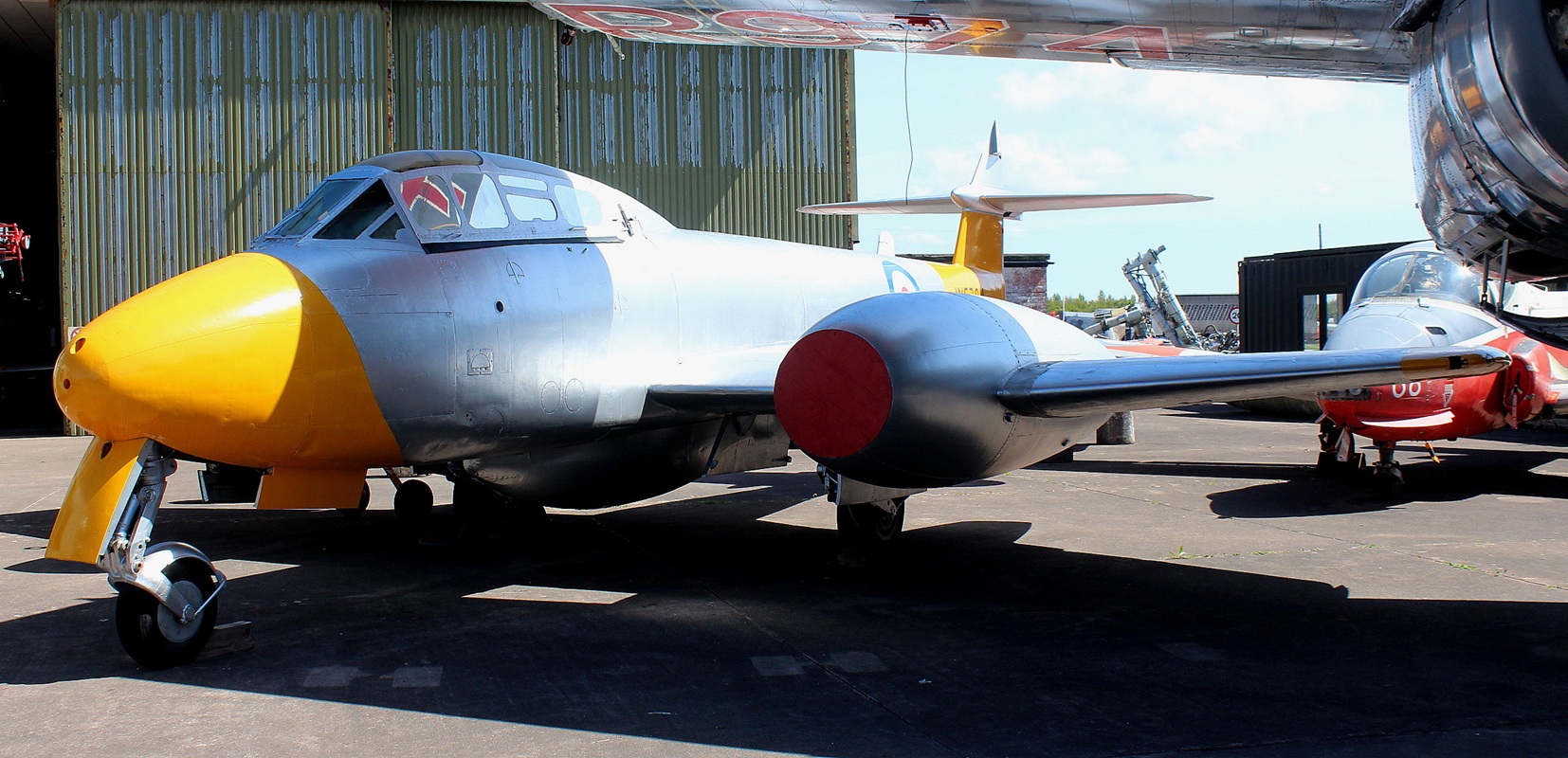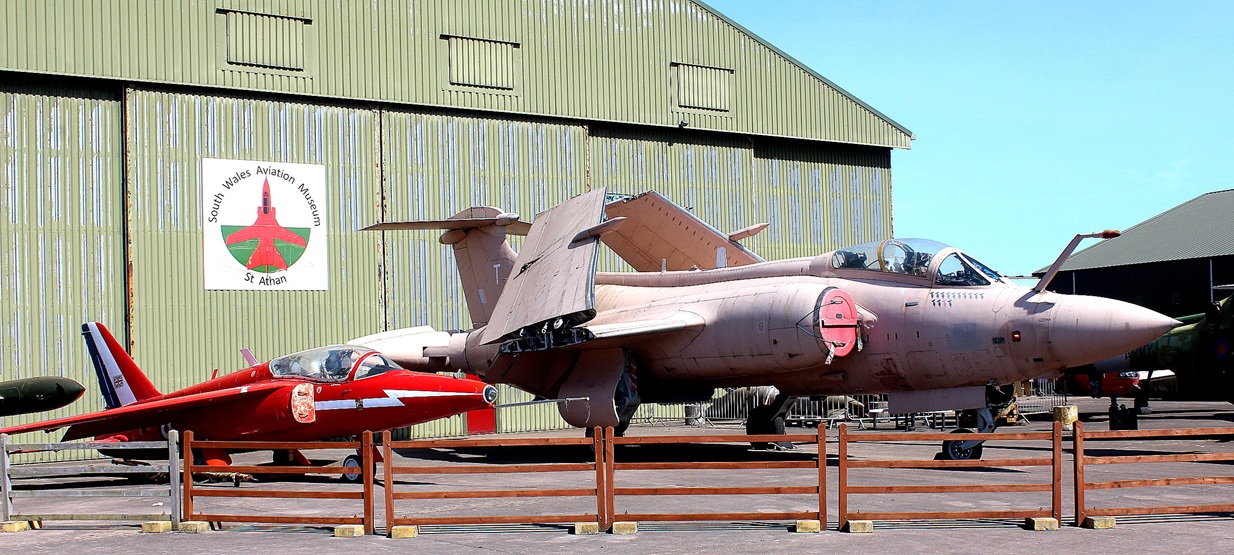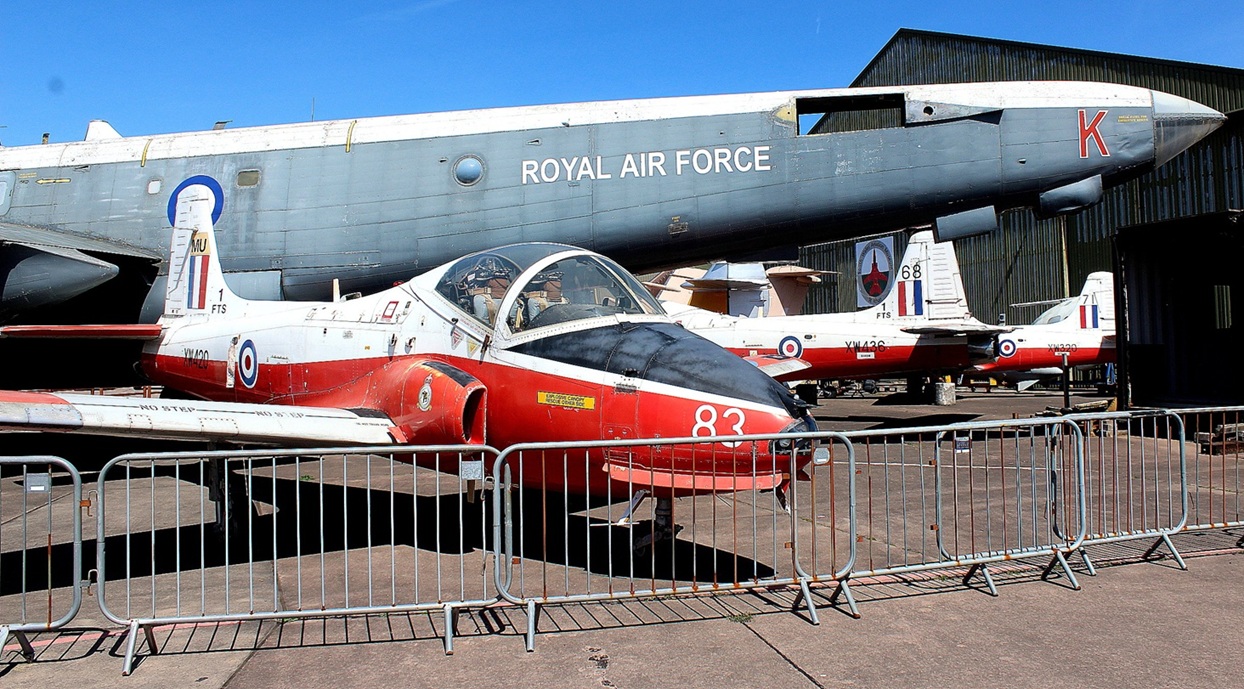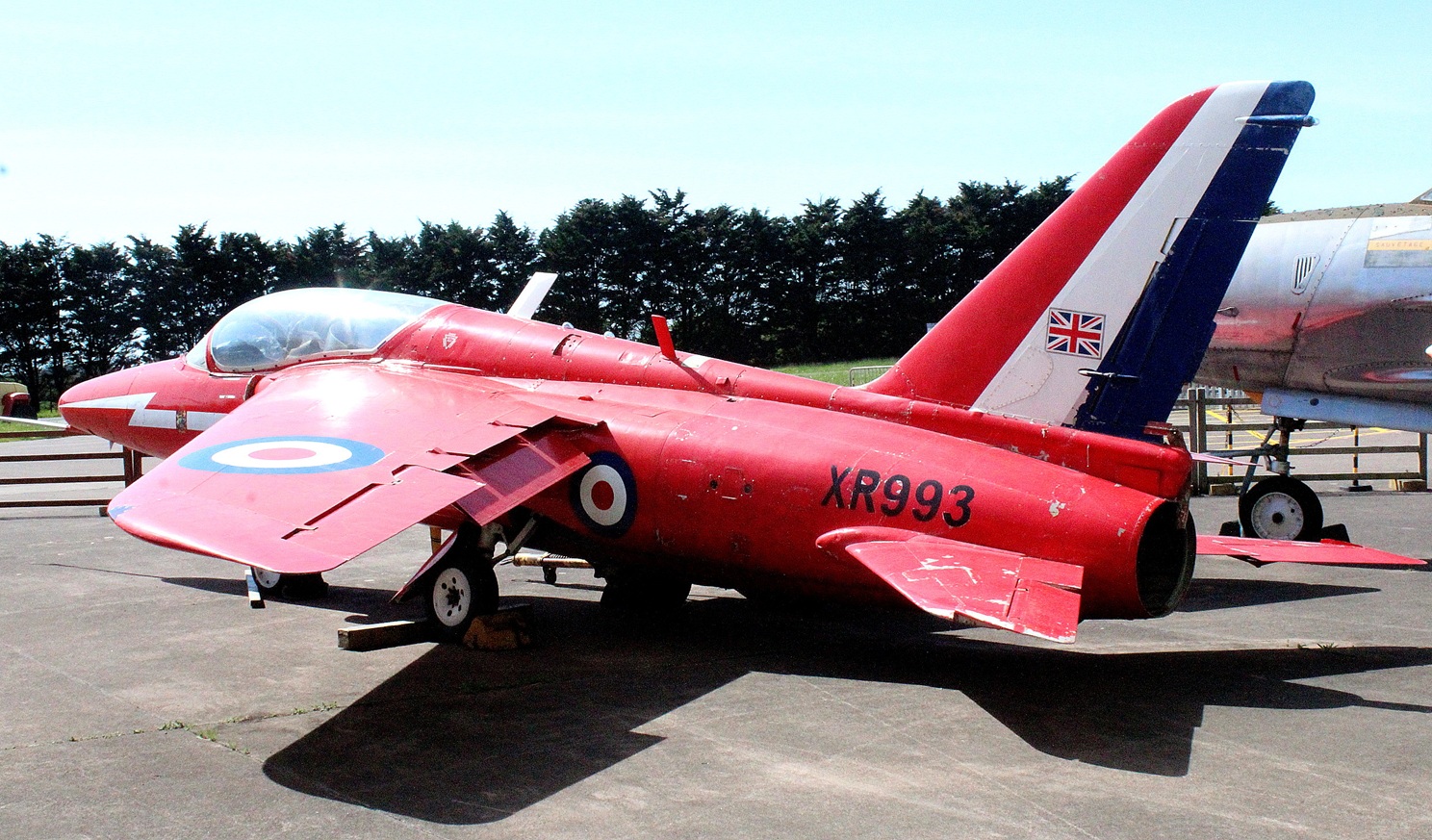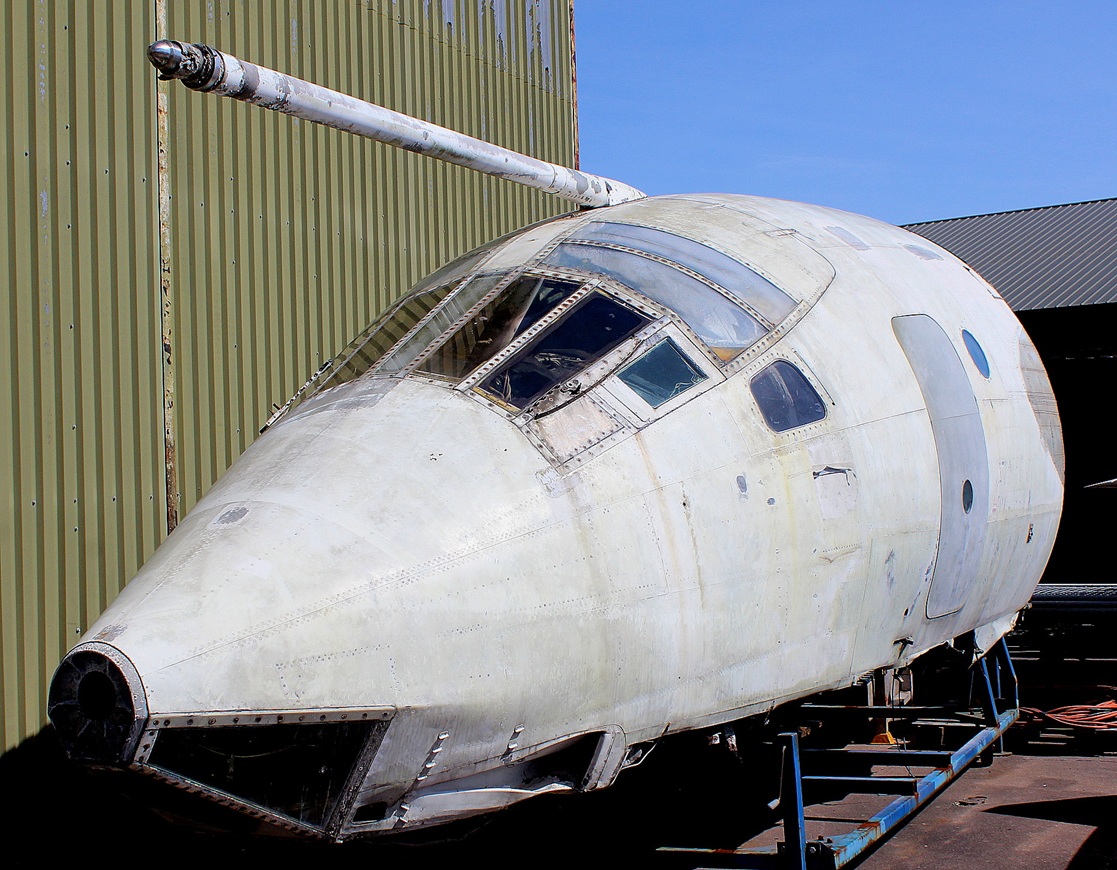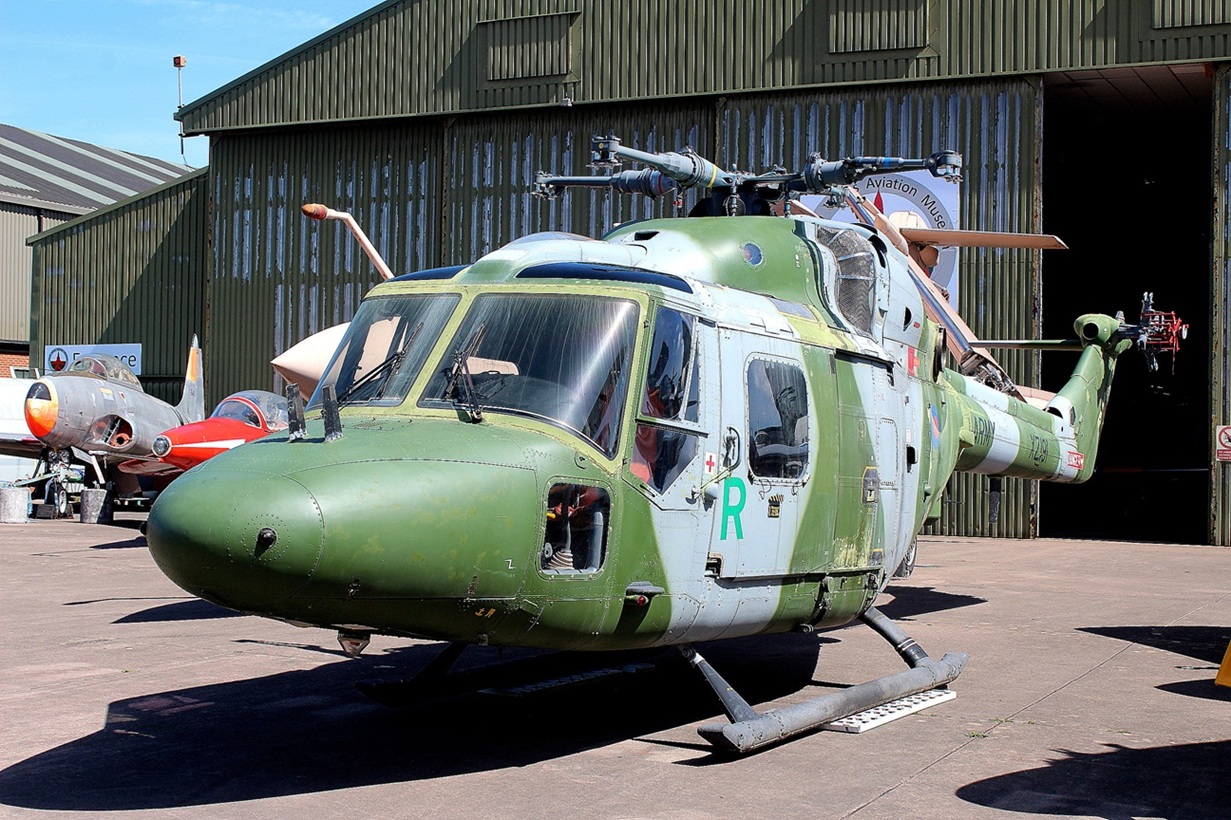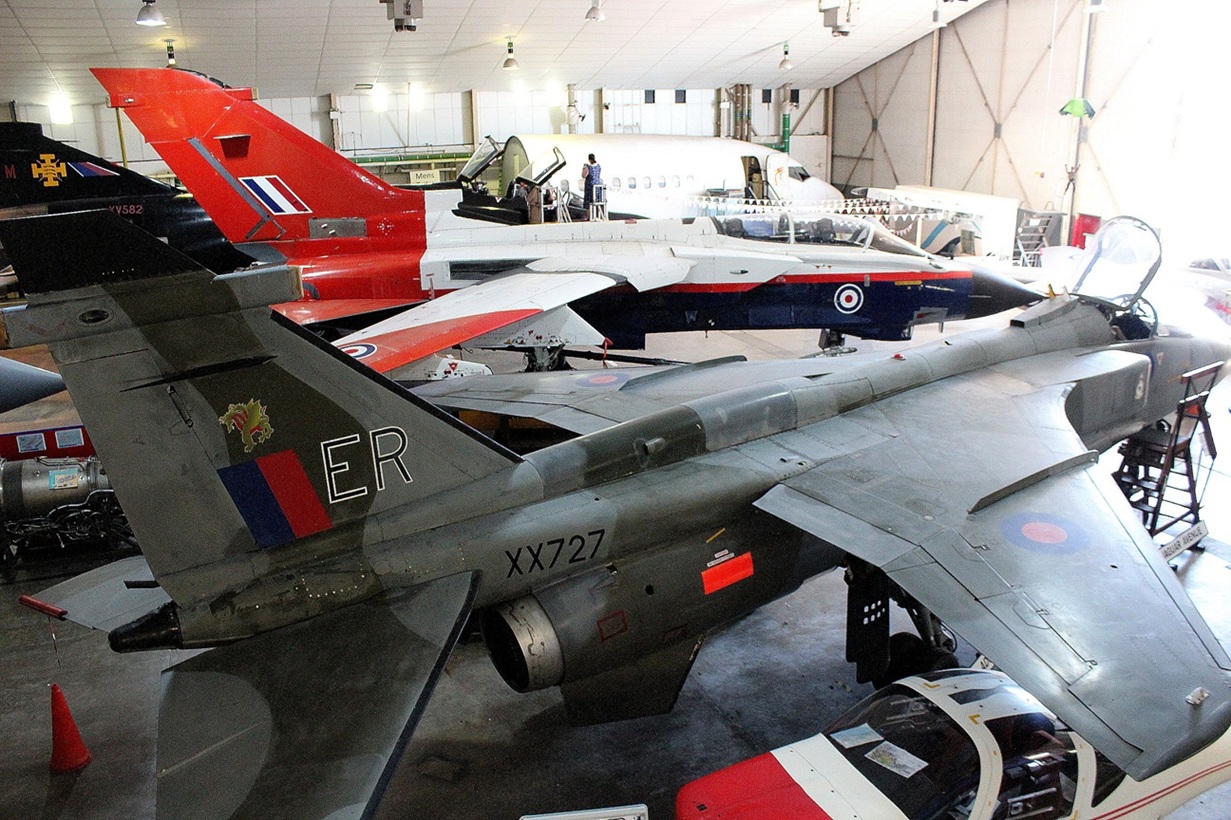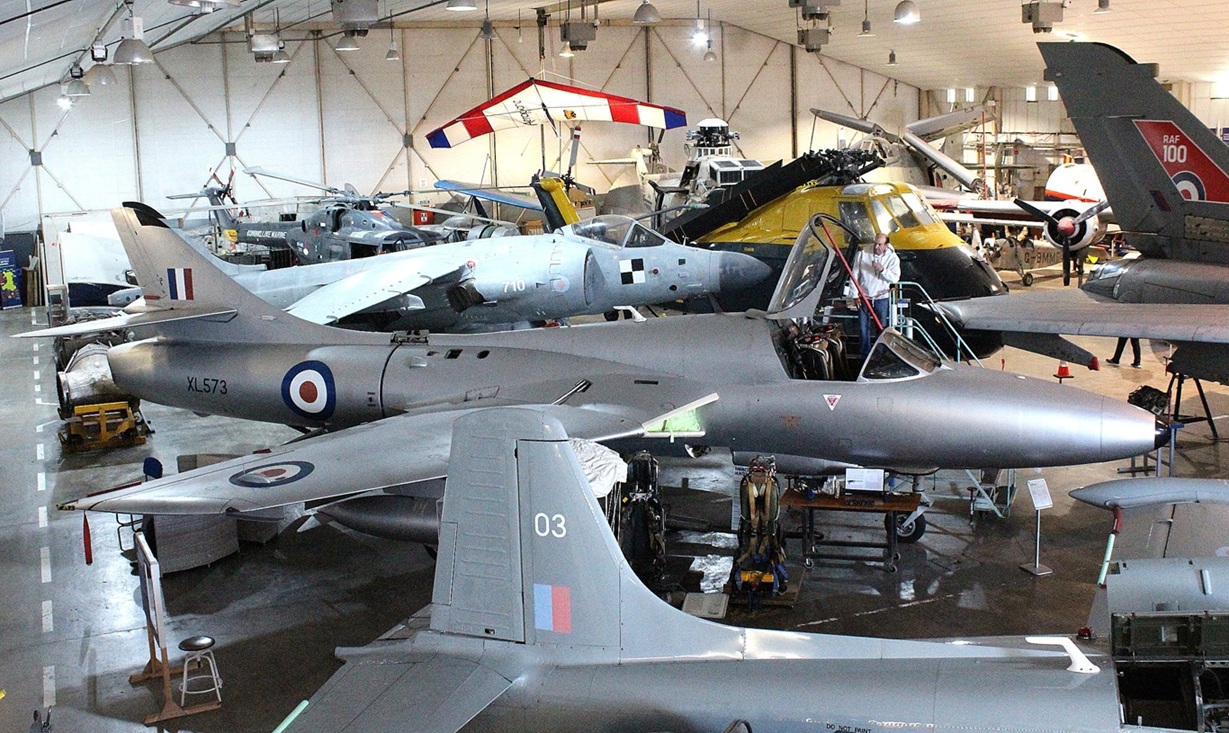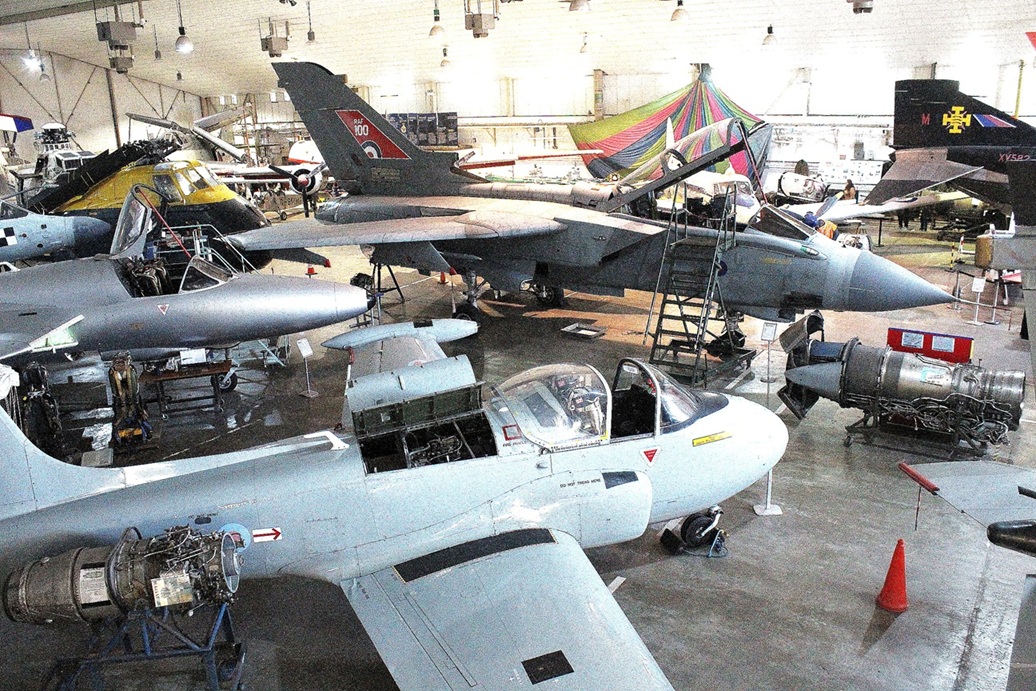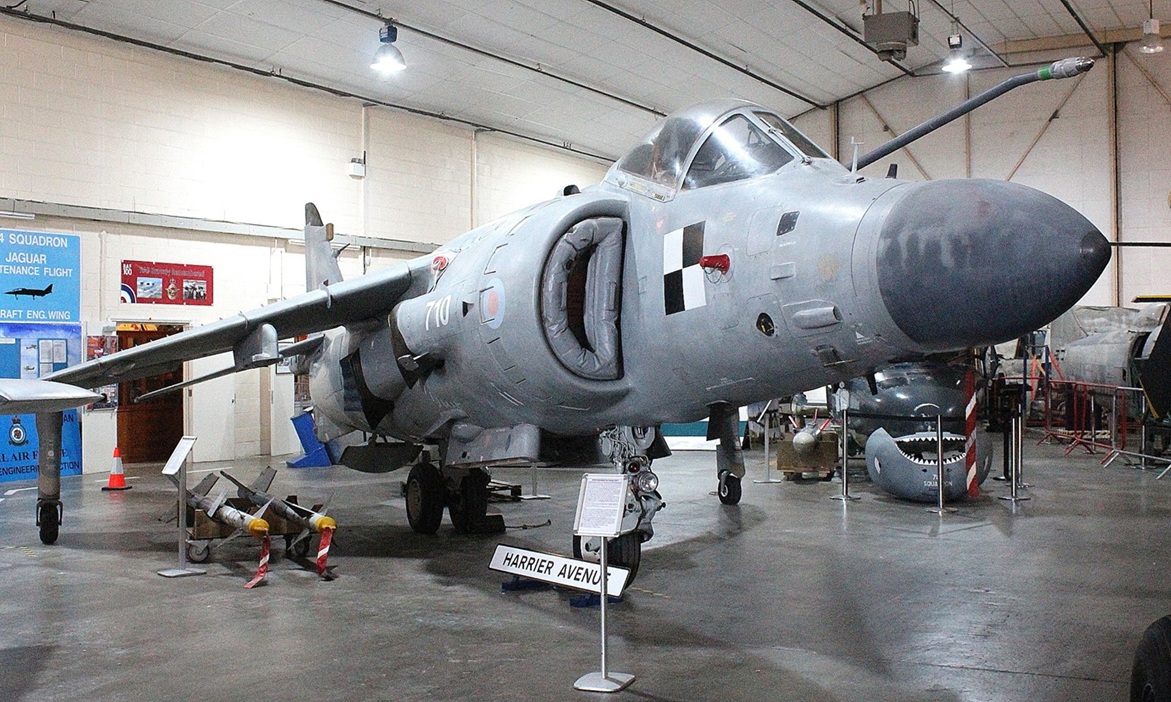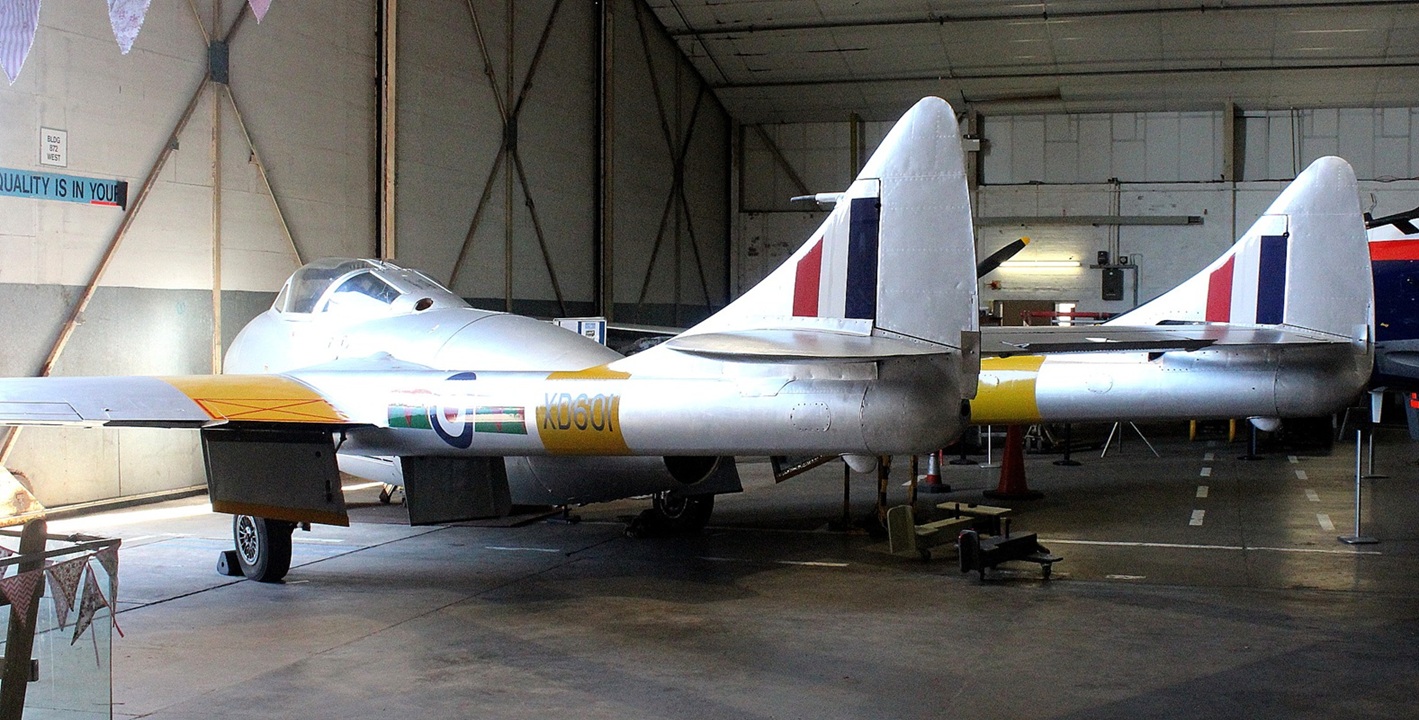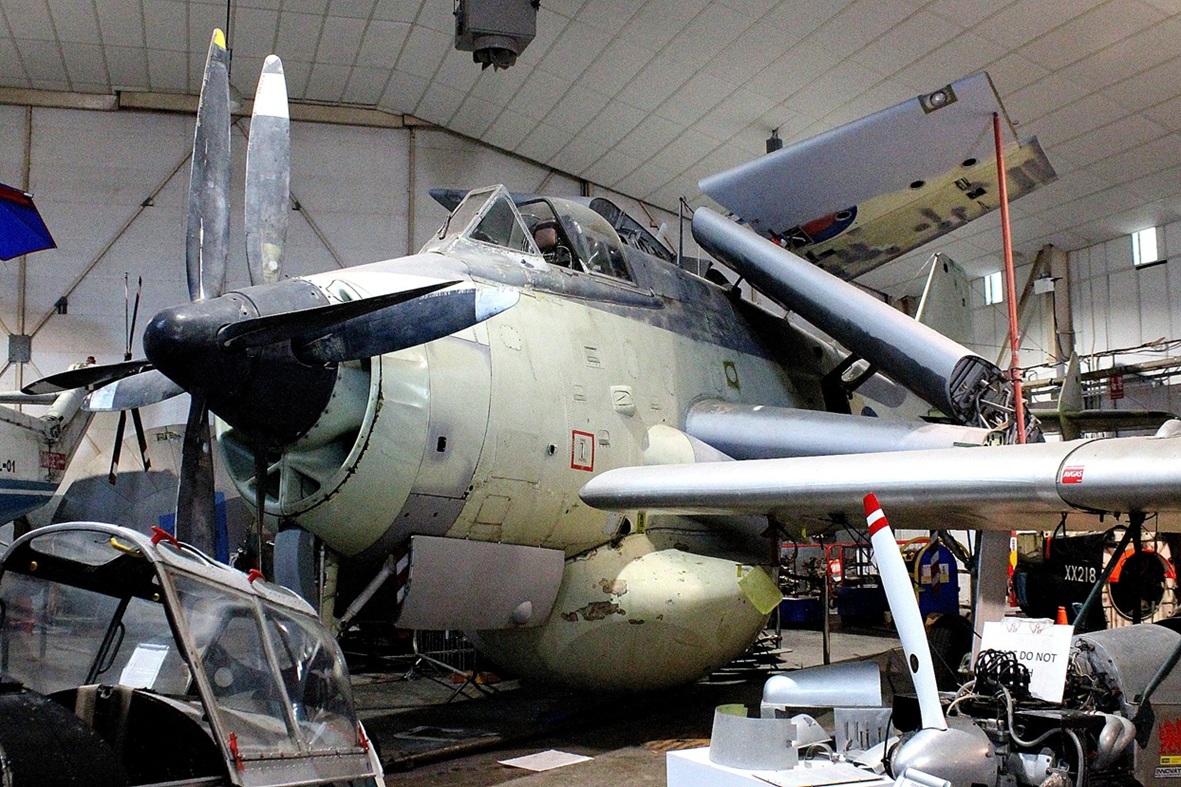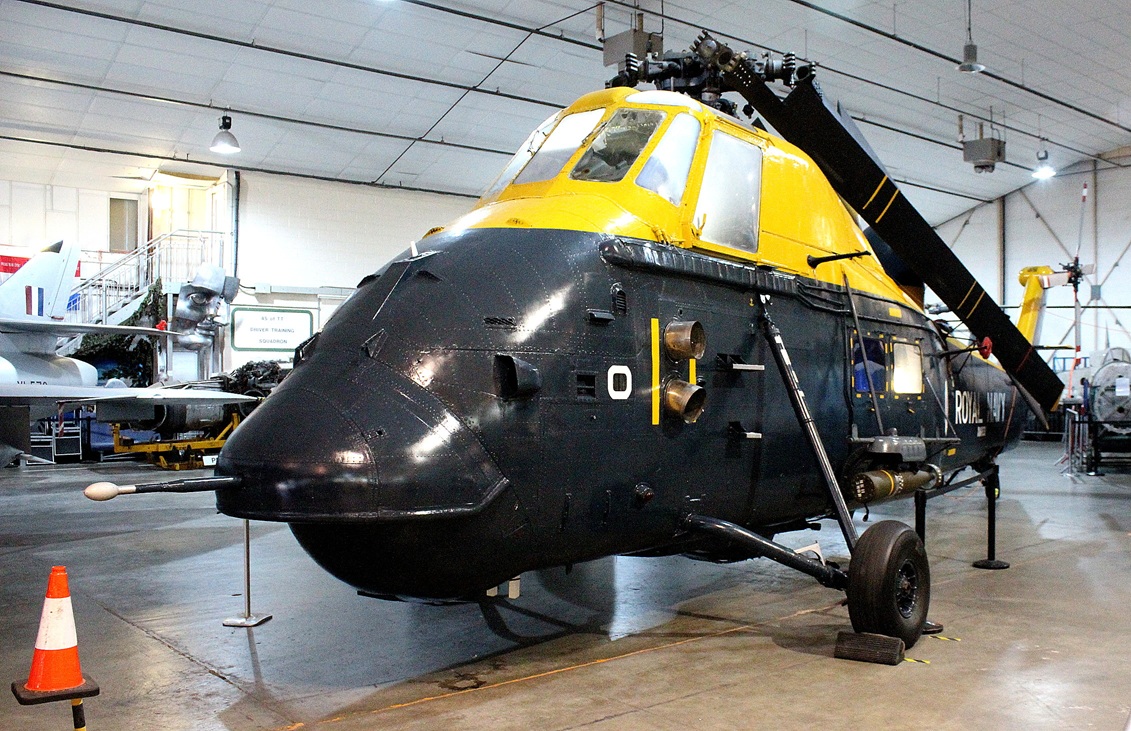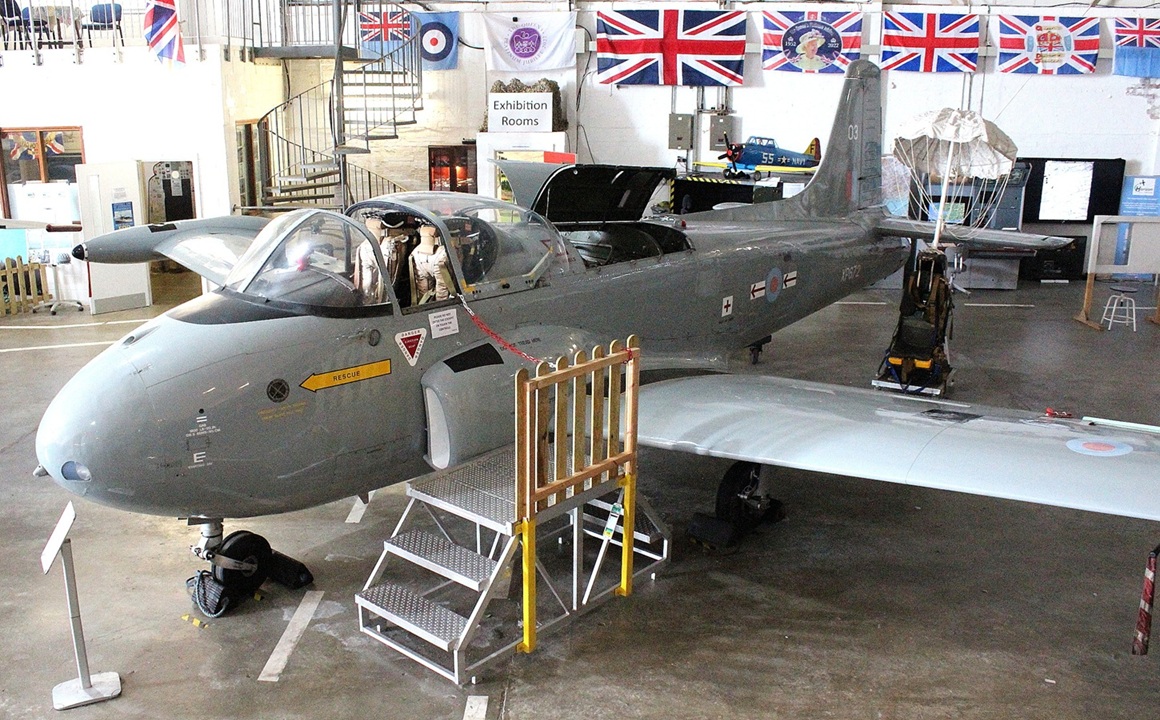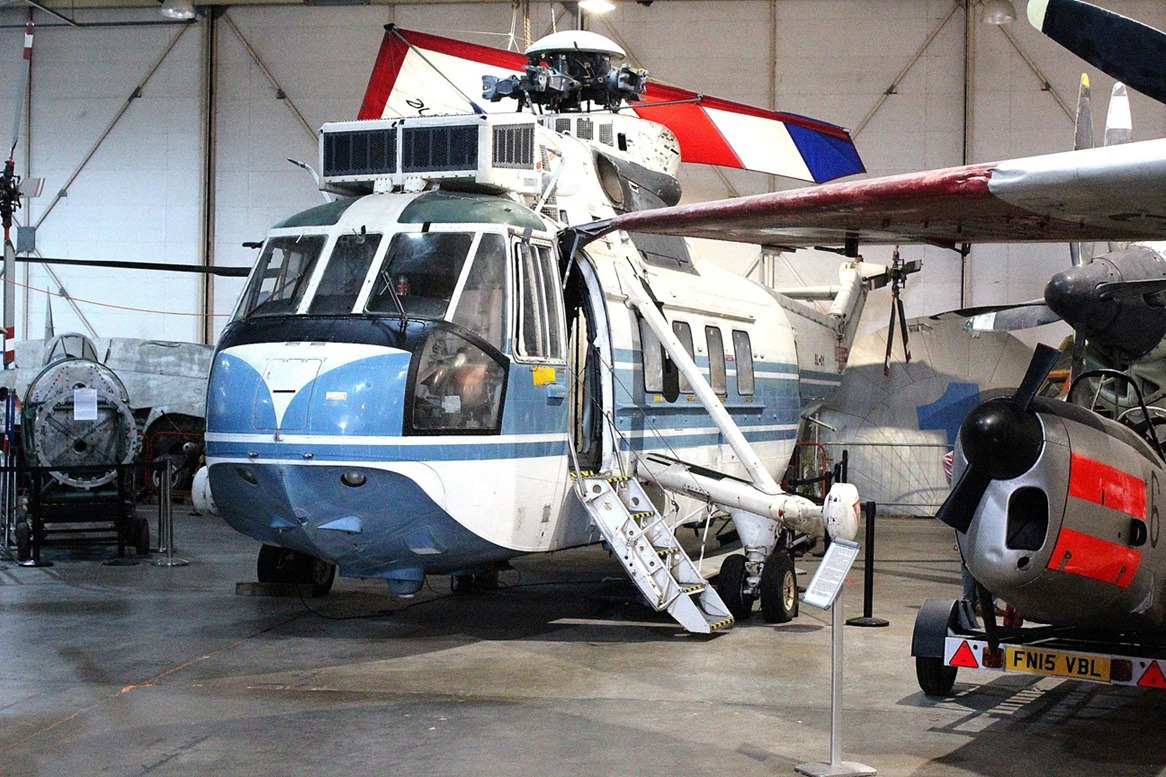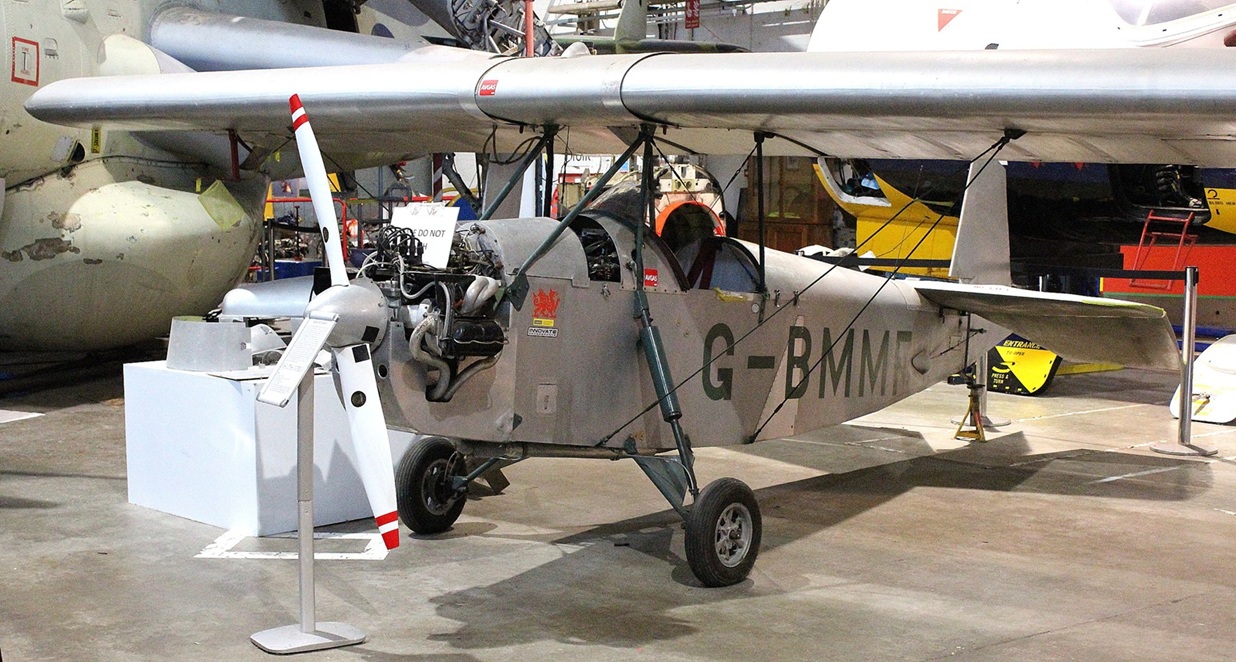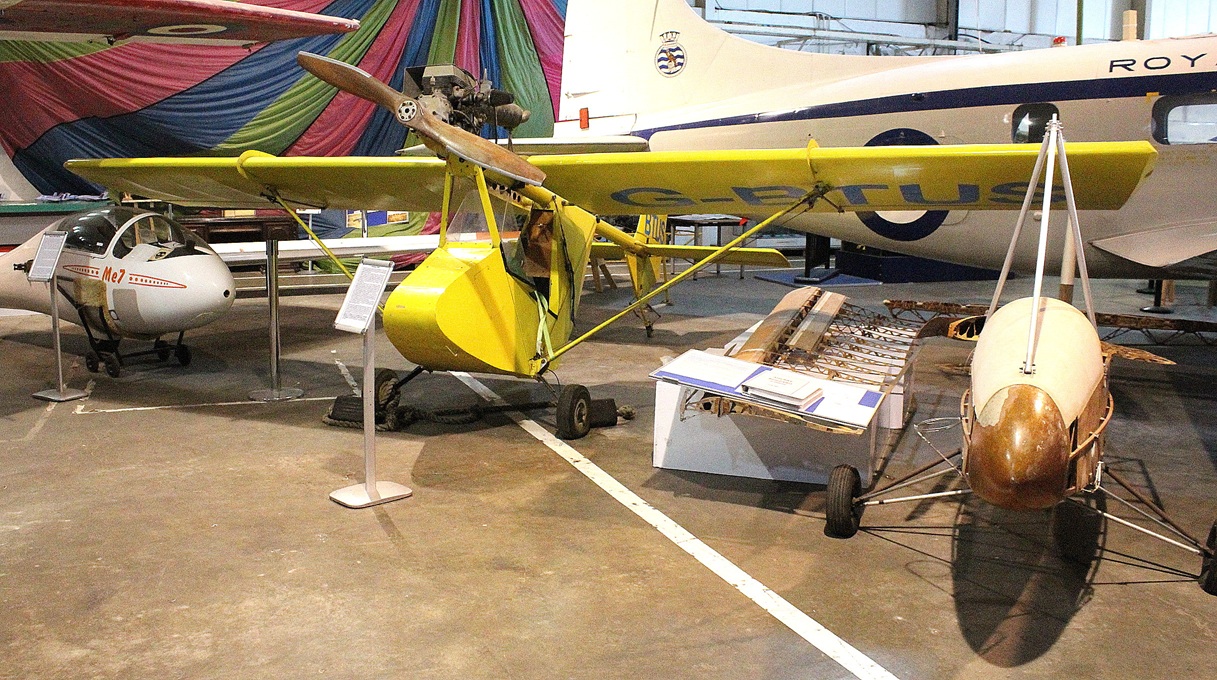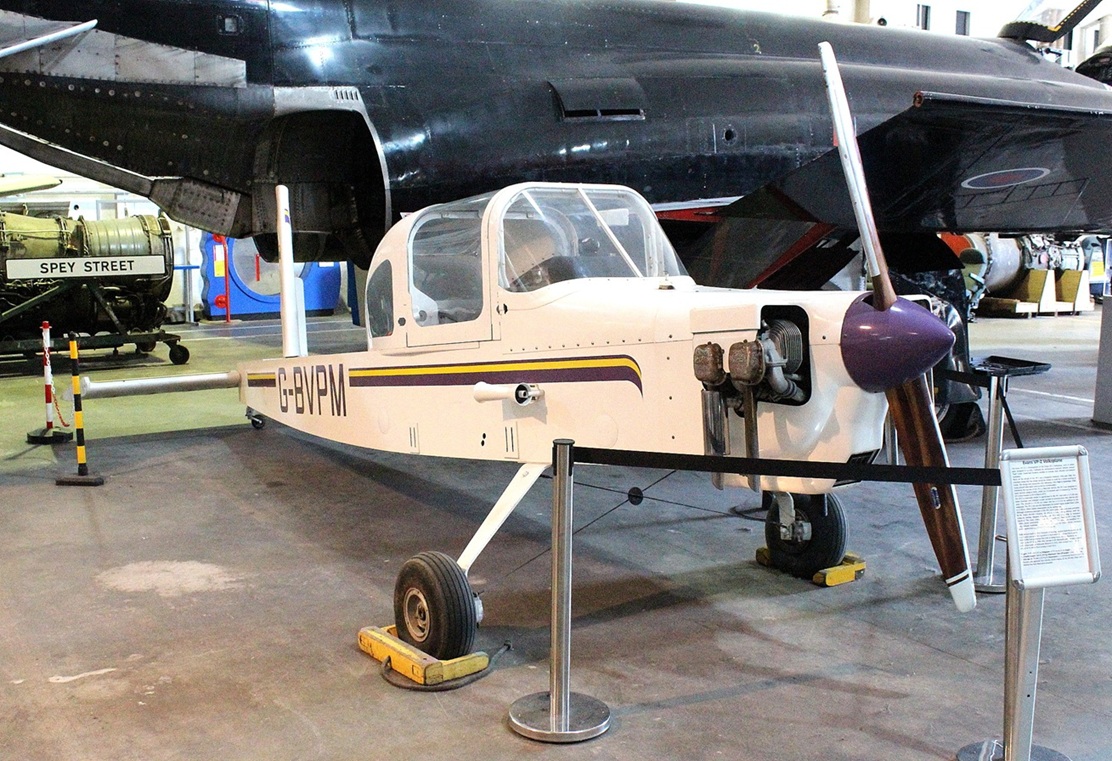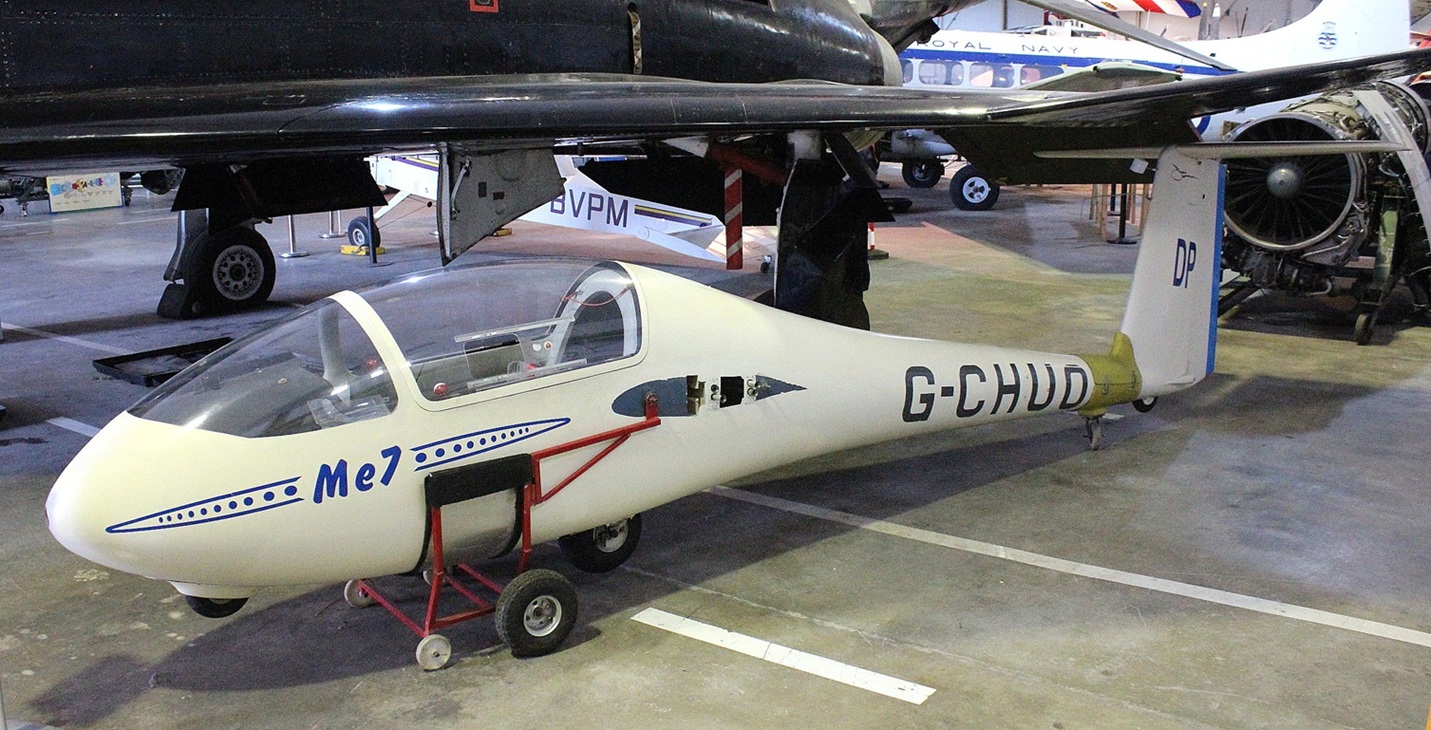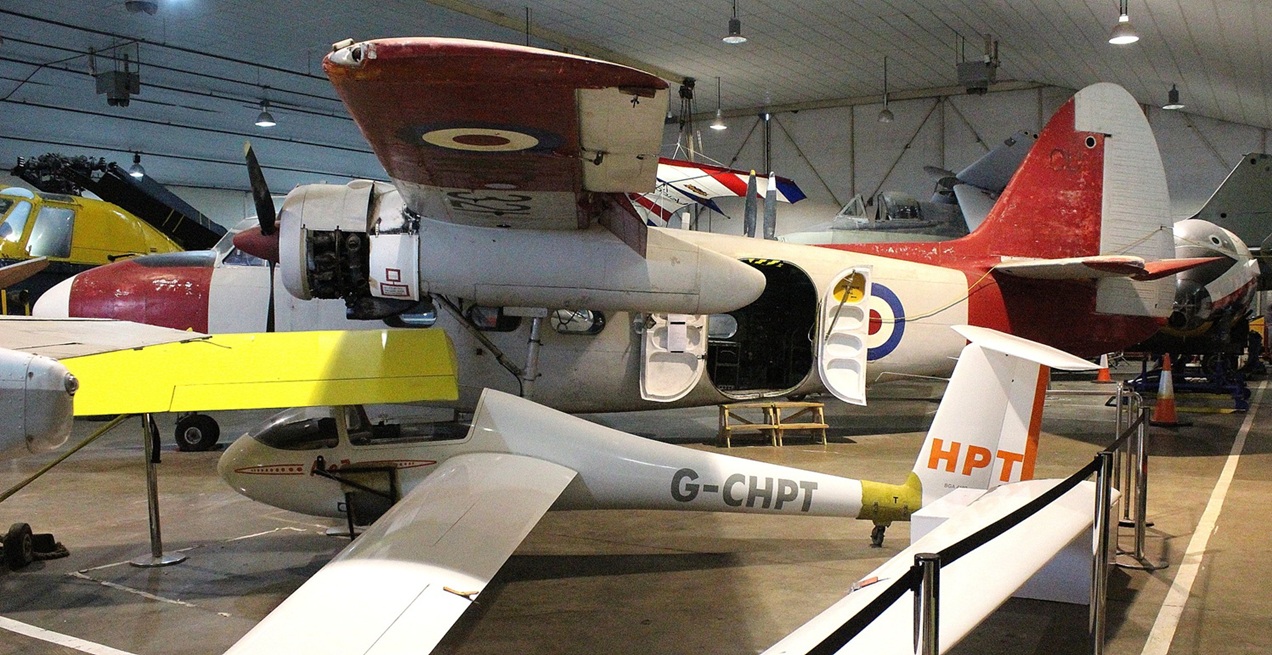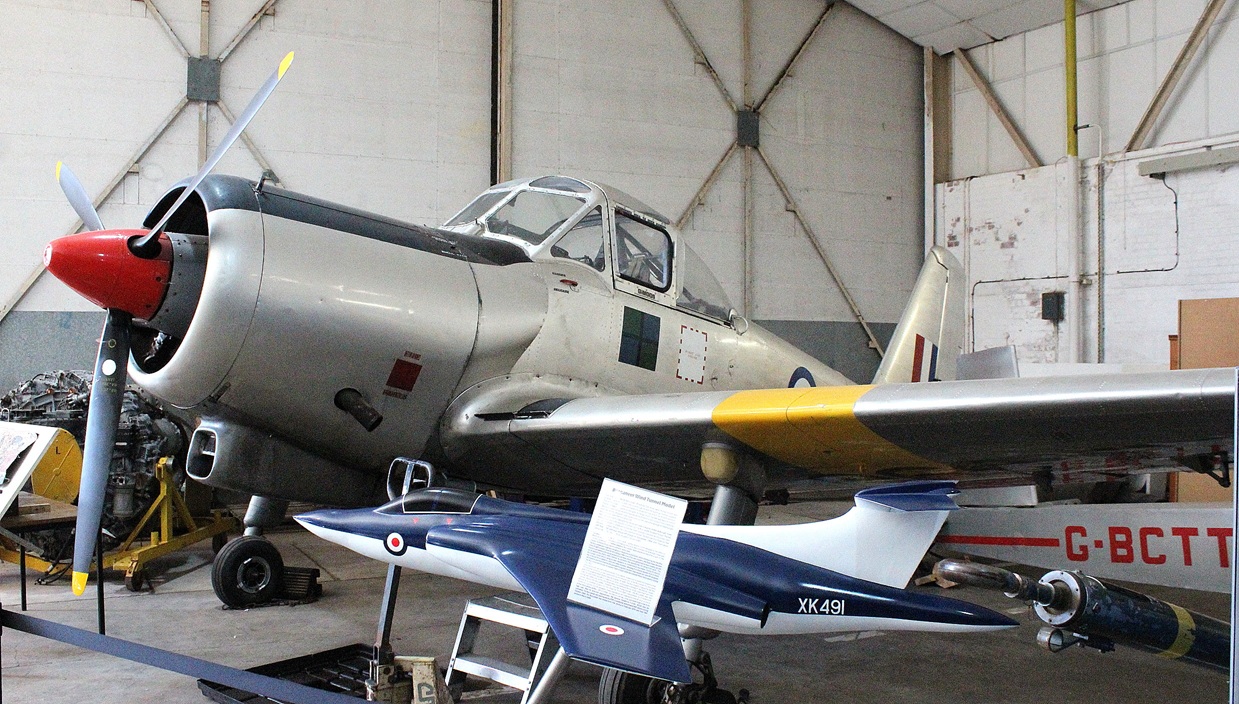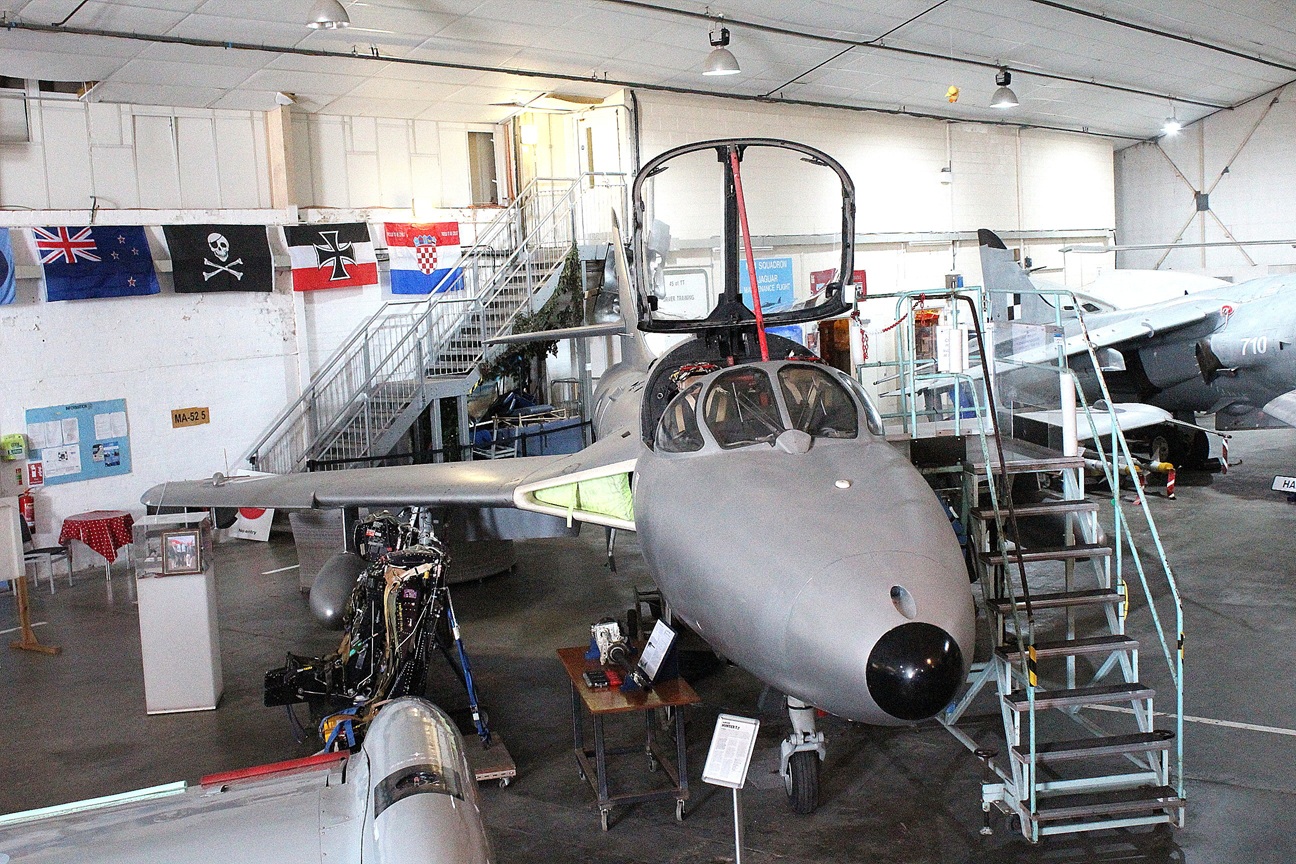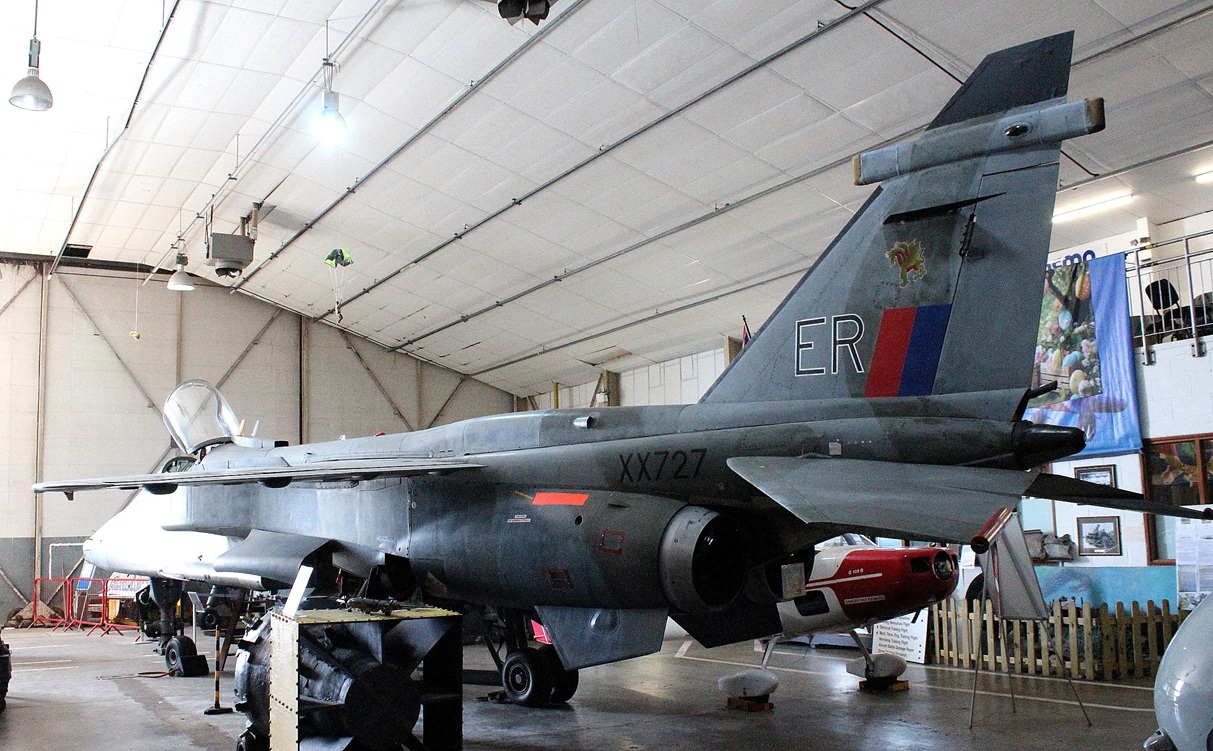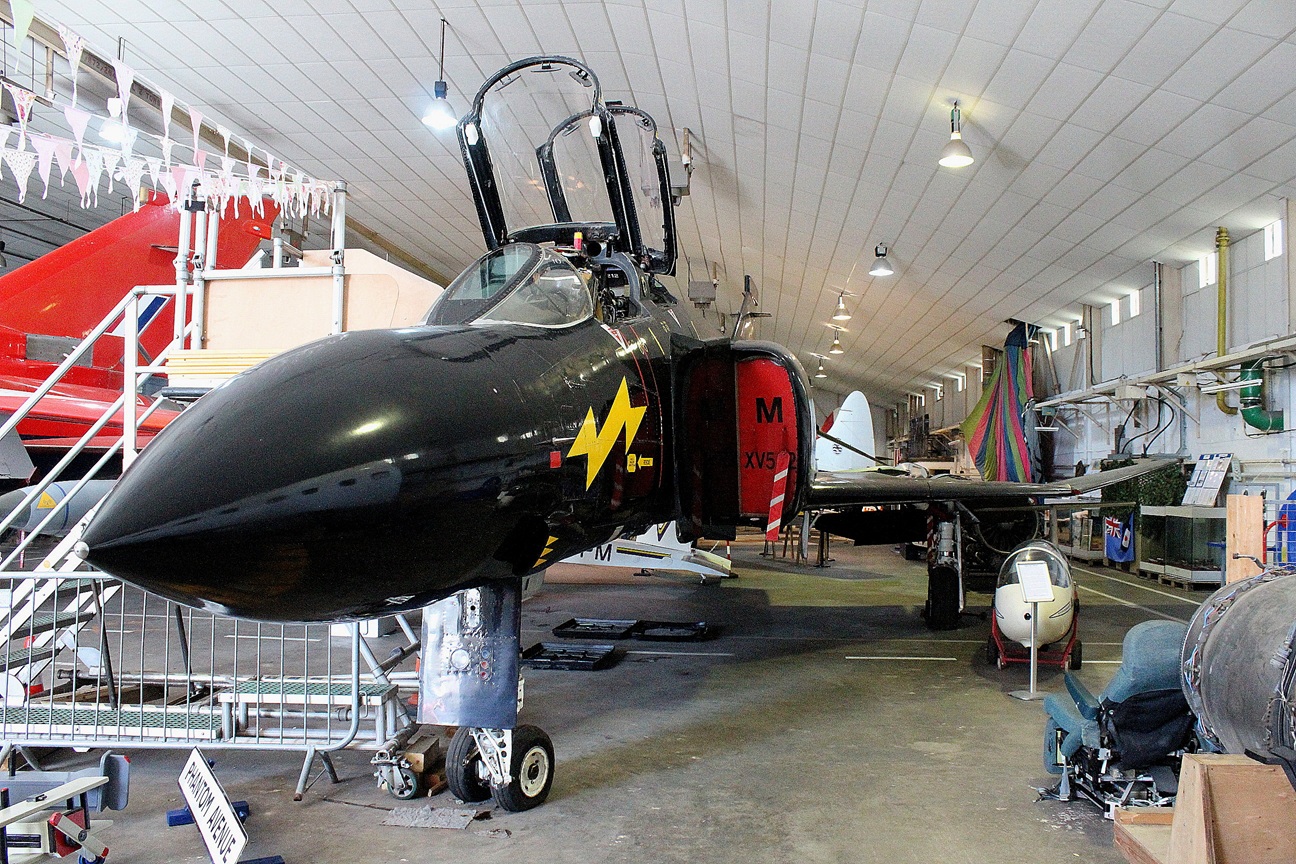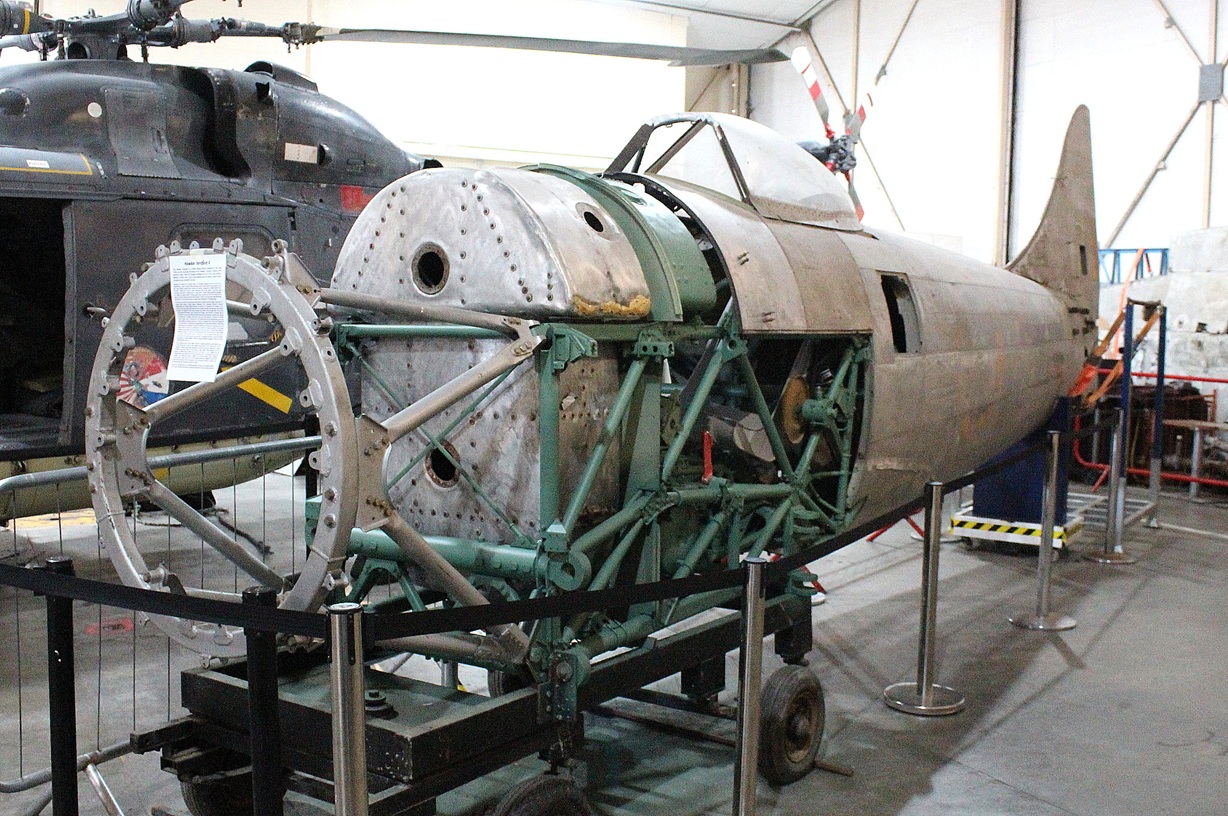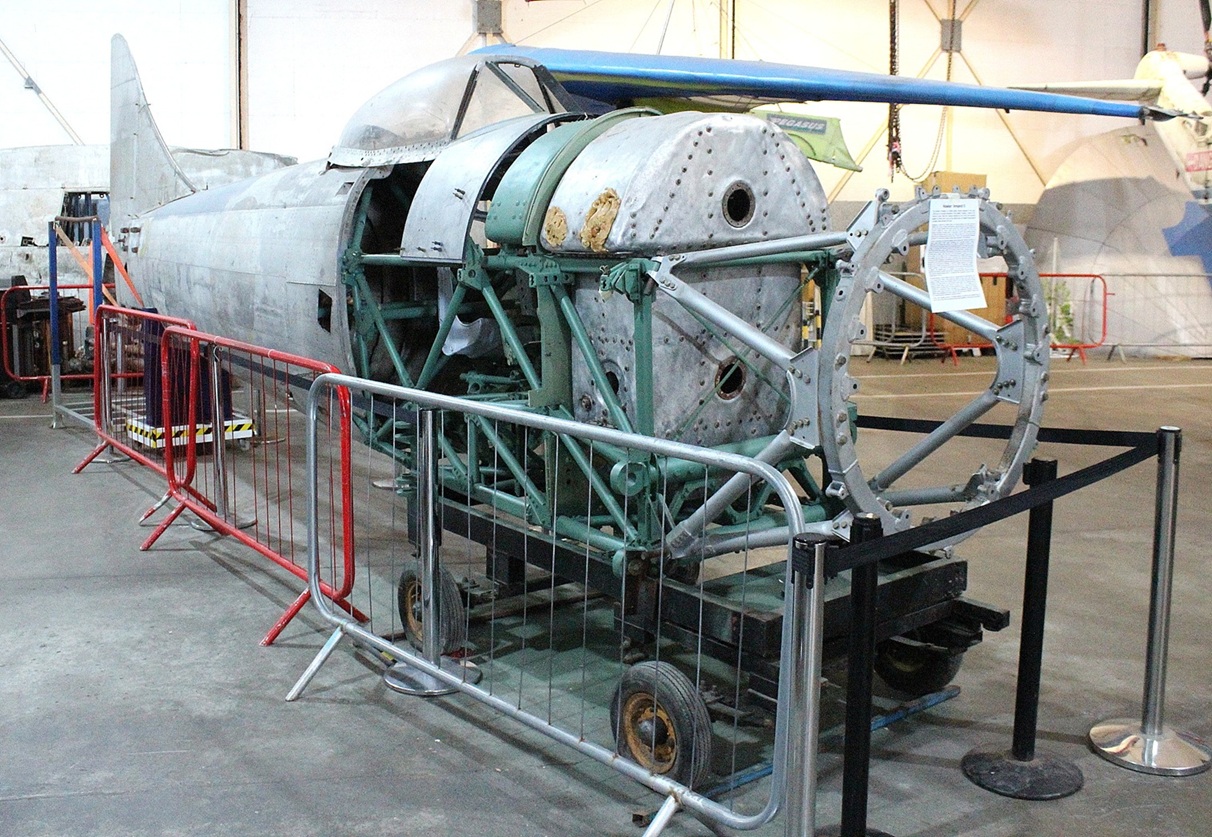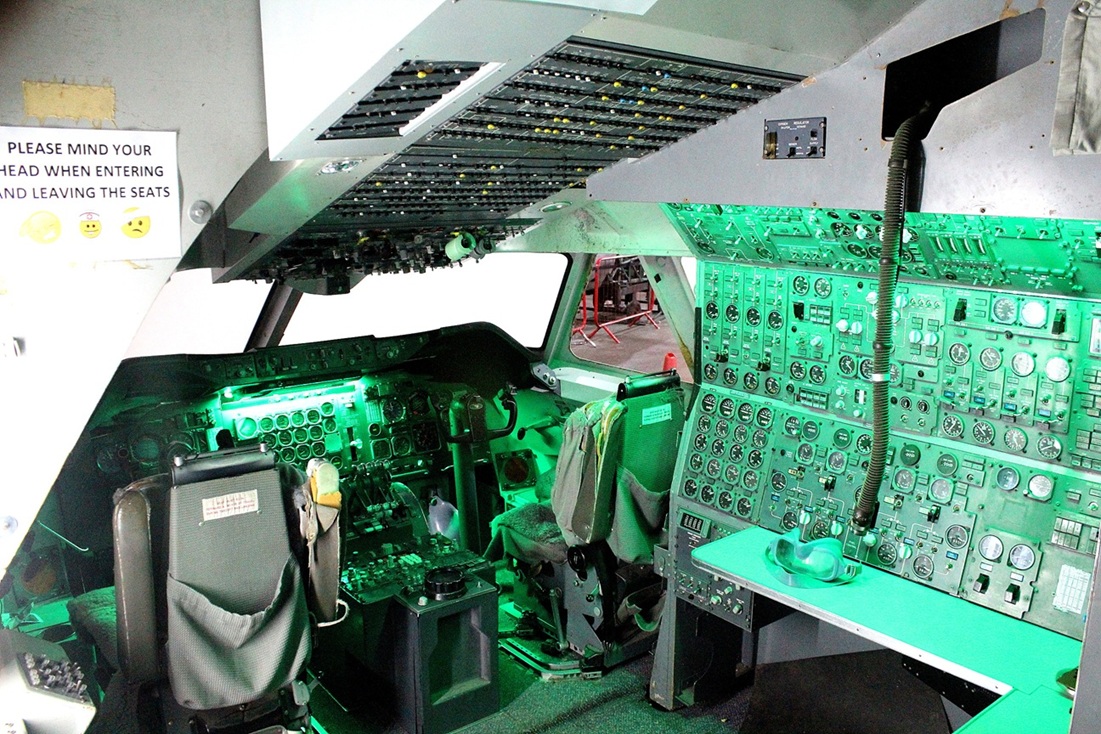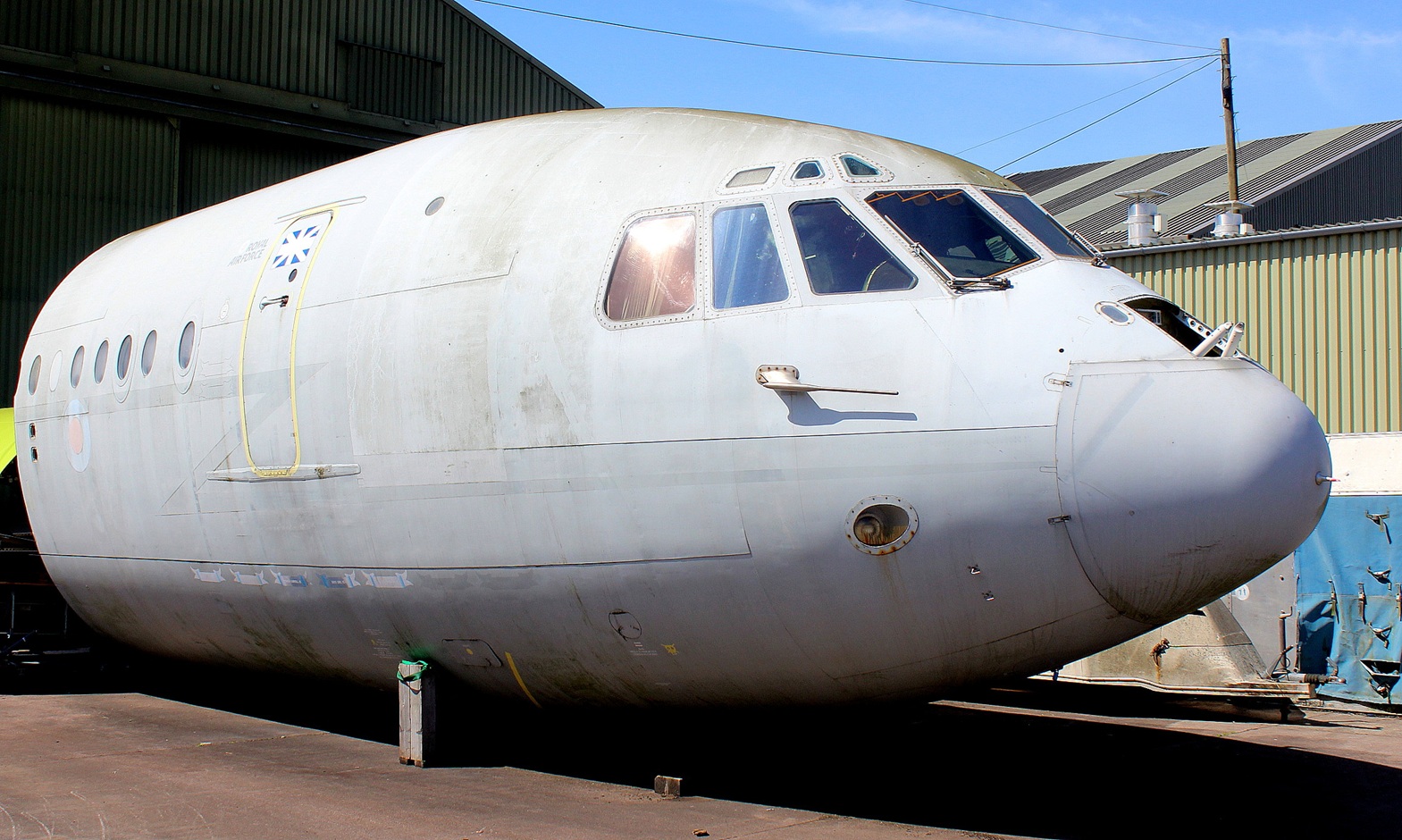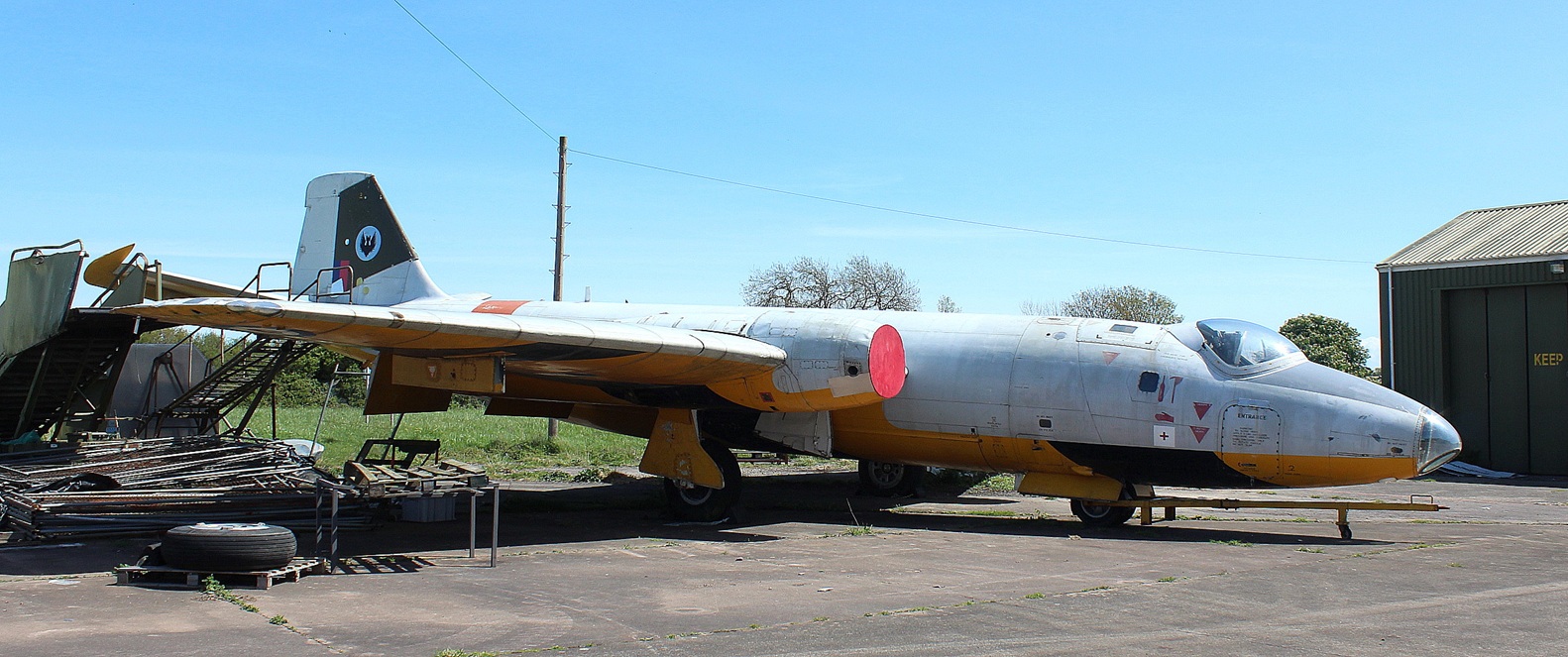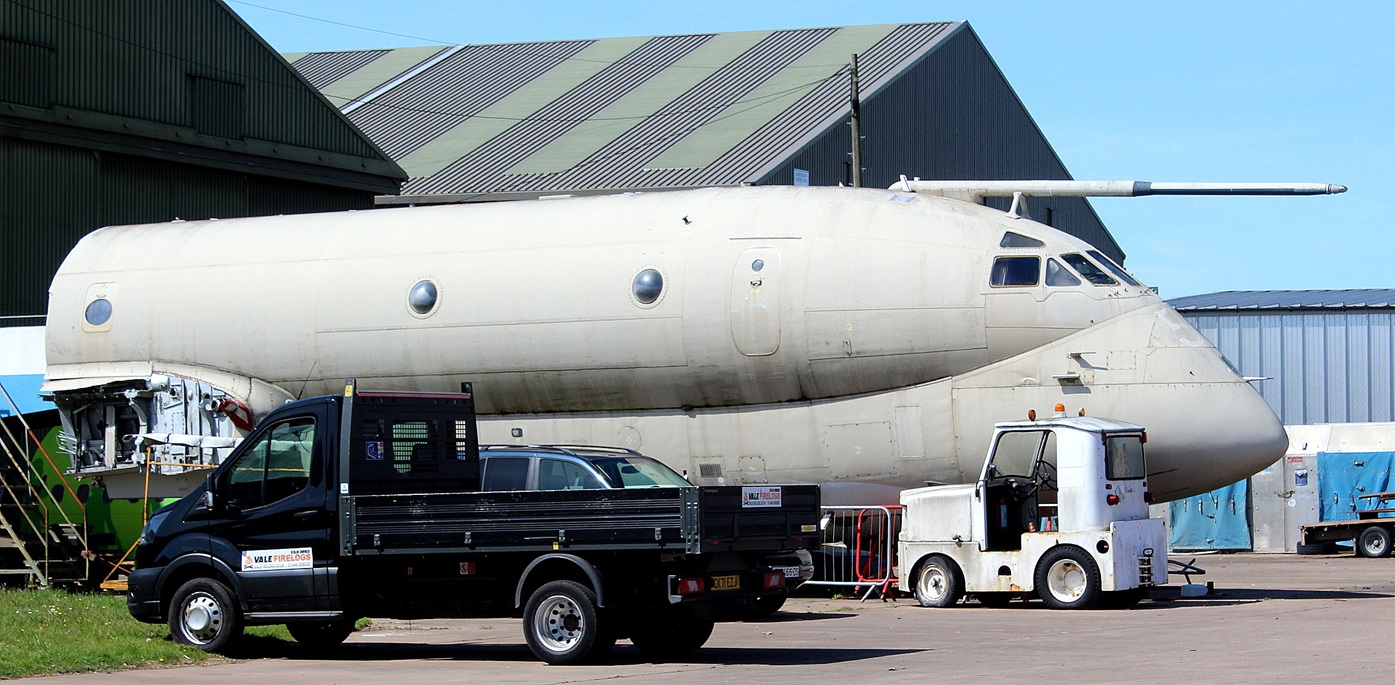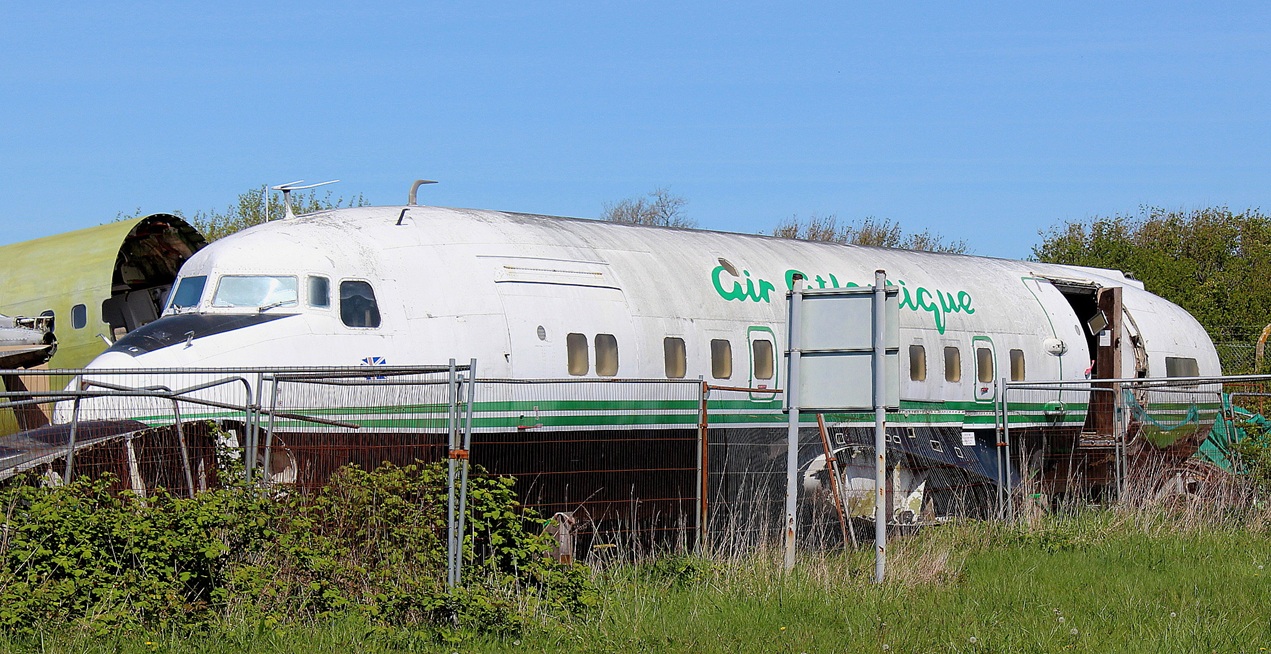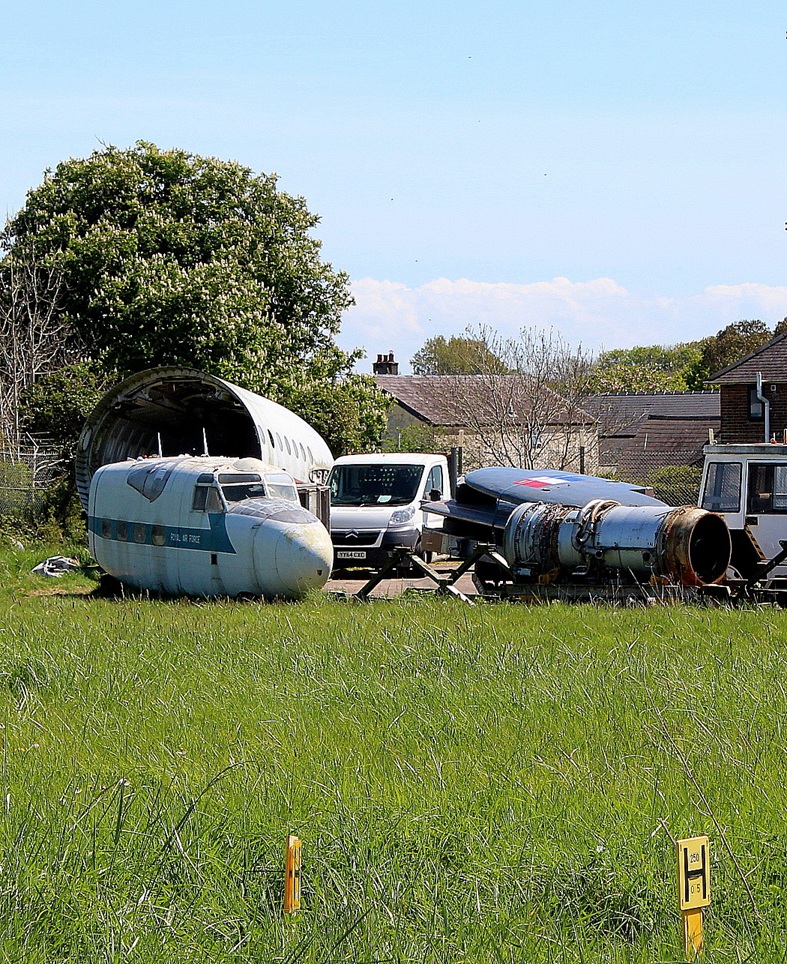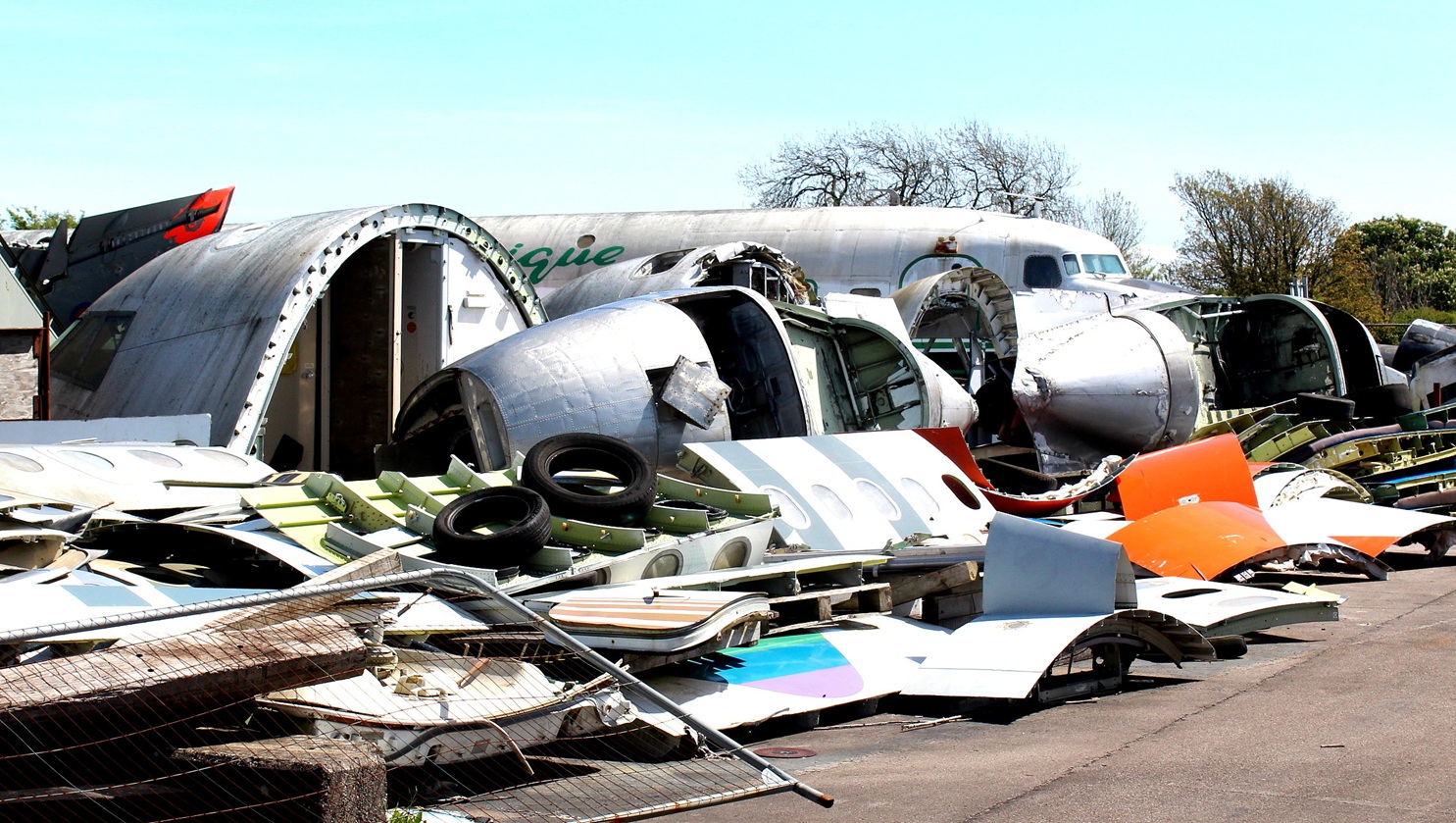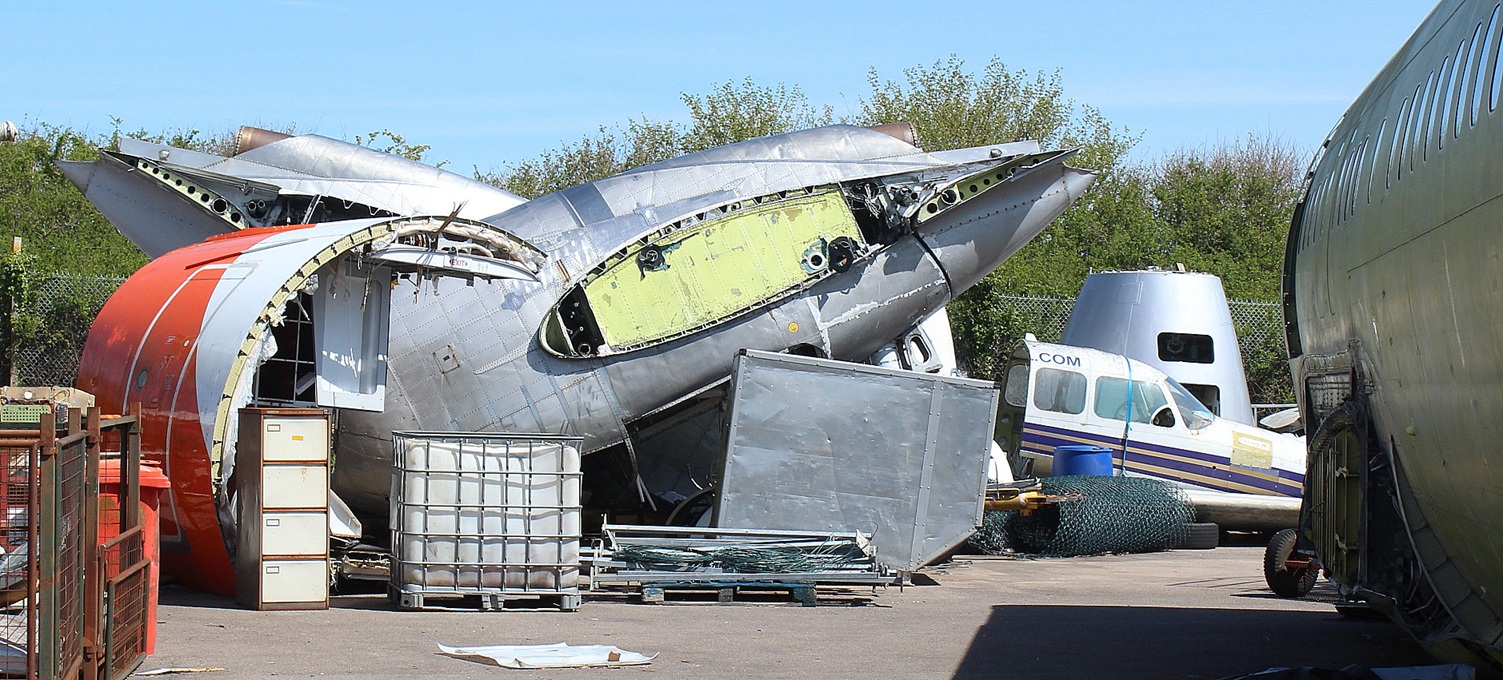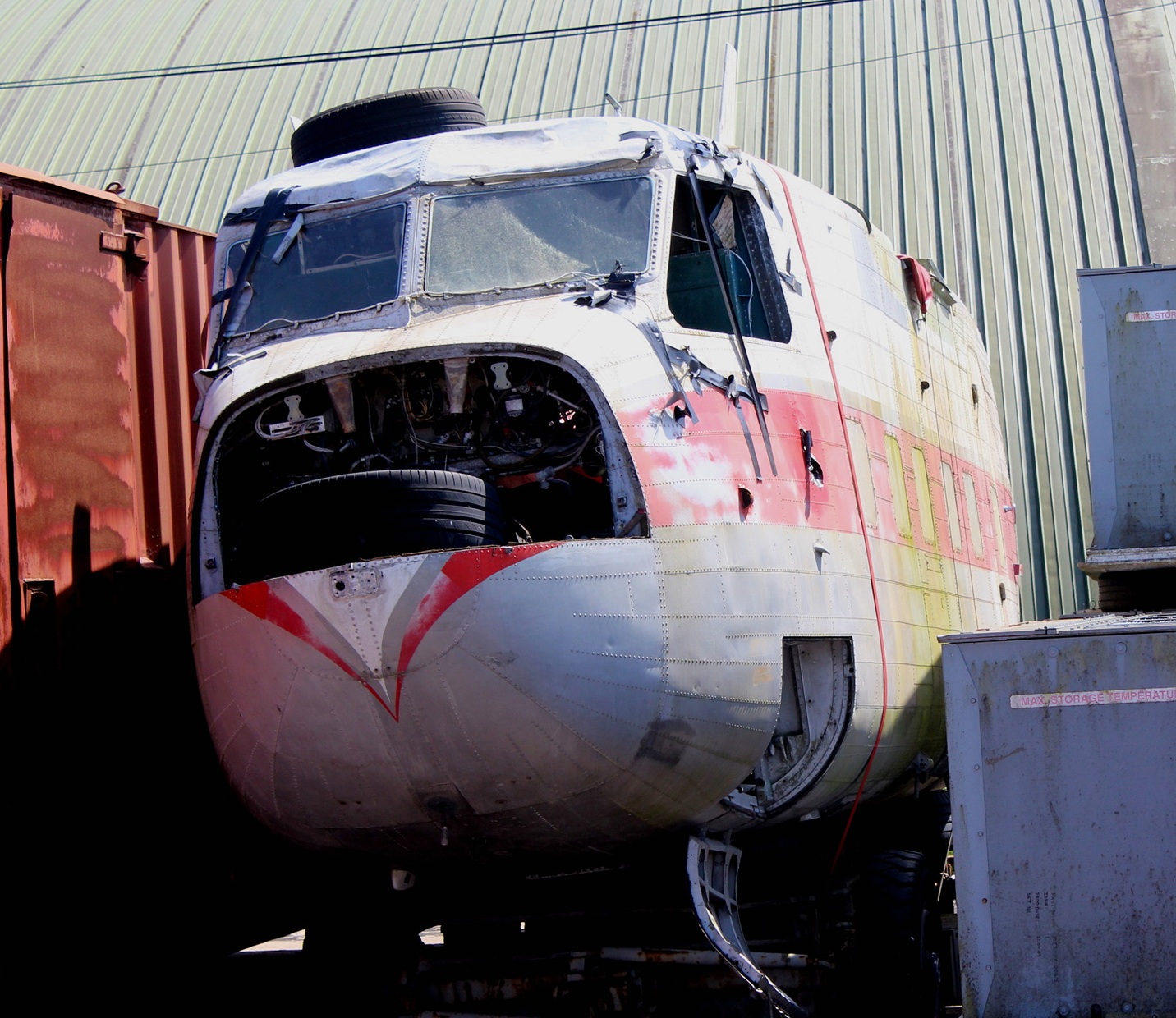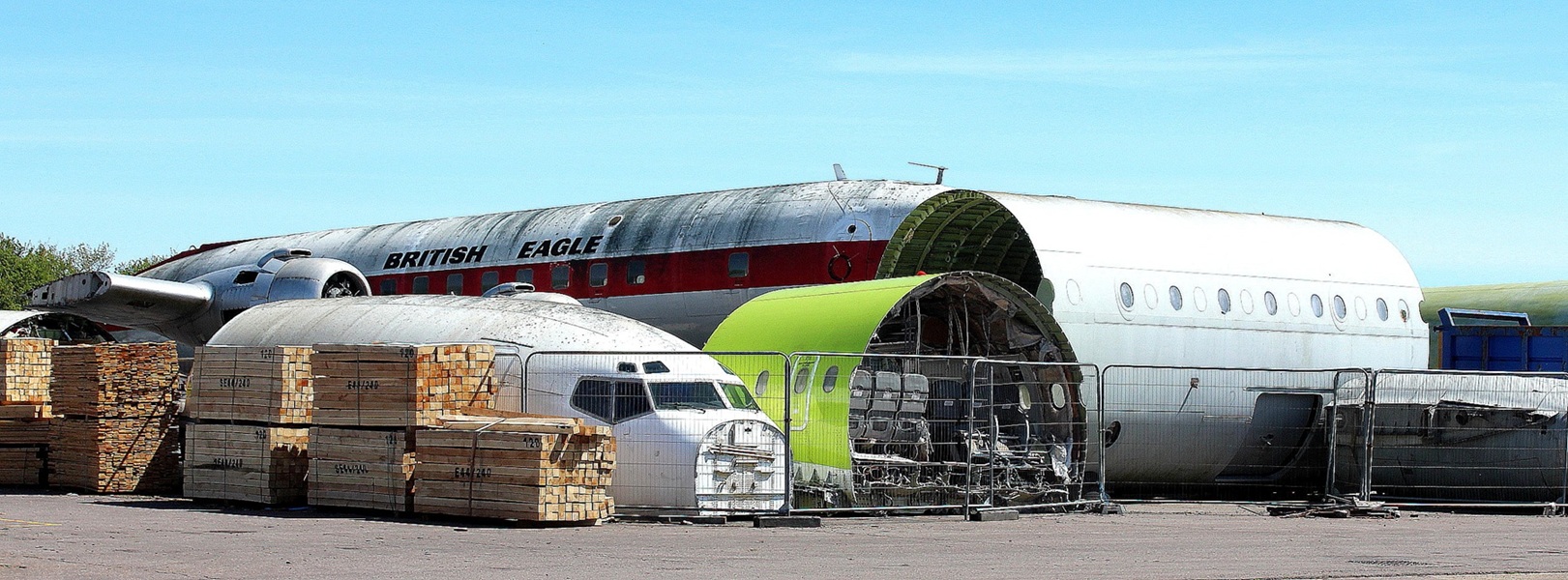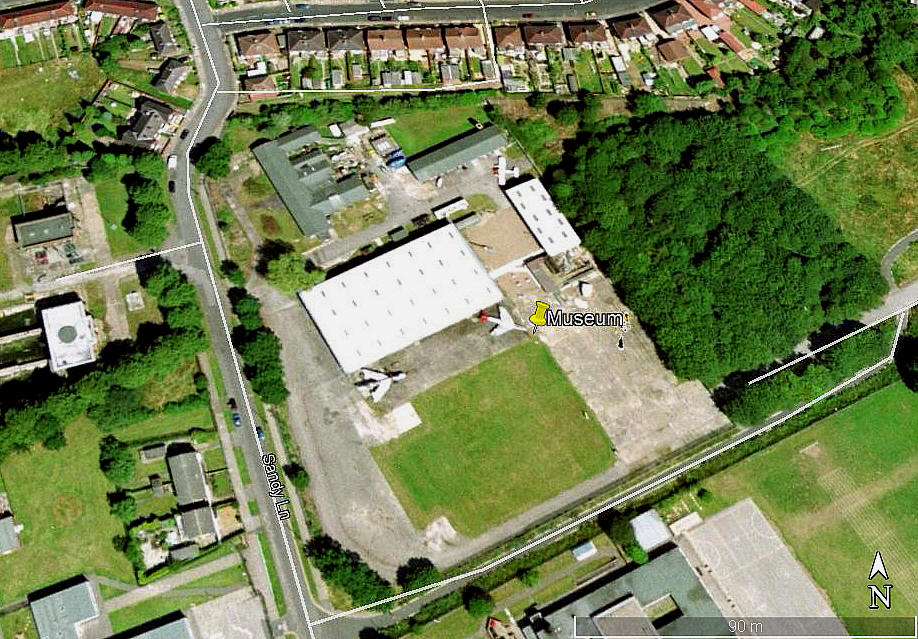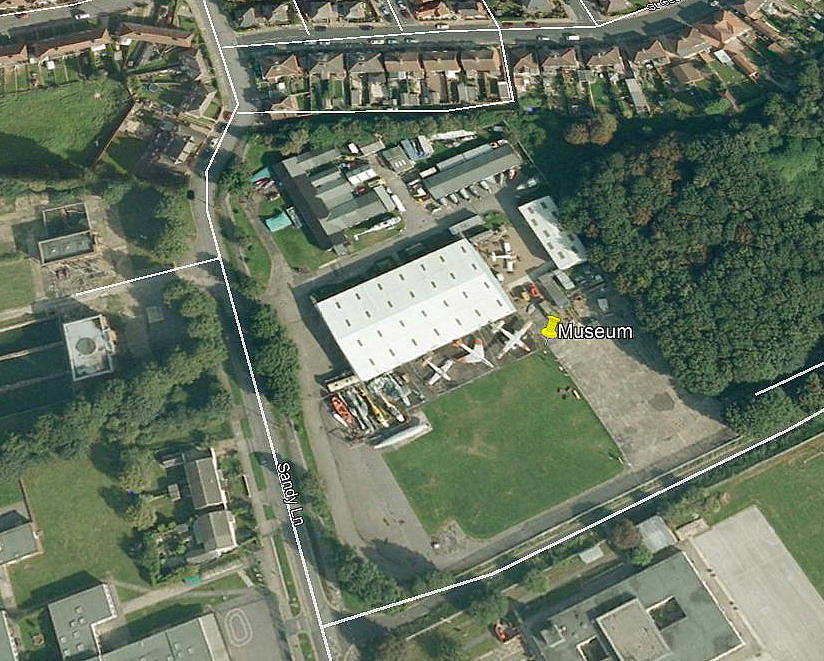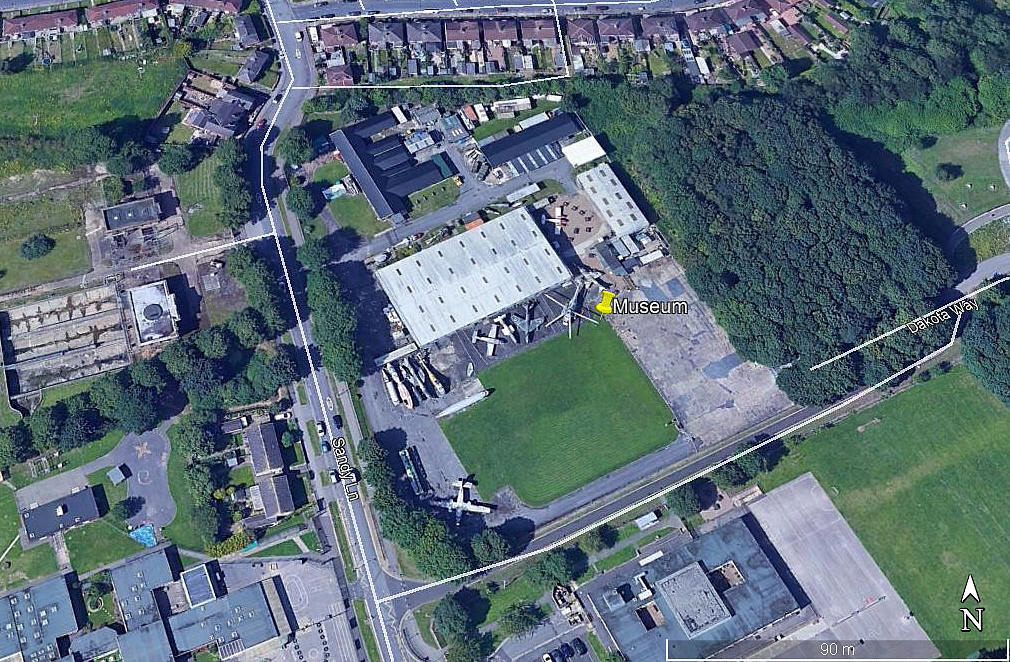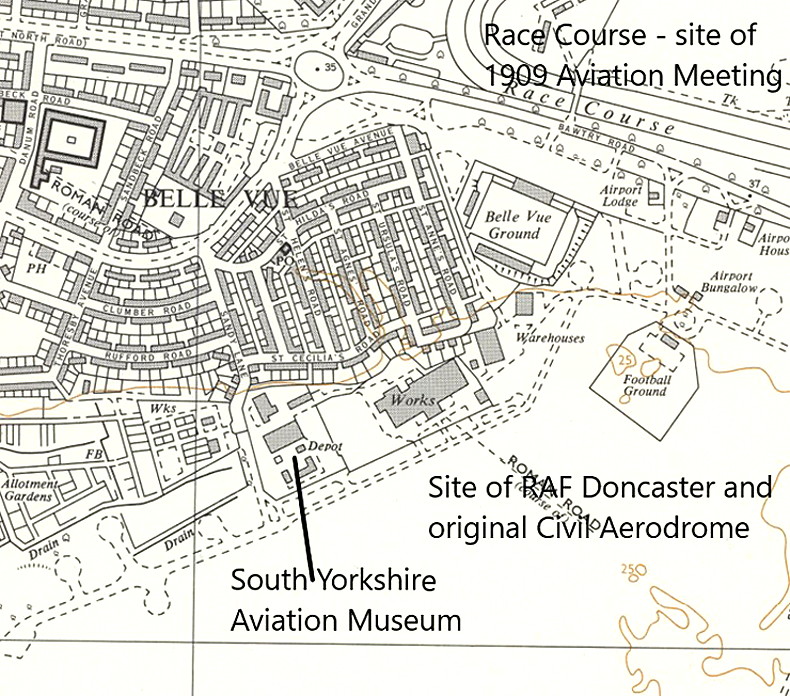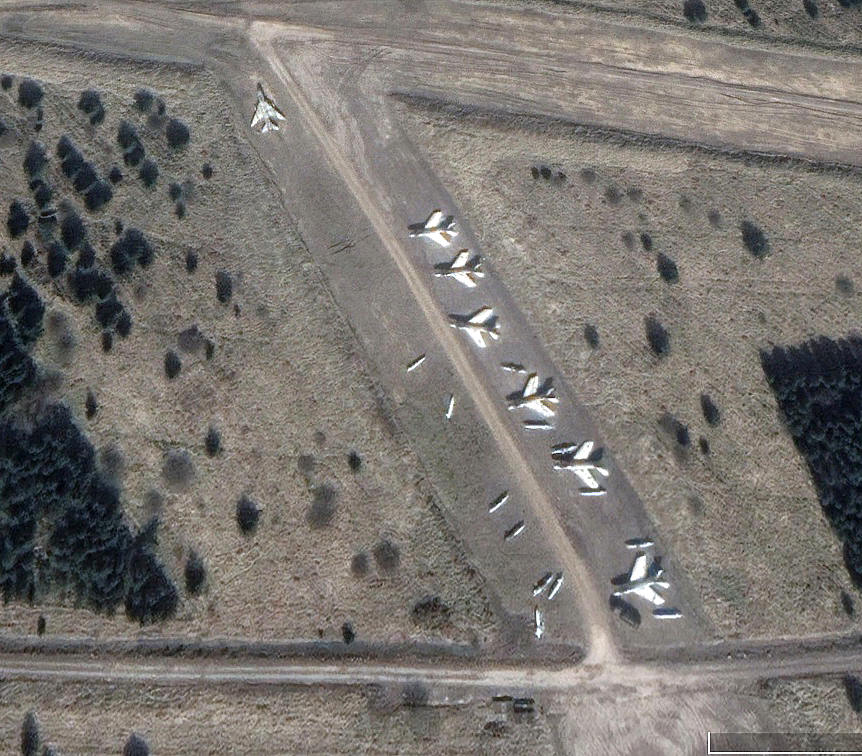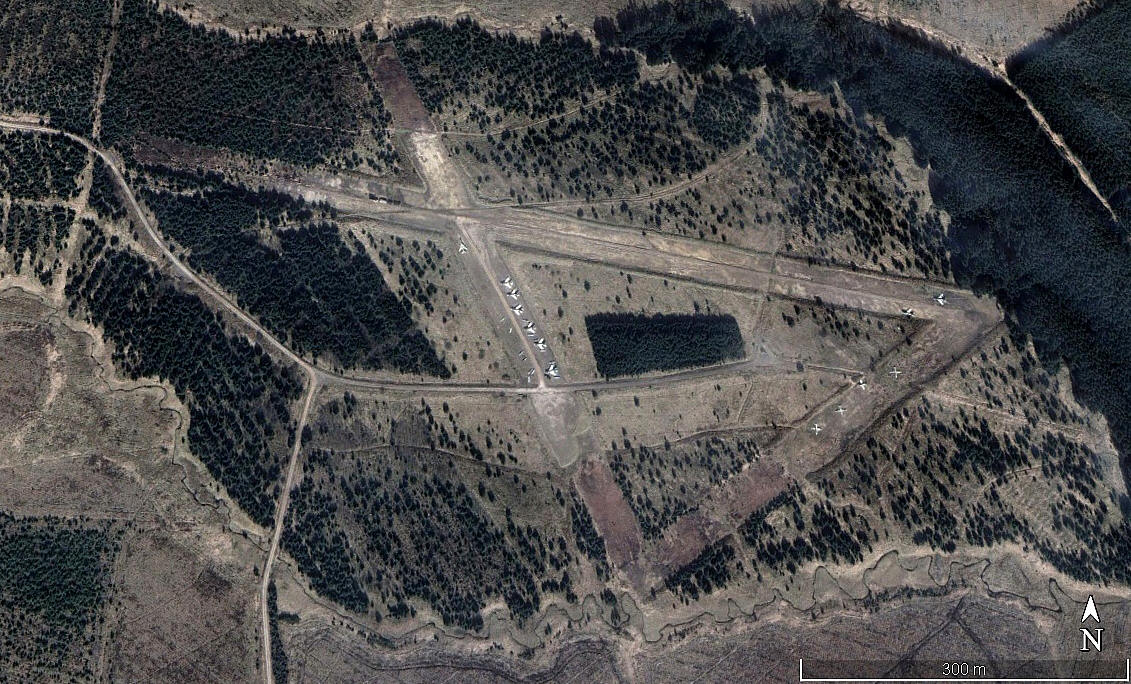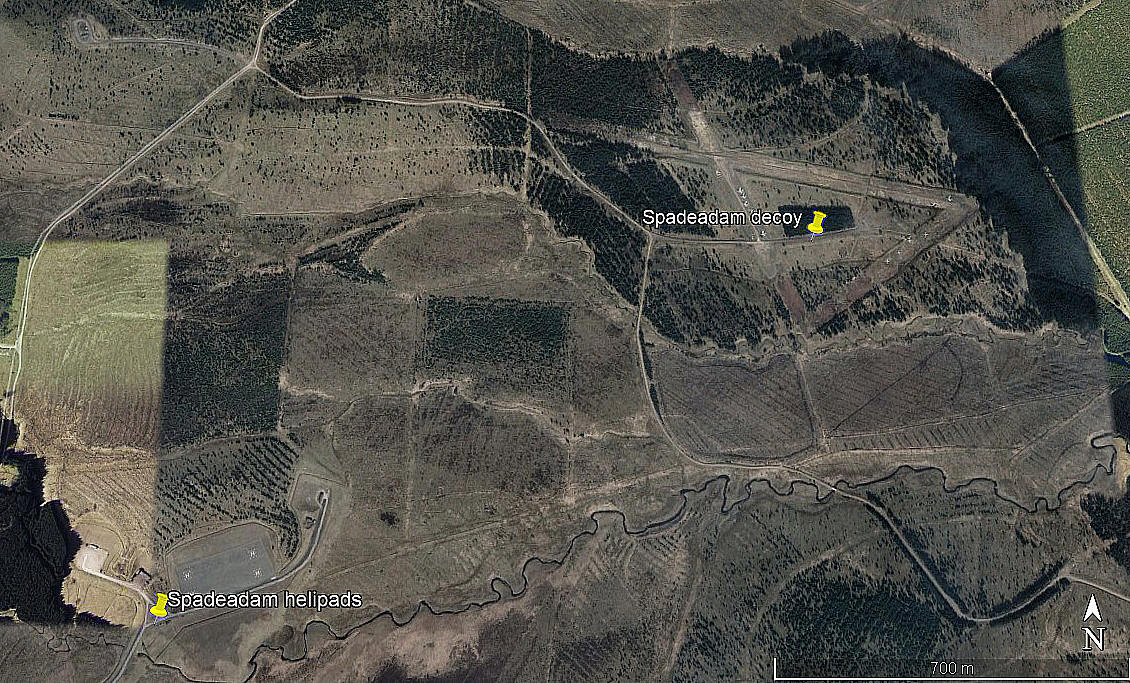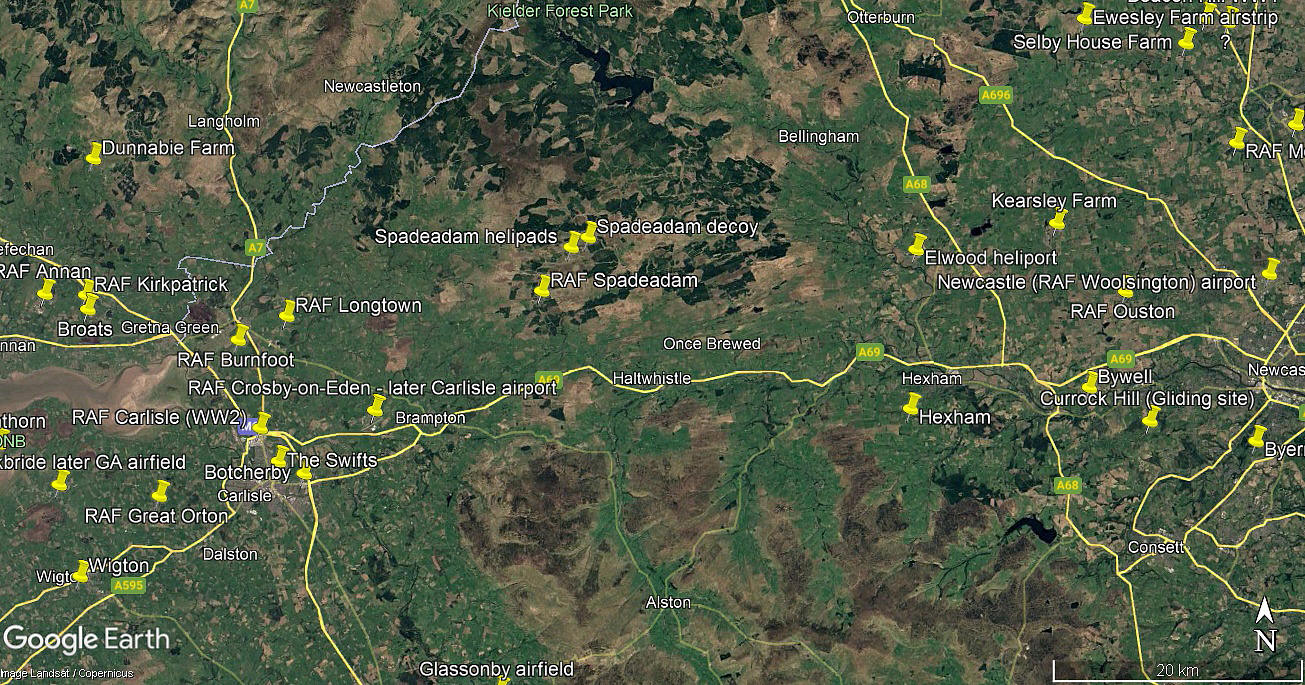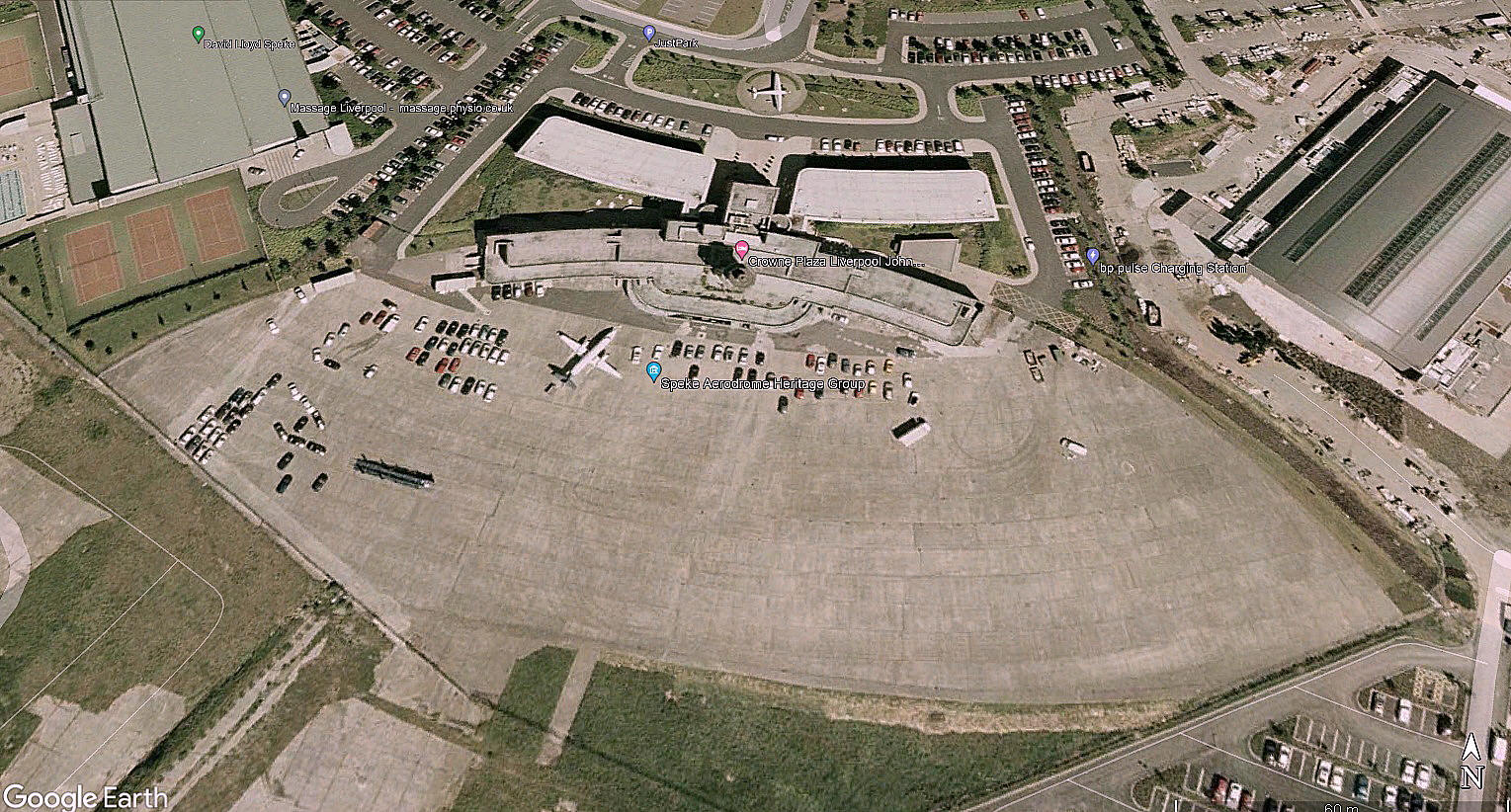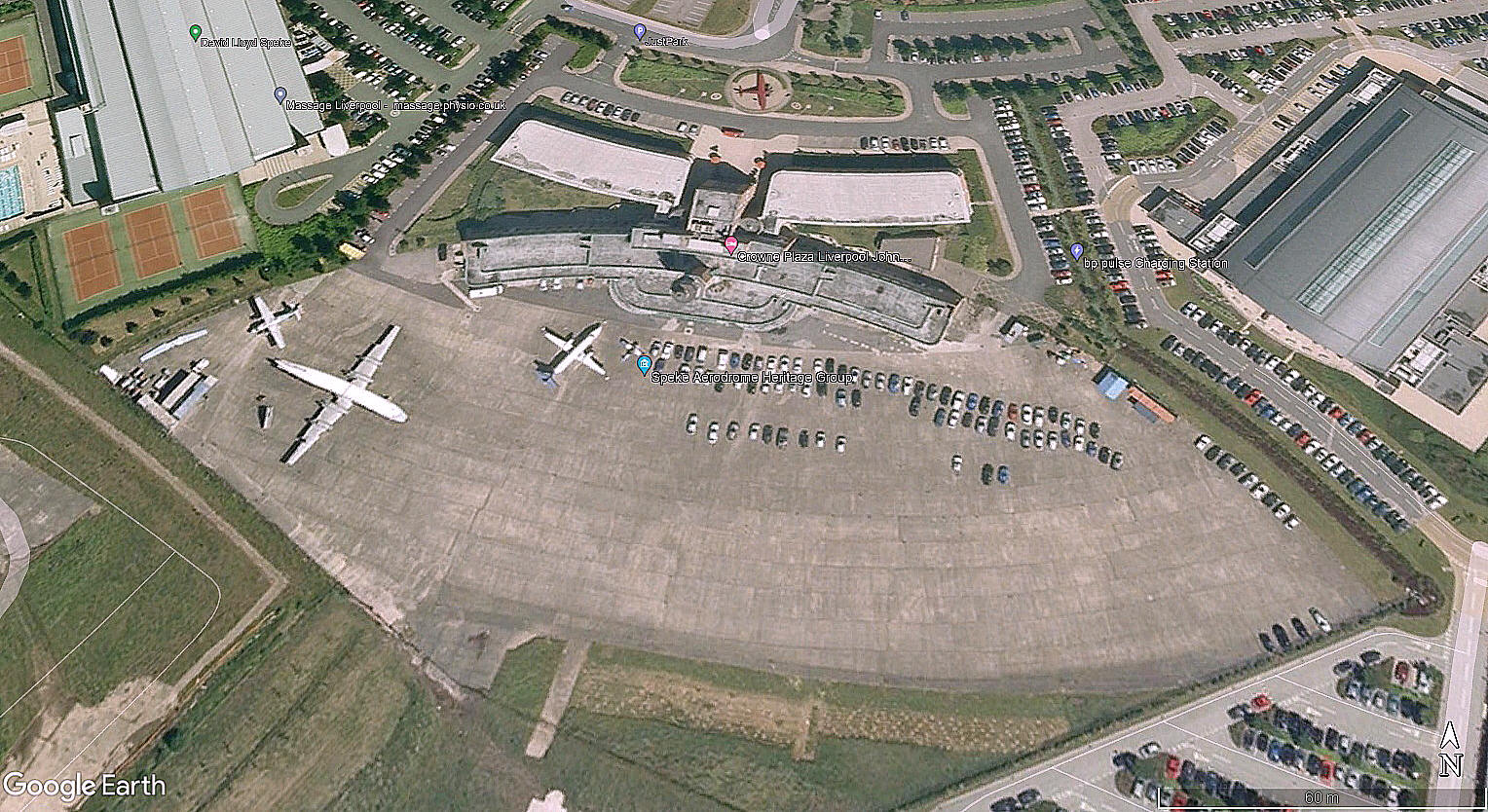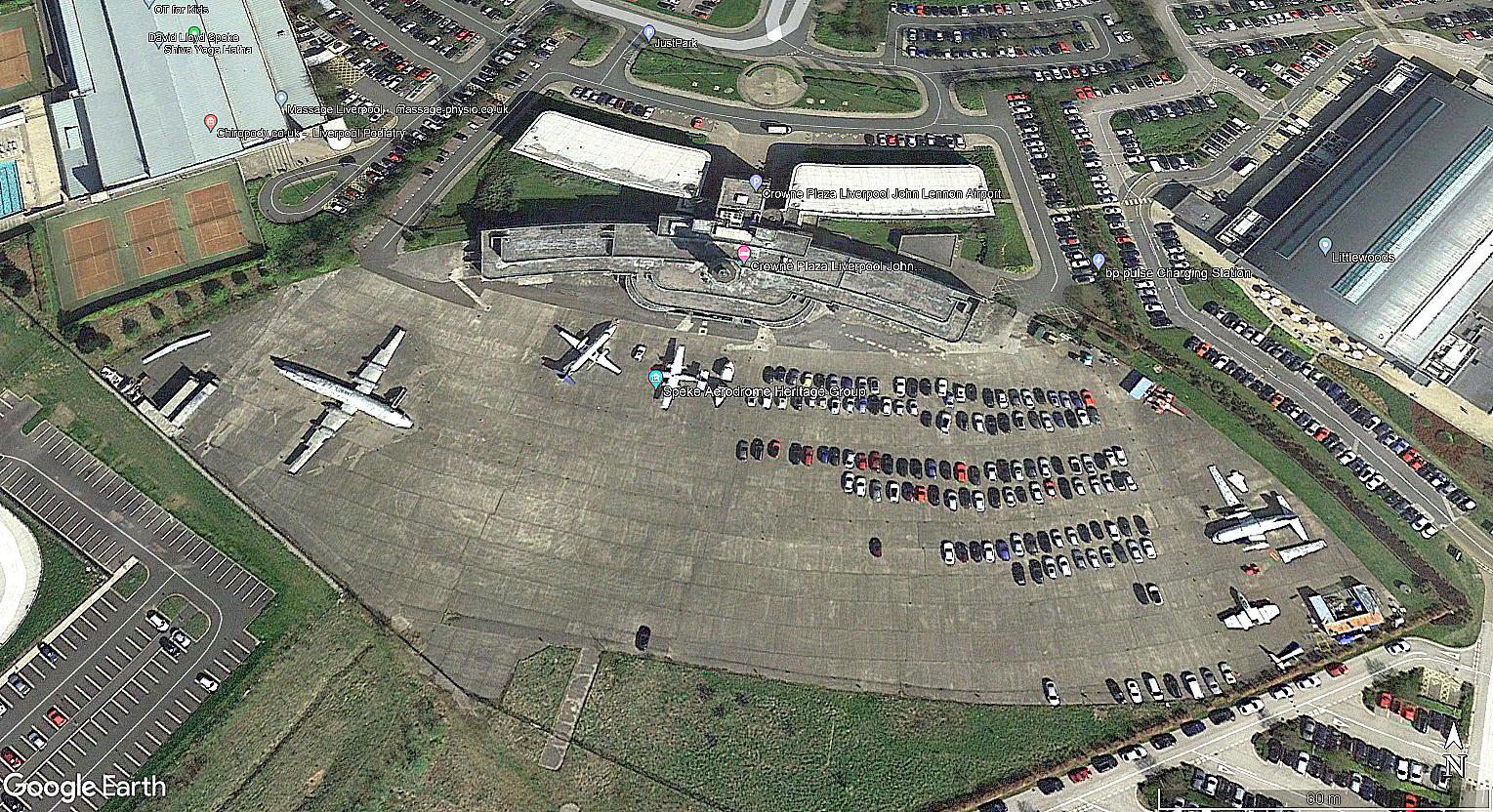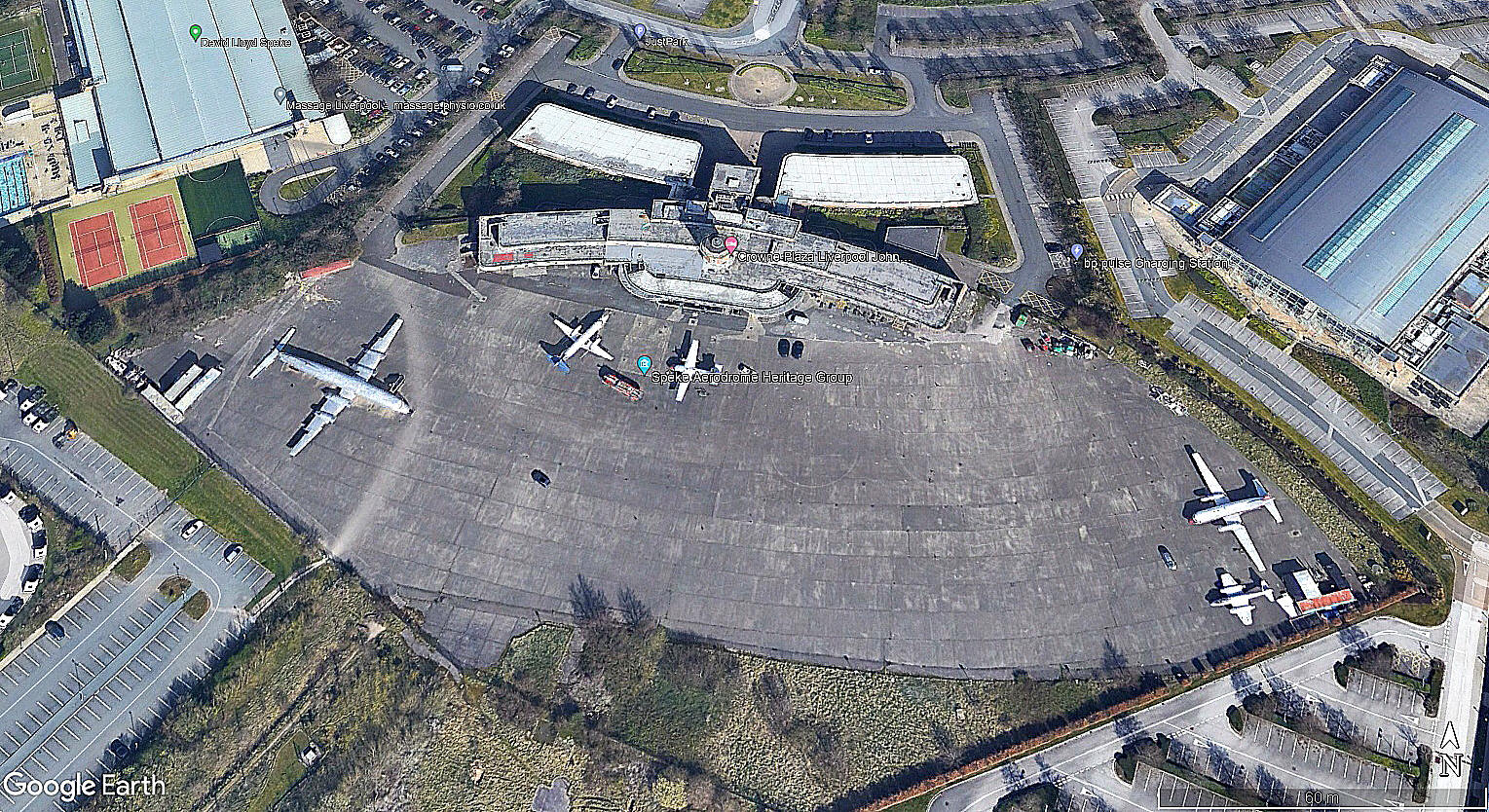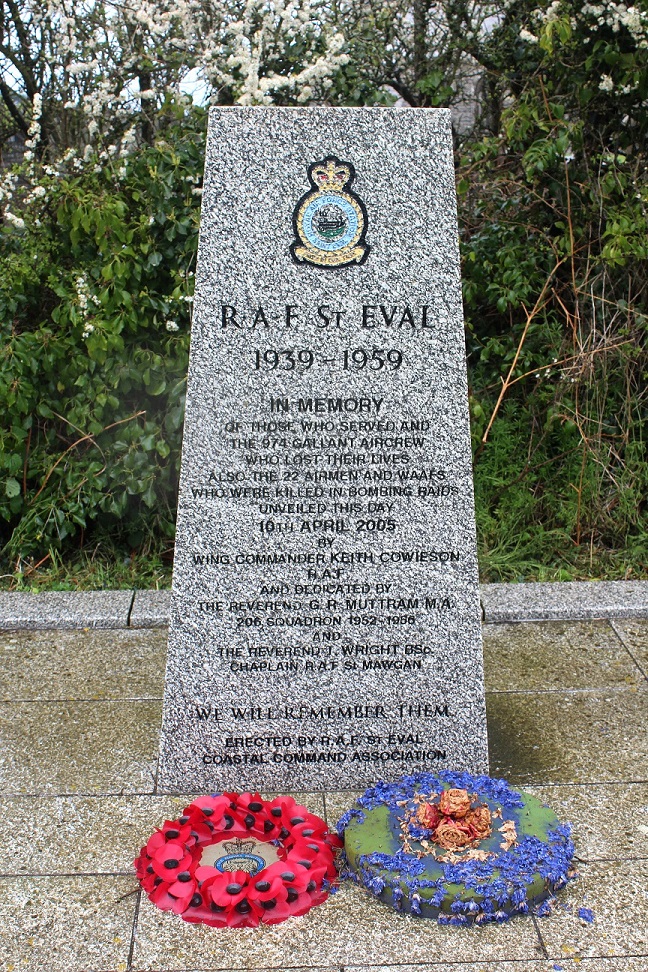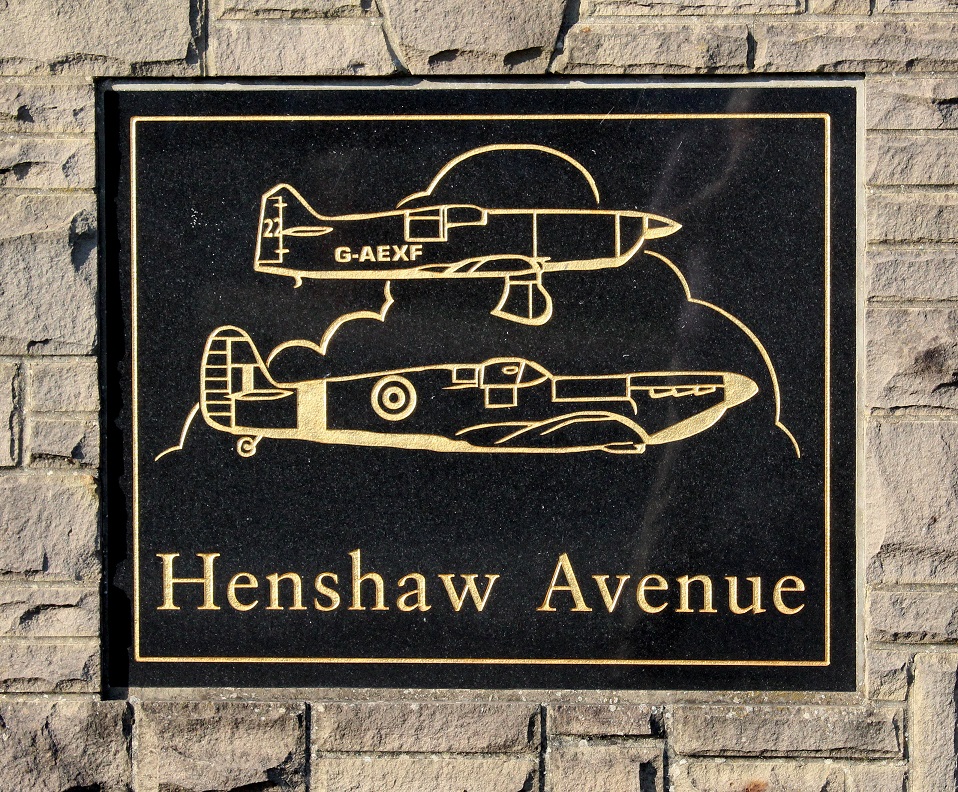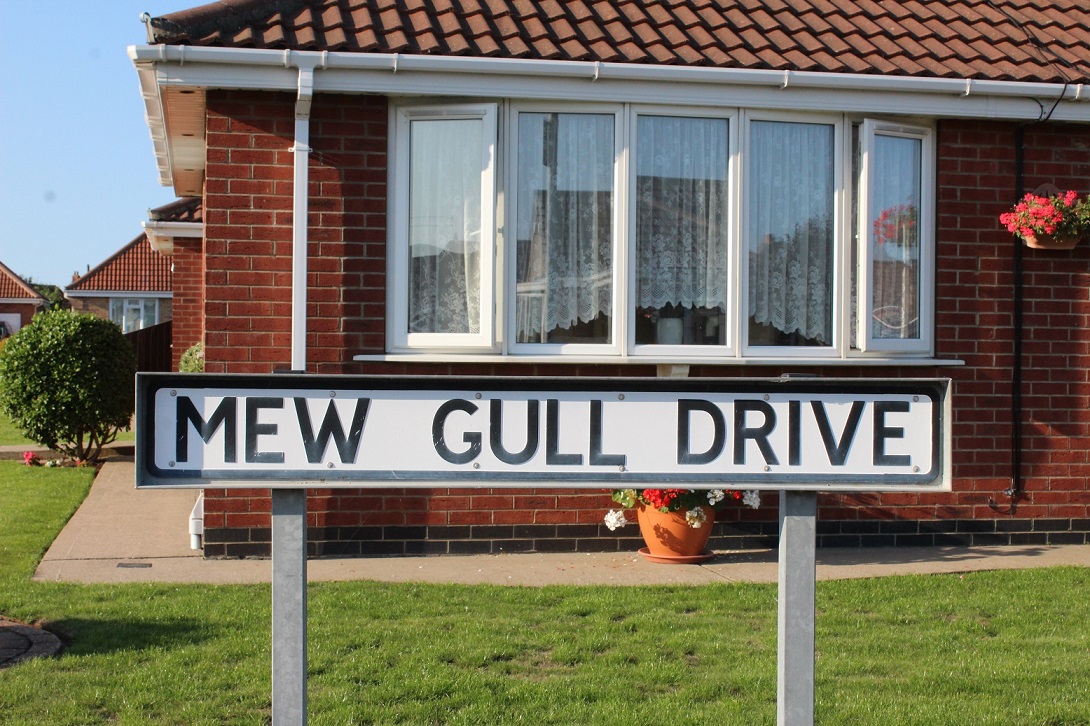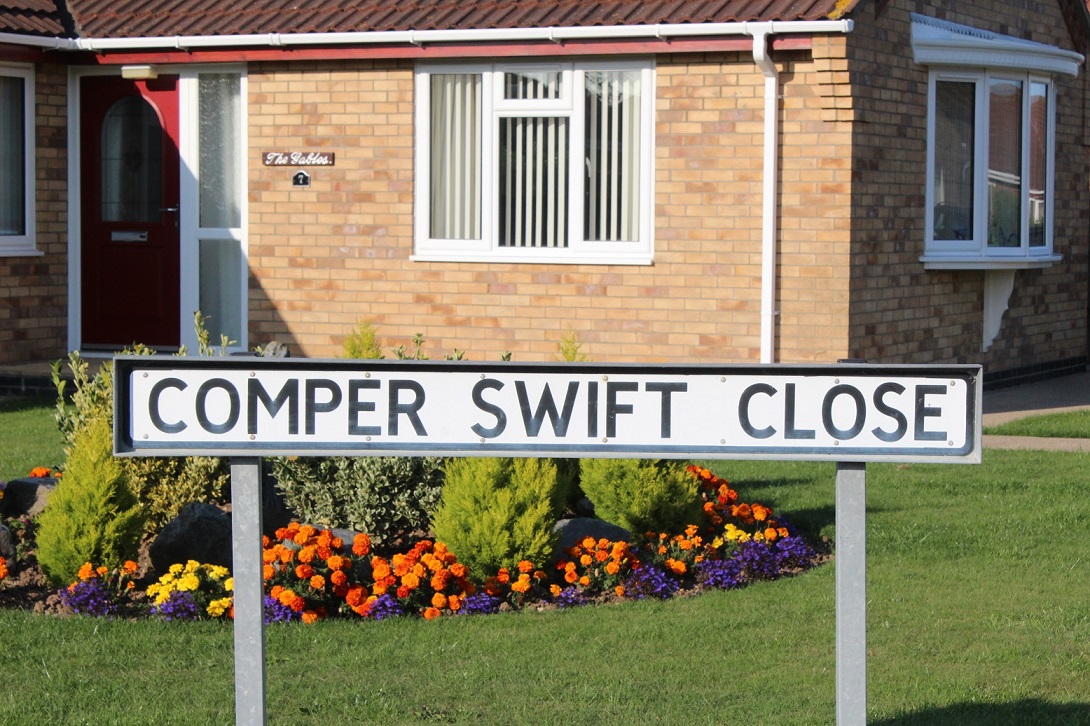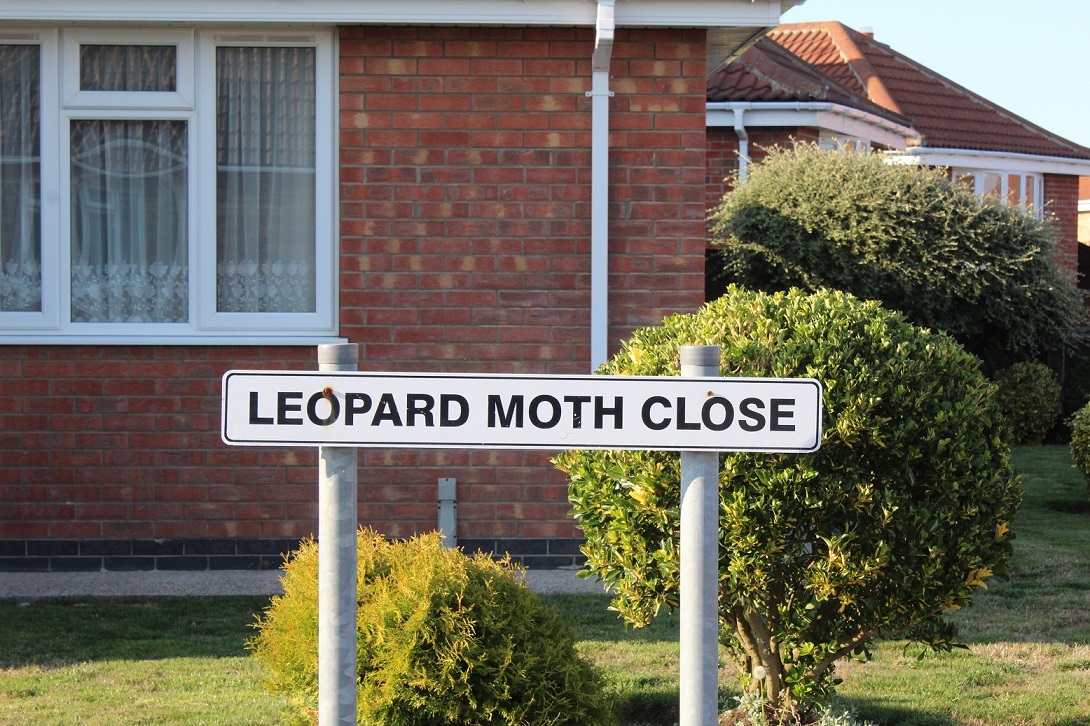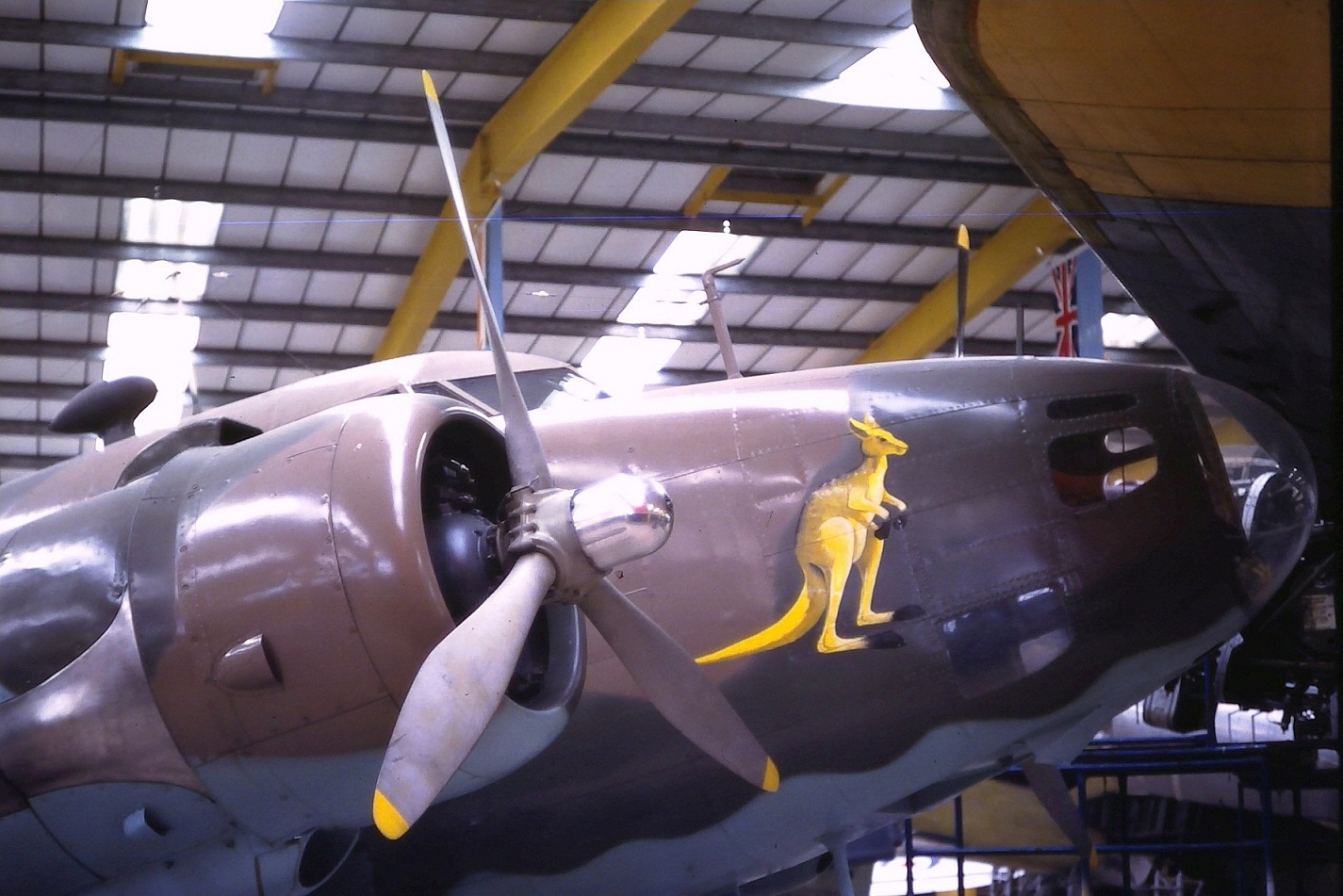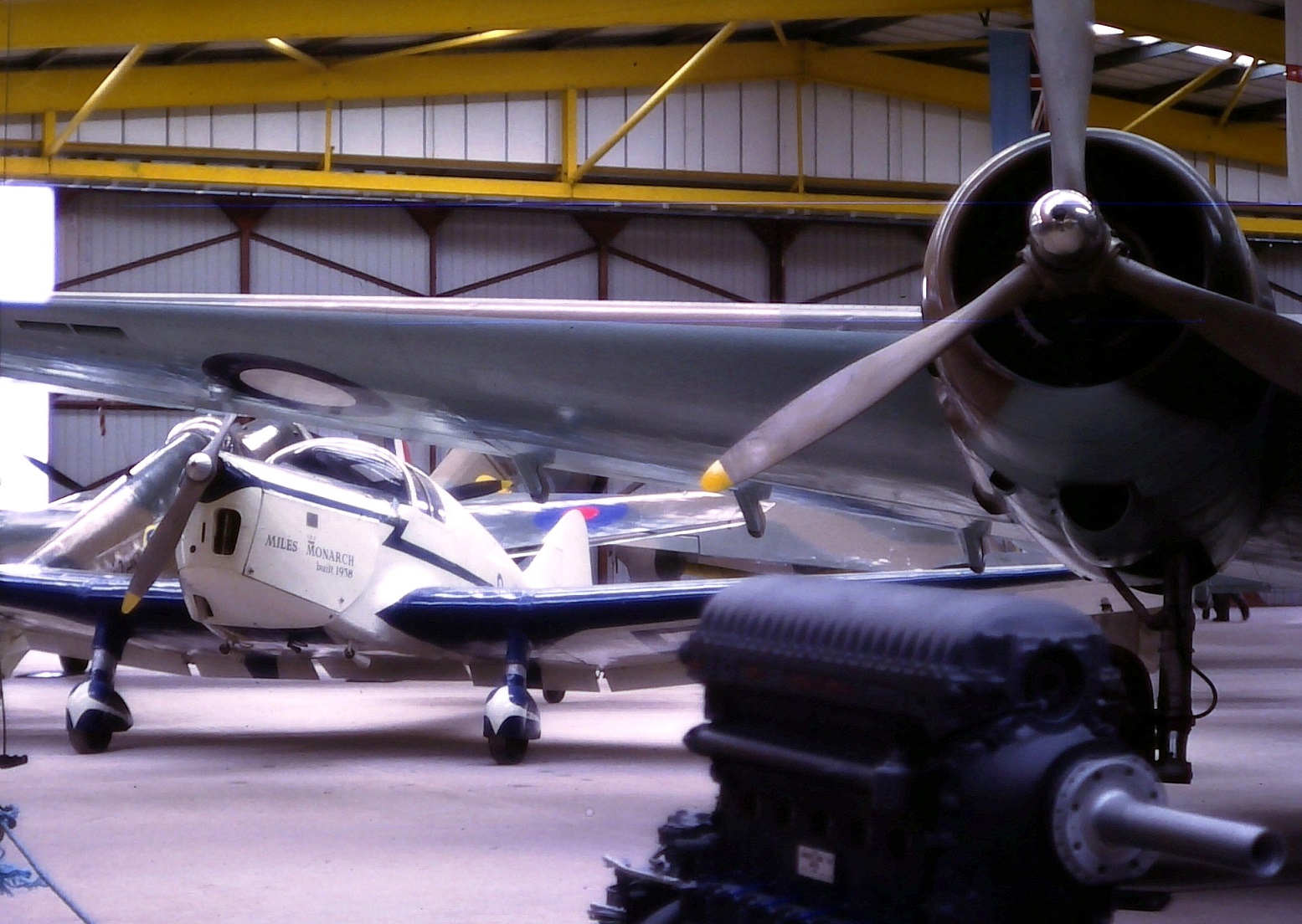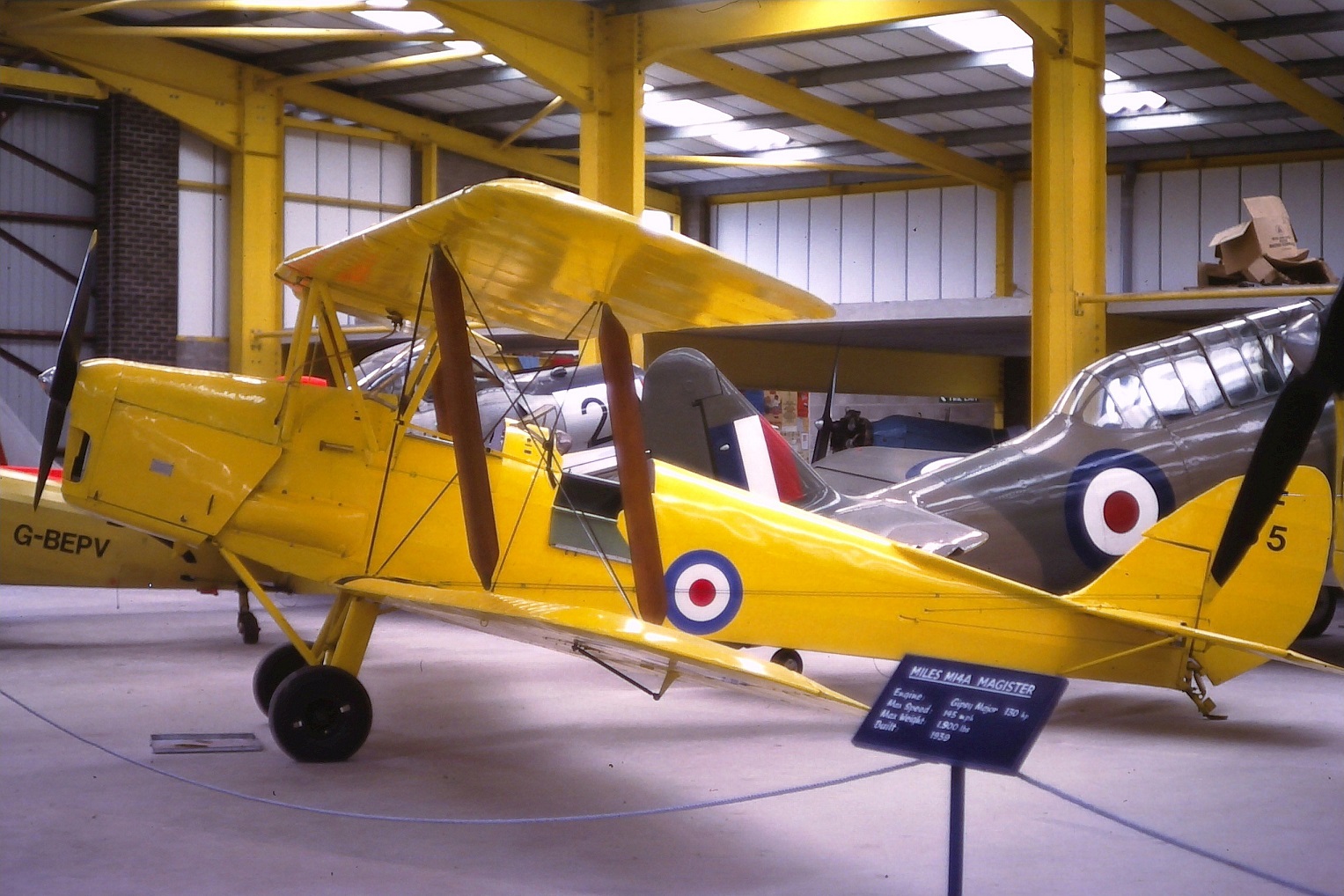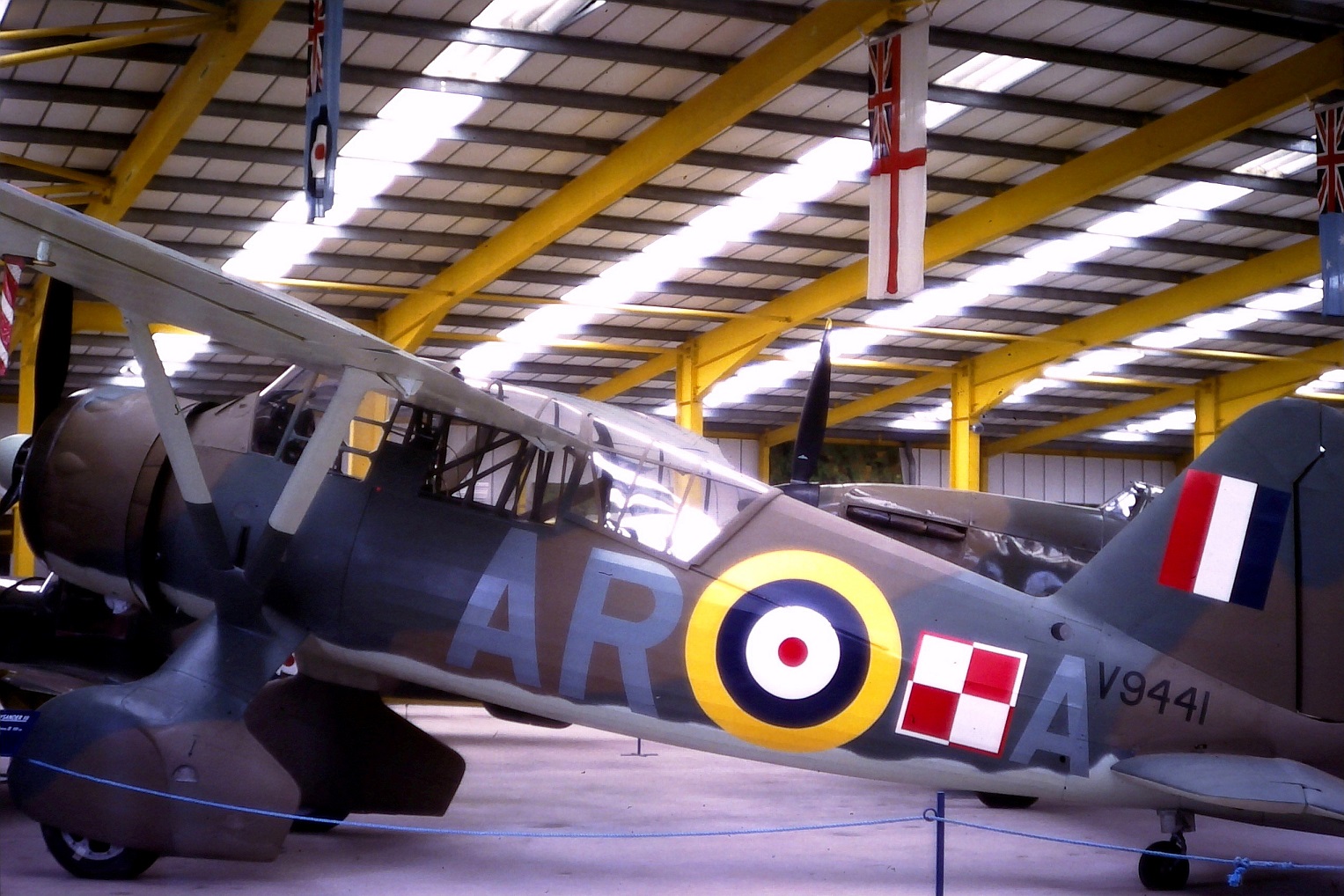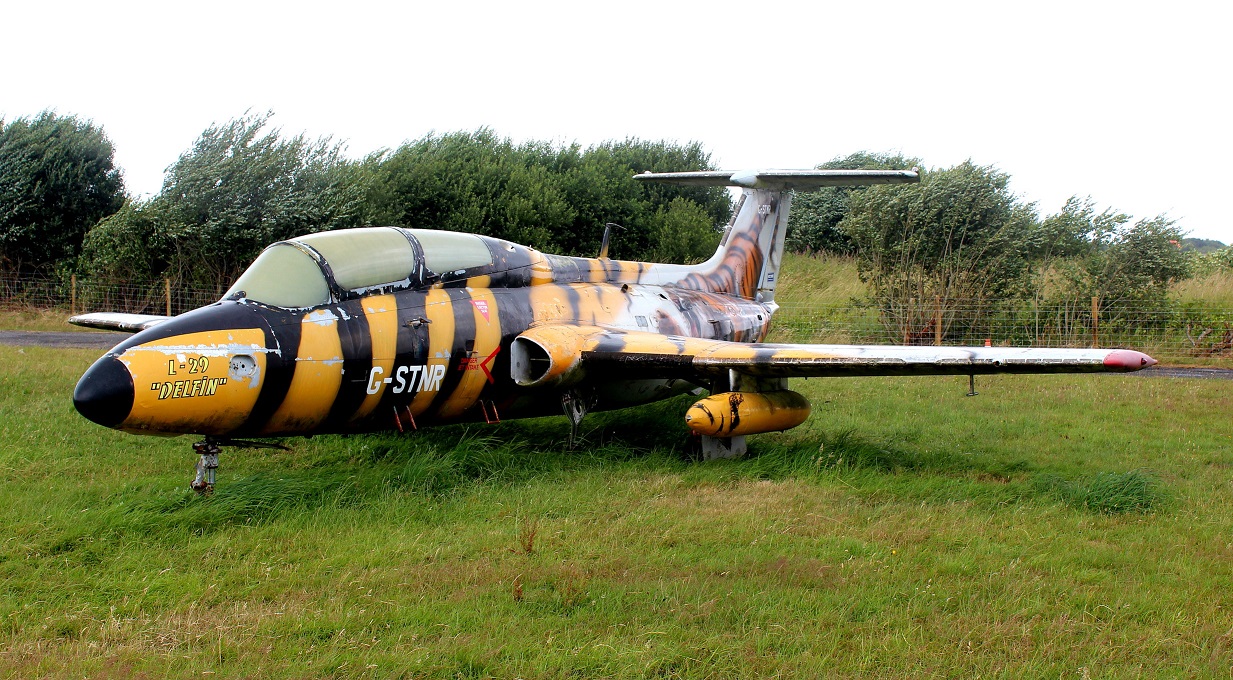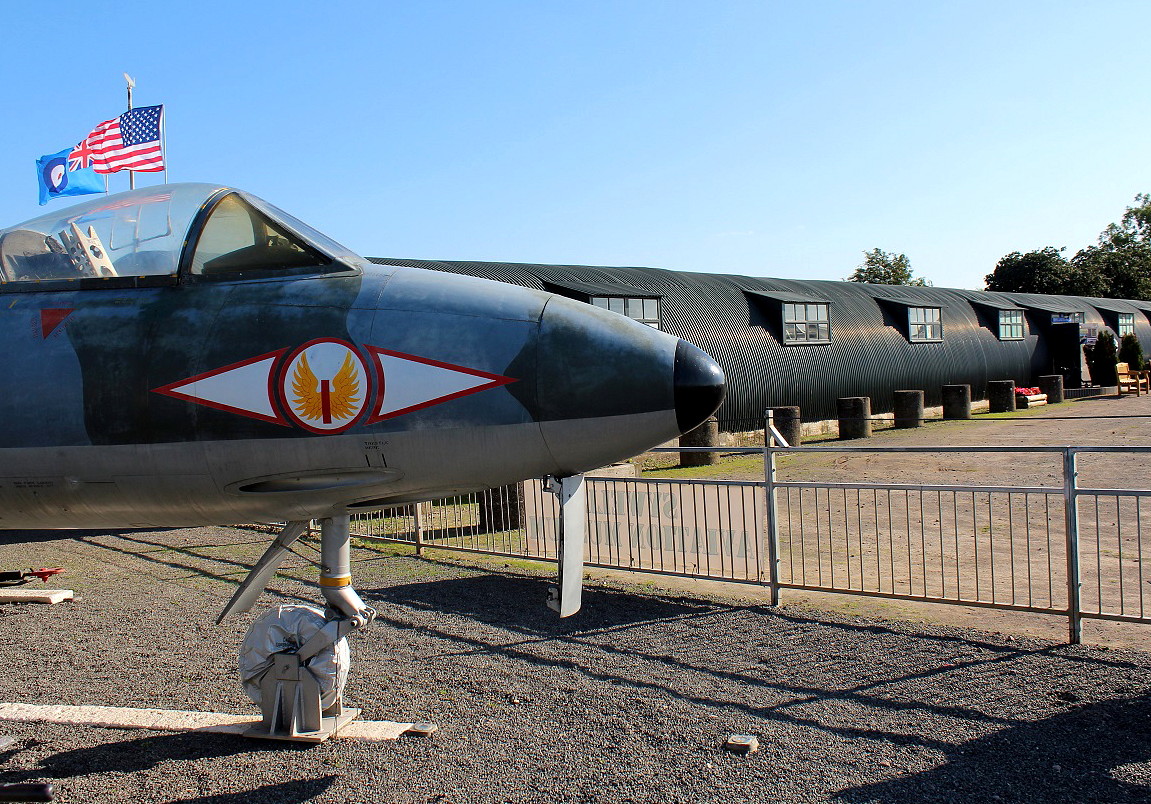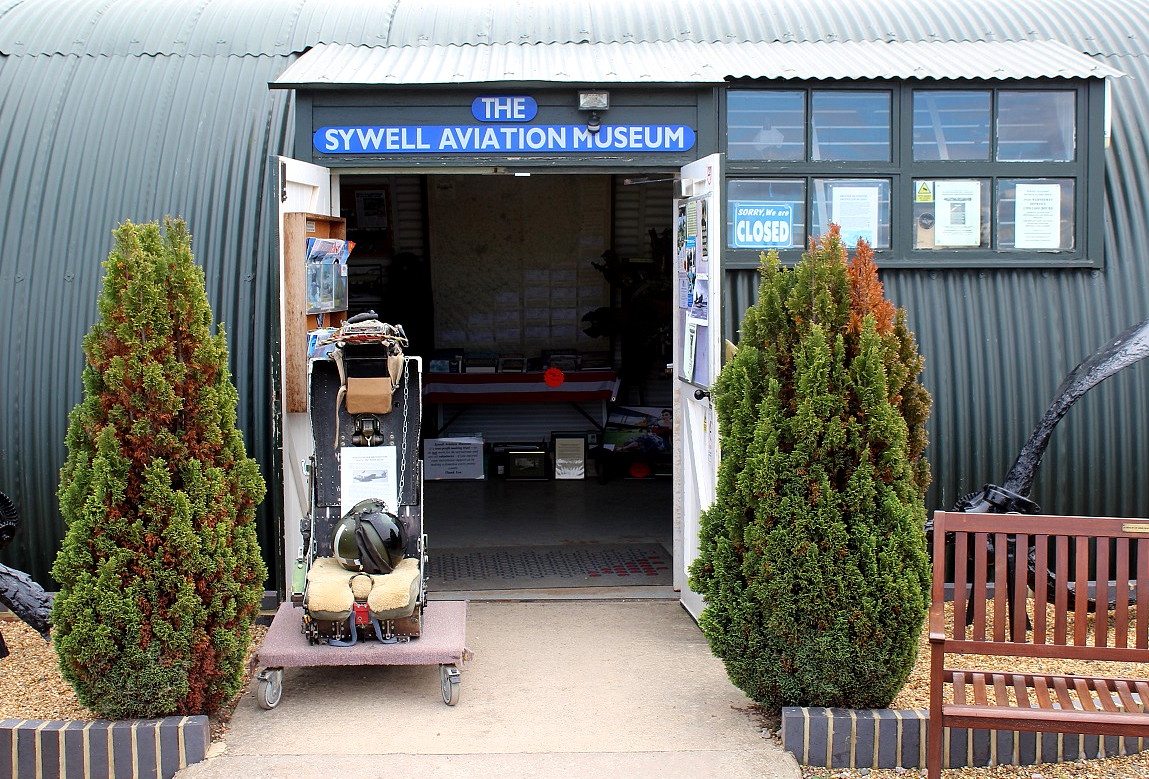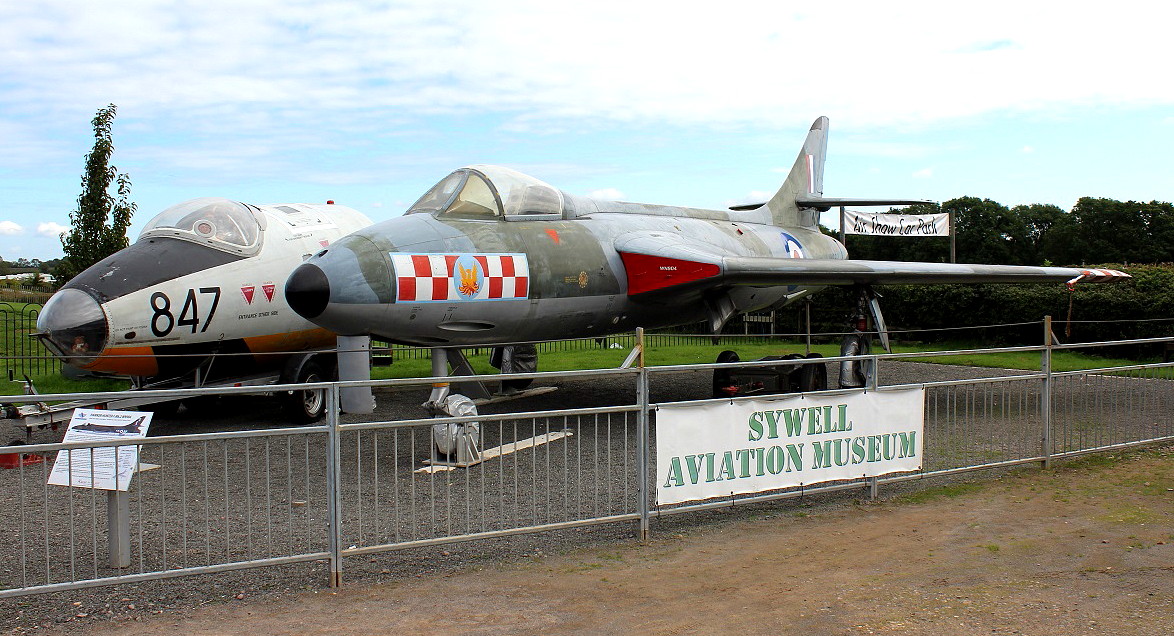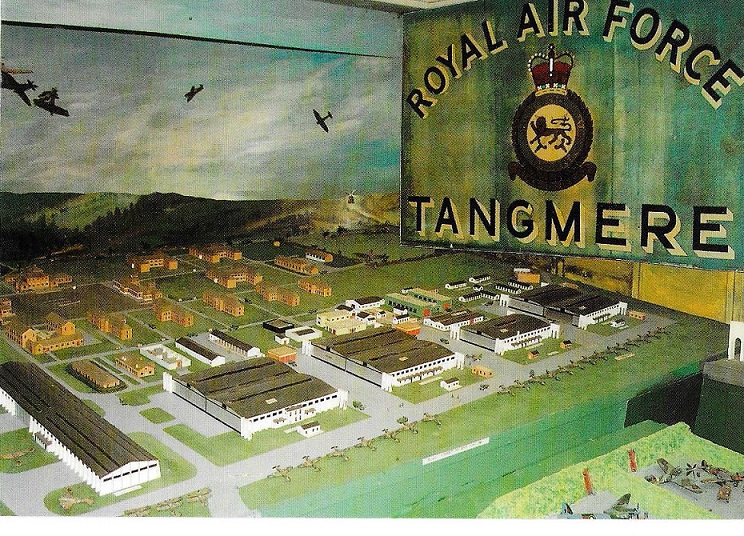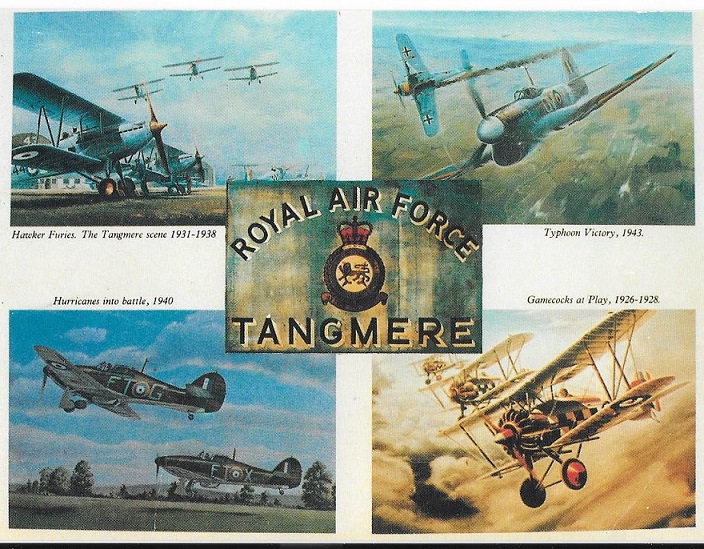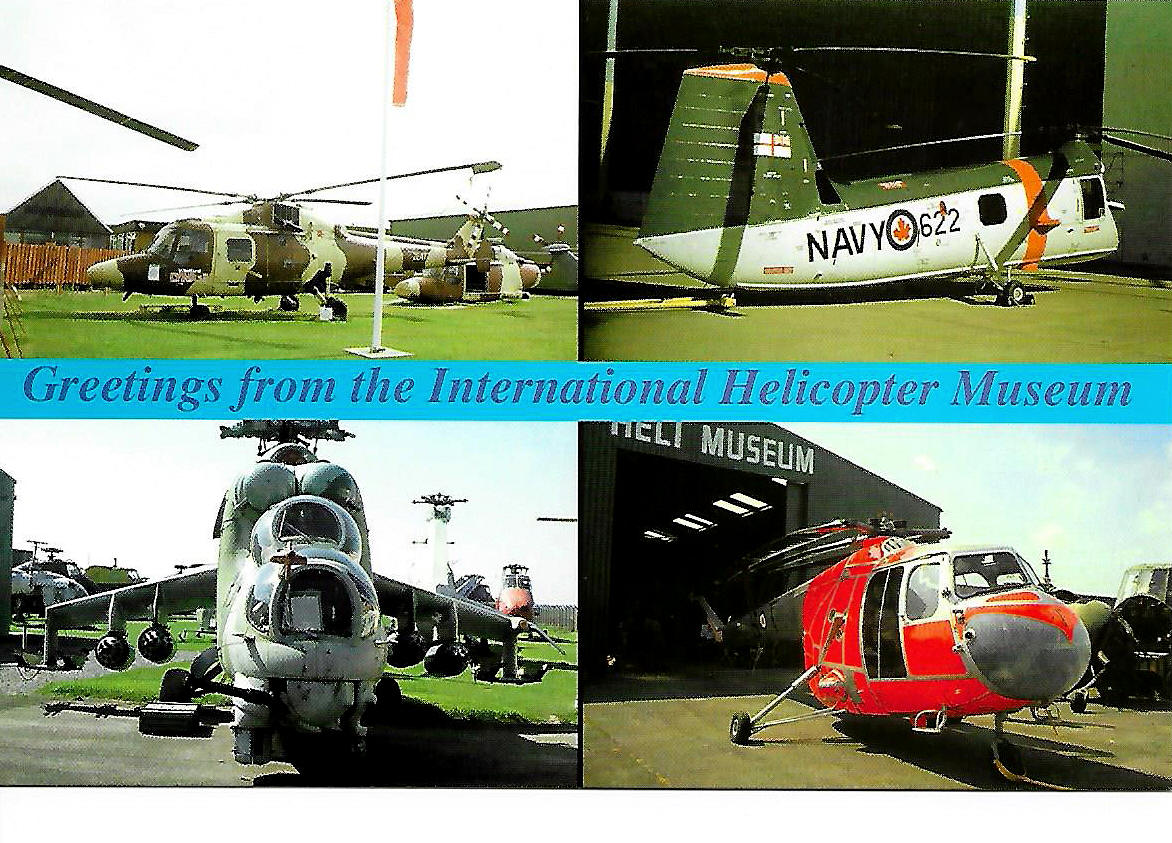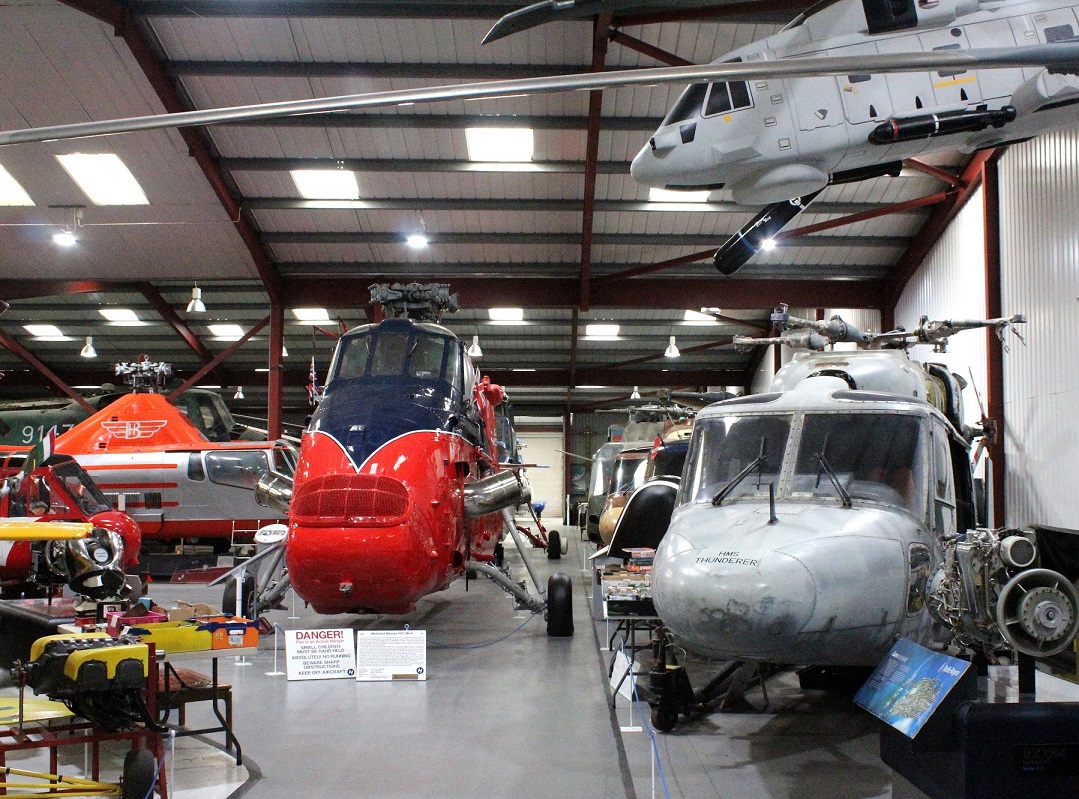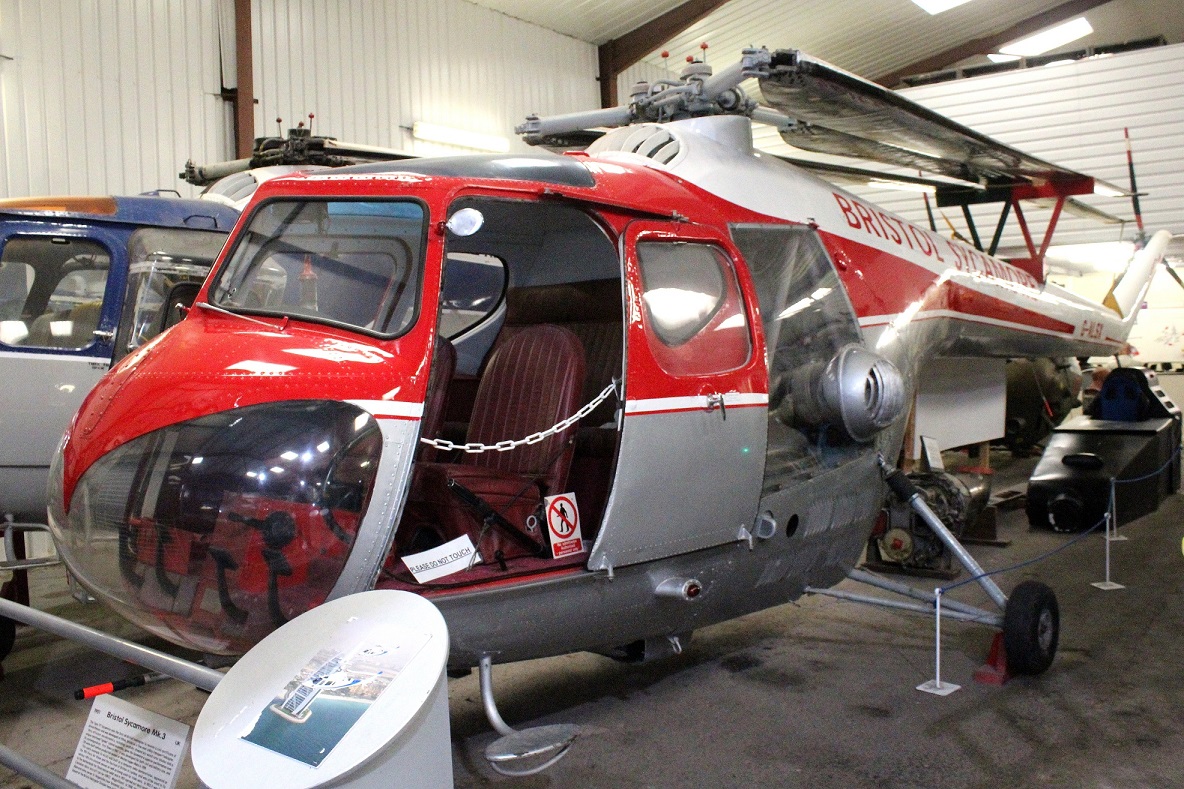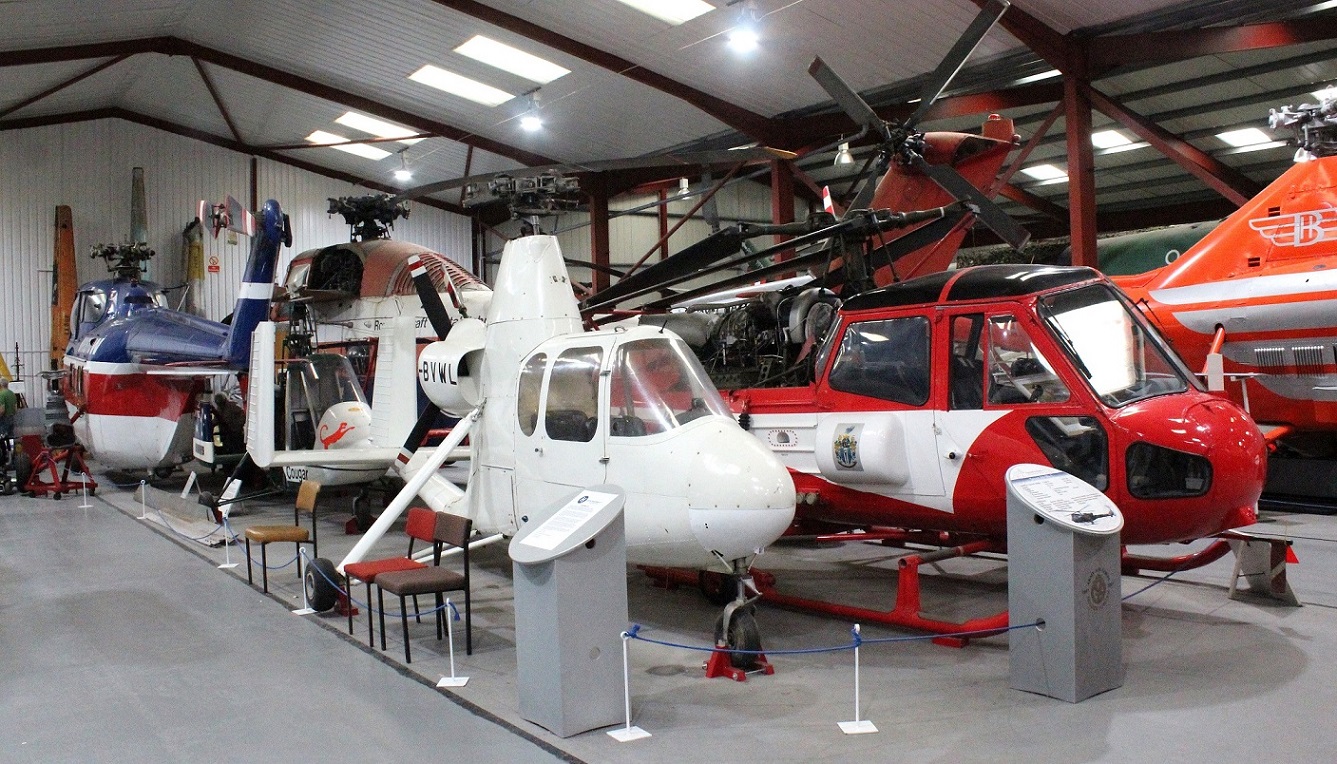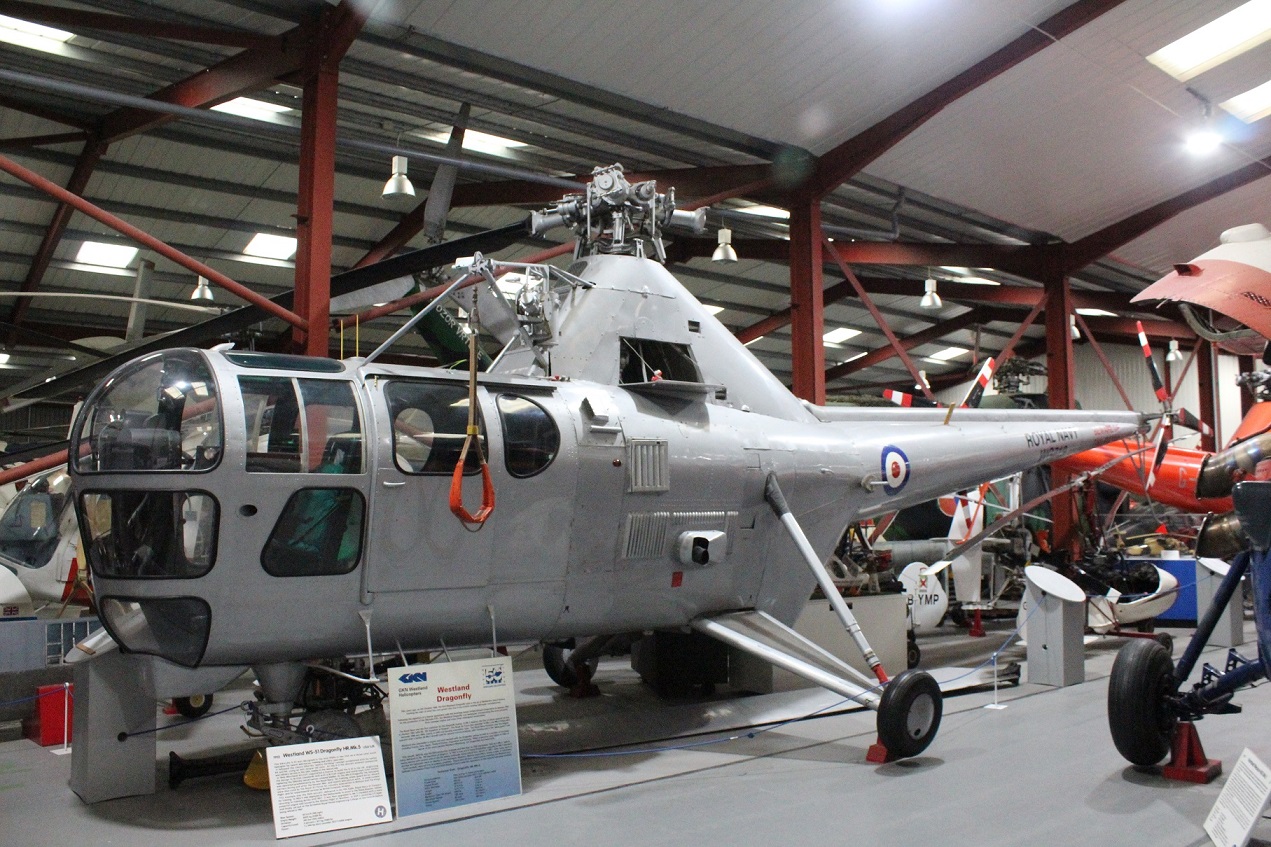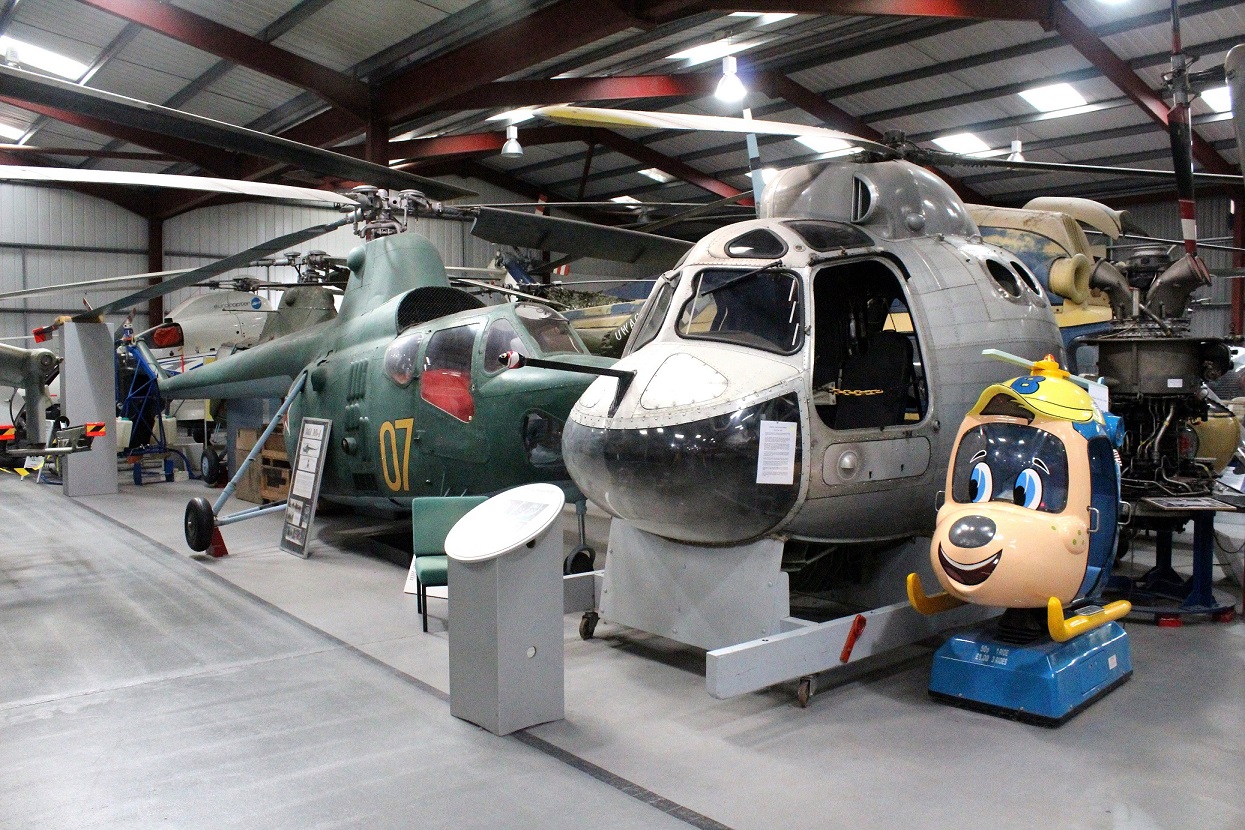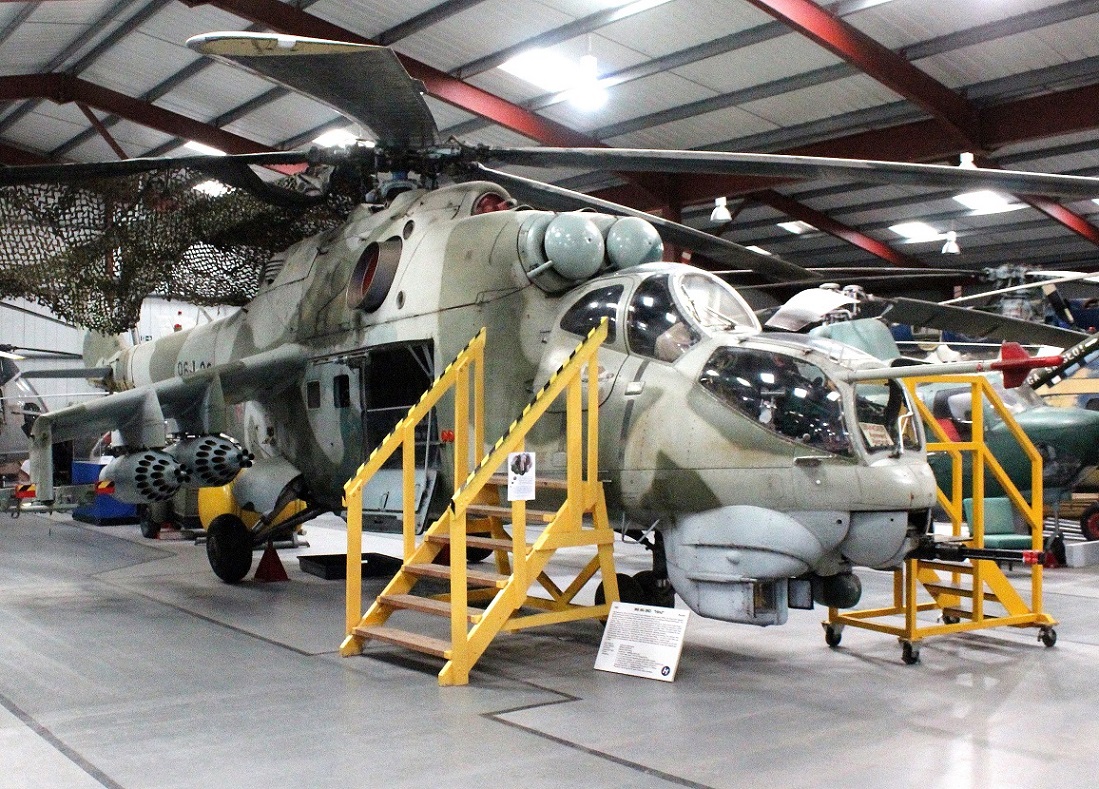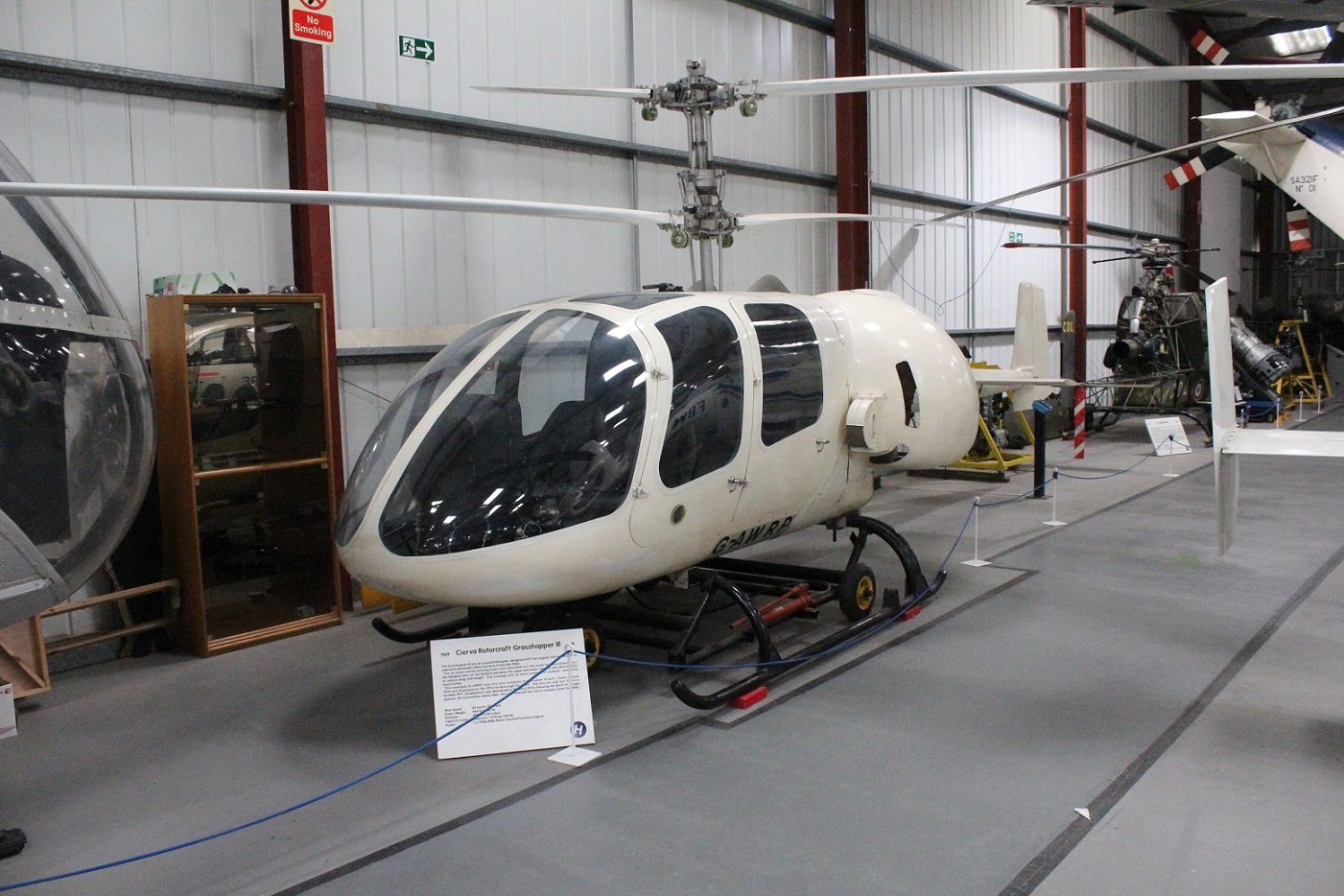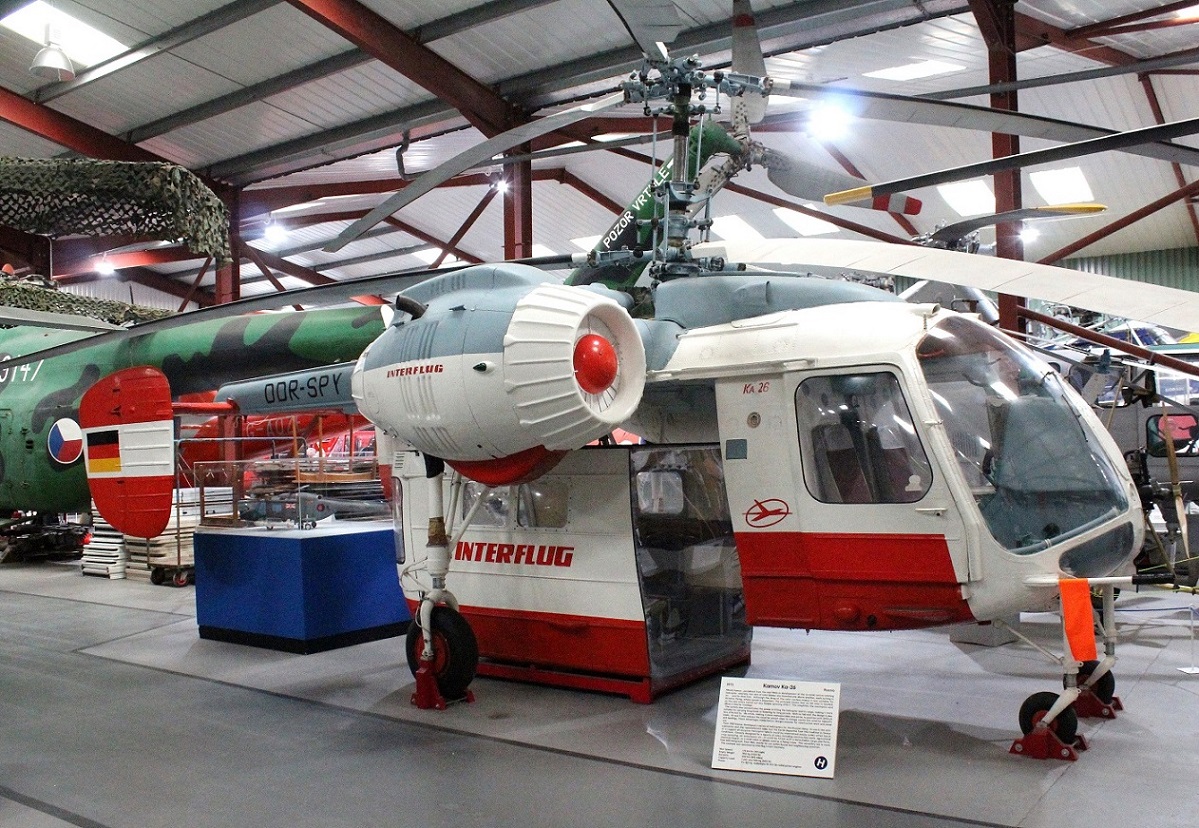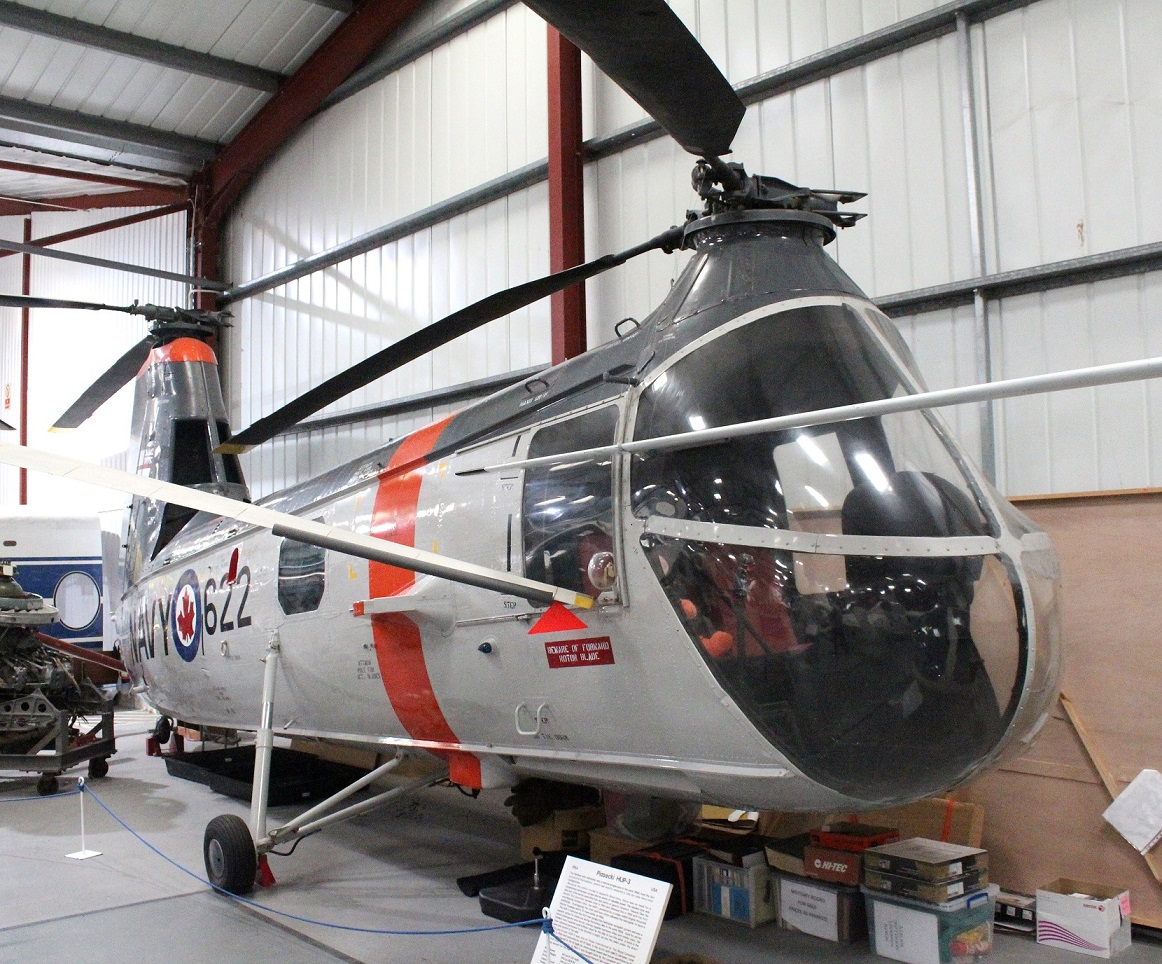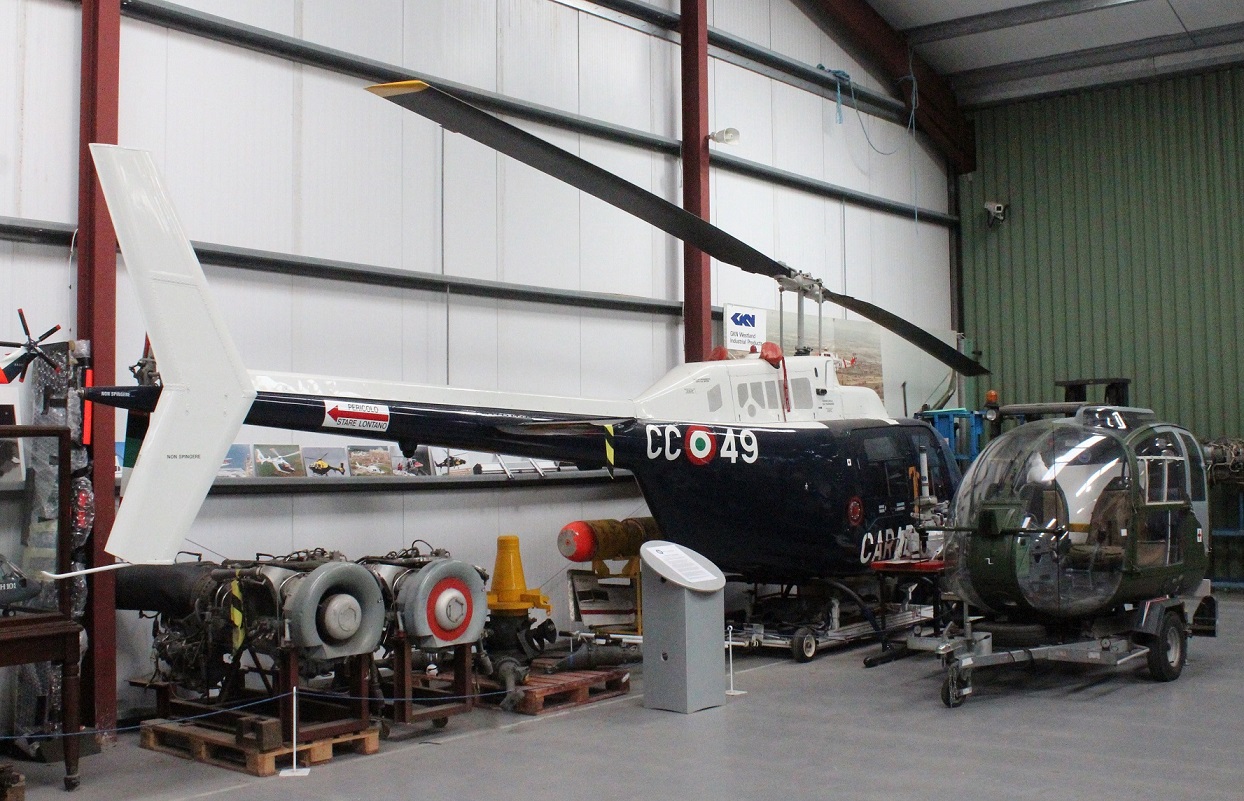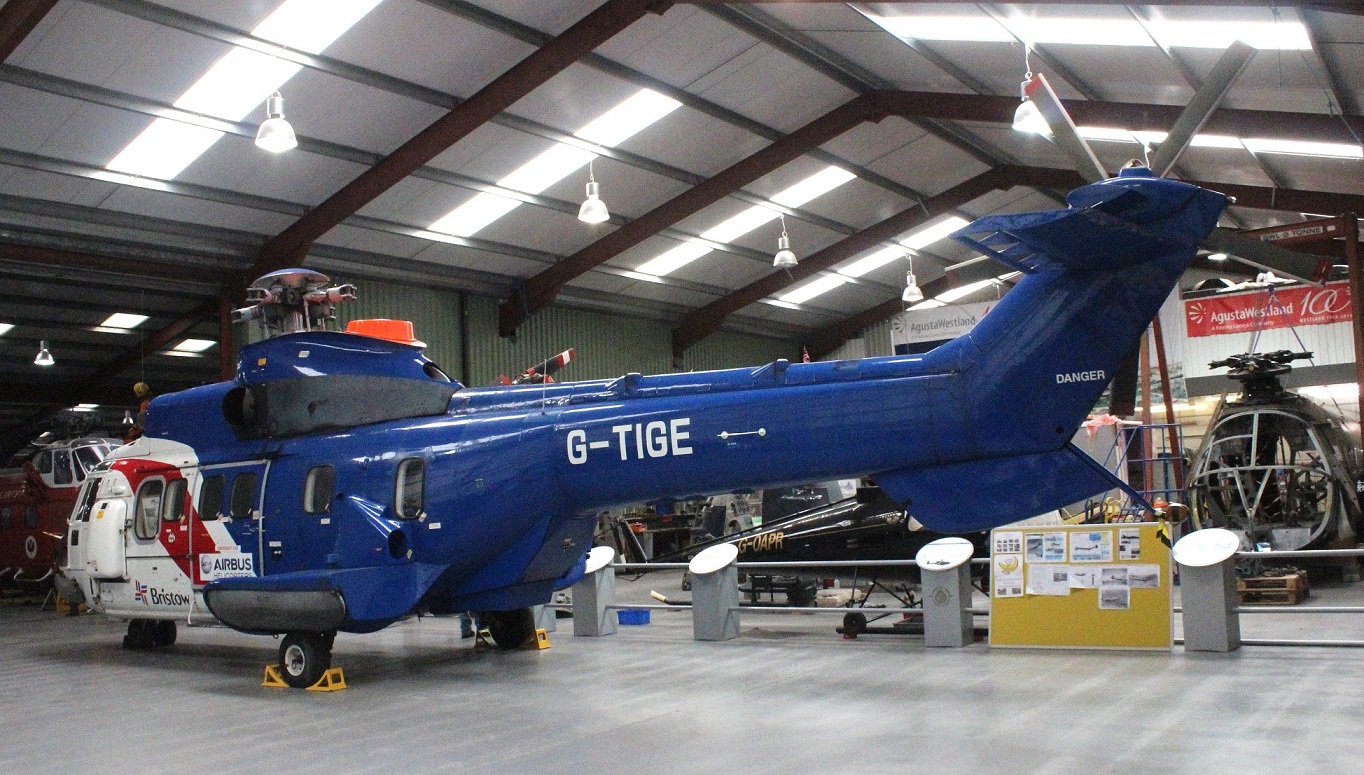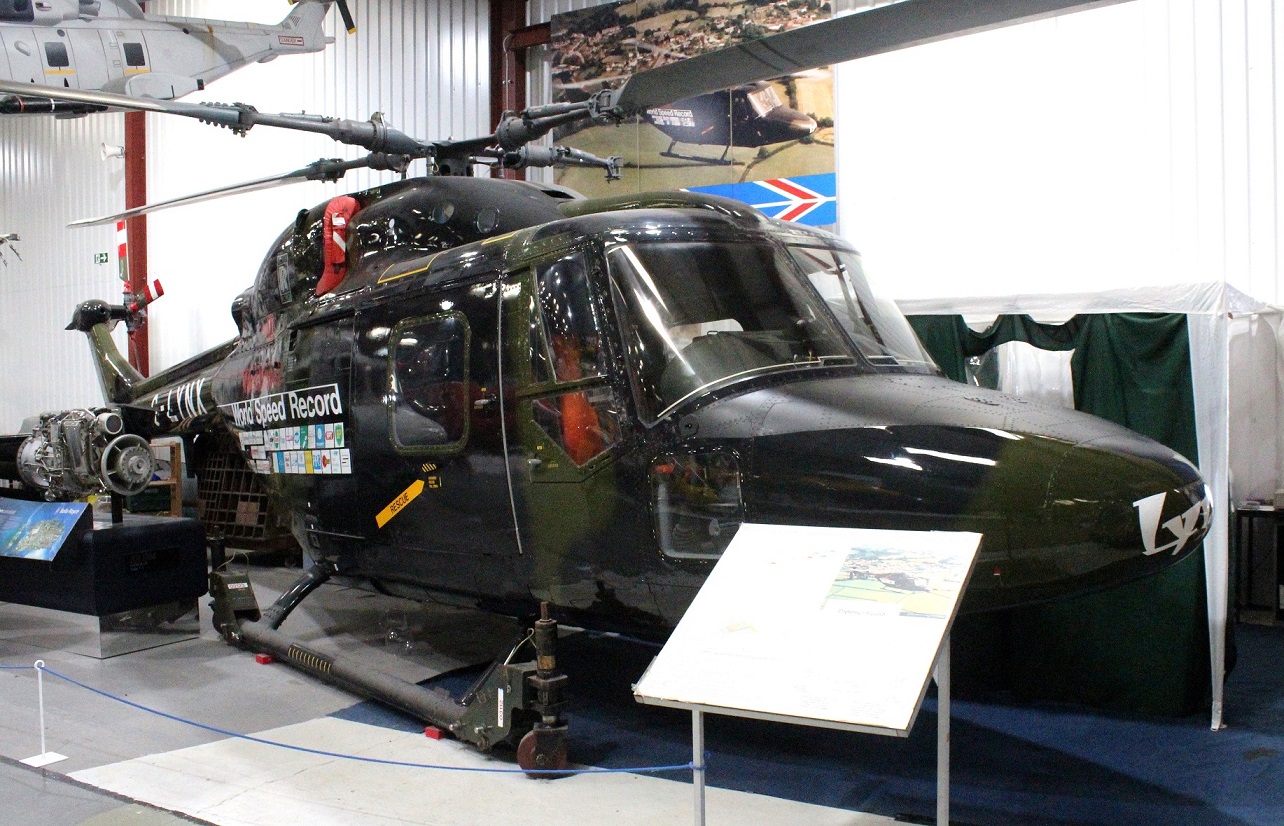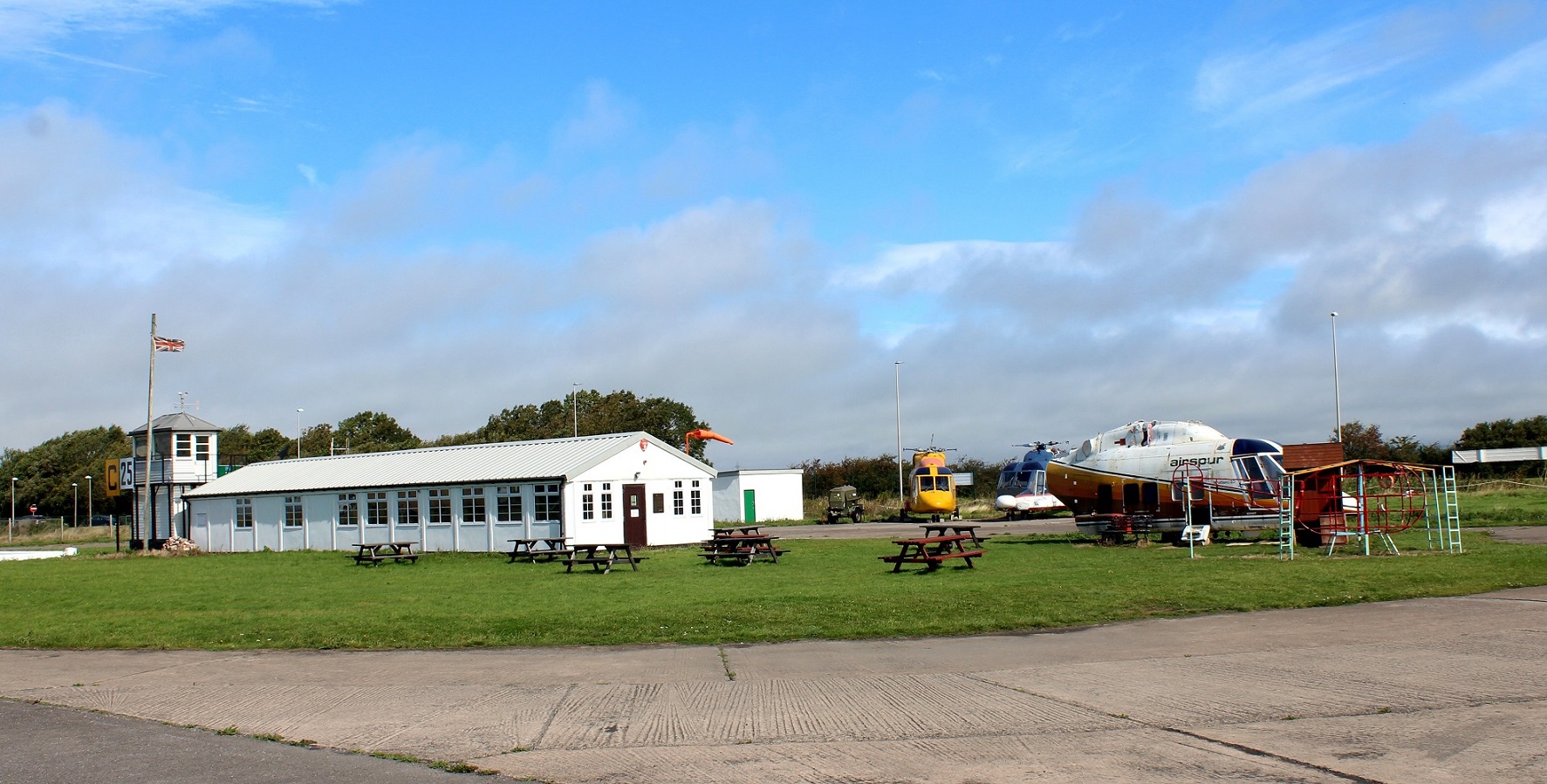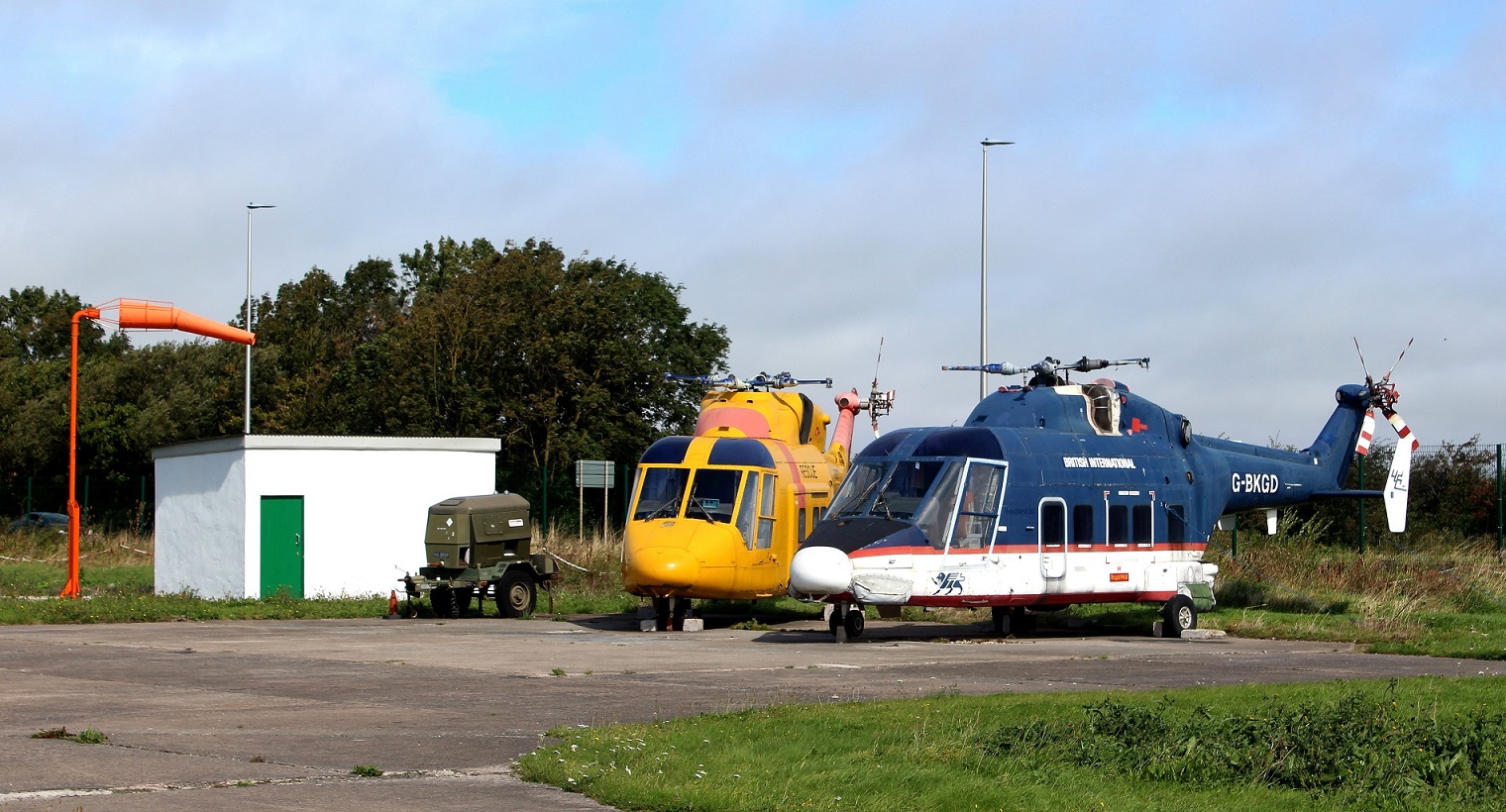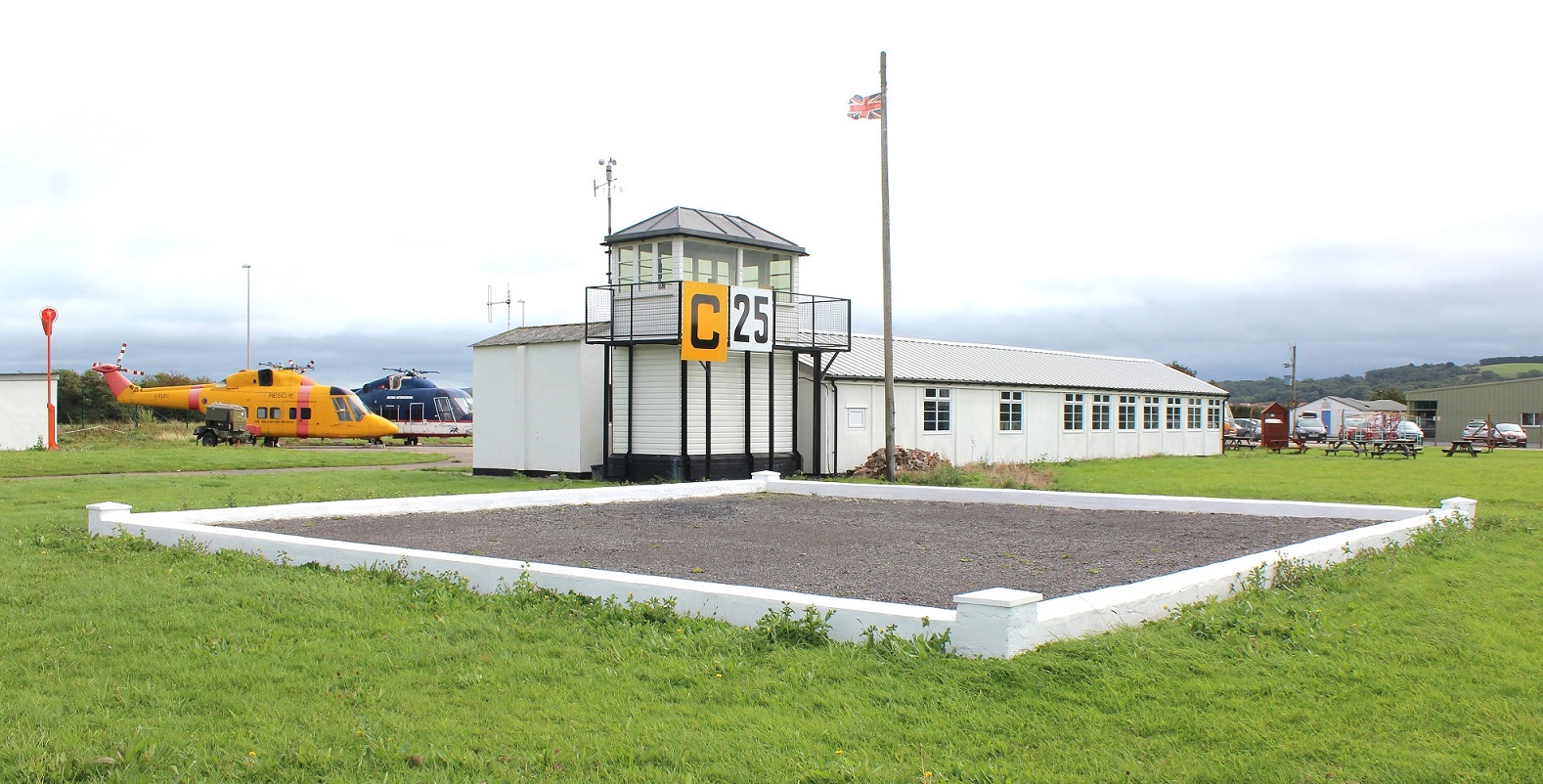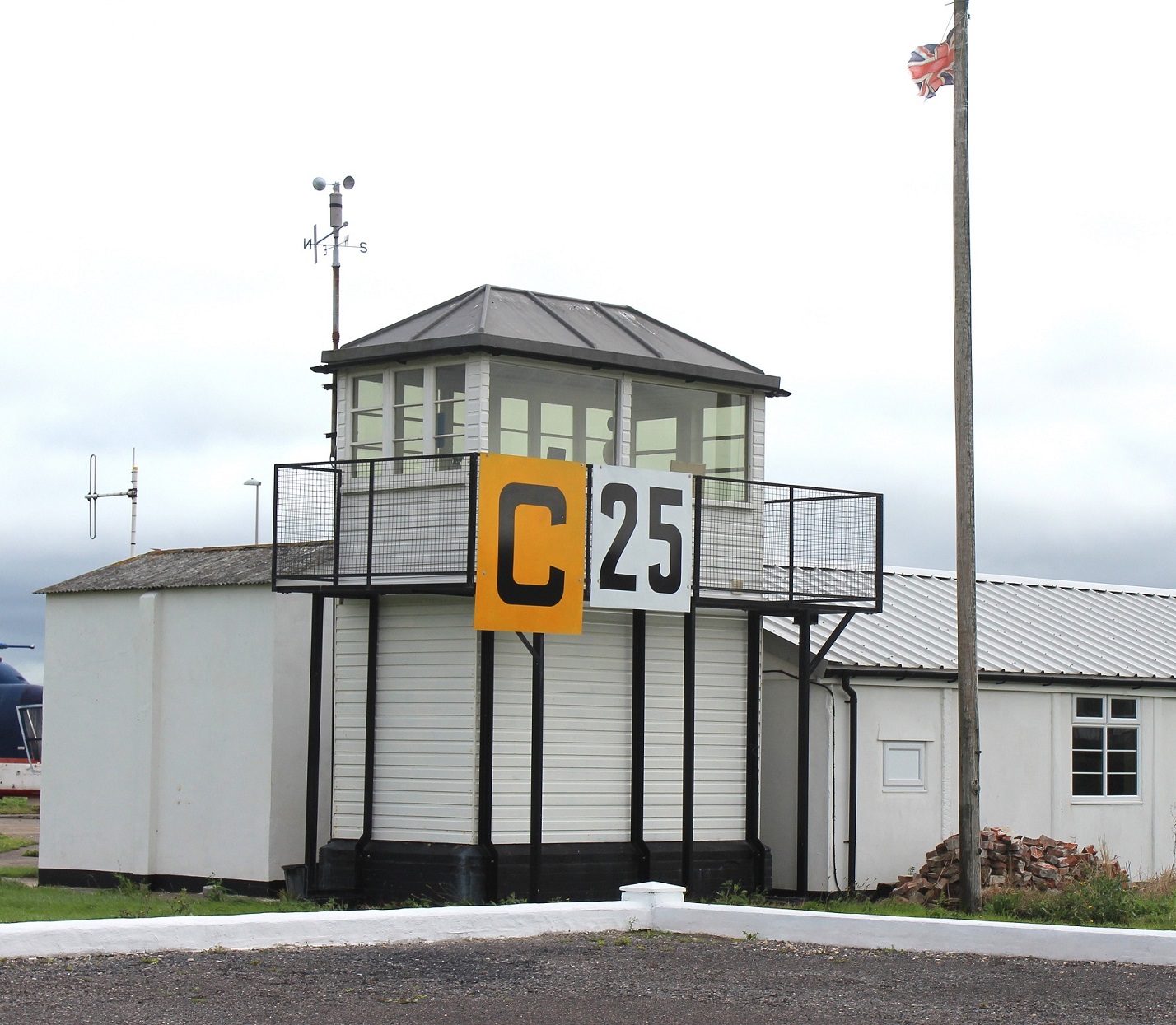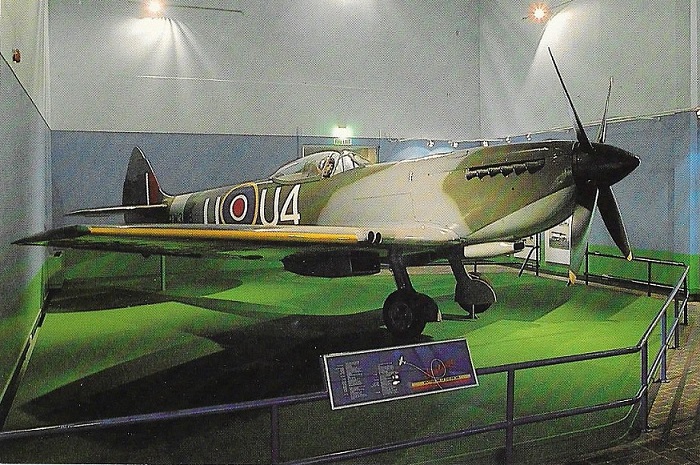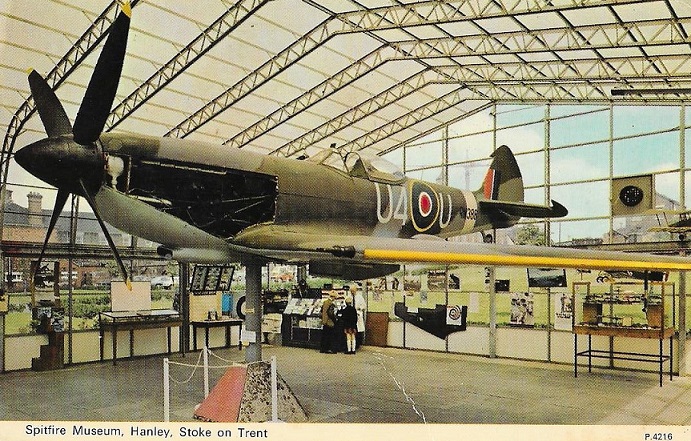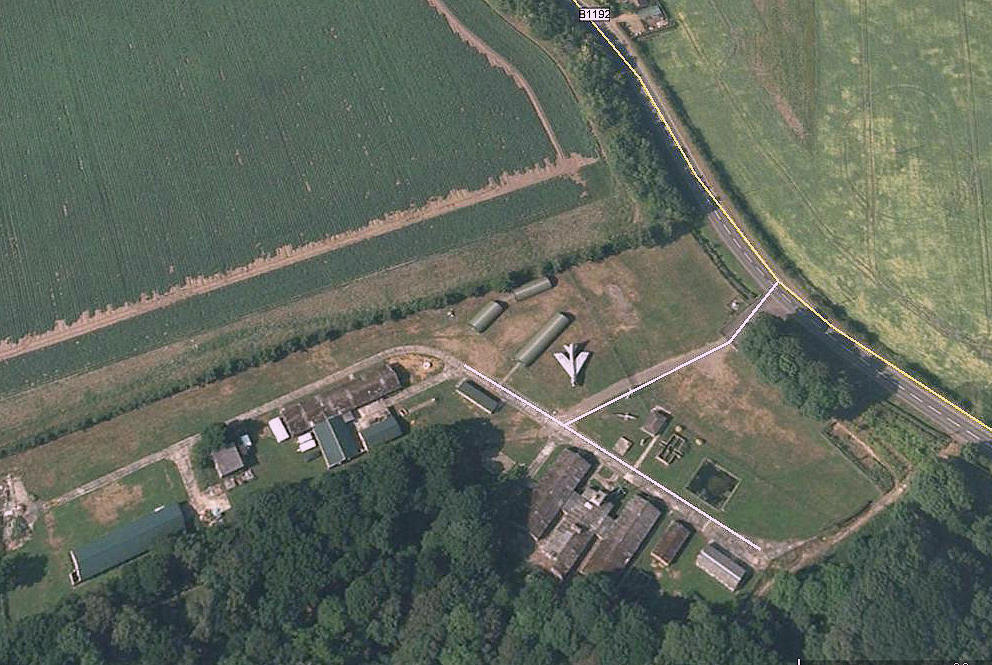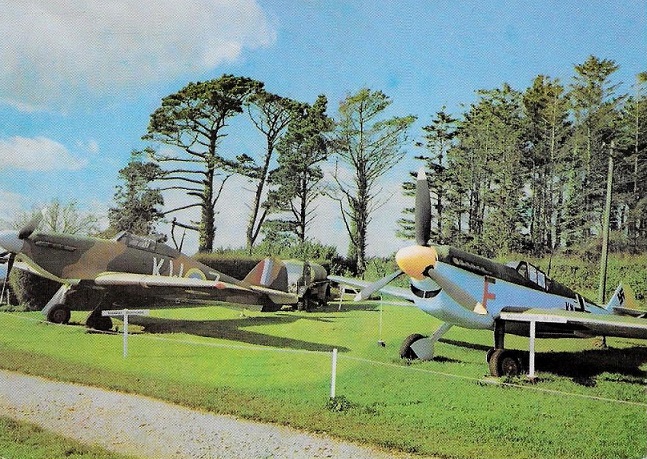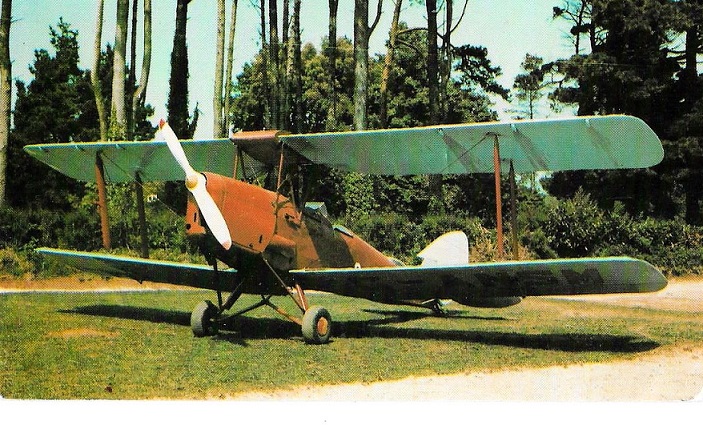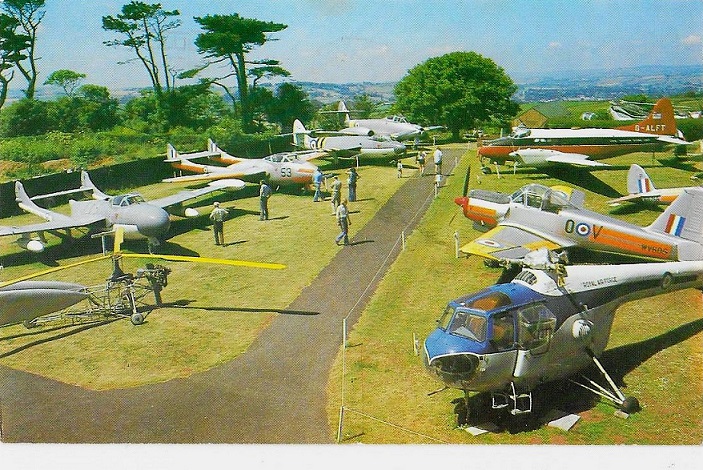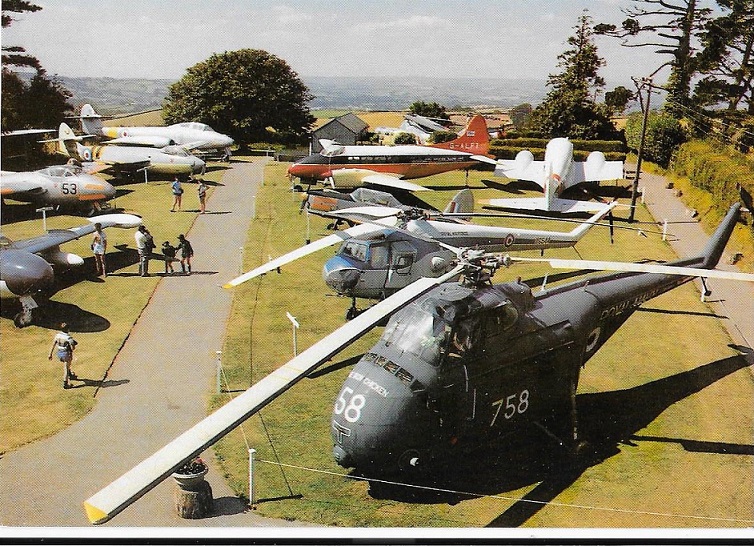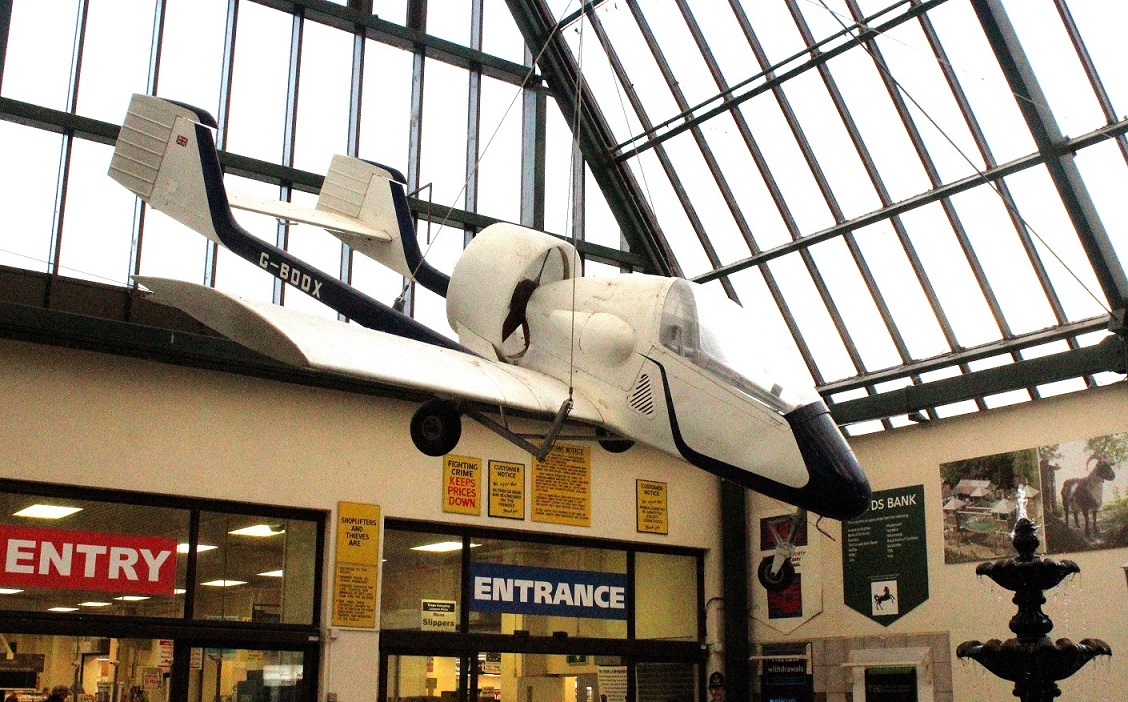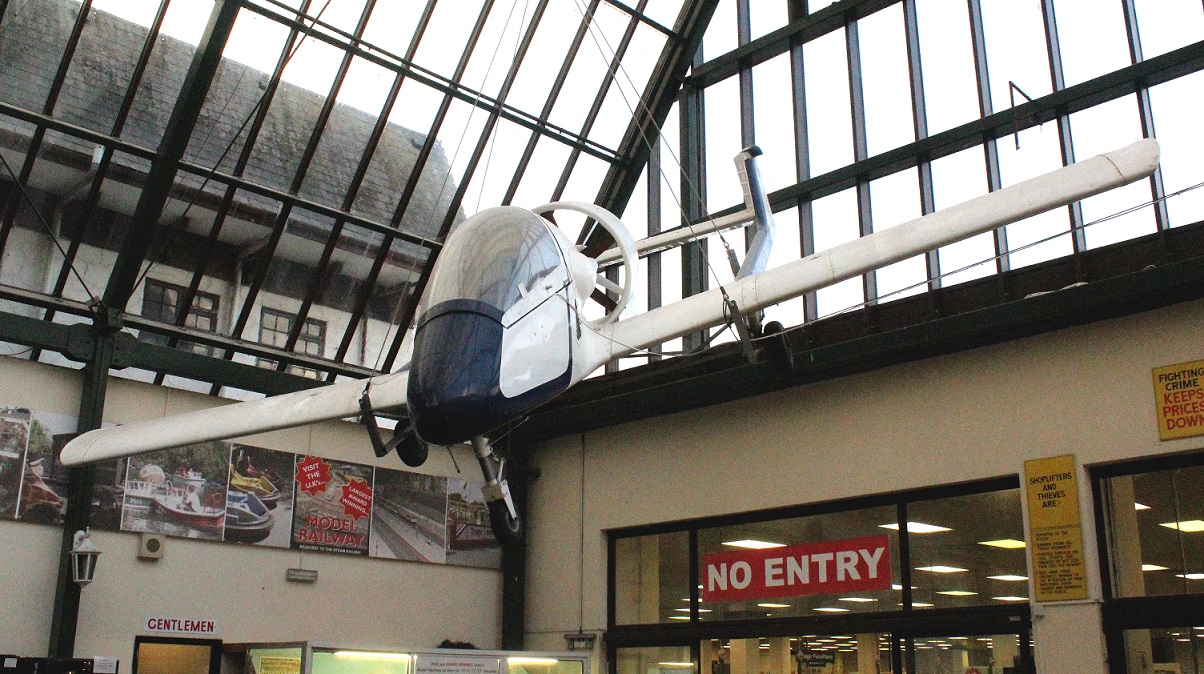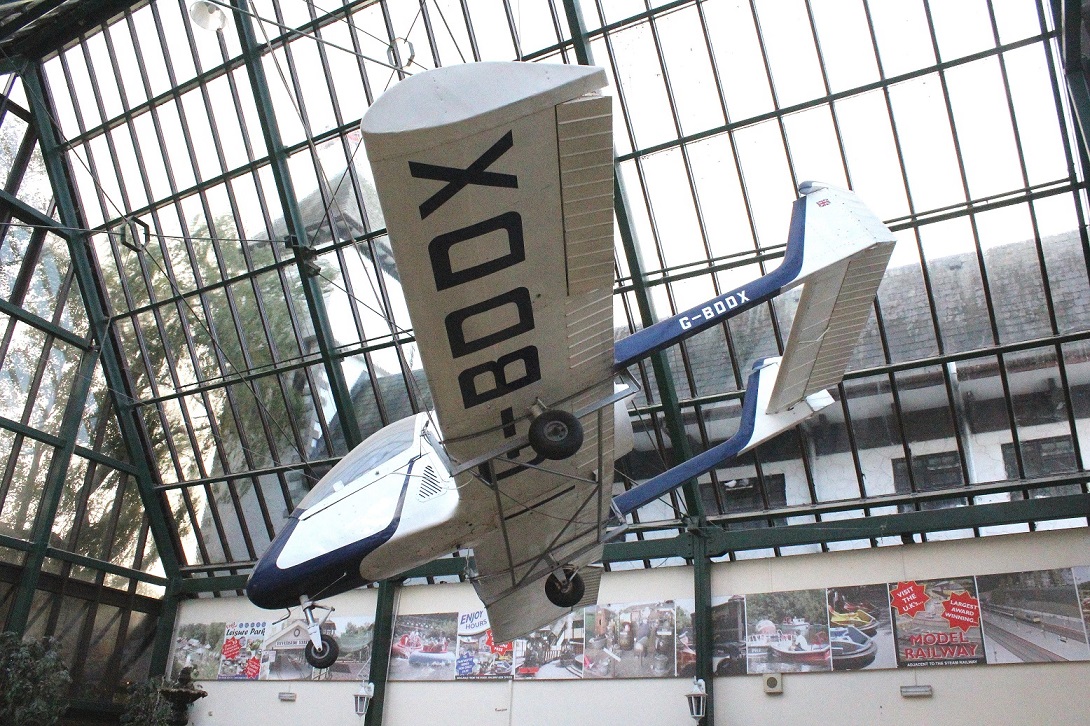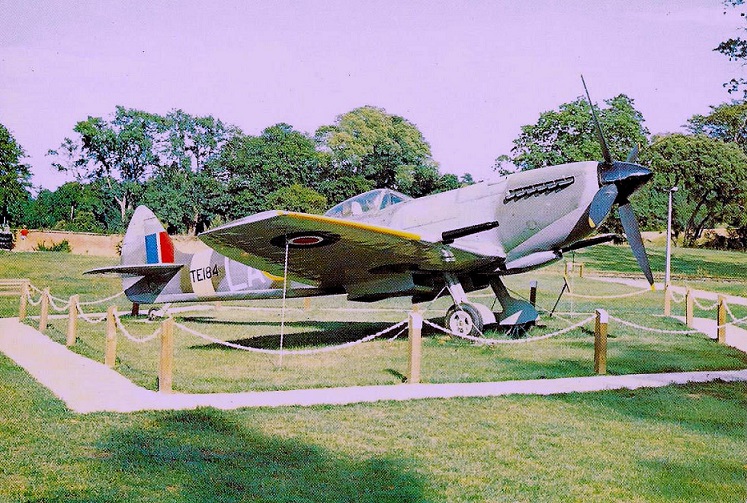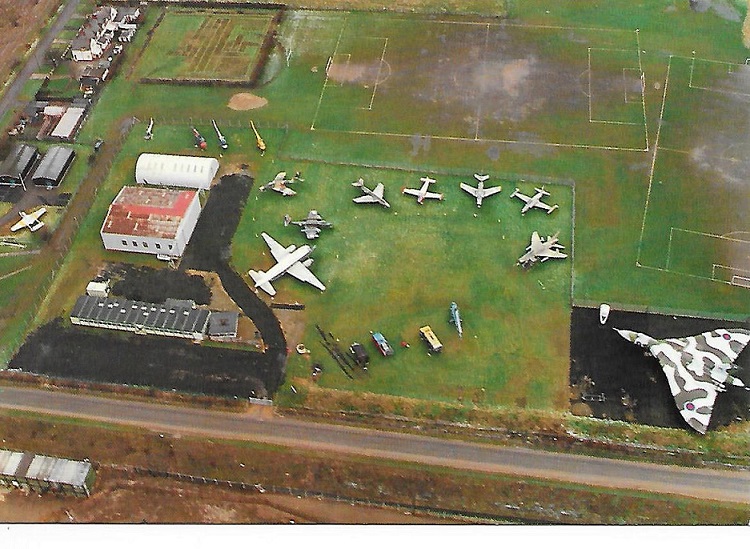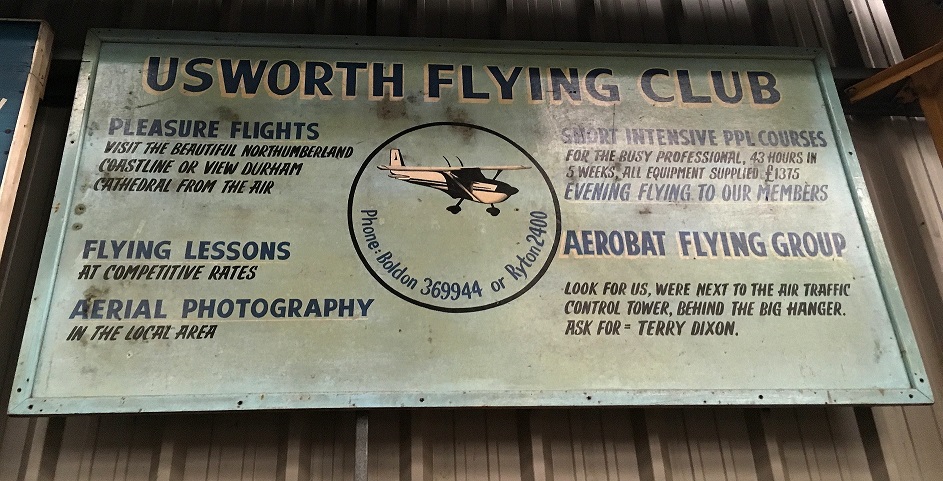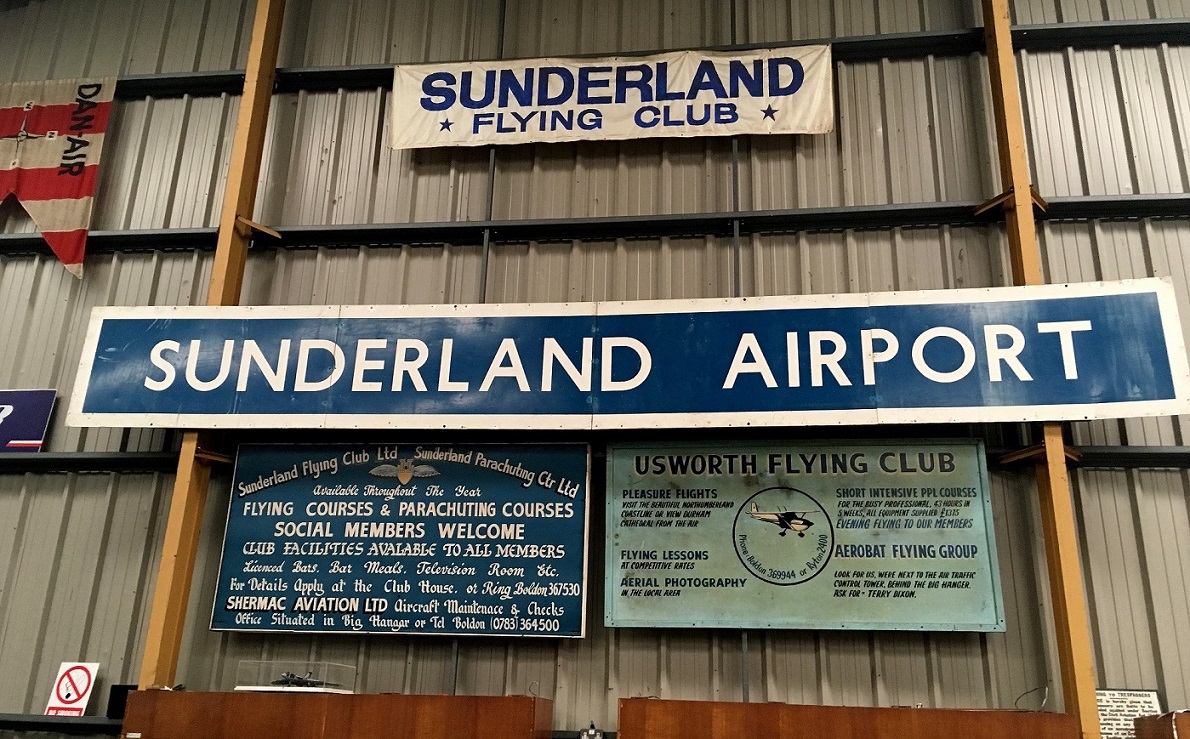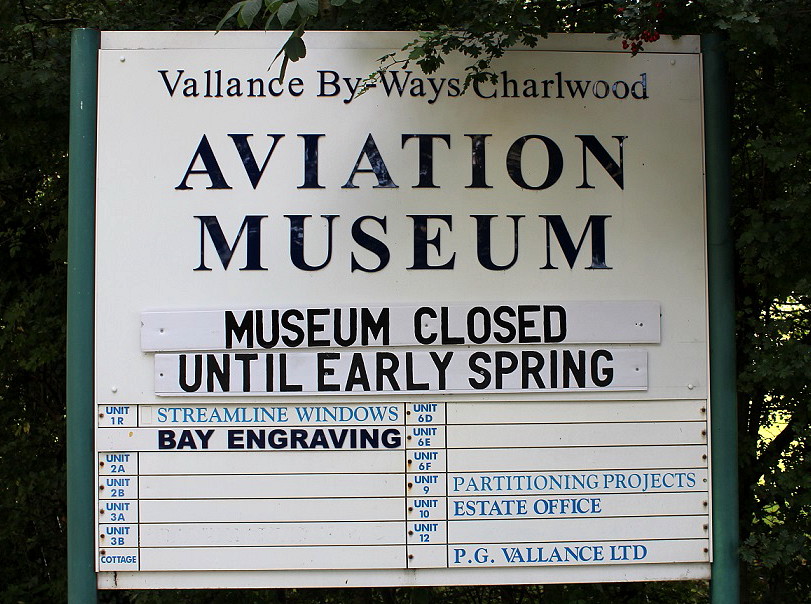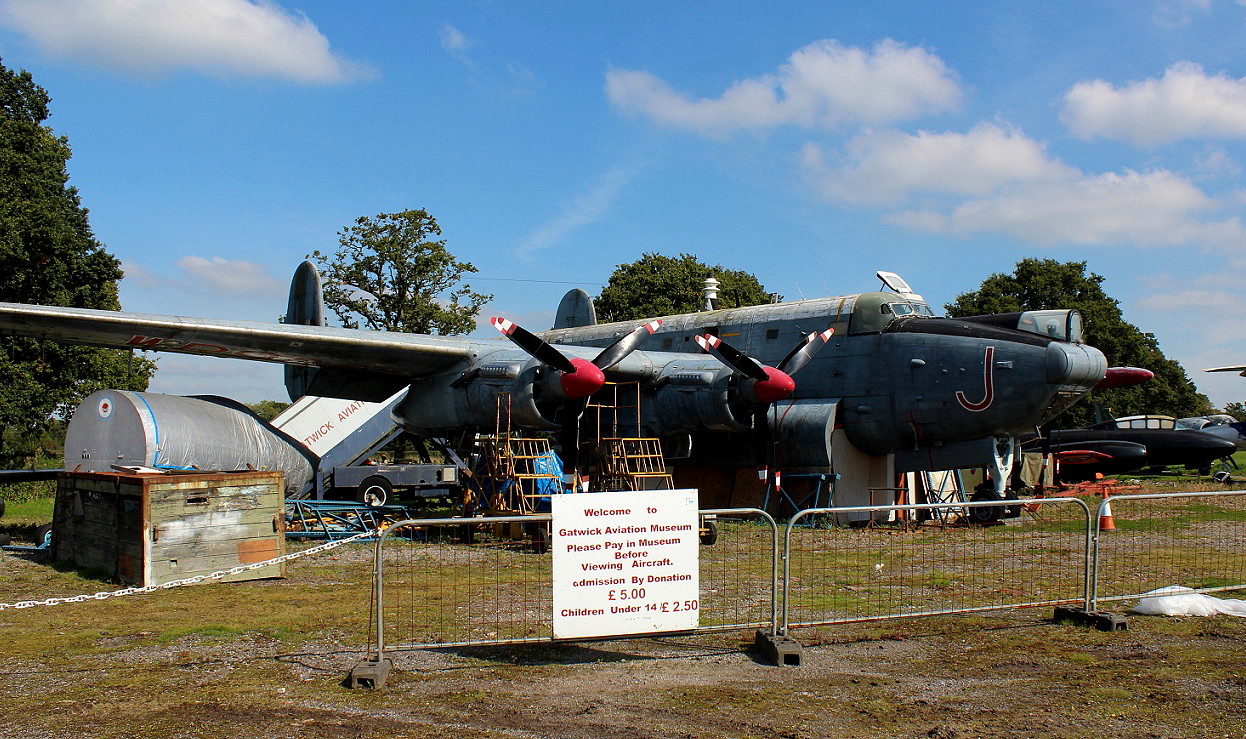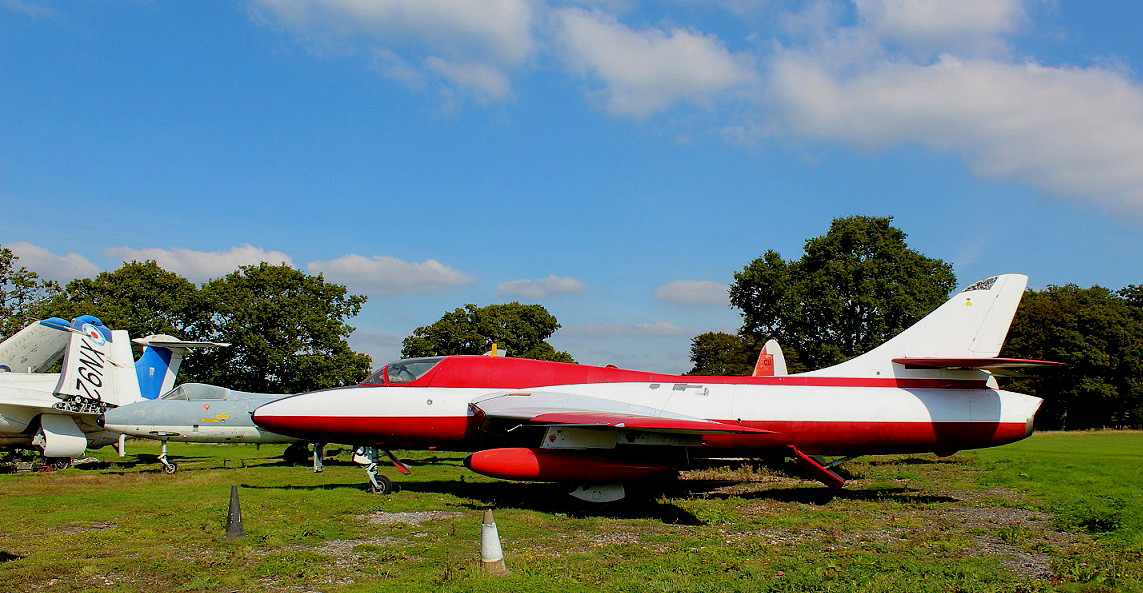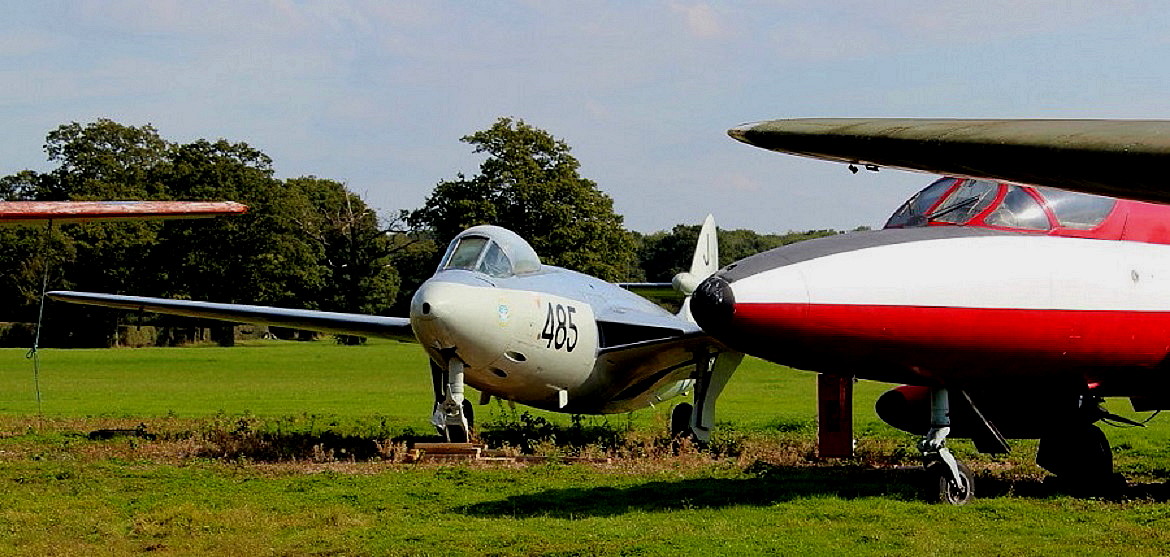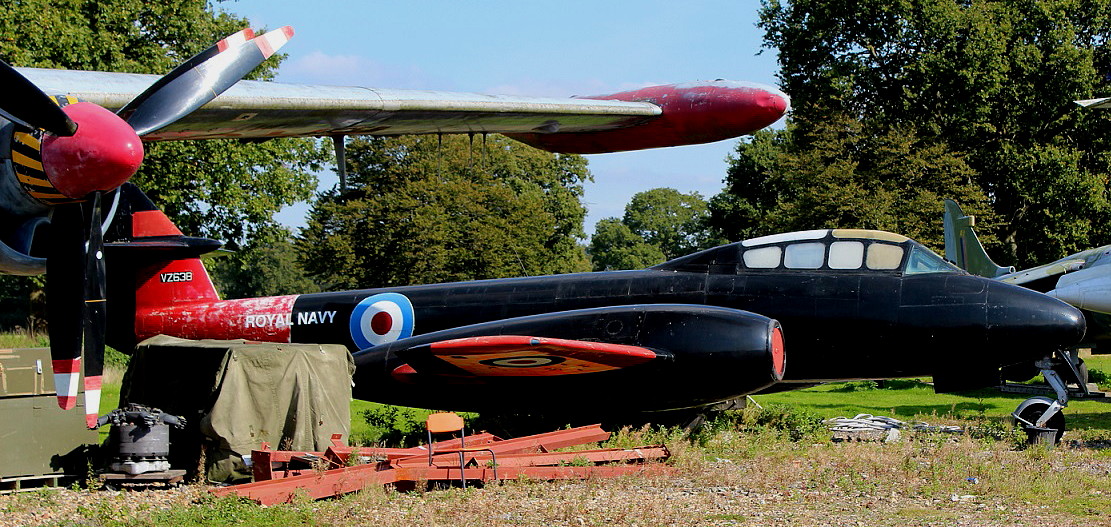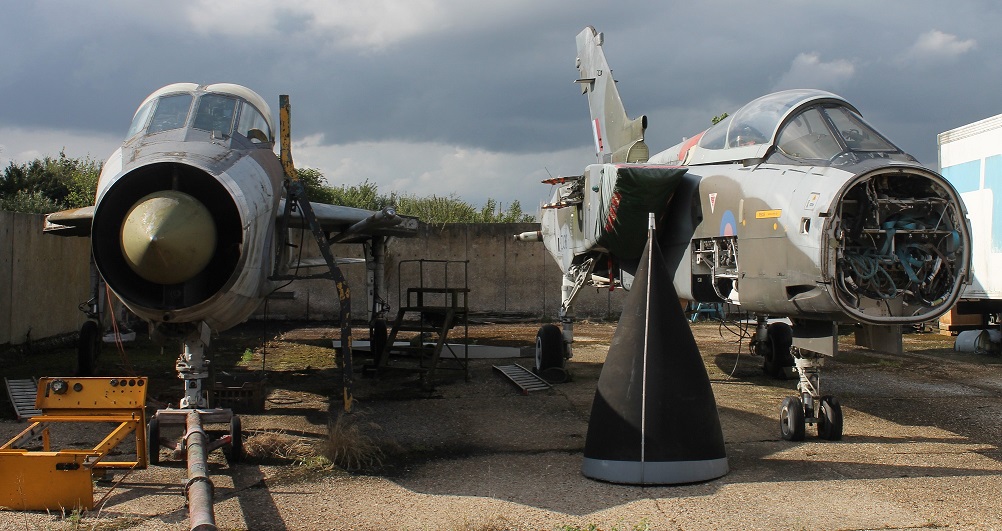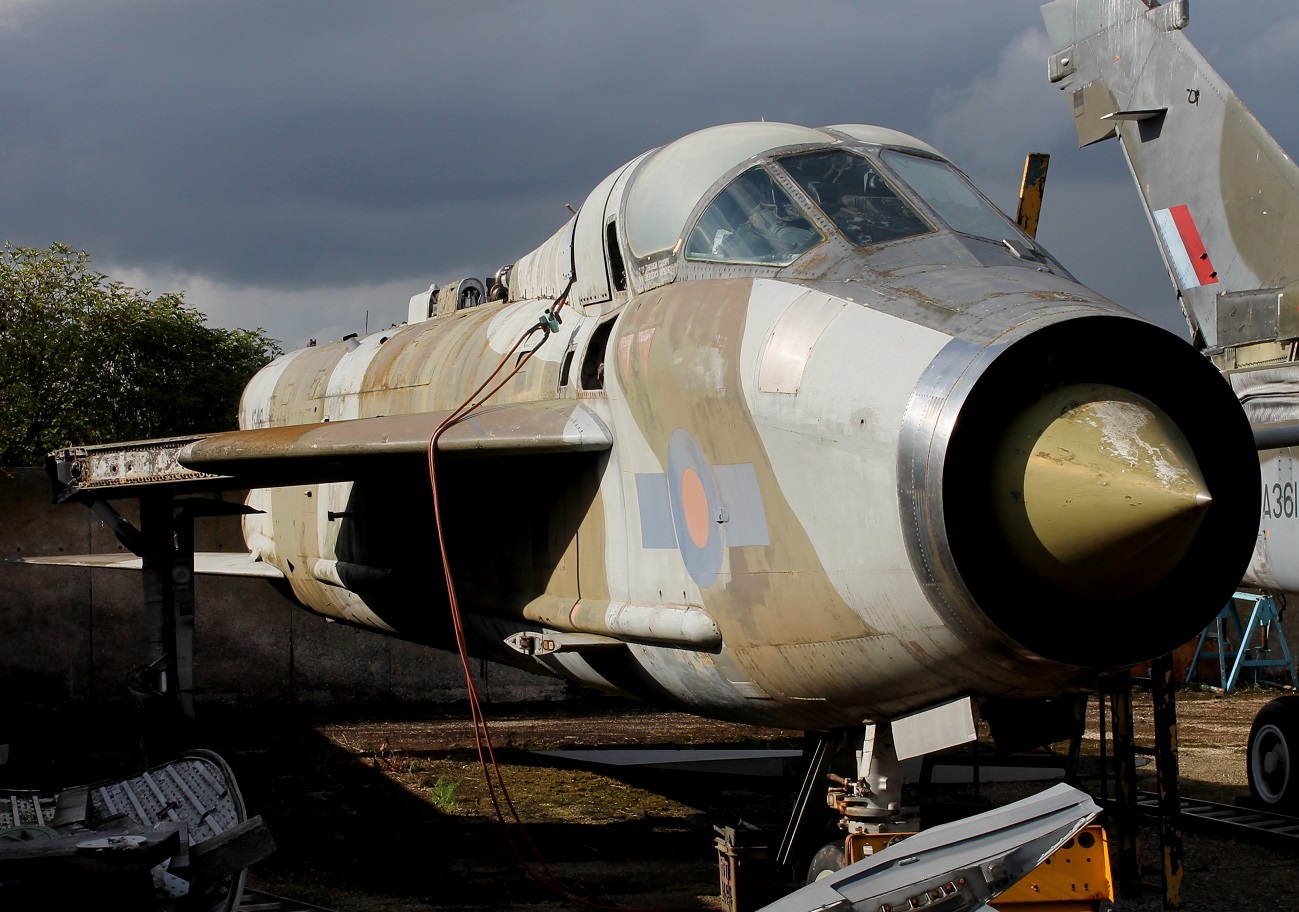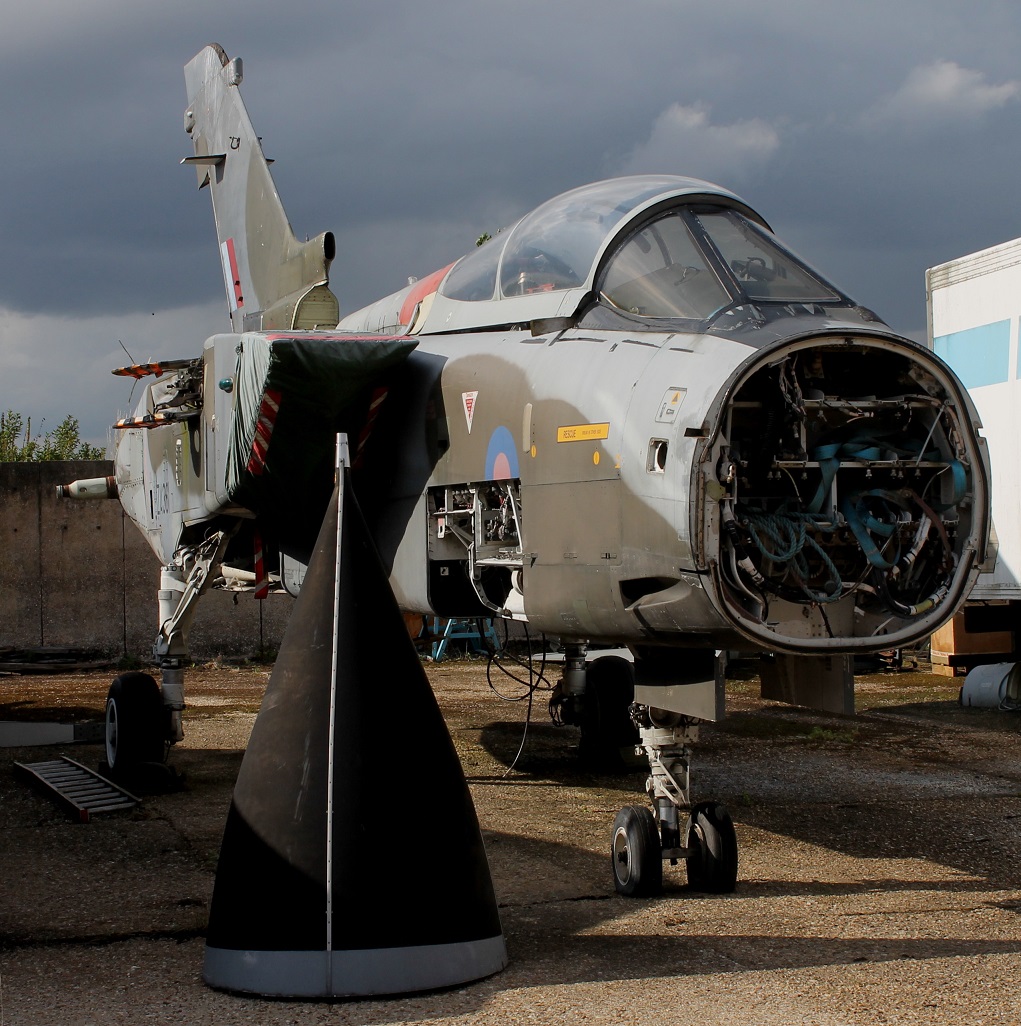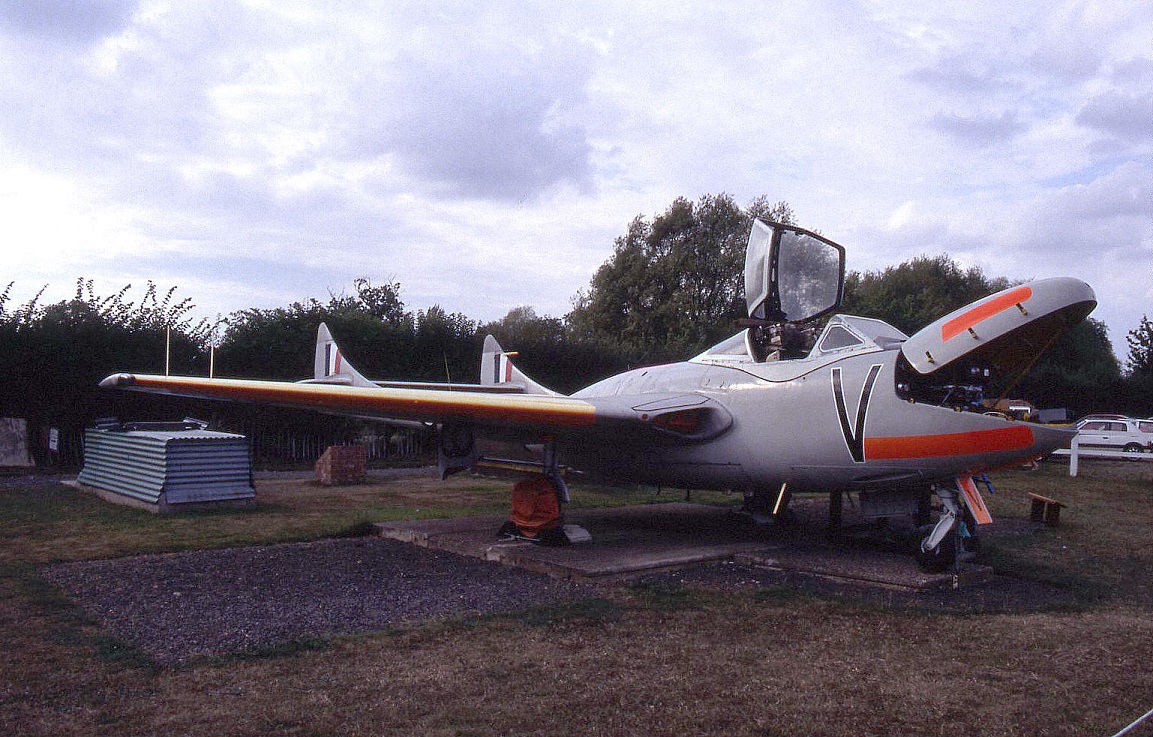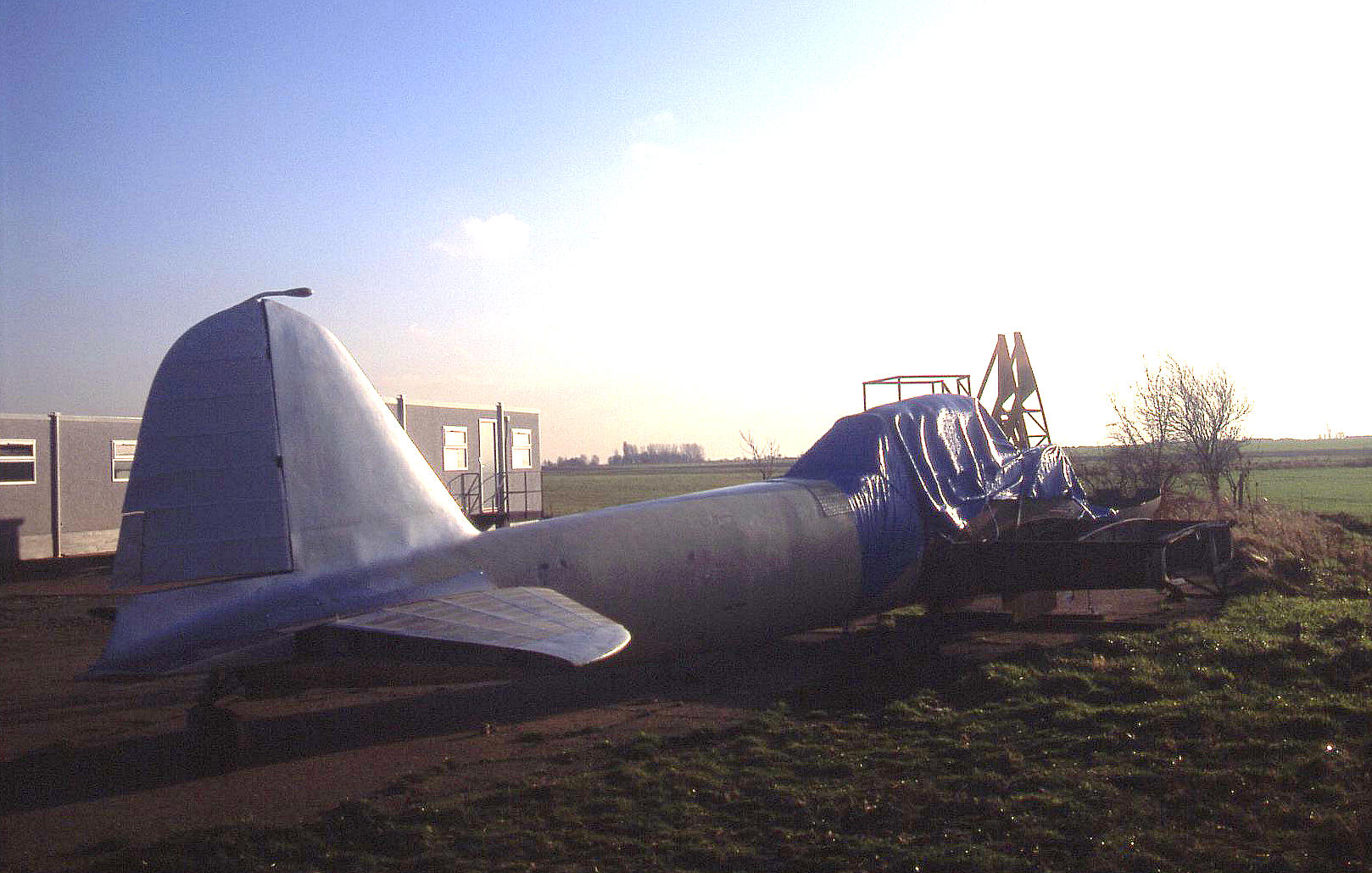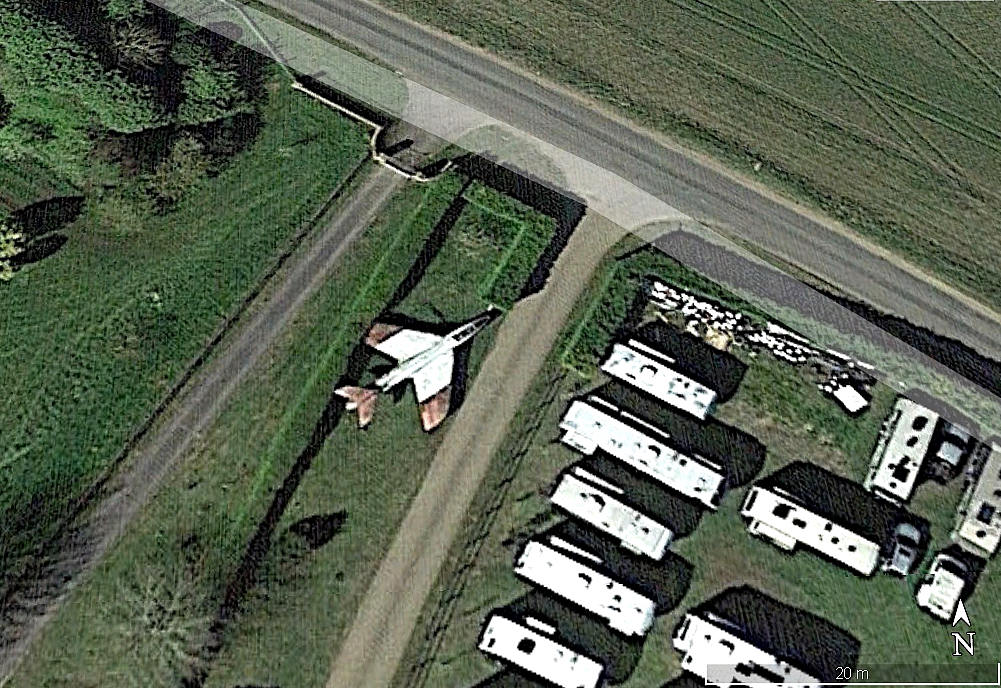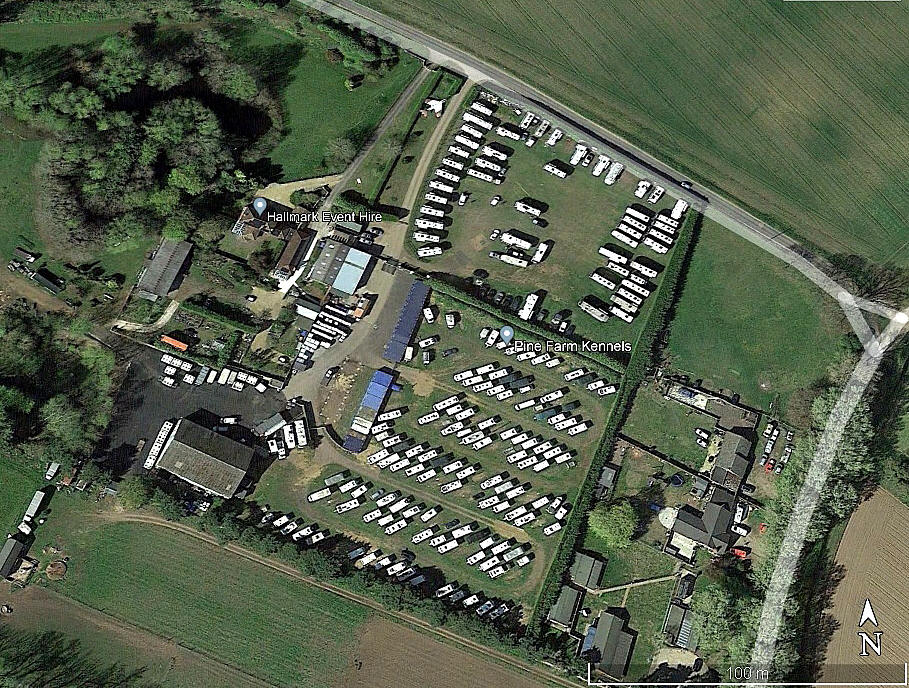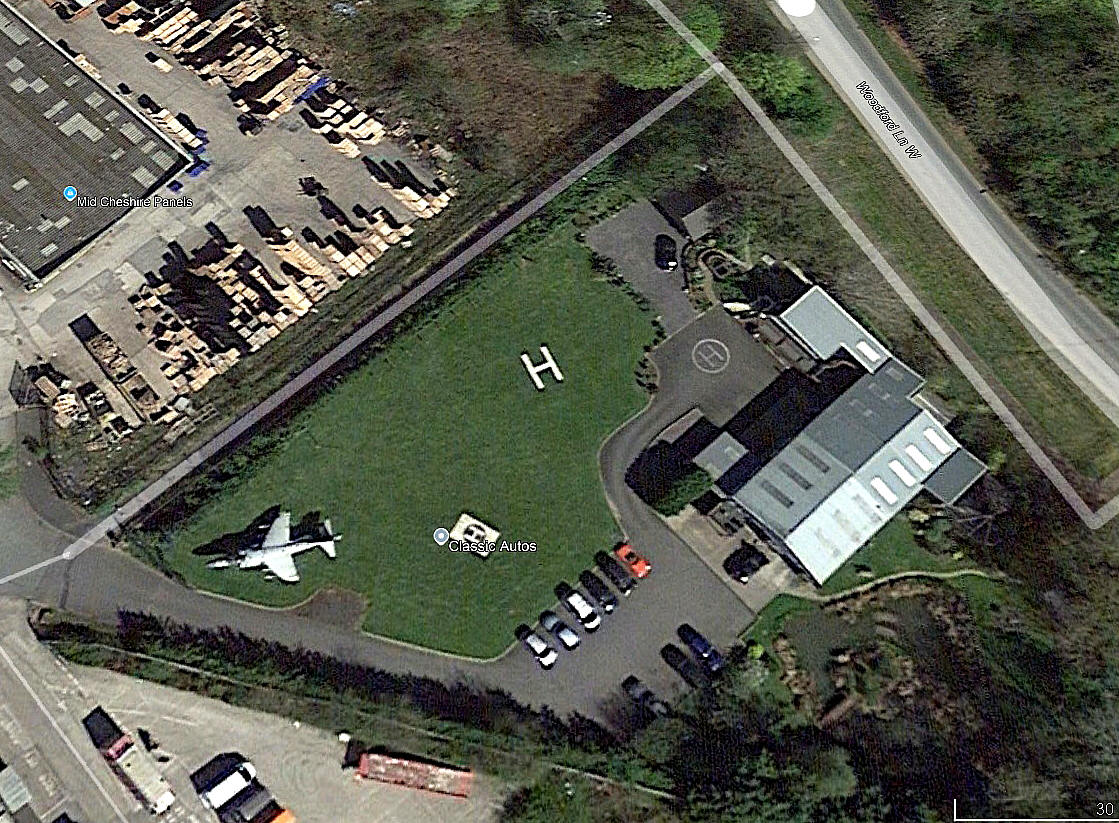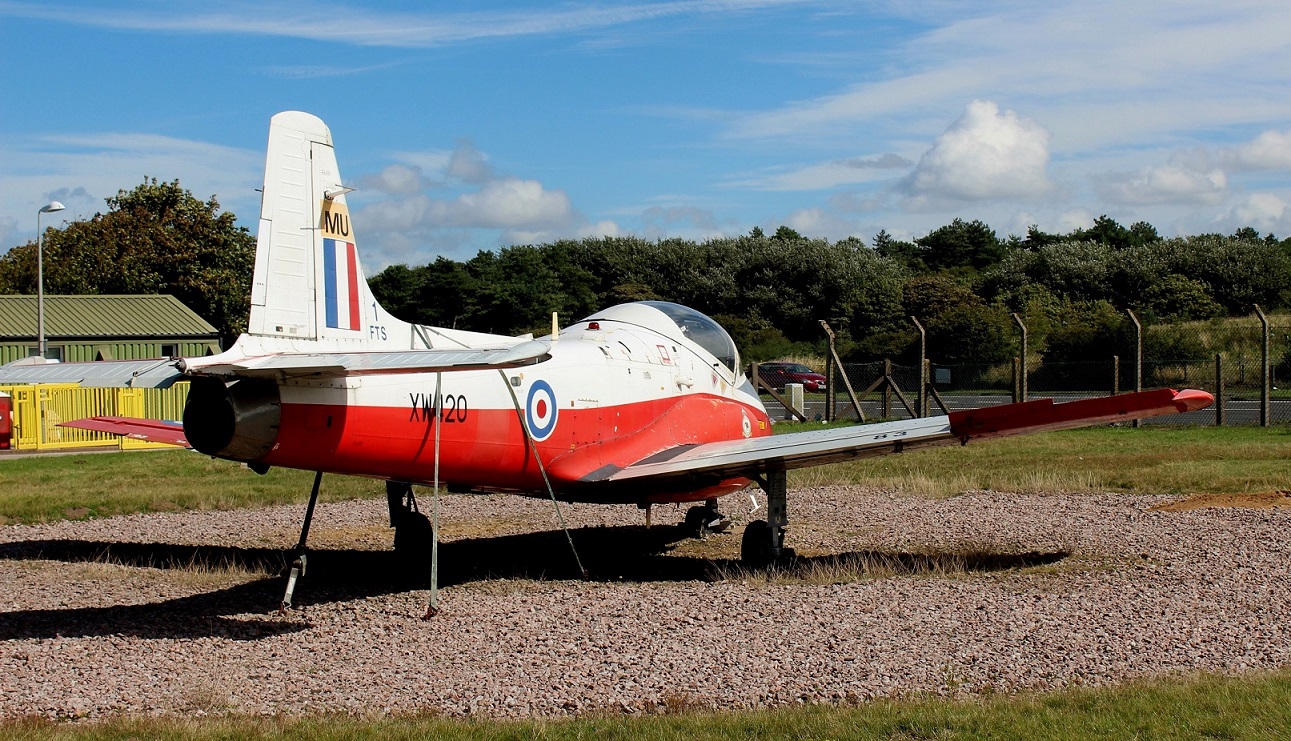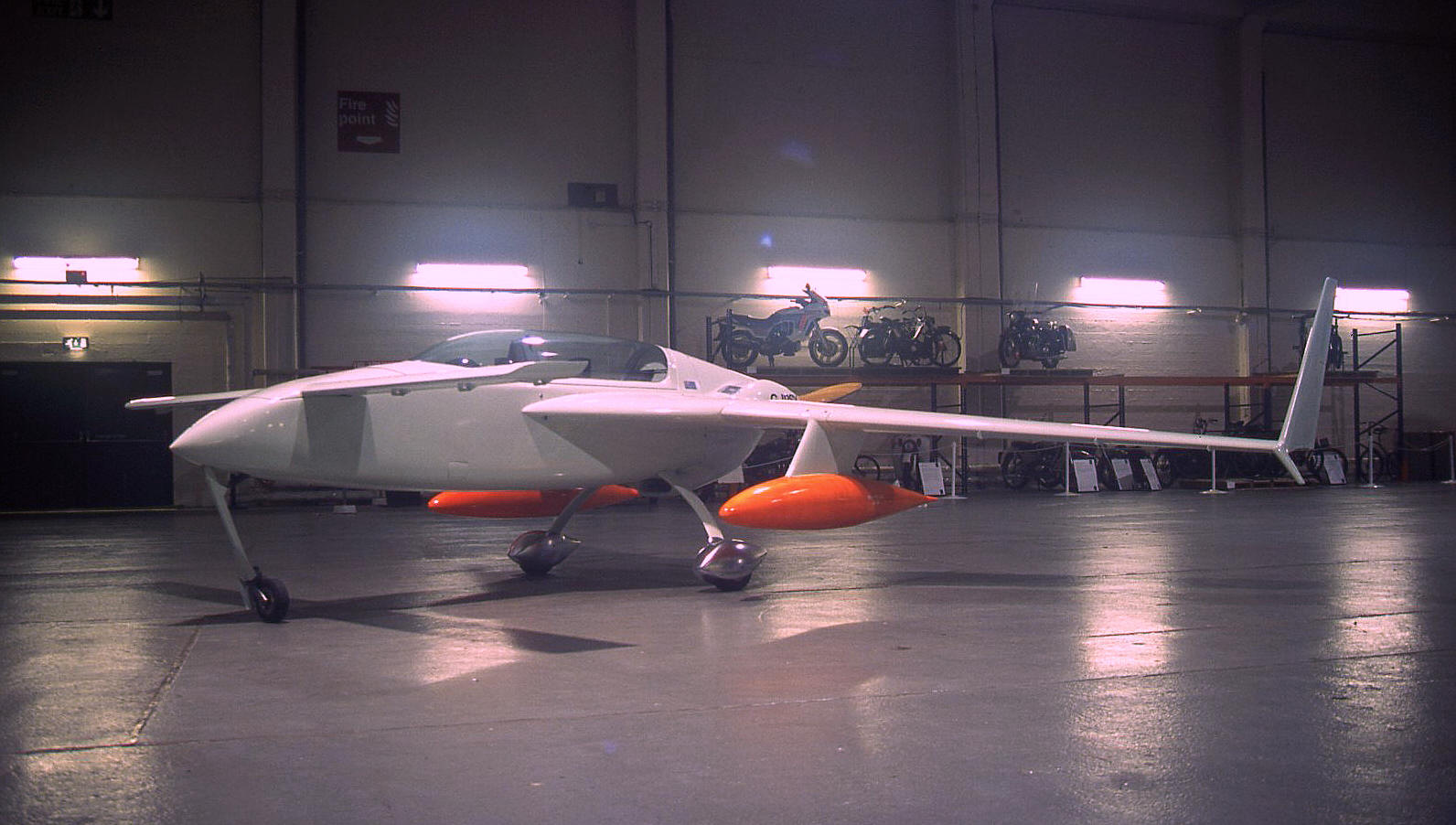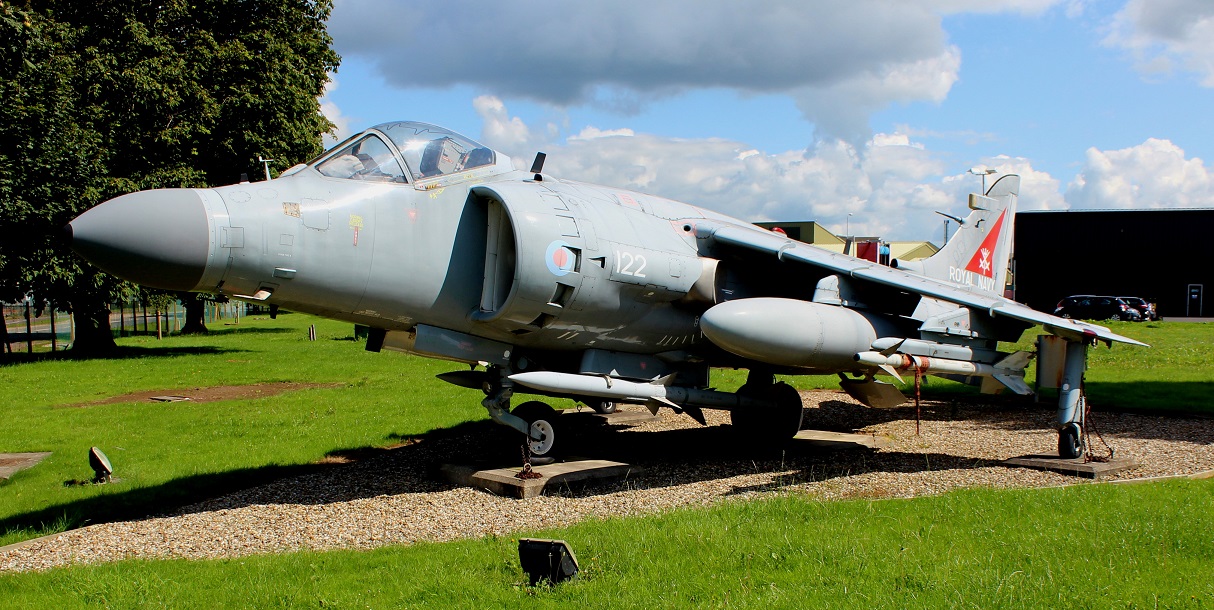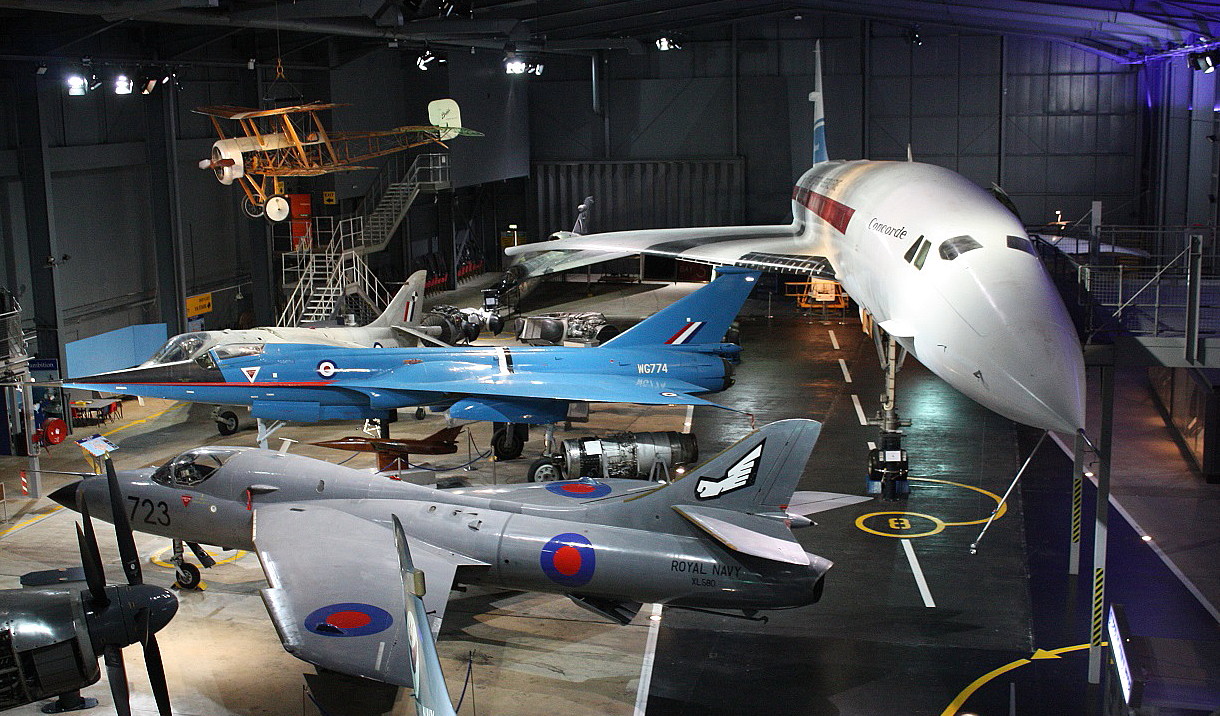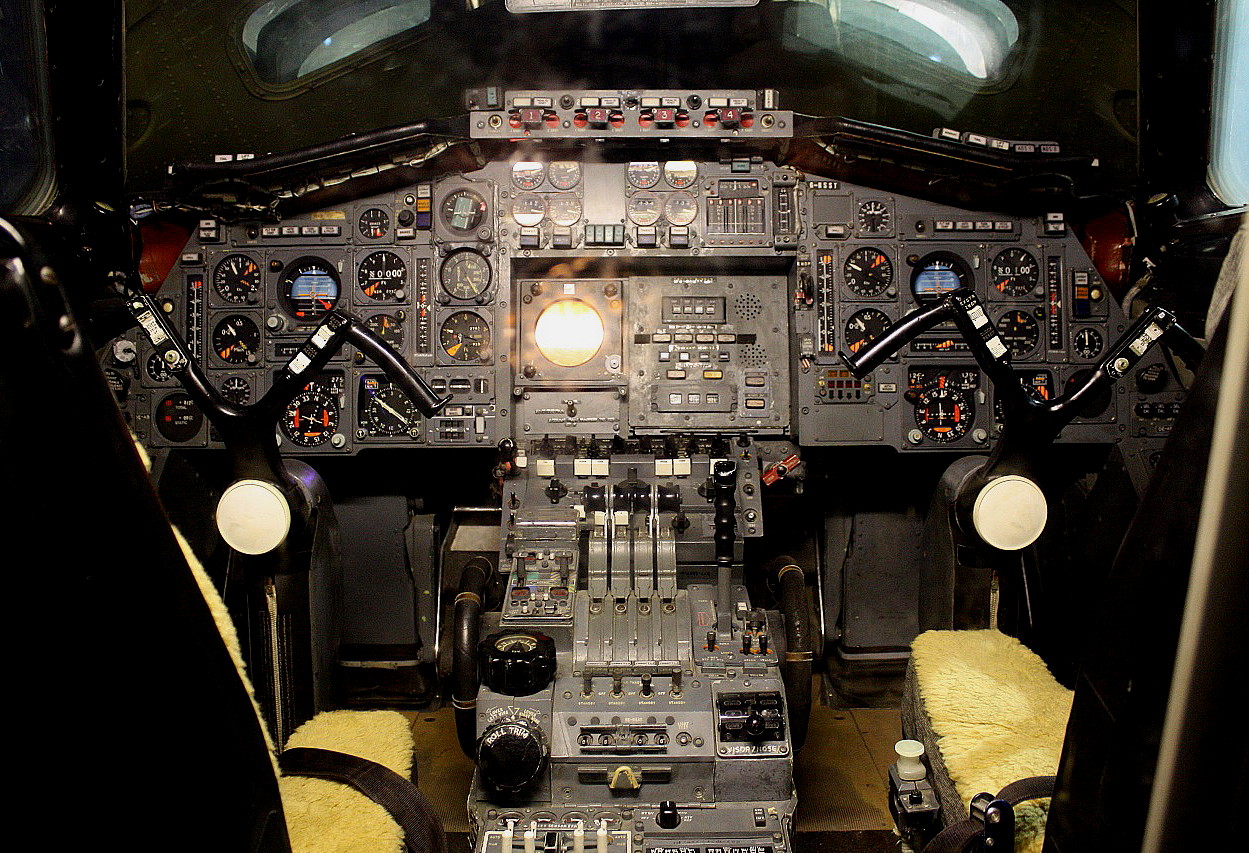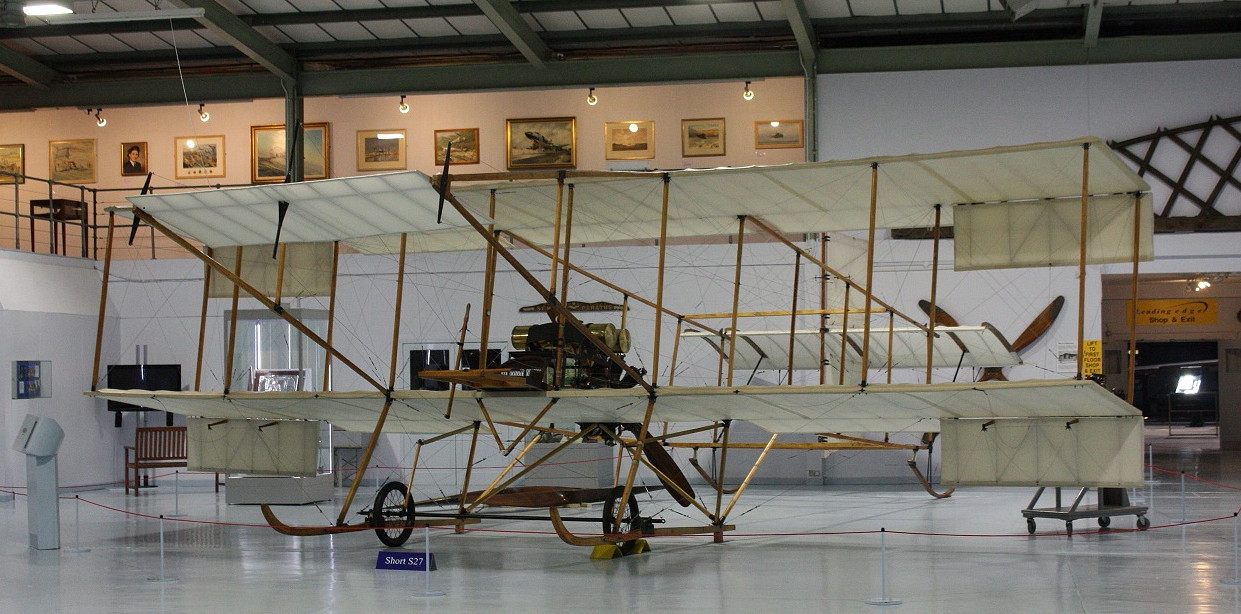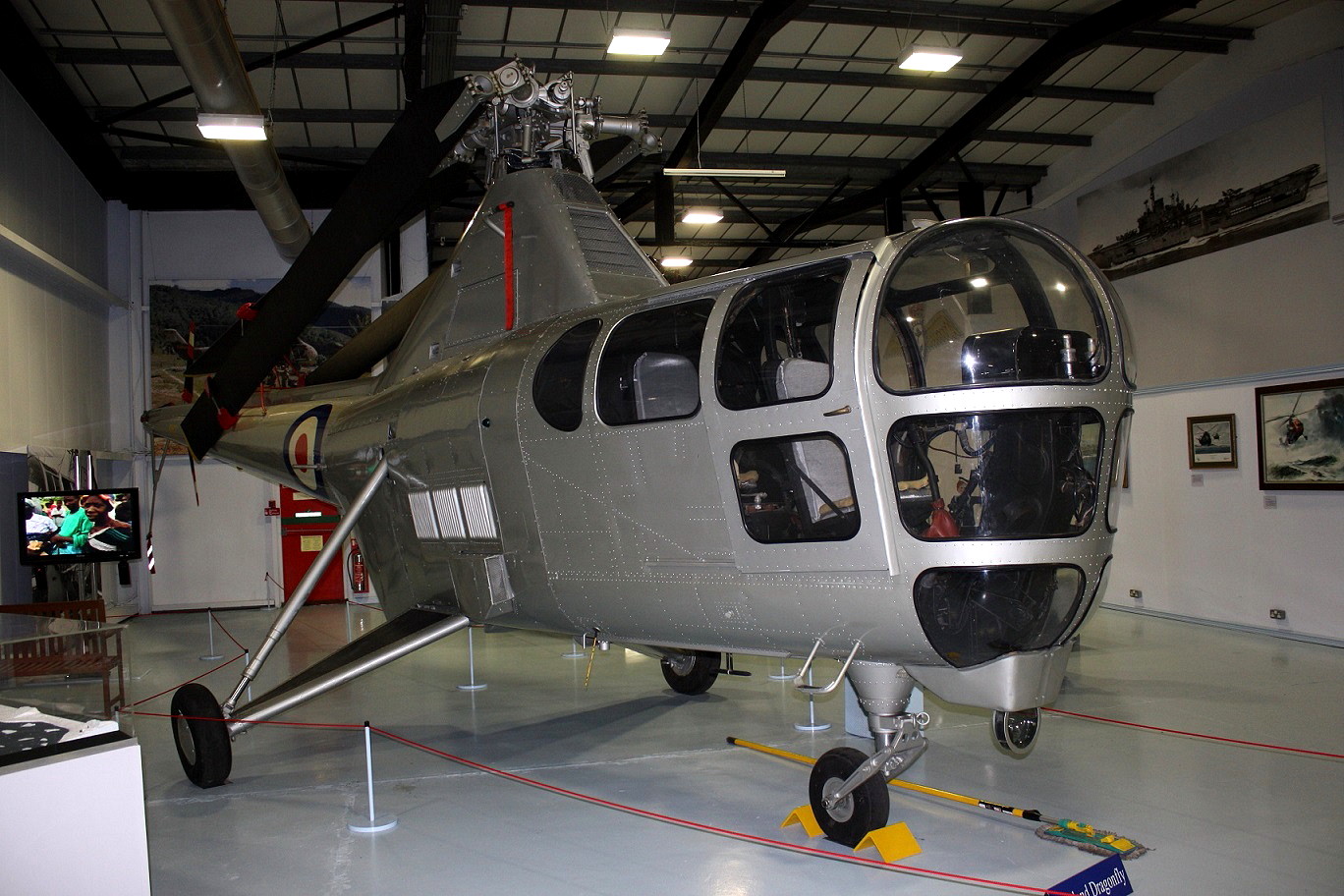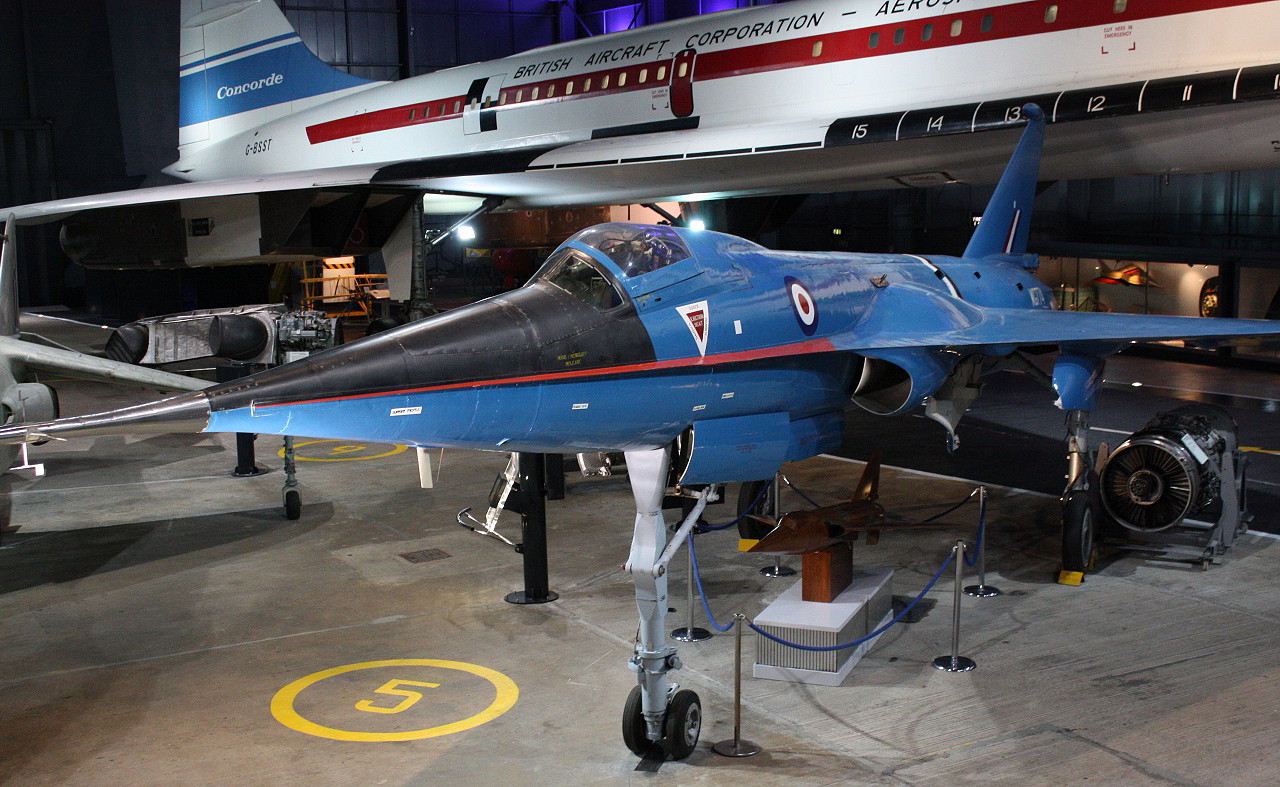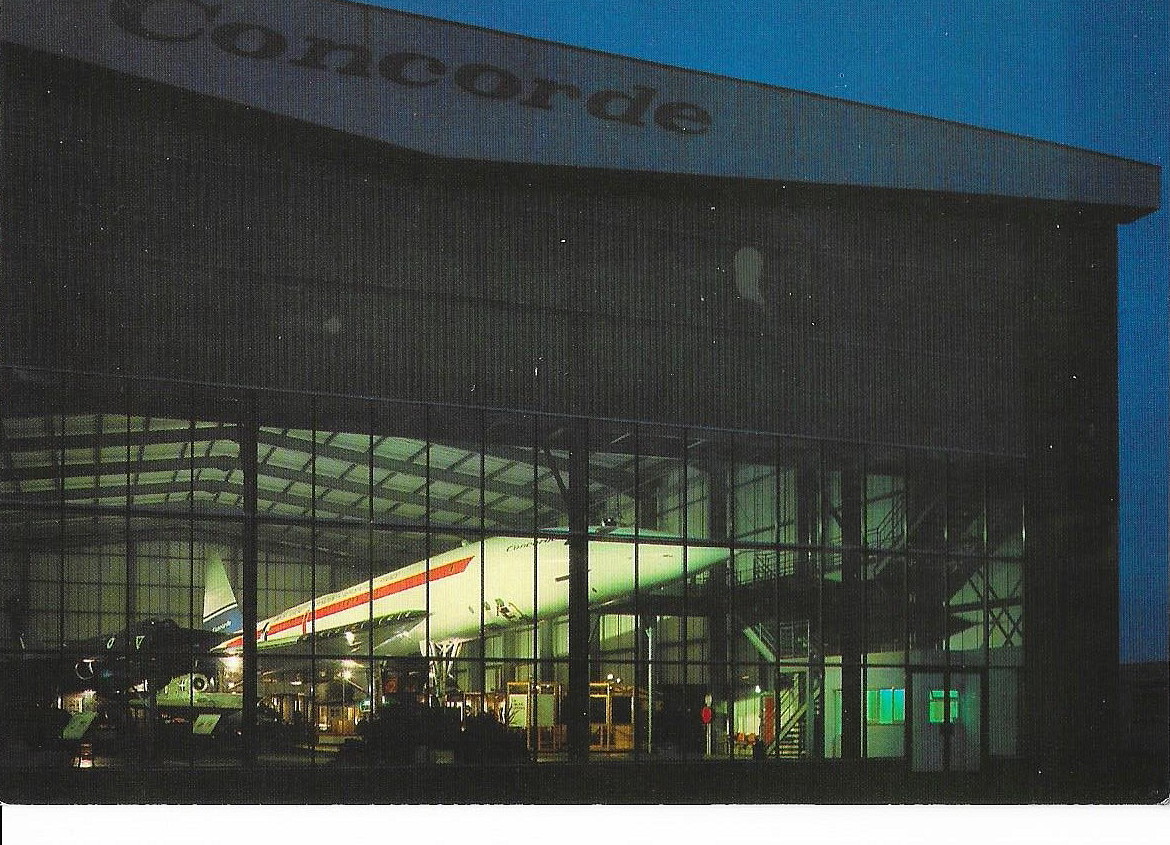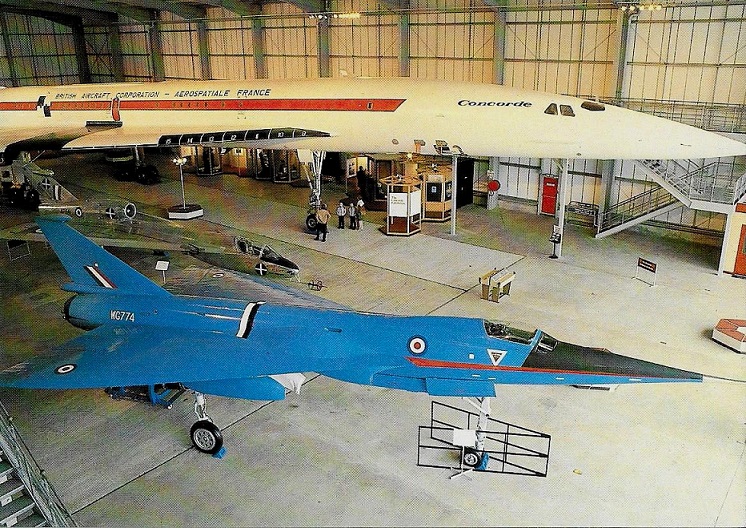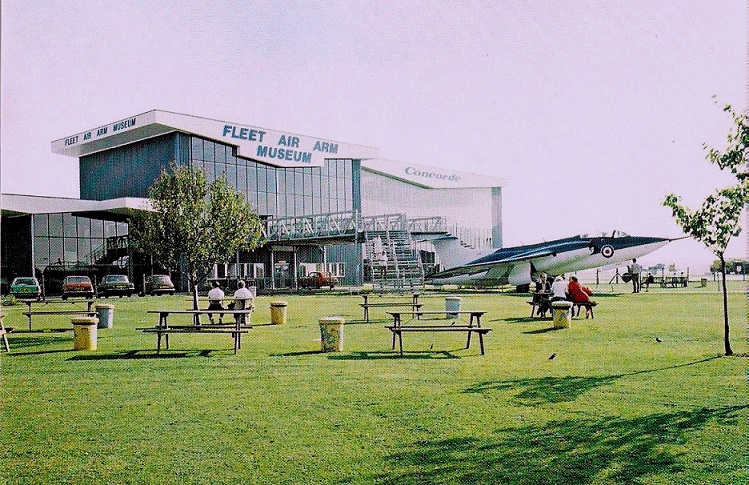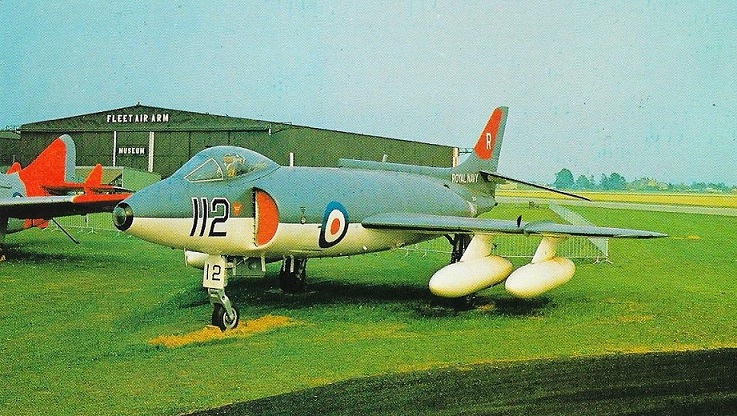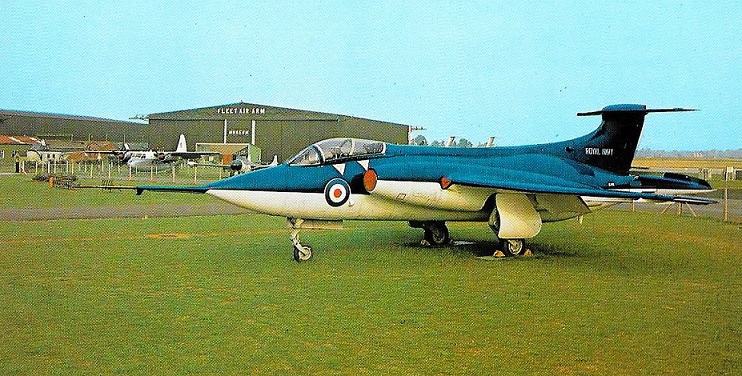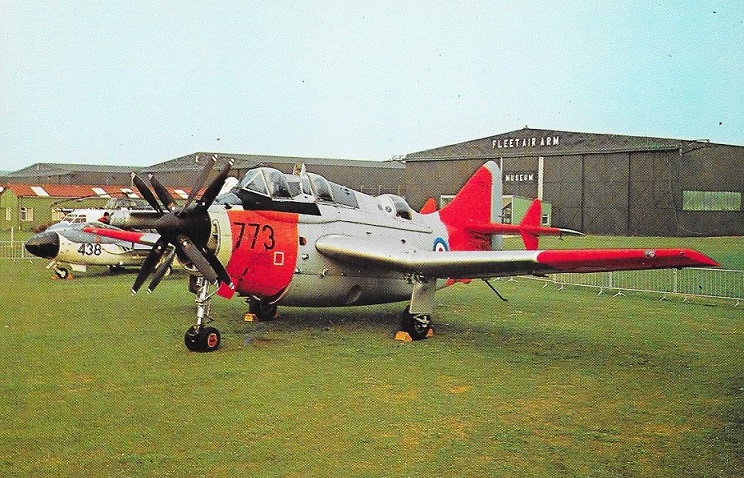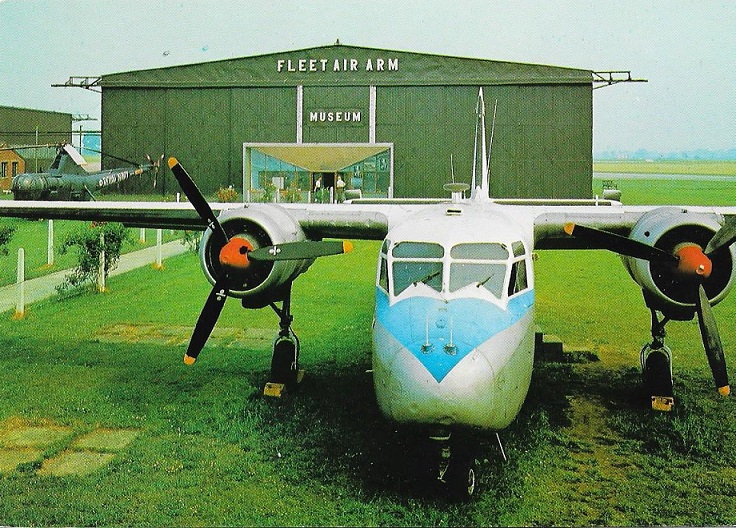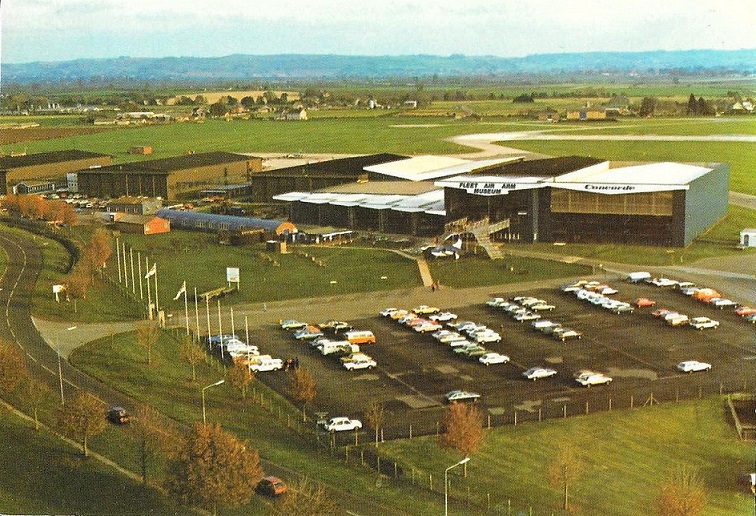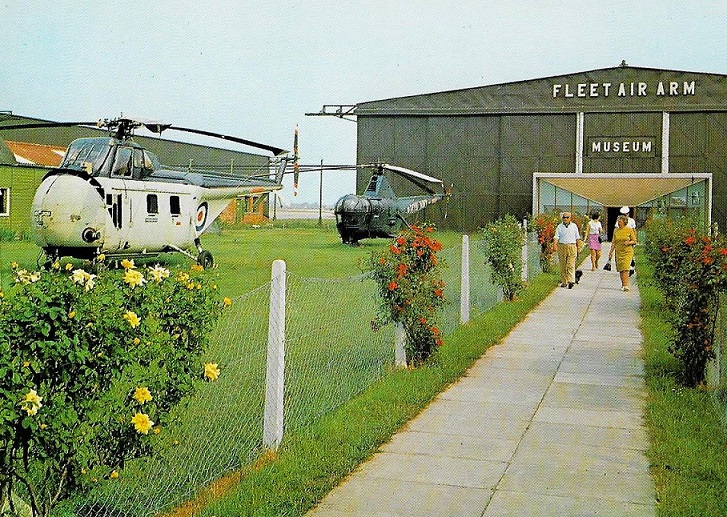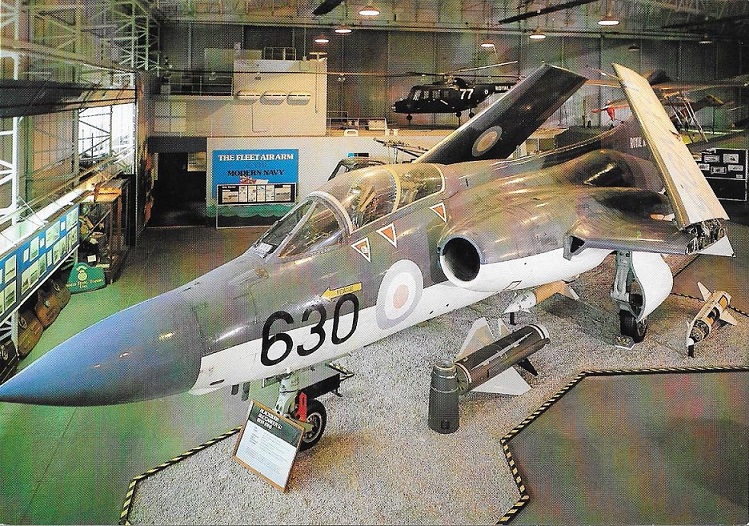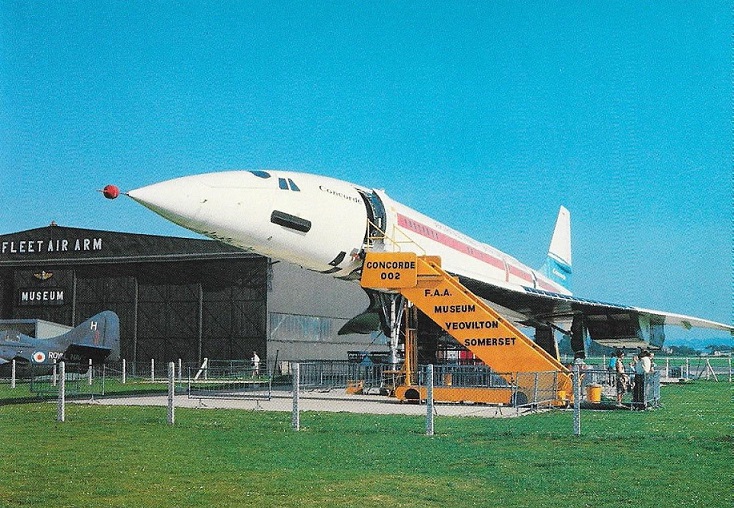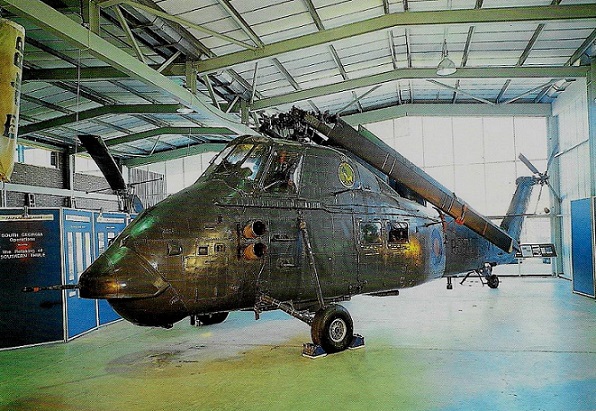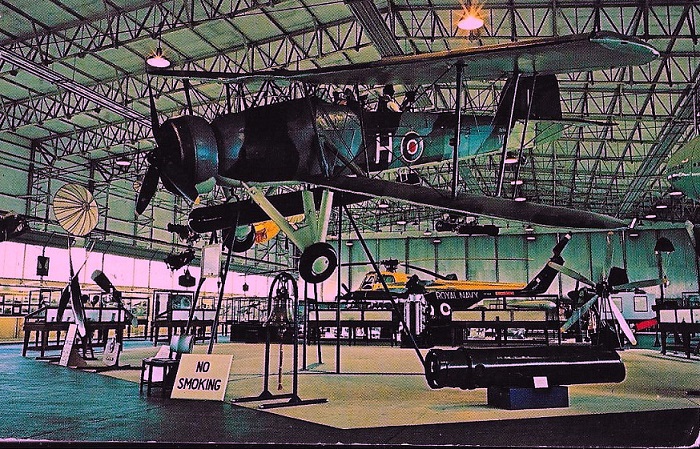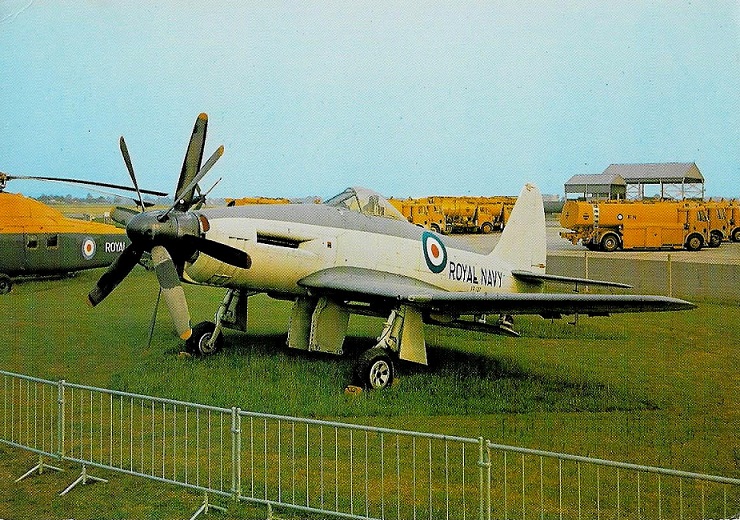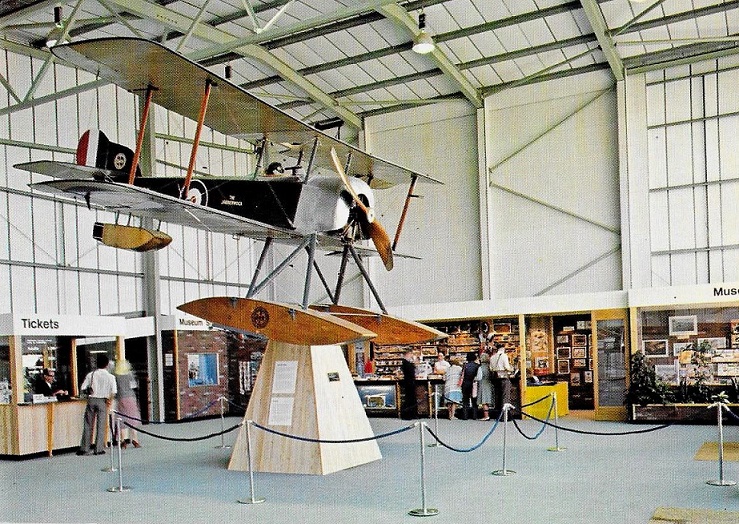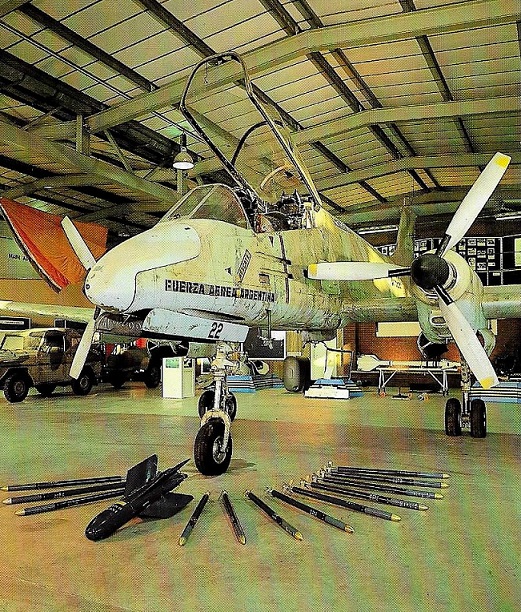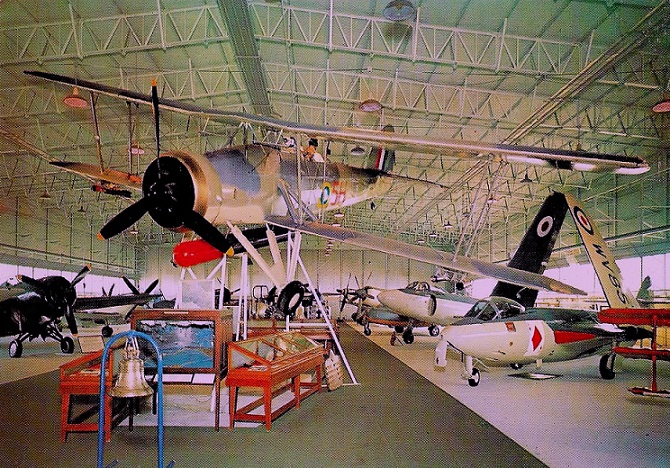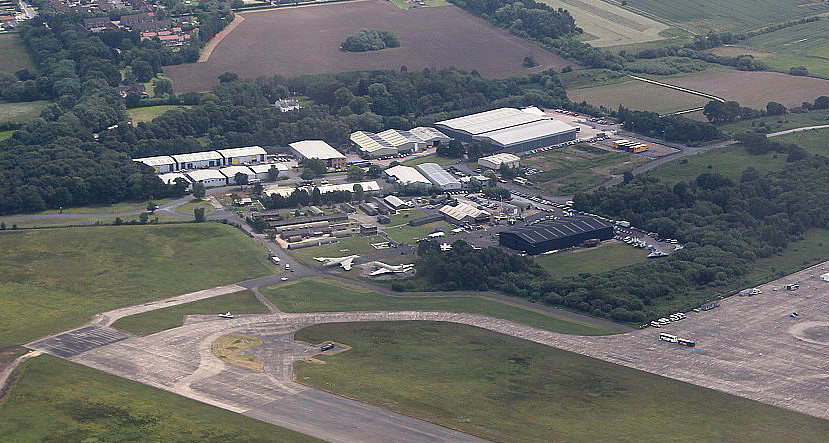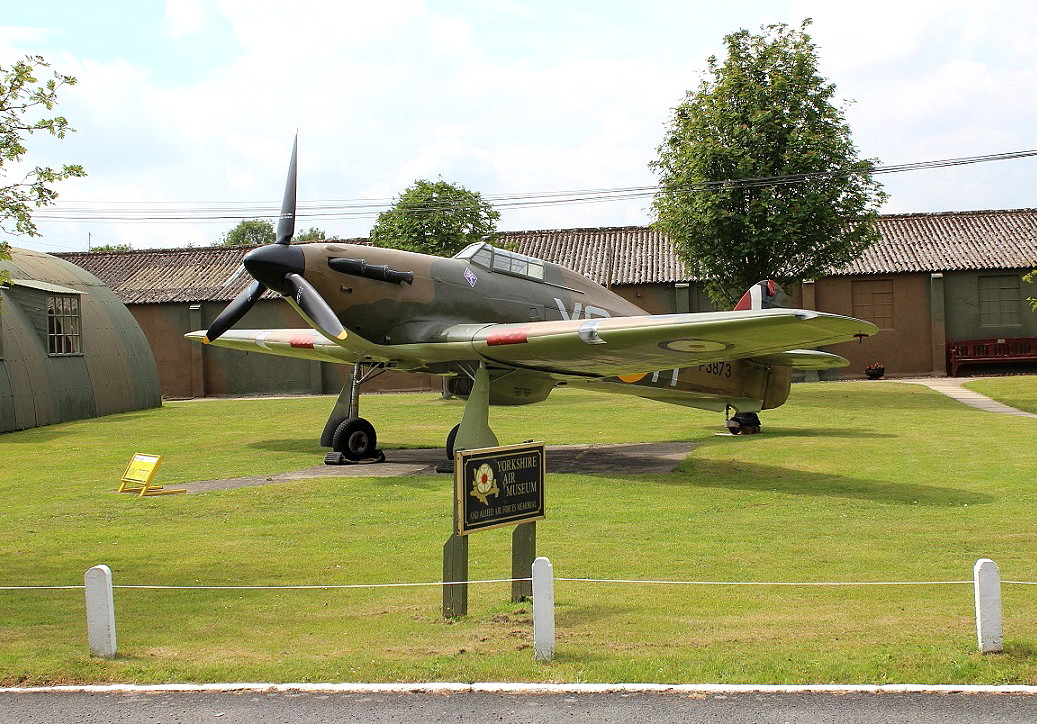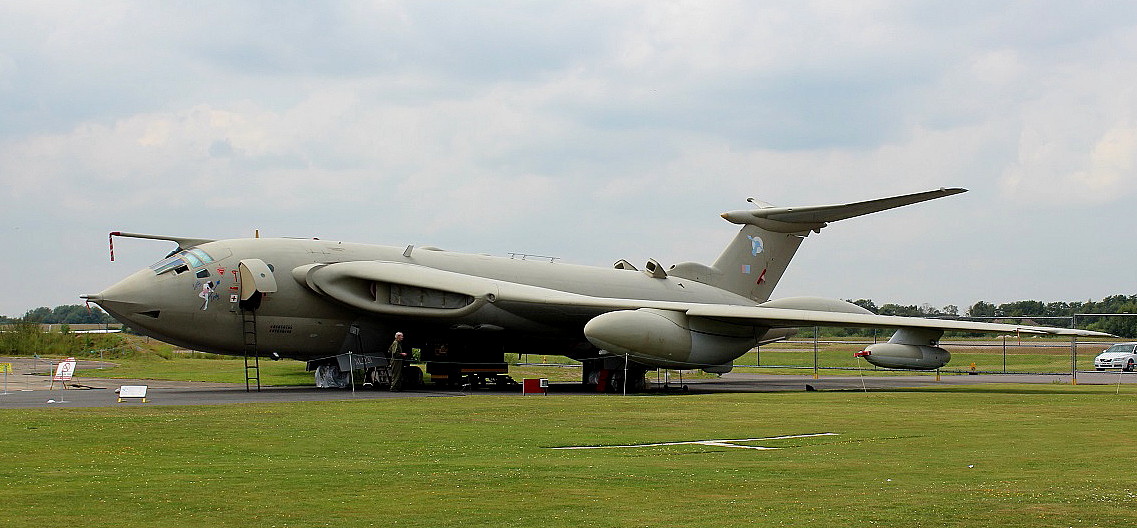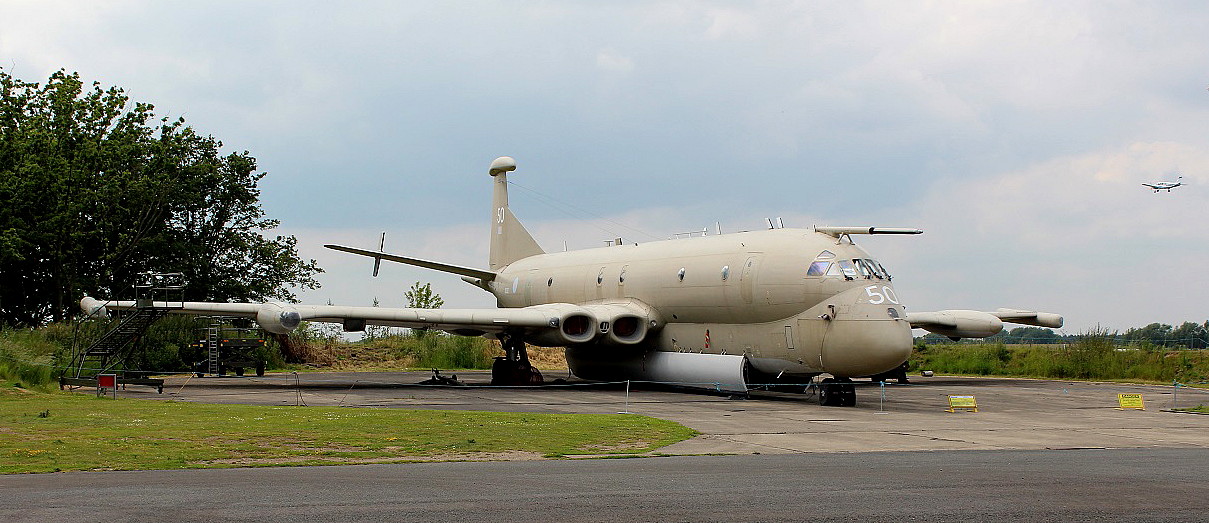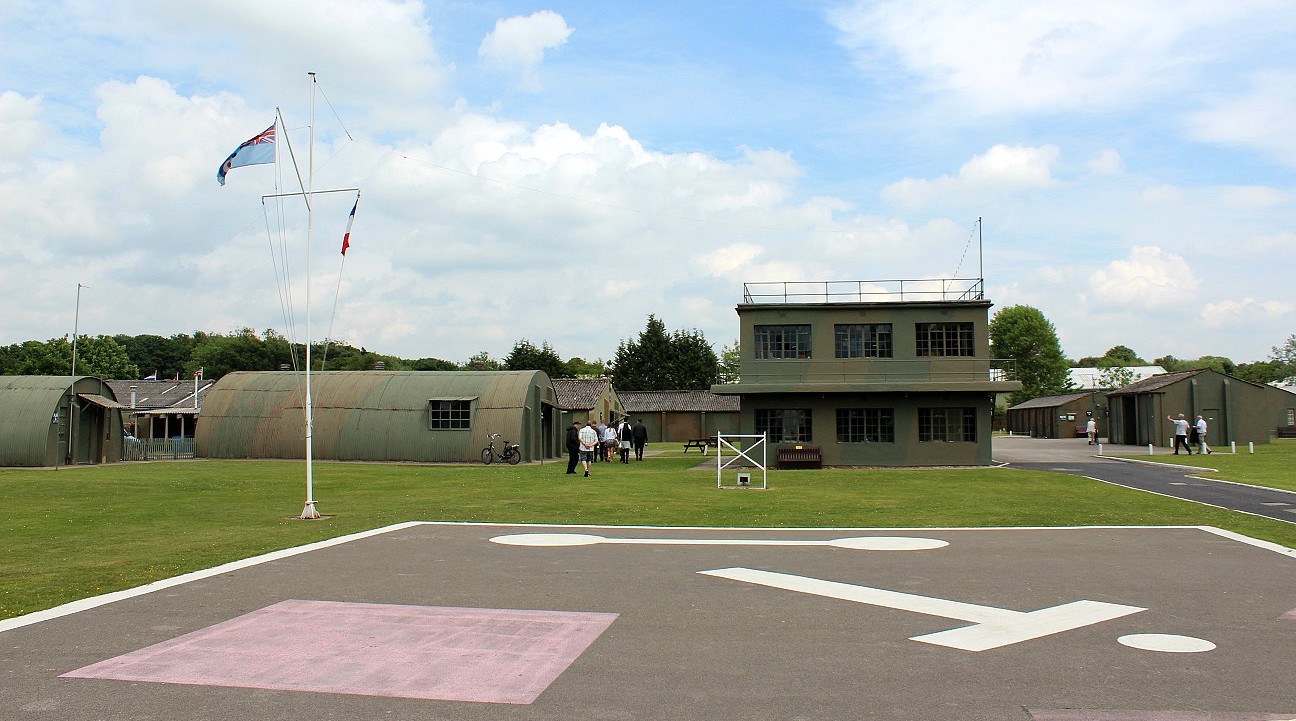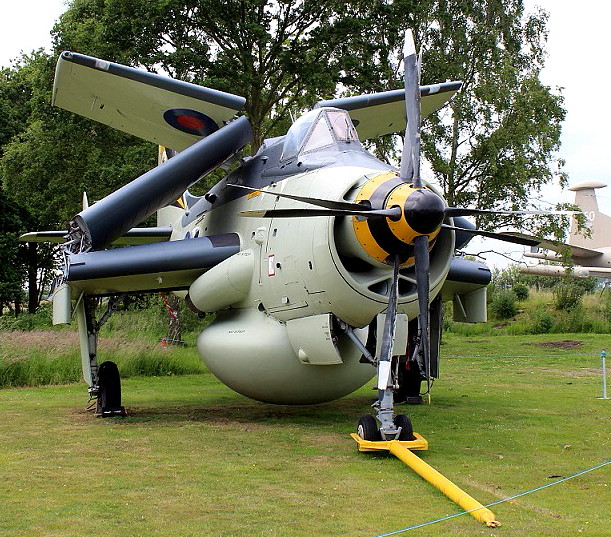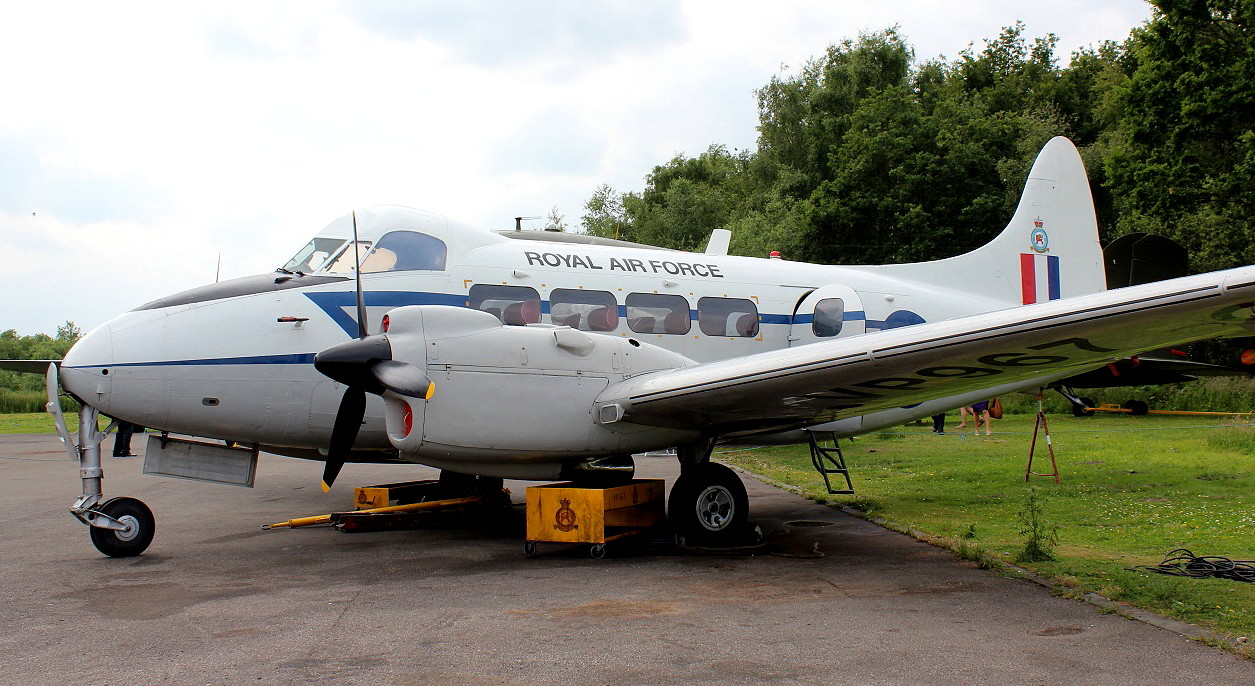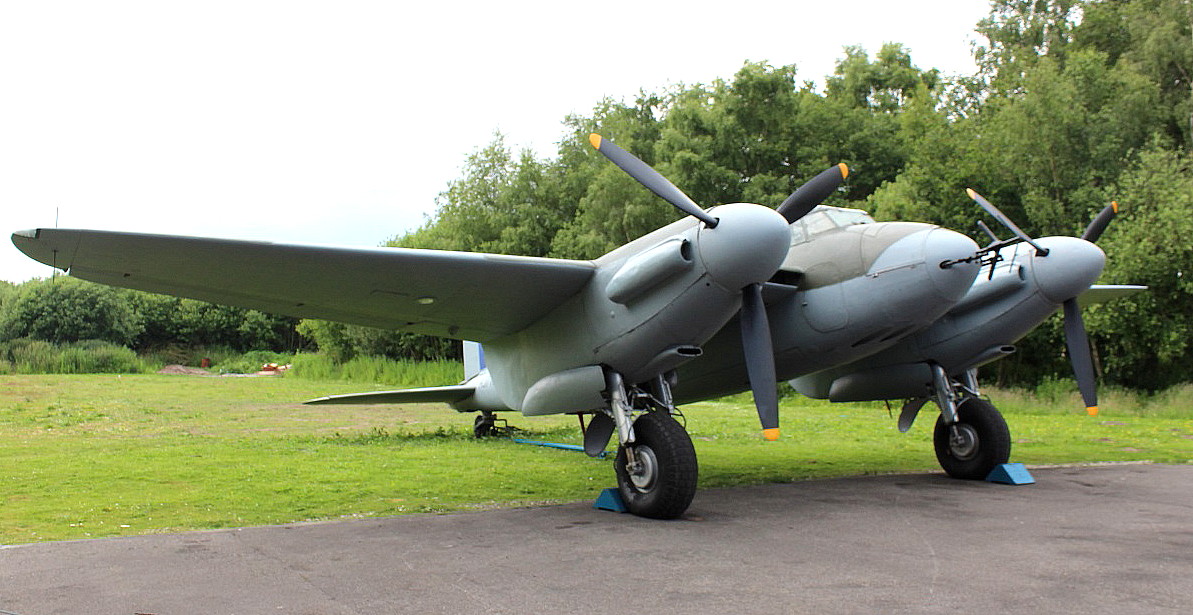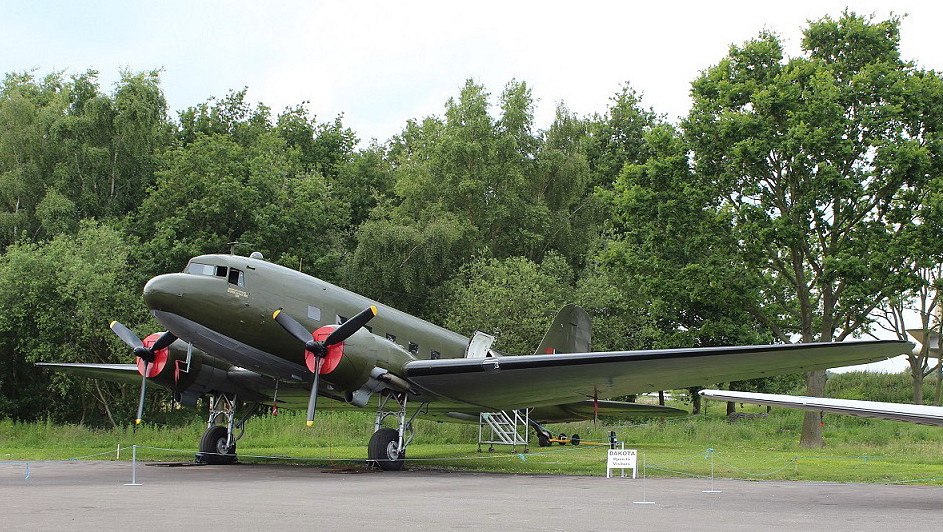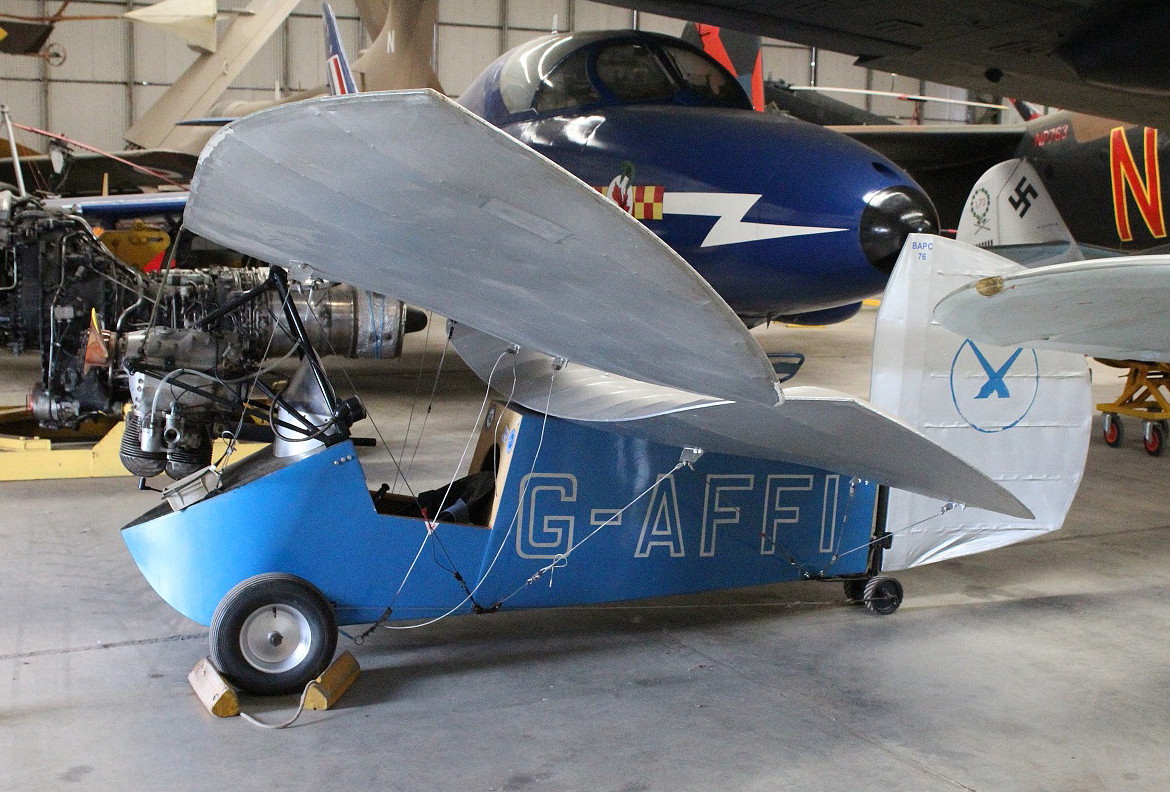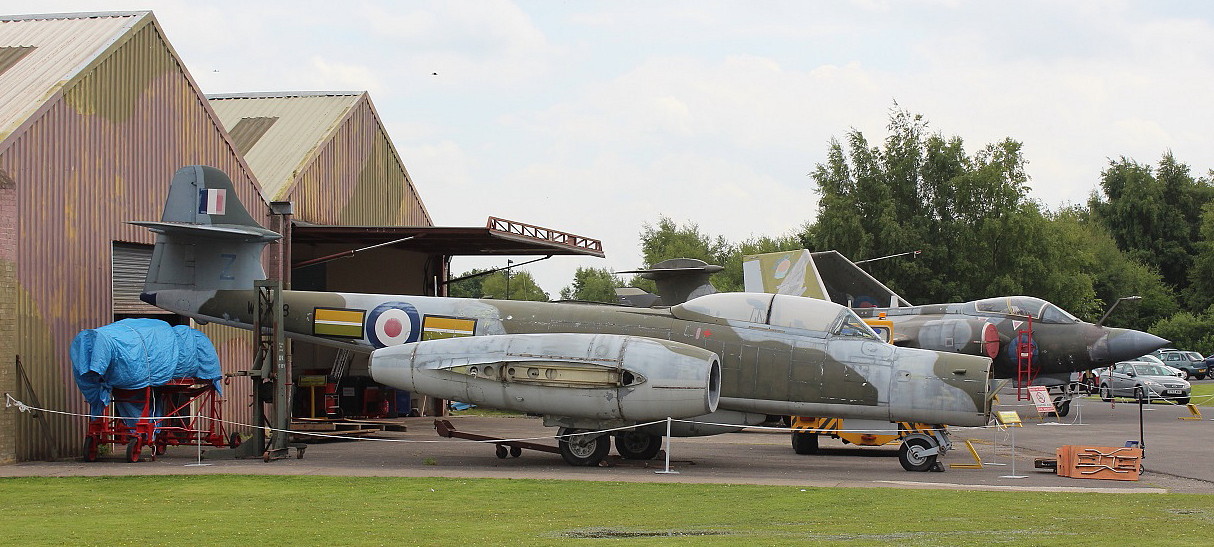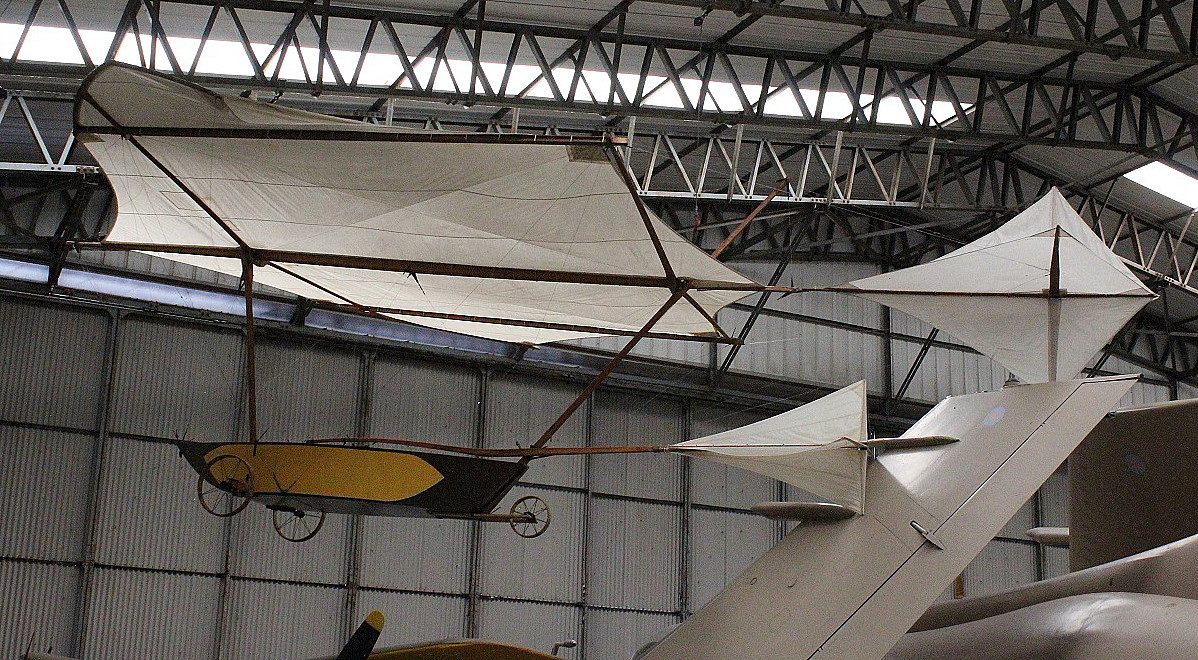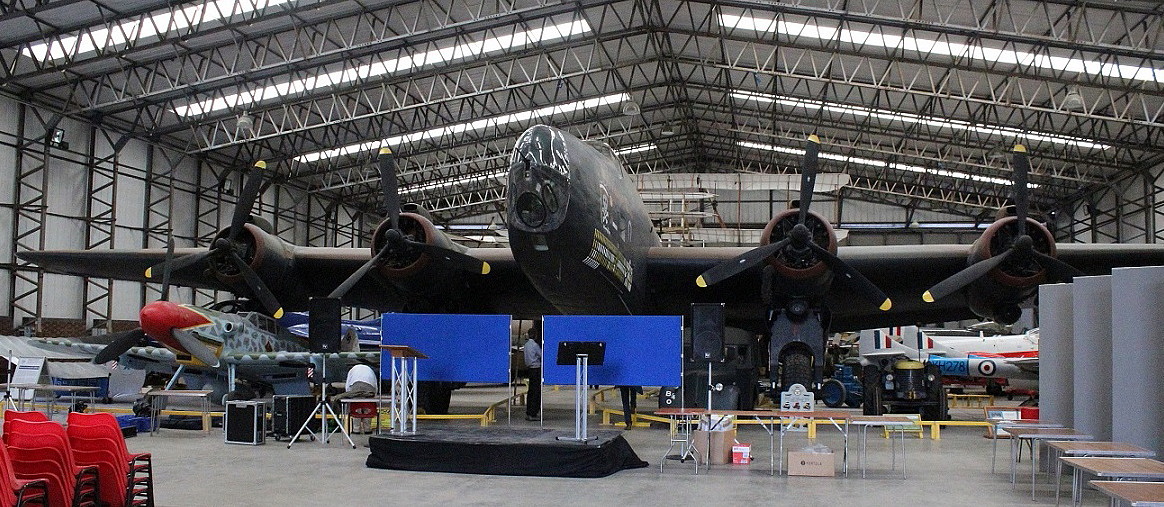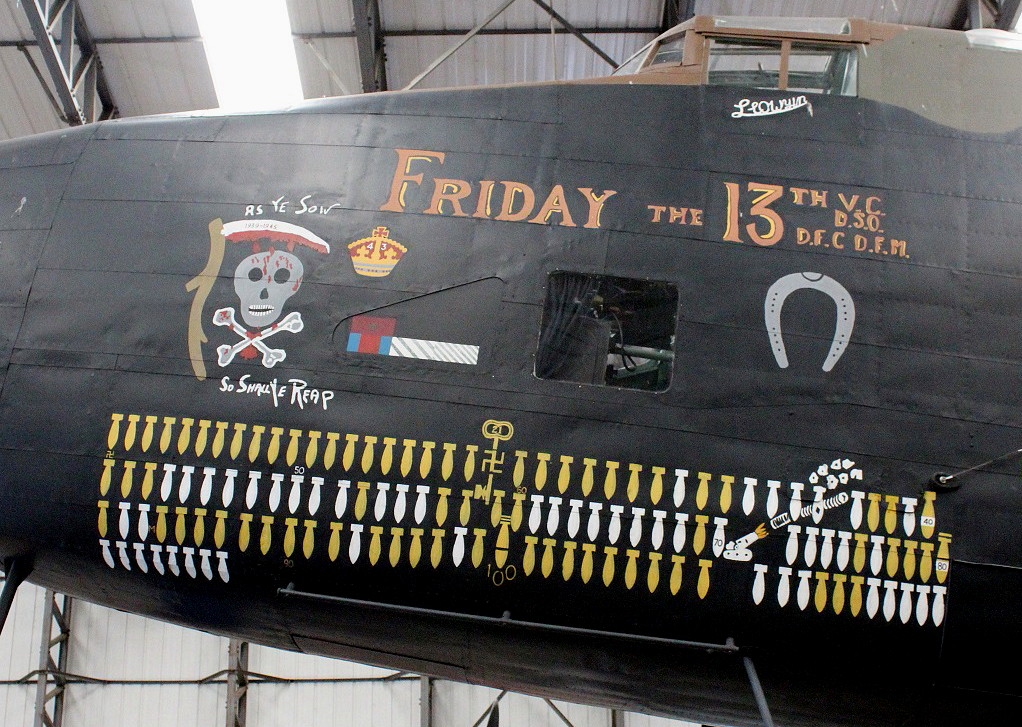British aviation museums, gate guardians and memorials etc
In the UK we are blessed with a great many aviation museums - in fact quite an extraordinary number. Many of these are quite small of course, but we really do have some major collections to choose from. It is of course something to be much applauded to see how many aircraft have been preserved for us to inspect and appreciate and our sincere thanks should be extended to all those largely unsung people who beaver away on our behalf.
The subject of aircraft as 'gate guardians' and monuments is also something that has interested me for many years, and I trust you will share this interest. I have seen examples of 'retired' aircraft (usually military of course) sometimes at the most unlikely locations on my travels across Europe and beyond - but they are usually at airfields. Obviously somebody, or a group of people, have seen fit to try and preserve these aircraft, to some extent at least but not always successfully in the long term.
Regarding the memorials included here, these are memorials sometimes situated away from airfields for various reasons. Where an airfield memorial exists, of the few which I have found and photographed, I have also included them in the airfield listing.
Another very important aspect of aircraft being preserved, to some extent at least, acting as 'gate guardians', is the amount of aircraft on private properties, a few examples are included here.
NOTE: Many of the pictures are by the author unless specified. A notable exception being many pictures from postcards, very kindly sent by Mike Charlton who has an amazing collection. See, www.aviationpostcard.co.uk
ALDERSHOT
Location: At Browning Barracks in the centre of the Army depot, Aldershot, Hampshire. The museum closed in 2007.
NOTES: This is KP208, painted to represent KG374 which survived the D-Day landings but shot down at Arnhem in The Netherlands on September 19th 1944. The pilot Flt Lt David Lord was awarded a posthumous Victoria Cross.
It was later moved to Merville Barracks, Colchester.
ANGLIA MOTEL
Location: On the A17 at Fleet Hargate, just ENE of Holbeach town centre, roughly 8nm ENE of Spalding town centre.
NOTES: This Hawker Hunter F1, WT680, was placed here in 2005.
BALDERTON
Location: Just E of the A.1, near Balderton, roughly 2.5nm SE of Newark-on-Trent town centre.
NOTES: This English Electric Lightning F.2A (XN728) was, it appears, purchased by A1 Commercial Vehicles in 1983 and moved from RAF CONNINGSBY to provide a striking addition to their site for travellers on the A.1 trunk road. And indeed it became something of an iconic waypoint on that route. However, after the company closed the Lightning fell into disrepair and gradually it was vandalised and slowly disintegrated. But, nevertheless, still providing a focal point on the A.1. I took this picture in July 1987 after climbing through a hole in the fence when it was still in relatively good repair.
BATTLE OF BRITAIN MEMORIAL
Location: Just south of the old A.20 at Capel-le-Ferne which is NE of Folkestone town centre.
BERKSHIRE AVIATION MUSEUM
Location: Woodley, east of Reading
BENSON
The original was apparently destroyed in WW2, but another similar type was displayed for many years wearing its colours. Today, as pictured, only a fibreglass full-scale 'model' acts as the 'Gate-Guardian'.
BENTWATERS
BIGGIN HILL
These were stationed in front of the St George's Chapel built to both celebrate and remember those who served and died defending Biggin Hill in WW2. Later these original aircraft were replaced by fibreglass full-size models and in 2010, these again were replaced by replicas which really are astonishing - looking every bit like the original. The Spitfire 'model' is a MK1A K9998 of 92 Squadron, and the Hurricane a Mk1, P2921 of 32 Squadron.
This picture was scanned from Biggin on the Bump by Bob Ogley.
This picture from a postcard, was kindly sent to me by Mike Charlton.
As far as I can make out, this 'full-scale model' of Spitfire N3194, along with a Hurricane replica, was on display between the two original aircraft being removed, and their later replacements in 2010 with much better replicas?
BLACKBUSHE
Location: Just to the north of the A30, roughly 4nm WSW of Camberley town centre.
BLÉRIOT MEMORIAL
Location: Just S of Upper Road, close to Dover Castle on the NE side, roughly ENE of Dover town centre and sandwiched between the A2 and A258
Note: These four pictures were obtained from Google Earth ©
Note: I have Mr Graham Frost, a great friend of this 'Guide' to thank for pointing out this memorial. I have been driving down Jubilee Way since it opened and have had no idea it existed. Now heavily wooded, the actual area was of course clear of trees when Blériot landed here. See the DOVER listings for more information.
BLUE MAX MUSEUM
Location:Wycombe Air Park, Buckinghamshire (Period of operating unknown - closed for some years)
BOOKER AIRCRAFT MUSEUM
Notes: The first picture was taken in February 2001 and the tail of the Hunter F.4 XF314 can be seen. It appears that this Hunter airframe is not exactly what it appears to be - so Google it up to discover more.
The second picture is of the Percival Provost T.Mk.1 (WV495) and it appears it was only here during 1988 to 1989.
The third picture is of the North American T.6 Harvard (KF435), which it seems, only appeared here in 1989.
Location: Was situated near to the entrance to Wycombe Air Park for many years. However, it never seemed to exist as a 'structured' museum, but more of a varied collection paying scant regard to how visitors could approach it. A very odd set of circumstances.
BOSCOMBE DOWN
Location: 1.5nm SE of Amesbury
This Lightning T.4, XL629, now serves as the Gate Guardian at Boscombe Down and was in service with the Empire Test Pilots School from 1966 until 1975 and wears the colours it had during that period. There is a museum at BOSCOMBE DOWN which is not open to the public, but I am told, on application and approval visits can be arranged.
BOSCOME DOWN MUSEUM
Note: Not normally available for public viewing.
BOURNEMOUTH AVIATION MUSEUM
Location: Just south of Bournemouth International Airport. Originally behind the terminal? This was certainly where some exhibits were once stored.
A NEW GALLERY OF PICTURES
In early January 2017 I took the opportunity to pay another visit to this museum and it was very clear that it has been both growing and improving considerably. This is lovely to see, highly commendable and a visit is certainly recommended; perhaps especially because it is very user friendly for children.
It takes a huge amount of effort, imagination and expertise - not forgetting the money to be raised - to create any museum, and the volunteers who are creating this museum really must be congratulated.
FLIGHT DECKS
This museum, although having several cockpits open for inspection, also has three airliner flight decks on display. The Vickers Vanguard is freely available and I was told that if a member of staff was available, the Boeing 737 and BAC One-Eleven can be opened up for closer inspection.
BOVINGTON TANK MUSEUM
This museum in Dorset, west of Wareham, is perhaps a most unlikely aviation museum venue. But, this picture from a postcard kindly sent by Mike Charlton who has an amazing collection, see www.aviationpostcard.co.uk proves otherwise. Having looked into the subject it appears the museum also has the fuselage of the General Aircraft Hamilcar I glider, TK718 on display.
BROADWAY TOWER MEMORIAL
Location: SW of the A44 and on top of the hill SE of Broadway.
BROOKLANDS MUSEUM
All pictures by the author unless specified.
Notes: An excellent museum based at the site of the BROOKLANDS aerodrome and major aircraft manufacturing facilities of the Hawker Aircraft Company and later Vickers.
The Vickers VC.10 is a very interersting exhibit and well worth a visit. Previously operated by BOAC as G-ASIX, then BUA (British United Airways), it was later converted to become a most sumptuous 'flying palace' for the Sultan of Oman, operated by 'The Royal Flight'.
BRUNTINGTHORPE MUSEUM & GATE GUARDIANS
Location: 1.5nm W of A50, 6 nm S of Leicester
BUSHY PARK MEMORIAL:
Location: In Bushy Park N of Hampton Court, and roughly 0.3nm ESE of the Teddington exit.
Note: A memorial ostensibly to the United States Army Air Force but really it is more dedicated to the SHAEF HQ used in WW2 during the period of the D-Day landings. Nothing apart from this memorial exists today. See BUSHY PARK (LONDON & SURREY) for info on flying activity at this location.
CAERNARFON AIRFIELD
Notes:When I flew into Caernarfon aerodrome for the first and only time in 1993, I was rather surprised to find the remains of a Westland/Sikorsky WS.51 Dragon incorporated into a childrens play area - so I took a picture. In 2015 whilst adding sites and pictures to this web-site 'Guide' I rediscovered this picture and made some enquiries on the internet. It appears it was a Dragonfly HR3 (WN499/Y) operated by the Royal Navy and had served at one point with 194 Squadron in the Malaya Campaign. After its career in the childrens play area it seems it was used for fire training practise at CAERNAFON.
However, it now appears that the remains have been acquired by Aeroventure in Doncaster and they intend to restore it to represent how it was when serving with 194 Squadron in Malaysia - a very substantial task.
CASTLE MOTORS / CASTLE AIR
Castle Motors, with their associated helicopter operation, Castle Air, are just S of the A38, roughly halfway between Liskeard and Saltash.
CHILTERN PARK:
Location: W of A4074, on Icknield Farm, in/near Ipsden, roughly 2.5nm SSE of Wallingford
NOTE: This is a most unusual feature at a UK flying site, and, rather difficult to find a definition for. Obviously not a 'Gate Guardian' it does sort of serve as such for users of the airfield.
CITY OF NORWICH AVIATION MUSEUM
Note: This picture was obtained from Google Earth ©
Location: On the north side of NORWICH airport
CORNWALL AIRPORT (ex NEWQUAY and RAF St MAWGAN)
Once Classic Air Force, now Cornwall Aviation Heritage Centre
Although advised to be temporarily closed, a visit on a dull and rainy day in April 2023, enabled me to get these pictures from a nearby road.
NOTE: The aircraft mainly seen in these pictures are:
English Electric Lightning F.53 XS935 Hunting P-84 Jet Provost T3A XN494
BAE Hawk T1 XX240 Panavia Tornado F3 ZH553
Hawker Siddely (BAE) Harrier GR3 XV753 Vickers VC10 K3 ZA148
Panavia Tornado GR4 ZA398 Hawker Siddeley HS.125 CC3 ZD704
BAC One-Eleven (ex BOSCOMBE DOWN) ZH763
CROYDON
Location: To the W of the A23, roughly 1.5nm SW of Croydon town centre.
CULDROSE (Royal Navy Air Station)
Location: Just SE of Helston town centre
On a visit to RNAS Culdrose in September 2023, they had three 'gate guardians' on display. The Hawker Seahawk F.1, WF225, the Westland Sea King HAS.1, XV673 and the BAe Hawk T1A, XX280.
DAVIDSTOW MOOR
Situated adjacent to the ex-WW2 aerodrome there are two museums situated next door to each other. The larger museum is the Davidstow Airfield and Cornwall at War Museum and features items from all three armed services. Here of course only mainly showing examples of aviation interest. The smaller museum is the RAF Memorial Museum together with a memorial at the entrance to both museums.
THE DAVIDSTOW AIRFIELD AND CORNWALL AT WAR MUSEUM
AIRCRAFT
The Hawker Hunter F6, XG164, served with 111 Squadron (The famous Black Arrows display team).
PHOTOS
Photo Four is of an Avro Shackleton and Photo Six is a Blackburn Buccaneer, probably built by Hawker Siddeley.
LINK TRAINERS AND OFFICERS MESS
This scene of a social occassion in a RAF Officers Mess is, I would think, somewhat typical of such an event especially in the RAF or perhaps the Navy?
Mind you, having said this, perhaps the Navy and indeed Army might object, telling me their social events would never have been held in a Nissen Hut! Which I suppose, dates this "event" to WW2 when such accommodation was very common at new RAF aerodromes. Or am I guilty of trying to read too much into the setting? My unexpected visit was far too fleeting to be able to take notes. Never seen anything like it elsewhere and very imaginative. Quite a feature.
THE RAF MEMORIAL MUSEUM
As said I discovered both these museums in an unexpected way, and, on this visit had - I have to admit - had left my camera at home in London. Buying a pretty cheap point and shoot job to get at least some snaps. Had not appreciated that there are of course two seperate museums here, and with time running short could not do justice to this lovely museum, which, even in such a short time, has certainly much to recommend it.
A FEW QUICK SNAPS
Just a couple more taken inside.
THE RAF DAVIDSTOW MOOR MEMORIAL
DONNINGTON AEROPARK
NOTE: Now known as EAST MIDLANDS AEROPARK. My pictures taken in May 2003.
Location: On the NW Corner of EAST MIDLANDS AIRPORT
DUMFRIES & GALLOWAY AVIATION MUSEUM
Note: The first two pictures from postcards were kindly sent by Mike Charlton who has an amazing collection. See, www.aviationpostcard.co.uk
The third and fourth pictures, lacking definition, were obtained from Google Earth © but at least show how the museum has expanded. Highly recommended is a visit to their web-site.
Regarding the first picture I reckon the Gloster Meteor is the T7 WL375, the Lockheed Shooting Star T33A is 5-3047, and the Hawker Hunter is a F4, WT746.
Also, a look at the web-site clearly shows that this is a museum well worth a visit. The postcode is: DG1 3PH.
DUXFORD: IMPERIAL WAR MUSEUM
Location: Just south west of junction 10, on the M.11. The entrance is off the A505.
Notes: This is arguably the most significant aviation museum in the United Kingdom, especially as it hosts some magnificent air displays mostly featuring classic 'war-bird' aircraft.
DUXFORD PICTURES IN OCTOBER 2000
DUXFORD PICTURES TAKEN LATER
On another visit in July 2015 I took the opportunity to take some more pictures, not least because it was a great chance to get some better pics of some of the American Air Museum collection, which had been moved to allow refurbishment of that building. Seeing as this is my web-site, this seems an ideal way of asking a question regarding the Lockheed T-33A which has a feature which I cannot recall seeing on any other aeroplane. Running from a very stout 'fixing' just in front of the canopy on the starboard side, a strong cable runs aft to what appears to be a lifting arm. Being ex French Air Force and knowing their penchant for very low flying, is this a 'cable-cutter?
:
In closing I have included (above) two pictures of the Boeing B.52 Stratofortress; arguably the most fearsome conventional bomber ever built. Here below are two more pictures of what the USA achieved during the early 'Cold War' years. The first is of the Lockheed SR.71 Blackbird, (squashed into a dark corner), which was without any doubt the most incredible aircraft ever designed and built in overall performance terms, and nothing even remotely similar has been seen since. It surely seems almost beyond belief today to think back and realise that the first flight of the SR.71 was on the 22nd December 1964 - and only 32 were built. The SR.71 was in service by 1966 and at one point some, (a couple?) were based at MILDENHALL (SUFFOLK). The second picture is just being arty-farty - with two classic types types from the early 'Cold-War' period juxtaposed - the F-100 Super Sabre (which once held the world air speed record), and the ubiquitious B.52.
EAGLESCOTT AIRFIELD
Location: Roughly 10nm SSE of Barnstaple, Devon
Note: I simply cannot remember if any other aircraft, like this Hawker Hunter were on the airfield at the time, but, the fact is that seeing such an aircraft was often indicative of a small aviation museum in the making. As far as I am aware, however, no museum has been established here?
EASTCHURCH (Isle of Sheppy - KENT)
Notes: When travelling east on the B2231 across the Isle of Sheppy, Eastchurch is now bypassed, and on the first roundabout you will see this memorial
The third picture shows a 'schematic Wright Flyer'; built in the nearby prison, by prisoners in the workshops, to be placed on the roundabout which has an exit leading into the prison. The idea being it would be planted out to make an attractive feature. It appears that the scheme foundered on who was responsible for the upkeep. It now languishes unloved and unkempt in the prison grounds.
EASTCHURCH AVIATION MUSEUM
:
Without any doubt this museum is small and somewhat tucked away within the grounds of a major prison. But, well worth the effort to visit, and easy enough to find if you don't use sat-nav. Just follow the directions to Eastchurch and Leysdown and the signs for the prison come up on the Eastchurch bypass. After taking the turn-off into the prison, signs will direct you to the museum.
A couple of points need to be made - this musuem is situated on the edge of the EASTCHURCH aerodrome, one of the few most significant early aerodromes in the UK. Situated close by, in the prison grounds, is a Grade Two listed hangar from 1912. The oldest aviation related building in the entire world! Inside the museum you will see pictures and maps showing the history of this very significant site. Highly recommended for a visit - as is the nearby cafe if in need of some refreshment.
Please check the opening times beforehand as they are at present (2018) fairly restricted.
THE ABCT MEMORIAL
This granite memorial, very kindly provided by the Airfields of Britain Memorial Trust, sat in 2018 neglected by the prison authorities close by the museum. The museum curators were hoping to convince the prison authorities that it really should be placed in a rather more prominent position - hopefully next to the museum where it can be looked after.
EAST FORTUNE
Located about 15 miles east of Edinburgh city centre, and now known as the National Aviation Museum, this is without any doubt the major aviation museum in Scotland. And, it has a Concorde.
EAST MIDLANDS AEROPARK, see DONNINGTON AEROPARK
ENSTONE AIRFIELD
Location: E of the B4022, N of the B4030 and roughly 1.5nm NE of Enstone village on the A44 and approximately 14nm NW of Oxford city centre
Notes: It is of course quite possible that these two relics are not related to each other, despite being closely situated. These pictures were taken in 1996 when I flew in from WYCOMBE AIR PARK in the Cessna 172 G-WACL, my old favourite with Aussie Brown to photograph the wreck of the Bristol Freighter which had recently crashed there. See the listing for ENSTONE>
Was the Viscount especially evidence of an idea to establish an aviation museum here? And, if not, can anybody explain why it ended up here? Also, is anything known about the history of the 172? I cannot believe the airframe was time expired as 172s of this vintage are still in use with flying schools around the world.
In October 2015 I discovered on Google the 'Vickers Viscount Network' which has a huge amount of history on the type. It appears this Viscount was withdrawn from service in 1975 by BA (British Airways) and was donated to the Wales Aircraft Museum and repainted in Cambrian Airways colours although Cambrian did not operate this particular Viscount. When this museum folded in 1996 the fuselage was transported to ENSTONE - but why? This is a very expensive exercise so presumably some plan to preserve it was in hand? However, it appears it was scrapped in 1997 with only the cockpit section going to a diving school in Leicestershire.
None of this appears to make any sense as South Wales is a major centre for the recycling of metals.
FLEETWOOD
Notes: This memorial is to those who died when the Eurocopter AS365 Dauphin G-BLUN suffered a tragic accident on the 27th December 2006.
FLIXTON: NORFOLK & SUFFOLK AVIATION MUSEUM
Notes: The three jets are, from left to right: The Dassault MD.452 Mystere IVA, the Lockheed T.33A (55-4433), and the DH 110 Sea Vixen FAW.1 (XJ482).
Location: On the west side of the B1062 in Flixton, roughly 2.5 miles SW of Bungay in Suffolk
This museum appears to have had an identity crisis over the years and can be found under several names. When I visited many years ago, possibly in 1987 (?), although it had a few interesting exhibits, (all out in the open), they were not in very good condition. Since then, looking at the web-site in 2015, it appears the situation is much, much improved. I am quite certain the people managing the museum today will not welcome these pictures, but, they are testament to the history of this enterprise.
THE MIKE CHARLTON GALLERY
Notes: In September 2017 I was kindly contacted by Mike Charlton who sent these scanned images from postcards.
If anybody can kindly put a date on the pictures, this advice will be most welcome. Also, from my point of view having taken aerial photographs professionally for around a quarter of a century; why was the last aerial picture accepted in the 'composite' postcard because part of the undercarriage and wheel is clearly visible. One has to wonder why a picture taken by an incompetent amateur was deemed suitable?
FORT PAULL
Note: The first picture was obtained from Google Earth ©. The second was scanned from Light Aviation, December 2020 issue.
This is a most unusual site. It has, I think, the last remaining Blackburn Beverley, (XB259), a type which is I believe quite unique in its own way. Certainly not an aviation museum as such, the Beverley is not a 'Gate Guardian' to a flying site either. In Light Aviation magazine, (Dec 2020), it was reported that Mr Martyn Wiseman had saved it from being scrapped, and during 2021 intended to transport it to his private airstrip, BIRCHWOOD LODGE near Selby, to be converted into a high quality rental apartment. The bulk of the aircraft will be retained including the cockpit.
FRANKLIN'S FIELD, SANDY, BEDFORDSHIRE
Hardly a 'Gate guardian' and well tucked away out of view from the road, I was interested to discover the Vickers 700 Series Viscount fuselage residing here when delivering an aeroplane for restoration.
GATWICK AVIATION MUSEUM see VALLANCE BY-WAYS
GILLINGHAM: ROYAL ENGINEERS MUSEUM
NOTE: This picture was provided by Alan Faupel and taken in June 1992. It appears other aircraft, or at least parts of aircraft, are on display.
Location: N of the B2004 and NE of the junction with the A231. Roughly N of Gillingham town centre and close to the River Medway.
HACK GREEN SECRET NUCLEAR BUNKER
This Hunting Jet Provost T.4, XS179, (last serial 8237M at RAF HALTON), was delivered here in January 2013. The HACK GREEN location is about 2.5nm SSW of Nantwich town centre.
HALTON:
NOTE. This picture was taken by the author in June 2003. Is this Hunter still on display?
Location: S of the A41, SE of the B4544, about 3.nm SE of Aylesbury
HARTLEPOOL COLLEGE
Pictures by the author in August 2018.
NOTES: Is this the only university/college in the UK to have a 'Gate Guardian'? I suspect it is. This example of a Jet Provost T5 (XW405) was installed in June 2011 having spent much of its operational life at RAF LINTON-in-OUSE. But, the college brought two others, XW309 and XW404 which are installed in a special 'hangar' within the Skills Academy.
There was so much that was so wrong with Prime Minister Tony Blairs "Education, education, education" programme, and so many youngsters are suffering as a result across the UK. But, clearly, some people saw a great window of opportunity, and without much doubt, Hartlepool College has seized this.
HAWBRIDGE FARM
This is a rare example of a home-built aircraft being used as a 'gate guardian' on a private property. In this case the Isaacs Spitfire G-CGIK. It has been moved around a little bit in the garden/lawn, but seems to have been here since around 2020? When the owner acquired G-CGIK it may well have been still flying? This farm is just south of Hawbridge village, and about 5nm SE of Worcester city centre.
HAWKINGE:
Note. These pictures were kindly sent by Mike Charlton who has an amazing collection of British aviation postcards. See - www.aviationpostcard.co .uk
The first picture: A bit of research seems to reveal that this Vickers-Supermarine Mk LF IXe Spitfire was MK356. Except that when 'posted' here to act as a 'Gate Guardian' from 1953 to 1958, it was painted silver and given its 'Maintenance' serial of M5690. The impression is that nobody in the senior echelons of the RAF cared a jot about the operational history of this aircraft, and would quite likely would have happily have had it scrapped.
The second and third pictures: I will welcome advice but it would appear that the Spitfire and Hurricane now on display are replicas?
In April 2020 I was kindly contacted by John Adametz, who tells me that the Bf.109 in the bottom right-hand corner of the second picture was used in the opening scene of the film The One That Got Away.
HENDON: RAF MUSEUM
Location: Situated in north London on the edge of the original HENDON aerodrome. West of the A.1/A.41 and east of the A.5. Well signposted.
Note: A truly world class museum with many fabulous and rare exhibits all beautifully presented. Highly recommended. Just a personal note; the Bristol Bulldog picture was taken after I had transported it to FILTON for the Bristol centenary celebration, and is in the process of being reassembled.
Note: These pictures from postcards were kindly sent by Mike Charlton.
What I think is interesting about the first picture is that the nose of the Blackburn Beverely XH124 is visible. Some very strong feelings surround the fate of this aircraft, and quite rightly too. It was allowed to deteriorate to such an extent that the decision was made to scrap it in 1981. This was, without any doubt, and act amounting to vandalism, and quite typical of the attitudes in the higher echelons within the RAF regarding their history and the preservation of aircraft for both posterity and educational purposes.
Regarding the second picture it appears that this Spitfire has been on continuous display since 1971.
Note: Pictures by the author.
HENLEY-on-THAMES
Note: These four pictures were obtained from Google Earth ©
Location: On River Field Black Bears Sports Club, 1.25nm SE of Henley-on-Thames town centre
NOTES: Certainly one of the most unexpected discoveries I have made, and a very good friend told me of its existence in January 2020. Vampires and Venoms are of course almost ten-a-penny in UK aviation museums, but who would have expected that a genuine Swiss Air Force example, a DH100 Vampire FB.6, serial No: J-1169, would show up on a sports ground, apparently used mainly for polo, near to Henley-on-Thames?
It appears it is owned by Mr Urs Schwarzenbach, a Swiss banker, who, depending on the source, once owned, or still owns this sports ground. It seems he has a house in the area. Looking at Google Earth images there is no sign of it in 2005, and since 2010 it has been moved around, just a bit.
HENGISTBURY HEAD
This memorial to Charles Rolls, (of Rolls Royce fame), who was the first person in the UK to be killed in a flying accident at SOUTHBOURNE in 1910, was kindly photographed in December 2022 by Mr Baz Manning. Hengistbury Head is just south of Christchurch in Hampshire.
HENLOW
Location: W of A6001, NNW of Lower Stondon, 5nm N of Hitchin, 4nm NW of Letchworth
Note: It appears that this early Hunter is the earliest example of the type on display as a 'Gate Guardian' in the UK.
HOCKLEY HEATH
It is astonishing just how many aircraft are spread around England, often in rather obscure locations. This being a fine example. We have to thank Mr Andrew Monk via Mr Graham Frost for pointing out where this BAC Jaguar GR.1, XX739 (8902M), now resides, apparently since 2019.
Location: Just E of the M42 and just N of the M40/M42 interchange. In Delta Force Paintball on the south side of Cut Throat Lane west of Hockley Heath.
HOLMSEY SOUTH
On the west side of this WW2 airfield a substantial memorial has been erected to celebrate the memory of the airfields in the New Forest area during WW2.
IMPERIAL WAR MUSEUM
Notes: These two pictures from postcards were kindly sent by Mike Charlton.
The first B&W picture was clearly taken many years ago - the museum today has been totally reconstructed. But, without much doubt this Spitfire is the Mk.IA, R6915, which was first displayed in 1946 and a genuine example of a Spitfire that fought in the so-called 'Battle-of-Britain'. It seems it was removed for restoration at IWM DUXFORD in 2012 - the intention being to return it once restored.
The second picture shows an overall view of the aviation collection. In the foreground is the Sopwith Camel N6812. Suspended above is, it appears, the only genuine WW1 Royal Aircraft Factory R.E.8 in existence. Beyond is a Hawker Hurricane, a Focke-Wulf 190 and a North American P-51 Mustang.
A VISIT IN AUGUST 2023
Picture One shows the aircraft in the main hall. From top to bottom - BAe Harrier GR.9, Spitfire IA and the Yokosuka MXY7 Mk.11 K-1 Ohka, plus a V2 rocket.
Picture Two, front section of the Avro 683 Lancaster Mk.1, DV372. Picture Three is of the RNAS, (Royal Naval Air Service), Sopwith Camel 2F1, N6812.
Picture Four is theYokosuka Ohka, 'kamikase' rocket plane, air-launched from a bomber. Picture Five is BAe Harrier GR.9, ZD461. Picture Six is the wreckage of a Mitsubushi A6M Zero.
WARNING: On returning home I looked up the Imperial War Museum web-site to try and ascertain more information about their aircraft exhibits. It was useless, way out of date and very misleading. Several exhibits listed are no longer there! So often the result today of course of leaving I.T. nerds in charge - not that I am biased obviously.
However, please do not let this put you off making a visit. It really is a most excellent museum, the displays are first class, as is the information. Highly recommended.
Location: In Southwark, just SE of the junction with Lambeth Road and Kennington Road
KEMBLE
Notes: This Gloster Meteor F8 (WH364) served as a 'Gate Guardian' at RAF KEMBLE for many years. It appears it is now in the museum at GLOUCESTER airport?
LAKENHEATH
Location: Just N of the A1065, roughly 4nm NNE of Mildenhall town centre.
Note: This picture is of the North American F-100D Super Sabre which is a permanent gate guardian at the main entrance to the air base.
LASHAM
Note: Both of these pictures were obtained from Google Earth ©
I found this museum when looking at Google Earth pictures of LASHAM, trying to decide which to choose to illustrate the listing. I do not know when it was formed as the 'Second World War Aircraft Preservation Society' but it appears it was closed in 2010. Rather oddly, considering the name, it appears this collection had almost nothing to exhibit from WW2.
Seen in these pictures are the Hawker Hunter F.51 E-423, Percival Prentice T.1 VR192, Gloster Meteor F.8 WH291 and a ex-Luftwaffe Lockheed F-104G Starfighter. Also seen is the Percival Sea Prince C.1 WF137, Gloster Meteor NF.13 4X-NFA, Hawker Sea Hawk FGA.6 WV798 and the Westland Wessex HAS.3 XM833
LEAVESDEN
First picture: This is not the aircraft featured in the flying scenes. That was HB-FFW which went on to be a parachute dropper, F-HDEY, operating from Nimes Courbessac in France.
Second picture: Shown tucked away in 1998 I believe that this Cessna 172 was probably the one featured in the crash scene at the end of the sequence. It is difficult if not impossible to read the entire registration but enough can be seen to realise this was not the 172 Skyhawk used in the flying scenes. That was apparently N54748N although the production company had cheekily modified the '8' to a '3' for the flying action.
Third picture: Taken in August 1998 I was told that these 'mock-ups' using the front sections of two 'Cold War' English Electric Lightning interceptors featured in one of the Starwars films by George Lucas. Oddly enough, despite spending a bit of time in research, I cannot pin down how or from where these airframe parts were obtained. Or indeed, that they actually were used in a Starwars film.
These pictures were taken inside the main film studio block at LEAVESDEN (HERTFORSHIRE) which was previously an aircraft factory in WW2 producing Handley Page Halifax bombers, and later a Rolls Royce aero engine factory - complete with its own aerodrome.
This is being a bit cheeky, this is hardly 'museum' or 'gate guardian' material - but I trust you will find these pictures interesting. For many years I was delivering and collecting motion control equipment to and from Leavesden Film studios, based on the disused airfield - which incidentally was where I had my first flying lessons. As a general rule anybody seen taking pictures without permission on this site could expect to be hung, drawn and quartered at best. Hanging was reserved for minor offences.
On a couple of occassions I noticed aircraft, or parts of aircraft, sitting around the studios - and asked permission at one point - given my quest for the 'Guide' to take a few pictures. I was quite astonished at how readily this permission was granted for which I am very grateful. All part, I would claim, of the rich aviation history we enjoy in the UK.
LIGHTNING LODGE
Note: All three of these pictures were obtained from Google Earth ©
I came across this location looking for a possible private airstrip in this locality. The location is just south of Fen Lane, about 1.25nm WSW of Ludney village and about 5.5nm NNE of Louth town centre in Lincolnshire.
One of many private collections/dealers, so far I have failed to find details of the aircraft seen here. The 2006 picture shows four aircraft, two English Electric Lightnings, (one being a single-seater, the other a two-seater trainer?), a Lockheed F-104 Starfighter and a Saab 35 Draken. If anybody can kindly offer advice and information, this will be much appreciated.
I have no idea about when these aircraft started appearing here, but it seems they disappeared shortly after 2008.
LISSETT (158 Squadron memorial)
Situated on a minor road leading NW of Lissett village, (roughly 7 miles E of Driffield), but well signposted from the A165, this memorial is both very unusual and so imaginative. Well worth a visit. Made from metal plates with names inscribed, and allowed to be naturally rusted, the faces you can see are defined by the sky beyond. The facial features seen have been cut from the metal plate! Without any doubt both a fitting memorial and a work of art as a sculpture.
LITTLE RISSINGTON
The Spitfire TE356 served here as a 'gate guardian' from December 1970 to April 1976. Later it was purchased by Doug Arnold and restored to flying condition; then being sold to an owner in the U.S.A.
This picture from a postcard was kindly sent by Mike Charlton who has an amazing collection. See www.aviationpostcard.co.uk
LLANGEINOOR
Location: In Llangeinor on the A4064, about 5nm N of Bridgend and roughly 9nm E to ESE of Port Talbot.
This must surely be unique in the UK? A 'Gate Guardian' for Irvin GQ, formerly Airborne Systems. Seeming to be installed in 2005?
Note: The two pictures of the Saab J35F-1 Draken, 35515 (10-49), we taken by the author in April 2024. It was apparently presented to the company by Saab, (and the Swedish Air Force?), as a "thank you" for the safety equipment the firm had provided.
LONG MARSTON
Location: On LONG MARSTON airfield, just W of the B.4632, roughly 4nm SW of Stratford-upon-Avon.
Note: Acting in a kind of way as a 'Gate Guardian' to LONG MARSTON airfield, being positioned on a slight rise just beyond the airfield entrance, this Percival P.57 Sea Prince T.1, WM735 (G-ARCA), is in a very sorry state. As are the other aircraft remains of the defunct Jet Preservation Society littered around the site.
LUTTERWORTH
Note: This memorial on 'Whittle roundabout' in Lutterworth is a fairly crude but full scale model of the Gloster E.28/39, the first British jet aircraft, which was flying in 1941. Two prototypes were produced, W4041/G and W4046, and the initial flights were from the Gloster companies grass airfield BROCKWORTH (GLOUCESTERSHIRE). Subsequent testing was from CRANFIELD (BEDFORDSHIRE).
The reason for the monument is because Power Jets, lead by Frank Whittle (later Sir Frank), were based here in Lutterworth and developed the first British jet engine. Sadly, as far as I could see, no signs have been erected to explain any of this; so the majority of drivers passing by today probably have no idea of its significance.
MAINS FARM, THORNHILL, STIRLING
Note: Without much doubt very unusual, and certainly unique in its own way, this site now known as an Airplane Glamping site, previously a Helicopter Glamping site, surely must deserve a mention. Initially the Royal Navy Westland Sea King HAS.5, ZA127, was acquired and converted into accommodation. More recently the Scottish Aviation Twin Pioneer, G-APRS (ex XT610), and built in 1959 has been added. The second picture shows the main part of G-APRS being delivered.
Location: Just E of the B822, just S of Thornhill village on the A873, about 9nm WNW to NW of Stirling city centre
Note: The first two pictures were obtained from Google Earth ©. The area view is from my Google Earth © derived database.
MANCHESTER: MUSEUM of SCIENCE and INDUSTRY
Location: On the west of Manchester city centre
Notes: Here again another fine museum which is well worth a visit, not least because the collection is housed, I seem to recall, in an old Victorian(?) cast iron building which was once a market place.
MERVILLE BARRACKS, COLCHESTER
Note: This picture was obtained from Google Earth ©
Location: Just inside the main entrance to the Barracks. This Douglas C-47 Dakota of 1946 vintage was only here for a short period - possibly two to three years - and for much longer acted as a gate-guardian at Aldershot Barracks. It was taken to NORTH WEALD for partial restoration and re-painting before appearing here. Note the port aileron and both elevators are missing.
MIDLAND AIR MUSEUM
Aerial picture by Austin J Brown.
Location: Adjacent to Coventry Airport, Warwickshire
MILL of MONQUICH
It appears that this Hunter T7, (N315), from the Netherlands Air Force, arrived to be a gate guardian for Alba Power, around 2010. The location is immediately east of the B797, just north of Netherley and about 6nm NNW of Stonehaven town centre. Roughly 8.5nm south west of Aberdeen city centre.
MONTAGUE MOTOR MUSEUM, BEAULIEU
This probably rare picture from a postcard was kindly sent by Mike Charlton who has an amazing collection. See, www.aviationpostcard.co,uk
Some research reveals an astonishing history for this aeroplane, which is well worth looking up. It appears that, probably between 1944 and 1947 Air Chief Marshall Sir James Robb used SL721, with his 'personalised' code JMR, as his personal means of transport. It was later purchased after being surplus to requirements, by the garage proprietor of Swandean Garage near Worthing, who displayed it and sometimes ran the engine.
It appears that an arrangement was made to display it at the Montague Motor Museum at Beaulieu in 1962, in a 'caccooned' state initially, before being restored, painted blue and wearing the code JMR. However, it appears it was sold on in 1965. It then passed through several owners, being restored along the way into flying condition, and, as far as I can make out, is still flying in Canada.
MONTROSE AIR STATION HERITAGE CENTRE
Location: Just E of the A92, about 1nm N of Montrose town centre
The Avro 652A Anson C.19, TX226, is undergoing, (in 2023), a full restoration for display purposes. A very worthy enterprise as only a few have survived, and very few are still flying. The Anson was very much a 'Cinderella' type, hardly worthy of note even in its heyday. But, perhaps we should remember that, compared to the much more famous Avro Lancaster, of which 7,377 were built, some 10,996 Ansons were produced. And, the type served the RAF from March 1936 until 1968.
The Miles M.2H Hawk Major is a very rare example these days. This example once being on the civil aircraft register as G-ADMW, before being impressed in WW2 as DG590.
Last but certainly not least, the Aerosport Scamp, G-DAVB, deserves a mention. Homebuilt in the region it failed to pass its air test, and due to circumstances, the builder/owner was unable to get it modified, so asked if it could be donated to the museum. The museum offered to pay for it at a generous fee, and when it was delivered the owner gave them an invoice - for £1.
MUSWELL MANOR (Aka SHELLBEACH)
This most deserved memorial can be found by following the main road heading east through Leysdown on the Isle of Sheppey.
NEWARK AIR MUSEUM
Note: The first picture is by the author and taken through perspex. The other three pictures were obtained from Google Earth ©
PICTURES FROM POSTCARDS
Note: These two pictures from postcards were kindly sent by Mike Charlton.
Location: On the WW2 RAF WINTHORPE site, just S of the A46 and about 2nm NE of the centre of Newark.
NORTH WEALD
Note: This picture from a postcard was kindly sent by Mike Charlton.
I have visited NORTH WEALD, flying in and by road several times in the last thirty years, (dated 2017), but cannot recall ever seeing this 'gate guardian'. Can anybody kindly offer some advice?
OLD SARUM - BOSCOMBE DOWN AVIATION COLLECTION
Situated on OLD SARUM aerodrome, just north west of Salisbury city centre.
The SEPECAT Jaguar T.2A was last used by the Empire Test Pilots School at BOSCOMBE DOWN.
OSTLERS FARM
Whilst searching Google Earth for somewhere else in January 2020 I noticed this. Situated just south of the centre of RAF WETHERSFIELD in ESSEX and just E of the OSTLERS FARM private airstrip. Subsequent investigation has revealed nothing. If anybody can kindly offer advice this will be much appreciated.
OVER DINSDALE
Location: Roughly 0.75nm S of the western end of runway 05 at Tees-side airport. A sad end to the English Electric Lightning F.3 XR718. The first three pictures are by Paul Holloway, and taken in October 2023. It appears it has been here since 2005, and is a failed restoration project.
PERIVALE
Location:On the north side of the A40 in west London, just west of the Hangar Lane gyratory system in west London.
Notes: This Hawker Hunter is often seen over the years, mounted on the office block tower of the Vanguard Self Storage company. This is not a permanent installation and usually only appears in the spring to autumn period in recent years. The aircraft belongs to the owner of the company who also has an English Electric Lightning F.3 in store. The Lightning is also a rare example of this iconic jet fighter, XP745, as it appears it was in fact the first production F.3.
This aircraft was also the 'Gate Guardian' at RAF BOULMER from 1976 to 1992: See entry below. Some people say it was a Lightning F.1, but I think this can now be discounted.
PORTLAND
Location: On the northern end of Portland Bill (DORSET) and south of Weymouth.
Notes: This Westland Lynx HAS2 (XZ 250) is on loan from the Fleet Air Arm museum at YEOVILTON (SOMERSET) and acts as a 'Gate Guardian' being positioned on part of the Royal Navy major helicopter operating base.
RAF BOULMER
Note: This picture from a postcard was kindly sent by Mike Charlton.
It appears that this Lightning served as the 'Gate Guardian' at BOULMER from 1976 to 1992, then being replaced by the McDonnell-Douglas F-4 Phantom XV415.
Then it appears that the Lightning was acquired by the owner of Vanguard Self Storage at Perivale in west London, and has been stored ever since. However, the Hawker Hunter he also owns often appears on top of the tower; see PERIVALE.
RAF BRAMPTON (Circa 1970s?)
Note: This picture from a postcard was kindly sent by Mike Charton.
Unfortunately the production method used made it very difficult for Mike to get any image, so I am grateful to get even this rather small image. I think it is probably the Jet Provost T.3 XN602, which was later replaced by a McDonnell-Douglas F-4 Phantom FGR. This in turn was removed just before RAF BRAMPTON, which was a non-flying site, closed in 2013.
RAF CARDINGTON
NOTES: These pictures from postcards were kindly sent by Mike Charlton.
It appears, regarding the first picture, that this Vampire was on display from 1961 to 1964 The second picture is rather interesting as this was one of a few fitted with swept wings. It was withdrawn from service in 1955 and given the identity of 7175M, which it wears here, after becoming a Technical Training airframe. However, given that the Attacker was the first jet to enter service with the Royal Navy Fleet Air Arm, and only operational with the FAA, one might well wonder how it ended up as a 'Gate Guardian' at a RAF Station? Is it reasonable to assume that it was replaced by the Vampire VT812?
The third picture of the Spitfire LA255 also raises a couple of questions as it appears that it served as a Gate Guardian for RAF CARDINGTON from 1952 to 1962. I have no reason to doubt this, and it was presumably replaced by the Vampire VT812? So, can it be assumed that for a while from the late 1950s to the early 1960s, RAF CARDINGTON had, in effect, two 'Gate Guardians' on display?
RAF CHIVENOR
Location: In/near the main entrance to RAF Chivenor which is south of the A361 and roughly 4nm west of Barnstaple town centre.
Notes: The picture of Hawker Hunter F.6 (XF509) was taken by my good friend Maurice Wickstead in or around 1992. Sadly it is no longer there and was probably removed when the Army took over. It seems such a shame that for some reason 'Gate Guardians' are removed from airfields when the RAF depart, but, the site remains as an active military site.
RAF COSFORD
Note: These three pictures were obtained from Google Earth ©
Note: These two pictures from postcards were kindly sent to me in 2017 by Mike Charlton who has an amazing collection of British aviation postcards, See, www.aviationpostcard.co.uk
The question being I suppose - when was this first picture taken? I imagine it was before the museum opened, therefore pre-1979?
As the BA (British Airways) management team in recent years seems to be determined to de-value the airline, and be generally run-down as a major global operater, in 2006 they withdrew support for their aircraft based here. As a result it appears that the only BOAC Boeing 707, a VC.10 and Trident had to be scrapped.
By 2018 the situation had become really dire, without any doubt the lowest point British Airways has ever been in since it was formed. And, the management seem determined to drive the airline down even further. But why?
Location: South of the A41, north of the A464, SSW of J.3 on the M54 motorway and roughly 8 miles NW of Wolverhampton town centre.
NOTES: The Fairey FD2 in the museum (one of only two built) is not the FD2 that broke the World Air Speed Record on the 10th March 1956. That was WG774 flown by Peter Twiss at 1,132mph, the first aircraft in the world to officially exceed 1,000mph. Without any doubt the FD2 could have flown much faster, (and did), but was limited by its small fuel capacity for record breaking attempts. Plus, the Air Ministry were not at all keen on the UK breaking air speed records. A first class museum and highly recommended.
In the picture of the of the centre of the main hall you have: The English Electric Lightning F1/PIB XG337, the Douglas Dakota KN645, the Avro York C1 TS798 and the Handley Page Hastings TG511. The Hastings flew in here and that flight was claimed to the last flight of a Hastings anywhere in the world. Also in the main hall is the Gloster Javelin FAW1 XA564 and a glimpse of the Short Belfast XR371.
RAF CRANWELL
Note: Pictures by the author in September 2018.
RAF LEUCHARS
Notes:The first picture from a postcard was kindly sent to me by Mike Charlton.
The Spitfire TB252 served as a 'gate guardian' here from 1969 to 1986. The other two pictures were taken by the author in 2008.
RAF MANSTON & RAF MANSTON HISTORY MUSEUM
THE MUSEUM
Notes: These five pictures from postcards were kindly sent by Mike Charlton. It seems that the Spitfire TB752 served as a 'gate guardian' from 1956 to 1979 and at some point was restored by the Medway Branch of the RAes. Today it can be seen inside the Spitfire and Hurricane Memorial Museum which is next door to the R.A.F. Manston History Museum.
RAF PREDANNACK
RAF NEATISHEAD
Notes: It appears this aircraft was air-lifted by helicopter from RAF COLTISHALL to be placed as a 'Gate Guardian' at NEATISHEAD. These pictures, by the author, were taken in May 2001 when moving a Druine Turbulent from RAF BRIZE NORTON to be restored here by a serving RAF officer. It is reported that this Phantom was scrapped in 2005.
RAF NORTH LUFFENHAM
Note: The Thor missile was American and operated by the American military. But note how, when transporting these missiles in England, the Americans painted an RAF roundel on them. Which just goes to show, to some extent, why the USA should never be trusted in getting the UK involved in their global domination plans. Which in 2018, weren't going too well to say the least.
RAF ODIHAM
Note: It seems that this example does not have a serial number because it was made up from several time expired components.
RAF QUEDGELEY
Note: This picture from a postcard was also kindly sent by Mike Charlton.
If you look up RAF Quedgeley on the inter-web there is a lot of information, much of which is misleading - such as it having a runway. Without too much doubt the runway, hangars and control tower were at MORETON VALLANCE which is fairly close by.
Established in 1915 for munitions duties, it appears to have much later become No.7 MU (Maintenance Unit) and closed in 1995/6. The Meteor WF784 was, it seems, the 'gate guardian' from 1965 to 1996 and still exists today at STAVERTON (GLOUCESTER AIRPORT).
RAF SCAMPTON
This ex-Red Arrows Hawk T1 was installed as a gate-guardian in 2015 and the picture taken by the author in September 2018. It was not permitted to get any closer to take the picture.
RAF SEALAND
Location: Just E of the A550, about 4.5nm NW of Chester city centre.
Note: In June 2021 I was very kindly contacted by Ms Julie Owens, pointing out that this example of a gate guardian, at the DECA site, had not been included. She was not made at all welcome but managed to get the picture above. This Tornado was installed here in 2019.
RAF SHAWBURY
Note: This Wessex was pictured in May 2017, and has been on display for several years, despite rumours that it was listed for removal.
RAF TURNHOUSE (EDINBURGH AIRPORT)
Note: This Vickers-Supermarine Spitfire L.F.XVIE, RW393, was original and stood outside the RAF Station from March 1957 to October 1989. It did disappear for a while in 1975 to 1976 when it was shipped to RAF KINLOSS for refurbishment.
The Spitfire you can see today near the passenger terminal is a full-size GRP Model. This picture from a postcard was also kindly sent by Mike Charlton.
RAF UXBRIDGE
Note: Today we have two full scale models here, one of a Hurricane and the other of a Spitfire. However, many years ago RAF Uxbridge had a real Spitfire on display, and as a lad back in the early 1960s when cycling to DENHAM for reggie-spotting we paid no attention to it whatsoever, bar a cursory glance. And of course we didn't have cameras - how things change as you get older!
In October 2017 Mike Charlton kindly sent me this picture from a postcard. It looks to me as if it might have been a genuine Spitfire rather than the replica we see today? Possibly before being repainted as BS239? Any advice will be most welcome.
RAF WYTON
Location: E to ENE of junction B1090/A141, E to NE of B1090, S to SE of A141. 1nm N of Wyton village, 3nm NE of Huntingdon.
Note: The English Electric Canberra PR9 'Gate Guardian' XH170 in the 2000s.
ROCHESTER AIRPORT
Note: For many years this Robinson R.22 acted as both a 'Gate Guardian' and advert for Cabair.
ROWLEY MANOR
Note: These three pictures were obtained from Google Earth ©
Location: Just N of Croughton, roughly halfway between HINTON-in-the HEDGES aerodrome and RAF CROUGHTON
NOTES: There are it seems, even from my limited experience, quite a few preserved aircraft, or parts of, dotted around the UK on private property. I remember for example driving past, in the countryside, a quite normal house in the West Midlands, which had the nose section of an Avro Vulcan parked in the front garden.
I found this example purely by accident whilst looking for information on the inter-web for something else. Further investigation revealed quite a bit about this example.
What I think is rather interesting is that this Sea Harrier F/A2, serial ZD582, which apparently served in the Falklands war, (sponsored by our then Prime Minister Margaret Thatcher to make sure the UK got a damned good slice of the resources beneath the south Atlantic), only remained here for a few years.
Looking at Google Earth images, it wasn't there in May 2009, but did appear in a December 2009 image. (See above). It was still there in 2013 but then disappeared.
SALISBURY (Secret Spitfire Memorial)
Location: On the west side of the A345, just north of Salisbury city centre
SALISBURY HALL
Note: Both of these pictures were obtained from Google Earth ©
In January 2024, in nigh on freezing conditions, a very good friend and I decided, in our own small way, to pay a tribute to the Artic and Antartic explorers of yesteryear. Setting forth from British West Ealing to explore the frozen wastes of Hertfordshire, hoping to find evidence of this museum. Happily it was surviving, and indeed prospering, and, the natives, (all volunteers), were very friendly and spoke English.
Home to the de Havilland Aircraft Museum and well worth a visit. Situated just ESE of junction 20 on the M25.
Basically the museum can be divided into three sections. The outside exhibits, the Mosquito hangar and the main exhibition hall.
THE OUTSIDE EXHIBITS
The DH104 Dove Mk.8, G-AREA, was last operated by British Aerospace. The DH110 Sea Vixen FAW.2 has the serial number XJ565. The BAE 146-100, G-JEAO was last operated by Jersey European Airways.
The Hawker Siddeley HS.121 Trident 2E, G-AVFH, was operated by British European Airways (BEA). The DH114 Heron 2D, G-AOTI, is painted in the colours of Rolls-Royce who operated it from FILTON, 03.06.71 to 22.06.82.
The DH115 Vampire T.11, XJ772, is a two-seat version.
The DH125 Mk.1, G-ARYC, (of which just eight were built it seems), is in the colours of Bristol Siddeley, and was operated by Rolls-Royce (1971) at FILTON from 03.06.71 until 31.03.76.
It was then declared PWFU, (Permanently Withdrawn From Service), before going to Rolls-Royce at HUCKNALL, presumably as a instructional airframe?
The forward fuselage section of the HS.121 Trident 3B, G-AWZP, was mostly operated by British European Airways, but was handed over to British Airways in 1974, in whose colours it has remained. The memorial is the International Mosquito Memorial.
THE MOSQUITO HANGAR
The three DH98 Mosquito examples here are W4050, restored to resemble the prototype, and the Mosquito TT.35, TA634. TA122 is a DH98 Mosquito B Mk.35. At certain times in this hanger, a stripped down Merlin is displayed, turning over and showing the firing order. The history of this engine is also explained.
THE MAIN EXHIBITION AREA
Pride of place goes to the fuselage of the DH106 Comet 1A, F-BGNX. It was destined for Air France on the production line, but when the Comet was grounded in late 1952 it was then intended to be the second fuselage to be tested to destruction at FARNBOROUGH. However, the first tests revealed the problem and this fuselage survived and has now been restored in Air France colours.
Note the periscope in the flight deck roof for taking sun/star shots for navigation purposes. Public access is allowed.
The DH87B Hornet Moth, G-ADOT, was first registered 01.11.35 and was impressed during WW2 as X9326. Afterwards it was re-registered to the Herts and Essex Aero Club on 04.06.46.
Initally based at BROXBOURNE the Club moved to STAPLEFORD where G-ADOT was WFU (Withdrawn From Service), 15.10.59.
The DH112 Sea Venom FAW.22, carried the serial number XG730. The DH88 Comet Racer, painted as G-ACSR is a replica, made for a film set in Australia. It was however fitted with a working engine and prop so it could be filmed taxying.
The DH/Cierva C.24 Autogiro, G-ABLM, was built by de Havilland at their STAG LANE factory. As can be seen it employed much of the DH80A Puss Moth components in the fuselage.
It was registered to the Cierva Autogiro Co. Ltd from 22.04.31 until being declared WFU, (Withdrawn From Use). in December 1934.
This notable example of a DH100 Vampire FB.6, J-1008, was one of 175 made for the Swiss Air Force. This example being built at HATFIELD in 1949.
Perhaps typically, as well as having the fuselage of a Queen Bee variant of the Tiger Moth on display. they also have this very rare example of a DH82A Tiger Moth, G-ANRX, which was used for crop spraying. Built in WW2 at HATFIELD as N6550 for RAF use, it was last registered to Airspray (Colchester) Ltd from 10.04.56 until 01.03.67. Apparently based at BOXTED is was declared PWFU, (Permanently Withdrawn From Use), there in June 1967.
One of the very interesting aspects of this museum is that it really is a working museum. Volunteers can be seen at very close quarters, almost at touching distance, such as this example of the DH89A Dragon Rapide last registered back in the UK as G-AKDW. The intention is to restore it in Hillman Airways colours, the first airline to operate the Dragon Rapide.
PHOTOGRAPHS
Perhaps needless to say, this museum has countless photographs to be seen. Here are three of my favourites.
When ready for its first flight the Comet 1 was assigned the Class B markings, G-5-1. I do not seem to be able to work out when Class B markings were last used?
But of course a minor detail. Do please plan to visit this museum. It really is a rare treat, and, you can have lunch here, plus pestering the volunteers with endless questions which they don't seem to mind at all.
SANDTOFT
Location: Sandtoft airfield, Lincolnshire - roughly 7nm SW of Scunthorpe
Note:It came as quite a surprise when flying into Sandtoft for the first time, on the 28th September 1997, to discover a Fairey Gannet there. This was the Gannet AEW3 XL502 (G-BMYP). I wonder what became of it? Was somebody considering establishing a museum here?
SCIENCE MUSEUM
Note: This picture from a postcard was kindly sent by Mike Charlton.
The Gloster E.28/39 (W4041/G), was the first British jet aeroplane to fly in 1941. The British authorities were very reluctant to back the idea of jet propulsion right from the start, and I suppose, it is hard today to understand the mindset of those in charge, and how to describe them. They now mostly appear to be moronic fools - but it this really being unkind?
The first jet aircraft was the Heinkel He 178, and that first flew in Germany during 1939. The Italians came next with the Caproni Campini N.1, flying in 1940.
A VISIT IN FEBRUARY 2018
I had been putting this off for ages and ages. No excuse really, just laziness. As I live in west London it is something that can easily be fitted in as and when - and so the years passed. I have no idea what sparked it off, but I woke up one morning and knew that today must be the day.
Hardly surprising the museum is hardly as I remember it from my last visit some fifty years ago. By heck - what a revelation. It really is today a fabulous place to visit. A gem, worthy of ranking in the top places to visit for aviation enthusiasts anywhere in the world. And not just for aviation enthusiasts either, the entire museum is a credit to the nation.
First picture: This aircraft, G-AACN, is unique. Only one was built and its STOL performance was quite extraordinary. Have look around the inter-web to see pictures.
Fifth picture. This Royal Aircraft Factory SE5A was built by Wolseley Motors in WW1 and had the serial F937. On the 26th September 1923 it was placed on the civil register as G-EBIB and registered to Major J. C. Savage at the 'London Aerodrome' HENDON. Major Savage ran a company specialising in aerial sign-writing by trailing smoke from the aircraft exhaust. A highly skilled business which few pilots could perform.
It appears that G-EBIB was operating from about September 1923 until the 6th August 1935 when it was withdrawn from use. It appears it was acquired by the Science Museum in July 1939. The Antoinette is sticking its nose in on the top righthand side.
Eighth picture. This is the famous DH60G Moth, G-AAAH 'Jason' flown by Amy Johnson from England to Australia in 1930, the first woman to accomplish this. There is a lot of myth and legend about this flight. Although very brave, Amy was not a very good pilot, something she clearly recognised and admitted. She was however a trained, qualified and competent aircraft mechanic.
And indeed, when researching her flight to Australia, I discovered that she twice crashed so badly along the way that her aeroplane had to be rebuilt. Discovering this has, in my estimation ar least, raised my respect for what she achieved. And it appears, the subsequent fame was something that plagued her life ever after.
Thirteenth picture: Somewhat tucked away up in the roof, and probably not much noticed by many visitors, the Westland-Hill Pterodactyl was a most remarkable tailless design developed during the 1920s and 1930s. This version had enough promise to be given a military serial - J8067. It is well worth reading up on its history and development, but sadly a far-reaching design ahead of its time. Much too advanced for the British 'establisment' to appreciate. The nearby Messerschmitt Me 163 shows how the Germans developed the tailless principle during WW2. But of course, 'tailless' only means dispensing with the horizantal tail-plane. Some sort of fin/rudder is always required.
Fourteenth and fifteenth pictures. Two views of the Supermarine S.6B, (Serial S1595), which established the World Record airpeed of 340mph in 1931 and securing, after a third win over three years, the Schneider Trophy for the UK forever. It is often claimed that the S.6B, designed by R J Mitchell was the inspiration for the Spitfire - and this is just nonsense. The two types clearly have nothing in common.
What is far more significant is that the expertise gained by Rolls-Royce in providing the engines for the 'S' Supermarine Series record-breaking aircraft almost certainly led to the development of the 'Merlin' engine. It also appears that, perhaps incredibly and thankfully, this aeroplane has never been 'restored'. Looking today just it was presented to the Science Museum in the 1930s.
Eigthteenth and nineteenth pictures: I have tried to identify what this C-47/DC-3 actually is - and failed. Although only 607 Douglas DC-3s were built, the total of military and license built versions, mainly the C-47, is reckoned to exceed 16,000. The type first flew on the 17th December 1935 and in 2013 it was estimated that around 2,000 are still flying.
Twenty-second and twenty-third pictures: The Hawker Siddeley P.1127 first flew on 19th November 1960 and six were built. It was developed into the Harrier which first flew on the 28th December 1967 and subsequently other versions appeared.
Twenty-fourth picture: The Me163 Komet was a most extraordinary aircraft, powered by a rocket motor - albiet very dangerous indeed to operate. To show how just advanced the German aircraft industry was in WW2, the first Me163 first flew on the 1st December 1941. It had, needless to say, massive development problems to overcome before entering service with the Luftwaffe in 1944 Only 300 or so were built, and in many ways its incredible rate of climb and speed, combined with a very short duration, meant it had limited effectiveness in combat.
Just one attack, very fast - probably too fast to be accurate (?) - and that was it. Nevertheless, as you might well imagine, just catching a glimpse of such a weapon, deeply unsettled USAAF bomber crews.
Twenty-fifth picture. It is a common myth that the Supermarine Spitfire was the 'hero' type in the so-called 'Battle of Britain'. It wasn't - the Hawker Hurricane was - for a very simple reason. It was a much better 'gun-platform' and could concentrate fire much more effectively than the Spitfire onto bombers. And obviously, it was the bombers that were doing the damage.
This said, the Spitfire was the better type to attack the Luftwaffe fighters providing air cover, but the fact remains that the more bombers shot down seriously decreased the effectiveness of the Luftwaffe bombing campaign.
Thirty-first picture. The Fokker E.111 Eindecker, (meaning one platform or monoplane), was first flown in 1915 and introduced into service by the Germans in the same year. It was a most unwelcome arrival to Allied airmen. Being the first to have a machine gun with 500 rounds, synchronised to fire through the propeller arc, its effectiveness in combat was devastating. German pilots could point their aircraft at close range directly at the target and be pretty much guaranteed to hit it. The period was known as 'The Fokker Scourge'.
Thirty-second picture. I find it quite incredible that this gondola has survived. The British airship Beta 1 was built in 1910, and was not a success. The British, by and large, were not very good at designing and making airships. The Beta 11 was, it appears, a total rebuild of the Beta 1, and first flew in 1912. This was much better and became HMA (His Majesties Airship) No.17, serving first with the British Army and then the RNAS (Royal Naval Air Service) before being Struck Off Charge in 1916.
Thirty-third picture. A much larger version was constructed and tested in CHARD (SOMERSET) and later demonstrated in CREMORNE GARDENS (LONDON). See seperate listings for more information.
Thirty-fourth picture. William Samuel Henson and John Stringfellow were so convinced that this design was viable that they patented it in 1843. And, the next year, they formed the Aerial Transit Company. They were of course both hopelessly optomistic regarding the potential of steam engines to power aircraft.
However, if you look at the basics of their design for an airliner, they had it spot on, and even today we have not come up with a better configuration.
Thirty-fifth picture: I will make no excuses for including three pictures of this Lockheed Electra. The first flight was on the 23rd February 1934 and straight away it was obviously a winner. Perhaps it is age thing (?) but I will still insist it was one of loveliest 'airliner' designs. It seemed to explemplify the era it was born into,
Thirty-sixth picture. The Avro 504 is arguably the most astonishing type produced in the earlier years of the twentieth century. The first 504 flew on the 18th September 1913 and was so successful in a variety of roles, from trainer to fghter and bomber, it became the most produced type in WW1 with 8,970 being built. Production of the type went from 1913 through to 1932, resulting in some 10,000 produce in total.
It became the aircraft of choice for many operators providing joy-rides around the UK between the wars, using ex-military examples available at 'knock down' prices. But perhaps not so well known is that the RAF kept the 504 operational even during WW2, when they were used at CHRISTCHURCH (HAMPSHIRE) for radar calibration duties allied to the Radar research establishment at Worth Matravers near Swanage, across the bay.
Being mainly made of wood and fabric these aircraft barely made an impression, if any, on radar, and they could therefore tow a wide variety of droques made up of various materials to see how they showed up on radar. Needless to say, as the war quickly progressed it was soon realised that being there, the establishment was very exposed to enemy bombing, so they moved to Malvern.
Thirty-seventh picture. Two examples of the Rolls-Royce TMR (Thrust Measuring Rig), soon nicknamed 'The Flying Bedstead', were built and were initially tested at HUCKNALL. The first 'free' flight was on the 3rd August 1954 - becoming the first ever VTOL aircraft in the world. The man behind the concept was Dr Alan Arnold Griffith, and he started to explore the idea in the 1940s. A story well worth looking into.
Thirty-eighth picture. The Short SC.1 was a direct development of the 'Flying Bedstead' and was the first British fixed wing VTOL aircraft, making its first VTOL flight on the 26th May 1958. Two examples were built, being retired in 1971. This research eventually led the way to the Harrier.
SHELLBEACH
This memorial to the Short brothers is placed near to where the first major centre of powered flight in the U.K. took place on the Isle of Sheppey. Follow the main road heading east out of Leysdown and it will appear on your left.
SHOREHAM
Location: Shoreham aerodrome, west of Brighton in West Sussex
Note: Quite why and how this forward fuselage section of a Channel Express Handley Page Herald has appeared here is not known. But, thankfully, just one of so many examples of our aviation history being preserved.
SOLENT SKY MUSEUM
Location: In Albert Road South (SO14 3FR), E of the A33 and situated in the SE corner of Southampton city centre.
Notes: Considering its relatively small size, this lovely museum 'punchs well beyond its weight' and contains some very rare aircraft. With the exhbits being squeezed in tightly it does make photography a challenge, but, nevertheless a visit is highly recommended. For those able to scale the vertical ladder, a visit to the flight deck of the Sandringham can be easily arranged. Ask at the reception desk.
SOLWAY AVIATION MUSEUM
Note: Picture by the author.
Location: Situated on the north side of Carlisle Airport.
Notes: In 2015 the collection included the Avro Vulcan B.2 (XJ823). English Electric Canberra T4 (WE188), Hawker Hunter F.51 (E-425), and the Gloster Meteor NF14 (WS832). In addition the De Havilland Vampire T.II (WZ515), Percival Sea Prince T.Mk1 (WP309) and the Hunting-Percival Jet Provost (XS209). Rather oddly on their web-site, the serial numbers of an English Electric Lightning F53 and a McDonnell-Douglas Phantom FGR2 are not given. (See below). Representing helicopters is the Westland-Sikorsky S.55 (WV198). As all these exhibits are positioned outside in the weather, I was interested to see they also have an AOP Auster - presumably in a shed or small hangar?
A MIKE CHARLTON GALLERY
Notes: These pictures from postcards were kindly sent by Mike Charlton. I think the first picture of the Vulcan XJ823 making a low pass, was not seen at CARLISLE. Can anybody kindly offer advice.
Regarding the Lightning ZF583, it appears this was an ex-Royal Saudi Air Force example.
SOUTHAMPTON
Clearly in need of some TLC, this full scale model is of the prototype Spitfire K5054. It had its first flight on the 5th March 1936 and its last flight on the 4th September 1939.
It is situated on the roundabout that leads from the A335 to the access road for Southampton International Airport.
SOUTHPORT:
Note: Although described as a sculpture, this also serves as a memorial to some astonishing flights in the 1930s. See SOUTHPORT flying sites for more information.
SOUTH STREET WORKS
Note: Both of these pictures were obtained from Google Earth ©
As is so often said, a picture is worth a thousand words. Certainly so in this case. All attempts to date have failed to identify these two aircraft, apart from that they certainly look like a Harrier and SEPCAT Jaguar.
Location: Just N of South Street village, near and SW of Stockbury, about 4.5nm SW of Sittingbourne.
SOUTH WALES AIR MUSEUM
Location: Just W of the ex RAF St Athan air base, it lies N of the B4255 from which it is well signposted
Opened in 2019 this museum is, as I discovered in April 2025, a real treat in more ways than one. Due to it being made up from existing extensive collections, it arrived, as it were, fully formed, and items are constantly being added, and/or, changed around. One aspect that I fully much appreciated was that you can wander around at will with very little supervision - AND - most exhibits can be touched! Indeed, inside the museum, many exhibits have steps up to a platform where you can see inside the cockpits, plus, on certain days you can even sit inside some of them.
To a limited extent it is a 'duck or grouse' experience. Sharp features, such as trailing edges, do have soft coverings - so, if you are daft enough to stand up straight beneath a large exhibit, you have only yourself to blame. There were also, (four I think), airliner flight decks that you can walk inside to view.
THE LAYOUT
Arriving by car you will be parking just south of the outside apron. The museum entrance is on the left if facing the hangar. Once inside, as said, you are free to wander around at will, including the aircraft on the southern apron. However, there are many interesting items outside on the north side, especially the 'boneyard' as I would call it. If like me, you have severe anoraky tendencies, (no cure known to medical science?), do please enquire at the reception desk to see if a volunteer is available. My nephew and I were in luck and had a very knowledgeable 'guide'.
JUST A QUICK NOTE: On our visit the list of exhibits on the web-site was out of date, so I cannot be sure that all the aircraft identities are correct.
THE FRONT APRON
I strongly suspect that the ex-Italian Air Force F-94 Starfire could well be the only example on display in the U.K.?
Note: The Avro Shackleton MR3, was WR974. The Meteor T7 was WF784. The Folland Gnat T.1 was XP534, but now wears the Red Arrows colours as XR993. I think the Buccaneer is a S2B, probably XX889.
The Victor nose section is from XH670.
INSIDE THE MUSEUM
What I found rather refreshing was the wide variety of aircraft on display, ranging from military 'heavy metal' down to very basic home-built light aircraft.
THREE INTERIOR OVERVIEWS:
THE EXHIBITS (Note: As mentioned I hope to have the military serial numbers correct)
In no particular order, you can probably expect to see most of the following:
The Sea Harrier F/A2 is ZA195: The Vampire T11 is XE956, but wearing the colours for XD601. The Gannet AEW3 is XL500.
The Westland Wessex HU5 is XS507. The Jet Provost T4 is XP672:
THE LIGHT BRIGADE
It was, in a museum largely dedicated to military types, quite refreshing to see four examples of civilian ultralight types, three of which are pictured here:
The Clutton-Tabenor 'FRED', first flown in 1963, stands for Flying Runabout Experimental Design.
This example, G-BVPM, of the Evan VP-1 and VP-2 design, nicknamed "The Plank", is the only example of one I have seen fitted with an enclosed cockpit.
THE COLLECTION ALSO INCLUDES TWO GLIDERS.
The Fedorov ME7 Mechta glider, G-CHPT is pictured in front of the Percival Sea Price T1, WP321. These two ME7 examples are glider designs of 1990s Russian origin, and, I believe, only five examples were registered in the UK. Indeed, it appears that only some sixty were made and around forty of those were exported to the USA.
TWO MILITARY TRAINER TYPES
After WW2 basic flying training in the RAF was still being done on very basic aircraft such as the Tiger Moth and Miles Magister. The Percival Provost was a game changer for basic training - much heavier, larger and complex. But, when the first jet fighters were intoduced, including the later English Electric Lightning, no two seat versions were available!
SERIOUS HEAVY METAL
When walking around I needed to remind myself, being born in 1947, that these days the SEPCAT Jaquar GR1, XX727, and the McDonnell Douglas Phantom FG1, XV582, are now very old aeroplanes. Indeed, if you tap them, they appear to have been hewn from solid steel ingots. Compared to earlier jet fighter/fighter bombers on display the increase in weight and size is clearly evident.
LAST BUT CERTAINLY NOT LEAST
The Hawker Tempest 11, MW758, is a long term restoration project, being conducted with others also involved with restoring the Tempest, often from scratch, major components such as wings, from other countries around the world.
OPEN STORAGE, (REAR OF MUSEUM)
The Vickers VC10 K3 is ZA148. The HS Nimrod MR2 is XV254.
THE 'BONEYARD'.
The 'Boneyard', my term, was a feature of this museum that I found of great interest, (as did my nephew), not least because once cut into sections it reveals so much about how aircraft, (mostly large), are actually constructed. The bonus for me being the remains of the two Douglas DC-6Bs - both of which I had seen many years ago whilst still in operation.
Picture One is of the Air Atlantique Douglas DC-6B and clearly shows the 'angle of attack' built into the wing mounting. Picture Two is of, I think, a Percival Pembroke.
Peeking out on the right-hand side of Picture Four, is I think, the front section of a Piper PA-31 Navajo. Picture Five, I feel fairly certain, is the sorry remains of a Scottish Aviation Twin Pioneer.
Picture Six: Note the British Eagle Douglas DC-6B. I don't like to be thought of as being unduly sentimental, but, have to say that memories mostly from my youth of hearing four turbo-compound Pratt & Witney radials at 'full chat' cannot ever be equalled by any jets. For me as a lad, there was a romantic aspect as they clawed their way into the air, bound for destinations around the world. Often arriving with one engine shut-down.
SOUTH YORKSHIRE AIRCRAFT MUSEUM
Note: The first three pictures were obtained from Google Earth © and the map was kindly provided by Mr Michael T Holder.
The museum is located south east of Doncaster town centre, pretty much on the site of the earlier airport.
SPADEADAM DECOY AIRFIELD
There are a very few sites which defy any clear definition, and we have Mr Mark Taylor to thank for pointing this location out. All the pictures relate to 2022.
Location: About 1nm NE of the recent SPADEADAM helicopter helipads, roughly 19nm NE of Carlisle town centre
Note: The first three pictures were obtained from Google Earth ©. The area view is from my Google Earth © derived database.
NOTES: Clearly it is not an airfield. Equally clearly it is most certainly not a museum. But, equally clearly a considerable number of old airframes are spending their last days rotting away here. Presumably for bombing practice without actually dropping live ammunition.
But, something needs to be explained. The RAF have had more than enough time expired aircraft to plonk on this site, so why are not one of them there? Instead, there are Dassault Mysteres and Mirages, ex Belgian Air Force Lockheed T-33s and even, at least one, Russian Mil Mi-24 Hind helicopter. As Mark Taylor tells us, look up 'Abandoned aircraft of Spadeadam' on the interweb, and there are plenty of pictures.
SPEKE AIRPORT
In April 2024 I was kindly contacted by Mr Keith Jones who pointed out this museum being run on the apron of the old terminal which is now the Crowne Plaza hotel. It is being run by the Speke Aerodrome Heritage Group.
These four pictures were obtained from Google Earth ©. I wonder if anybody can identify the aircraft on display in front of the hotel in the 2005 and 2009 pictures? In 2024 the aircraft listed as being on display were: One: Bristol B.175 Britannia 308, G-ANCF. Two: BAe Jetstream 41 prototype, G-JMAC. Three: Percival P.50 Prince 6E, G-AMLZ. Four: Hawker Siddeley HS.748 105, G-BEJD (ex LV-HHE). Five: Gloster Meteor F.8, WH291, and last but not least, the Grumman AA-1 Yankee, G-SEXY (ex G-AYLM).
St EVAL
Note: This memorial is just outside the St Eval church grounds, by the gate entrance, on the north side of the airfield.
SUTTON-ON-SEA (LINCOLNSHIRE)
Notes: Can a housing estate count as a memorial? In this case I think it most certainly can, especially due the signs displayed in the entrance road. Alex Henshaw is of course one of our most famous pilots, and made his name in the 1930s flying a Percival Mew Gull to Cape Town and back. Setting a record time which I believe has never been bettered since. His book on test-flying Spitfires in WW2 out of CASTLE BROMWICH (WEST MIDLANDS) has become a classic.
So, imagine my amazement driving down the east coast from Sunderland to Skegness on holiday in late August 2018, to spot this memorial placque. It appears that Alex Henshaw hails from here, and his son lives nearby. The roads in the estate are, presumably, named after aircraft types he flew.
Sutton-on-Sea is about 3 miles SSE of Mablethorpe on the A52.
THE STRATHALLAN AIRCRAFT COLLECTION
A GRAEME SIMPSON GALLERY
Notes: These pictures were very kindly sent by Graeme Simpson. It appears the museum closed, for public access at least, in 1988. It is well worth looking up the history of this collection, which in its day was a most extraordinary collection.
Much of the collection was sold off but I believe that many of the exhibits can now be seen at EAST FORTUNE.
SWANSEA AIRPORT
On a visit in early July 2023, this Delphin was looking very neglected. Apparently having the serial RA-01611, for some odd reason a British registration, G-STNR, has been applied. This belonged to a Yak 52, (ex LY-ALY) that was declared PWFU (Permanently Withdrawn From Use) on the 28th Novemberr 2018.
SYWELL AVIATION MUSEUM
Location: On the south-east side of the aerodrome, just E of the main public entrance.
TANGMERE MILITARY AVIATION MUSEUM
Note: These two pictures from postcards were kindly sent by Mike Charlton.
The museum was opened in 1982 and well worth a visit. It is situated just west of and on a bend in Tangmere Road, just south of Tangmere village.
THE ALCOCK & BROWN MEMORIAL
Note. Now in the Republic of Ireland, SSW of Clifden, when Alcock and Brown landed here, having achieved the first non-stop flight across the north Atlantic in 1919, this was still part of the UK. Please see my entry for DERRIGIMLAGH and the article 'The First Non-Stop Transatlantic Flight'.
There are two memorials on this site, neither it appears on the exact site their Vimy landed on. But, in the car park there is an information centre which has much useful information and history.
THE HELICOPTER MUSEUM (WESTON-SUPER-MARE)
Aka: THE INTERNATIONAL HELICOPTER MUSEUM
Note: These pictures from a postcard were also kindly sent by Mike Charlton.
It appears that the collection was first started in 1958 but the first complete example, a Bristol Sycamore Mk.3, arrived in 1969. The museum was officially opened by HRH Prince Andrew, Duke of York, who arrived in a Wessex HC.4 of the Queen's Flight on the 3rd November 1989.
Since then it has gone from strength to strength and is quite probably the best and largest musuem in the world devoted entirely to rotorcraft, with over eighty examples. There are certainly only a couple more which might equal it - one being in the USA.
It is located on the old WESTON-SUPER-MARE aerodrome site, just W of the A371 and E of the M5, and ESE of Weston-super-Mare town centre.
Having long being on my list of museums to visit, in September 2019, I eventually made it. And what an amazing place it is - showing without any doubt the astonishing creativity people can aspire to. I have never seen so many aircraft crammed into such a constricted space - and it isn't small. It did of course make photography something of a challenge, but my snaps should give you a good idea of what to expect. Highly recommended.
Note: This aircraft, (fourth picture), G-LYNX, made the World Speed Record for helicopters in 1986. And, as far as I am aware - still does.
ANOTHER ASPECT
Outside and adjacent to the museum is the Heritage Museum, which really is well worth a visit. It is housed in what once was the pilots accomodation next to the control tower, which itself is remarkable, having survived since the 1930s. The 'glasshouse shed' atop the tower was originally a taxi office on the seafront. An early example or recycling! Entry is included in the very reasonable fee to the Helicopter Museum.
THE POTTERIES MUSEUM and ART GALLERY
Note: Here again are two pictures from postcards kindly sent by Mike Charlton.
It appears that the Spitfire RW388 was donated to the City of Stoke-on-Trent in 1972 and presumably went on exhibition shortly afterwards, quite possibly being on permanant view ever since? I suspect the actual venue has changed at least once as the present building looks quite modern.
The present location is in Hanley, just north of Stoke-on-Trent, east of the A5008 and just north of the Hanley bus station.
THORPE CAMP (Visitors centre with many exhibits)
Note: This picture (2009) was obtained from Google Earth ©
Situated in Tattershall Thorpe, north of Coningsby in LINCOLNSHIRE the English Electric Lightning F.1A XM192 acts as a Gate Guardian. Just 'Google' up Thorpe Camp Visitors Centre for many more pictures of the exhibits.
TORBAY AIRCRAFT MUSEUM
Probably not much remembered today, the then well known TV presenter Keith Fordyce, a very keen aviation enthusiast, set up an aviation museum close to his Country House hotel in Higher Blagdon. It was set up in 1975 but appears to have closed in the mid 1980s. Other sources say it existed from 1972 to 1988. Here again in researching UK aviation history I am astonished that a 'recent' site such as this can create so much controversy as to when it was actually open.
In May 2020 I was kindly contacted by Brian Langley, who now lives in the USA. He visited the museum in July 1983 and logged the following exhibits:
G-EBZM Avian TX235 Avro Anson XG544 Bristol 171
G-ALFT DH Dove XG629 Sea Venom XG995 DH Vampire
WF877 Gloster Meteor L1595 Hawker Hurricane WM961 Seahawk
G-AKEZ Messenger G-ANYP Proctor WV679 Provost
XJ393 Whirlwind WN499 Westland S-51
For obvious reasons I do not normally provide lists of exhibits, but every rule has an exception, to prove its a rule. And this exception seems worthy of proving the rule.
A MIKE CHARLTON GALLERY
Note: These pictures from postcards were also kindly sent by Mike Charlton.
First picture. It appears the Hurricane and the Me109 'Buchon' were used in the 'Battle of Britain film which appeared on our screens in 1969 and has since done so much to totally distort the history of this conflict in the eyes of the public. It was in fact a disgrace, utterly distorting the real picture. The museum also featured a couple more replicas including a WW1 Fokker Triplane.
Third picture: From the bottom left, clockwise: 1) Focke-Achgelis Fa330 Bachsteize 2) de Havilland DH112 Sea Venom FAW22, XG629 3) de Havilland DH100 Vampire T11, XE995 4) Hawker Sea Hawk FB5, WM961 5) Gloster Meteor T7, WF877 6) de Havilland DH104 Dove 6, G-ALFT 7) Tail of the DHC.1 Chipmunk T10, WB758 8) Percival P.56 Provost T1, WV605 9) Westland Dragonfly HR3, WN499
If anybody can kindly advise a date when this picture was taken, this will be appreciated.
Note: It seems the Focke-Achgelis Fa330 is now on show at the Fleet Air Arm museum, Yeovilton.
Fourth picture: Much the same as the third picture, except the Focke-Achgelis, and the Percival Provost WV605 have gone. But, the Westland Whirlwind HAR2, XJ393 takes 'centre stage' and the Avro 652A Anson C19, TX235 (minus outer wing sections) appears beside the Dove 6 G-ALFT. Here again, if anybody can kindly date this picture, this advice will be most welcome
MORE NOTES
As you can see I haven't done this for any other museum, mainly because they are so well known. But, I was fascinated to discover that this short-lived museum had so many very interesting exhibits.
For example it appears the Avro Avian G-EBZM, was featured here before going to the Manchester Museum of Science and Industry.
It also appears that two Miles M.38 Messengers were acquired, the example with a miltary serial applied, RG333, and the civil G-AKEZ.
The Percival P.31 Proctor IV, G-ANYP was obtained, and I suppose we must remember that wood and fabric classic aircraft such as the Proctor, were in those days, far more likely to feature on a bonfire rather than a preservation project.
It also seems that two examples of the Percival P.56 Provost T1 were procured. WV605 and WV679, the latter being an instructional airframe - 7615M. It seems that WV679 went to the museum at WELLESBOURNE MOUNTFORD.
Other notable examples in the collection were the Saro Skeeter AOP!2 helicopter, XN351, the BA Swallow 2, G-AFGE, and certainly the rare Desoutter 1 G-AAPZ.
TRAGO MILLS LEISURE PARK
The Whittaker MW-2B Excalibur, G-BDDX, was registered on the 28th May 1975. Presumably, although of advanced design, it didn't perform very well as it was withdrawn from use the following year. Originally it seems on show at the Cornwall Aero Park, (where was this and when?), it has been on show for several years in the main entrance to the Trago Mills shopping centre situated within the Trago Mills Leisure Park at Newton Abbott in Devon and just south of the A38.
ULSTER FOLK & TRANSPORT MUSEUM
Notes: This museum is in Holywood, County Down.
This picture from a postcard was also kindly sent by Mike Charlton.
The Spitfire TE184 was on display here from 1977 to 1986. Later it was purchased and restored to flying condition, which - in 2017 at least, I believe it still is.
USWORTH (NORTH EAST AIRCRAFT MUSEUM)
These pictures were kindly sent by Mike Charlton. The aerial picture is from a postcard in his collection and the other two were taken on a visit in mid 2018.
VALLANCE BY-WAYS (GATWICK AVIATION MUSEUM)
Location: In/near Charlwood. Situated just north of the western end of runway 08 at GATWICK.
Note: This museum has long been surrounded in mystery and rumours of conflicts regarding planning permission. However, since about 2012/13 the collection appears to have changed ownership and a new and much brighter future beckons. On a visit in September 2015 a completely new building was nearing completion to house all the exhibits except for the Shackleton, and if all goes to plan, this should open in the spring of 2016. Just one note regarding the Hawker Seahawk listed as XE489, this entry has WM983(?) in brackets. So presumably there is some doubt as to the service history of this aircraft?
WHALEY FARM AIRSTRIP (Aka NEW YORK)
Note: On a visit in July 2013, when delivering the Gardan Minicab G-AWEP in my truck, I was most interested to find the remains of the English Electric/BA Lightning T.5 XS416 and the Panavia Tornado GR.1 ZA341. What fate awaits these aircraft seems unclear.
WELLESBOURNE MOUNTFORD
This possibly unique aviation museum is partly situated in an underground bunker on the airfield which is very much still in use for GA use. The most impressive exhibit is the Avro Vulcan B.2 XM655 and you can see its arrival on 'You Tube'. They also have the Hunting-Percival Provost WV679, the YAK 52 RA-01378 and the rare McBroom Argus hang-glider. Plus a collection of other aircraft parts.
WICKENBY
WILDE STREET (Aka BECK ROW)
In July 2023 my attention was drawn to a Hawker Hunter on display here, acting as a kind of 'Gate Guardian'. The location is about 2nm SW of the centre of RAF LAKENHEATH air base. It is a Hunter F.6 and the fuselage is XG210. The wings are from XL572 and XL623.
WINSFORD
Notes: This BAe Sea Harrier FA.2, ZE691, is on the Classic Autos premises within the Woodford Park Industrial Estate. This being roughly 1.25nm WSW of Winsford town centre. Google Earth © picture 2021.
WOODVALE
Note: This is the latest in a line of gate guardians at WOODVALE, and this picture was taken in August 2016. Airfield security kindly allowed me in to take the picture, but I could only snap it from behind as any other angle would show buildings, which it appears could seriously compromise the safety of the site.
I could well be mistaken, but, I think this is (in 2016) at least, the only example of a Jet Provost acting as a gate guardian in the UK?
WROUGHTON: The Science Museum Aeroflight collection.
A PERSONAL MEMORY
In July 2009 I collected the Rutan Varieze G-IPSY from BIGGIN HILL and delivered it to WROUGHTON to feature in the collection.
YEOVILTON GATE GUARDIAN
NOTE: Not part of the museum, (see below), but appearing seperately at the main gate to the Naval Air Base. Picture by the author.
YEOVILTON FLEET AIR ARM MUSEUM
Location: Adjacent to the YEOVILTON naval air base, now on the B3151 (once the A.303) and about 4 miles north of Yeovil town centre.
Note: An exemplary museum with many rare aircraft very well displayed. Highly recommend for a visit. These first six pictures by the author.
A MIKE CHARLTON GALLERY
Note: These pictures from postcards were kindly sent by Mike Charlton who has an amazing collection. See, www.aviationpostcard.co.uk
If anybody can kindly offer advice as to when these pictures were taken, this will be much appreciated. I would guess they are mostly from the 1970s?
The second picture: The BAC221 was a development of the Fairey Delta 2, which broke the World Air Speed record at 1,132mph on the 10th March 1956. It could have flown faster if it had been provided with more fuel!
The sixth picture: It appears that the Fairey Gannet T5 XG883 is no longer part of this collection.
The seventh picture: With little to go on, I assume this picture is of the Sea Prince WP313?
The ninth picture: The Westland Dragonfly is almost certainly the HR5 version VX595. The Westland Whirlwind is quite another matter. The example exhibited today is the HAR3 XG574, but it appears the museum also has a HAR1 XA864, a HAR3 XG574 and two examples of the HAS7, XG594 and X853. If anybody can kindly offer advice as to which one is pictured here, this will be most welcome.
PICTURES FROM A LATER ERA
I feel fairly confident that these pictures from postcards were mostly taken in a later era. I'd guess the 1990s, and quite possibly later still? If anybody can kindly advise when, this will be much appreciated.
First picture: Am I correct in thinking that this is the Wessex XS508? It appears the collection includes another Wessex HU5, XT765.
Fifth picture: This is interesting. Regarding the Argentinian Pucará, I had not expected to find this aircraft exhibited at YEOVILTON. I think I saw it at the Army Aircraft Museum at MIDDLE WALLOP a few years ago - but it appears it is no longer there. So what has happened to it?
YORKSHIRE AIR MUSEUM (ELVINGTON)
Location: Just E of the B1228, roughly 5nm ESE of York city centre
Note: This is an excellent museum, very well arranged with many distinctive and unusual features - well worth a visit. Not least for having a complete Handley Page Hailfax on display - just one of two in the entire world which has survived.
FIRST ROW PICTURE DETAILS
The first picture, an aerial view, was taken when flying past en route to FULL SUTTON. The second picture is of the replica Hawker Hurricane 1, P3873. The third picture is of the Handley Page Victor K.2 XL231 and together with the Nimrod these two aircraft are major features on 'Thunder Days' when they power down the runway at considerable speed - the Victor trailing its parachute to aid braking. A very nice feature when we visited was that a generator was running alongside the Victor, plugged in and keeping it 'powered-up' for immediate action, just as it would have been during the 'Cold War'. Yet another feature that sets this museum apart from others. The fourth picture is of the BAe Nimrod MR2, XV250.
SECOND ROW PICTURE DETAILS
The first picture features the WW2 control tower and the signals square, which was often used in the old days especially by non-radio aircraft flying overhead before joining the circuit and landing. Even today, all licensed aerodromes still display a signals square, although few pilots need to use them as their aircraft are mostly equipped with a new-fangled gadget called a radio. The second picture is of the Fairey Gannet AEW3 (XL502) which clearly shows how little space such a large aircraft could occupy on a carrier. The third picture is of the De Havilland DH.104 Devon (VP967) which was a miltary version of the civilian Dove regional airliner; a popular type in both guises from the late 1940s through to the 1960s. And indeed beyond with a few still flying commercially today. The fourth picture in this row is of the De Havilland DH.--- Mosquito NF.11 (HJ711), a type that can arguably lay claim to being the most extraordinarily versatile, and successful design of WW2 - which performed with distinction in every role that it was employed in.
THIRD ROW PICTURE DETAILS
The first picture in this row is of a true classic, the Douglas DC-3/C-47 Dakota IV (KN353/G-AMYJ). Developed from the DC-2 airliner in the 1930s, this type became both hugely successful as a civilian airliner, before and after WW2, and was also the workhorse transport type in a huge variety of military roles. By complete contrast the second picture is of the Mignet HM.14 Pou-du-Ciel (Flying Flea) G-AFFI. This design by the Frenchman Henri Mignet in the 1930s appered set to take the world by storm for those prepared to build it from plans as a very safe (it couldn't stall) and affordable means to take to the air. It was not to be however, as so many crashed the type was grounded. The main problems were not with the design as such but because many builders did not appreciate issues such as weight and balance, or indeed the strictures of correct aeroplane construction techniques. The third picture is of a Gloster Meteor and a Blackburn Buccaneer, both presumably in the process of being restored. The fourth picture is a replica of the second glider constructed by Sir George Caley and flown from his estate at Brompton Dale in 1953. See BROMPTON HALL for more info.
The Yorkshire Air Museum tries to make much of a mistaken belief that the 'aeroplane' was invented in Yorkshire. It was not, although without too much doubt Sir George Caley can be attributed with the accolade of being 'The father of aeronautics' as nothing has appeared in history (so far) to have been as thorough as his systematic experiments. The first authenticated flight I have discovered in the UK was by a monk in Malmesbury, who designed and built an elementary 'hang-glider' which he flew, just once, in the year 1003, possibly 1010?
FOURTH ROW PICTURES
Without any doubt in my humble opinion, the 'star' of the Yorkshire Air Museum is the Handley Page Halifax II (LV907). Just one of two examples to be displayed 'fully intact' in the world today. It is a composite reconstruction made from many parts, including wings from a Handley Page Hastings. The second picture is a 'nose-art' detail of LV907.















